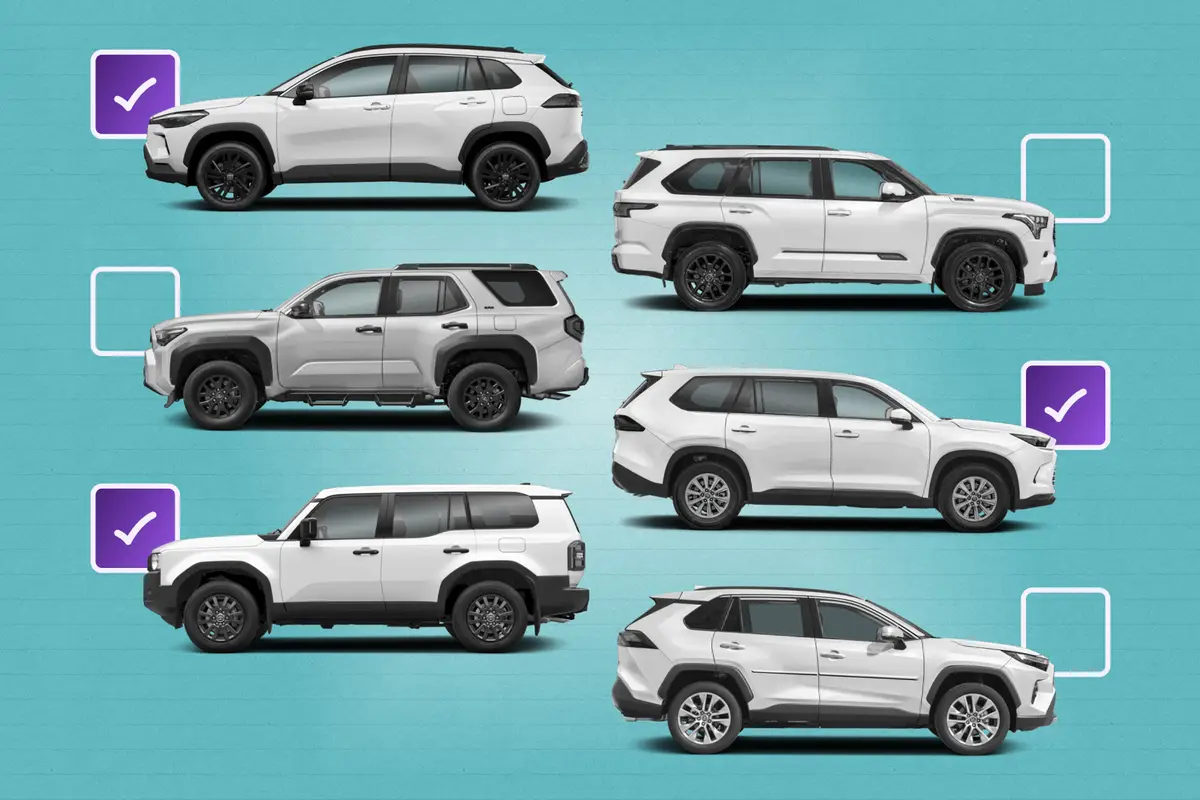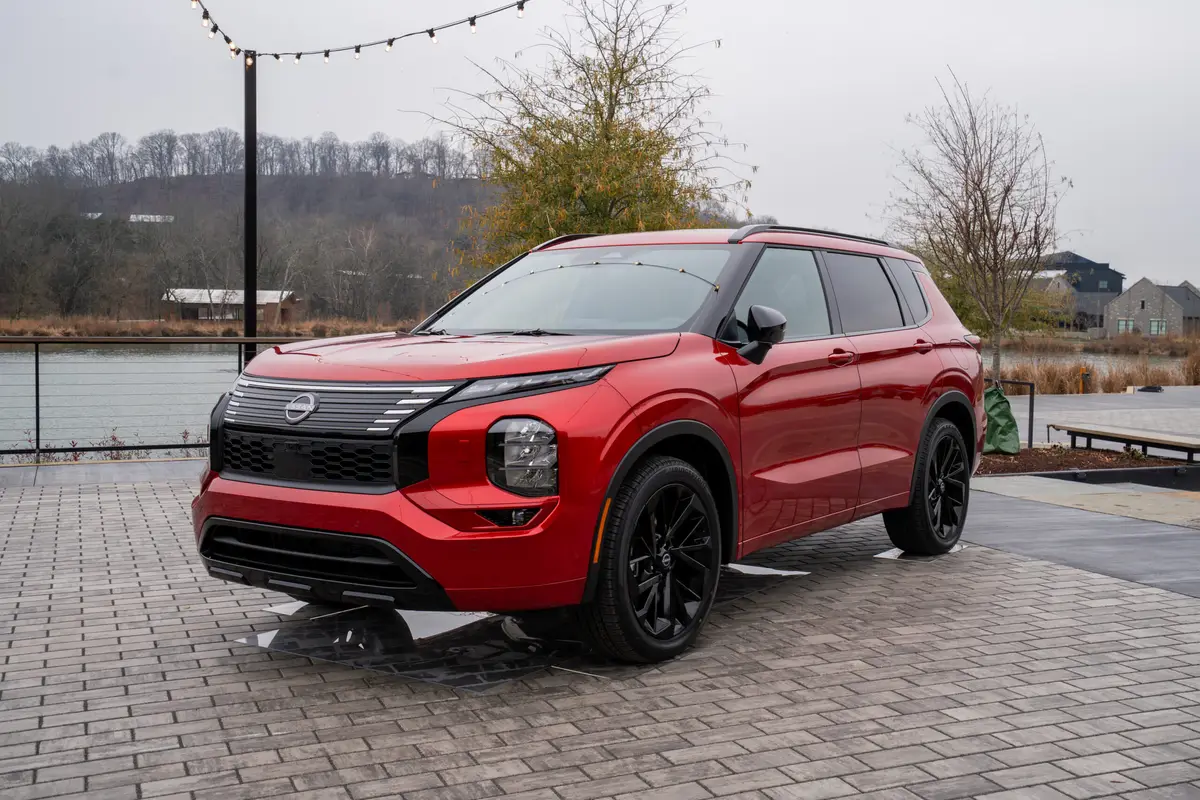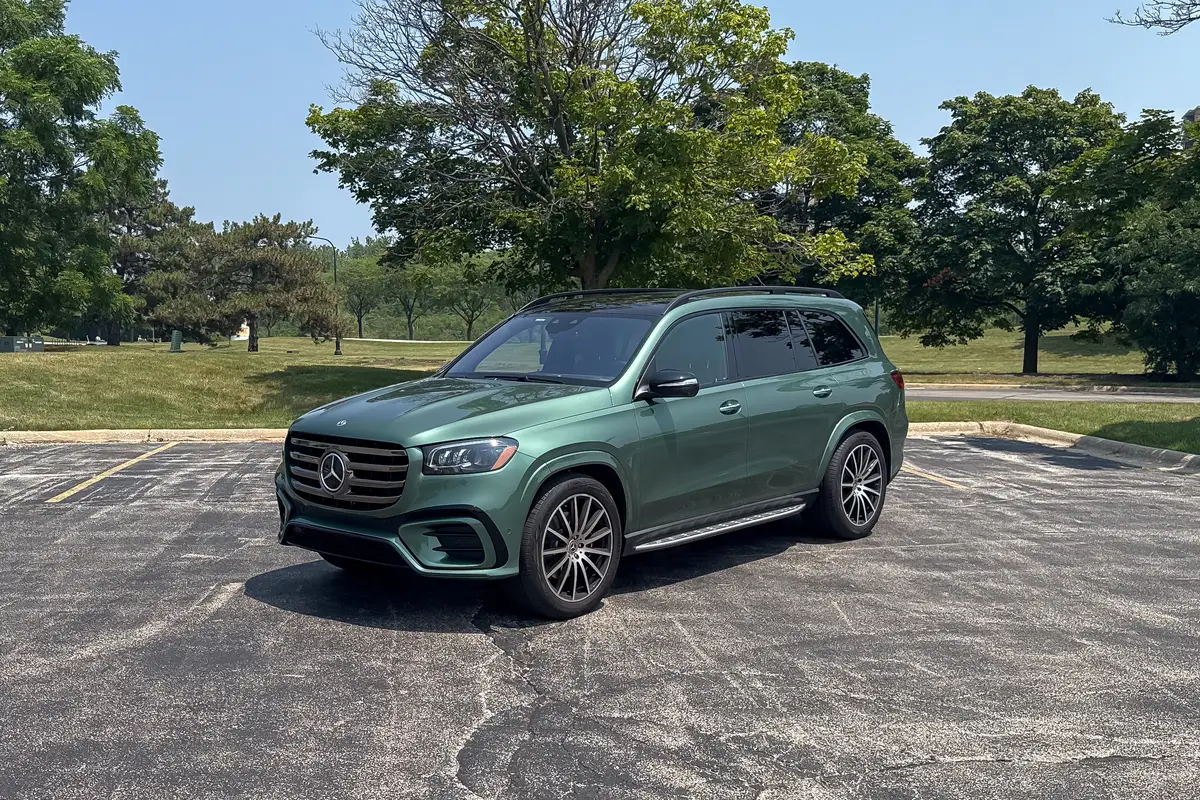What’s the Best Compact SUV for 2025?

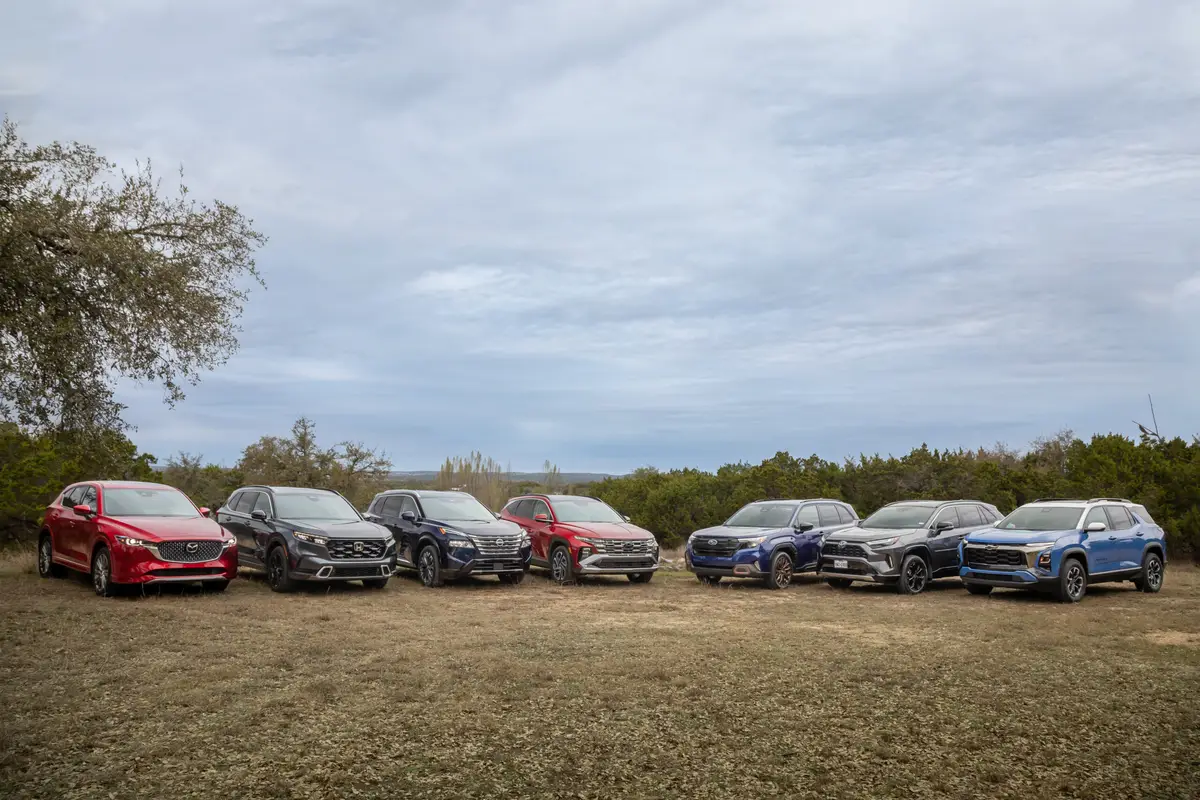
If you’re shopping for a new car, chances are you’re considering one or more of the seven compact SUVs in this comparison test; taken together, roughly 1 in 10 new vehicles sold in 2024 was one of these nameplates, helping make the compact SUV one of the most popular vehicle types in the U.S.
2025 Compact SUV Challenge
Results | Winner | Real-World MPG | Cargo Space
And it’s no wonder given these vehicles’ combination of space, utility, capability and technology. With all they offer, a compact SUV can meet the needs of everyone from solo buyers to small families to empty nesters.
When we last held a comparison test of compact SUVs in 2023, we evaluated gas-only models. However, given the increasing interest in hybrid powertrains, we opened up this test to both gas-only vehicles and gas-electric hybrids, and we ended up with three hybrids and four gas-only SUVs, all with all-wheel drive.
Related Video:
Our judges for this comparison test were Detroit Bureau Chief Aaron Bragman, Road Test Editor Brian Normile and News Editor Stef Schrader. They drove each SUV back to back on the same drive loop to assess overall driving performance, comfort, usability, interior quality and more. We also took the SUVs on a roughly 250-mile drive route to see what kind of gas mileage they get in the real world, measured cargo space behind the backseat, assessed child-safety seat fitment, and scored safety features and value for the money. Here’s how they finished once all the category scores were added together:
1. 2025 Nissan Rogue Platinum
2. 2025 Honda CR-V hybrid Sport Touring
3. 2025 Hyundai Tucson Hybrid Limited
4. 2025 Mazda CX-5 2.5 Turbo Signature
5. 2025 Subaru Forester Sport
6. 2025 Chevrolet Equinox Activ
7. 2024 Toyota RAV4 Hybrid XSE
All of the SUVs were provided by their respective automakers except for the RAV4 Hybrid. We invited Toyota to participate, but the automaker said it wouldn’t be able to send us a vehicle for our test. We knew the RAV4 was too popular to leave out — Toyota sold more than 475,000 of them in 2024 — so we acquired a nearly new one on our own that was stock apart from tinted front side windows. It was a 2024 model in a field otherwise filled with 2025s, but the 2024 RAV4 Hybrid is mechanically the same as the 2025 model you’ll see at Toyota dealerships.
All of the categories in our test were worth a maximum of 30 points except for driver-assist tech (15 points), cargo volume (60), real-world fuel economy (60) and as-tested value (120), with the latter three worth more points to reflect their importance in this class. Each SUV’s subjective scores total was also doubled to give greater weight to our judges’ impressions in the overall tally. You can see how the SUVs performed in each category in the following chart, and for more details on where they excelled — and where they came up short — check out the vehicle-specific sections below.
7. 2024 Toyota RAV4 Hybrid XSE, 594 points (out of a possible 975)
Is the 2024 Toyota RAV4 Hybrid a Good Car?
- The RAV4 Hybrid’s lone standout area — fuel economy — is an important one, but the SUV underperformed in most of the other categories we scored. It’s a competent vehicle, but its drivetrain refinement and interior quality are a step behind the competition.
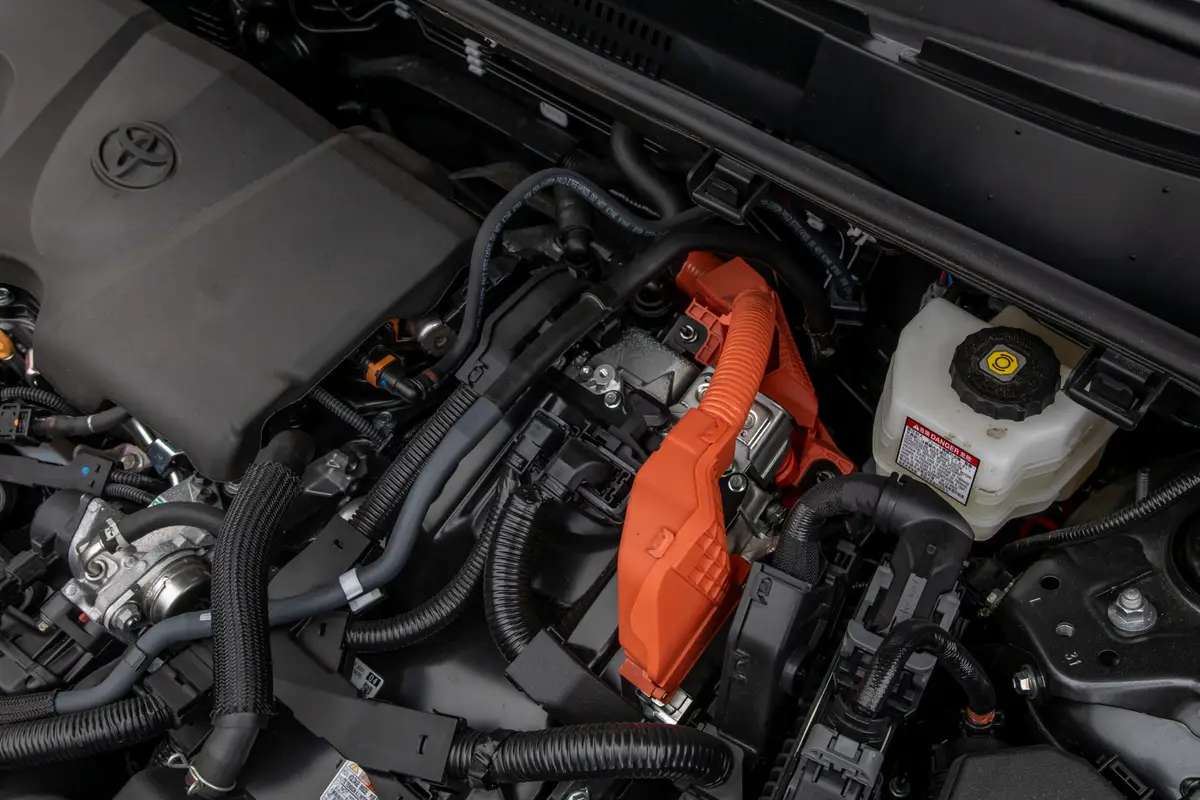
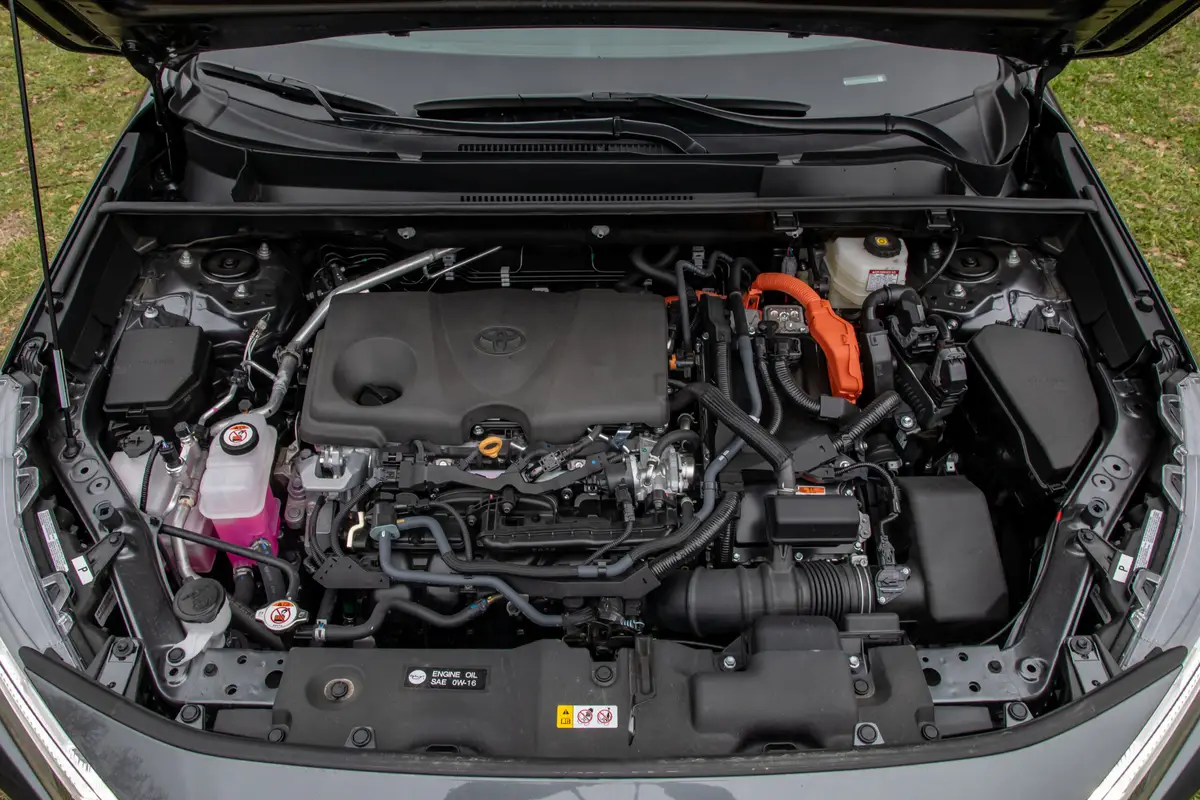
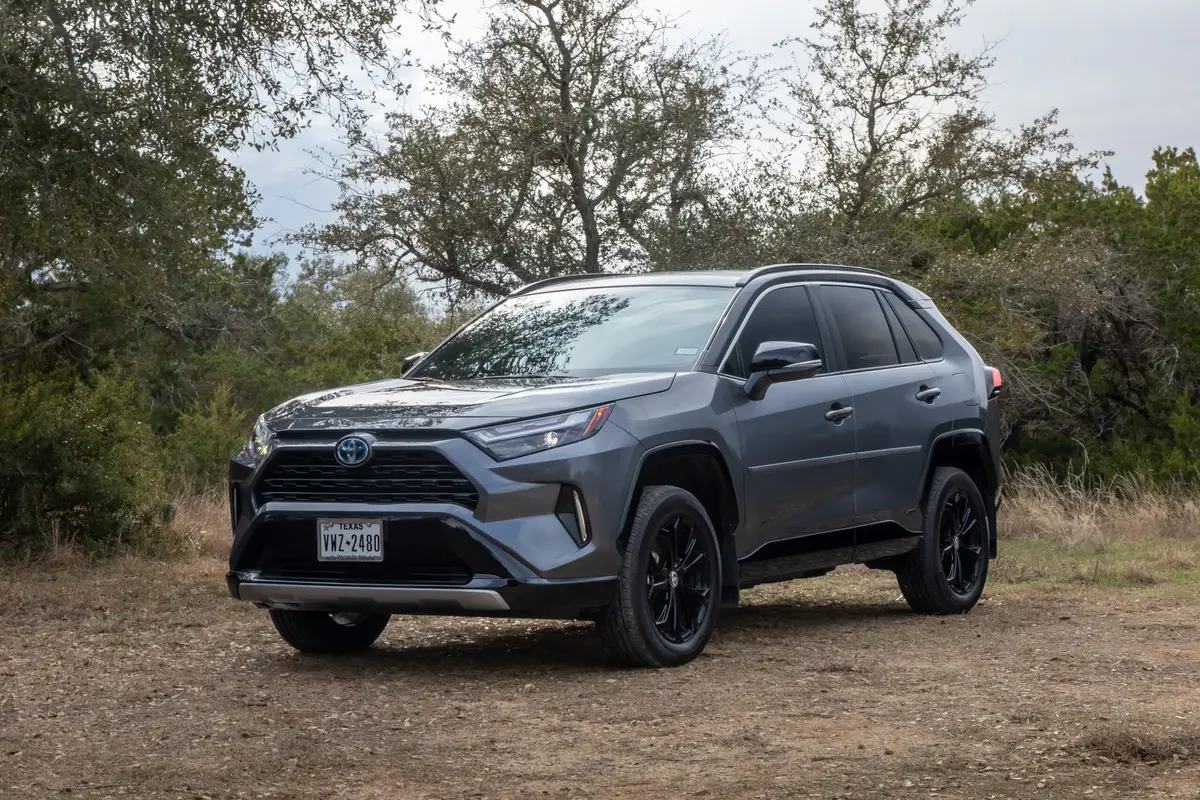
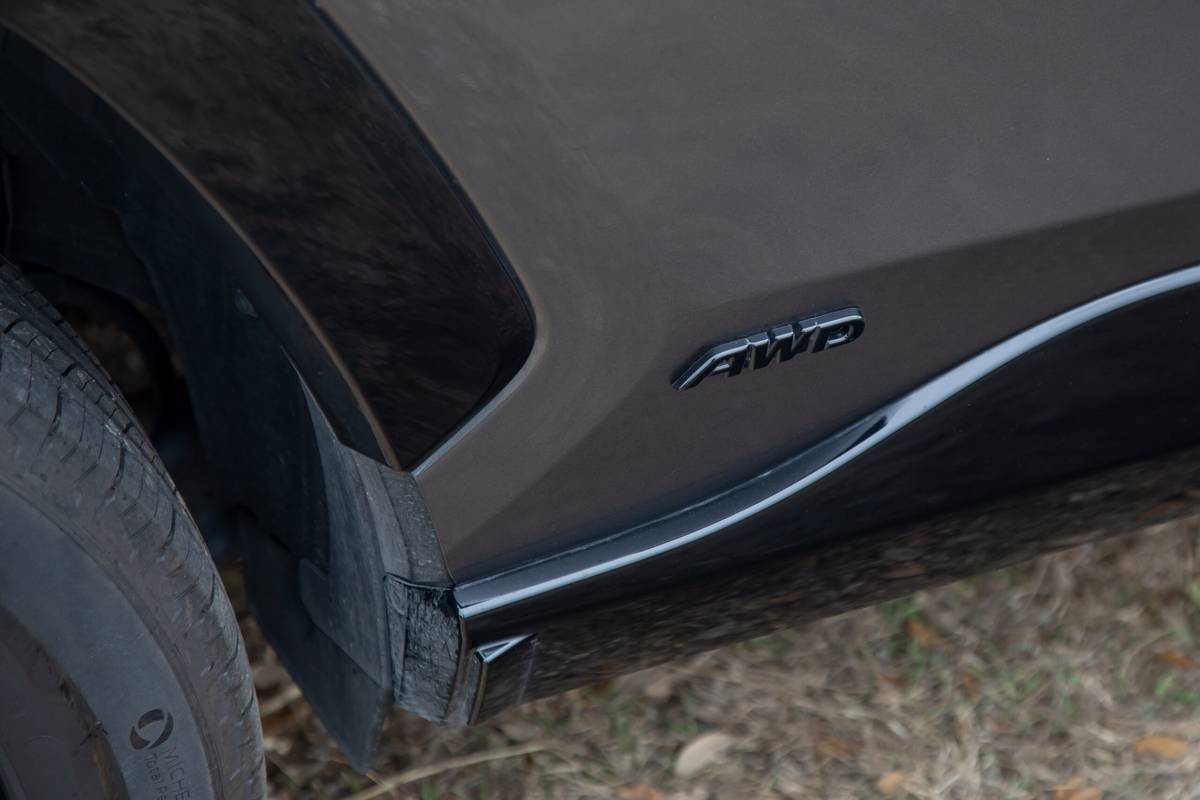
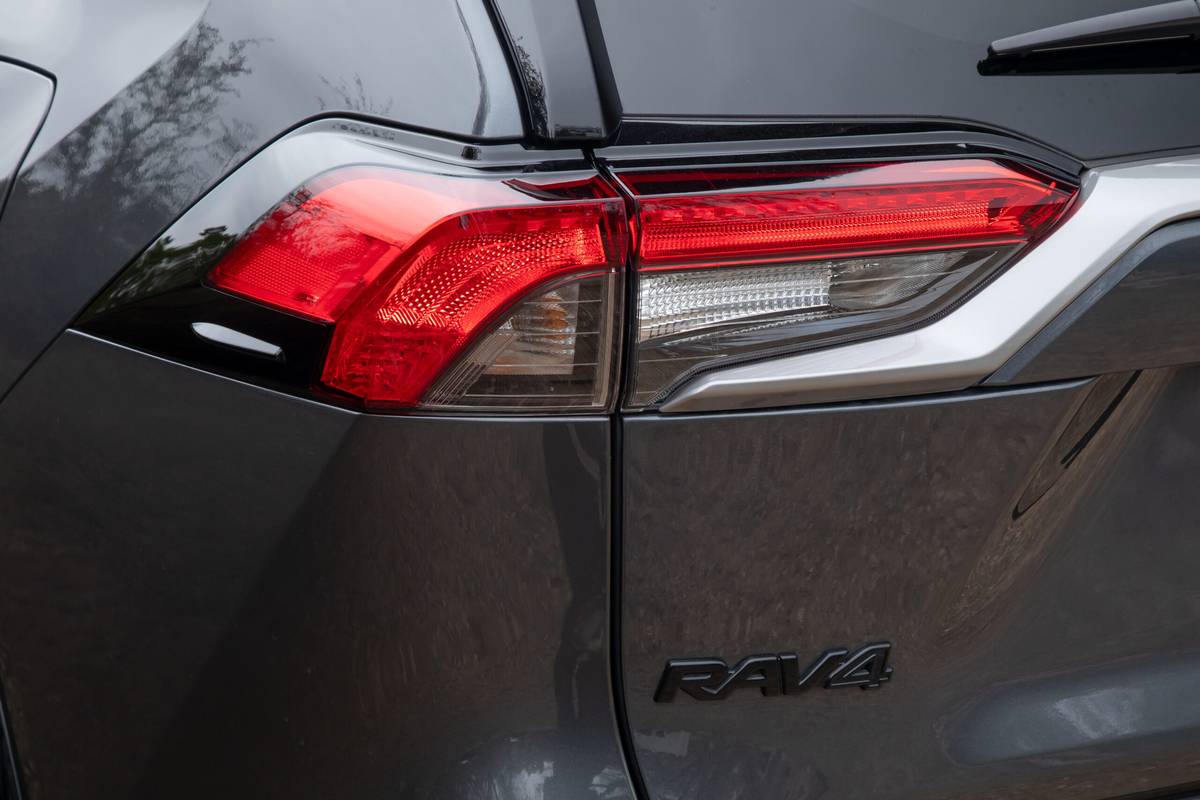
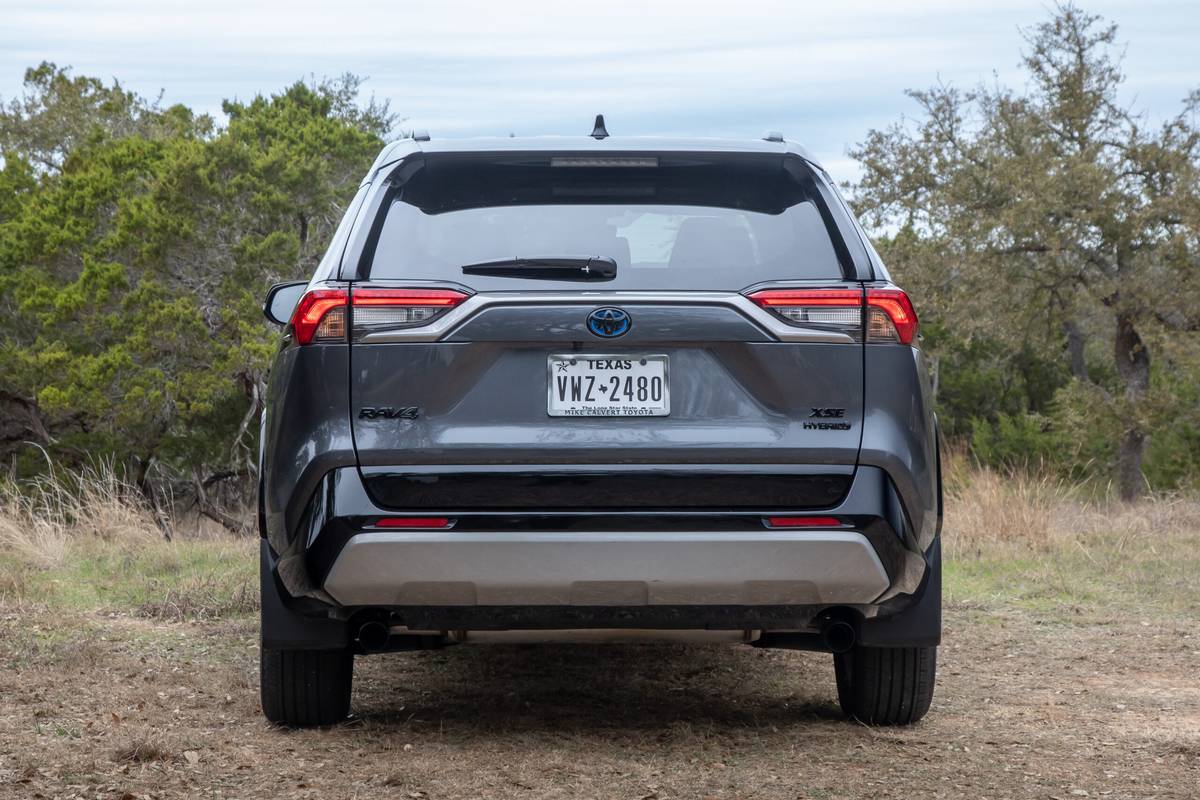
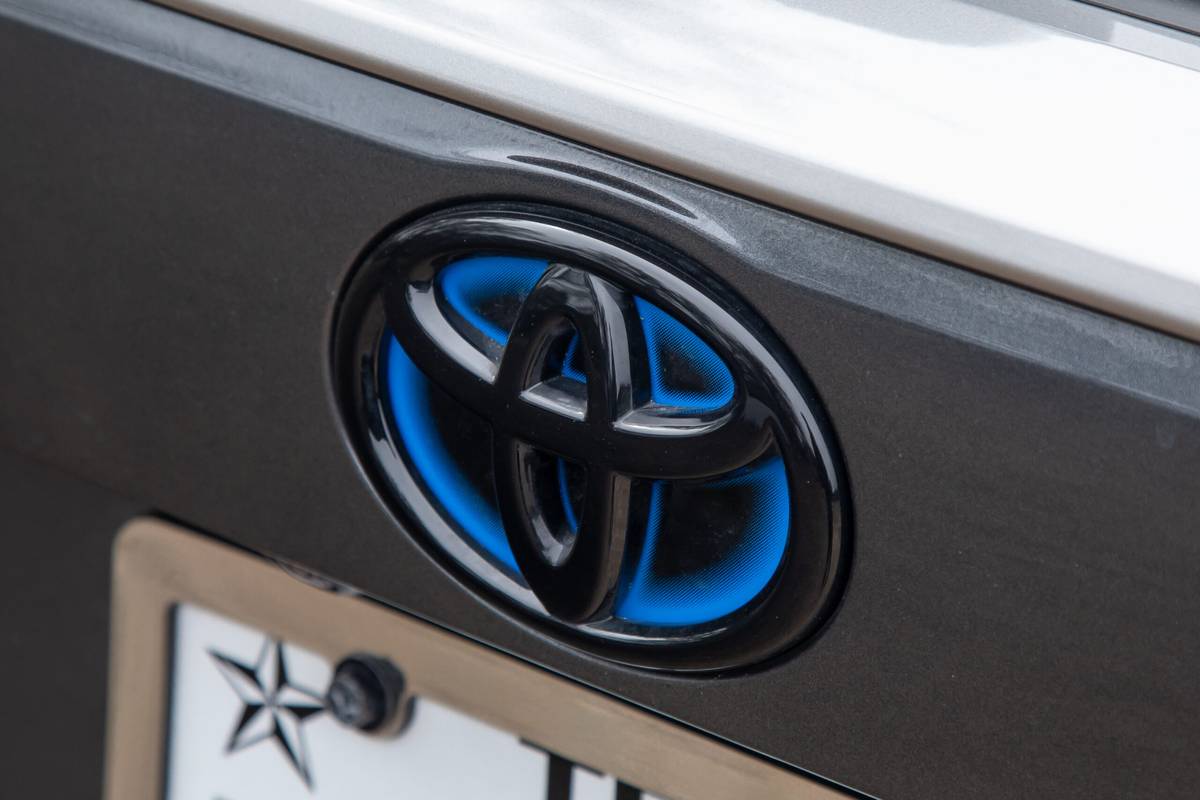
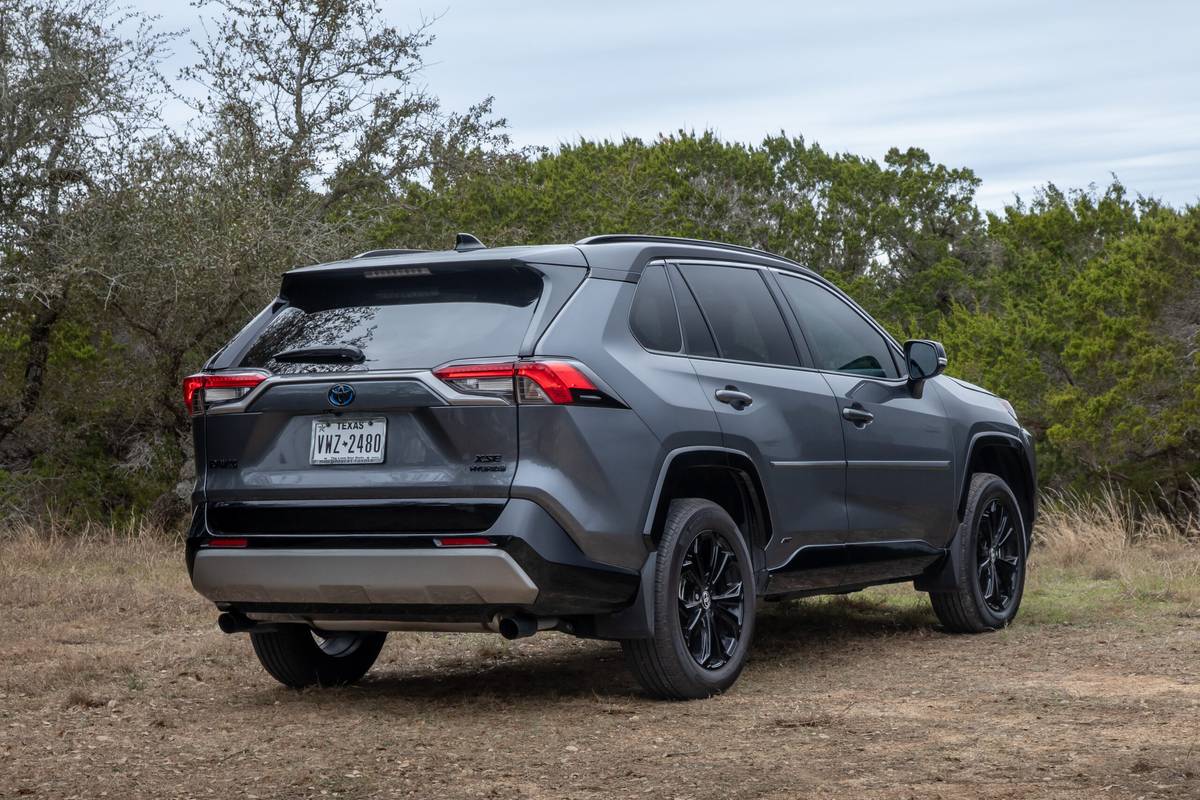
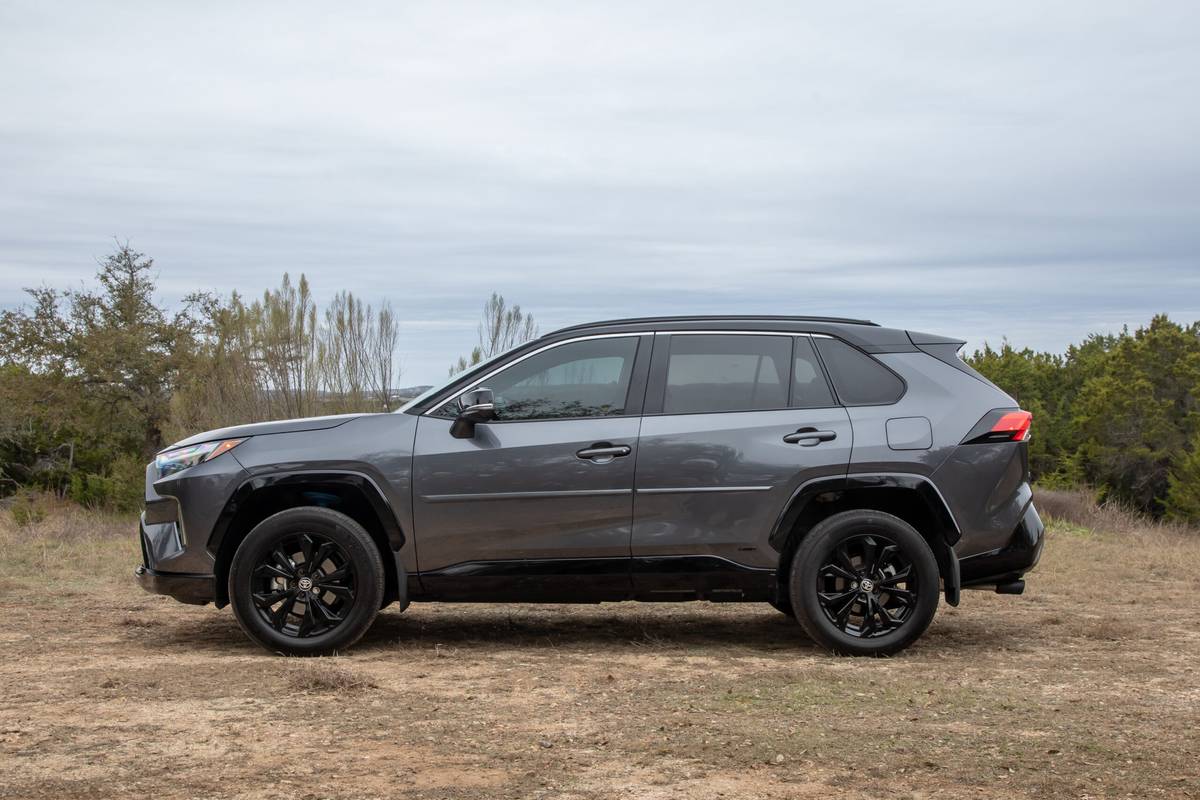
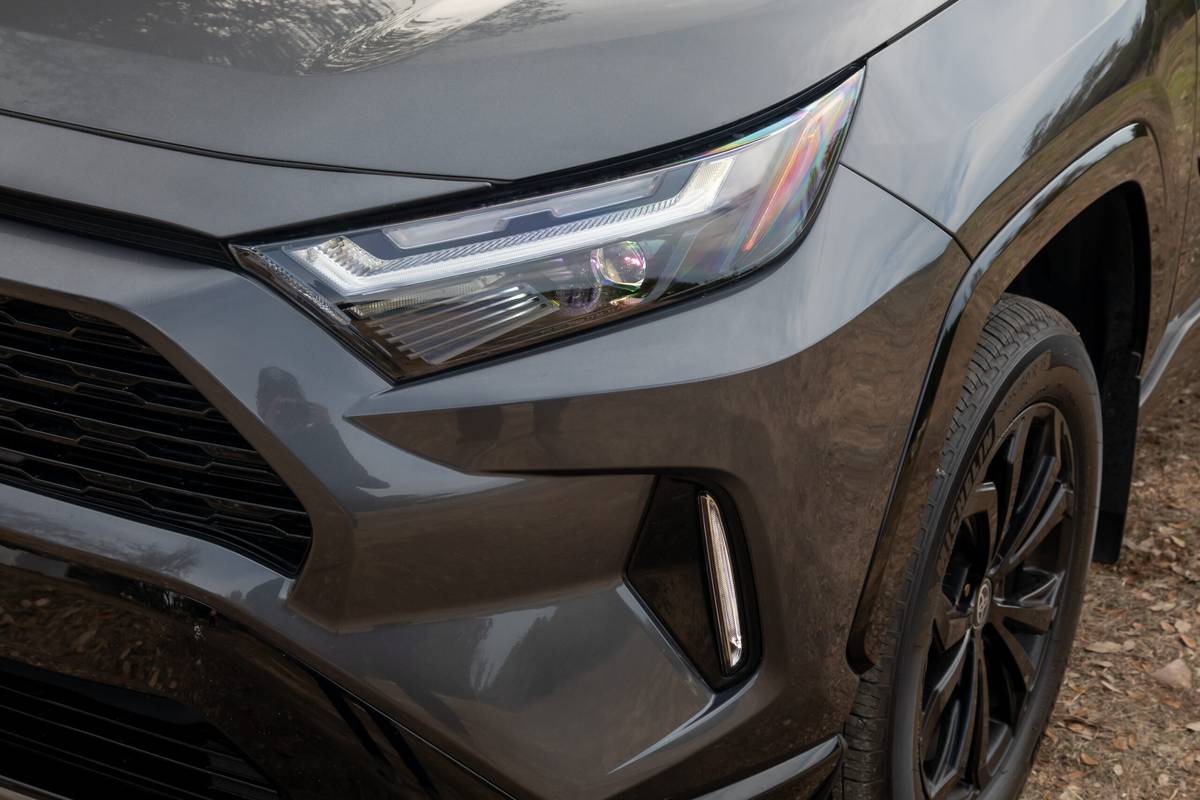
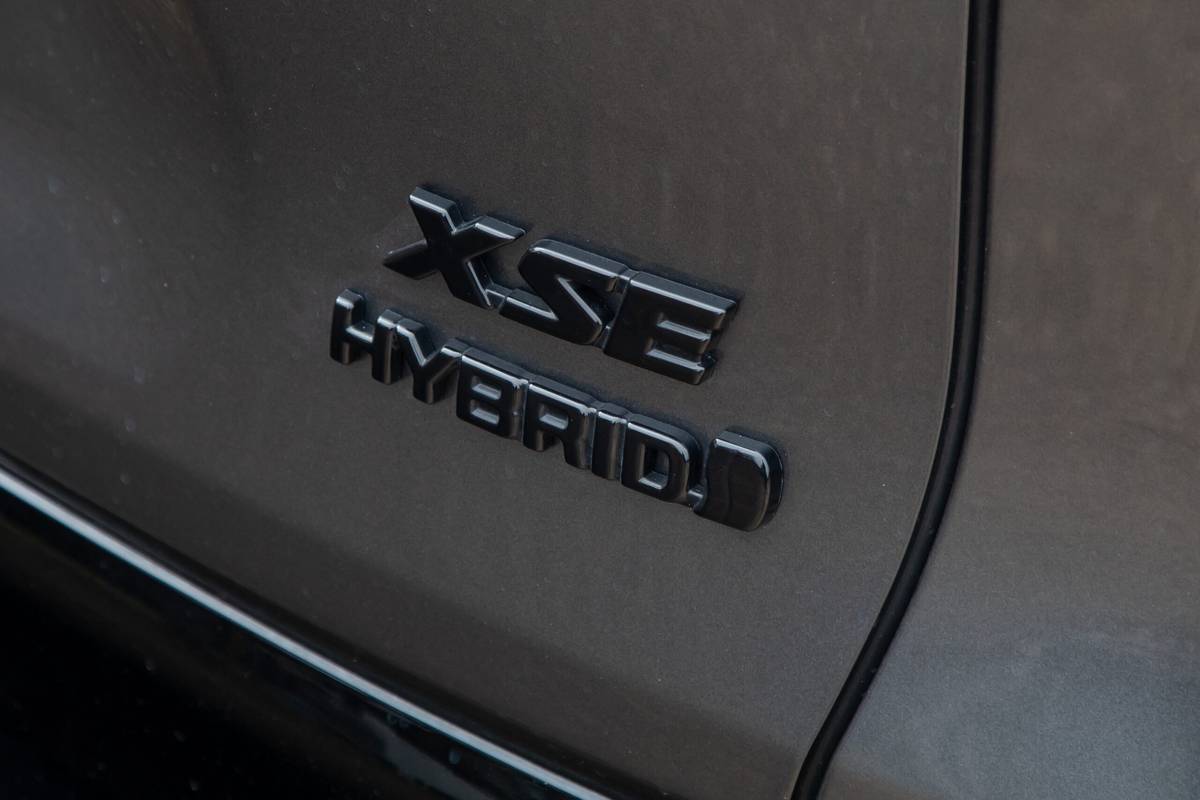
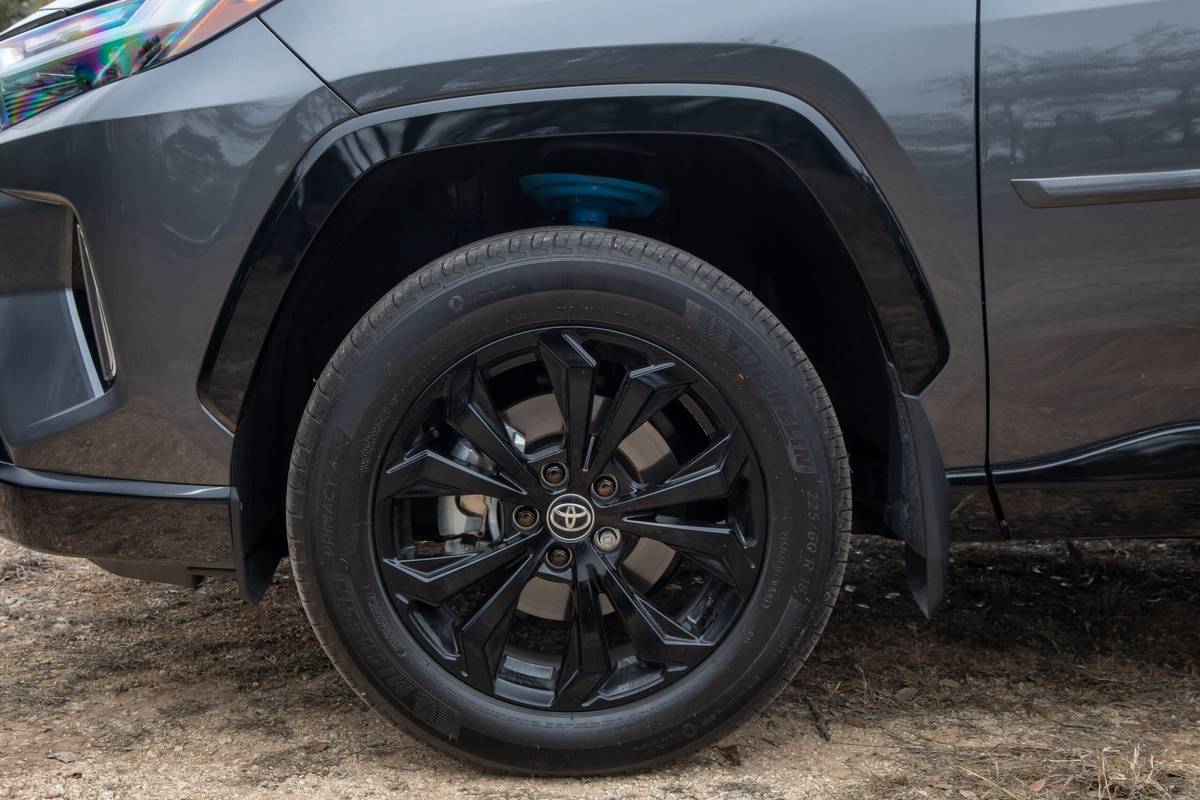
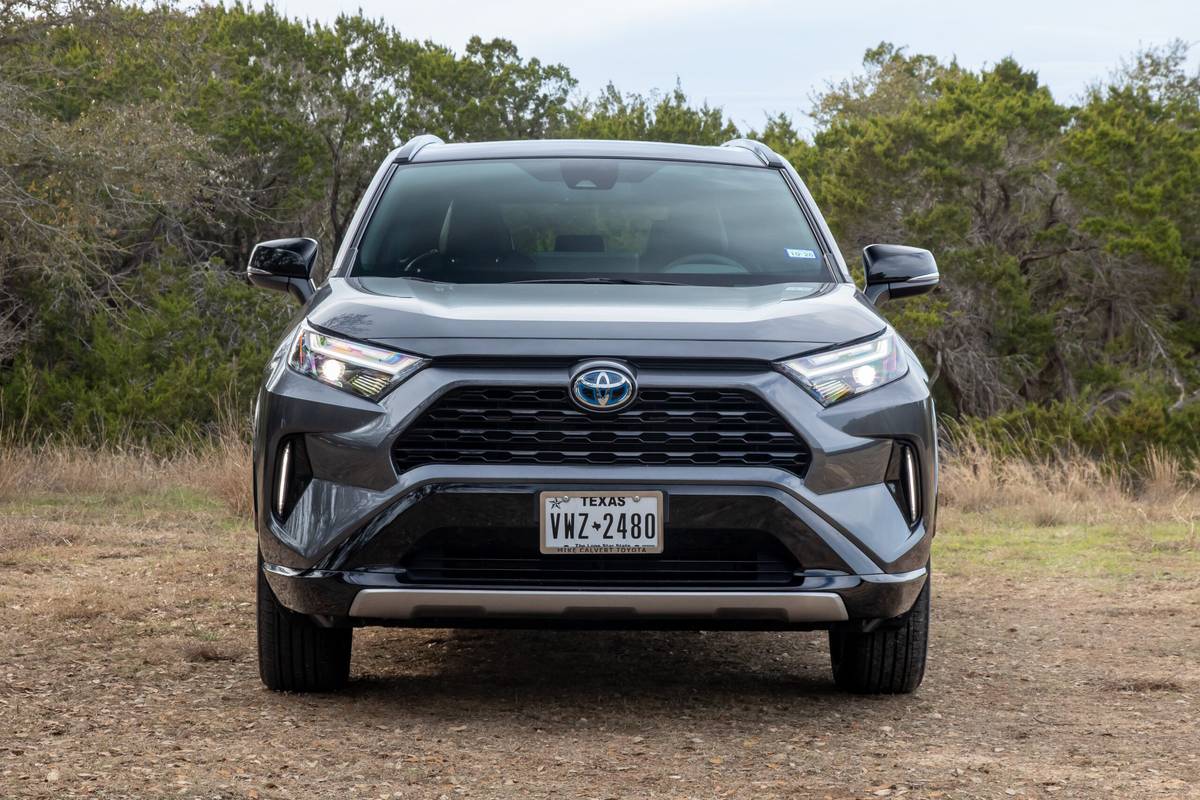
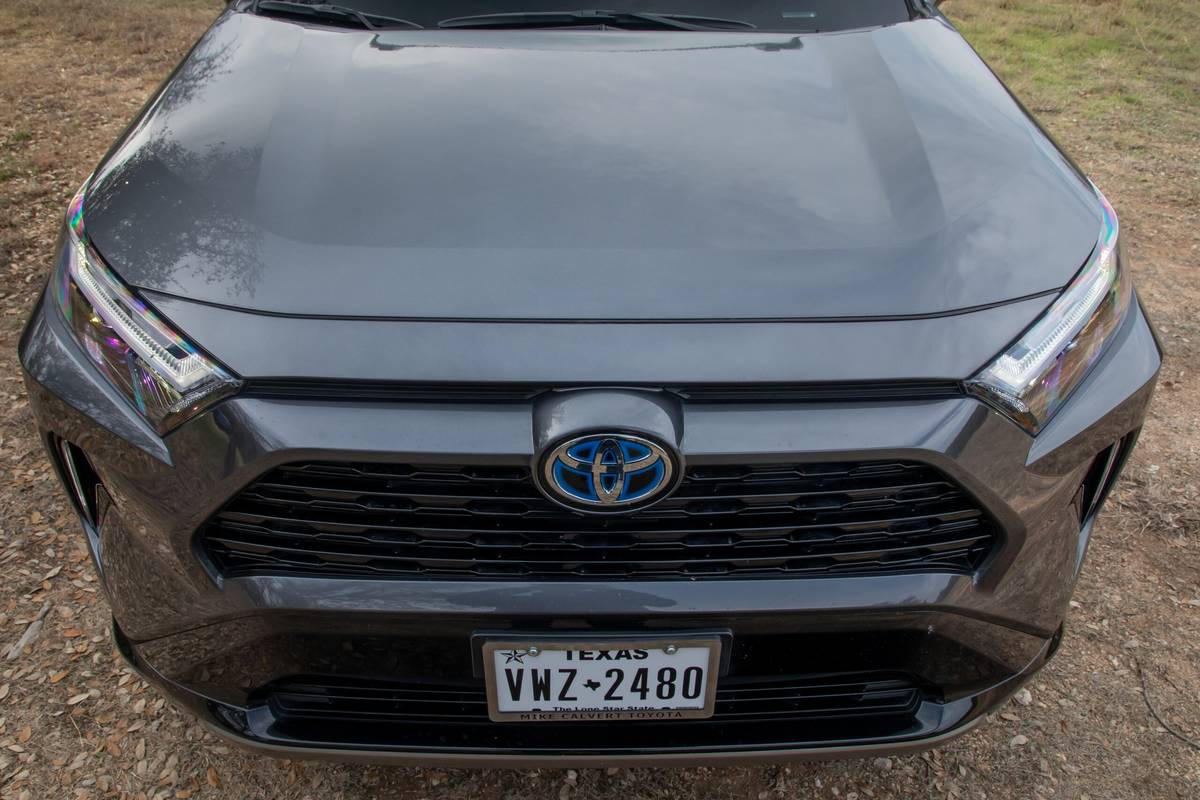
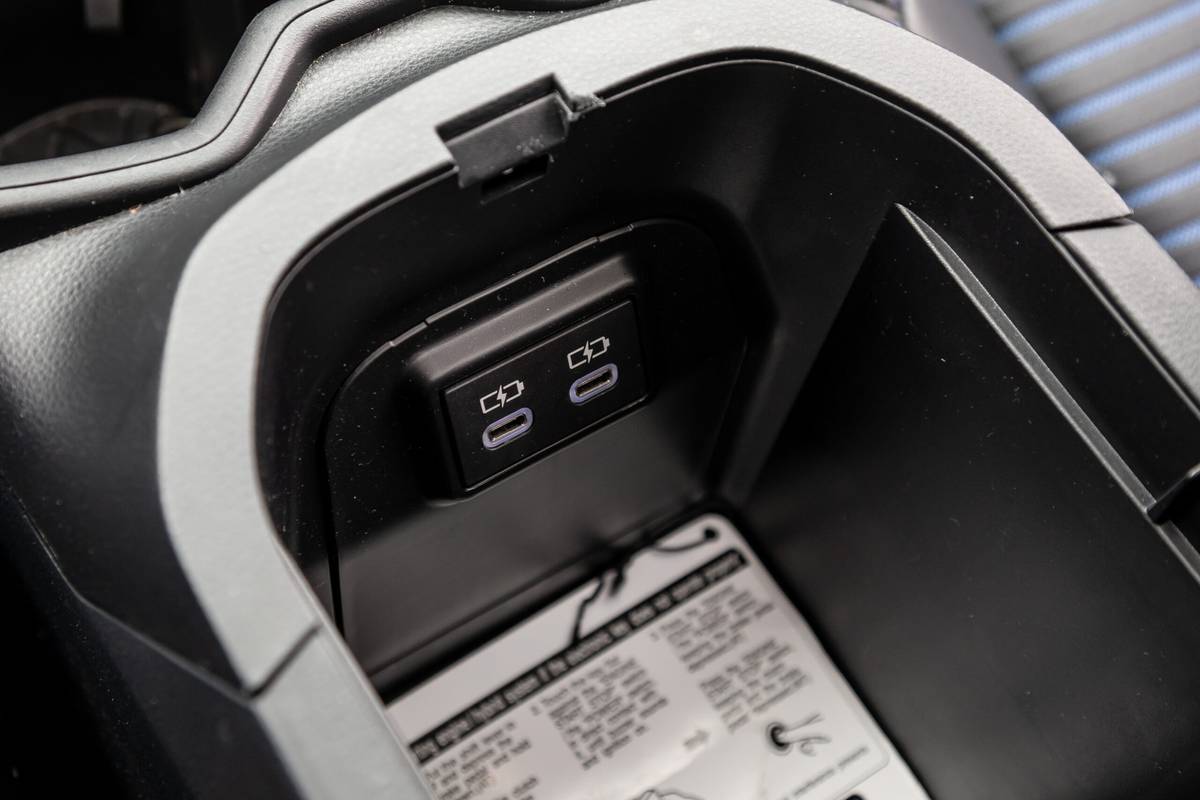
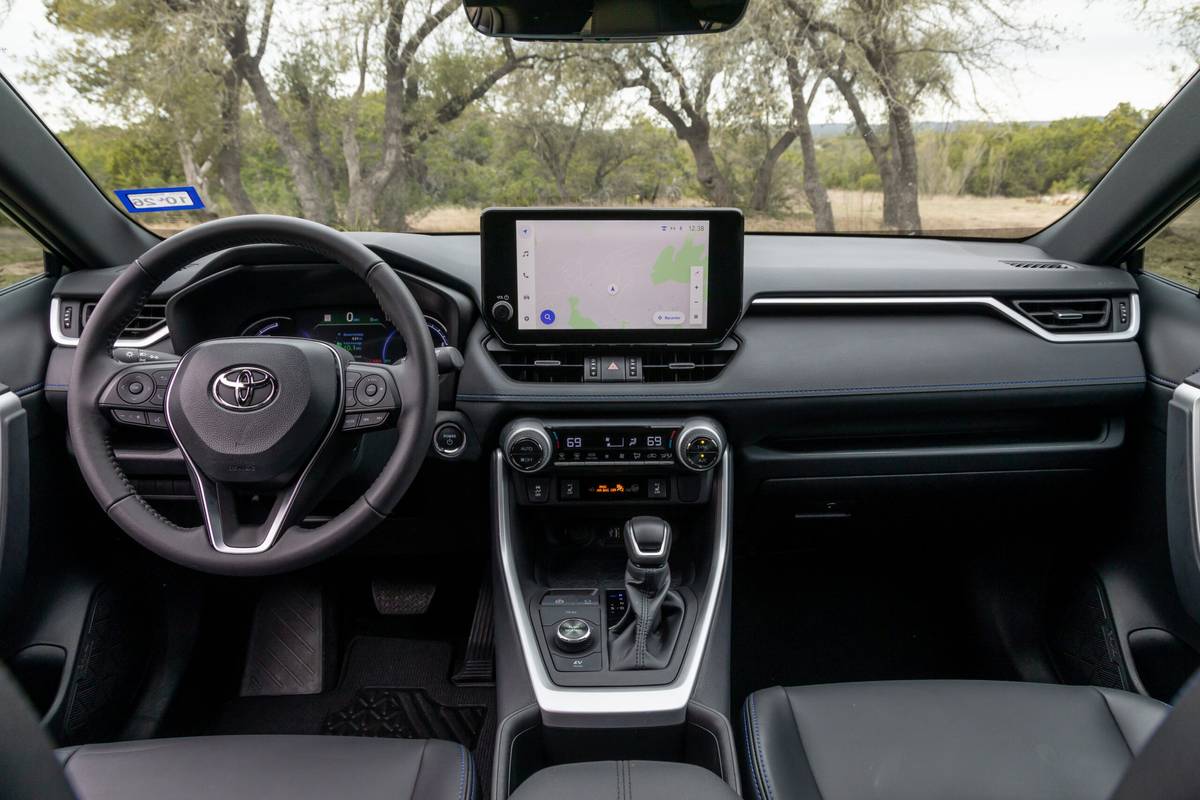
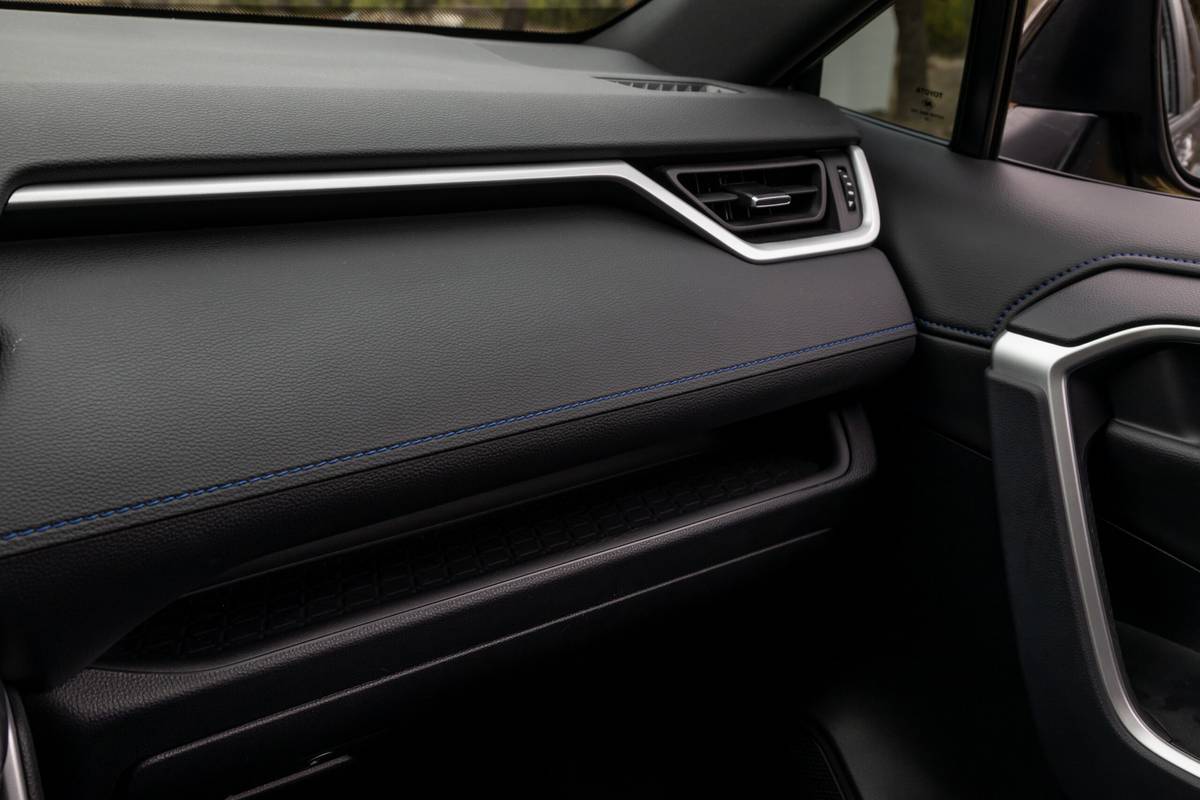
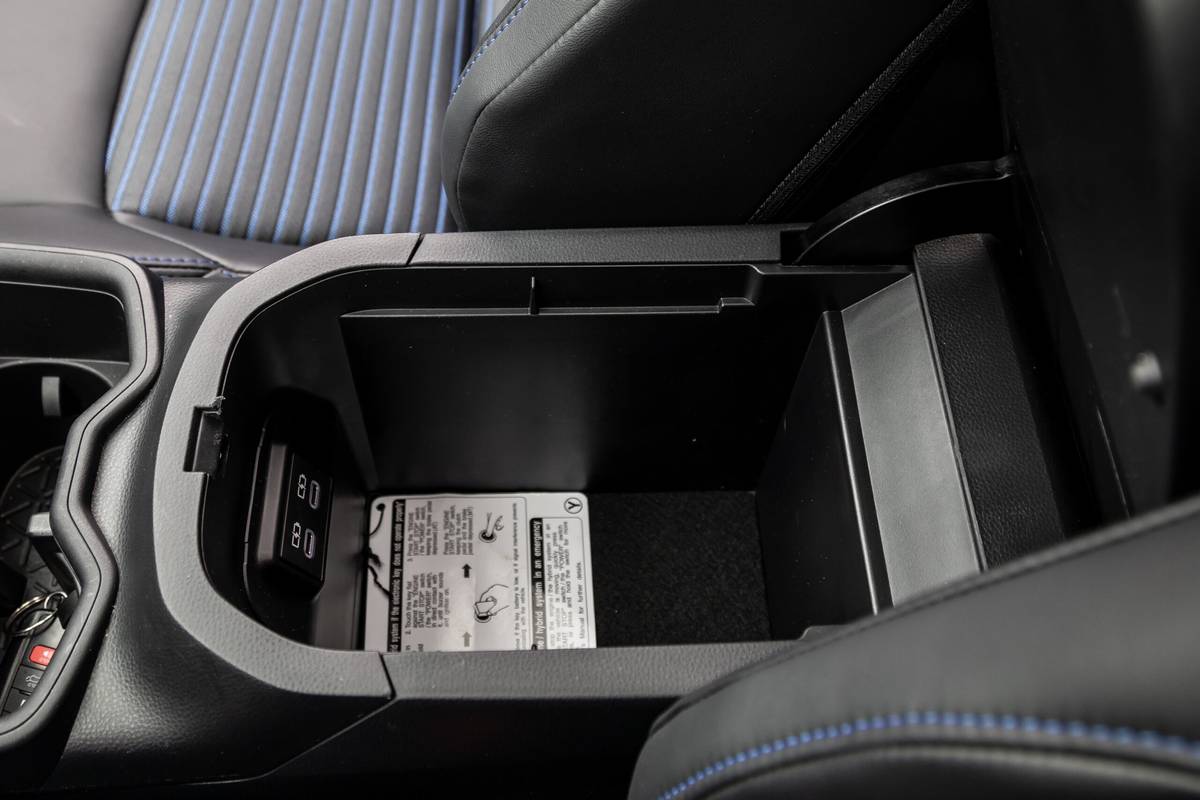
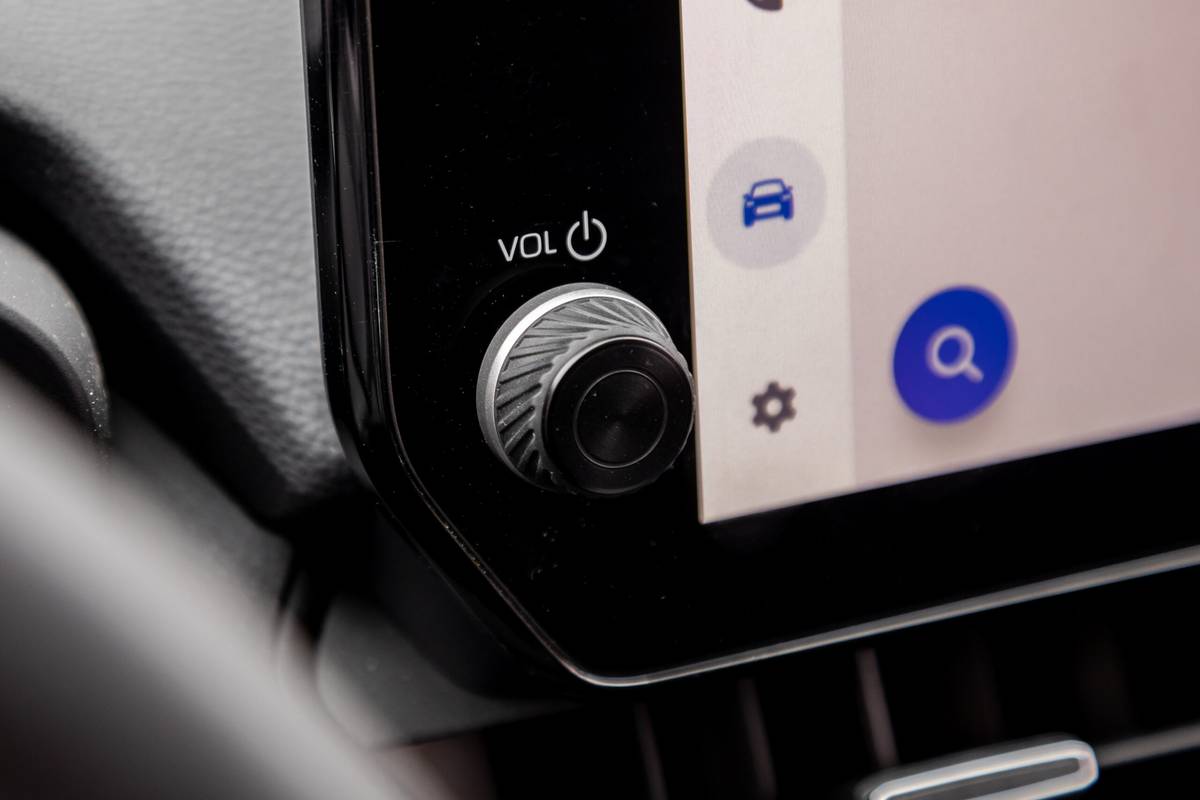
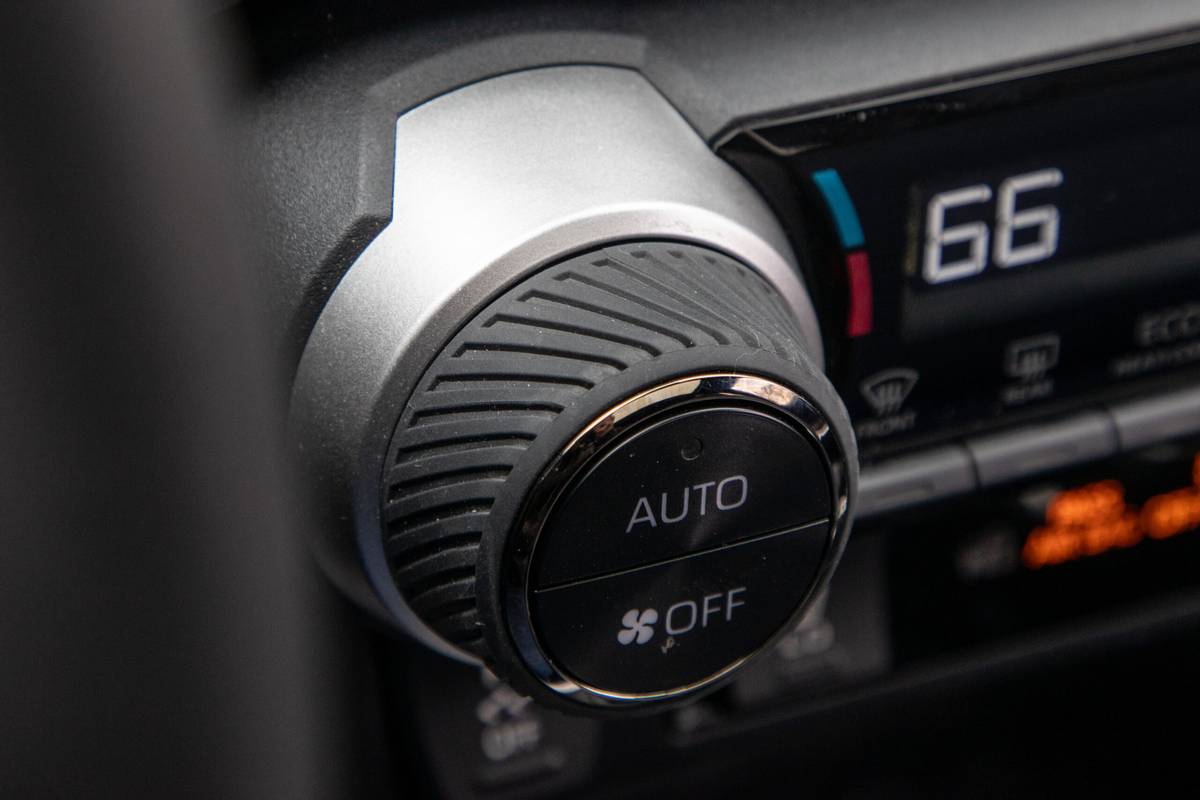
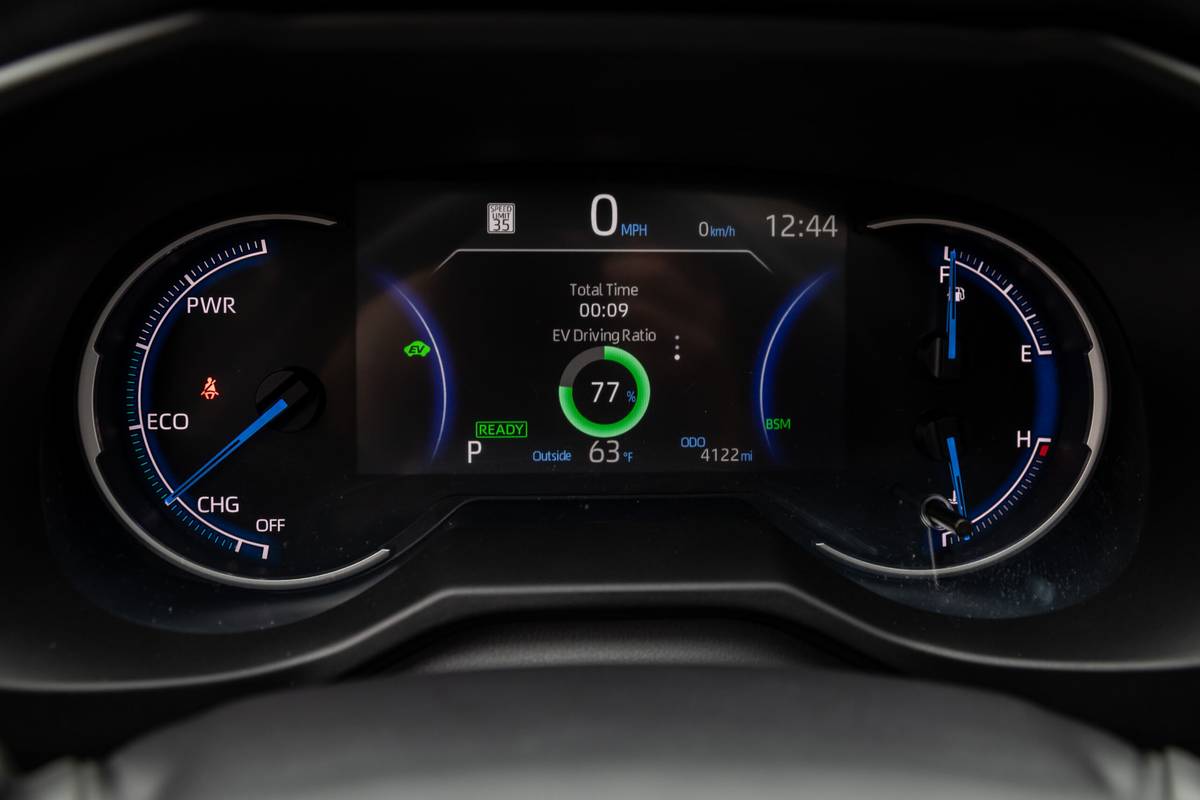
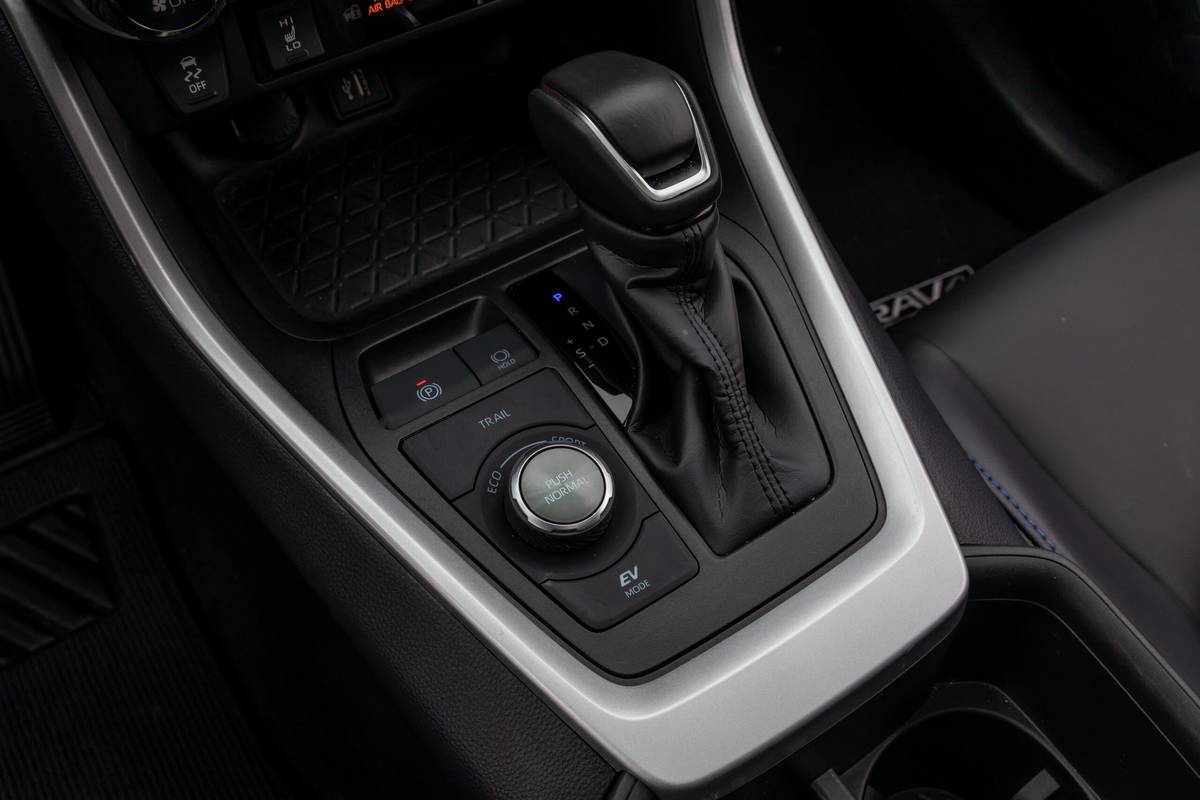
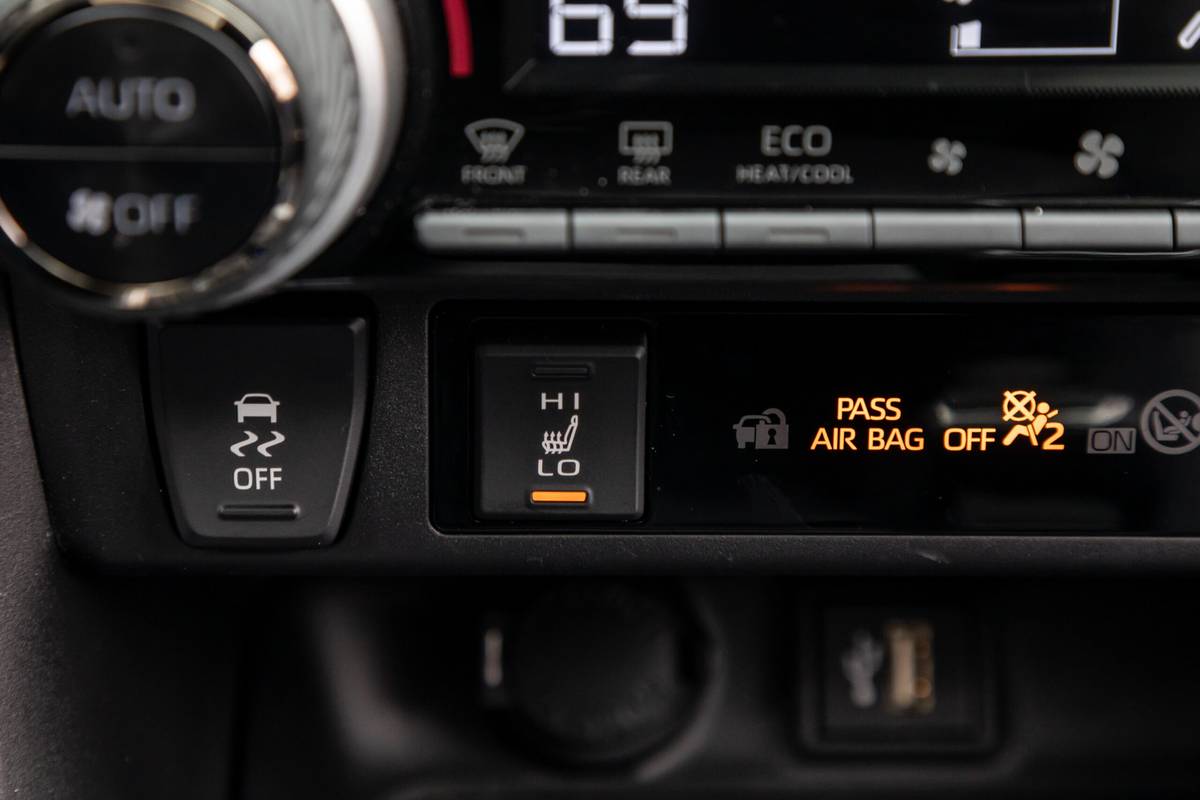
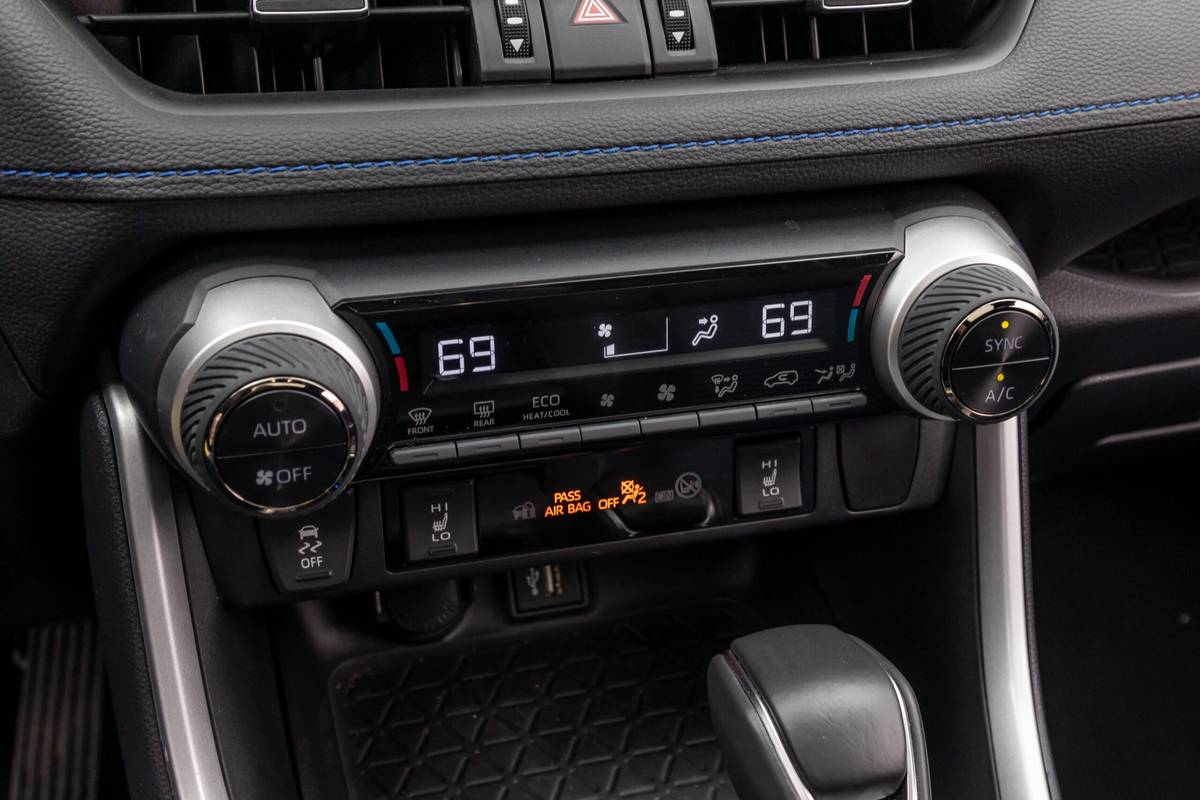
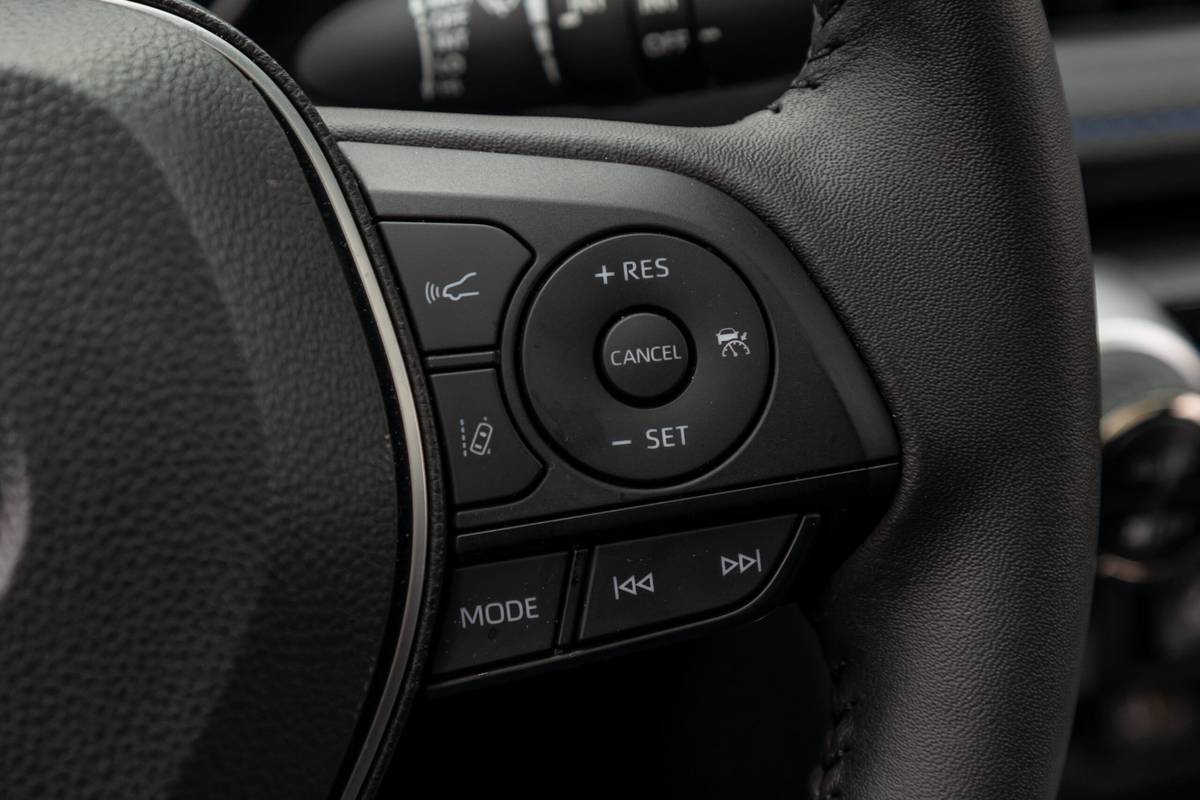
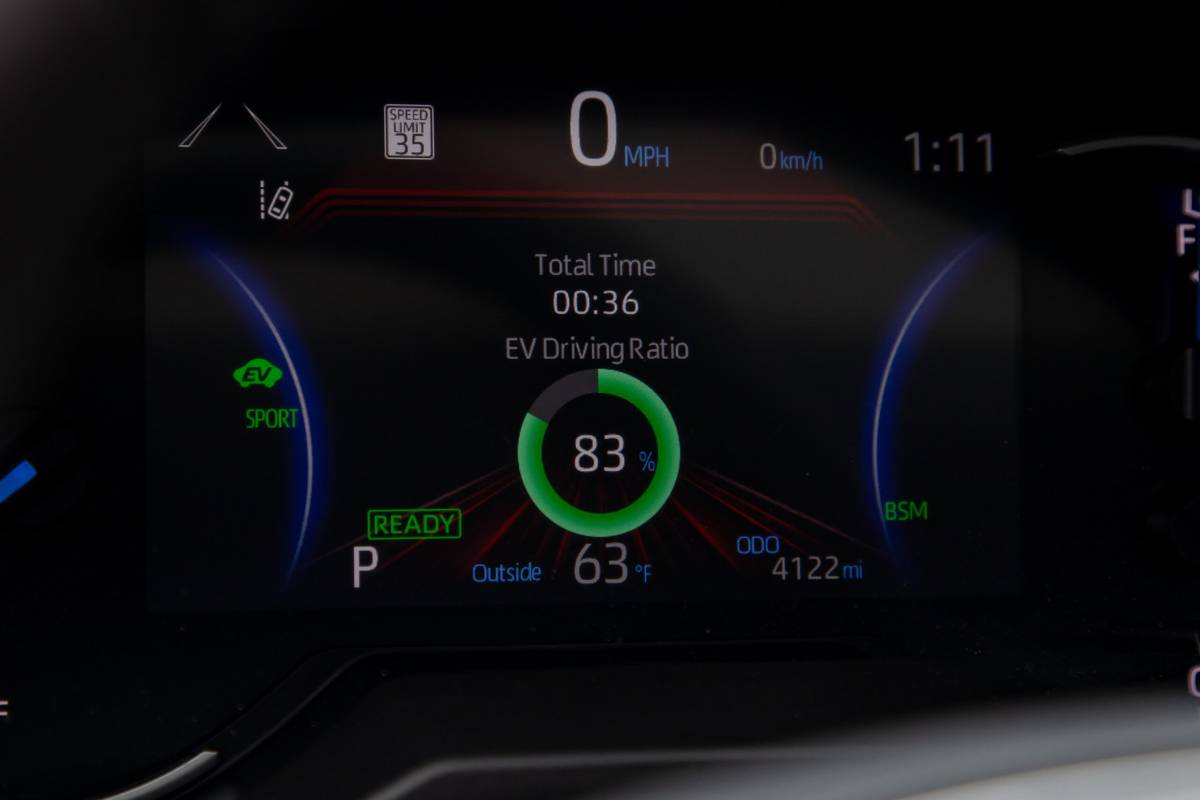
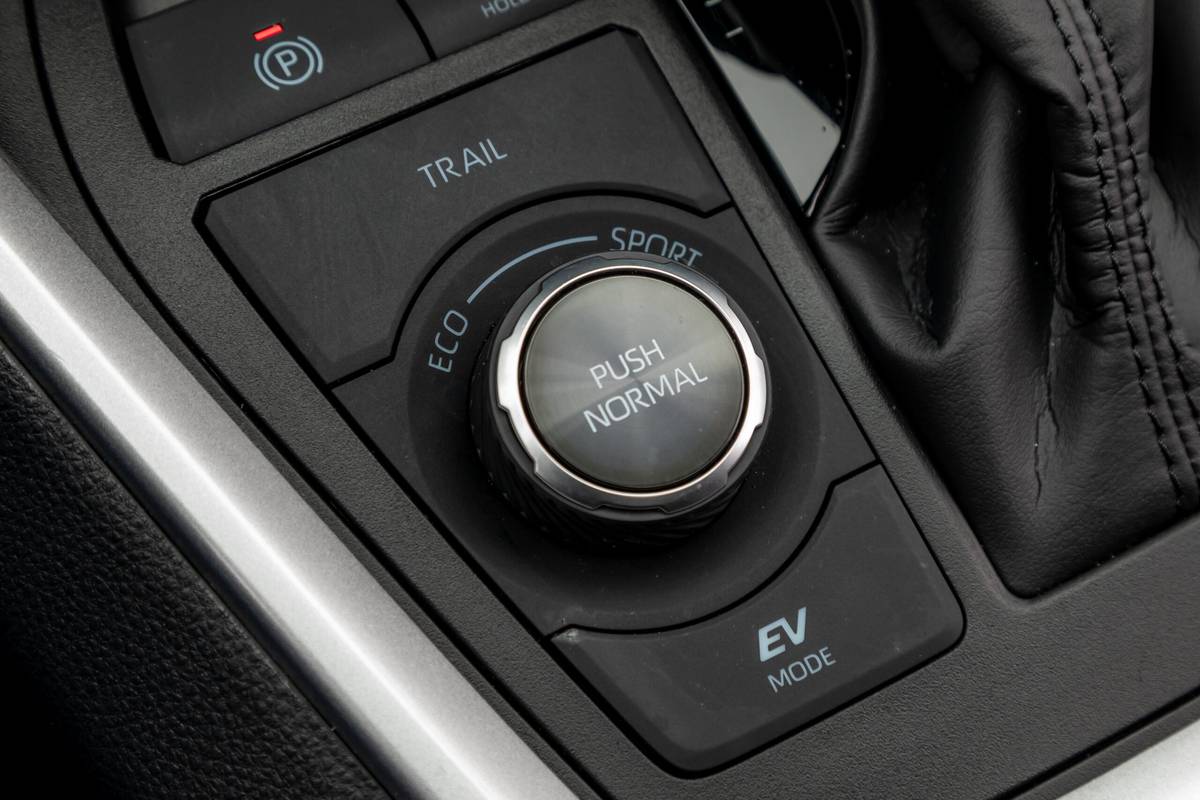
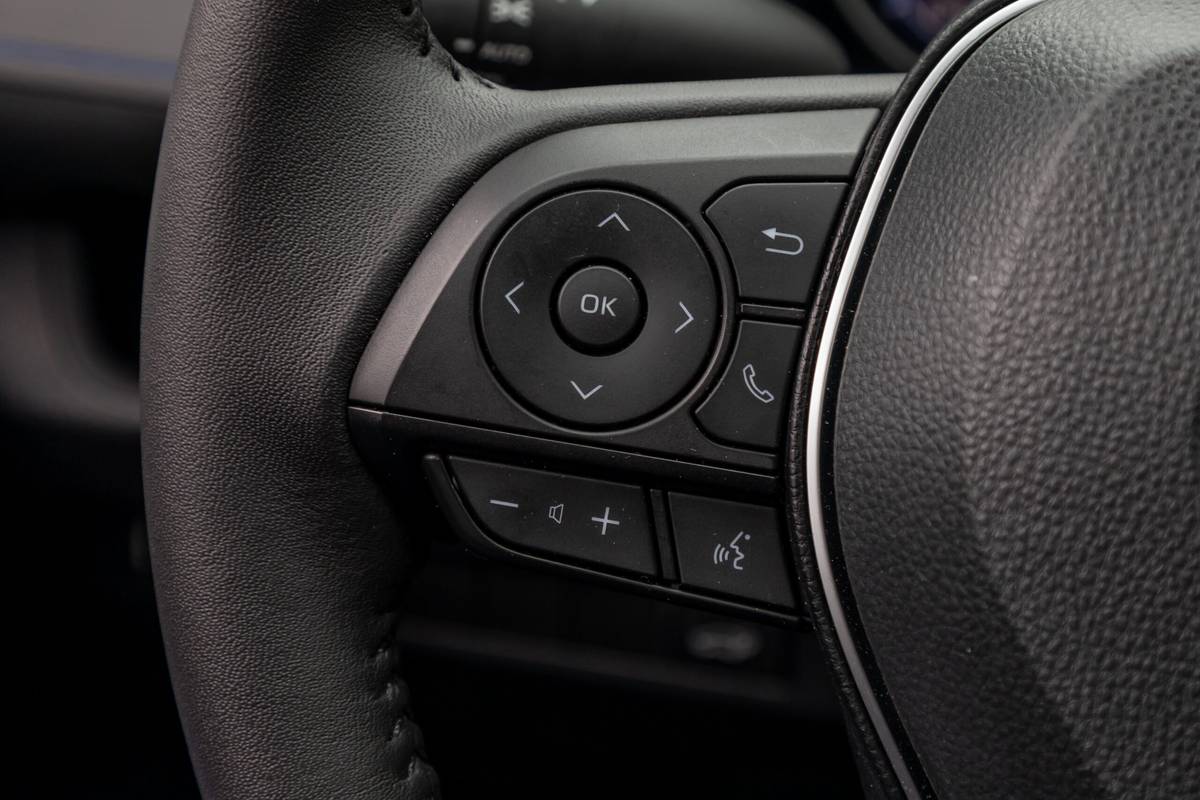
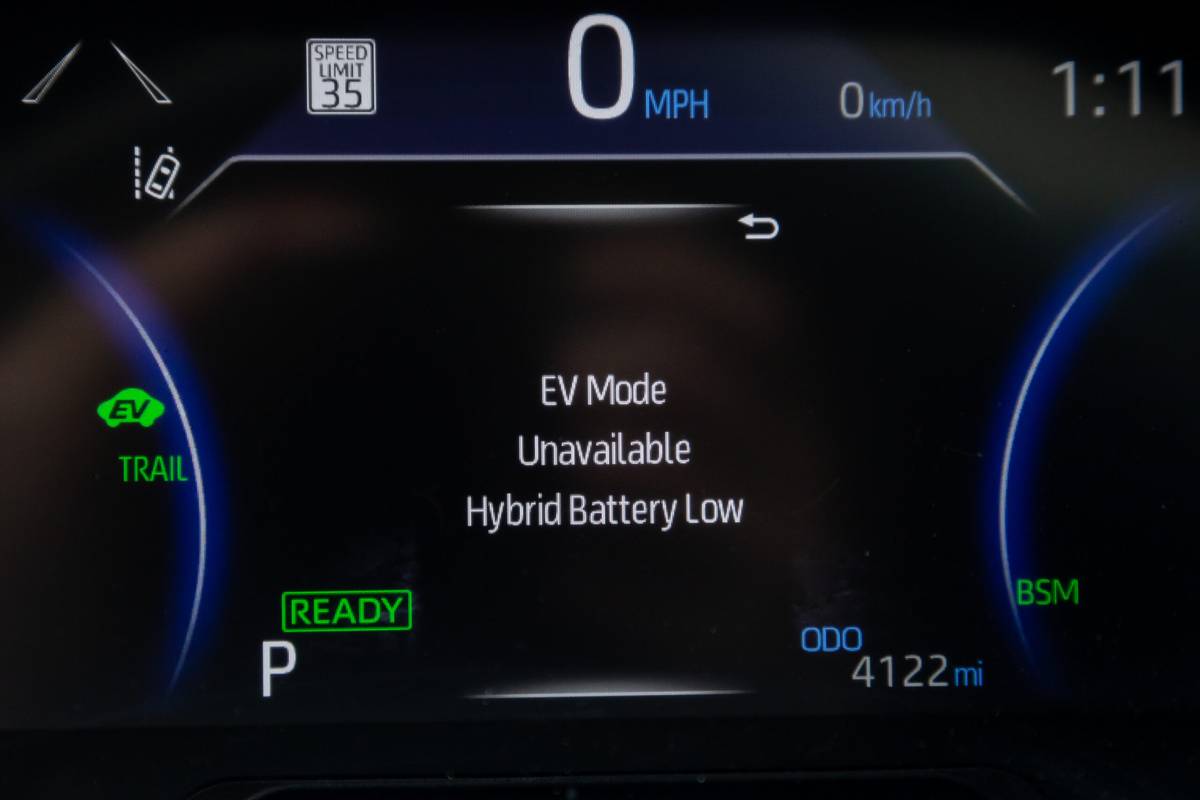
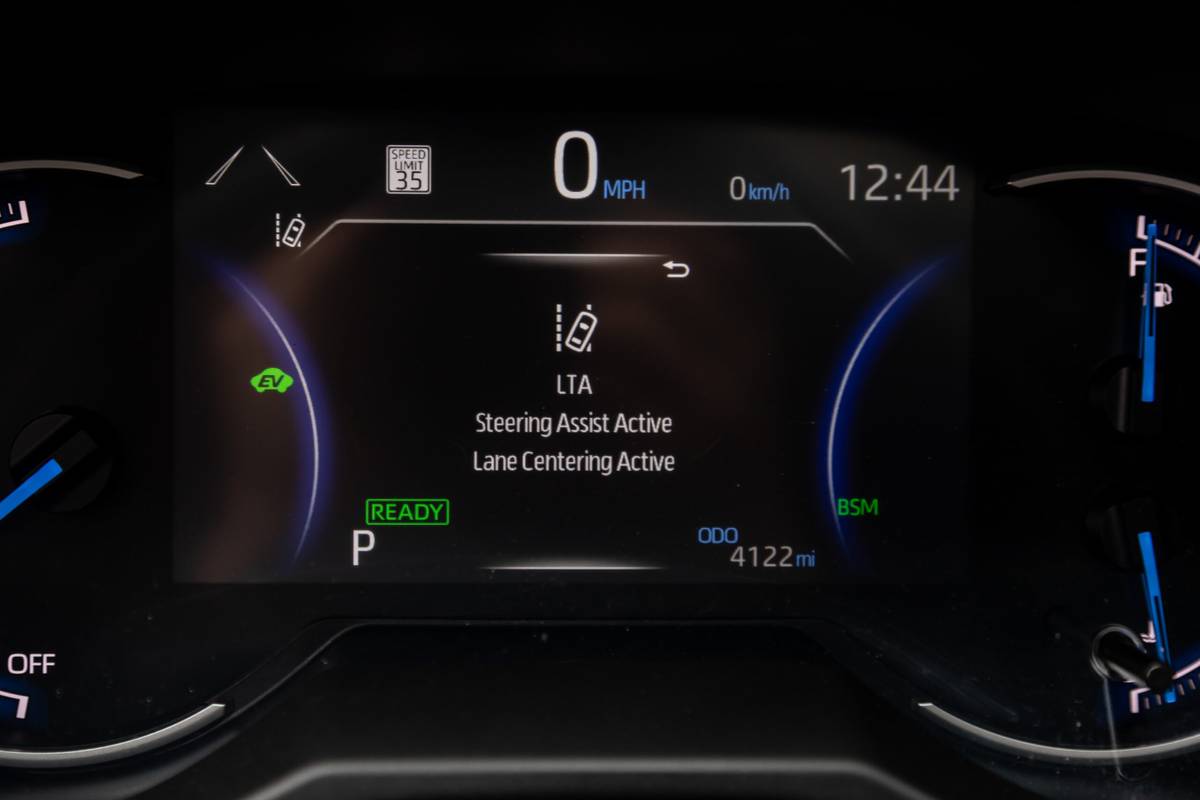
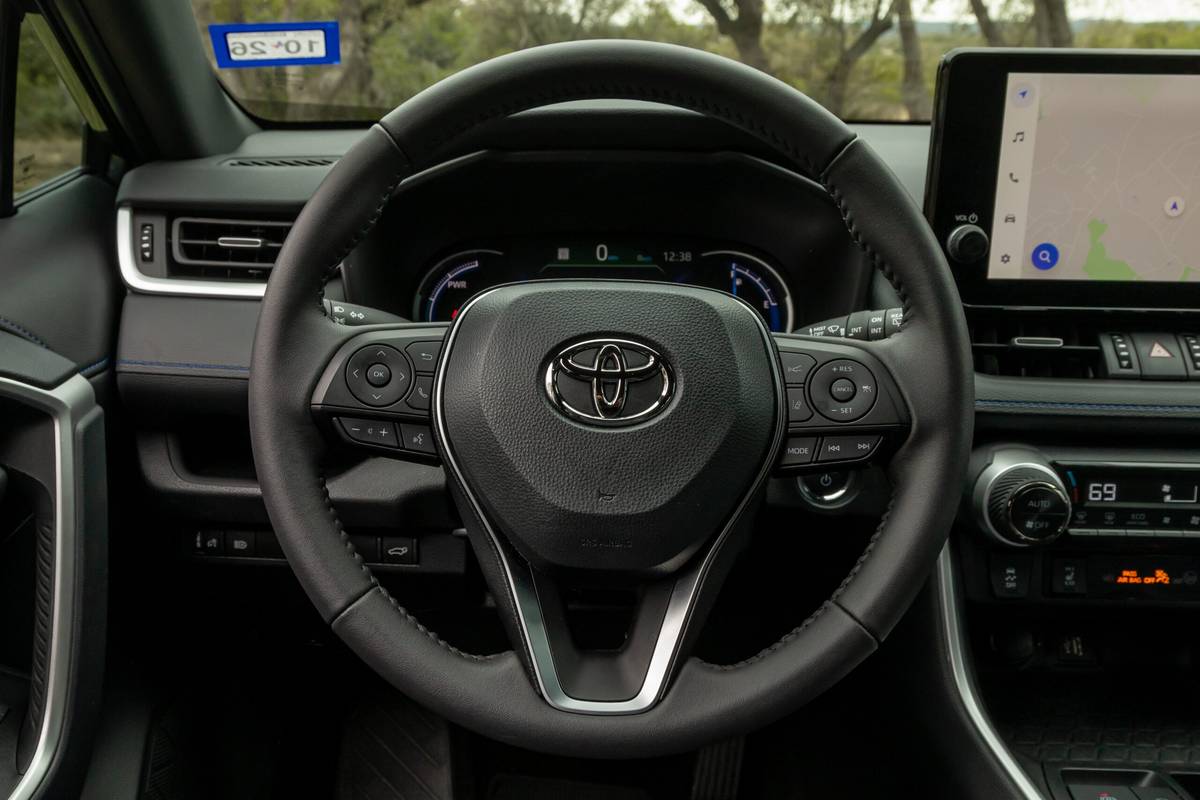
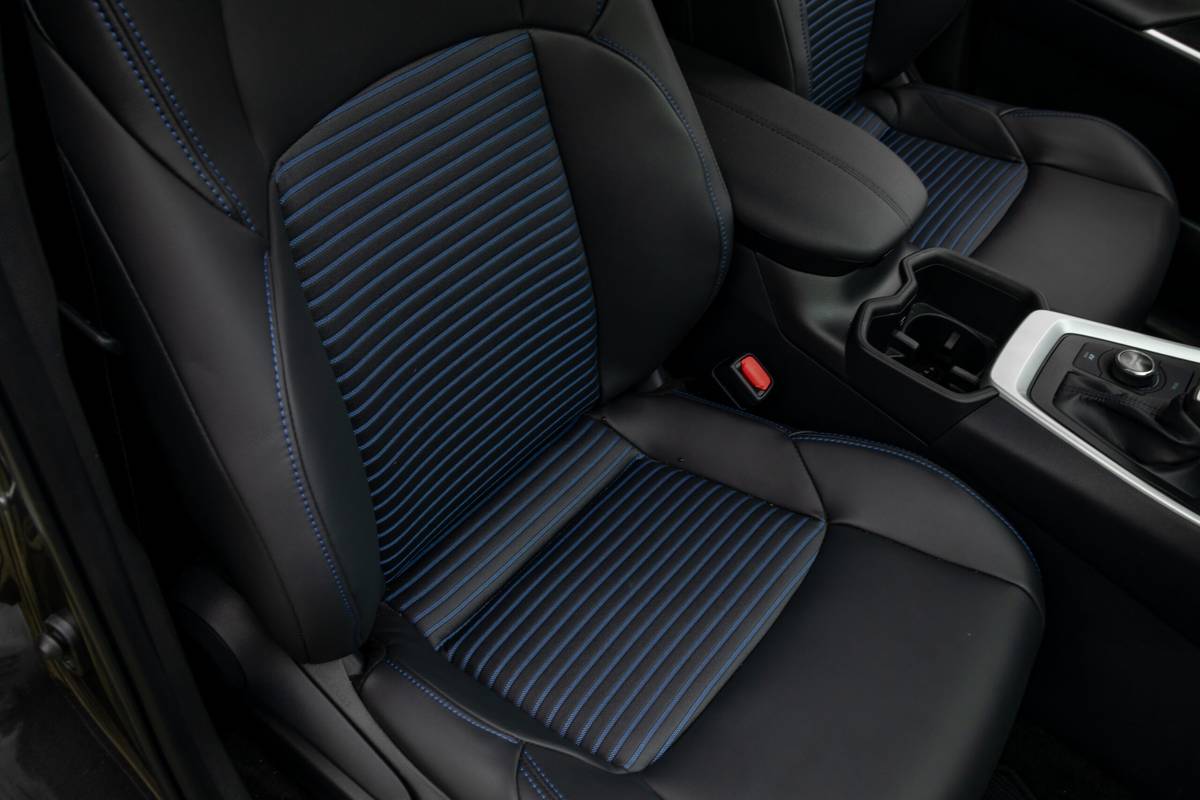
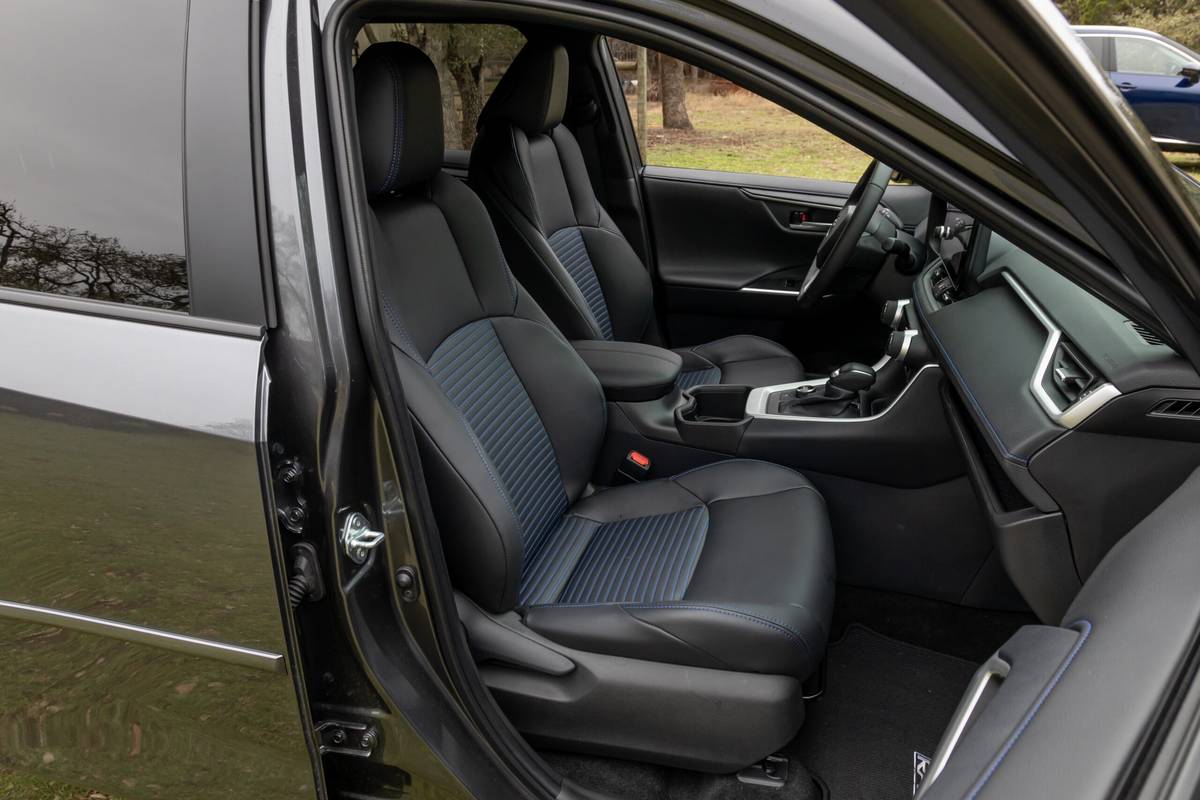
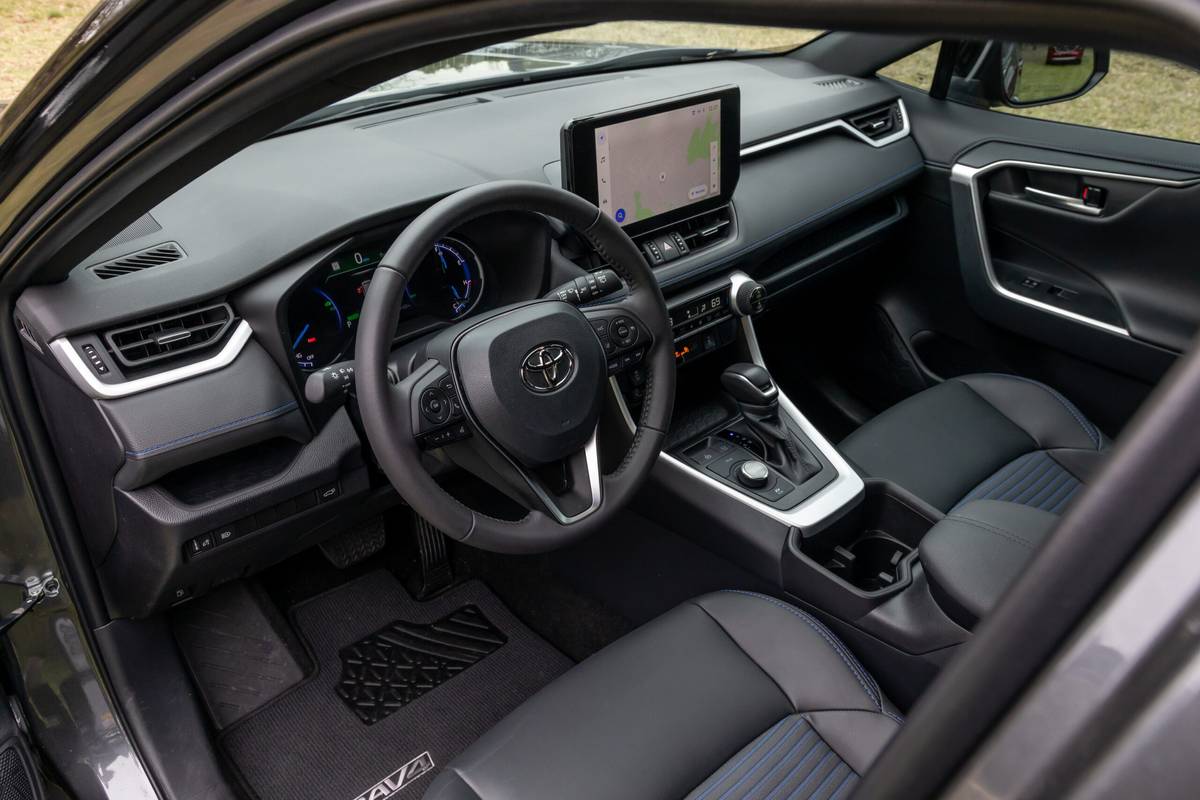
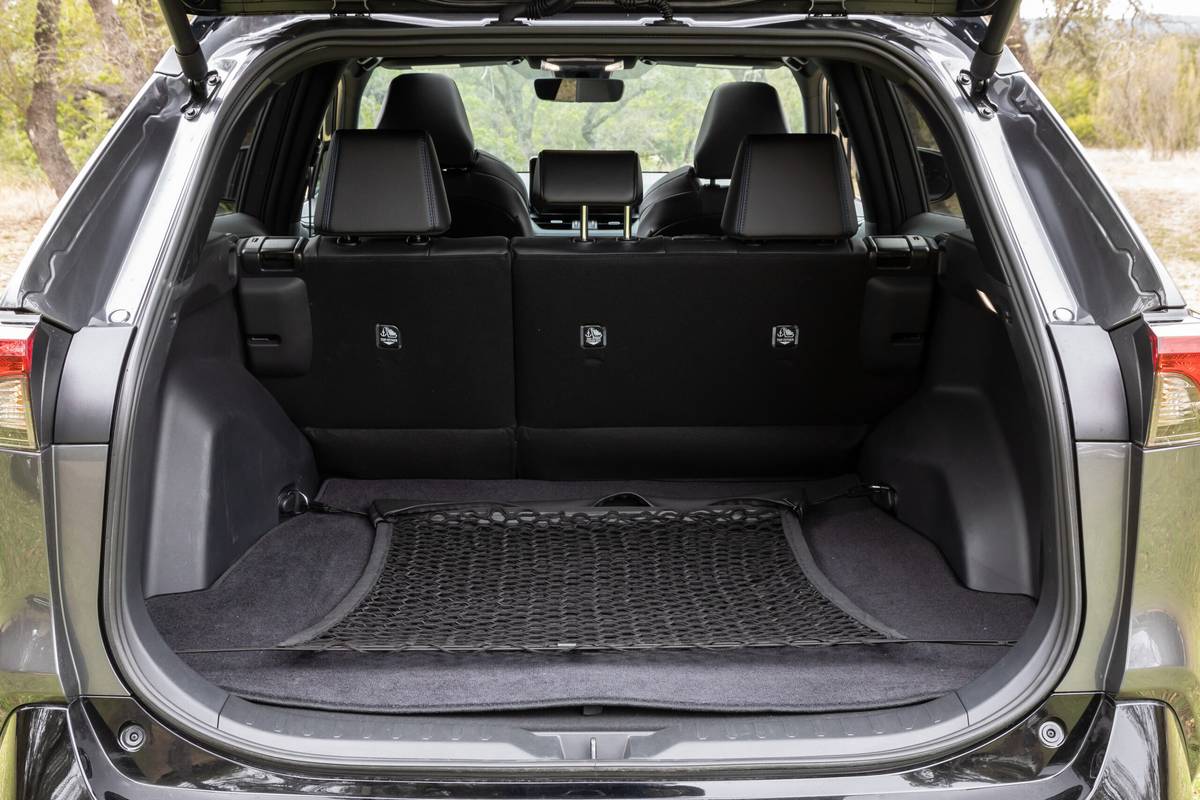
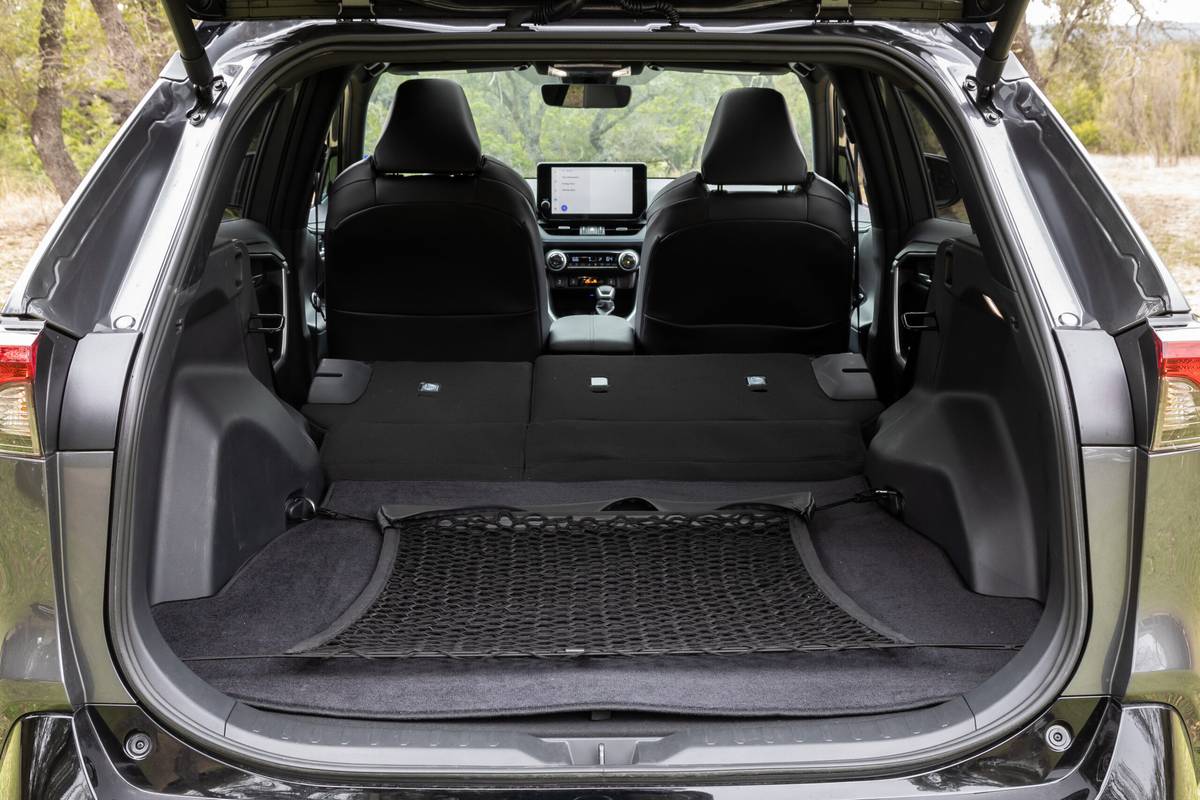
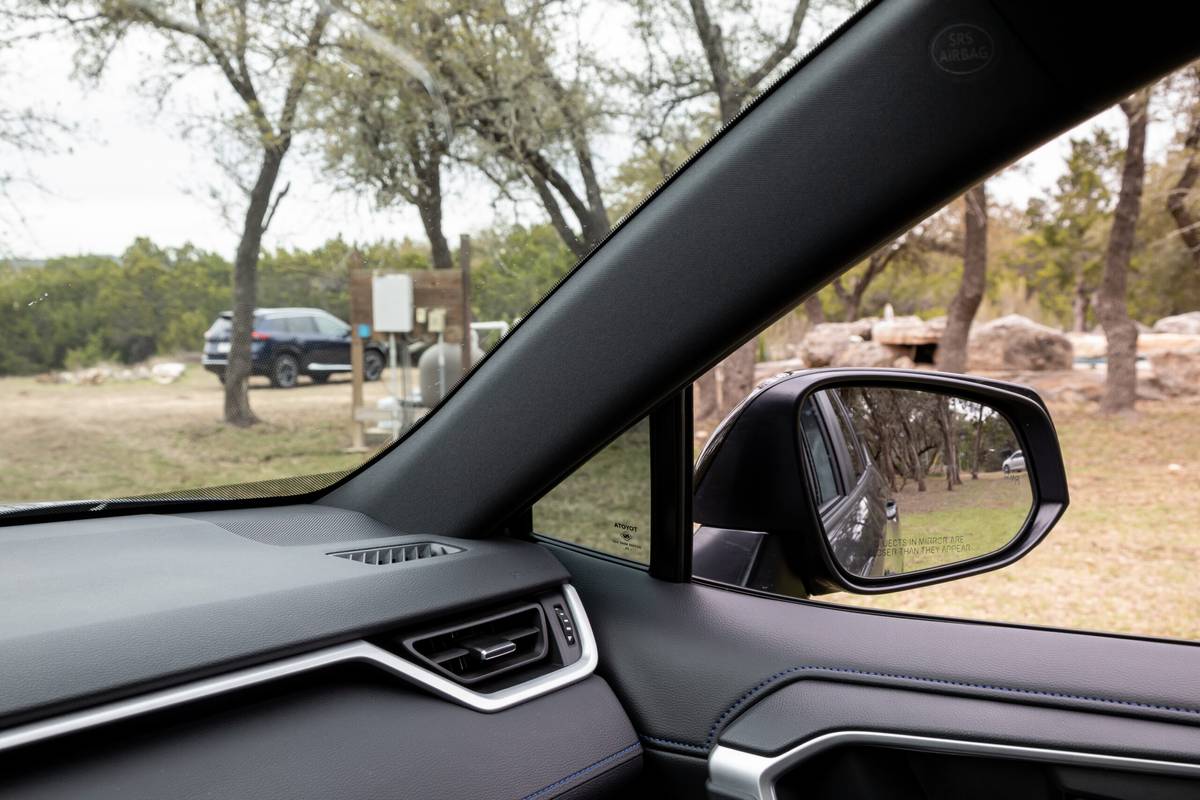
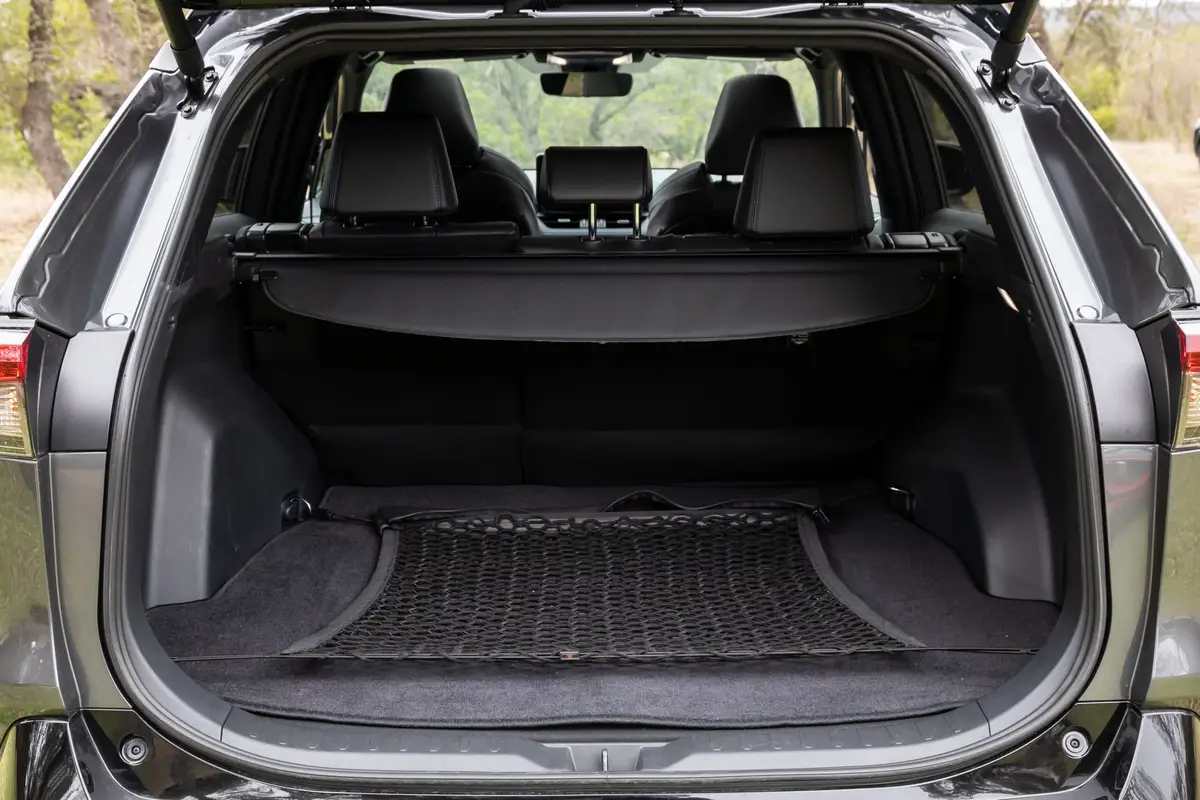
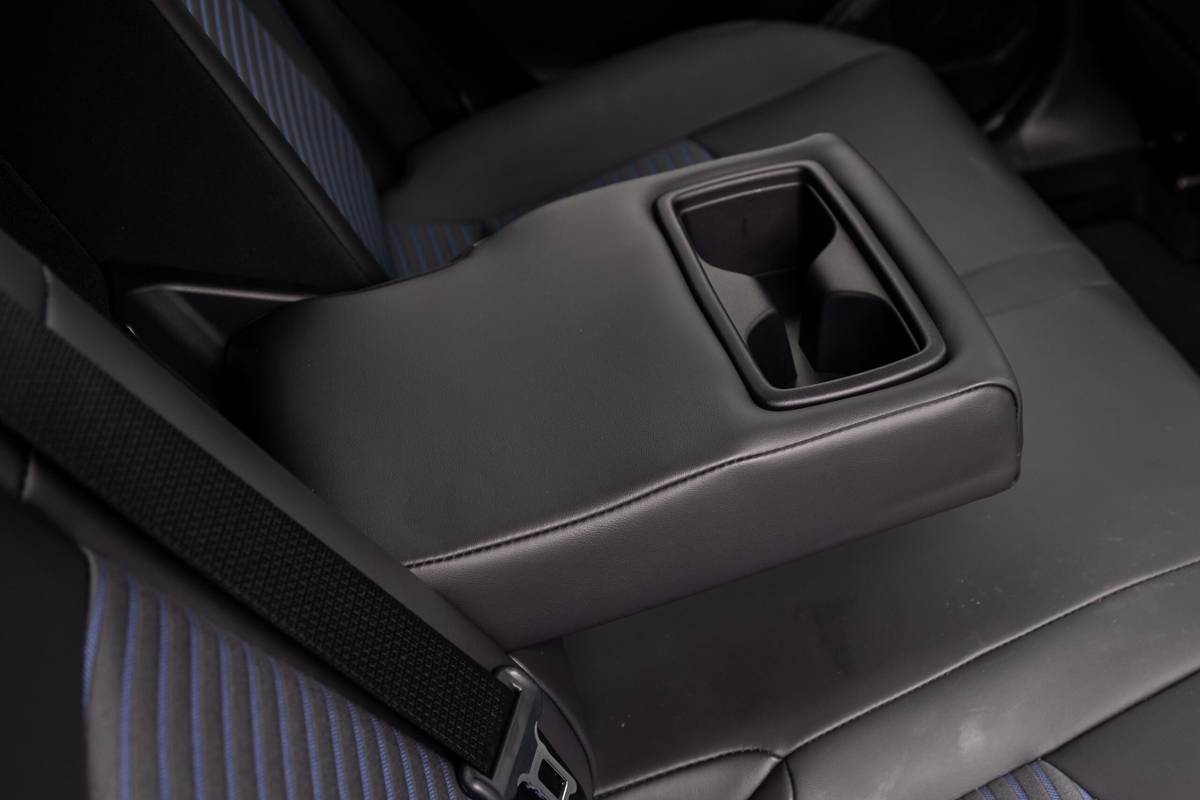
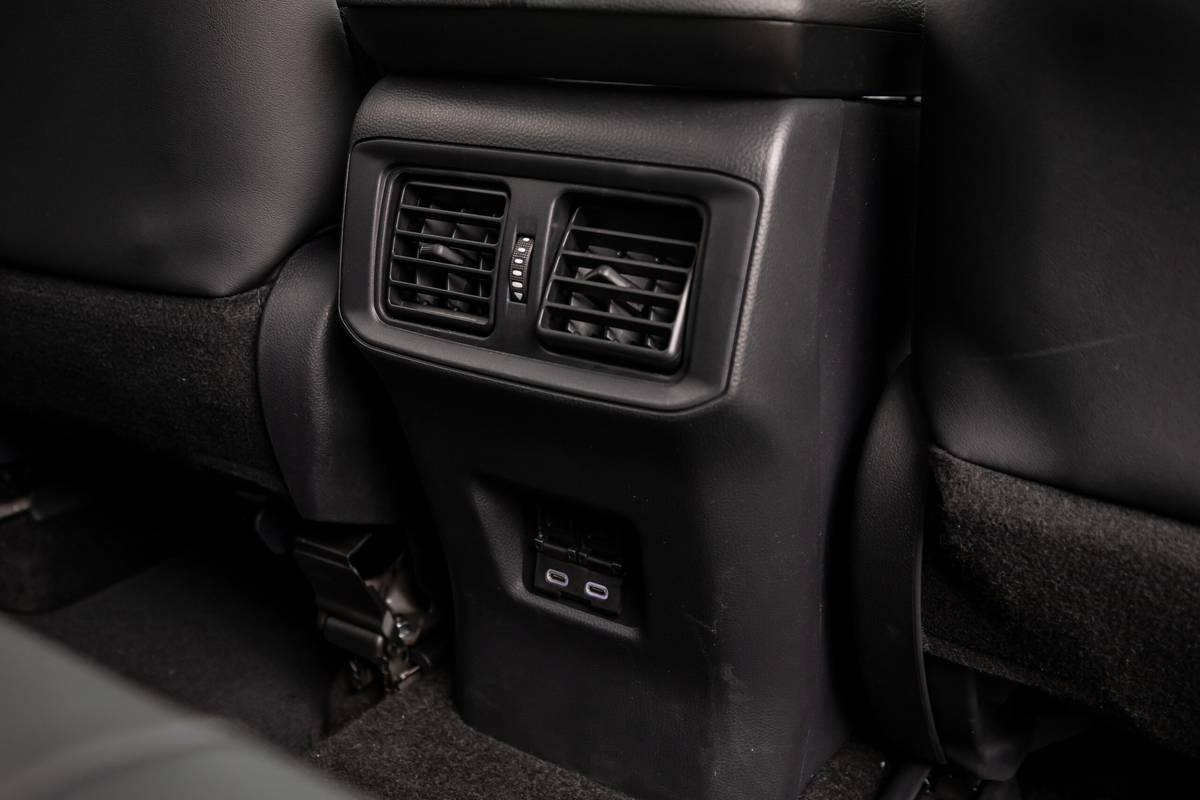
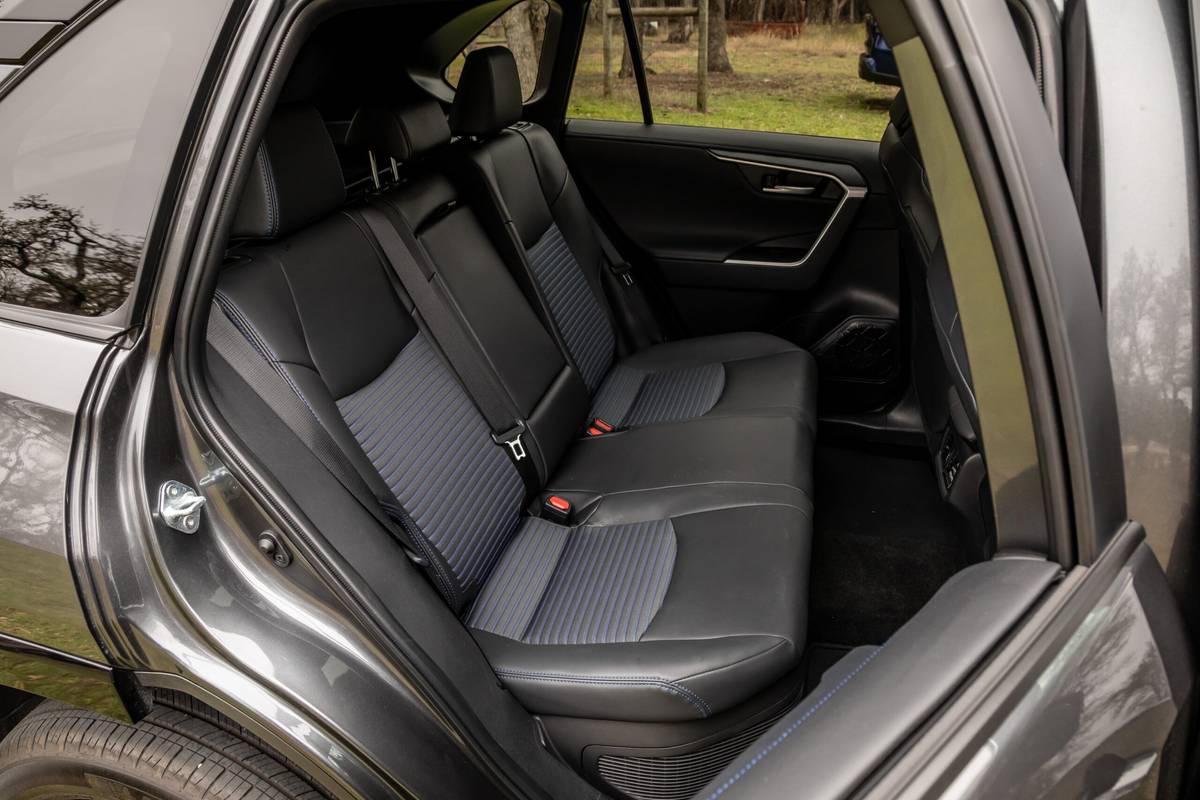
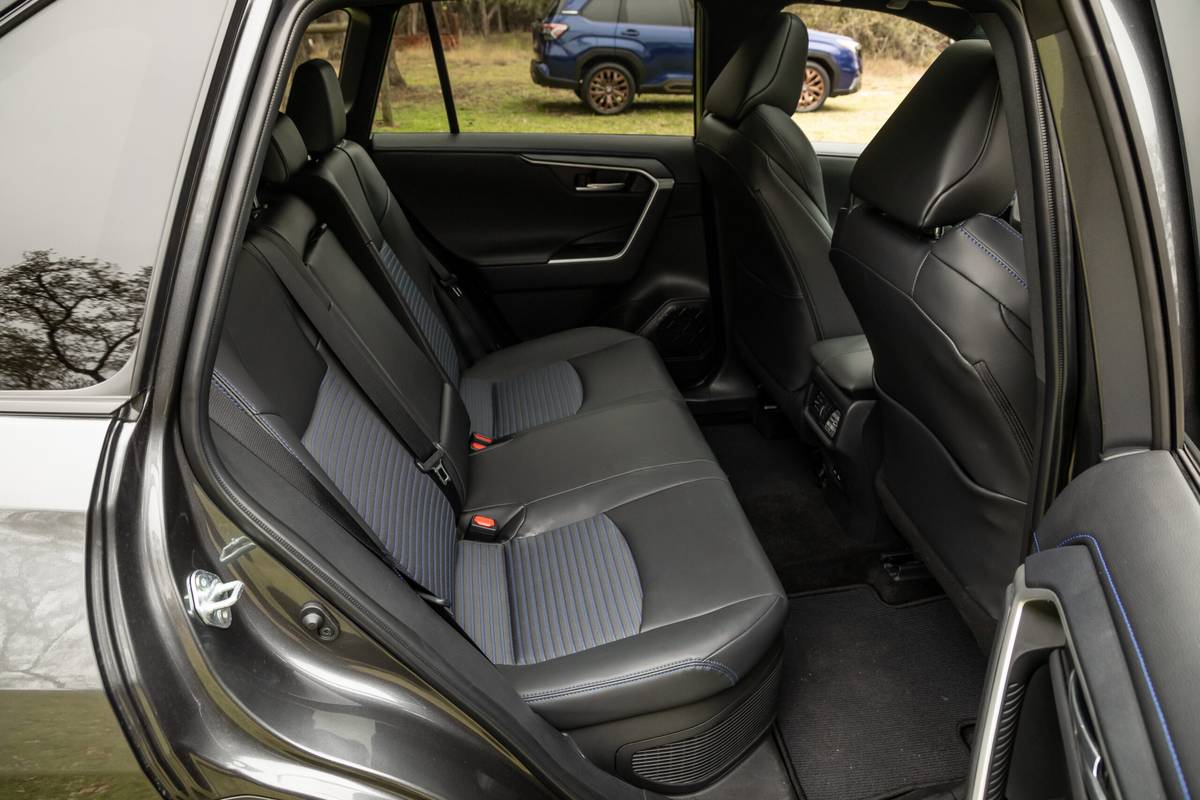
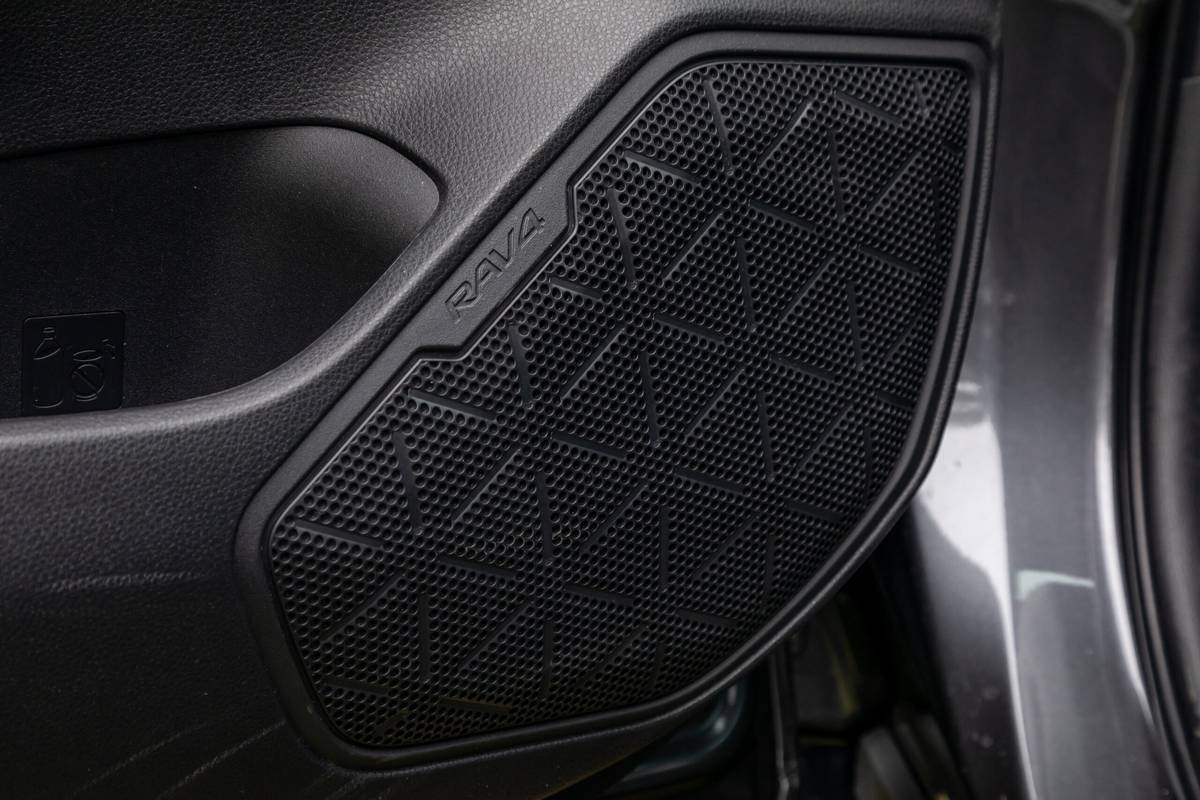
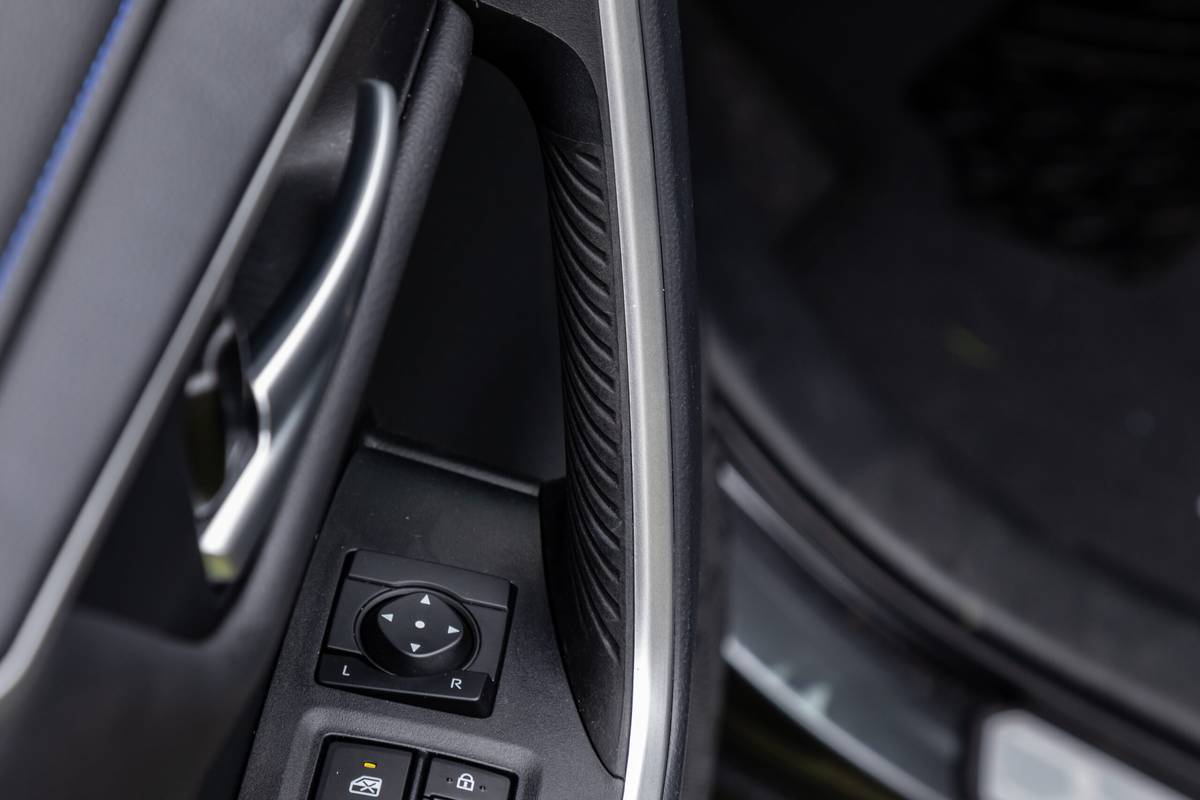
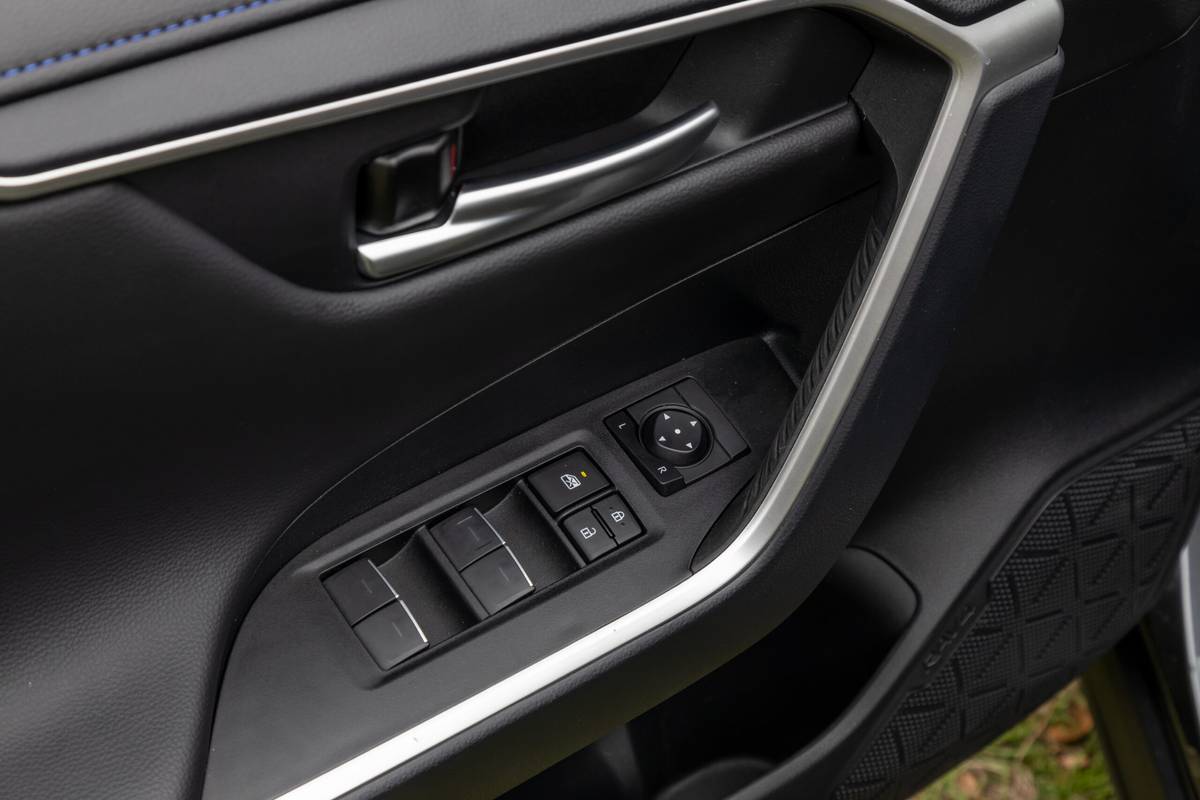
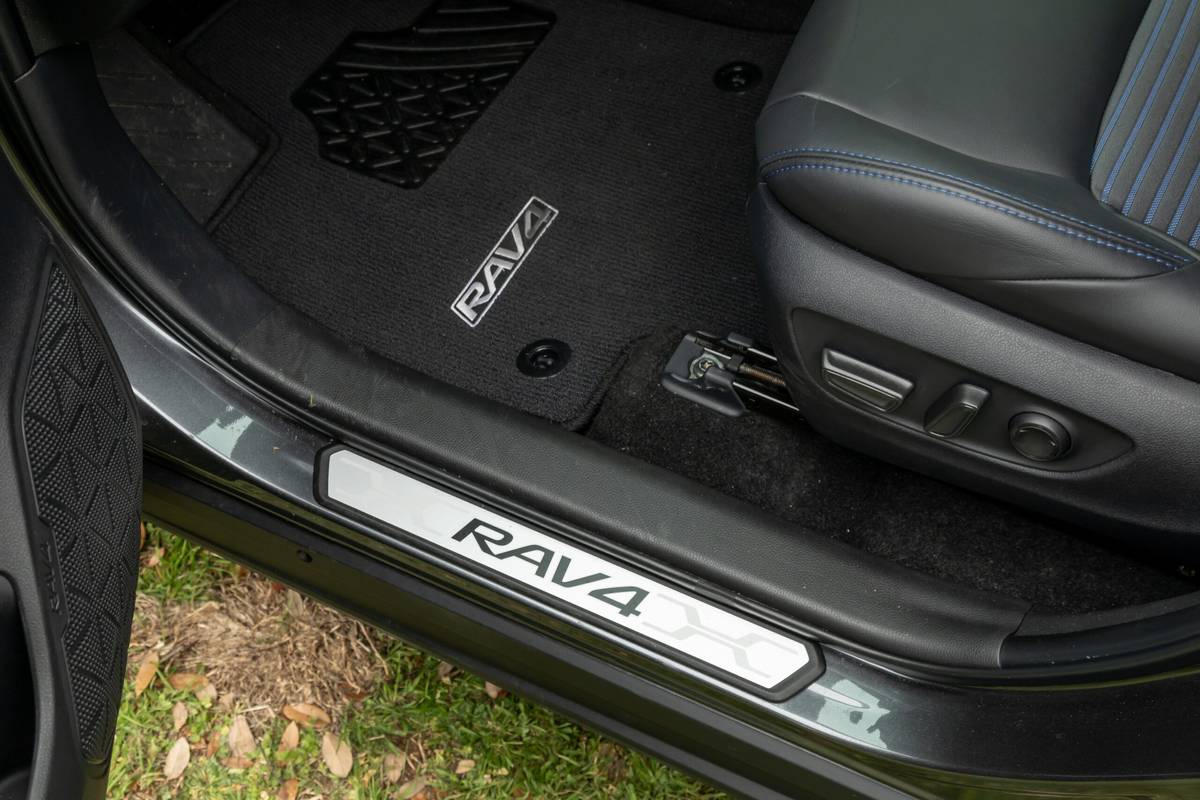
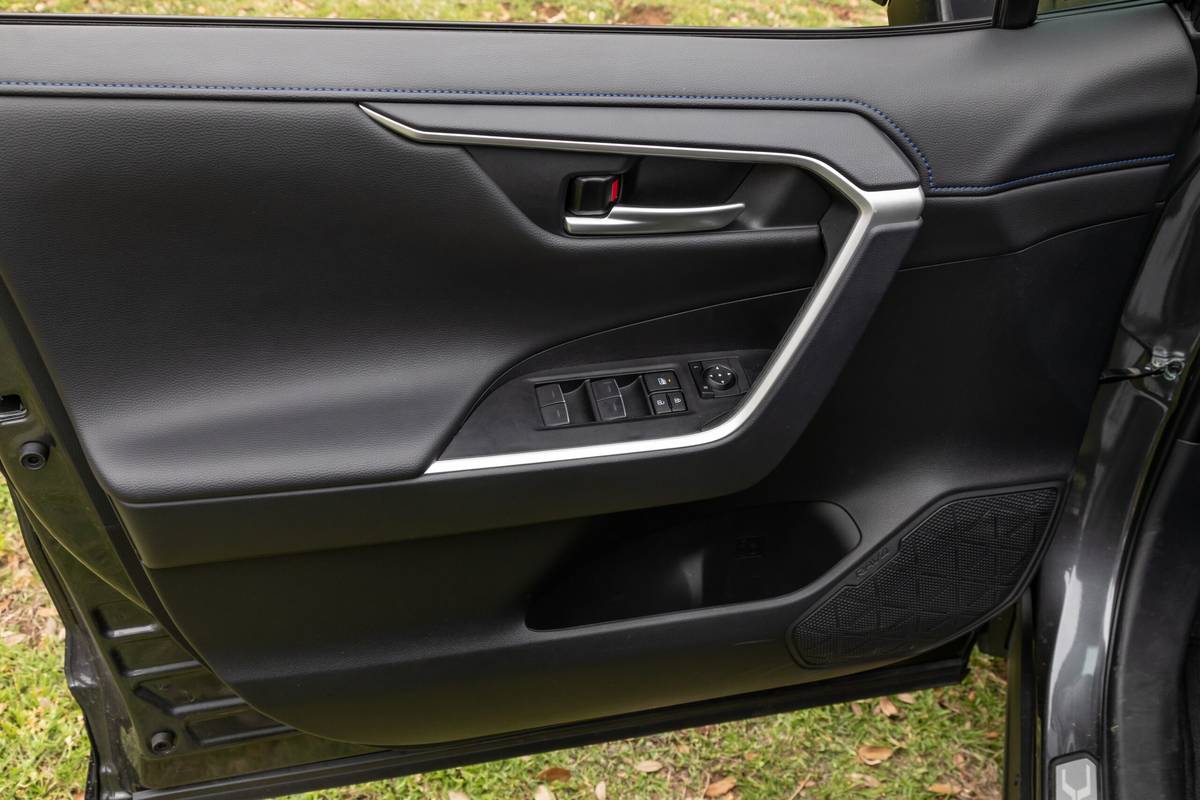
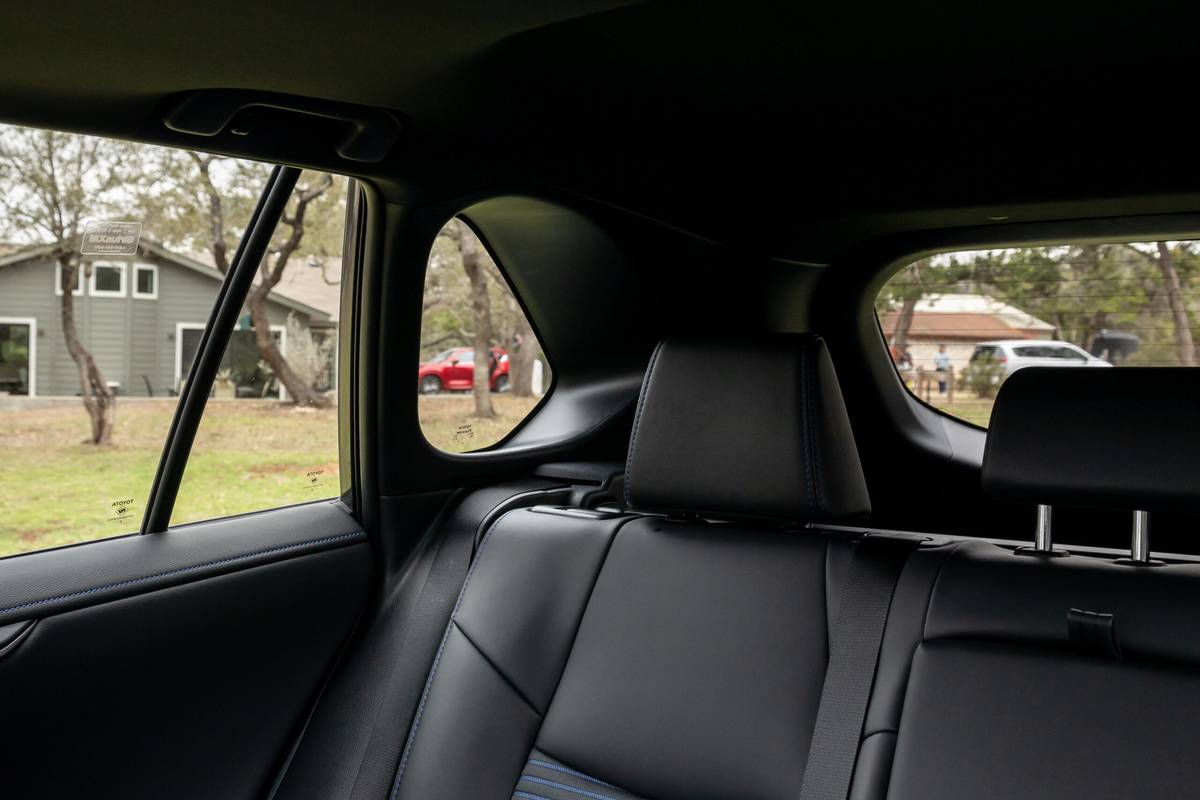
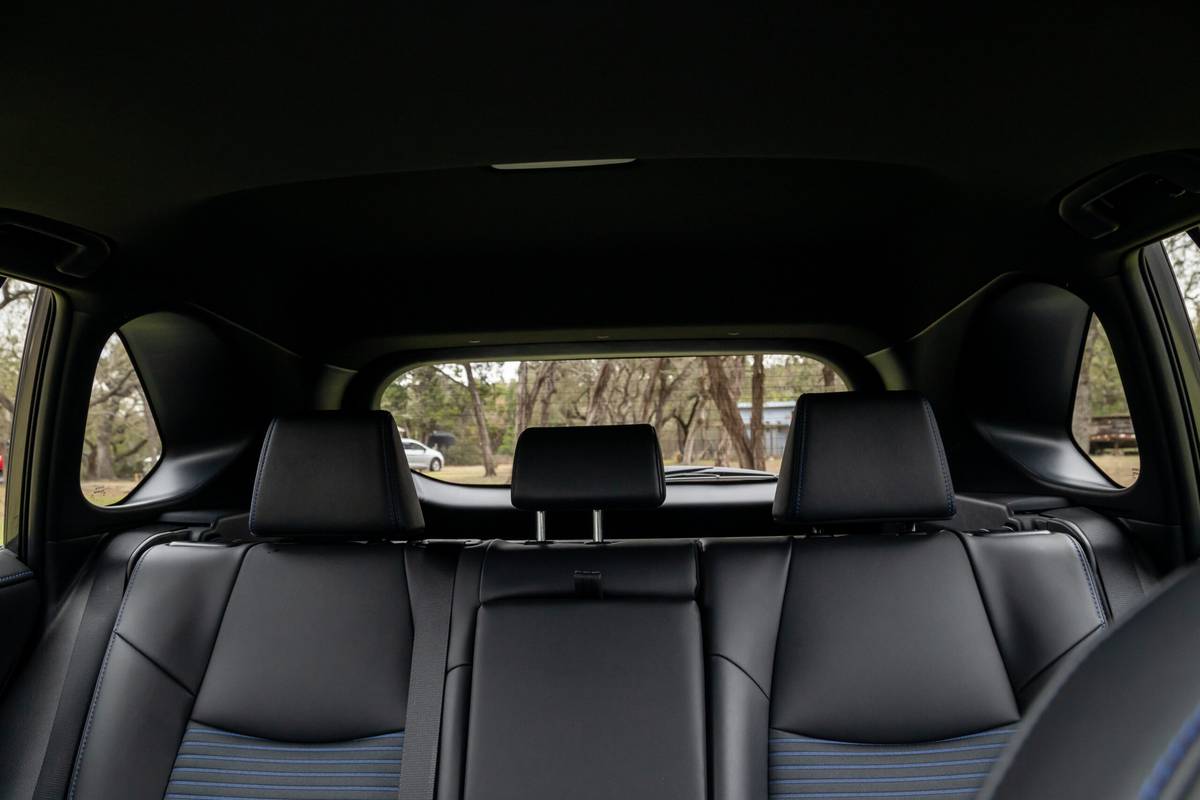

















































Our Test Vehicle
- As-tested price: $40,910
- Powertrain: 2.5-liter four-cylinder gas-electric hybrid with 219 horsepower total and continuously variable transmission
- Observed fuel economy (mpg): 37.9, first place
- Cargo space (cubic feet): 18.6, third
Last redesigned for the 2019 model year, the RAV4 Hybrid was one of the older SUVs in our test. Toyota has updated its bestseller over the years, however, with the SUV gaining the automaker’s new multimedia technology for 2023.
What’s Good About the RAV4 Hybrid?
- Fuel-economy champ: The RAV4 Hybrid got 37.9 mpg on our drive route approximating a highway road trip, which was nearly 1.5 mpg better than the next-best CR-V hybrid’s 36.5 mpg. “The RAV4 Hybrid’s strongest attribute is its efficiency, taking the top spot in our testing,” Normile said. “That it’s the oldest hybrid powertrain in the test makes that result all the more impressive.”
- Straightforward user interface: The RAV4 Hybrid scored well in our user interface assessment, just behind the test-leading Rogue and CR-V. “Large, easily manipulated physical controls are another highlight, making things like the climate controls and drive modes very easy to adjust on the fly,” Normile said. Schrader agreed: “Toyota didn’t try to reinvent the car interior, with logically arranged buttons and an intuitively designed screen that isn’t maddening to use.”
What’s Bad About the RAV4 Hybrid?
- Too much racket: “The powertrain is extremely noisy, and that gets compounded by significant road and wind noise while driving,” Normile said. The judges scored the RAV4 Hybrid lowest for interior quietness.
- Give me a (better) brake: “Toyota hybrids often struggle to produce solid braking feel, and this RAV4 is no different,” Normile said. Bragman agreed: “The brakes are odd, with a sudden hybrid-induced grabbiness in the last 10 feet of braking to a stop, making everyone’s head jerk.”
- Basic interior quality: “There’s a fair amount of hard-plastic accents in the interior, and one problem spot is at the edge of the center console where my right knee rests when driving,” Normile said.
- Lighten up a little: “Dark buttons with dark font make it hard to use the climate controls,” Bragman said. “And why are the buttons for the climate-control system Tic Tac-size?” Schrader also said glare could make the screen between the gauges hard to read.
Research the 2024 Toyota RAV4 Hybrid | Search Inventory | Car Seat Check
6. 2025 Chevrolet Equinox Activ, 612 points
Is the 2025 Chevrolet Equinox a Good Car?
- The Equinox’s design and style really shone in this group of SUVs. We weren’t grading them on their looks, though, and the Chevy’s weak powertrain and underwhelming scores in our categories for driver-assist features, cargo and real-world fuel economy hurt its overall score.
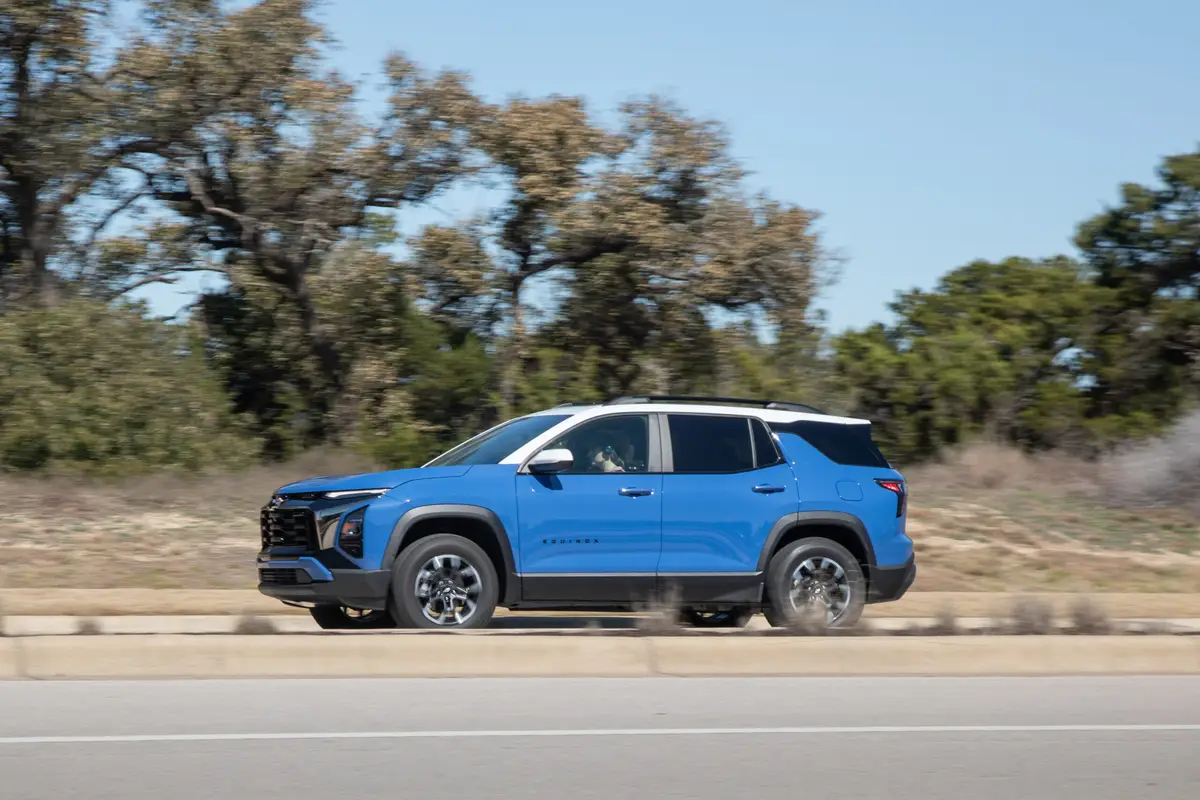
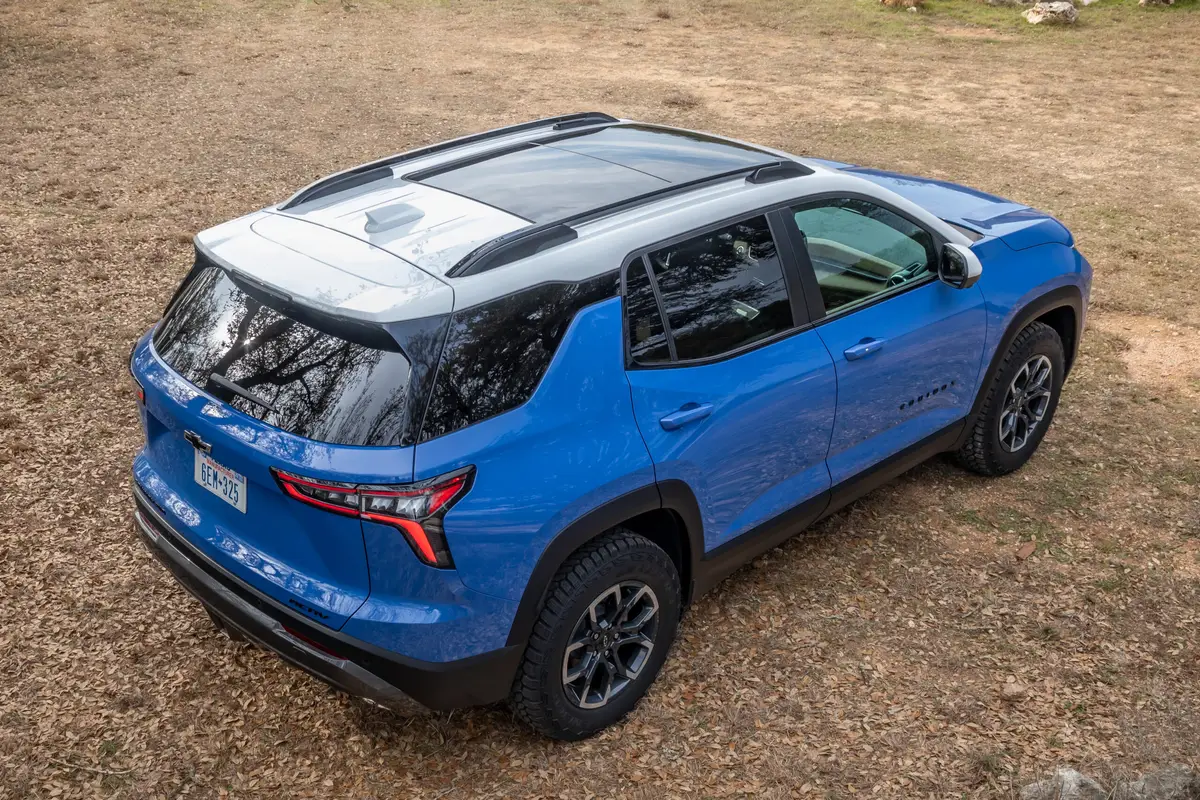
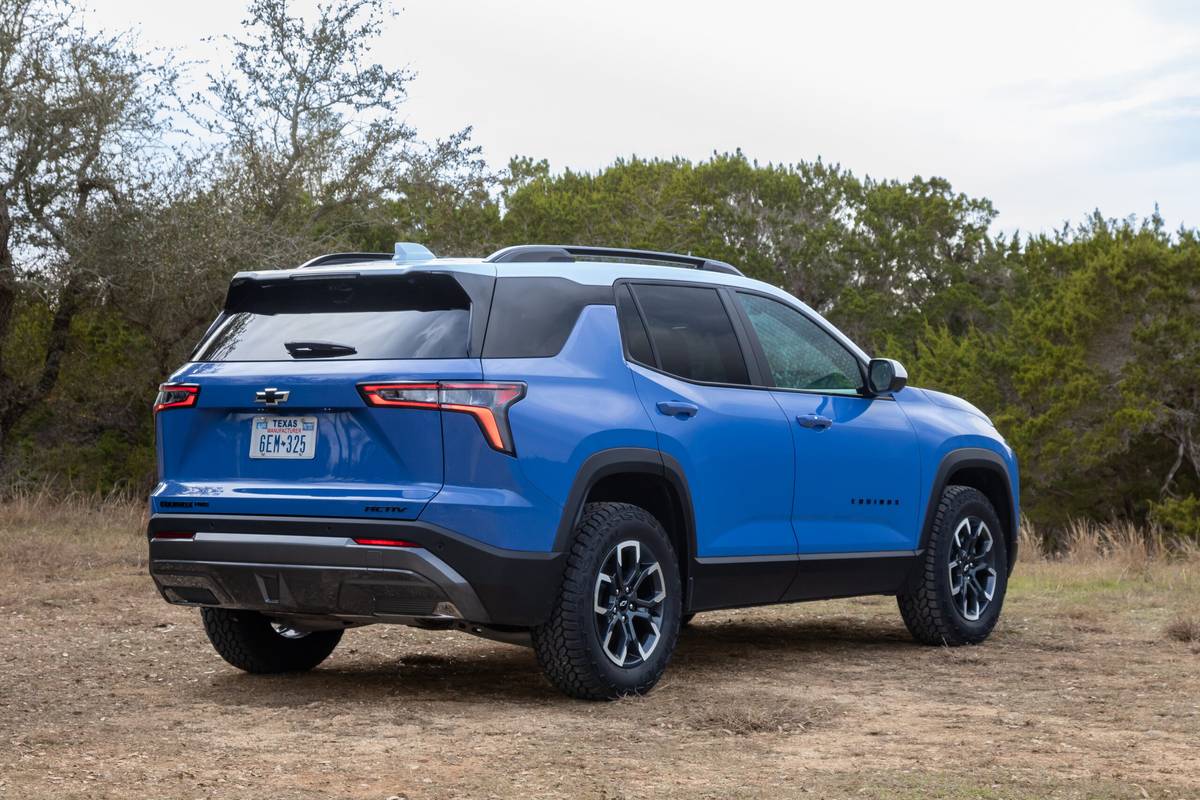
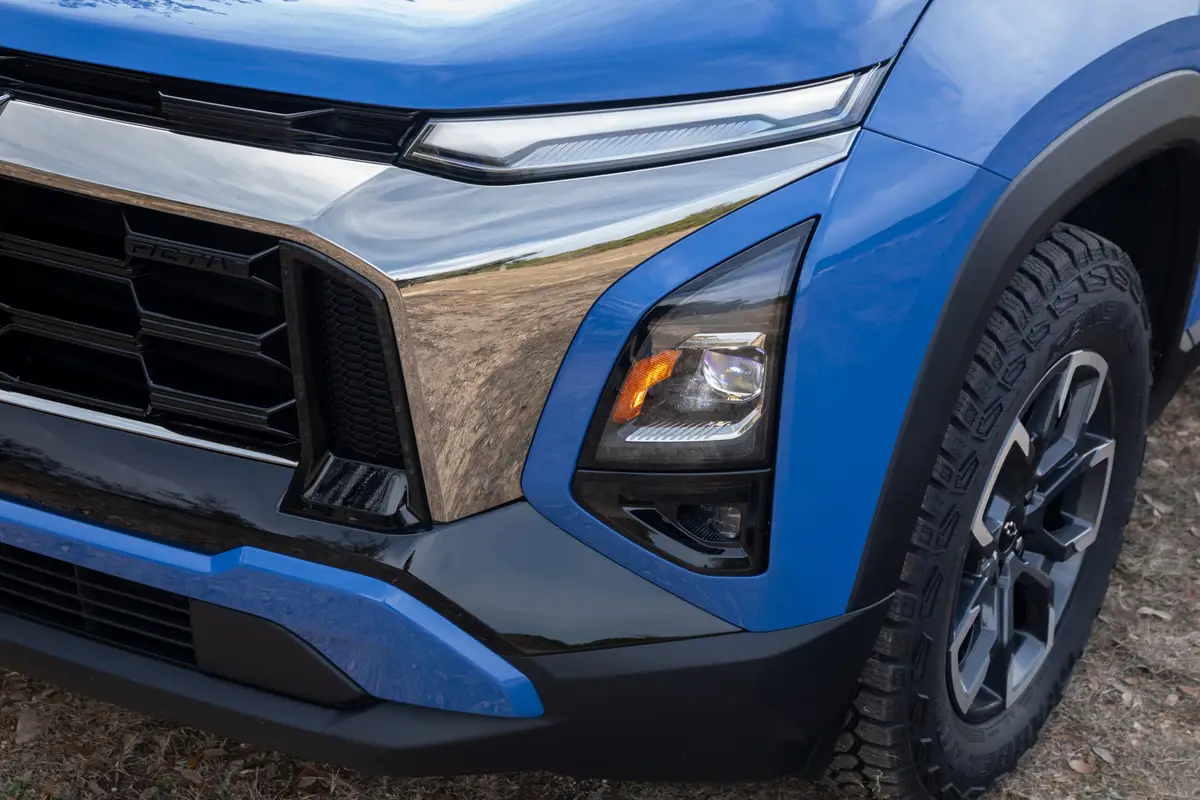
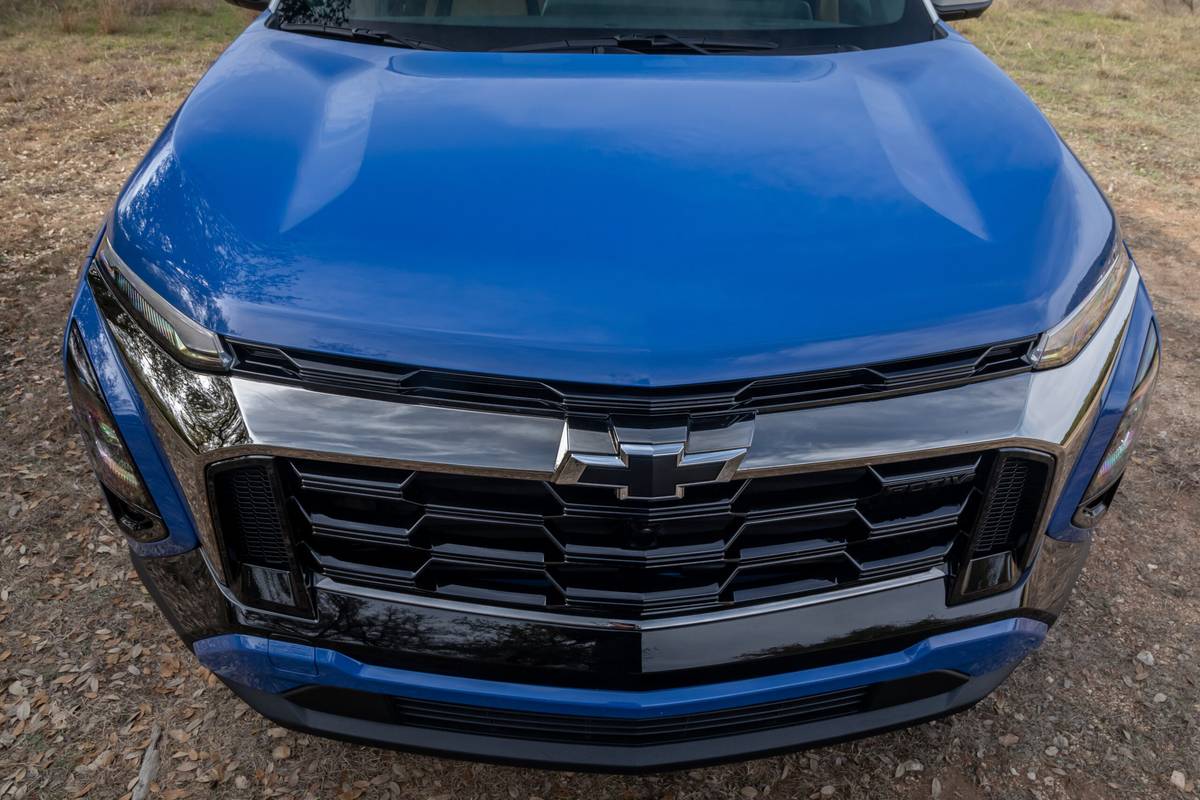
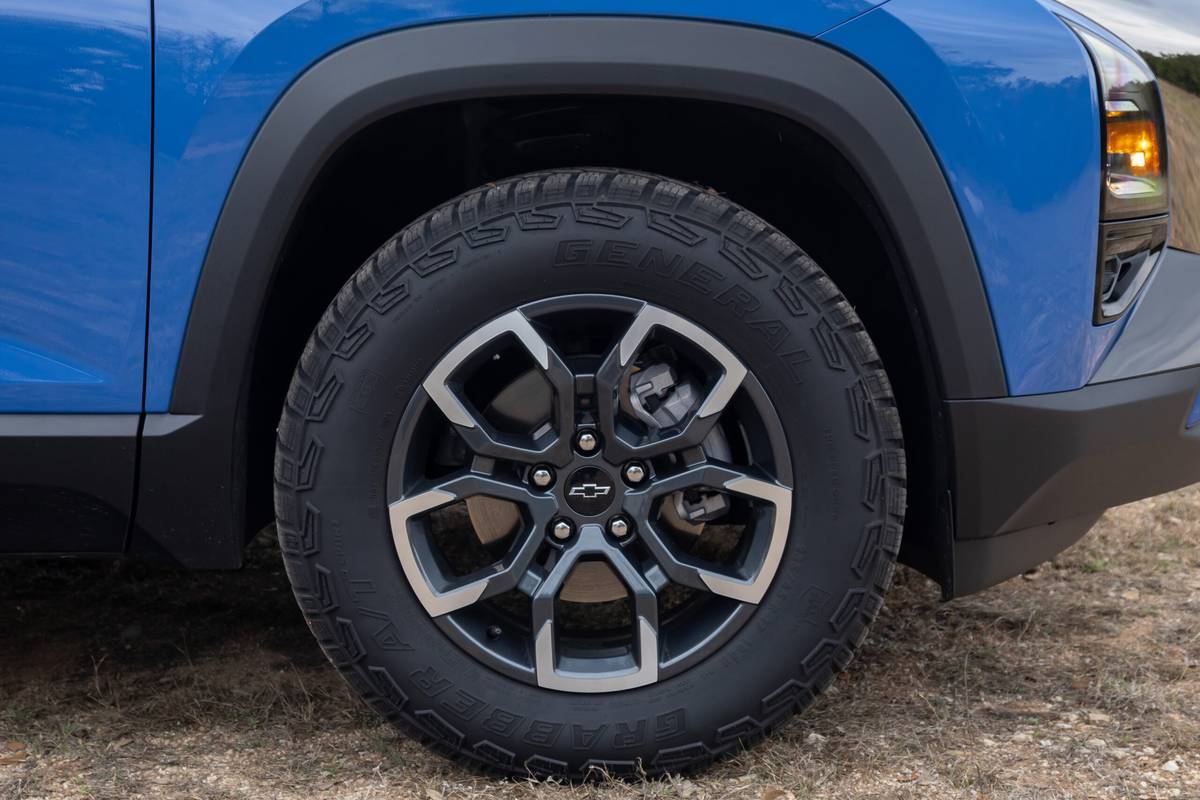
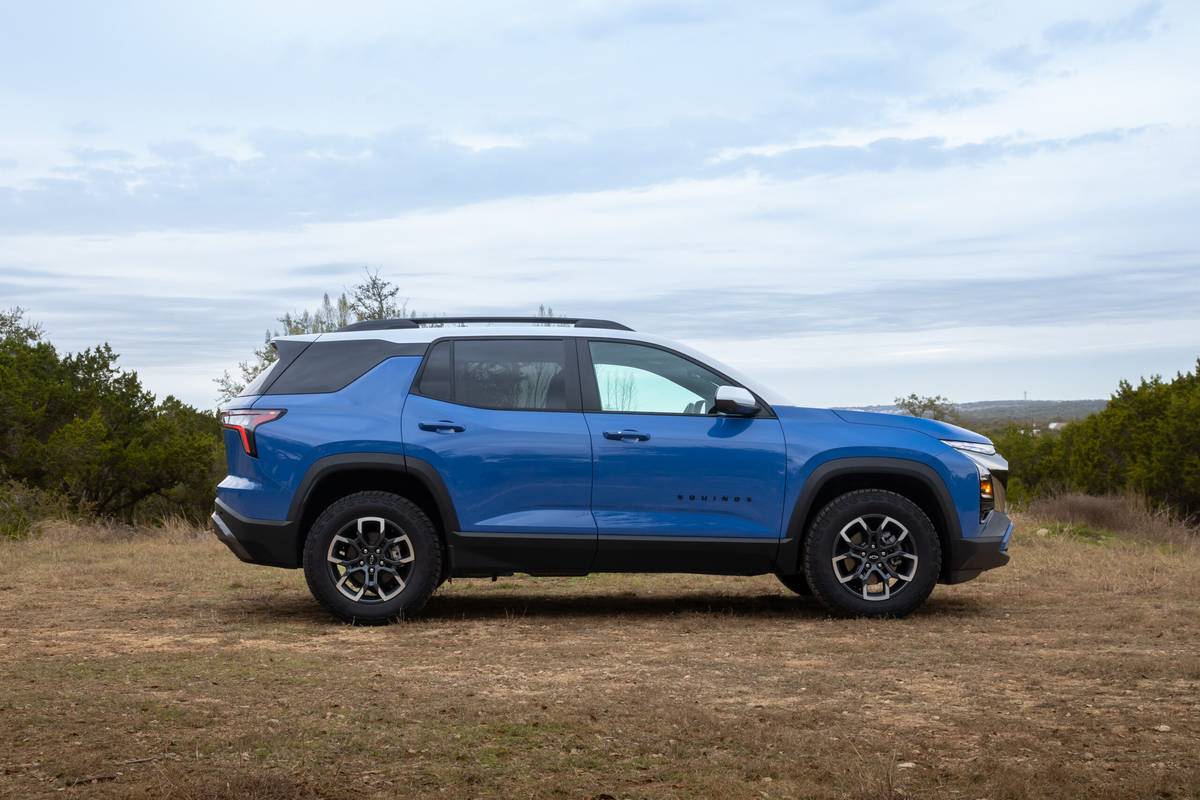
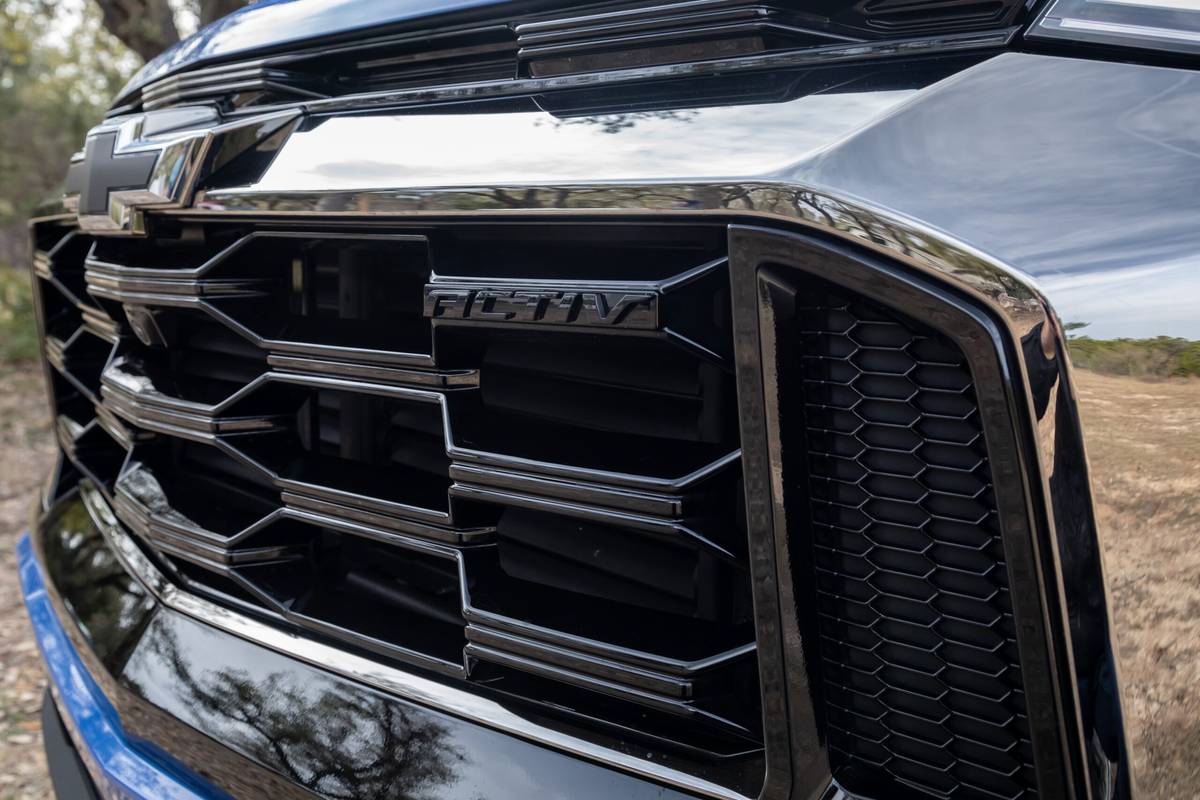
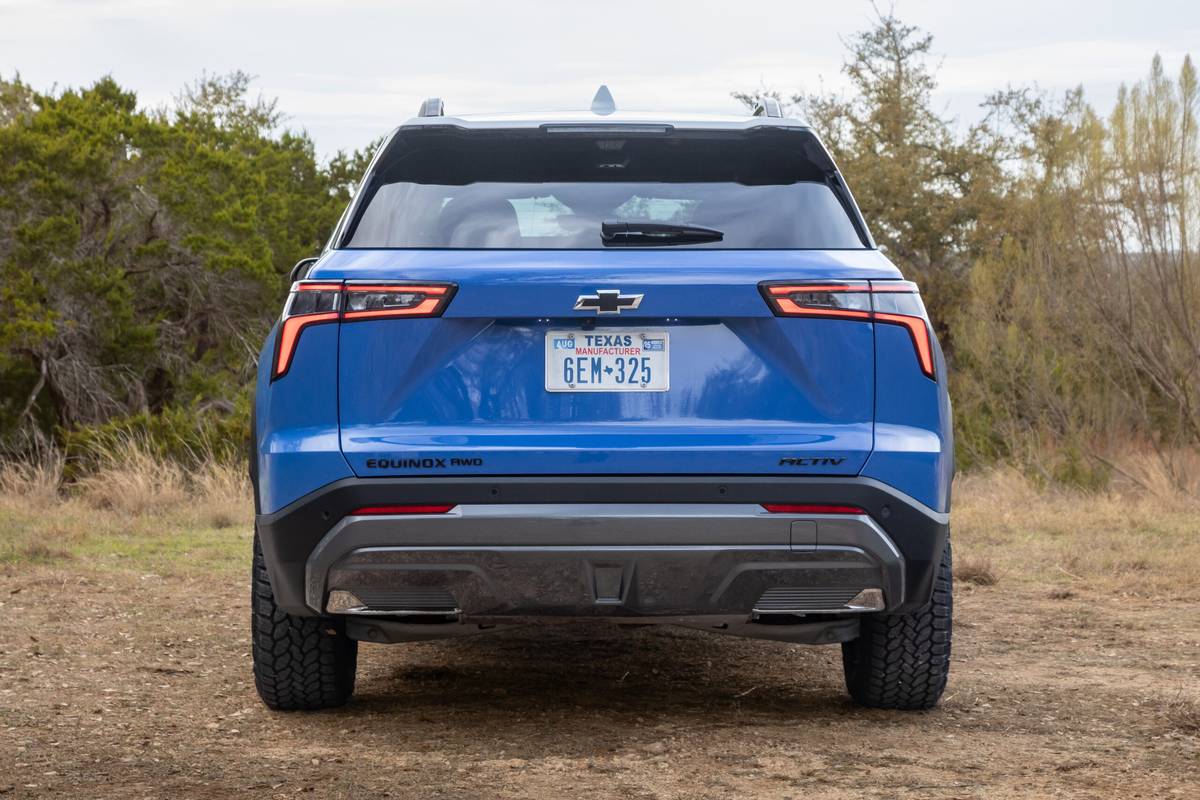
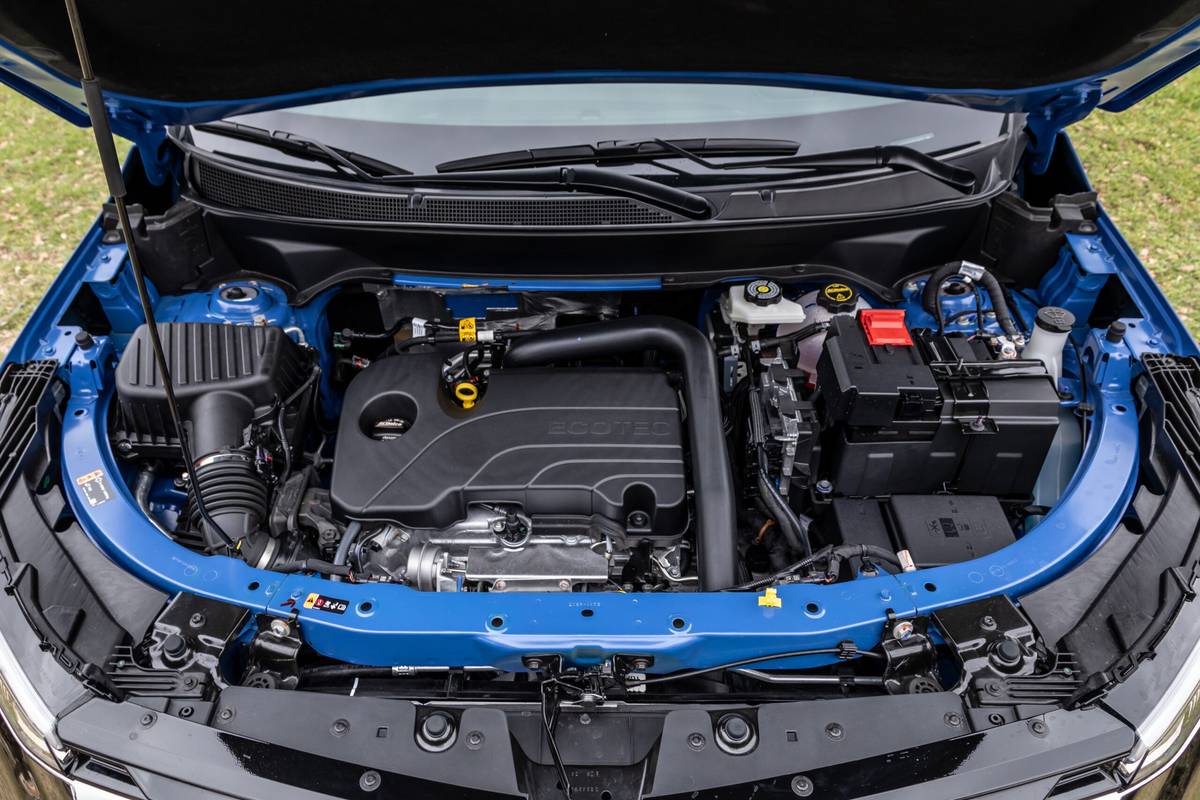
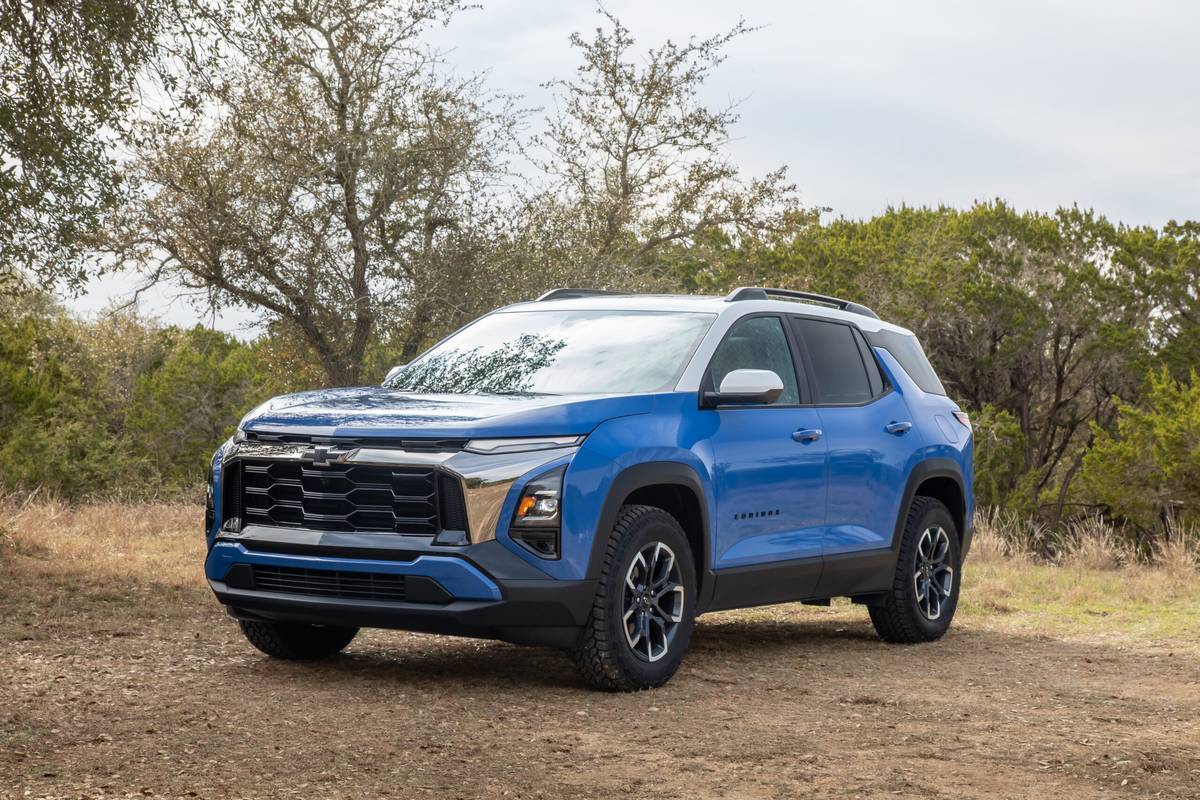
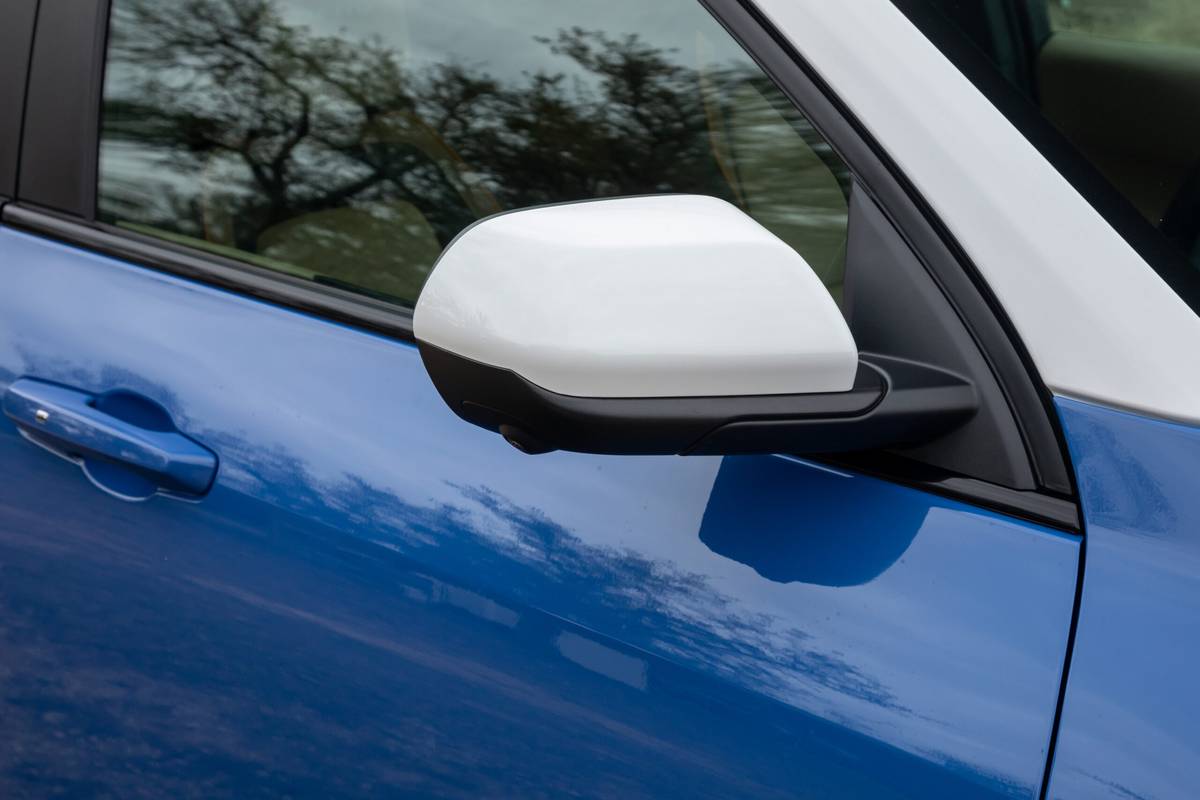
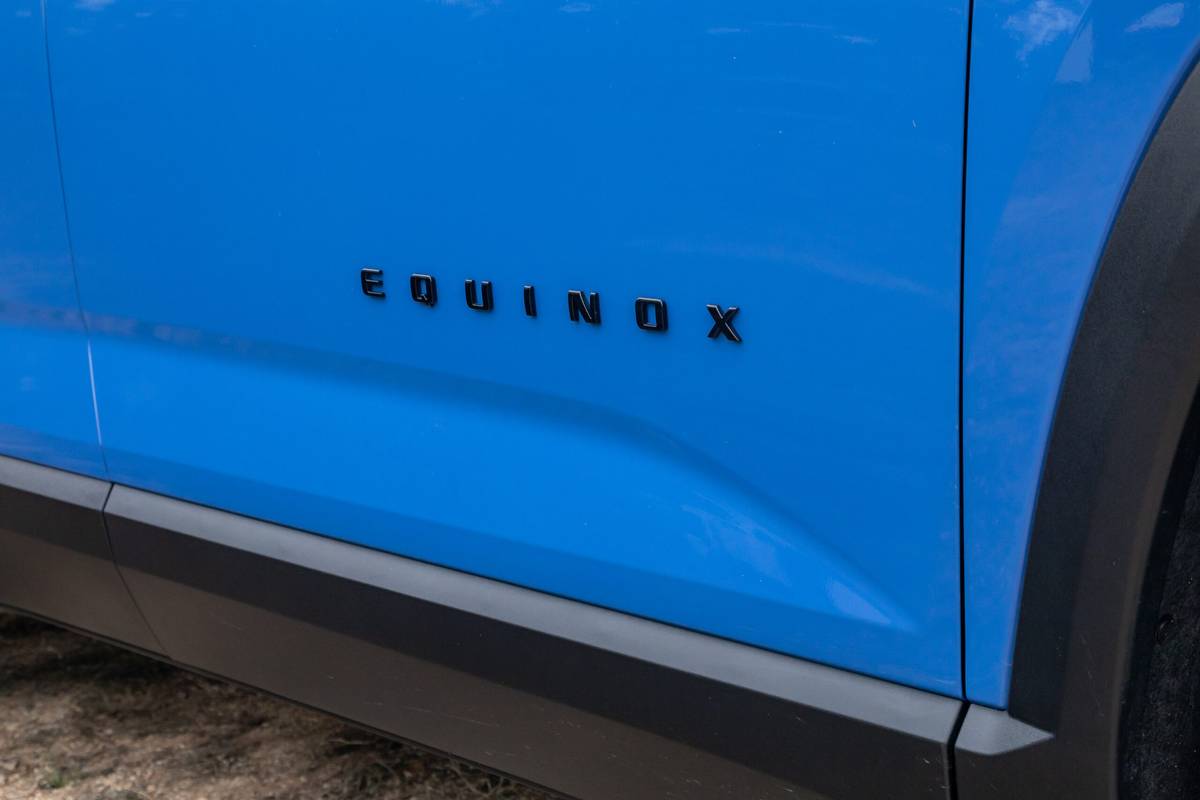
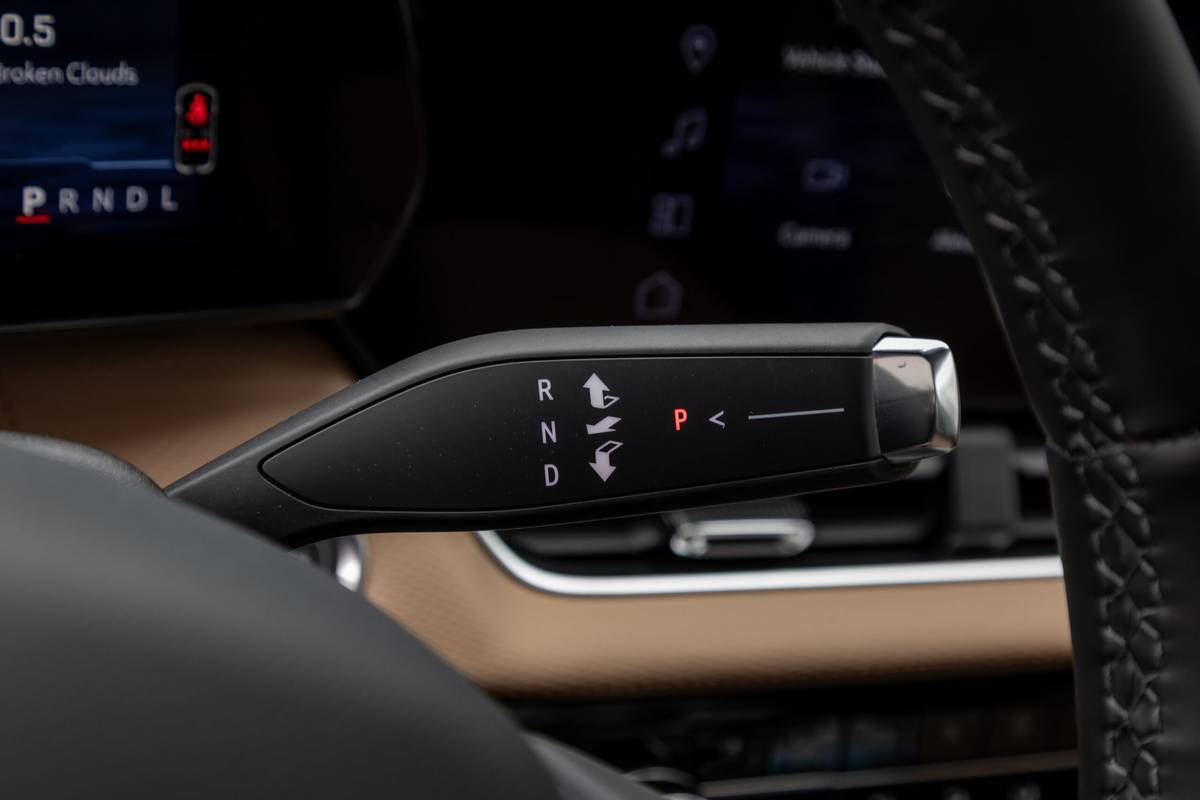
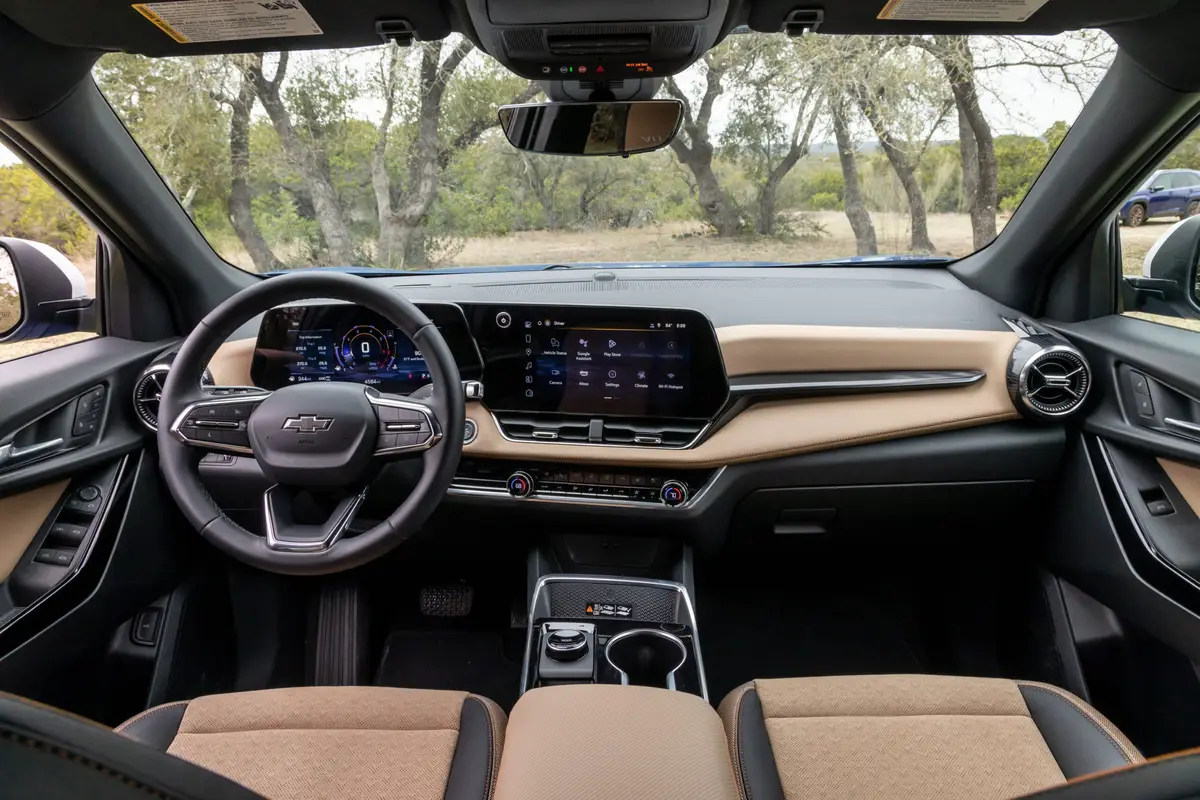
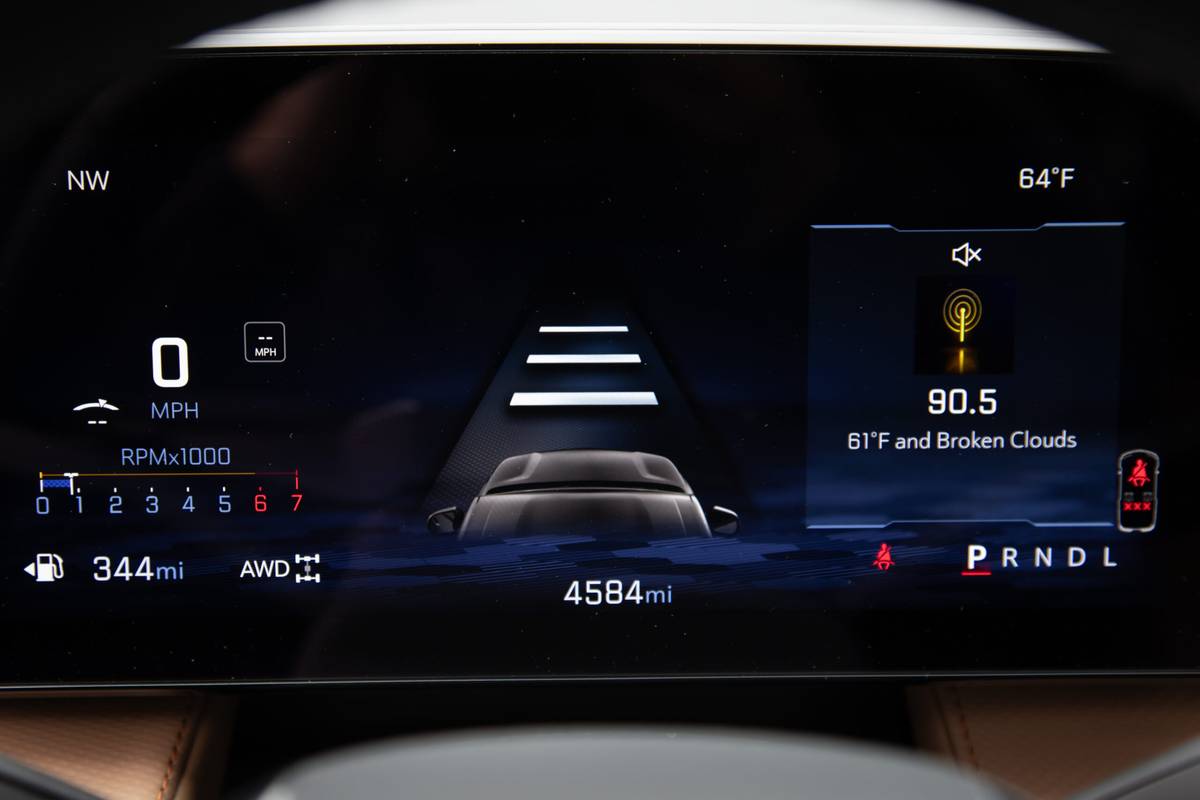
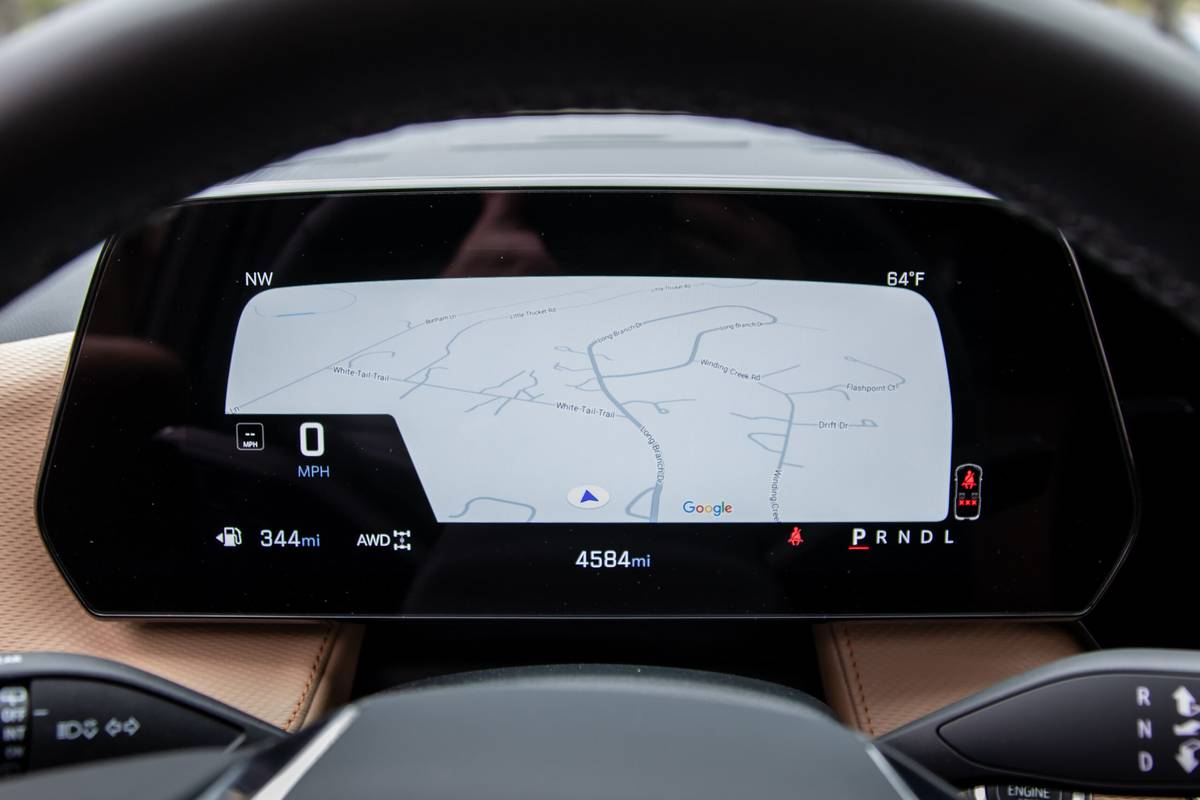
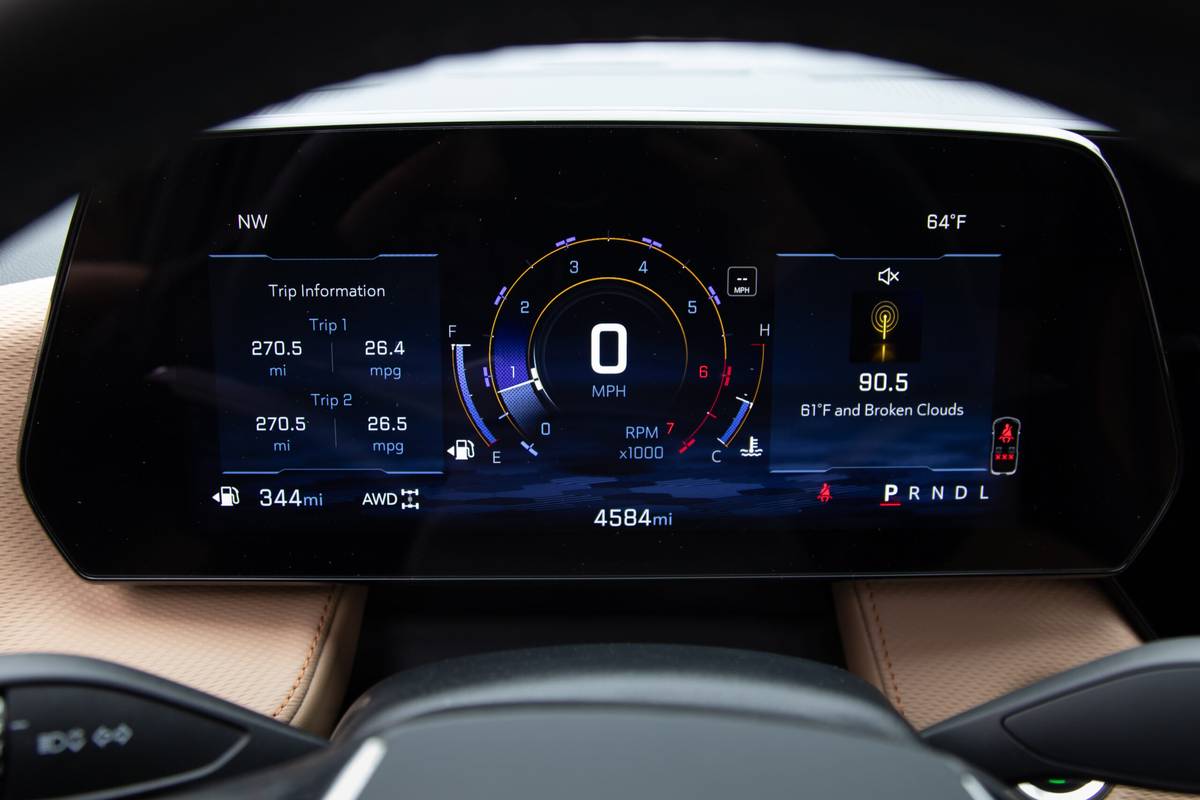
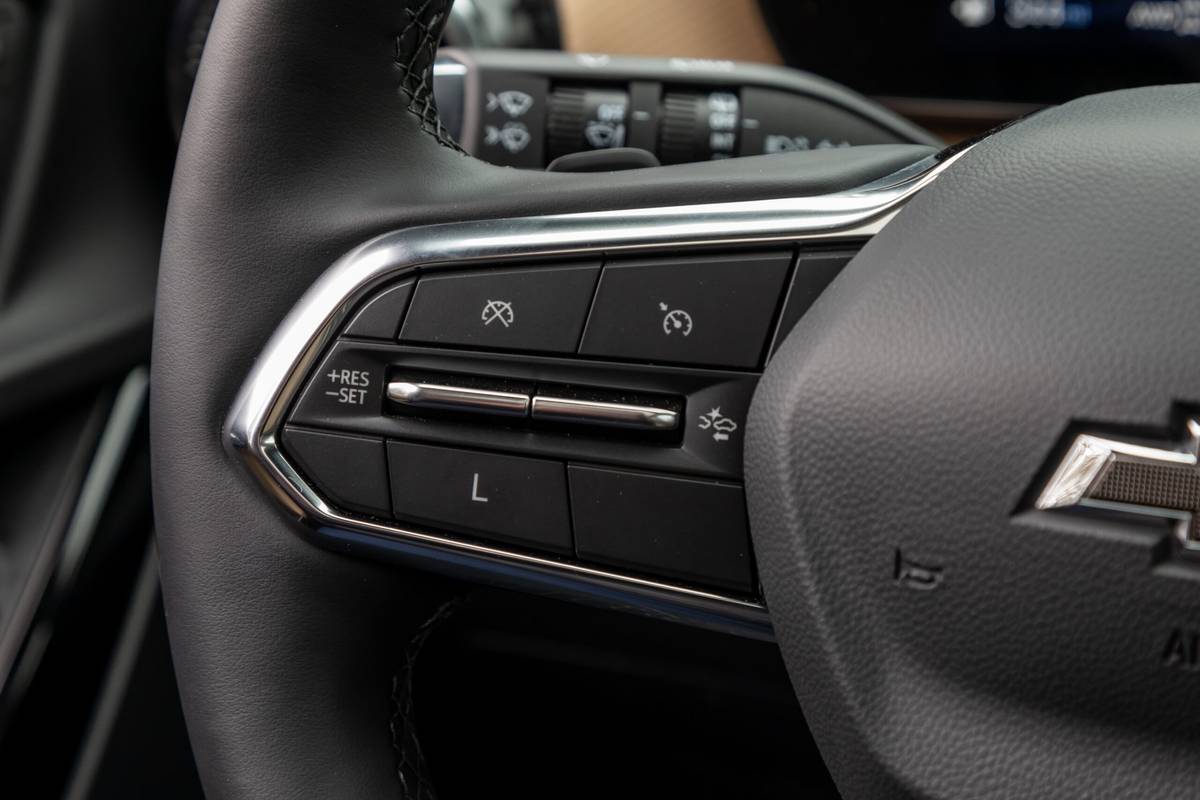
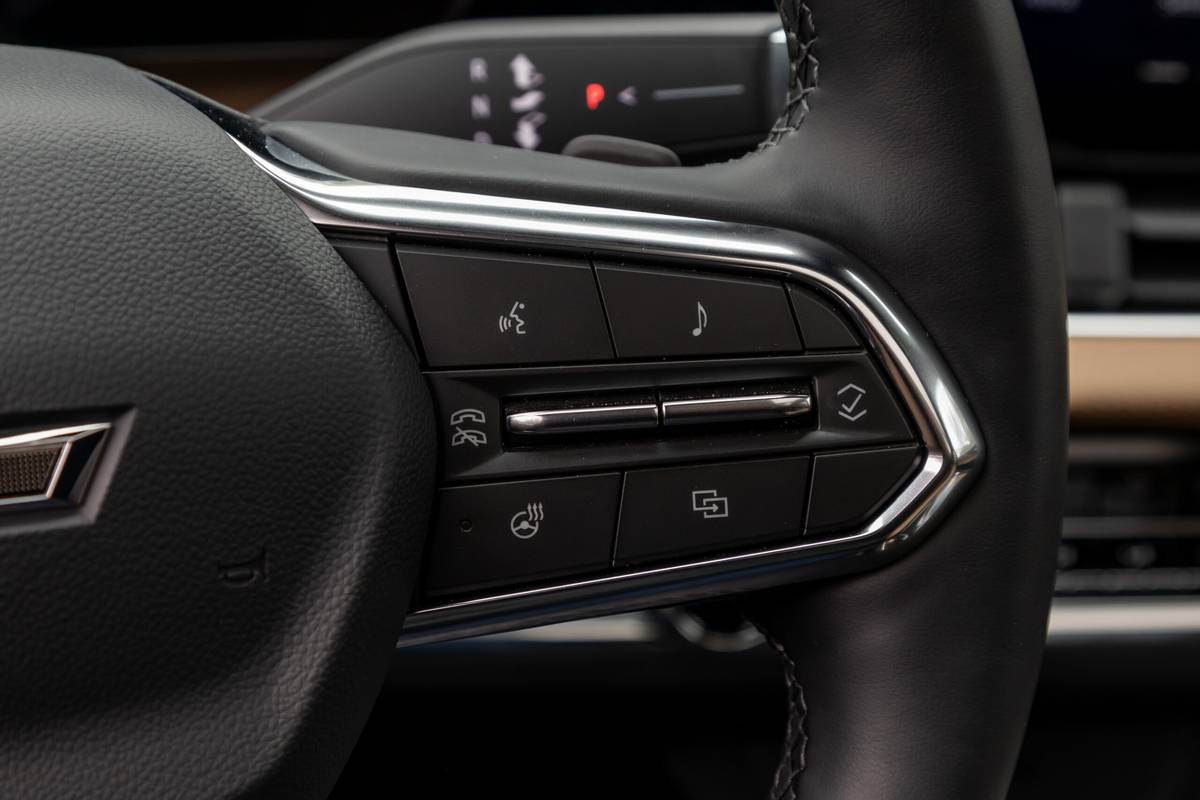
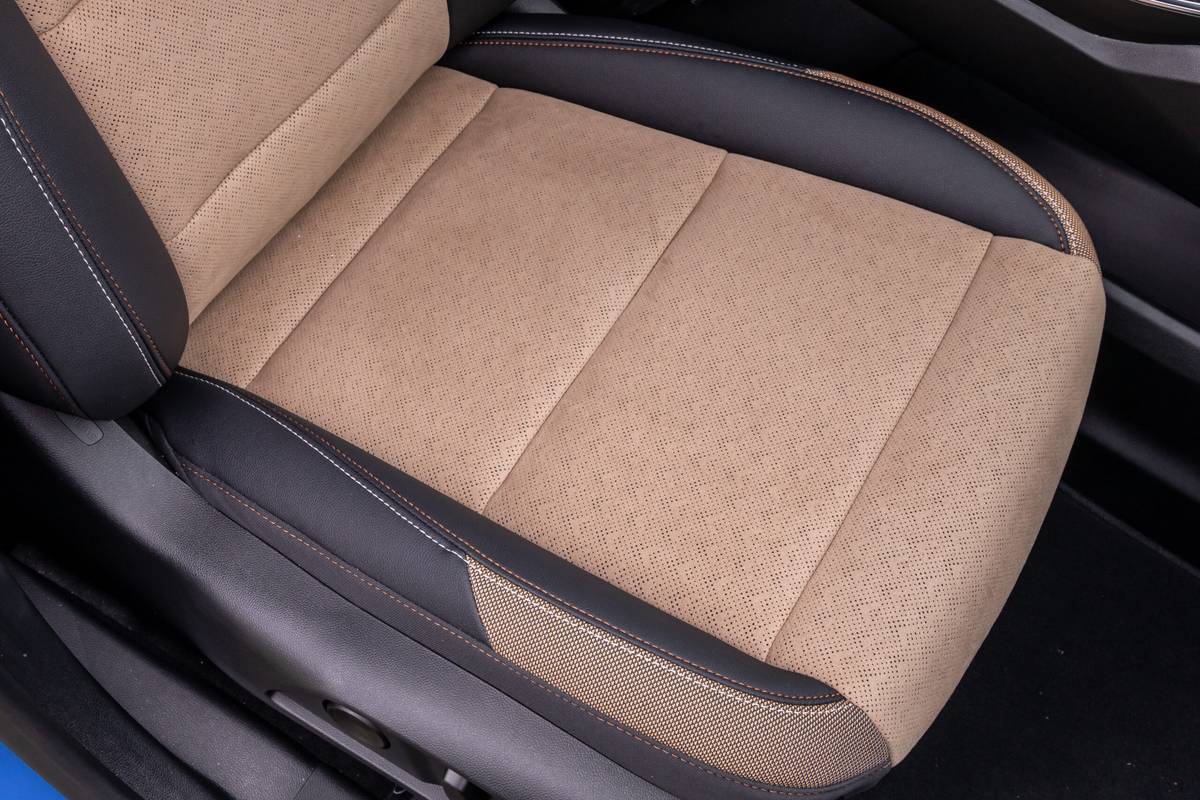
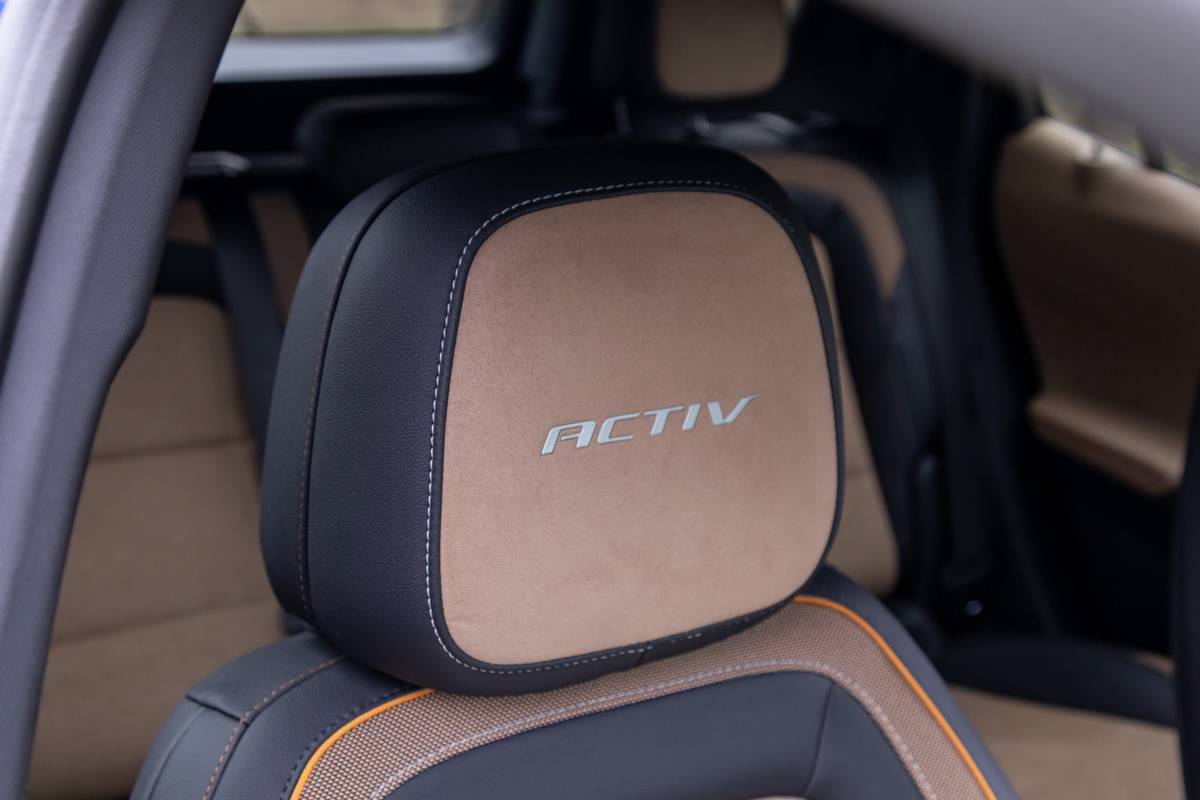
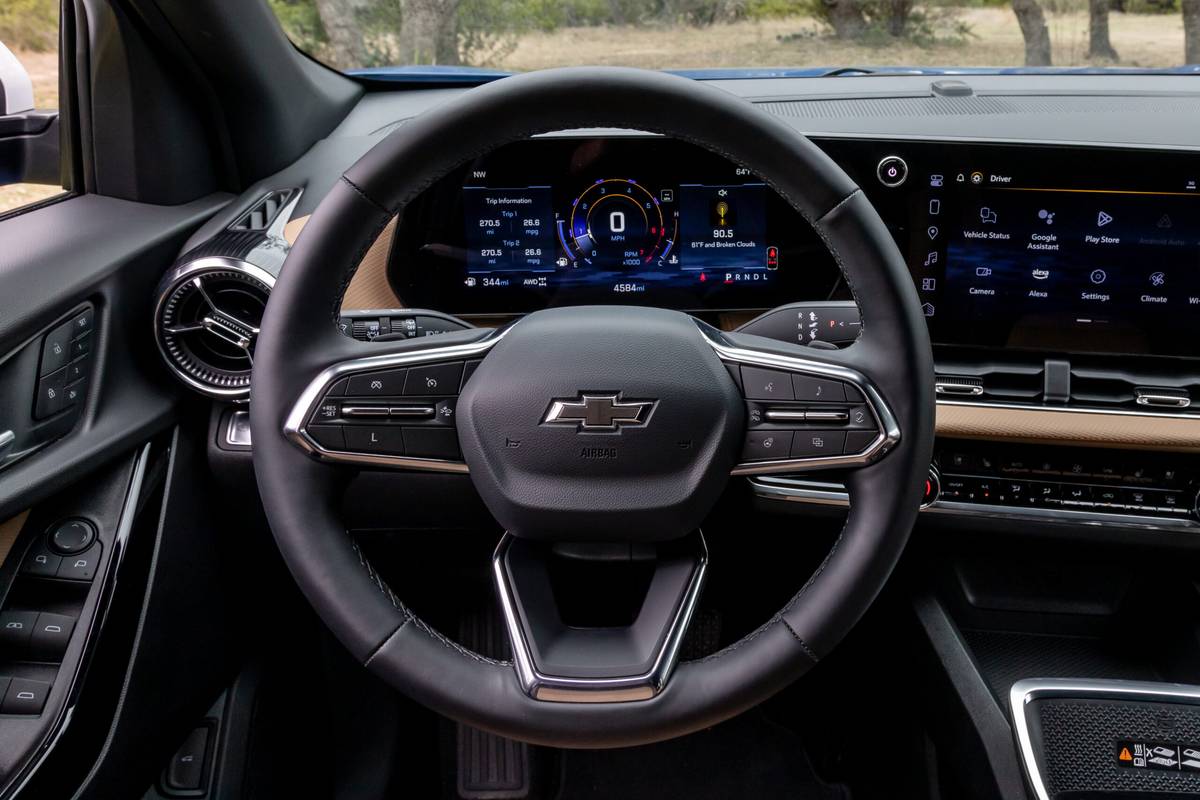
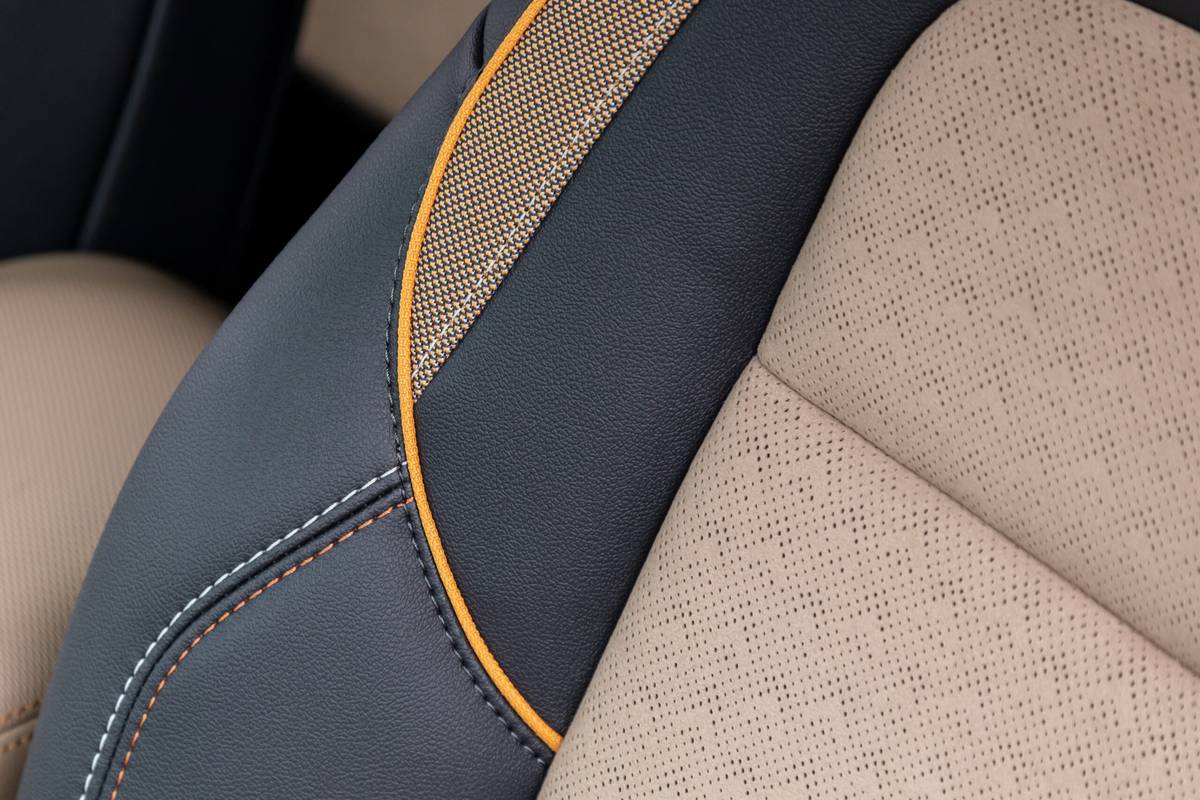
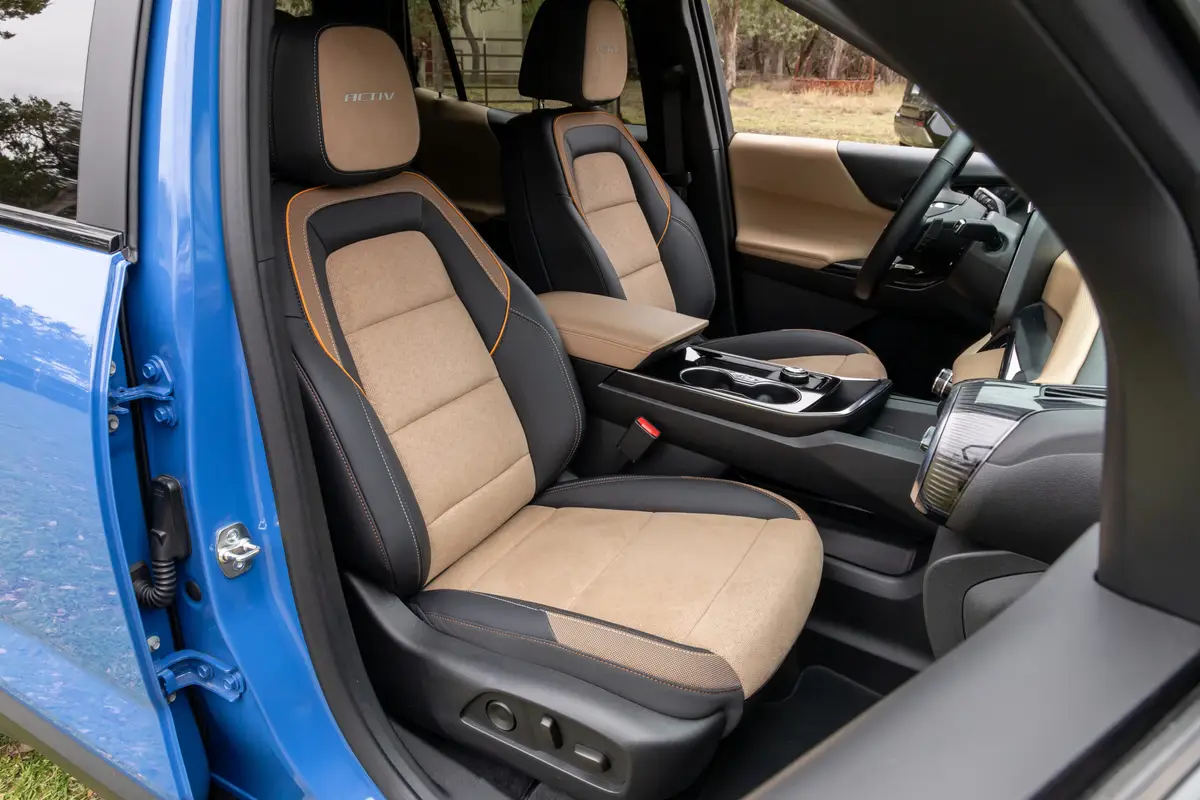
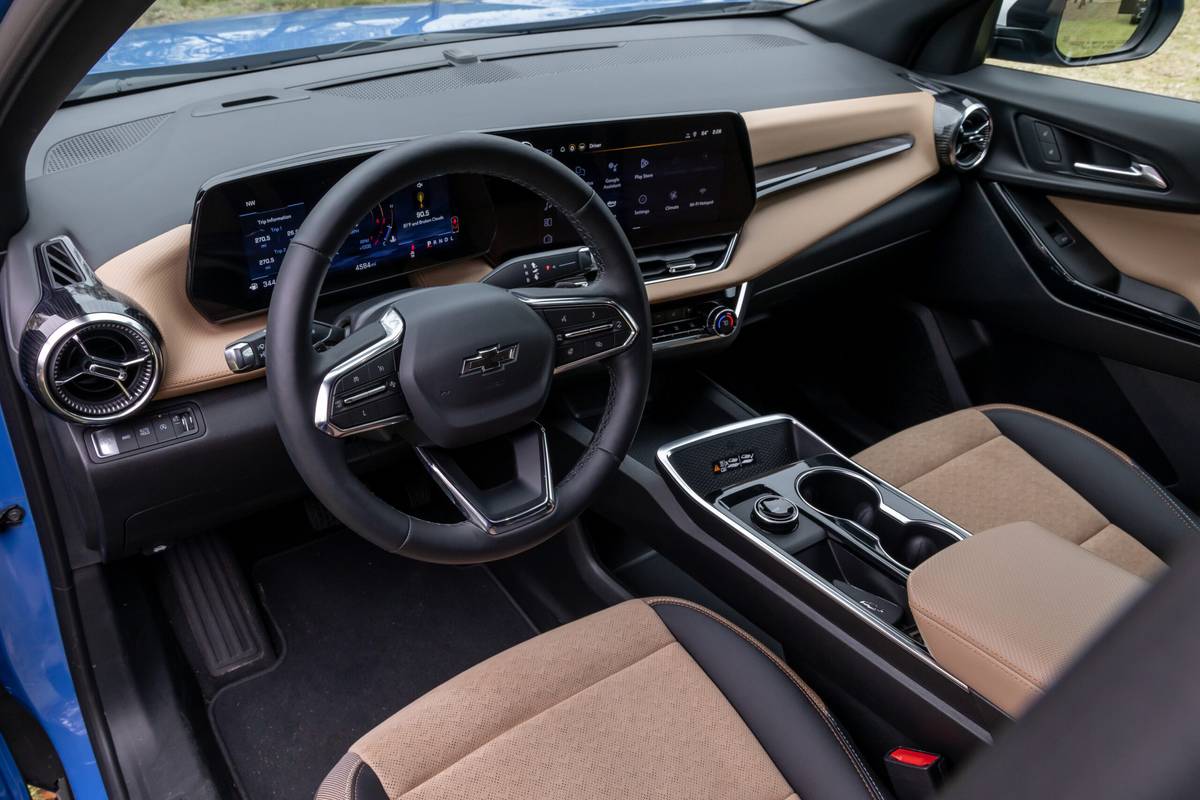
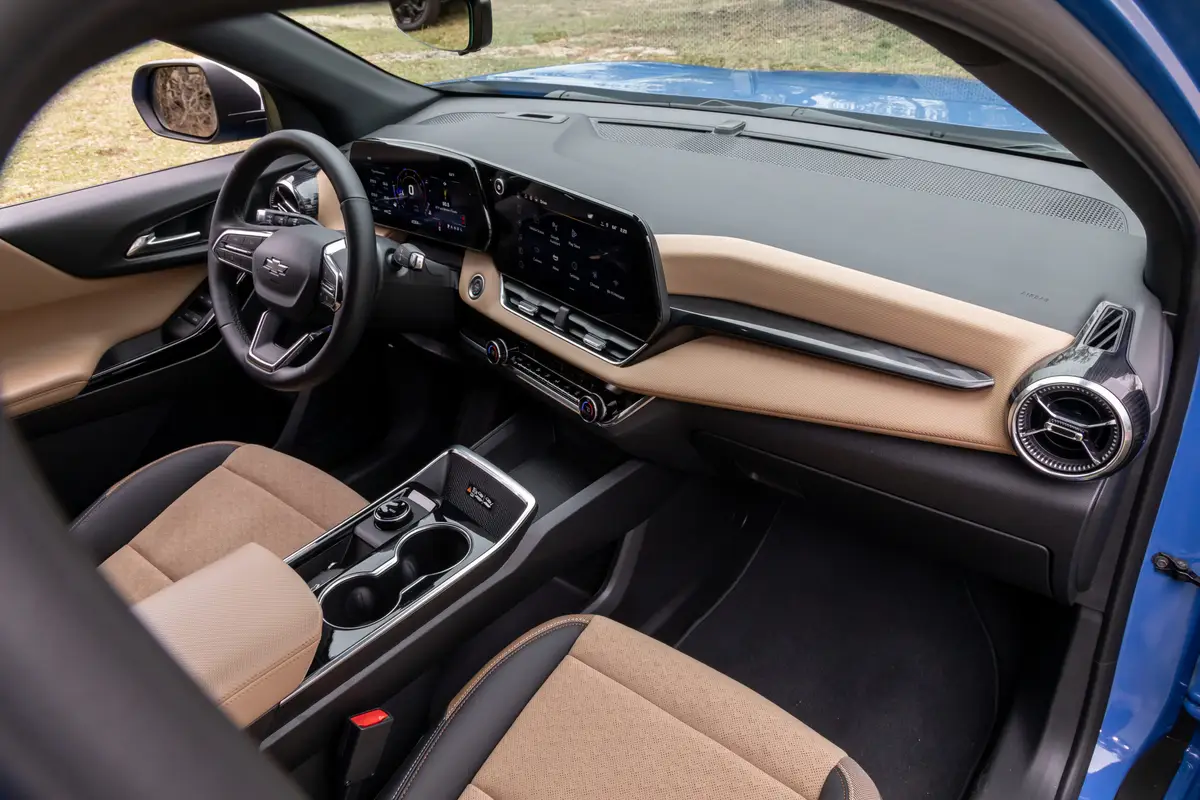
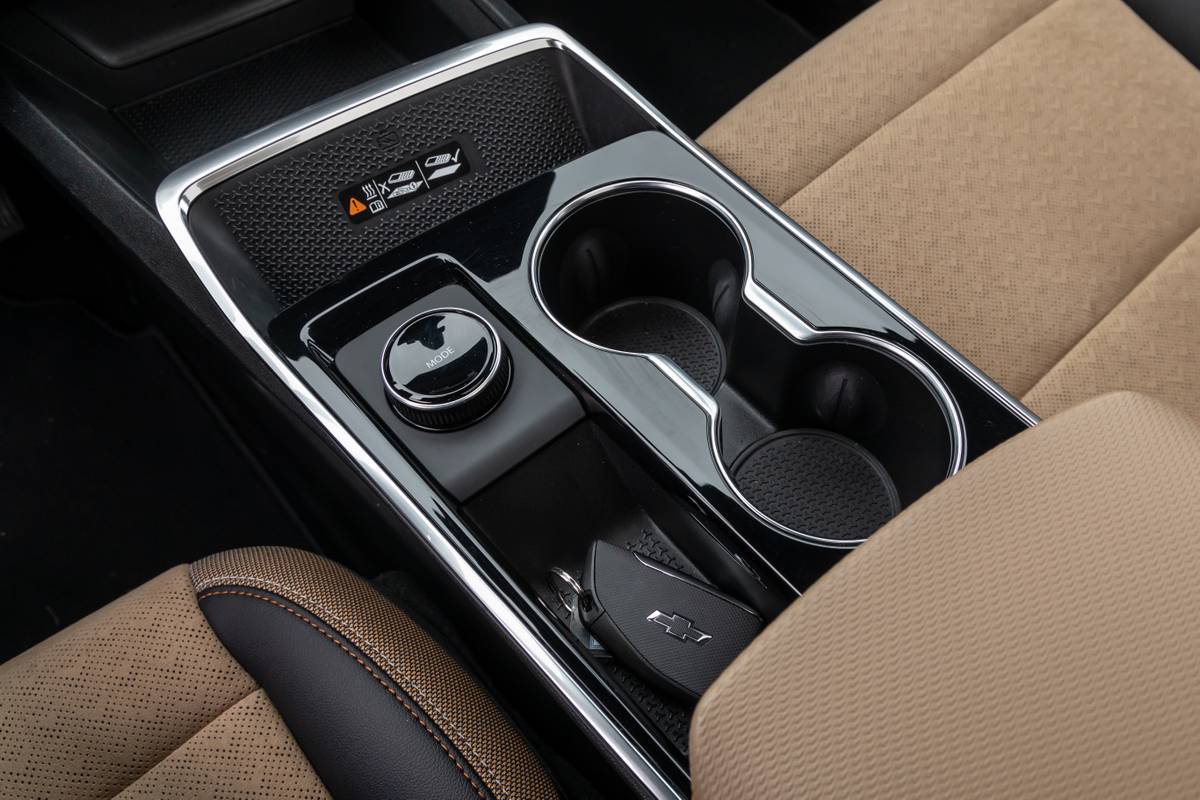
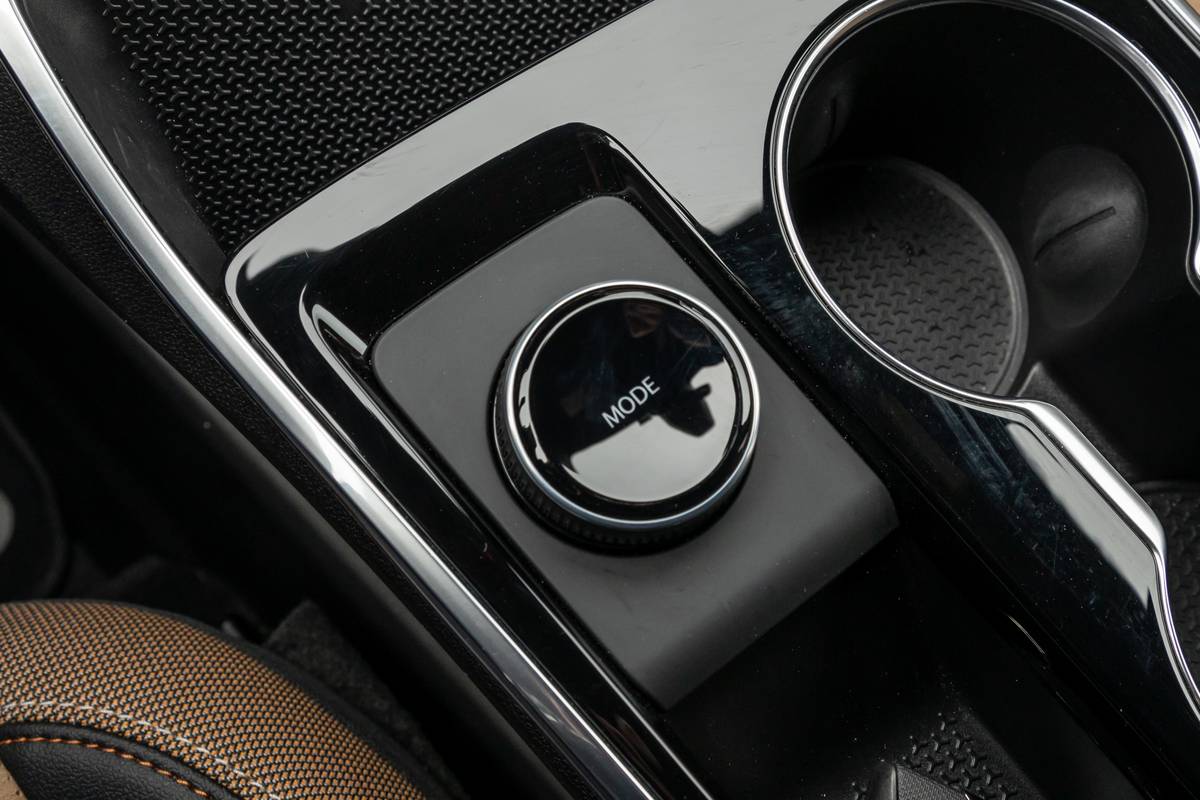
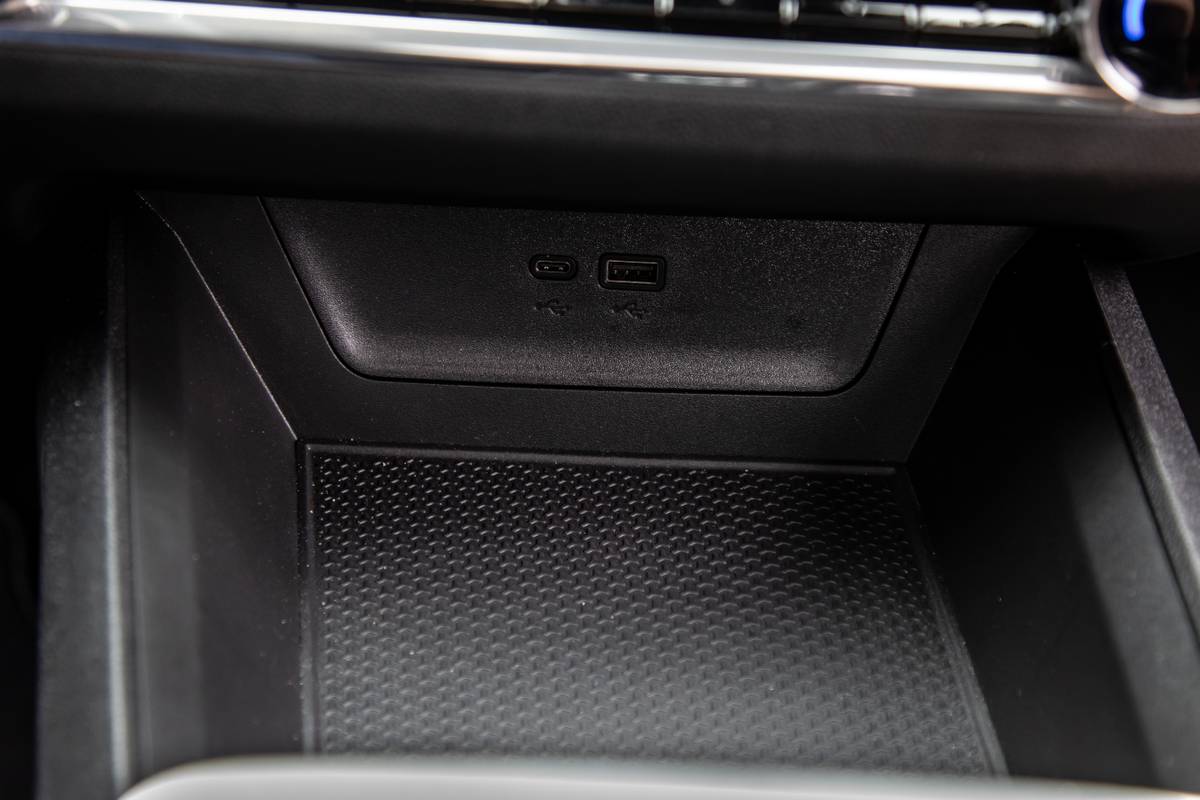
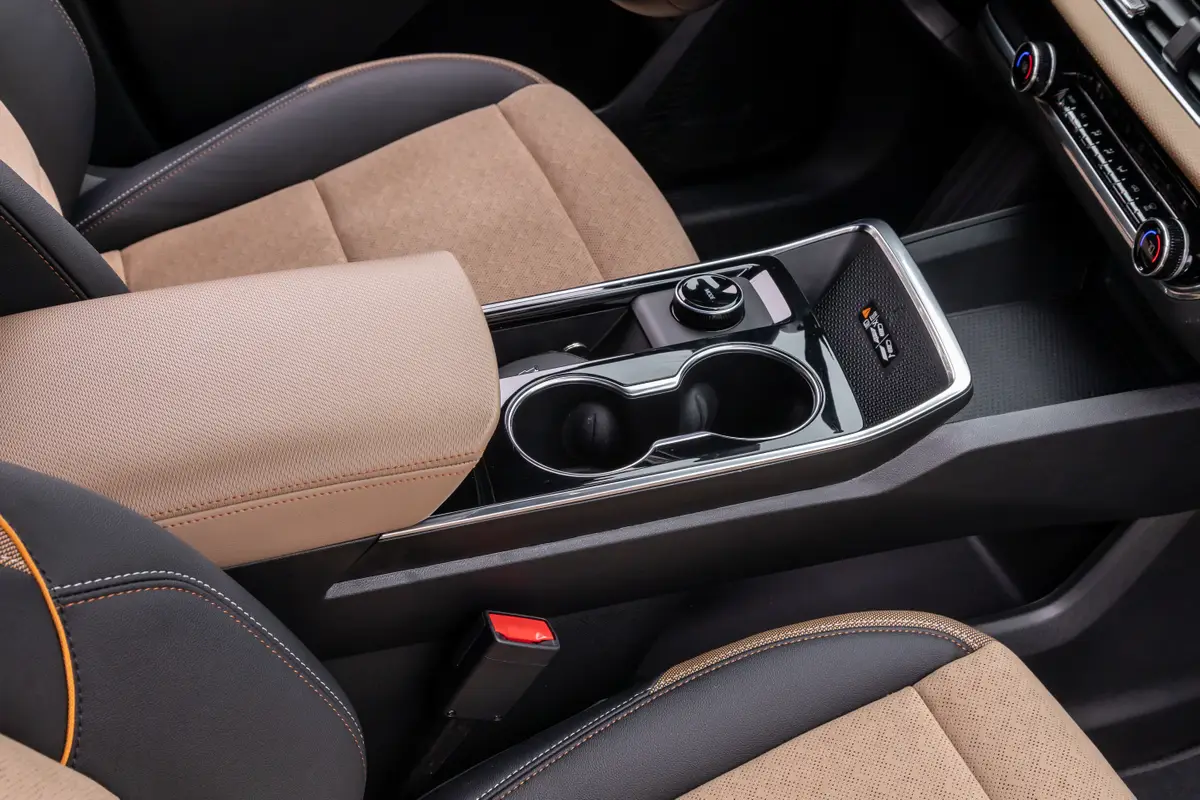
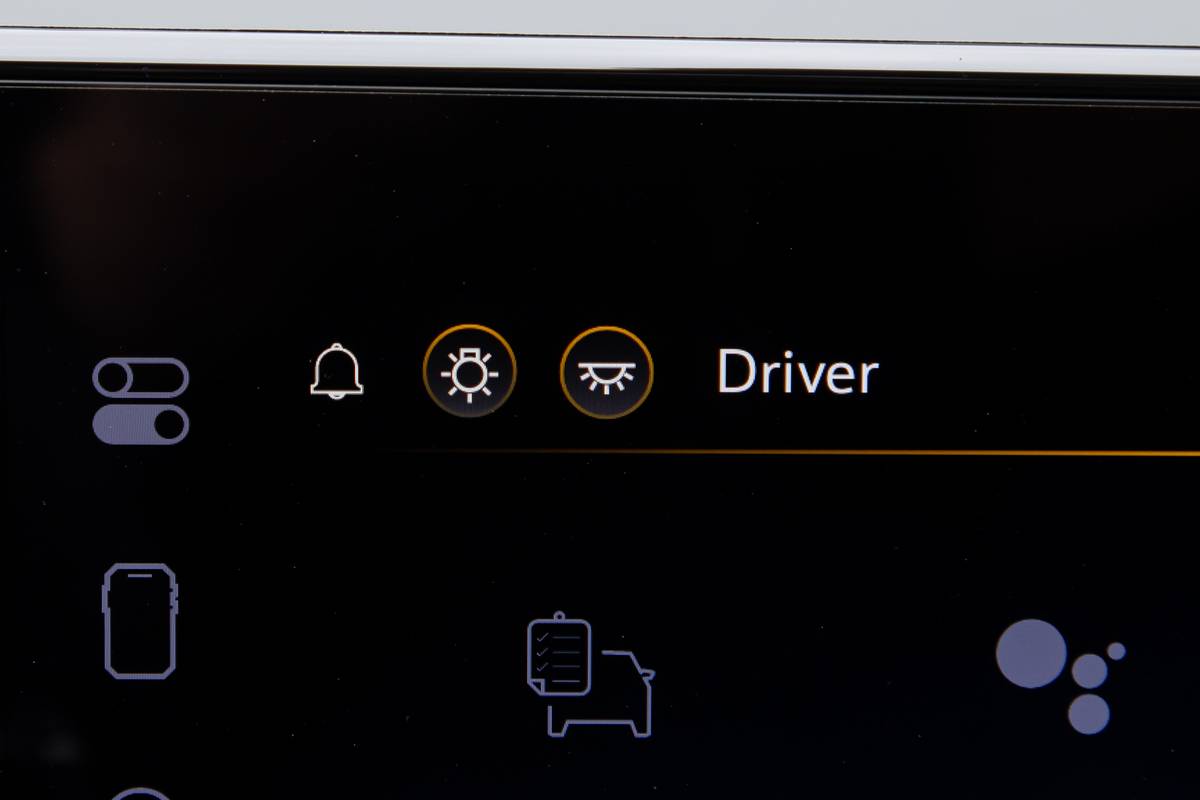
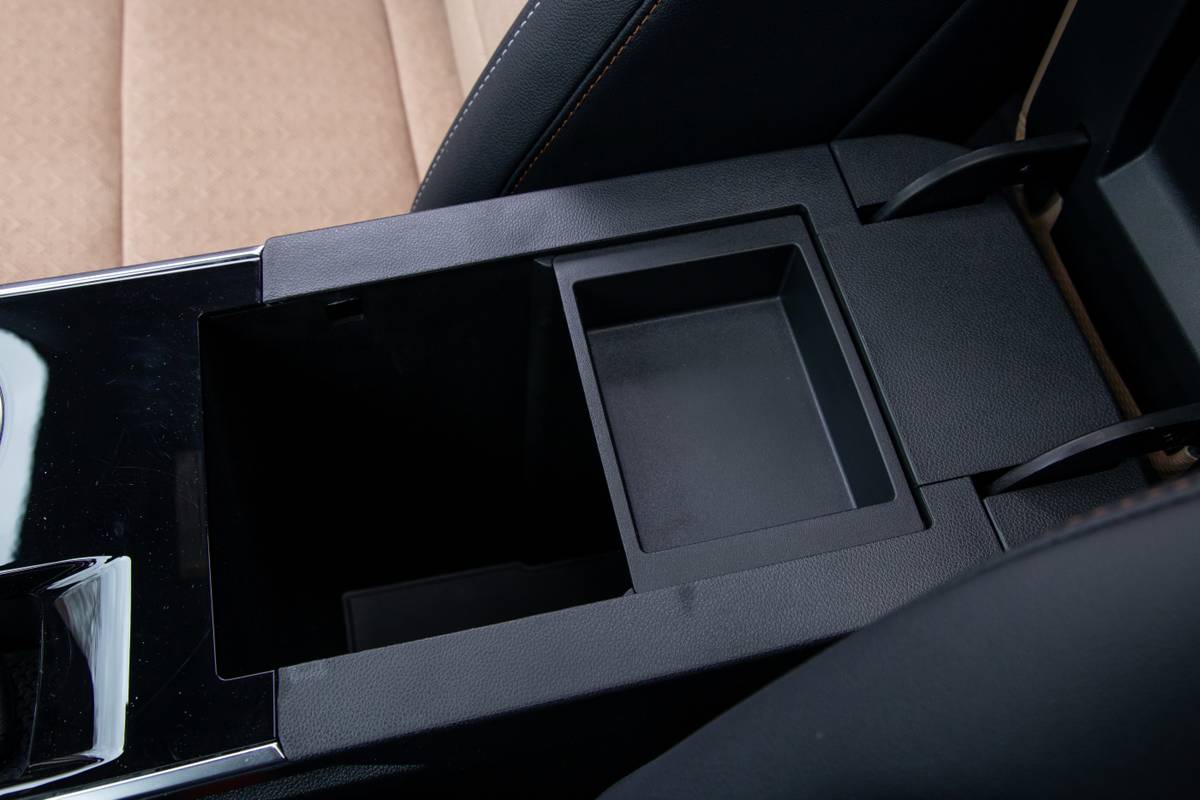
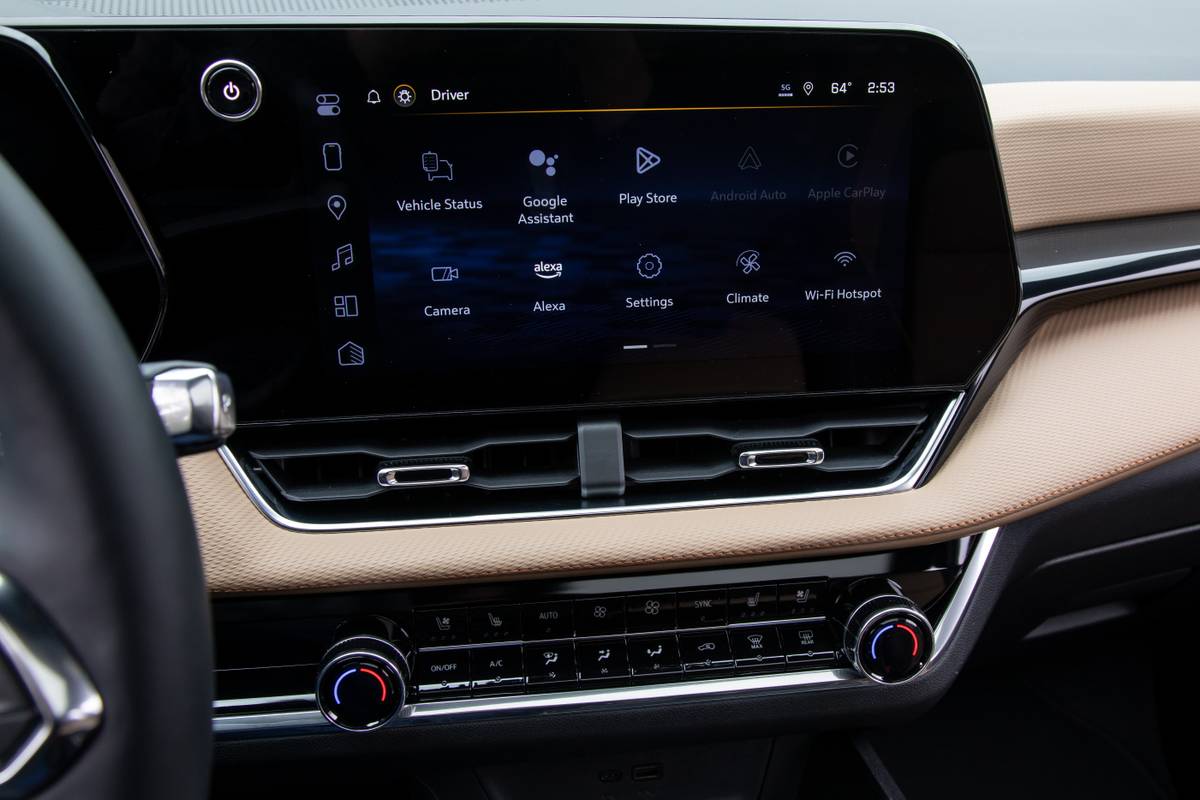
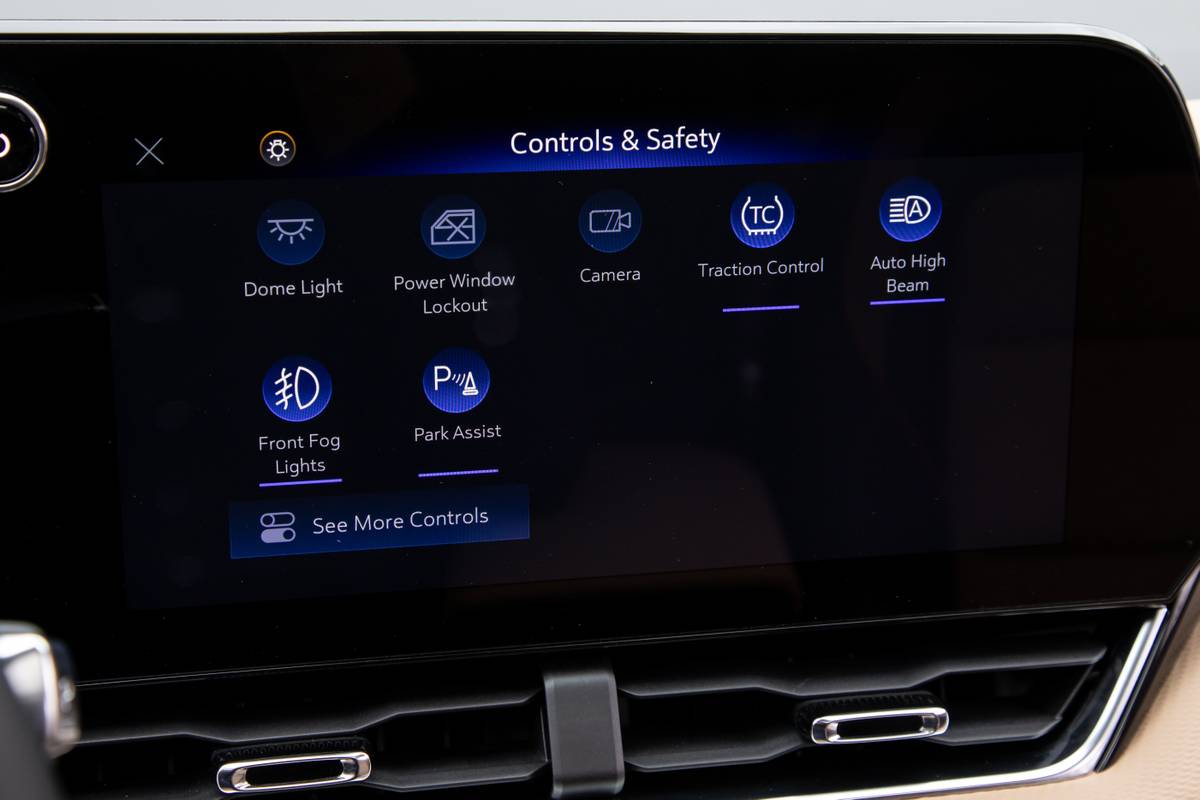
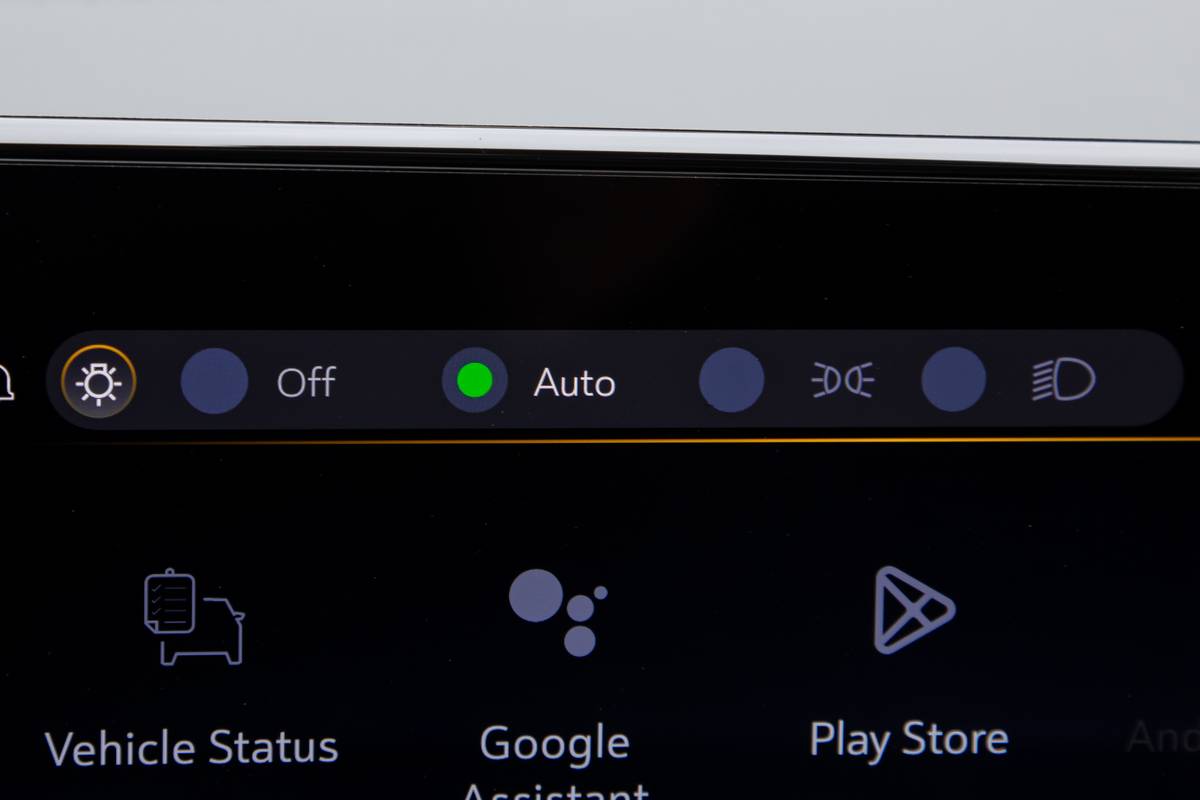
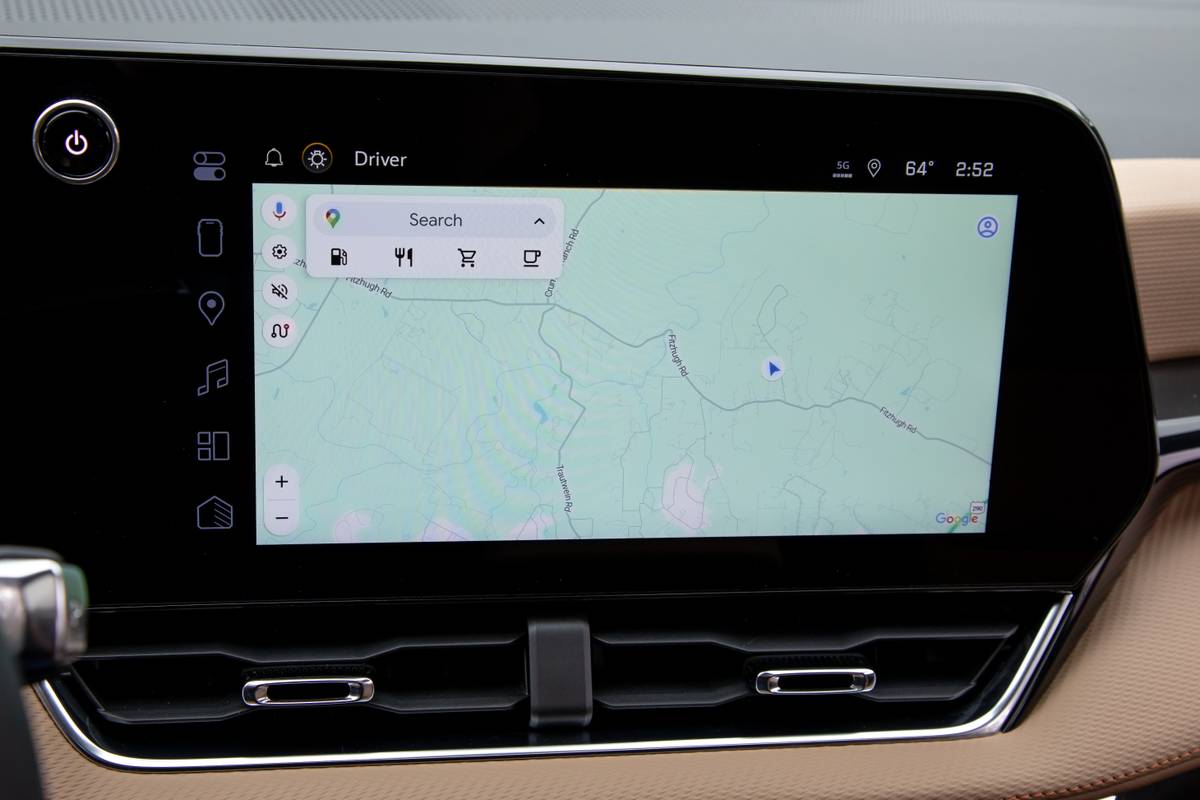
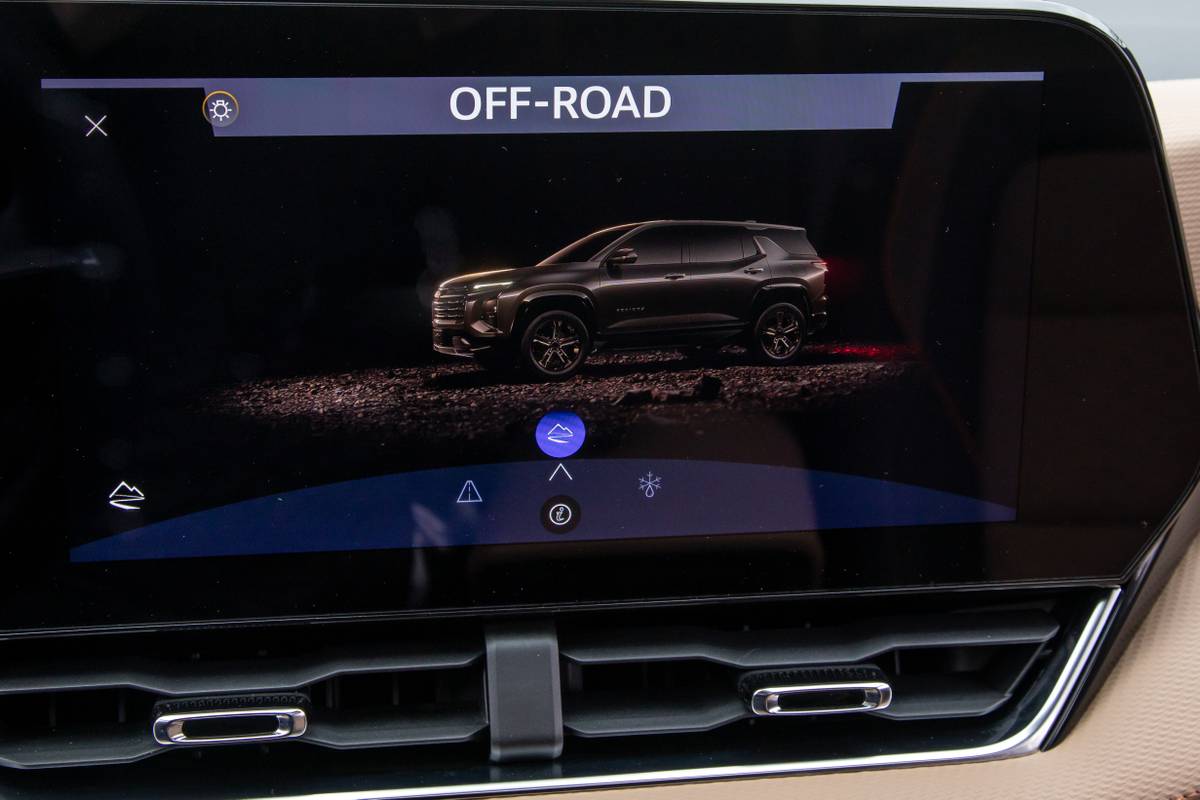
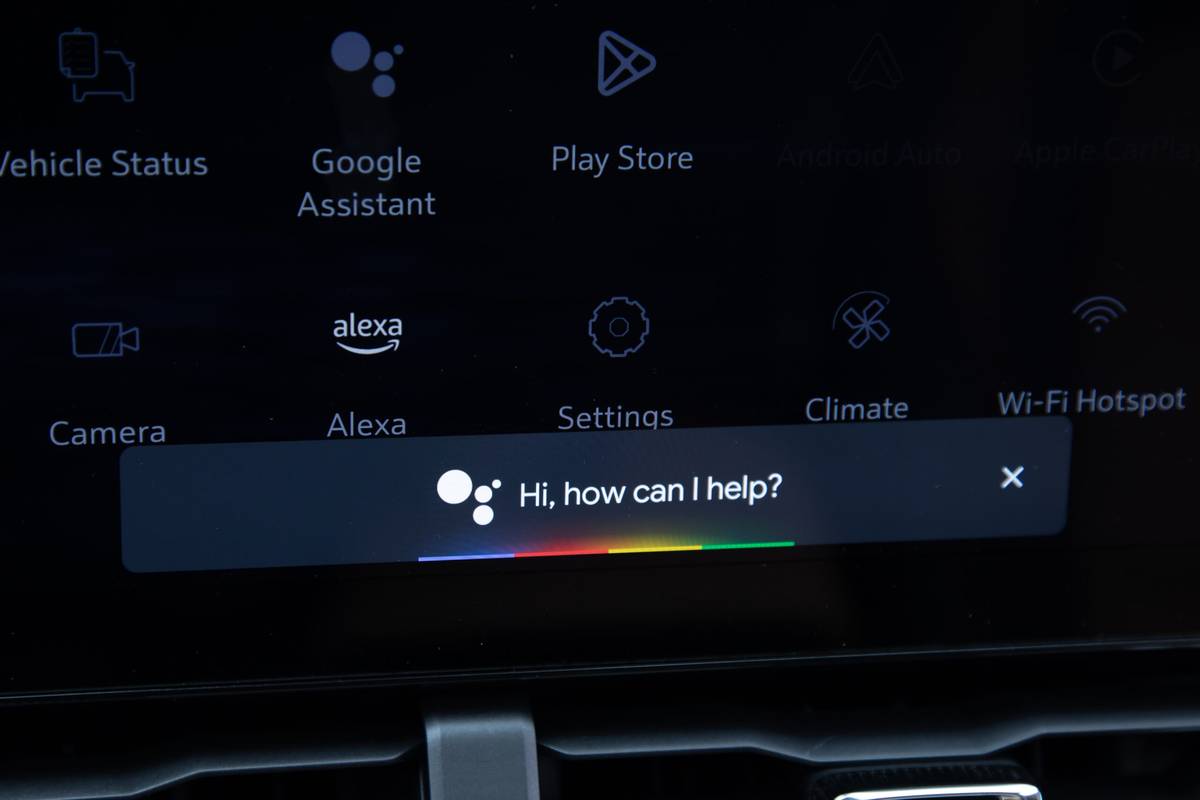
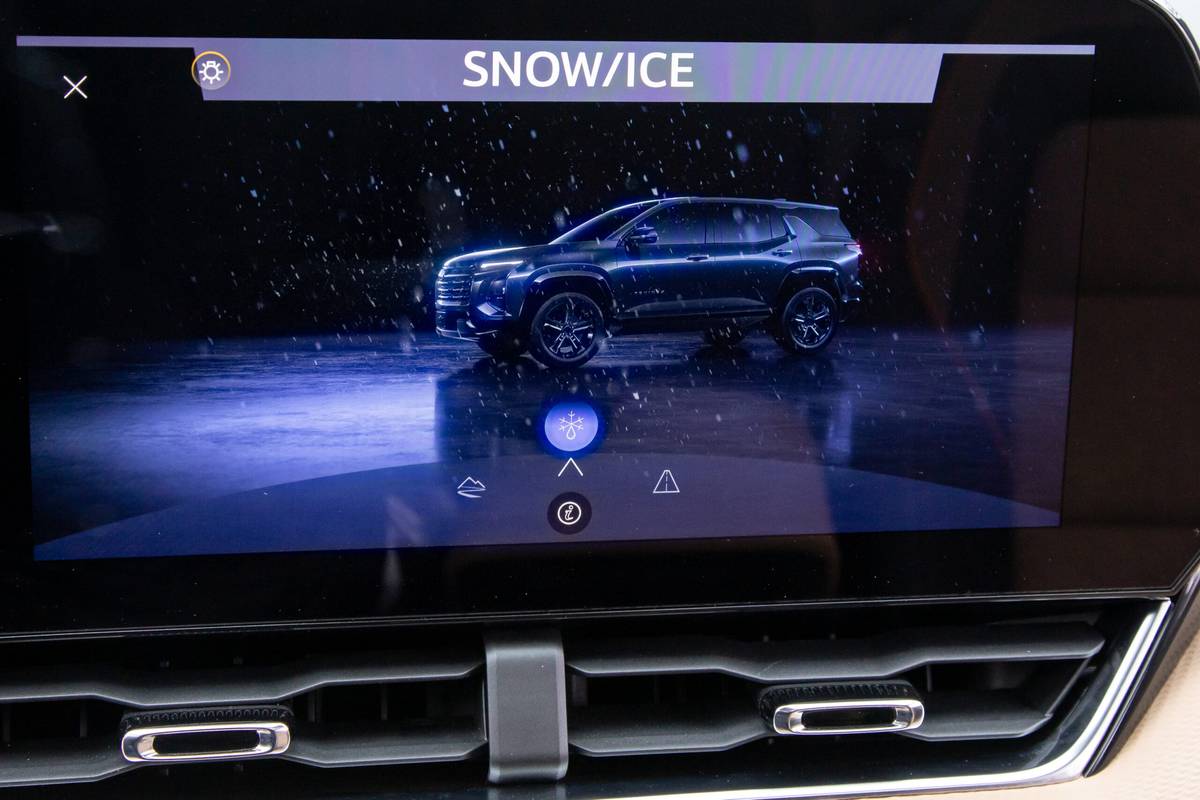
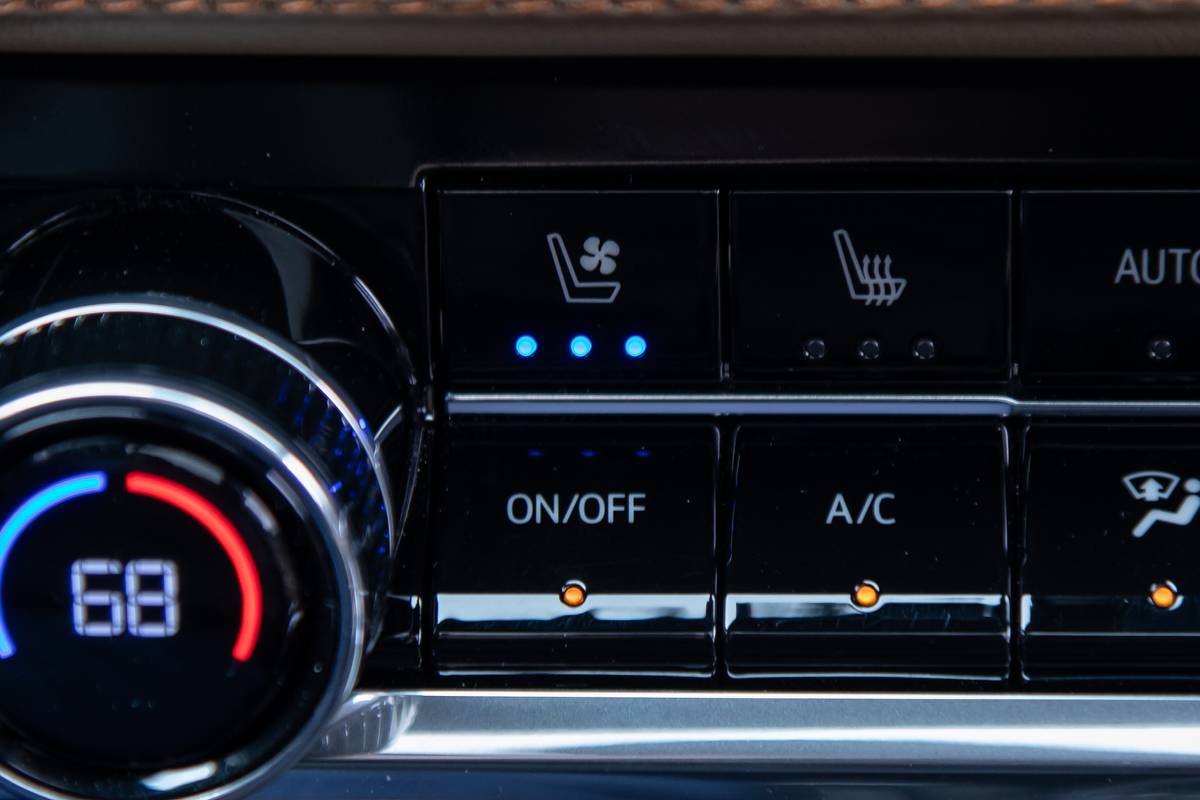
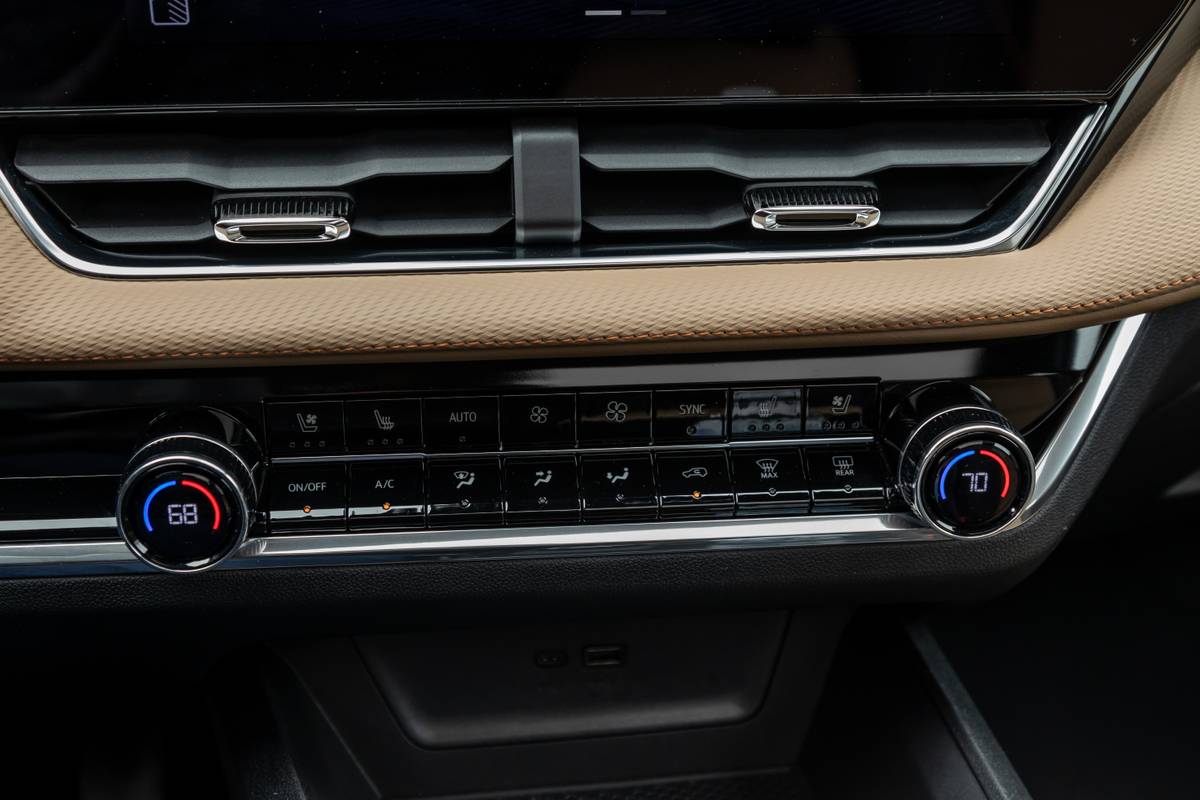
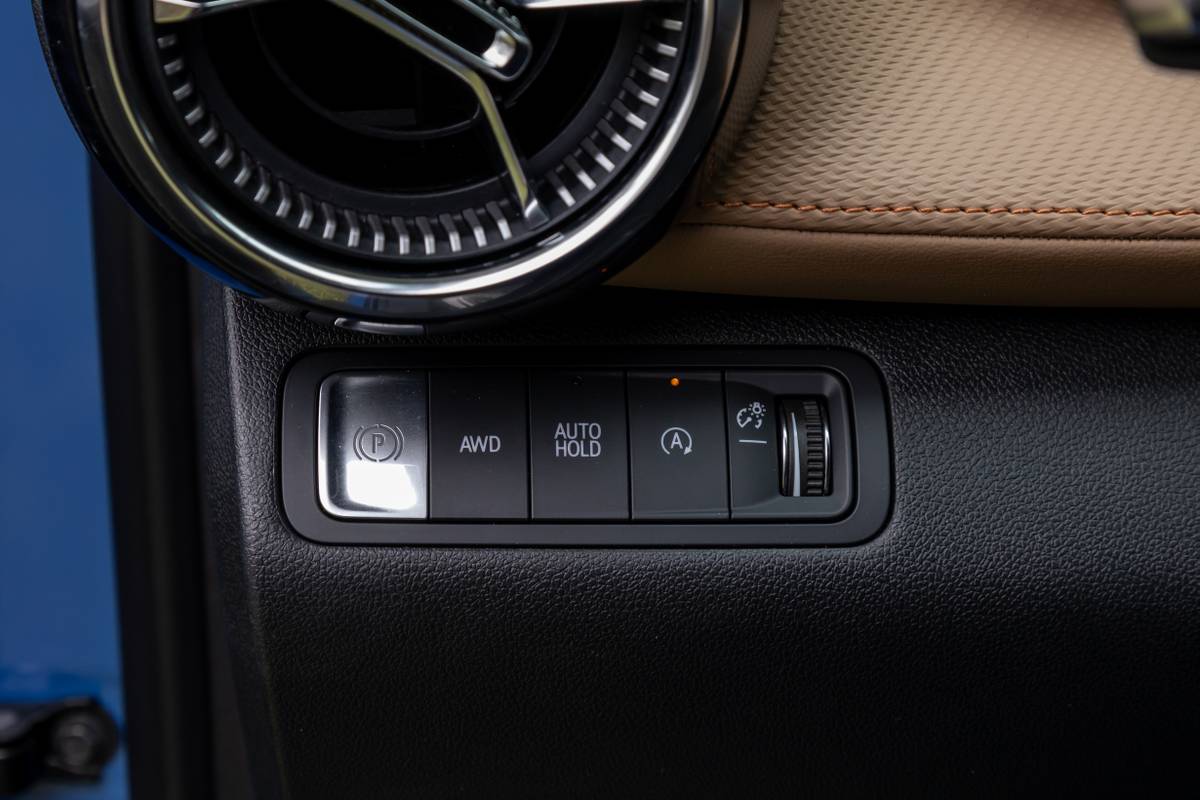
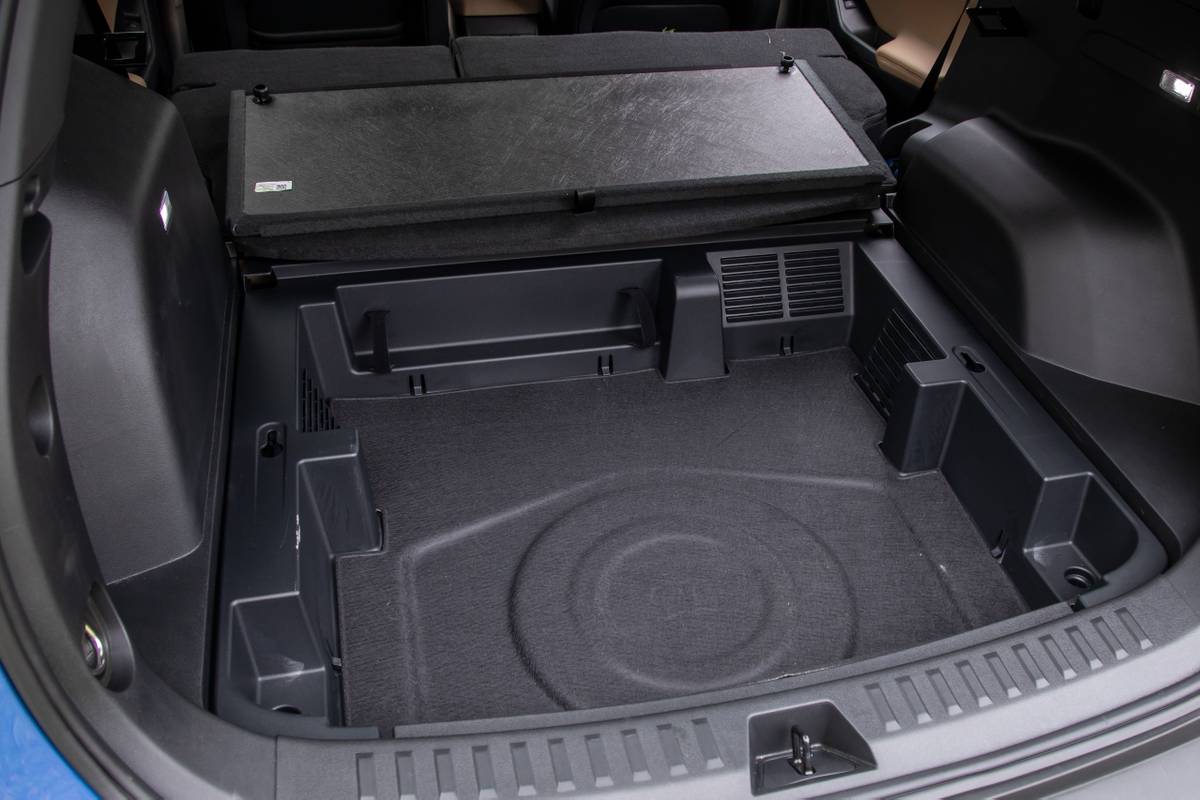
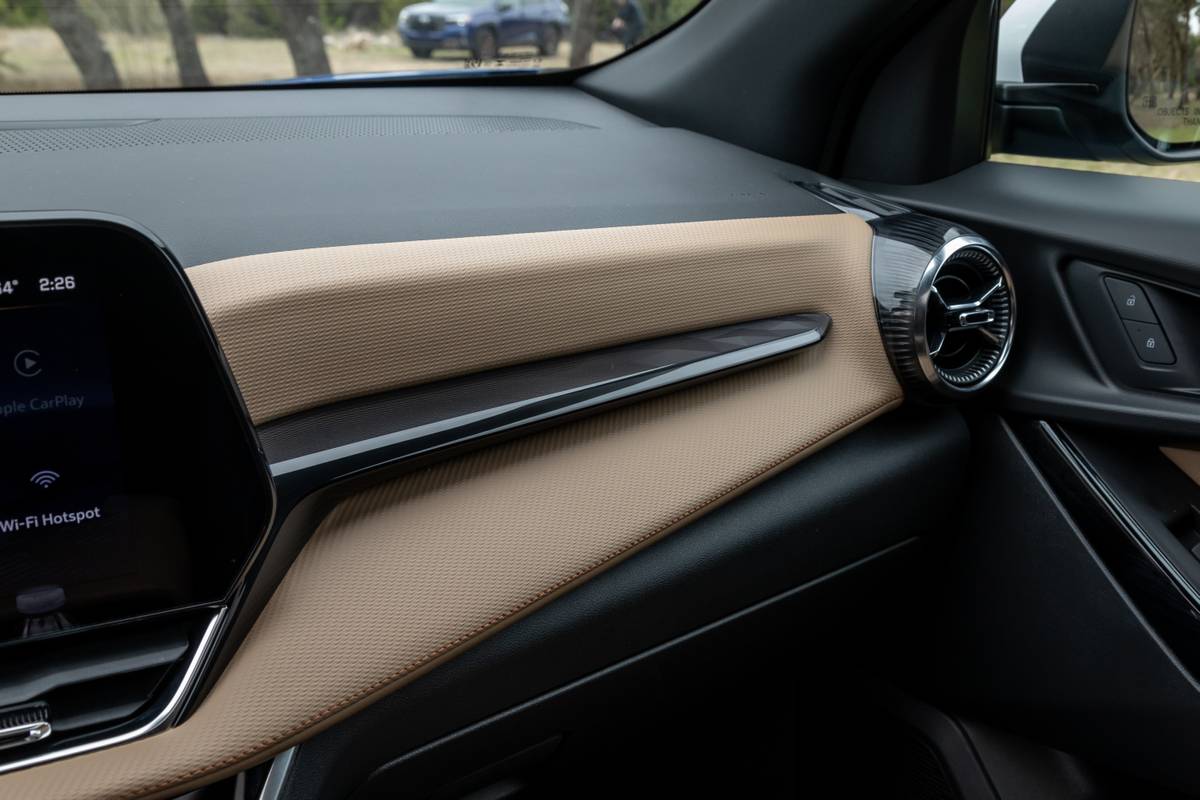
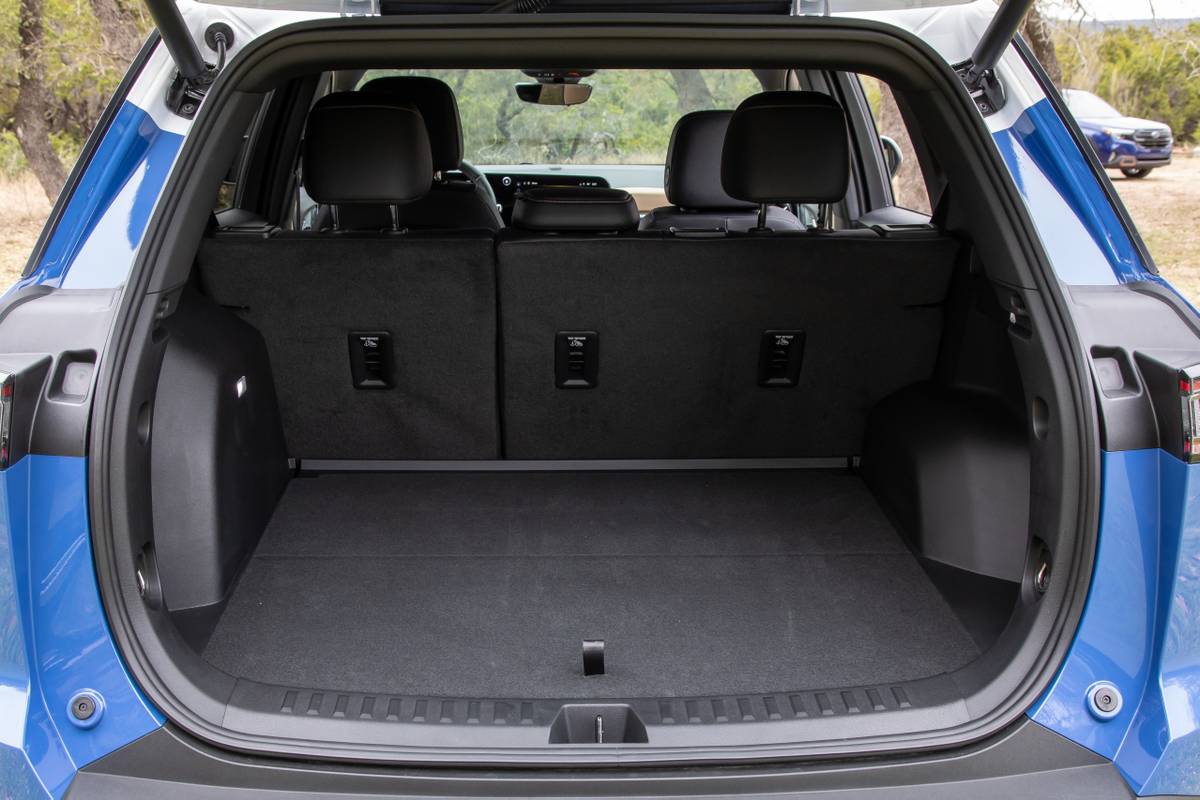
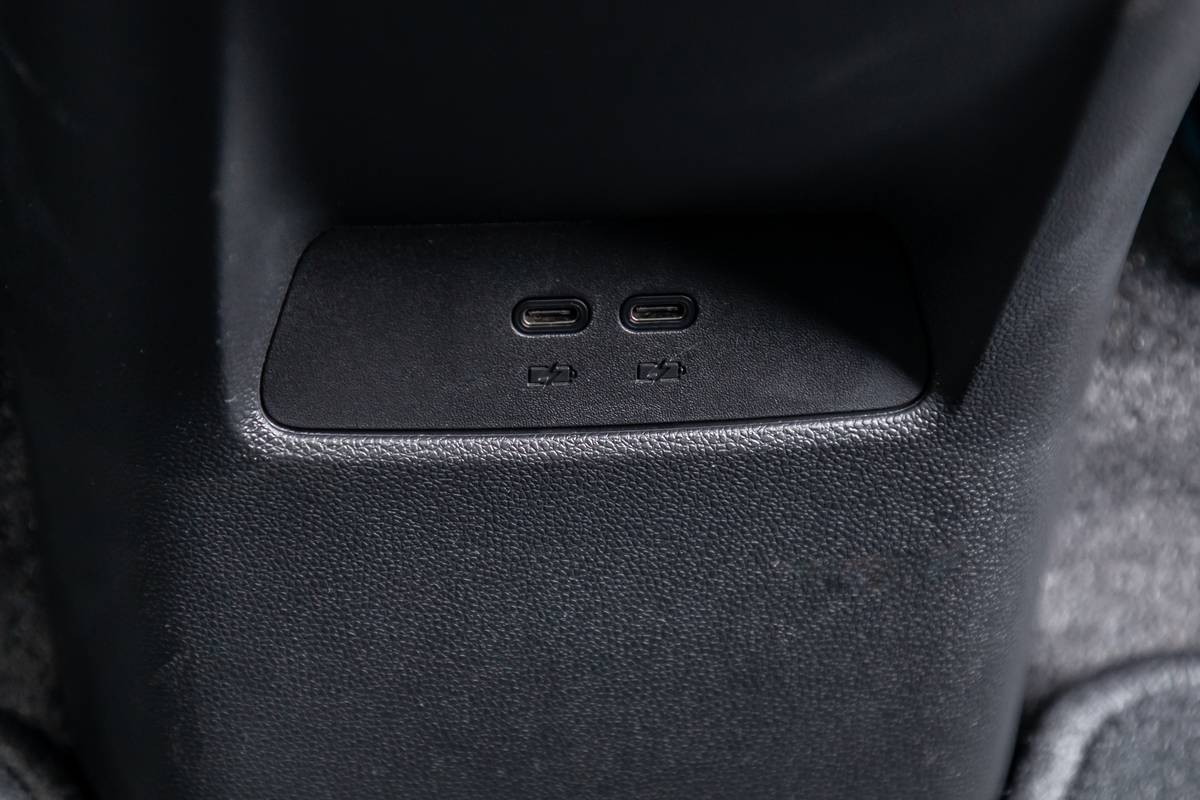
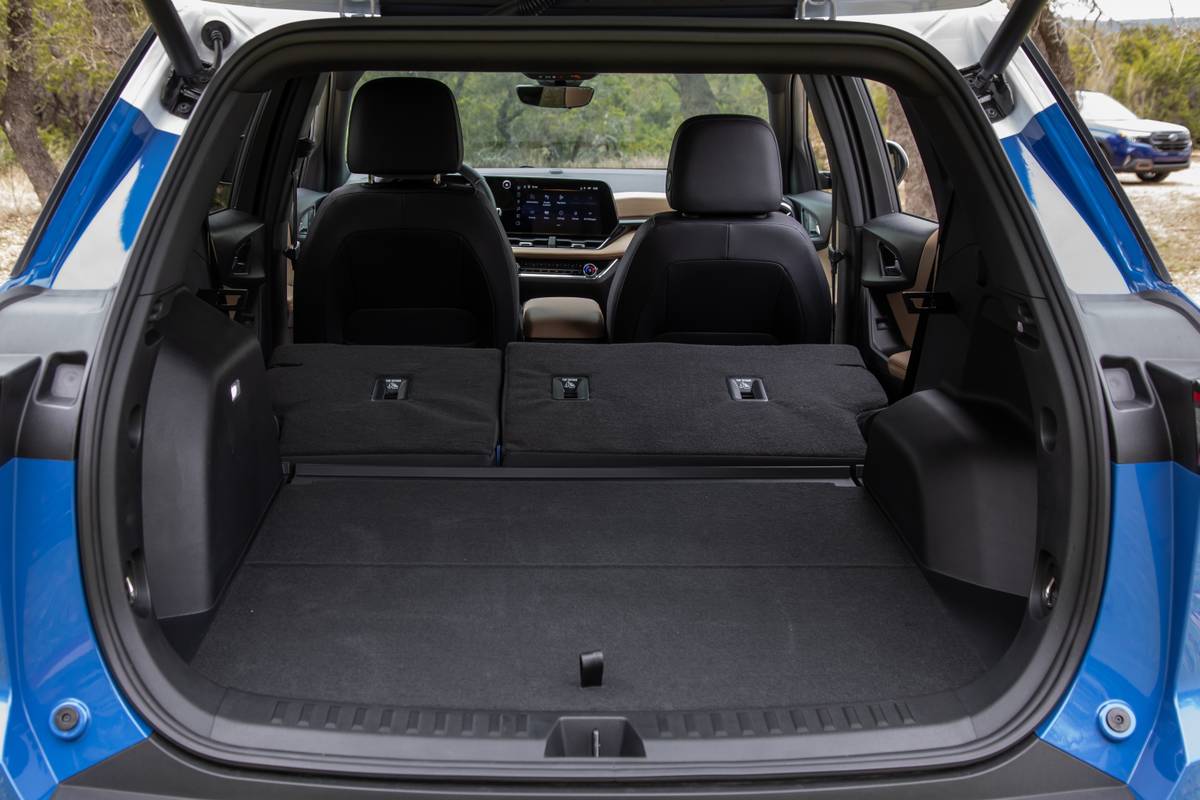
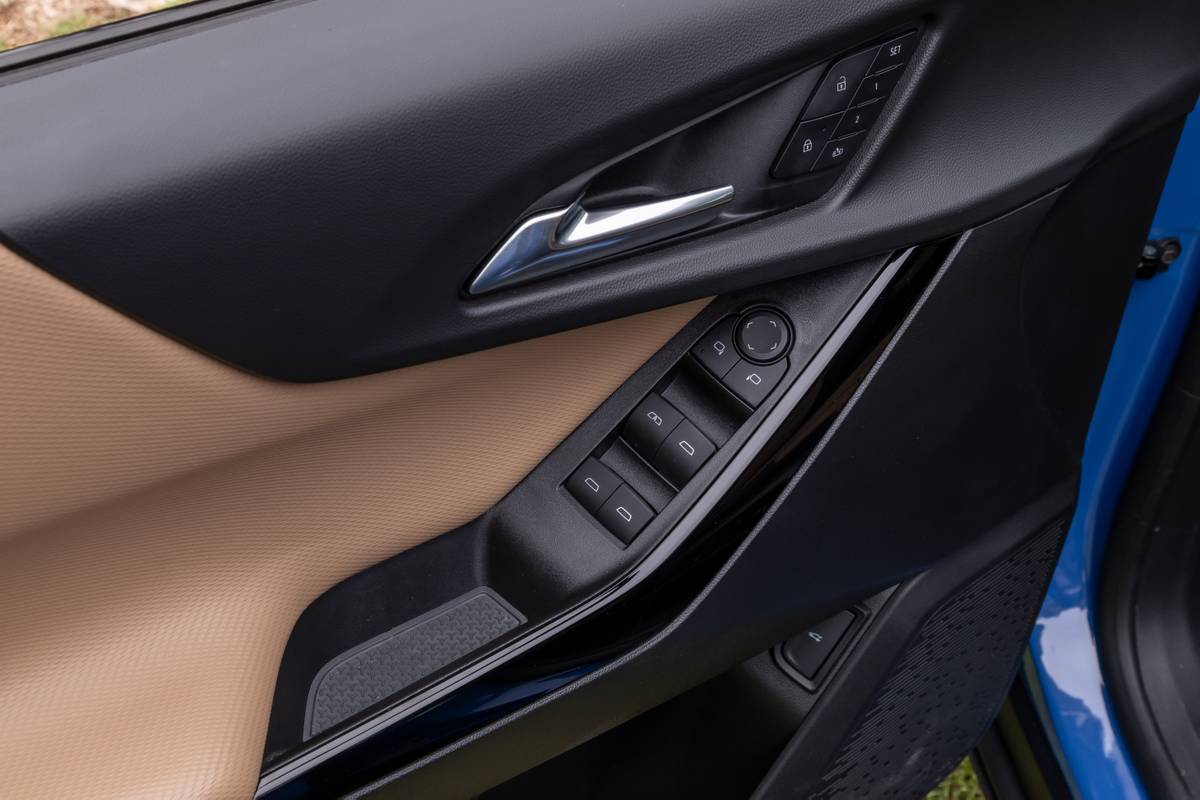
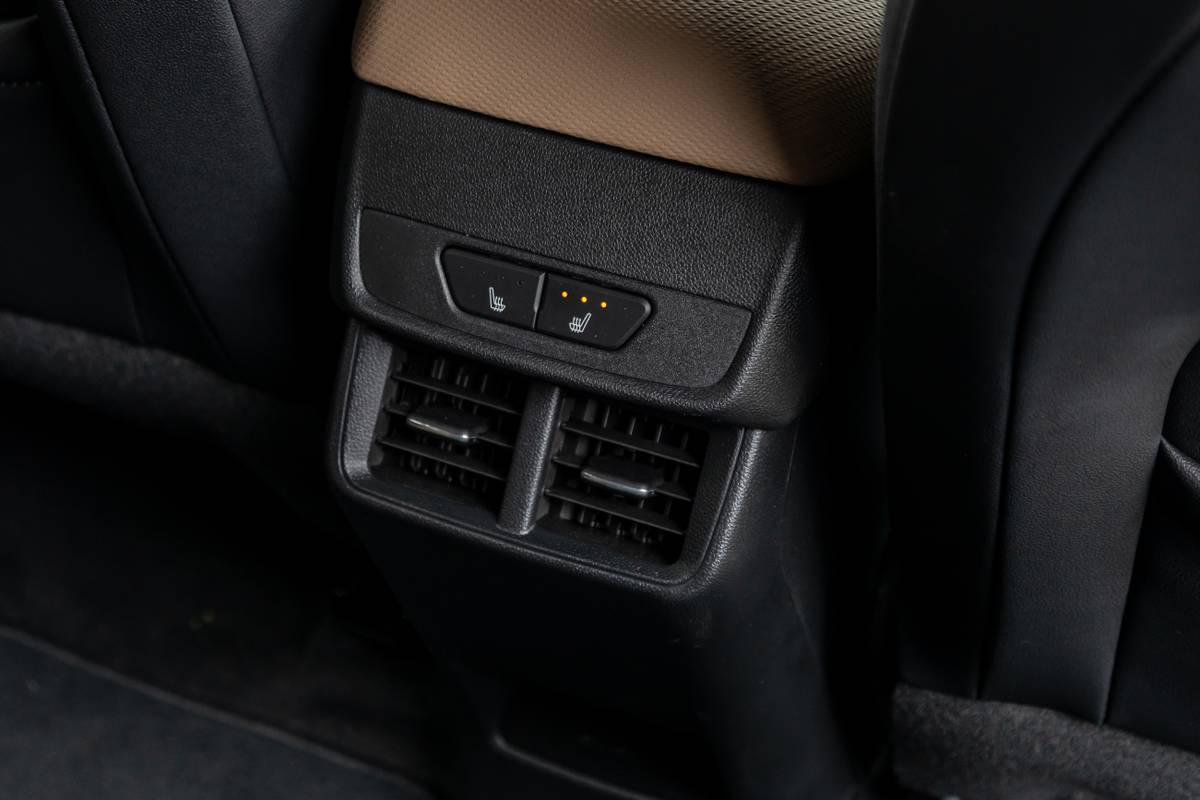
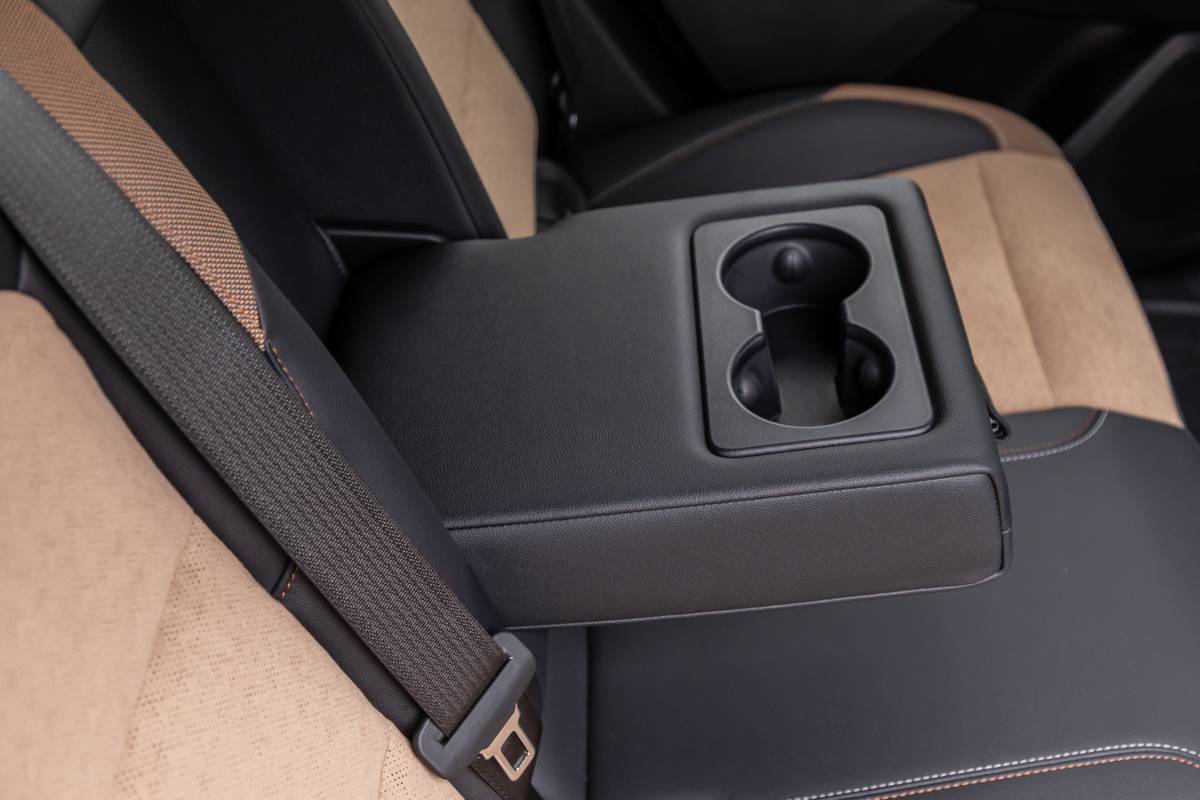
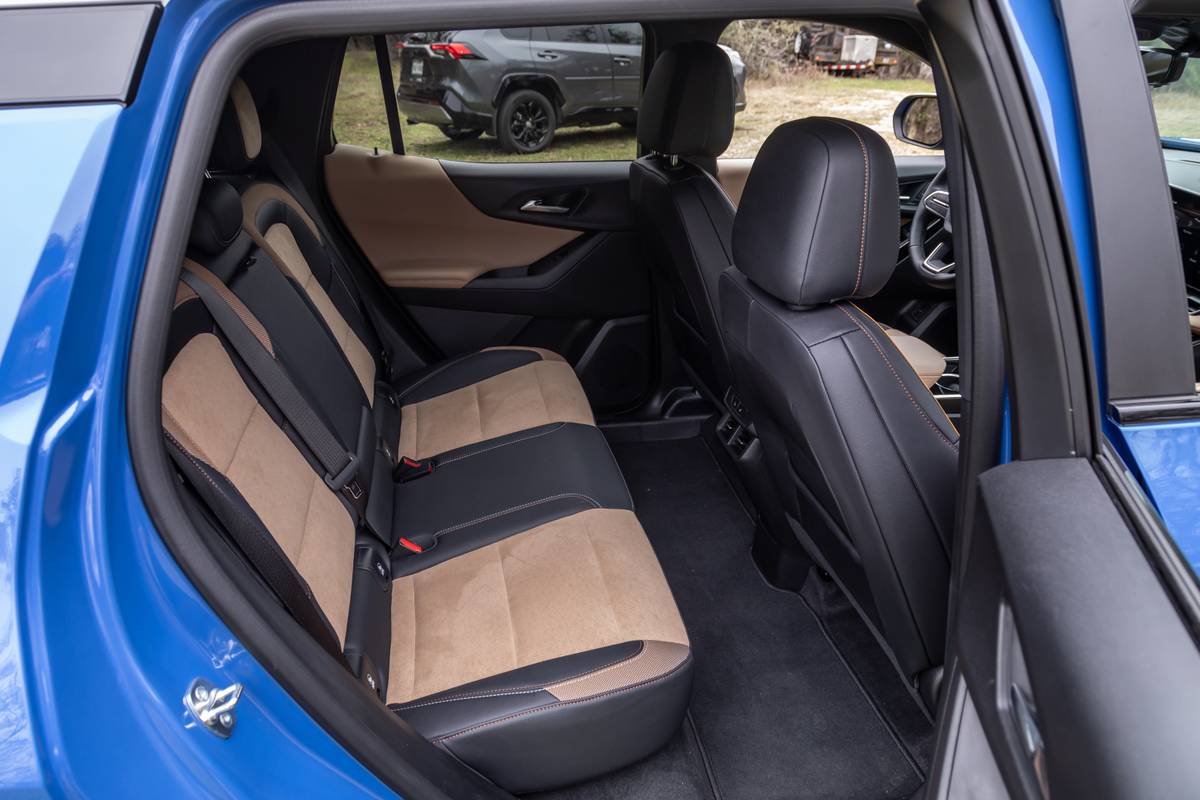
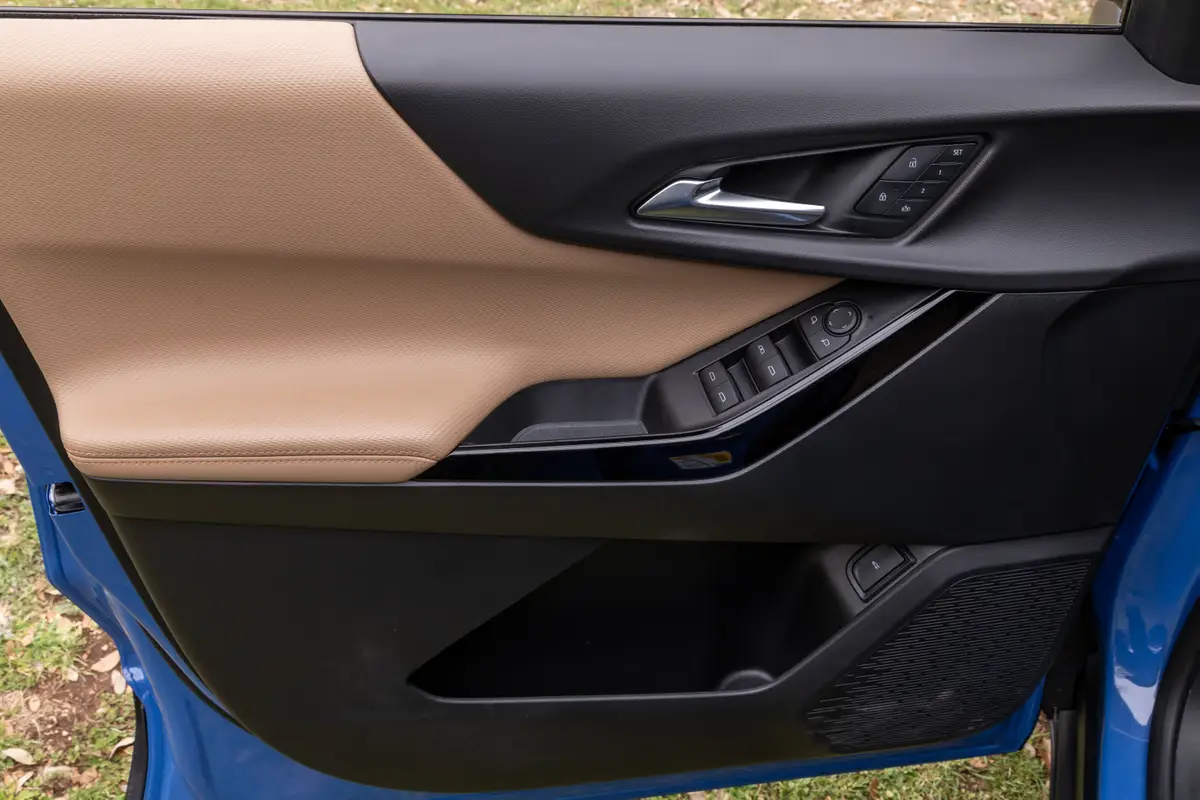
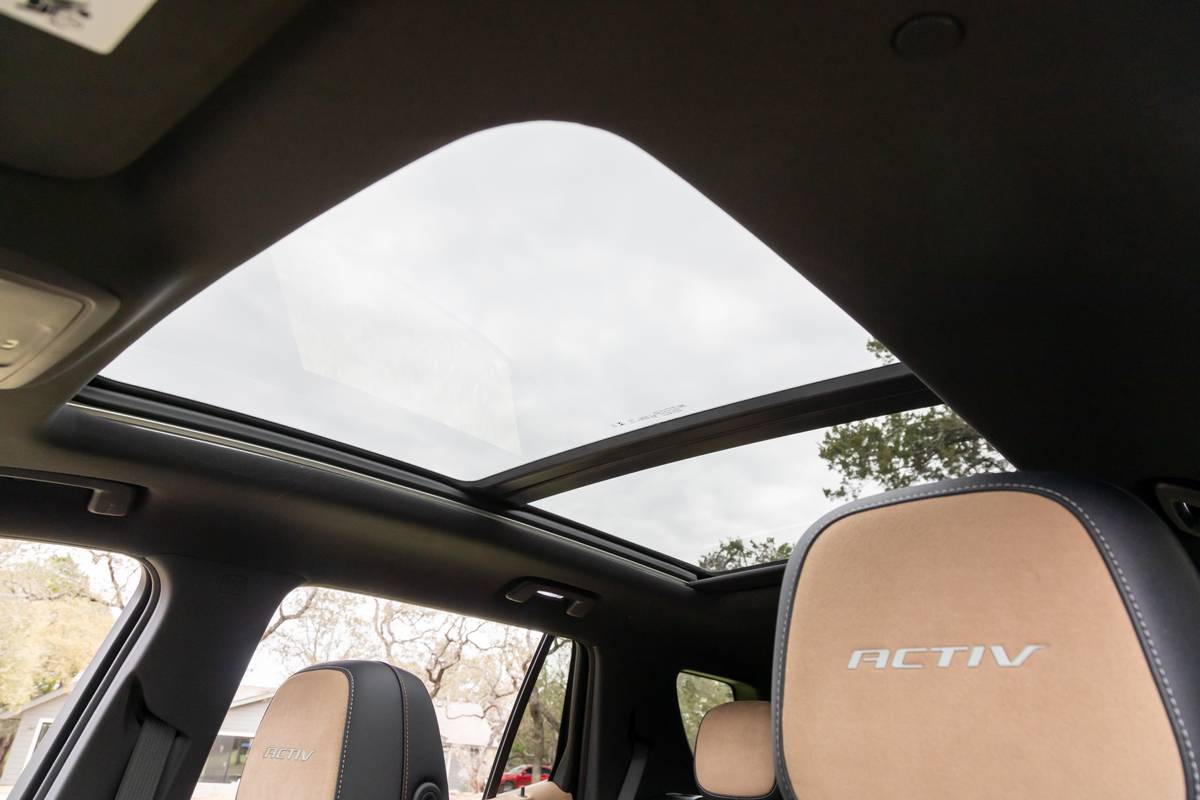
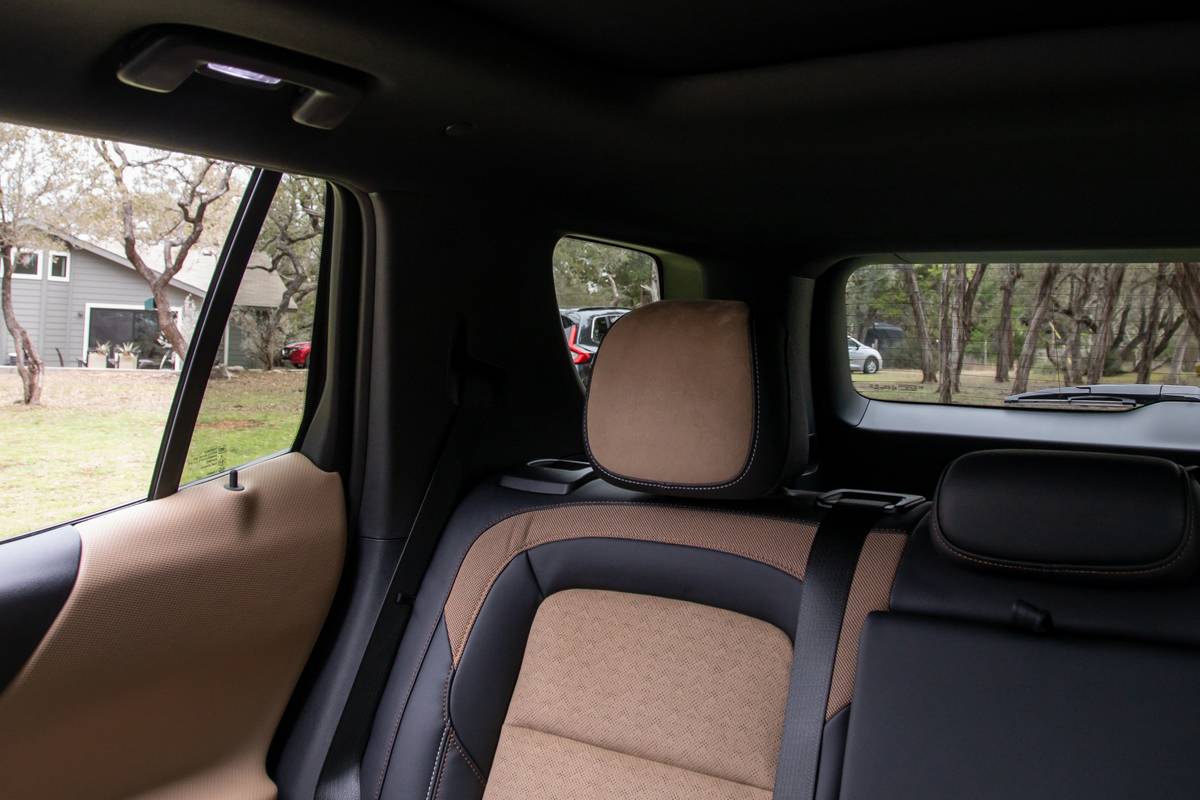
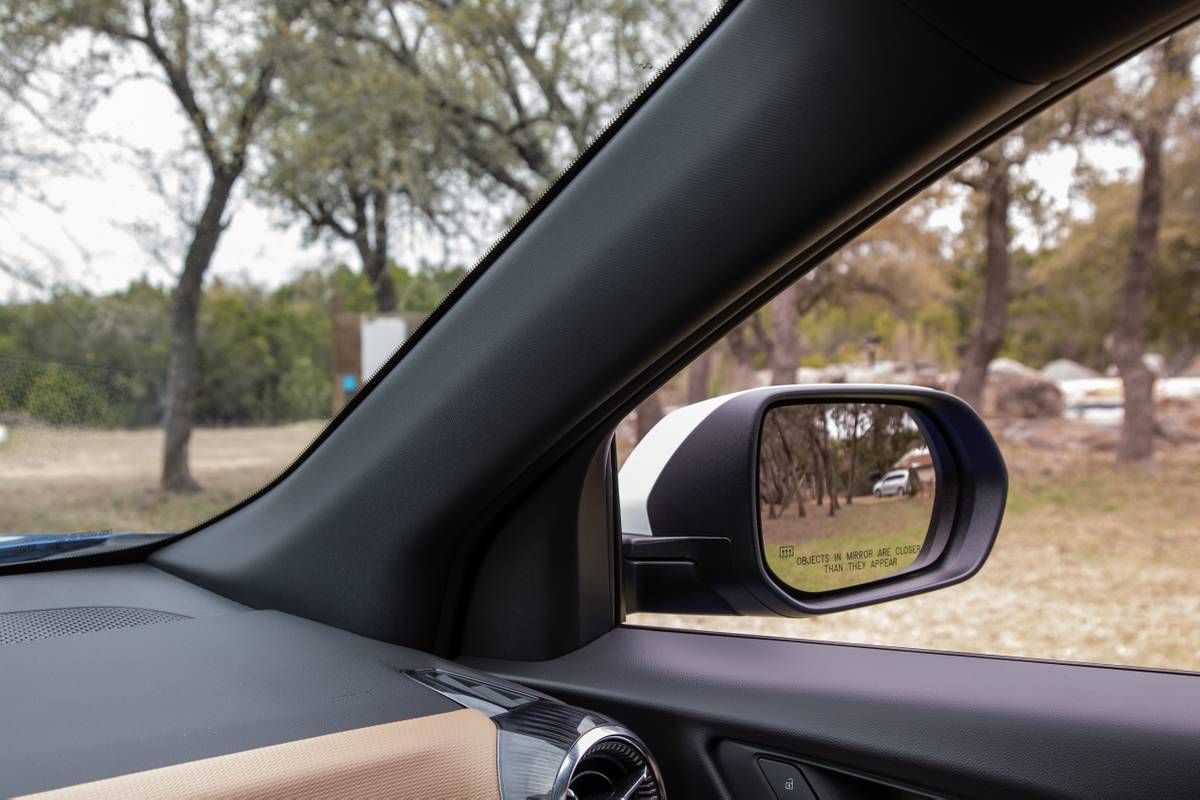
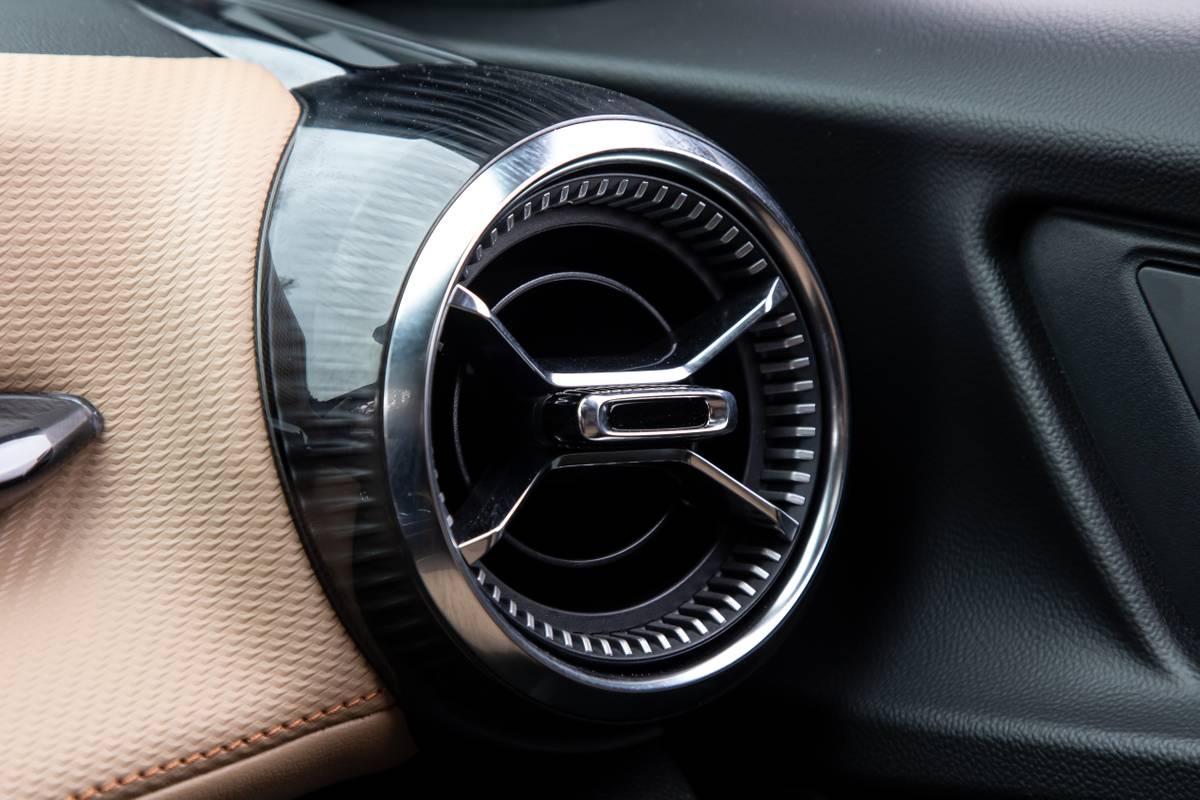
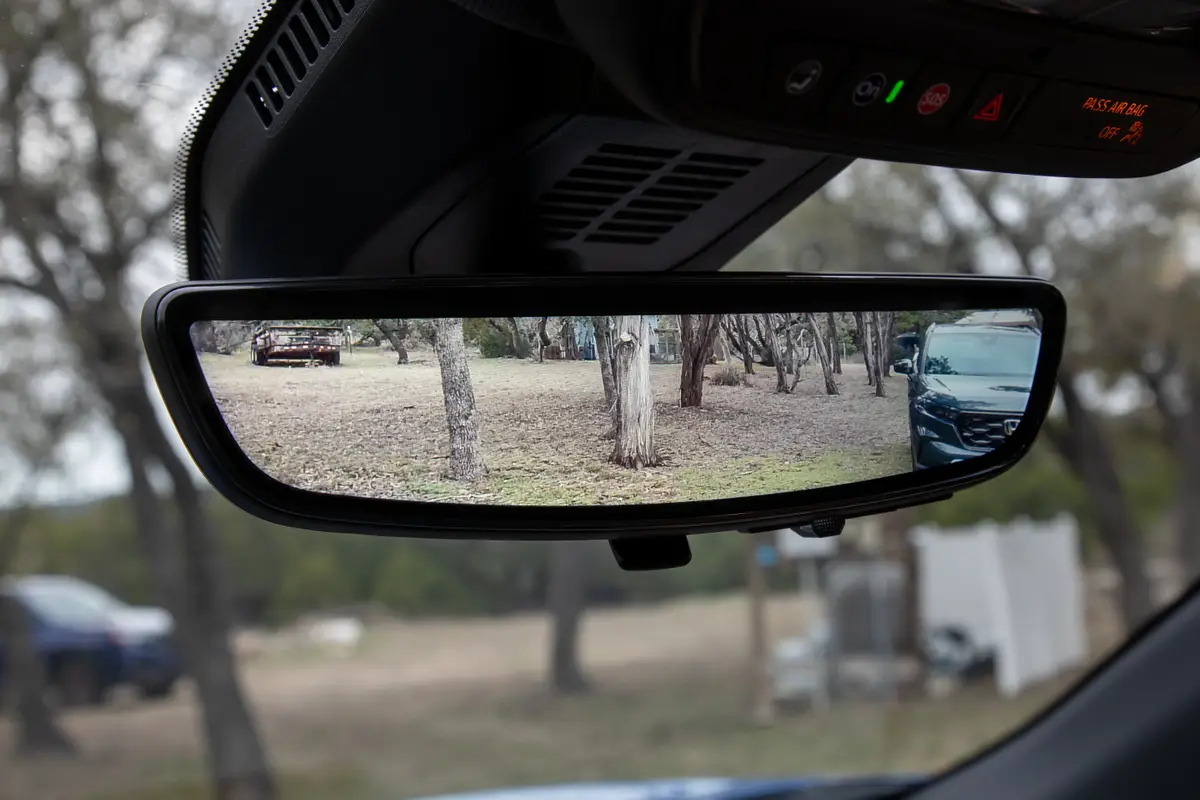


























































Our Test Vehicle
- As-tested price: $39,875
- Powertrain: 175-hp, turbocharged 1.5-liter four-cylinder with eight-speed automatic transmission
- Observed fuel economy (mpg): 27.6, seventh
- Cargo space (cubic feet): 16.7, sixth
Redesigned with new looks inside and out, the 2025 Equinox also comes in a new Activ trim level with beefy all-terrain tires. That’s the trim we tested, and those tires positively — and negatively — affected the SUV’s performance in our comparison.
What’s Good About the Equinox?
- Impressive ride comfort: “With 17-inch wheels and chunky off-road tires, the Equinox Activ has the softest and cushiest ride in the test, gliding over all but the harshest bumps in the road,” Normile said. Bragman and Schrader also thought the Equinox’s ride comfort was impressive, and it tied with the CR-V hybrid for the best ride quality in our test.
- Great screen tech: “The size and placement of the touchscreen is excellent, and the gauges are clear and easy to read,” Bragman said. Normile added that “Chevrolet’s touchscreen technology is top notch, with intuitive menus for most functions and sharp graphics.”
- Stylish inside and out: “This is by far the vehicle with the most personality in the test,” Schrader said. “The two-tone bright-blue-and-white paint scheme and Maple Sugar interior are really fun options in a class known for no-nonsense, ultrapractical vehicles.”
- Comfort and convenience features for the money: “As one of the sub-$40,000 vehicles in this test, you might think the Equinox skimps on the niceties,” Normile said. “In fact, with things like heated and ventilated front seats and a test-exclusive rearview camera mirror, the Equinox is one of the better-equipped vehicles here.” Only the Tucson Hybrid had a better value score.
What’s Bad About the Equinox?
- Unimpressive handling: “The all-terrain tires made the handling somewhat unpredictable in turns, as the thick, softer tread blocks squirm a little on the road,” Schrader said. Normile added that “the tires also lead the Activ to wander a bit during highway driving, making two-lane highways a nervier experience.” The Equinox’s handling was scored worst in test.
- Powertrain woes: The Equinox’s powertrain was also scored worst in test. “The Equinox is in desperate need of more engine,” Bragman said. “I’d rate it as barely adequate for keeping up with traffic with just one person in the car, and I’m not sure it’d feel safe with two or more.”
- Fuel-economy laggard: Besides a lack of power, fuel economy is also a problem with the Equinox: Its observed gas mileage of 27.6 mpg was the lowest.
- Overall cargo room: With nearly 2 cubic feet of space, the Equinox had the most underfloor storage by far, but its 16.7 cubic feet of total cargo space meant it had one of the smallest cargo areas in the test, ahead of only the Forester.
- Seating concerns: “The ergonomics in the driver’s seat were slightly awkward as a shorter person,” Schrader said. “The angled edge of the center console was close to elbow height for me (and I whacked my elbow right on that corner accordingly).”
Research the 2025 Chevrolet Equinox | Search Inventory | Car Seat Check
5. 2025 Subaru Forester Sport, 633 points
Is the 2025 Subaru Forester a Good Car?
- The Forester had the lowest as-tested price of the seven SUVs here, but it was also lacking features that were common in the others, which hurt it in our scoring. Its objective scores were mixed overall; the Forester had the best gas mileage among gas-only models, but it also had the smallest cargo area. However, if outward visibility is most important, this is the compact SUV for you.
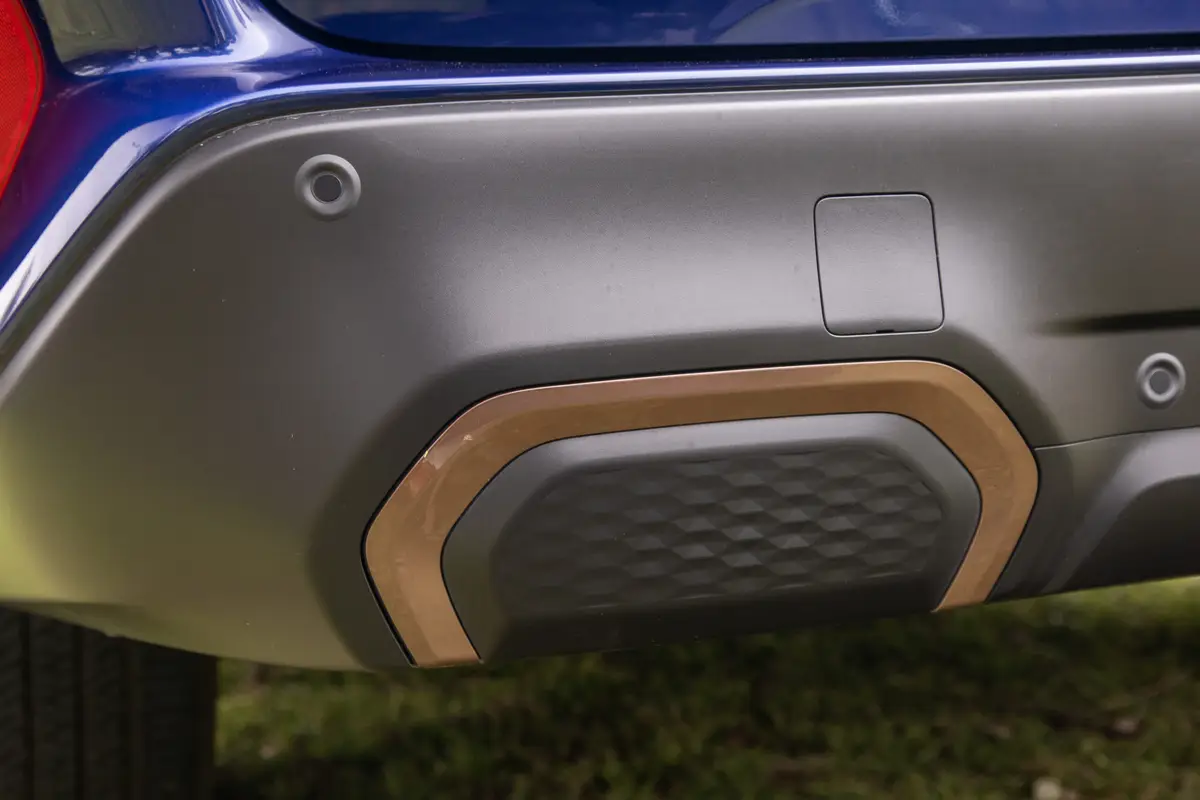
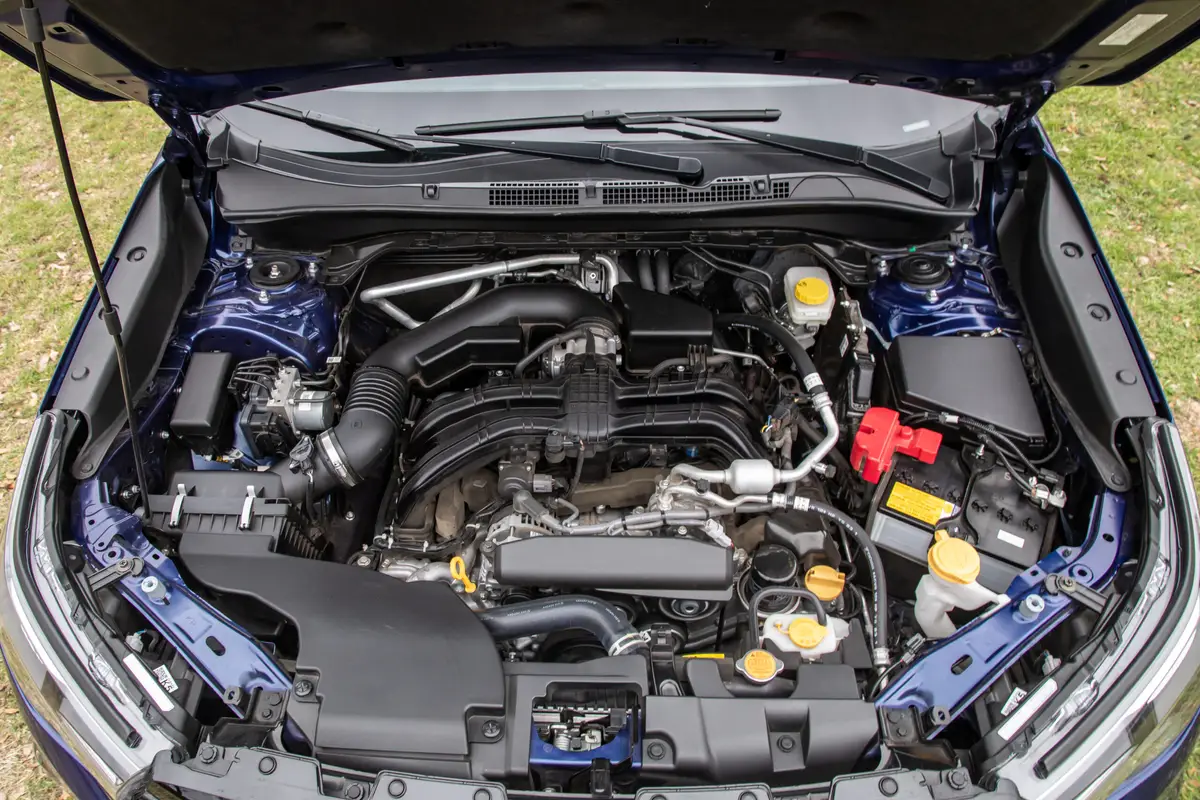
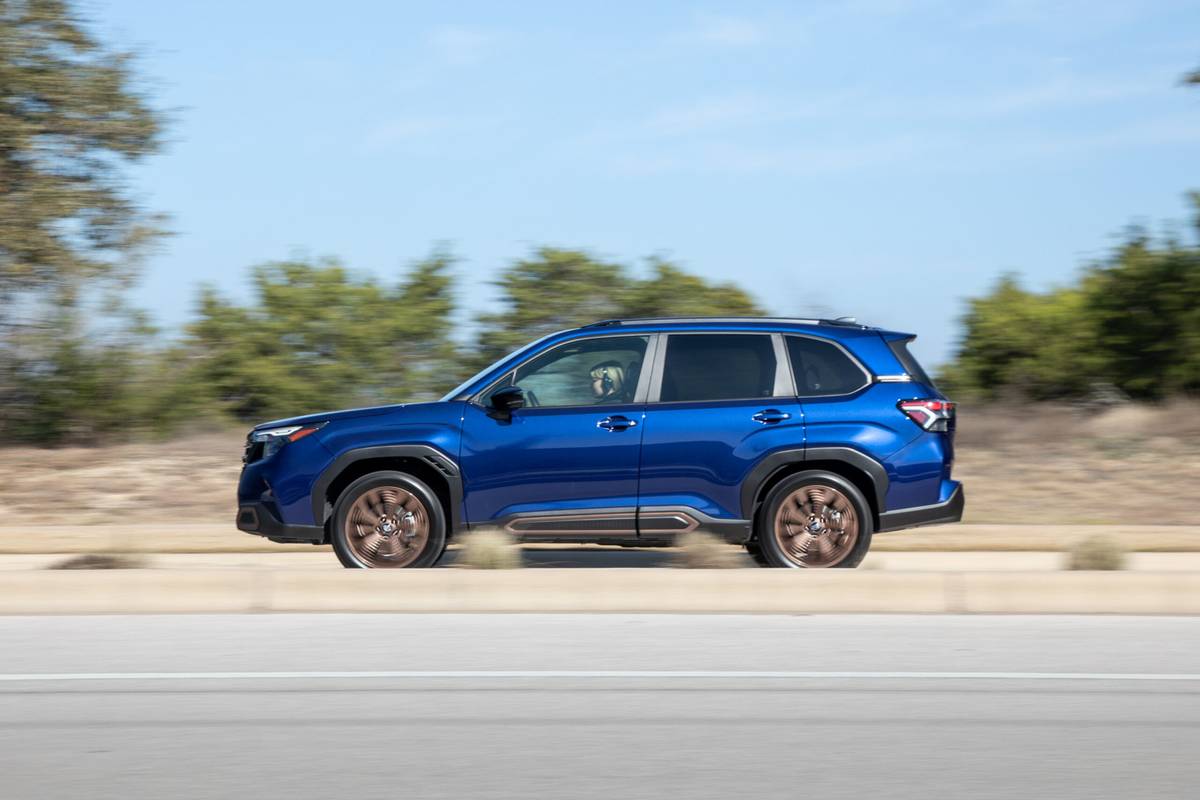
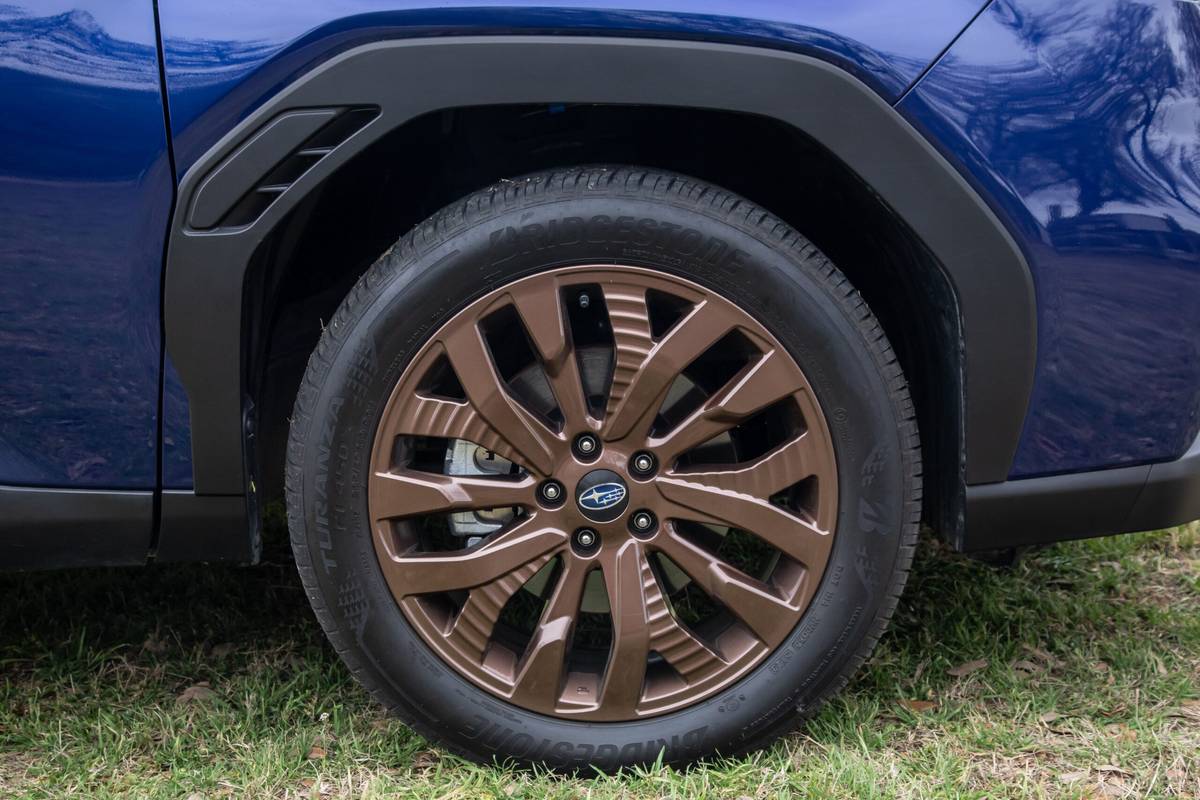
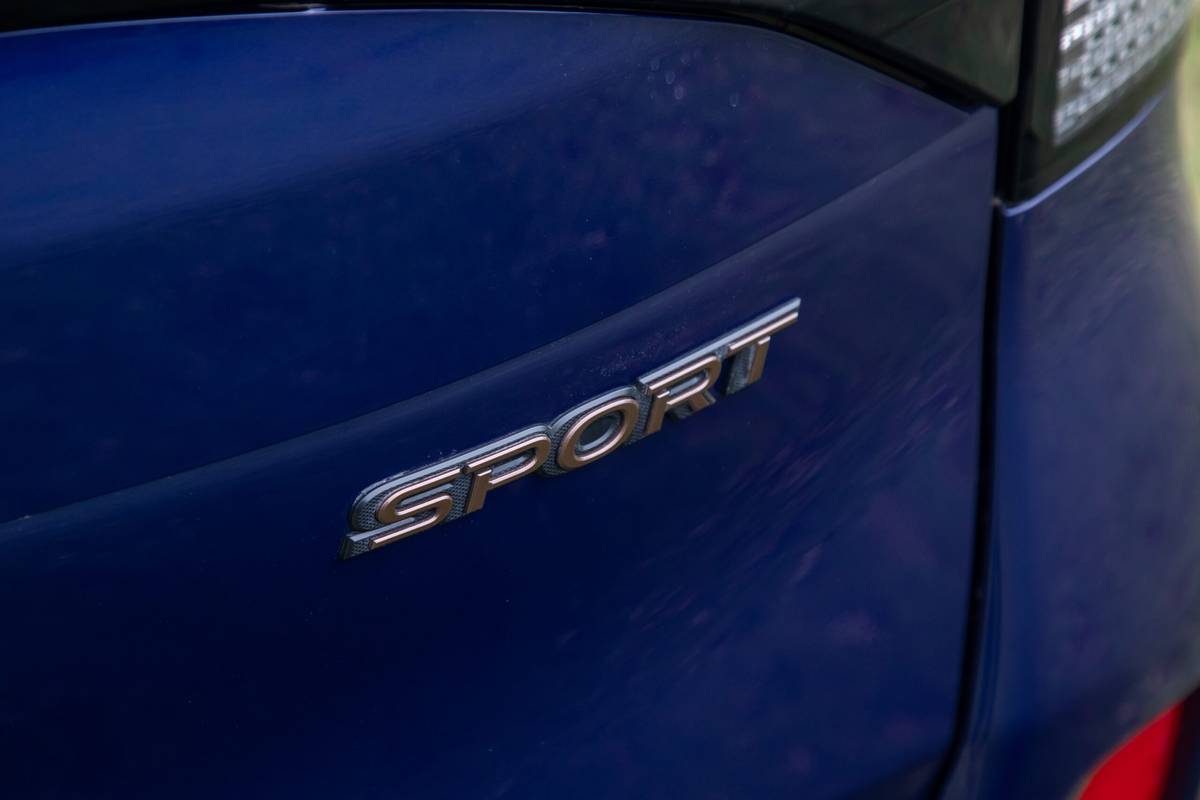
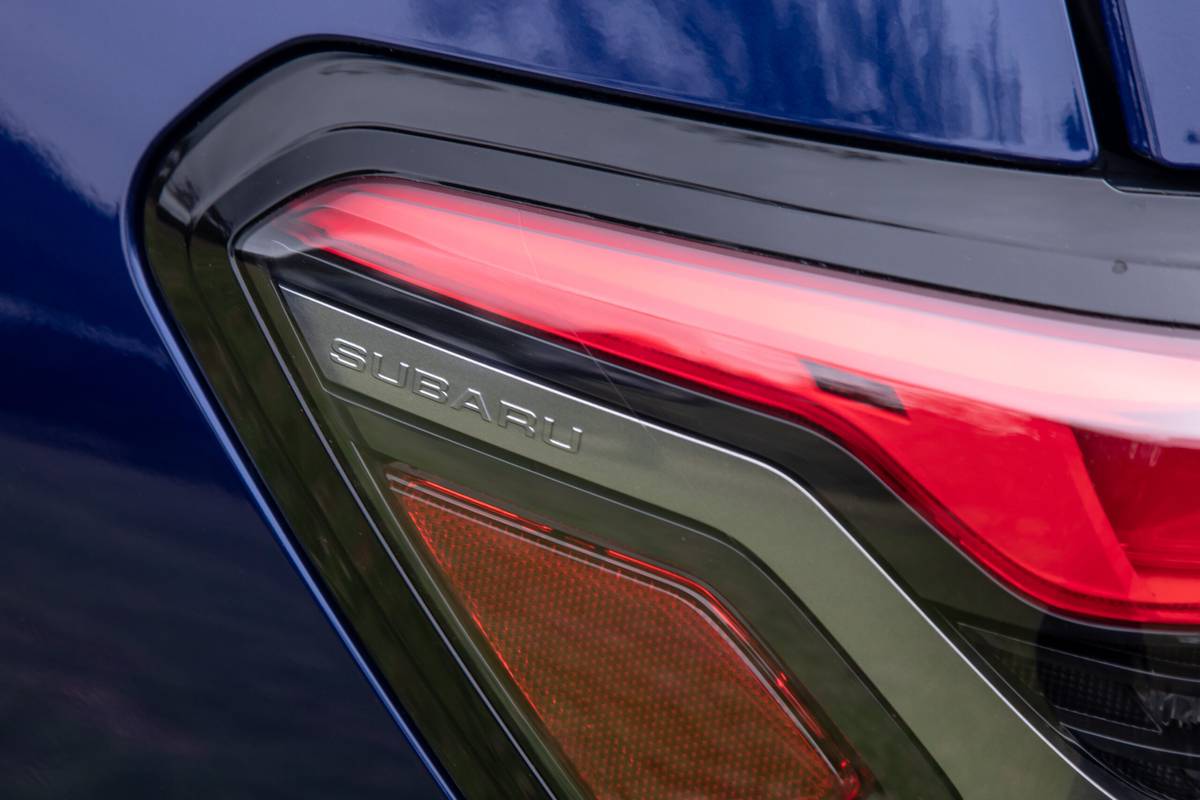
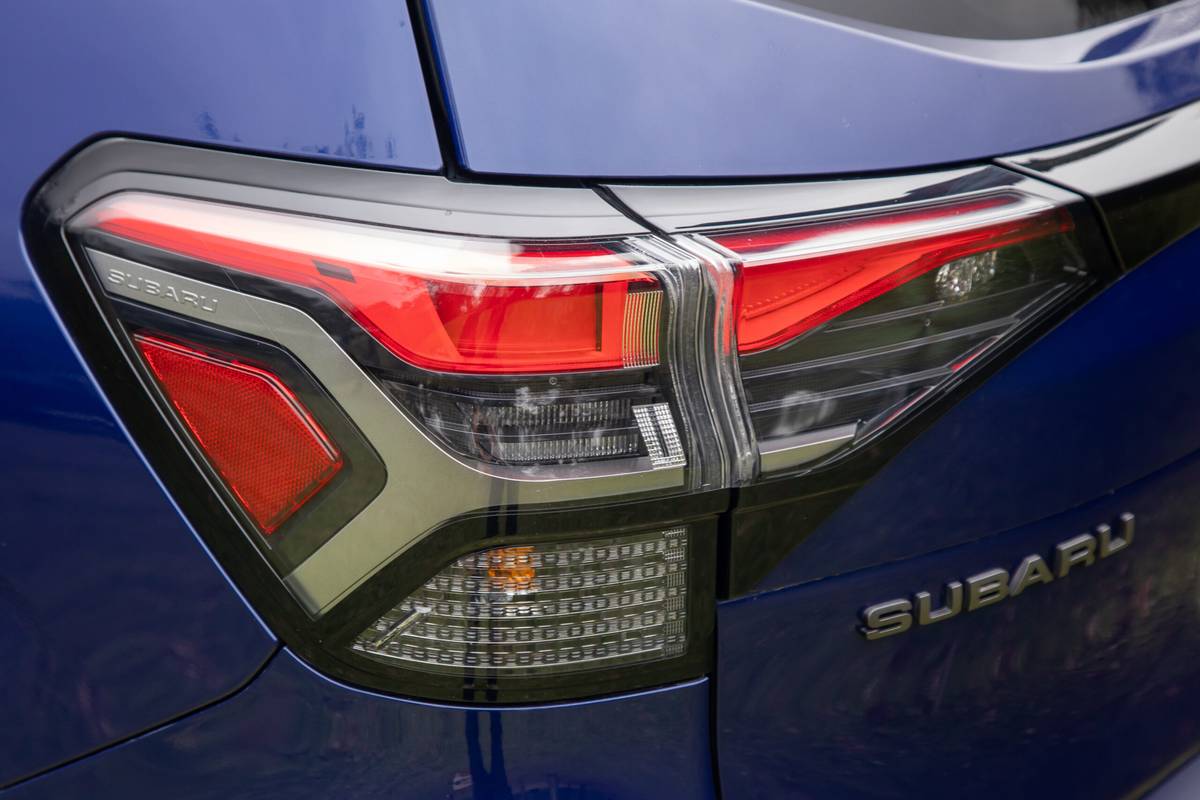
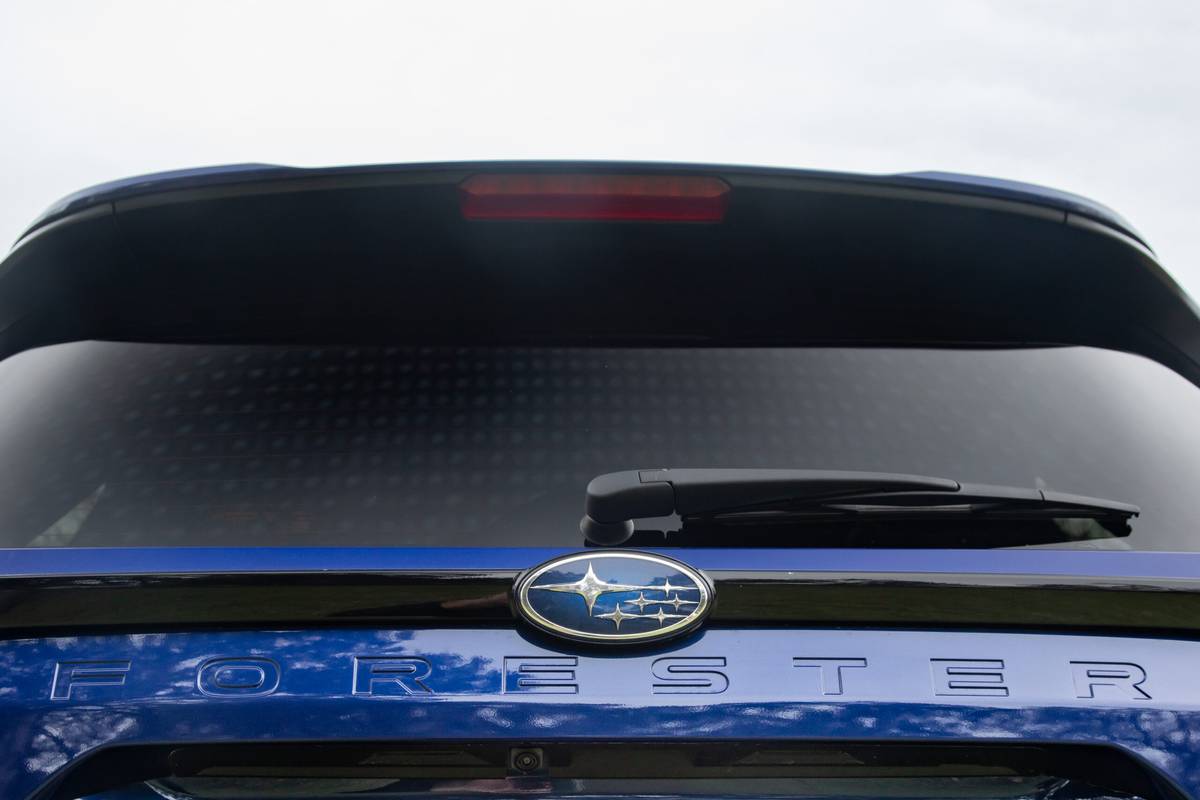
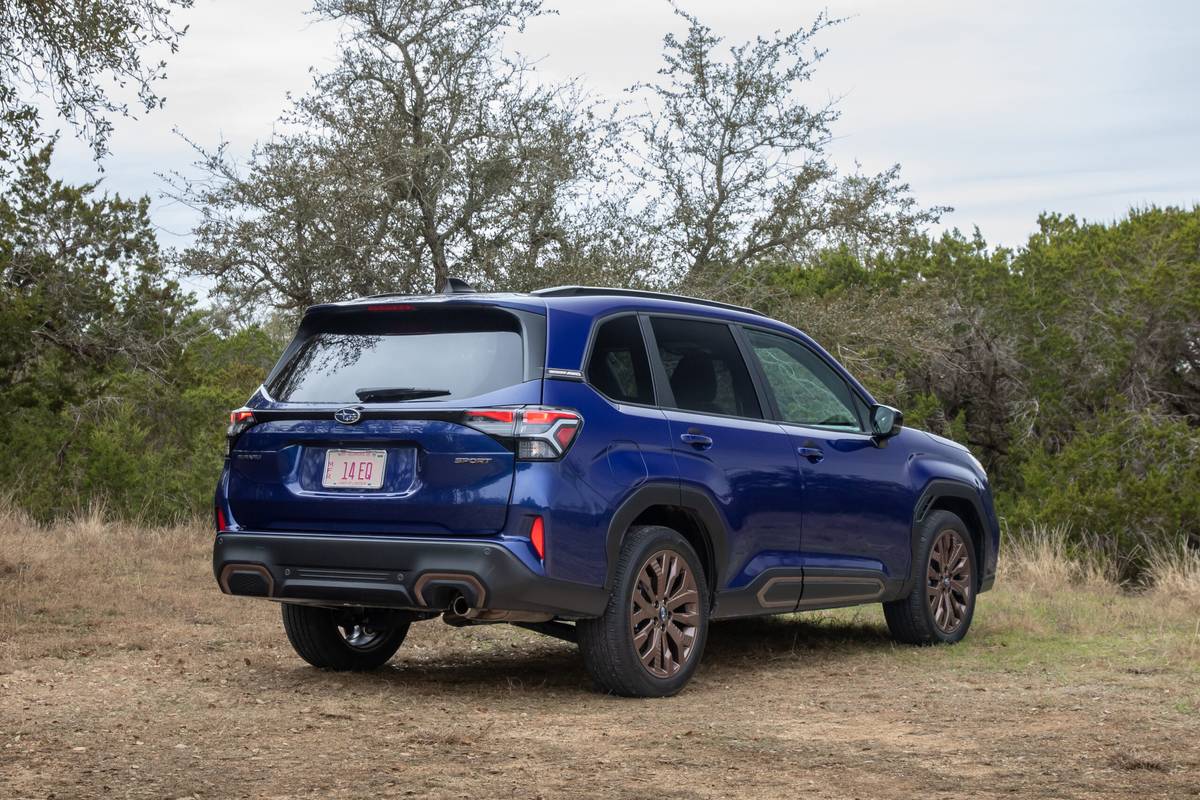
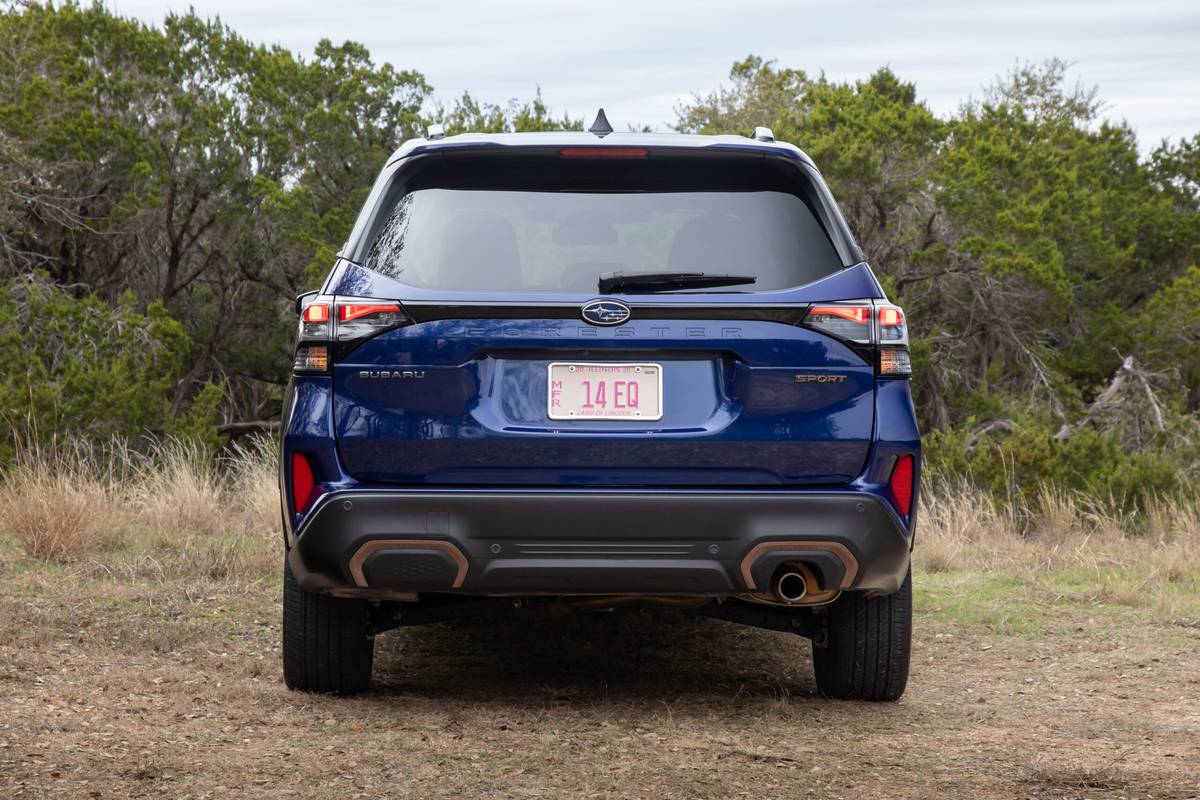
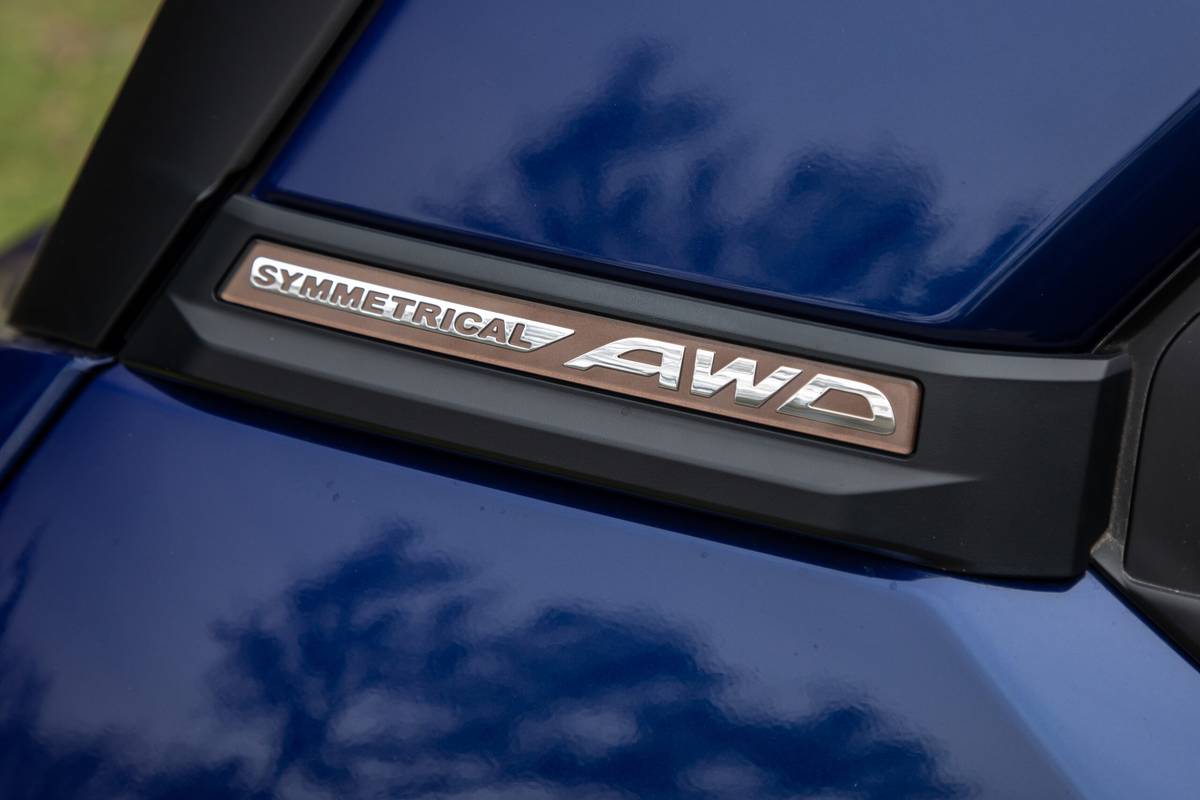
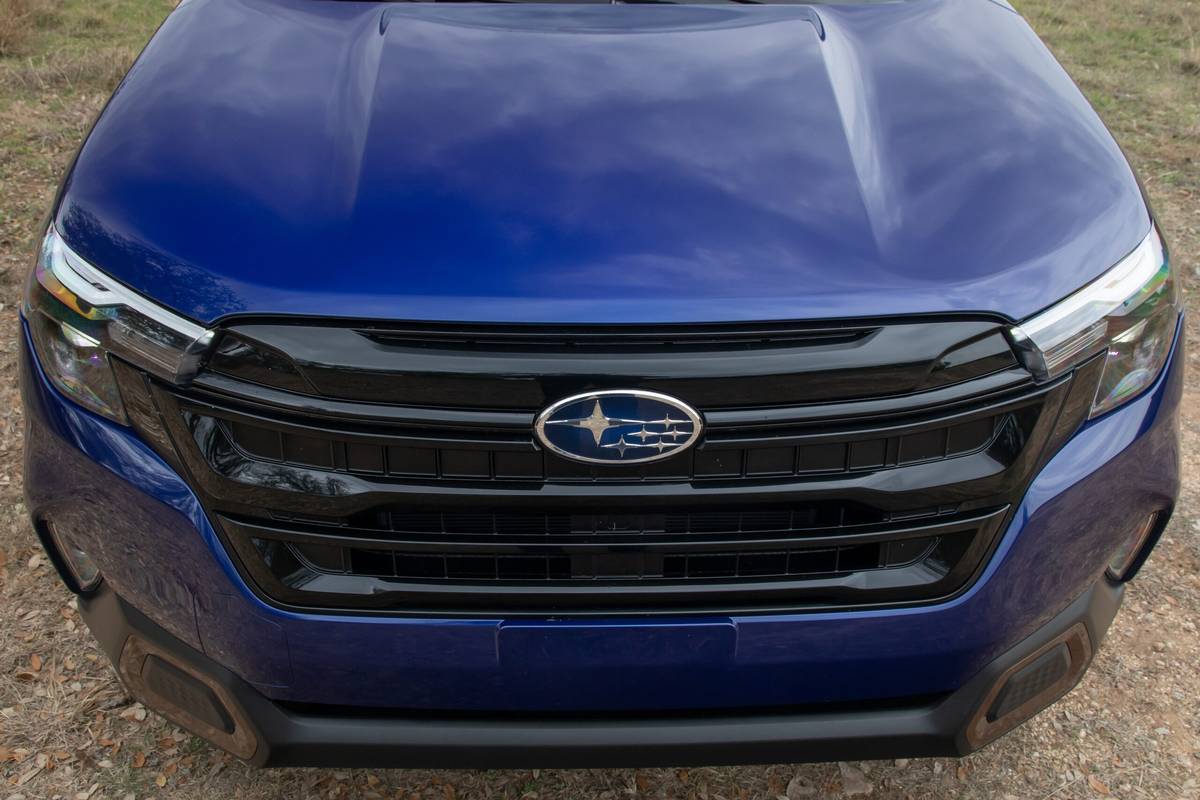
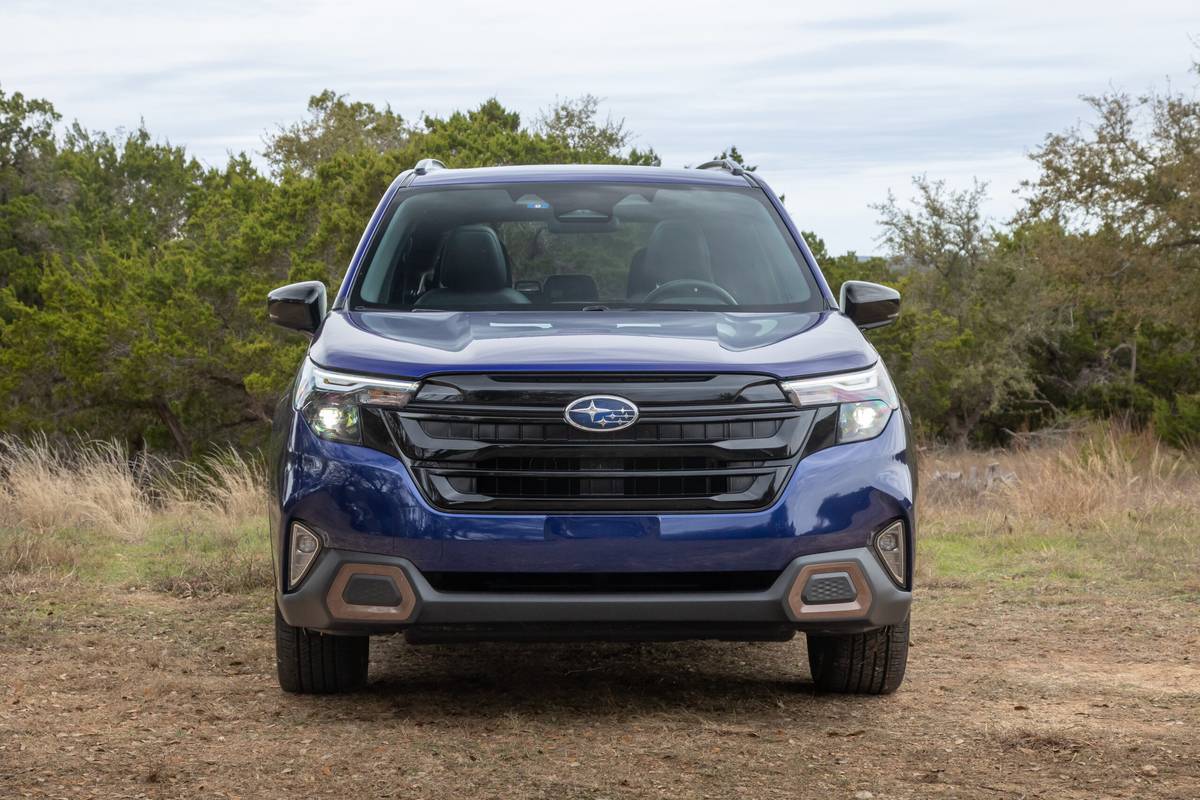
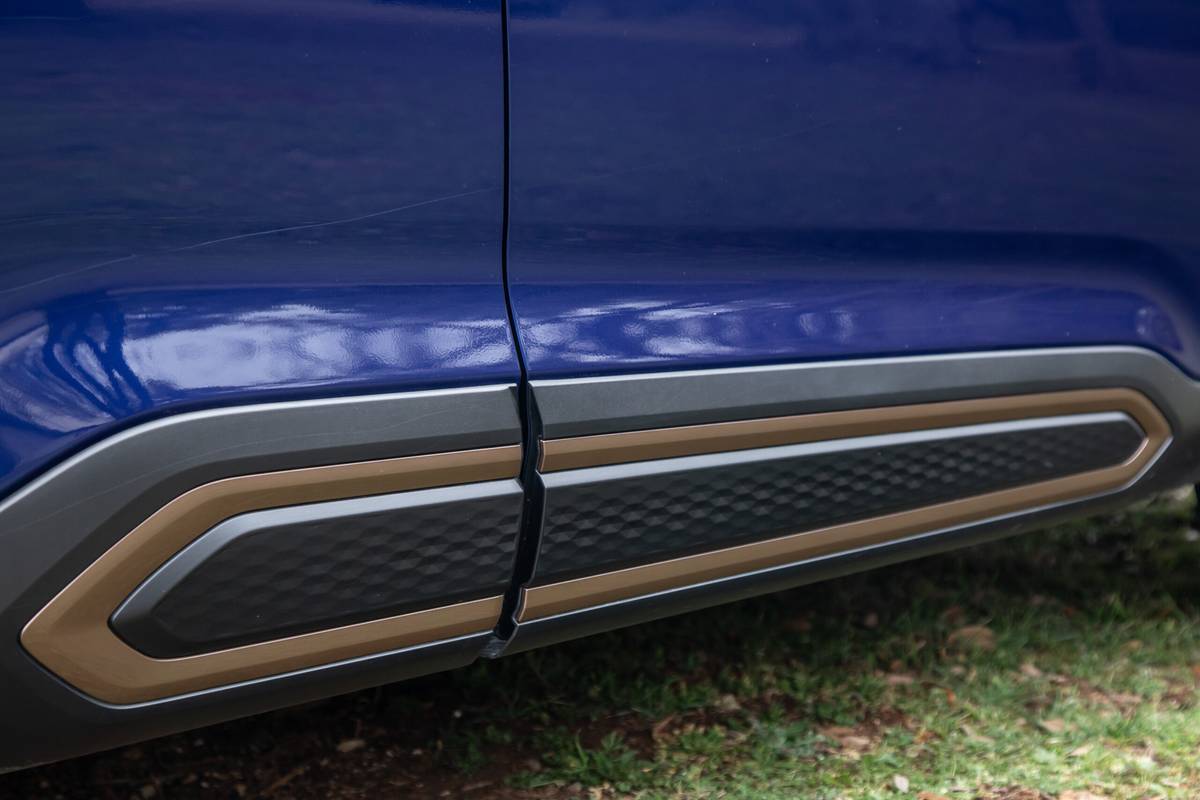
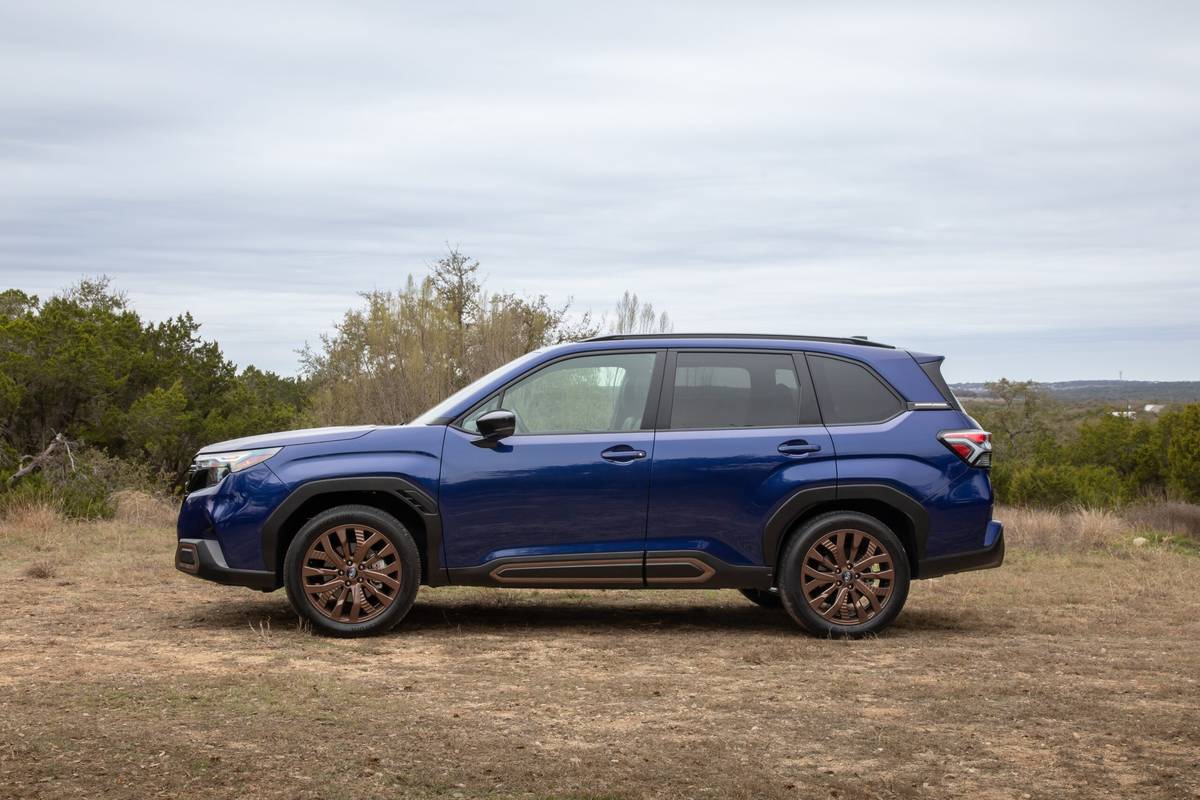
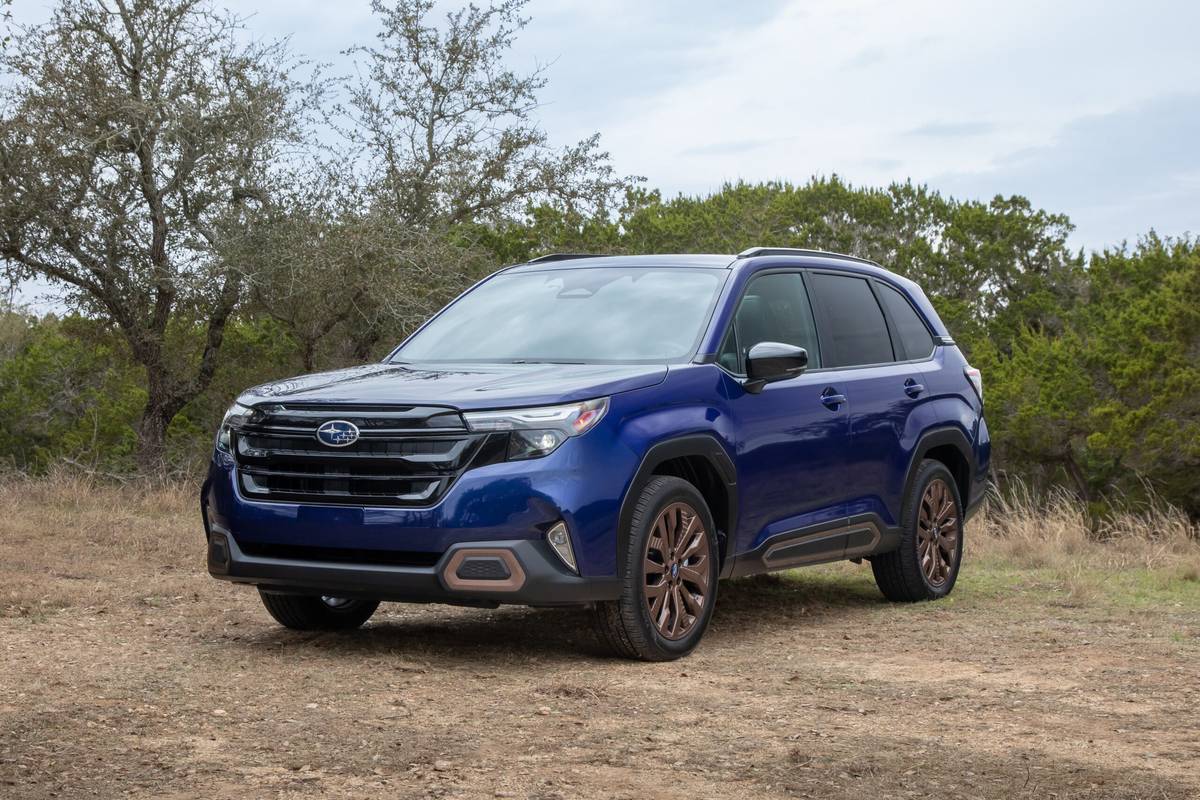
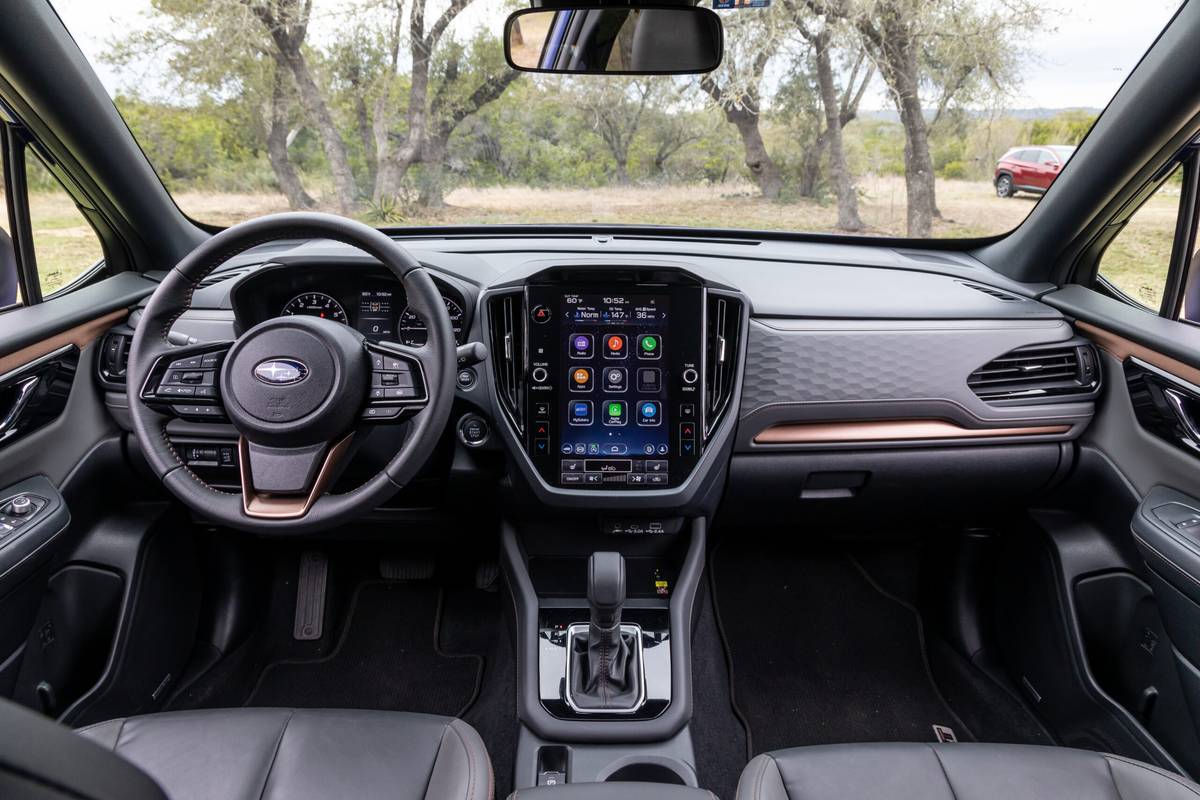
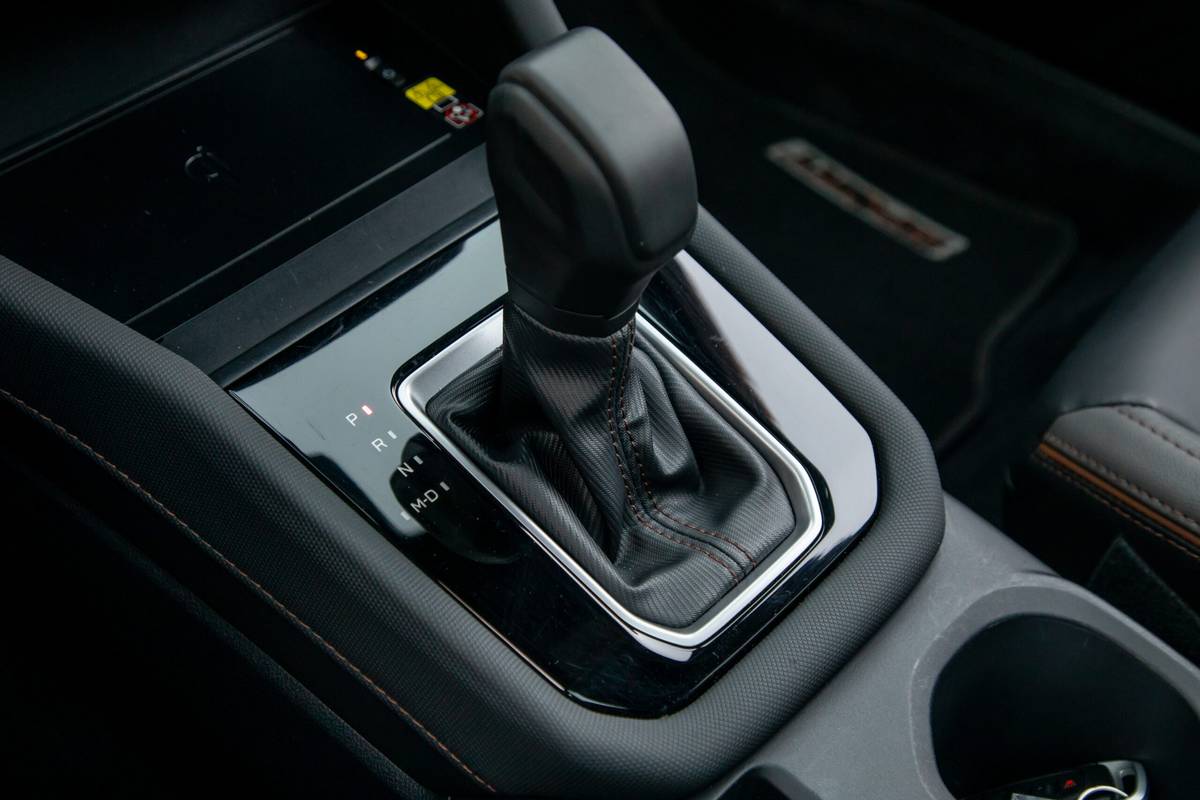
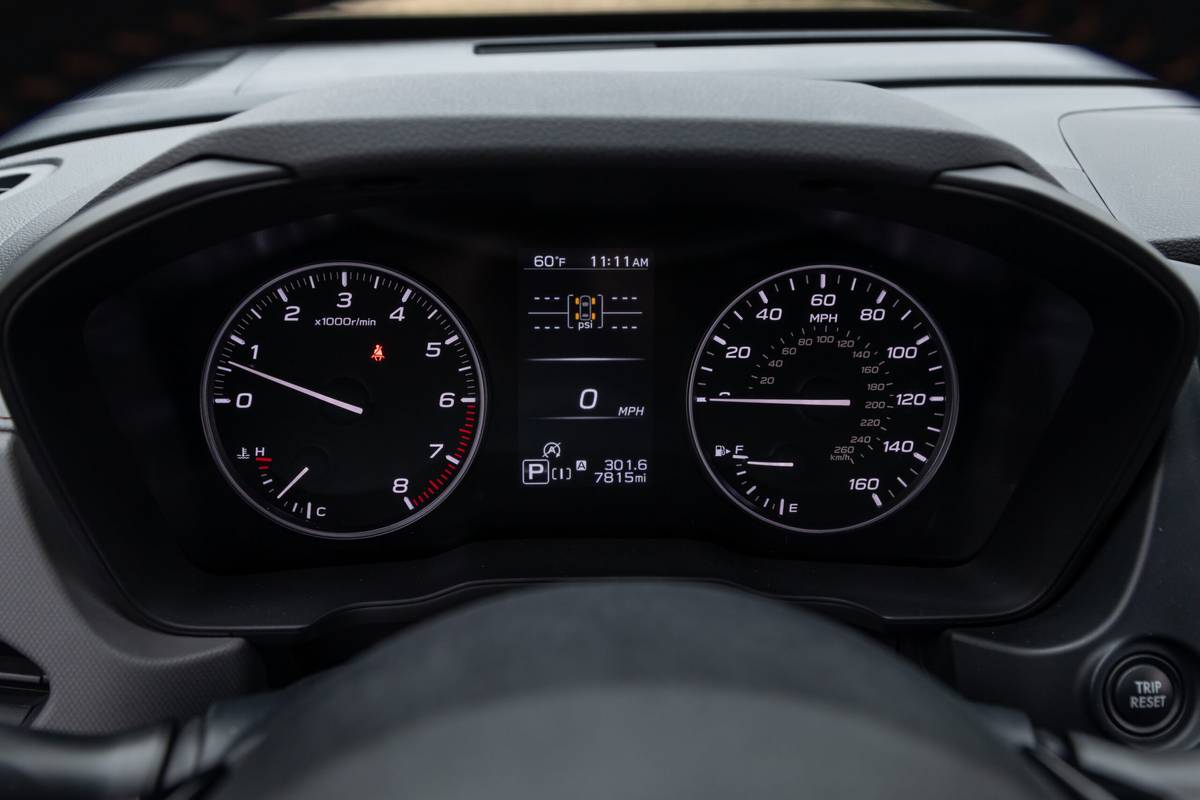
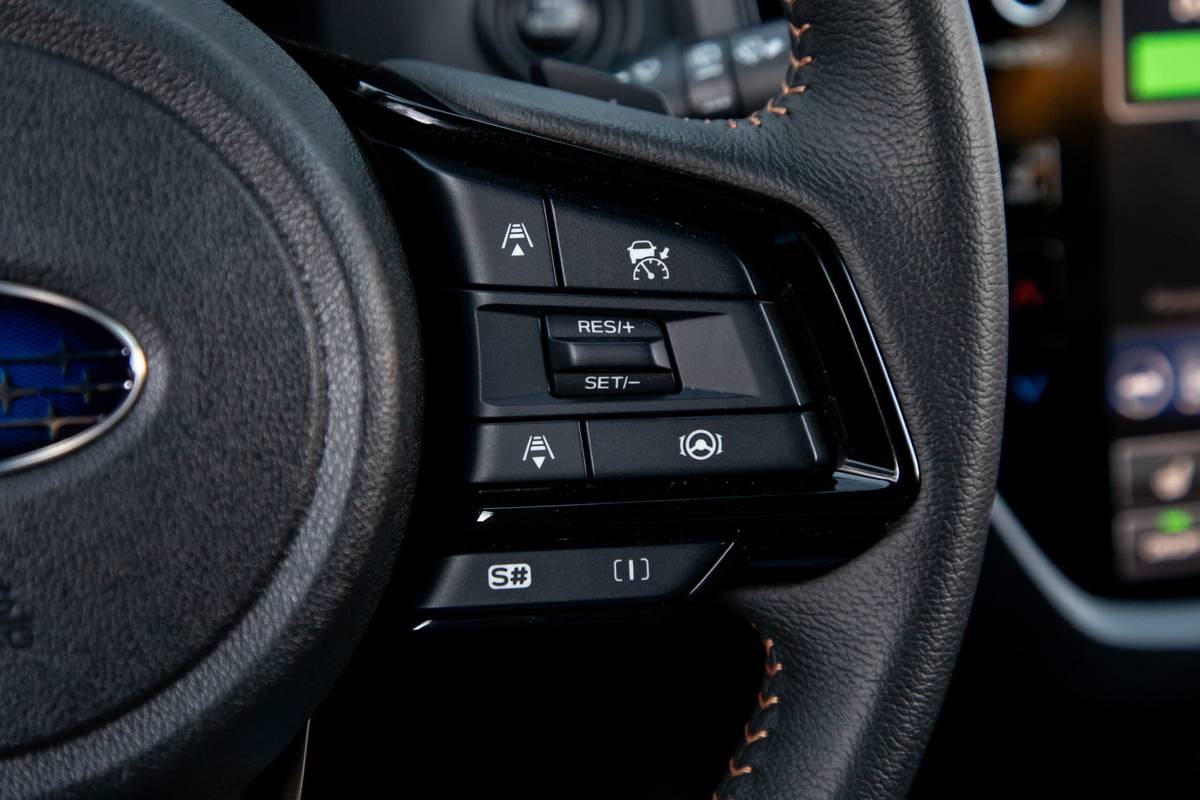
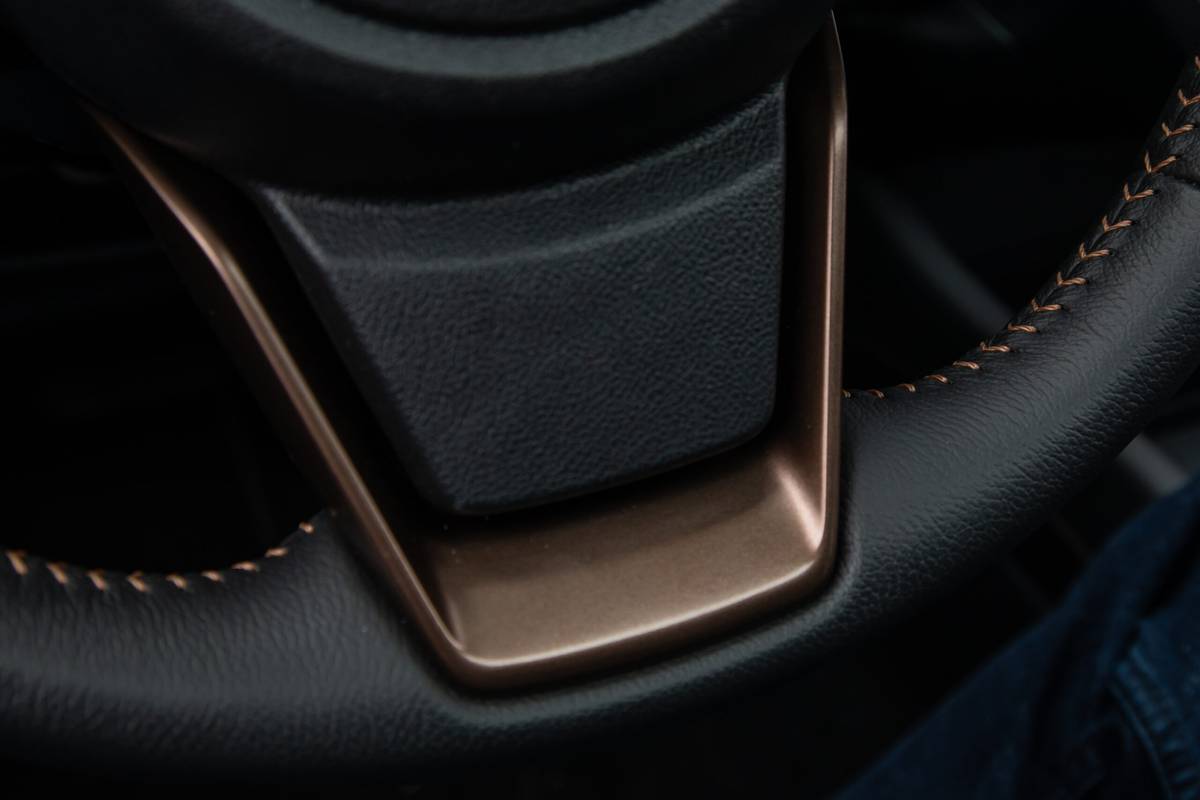
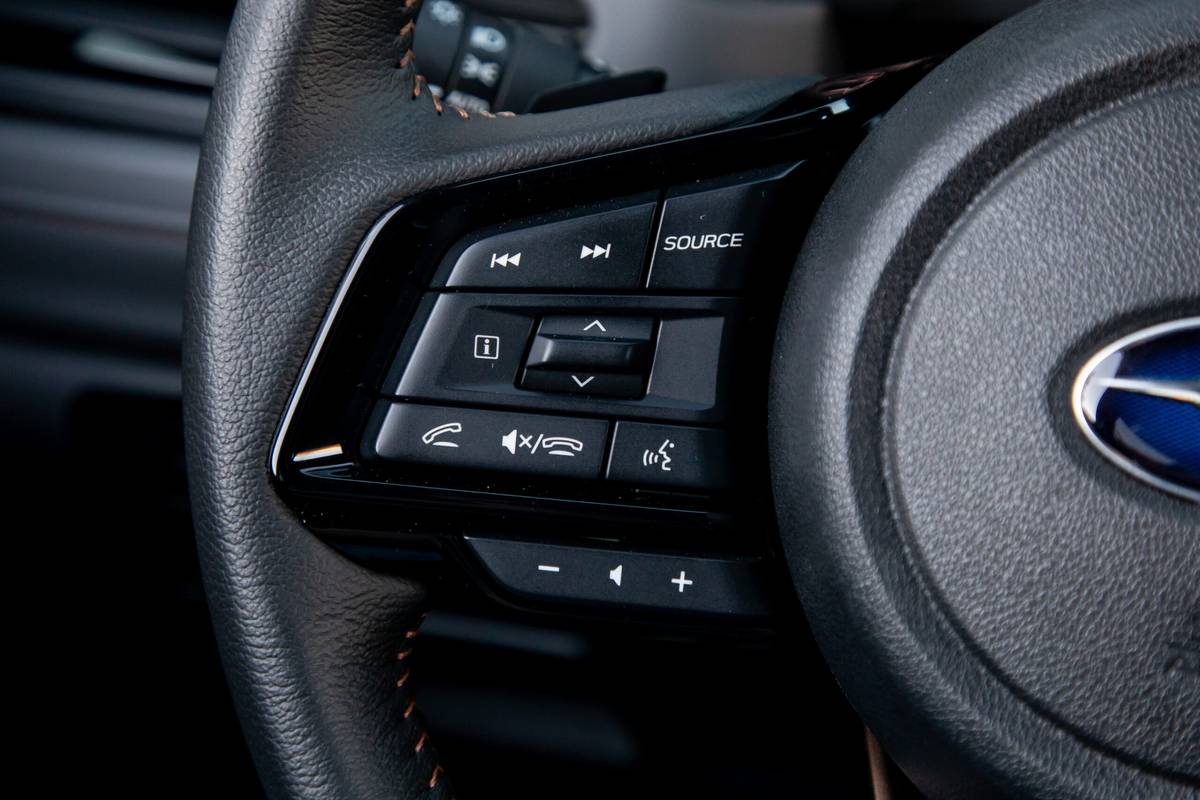
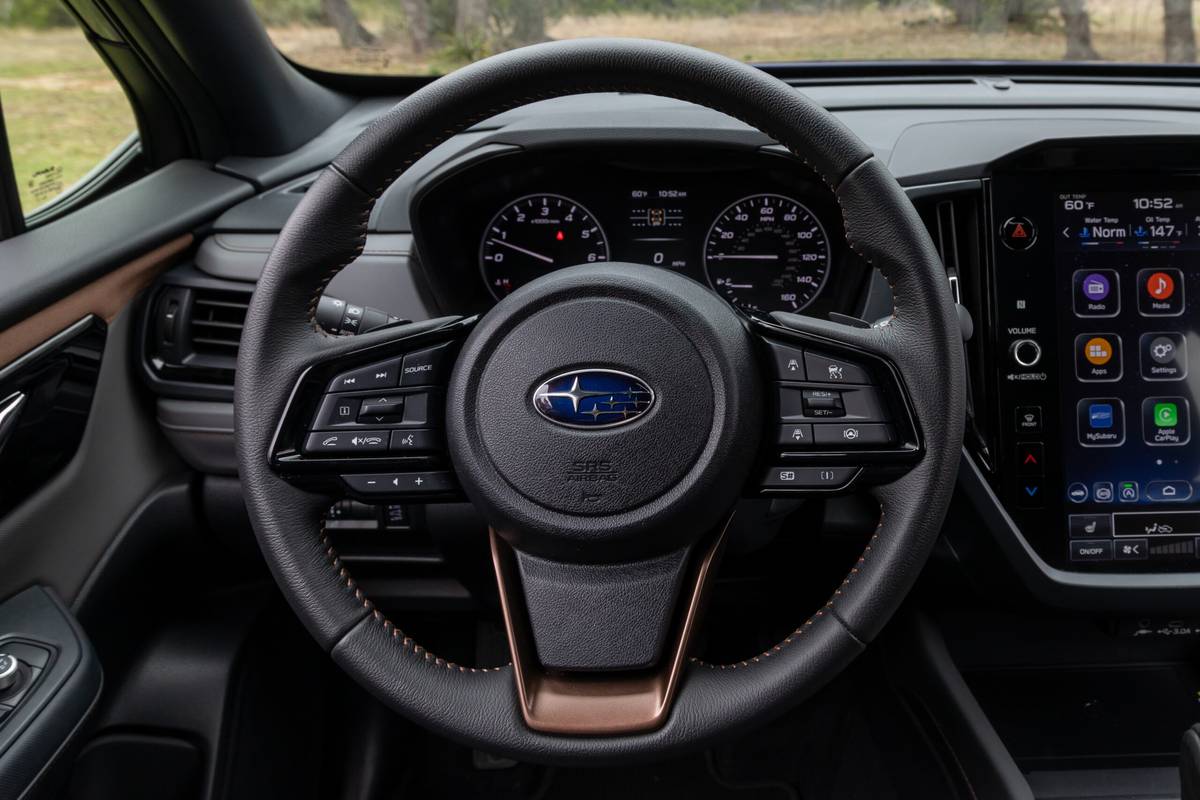
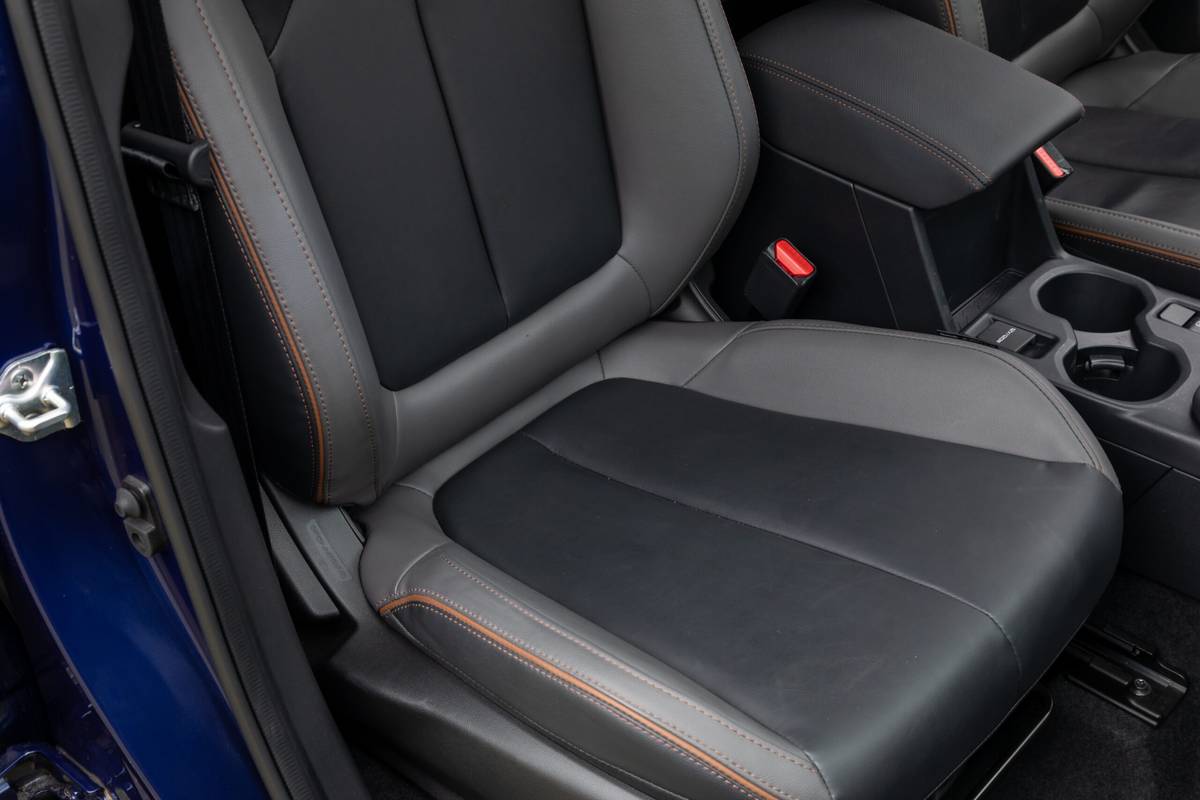
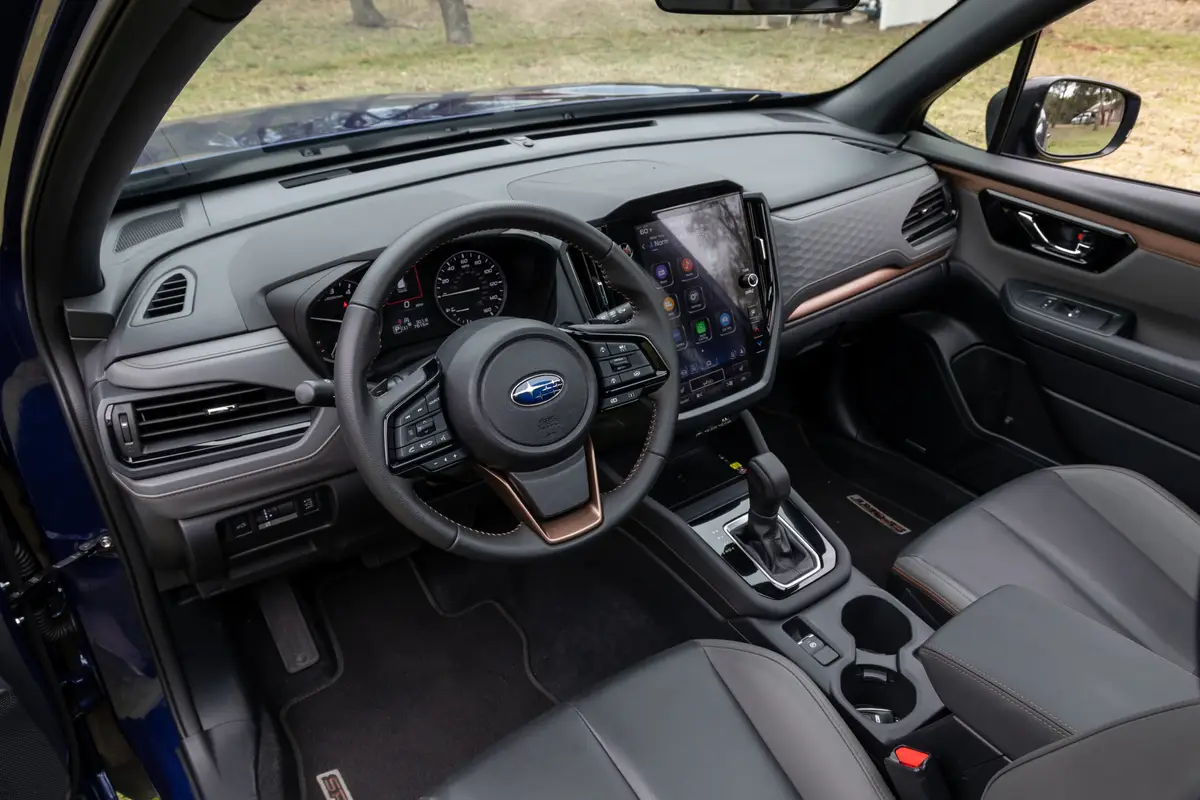
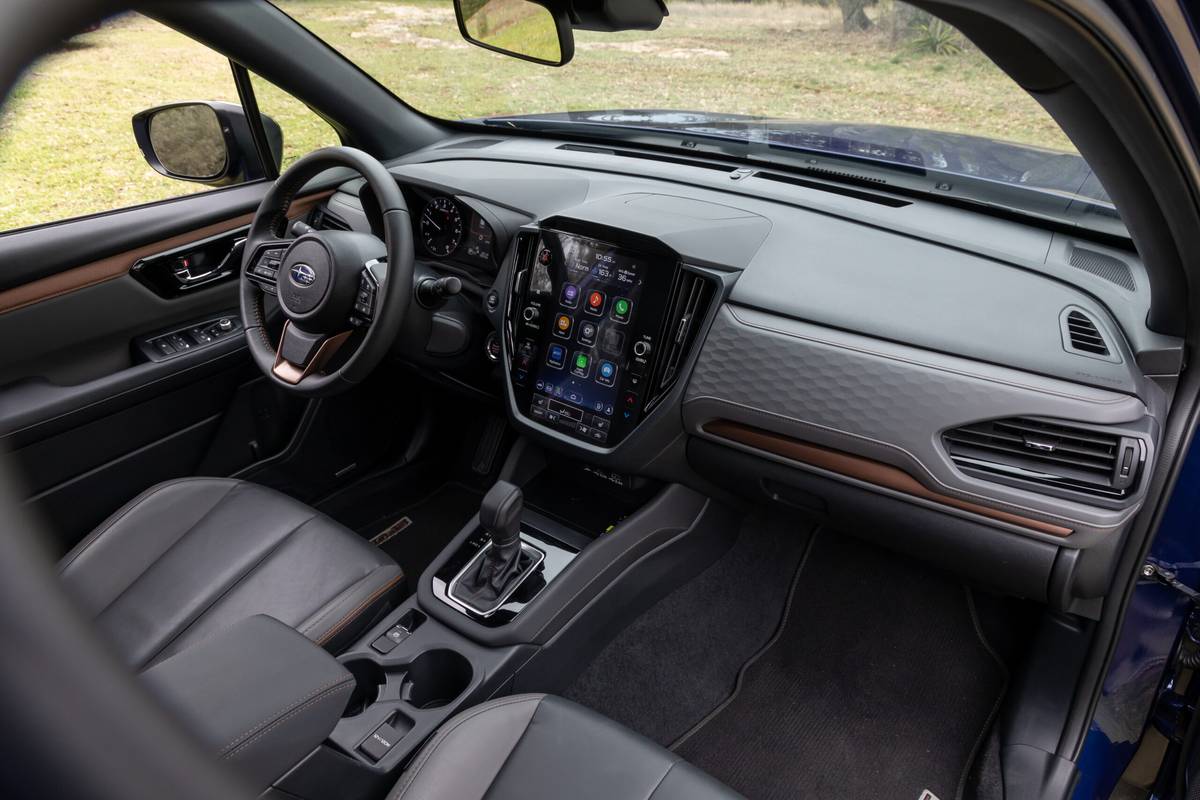
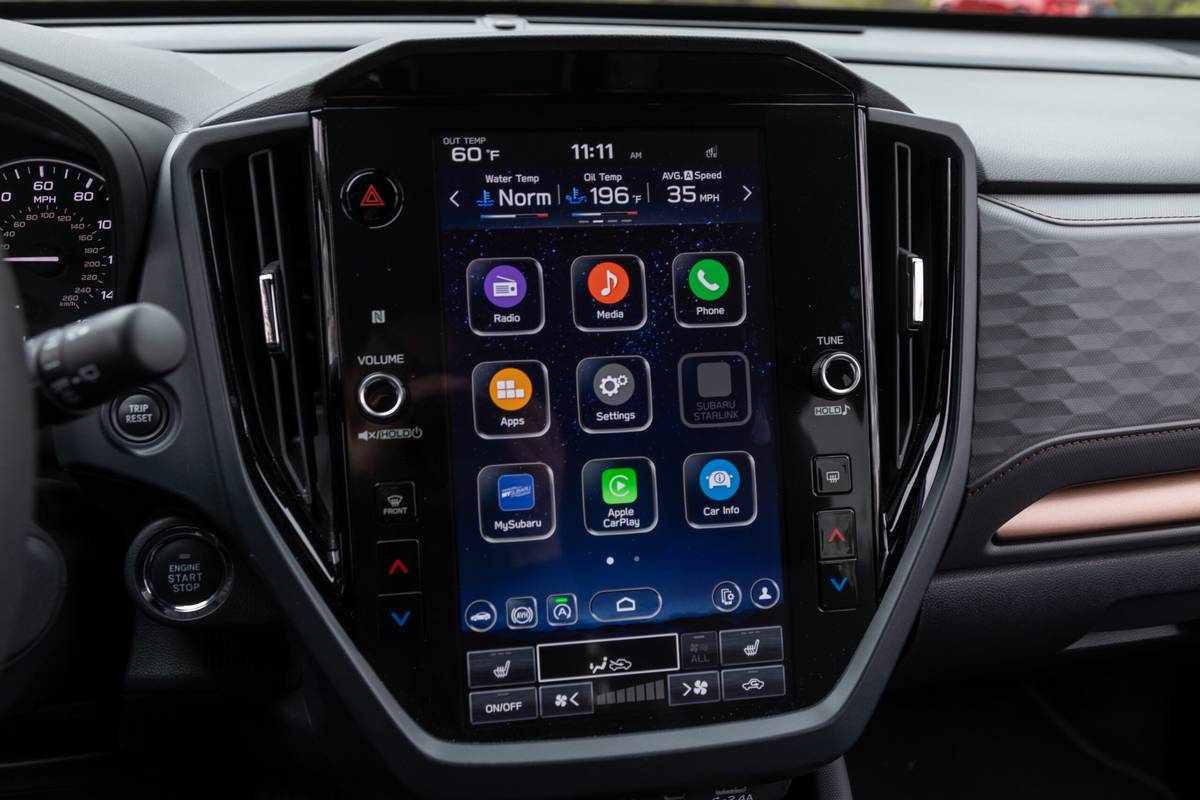
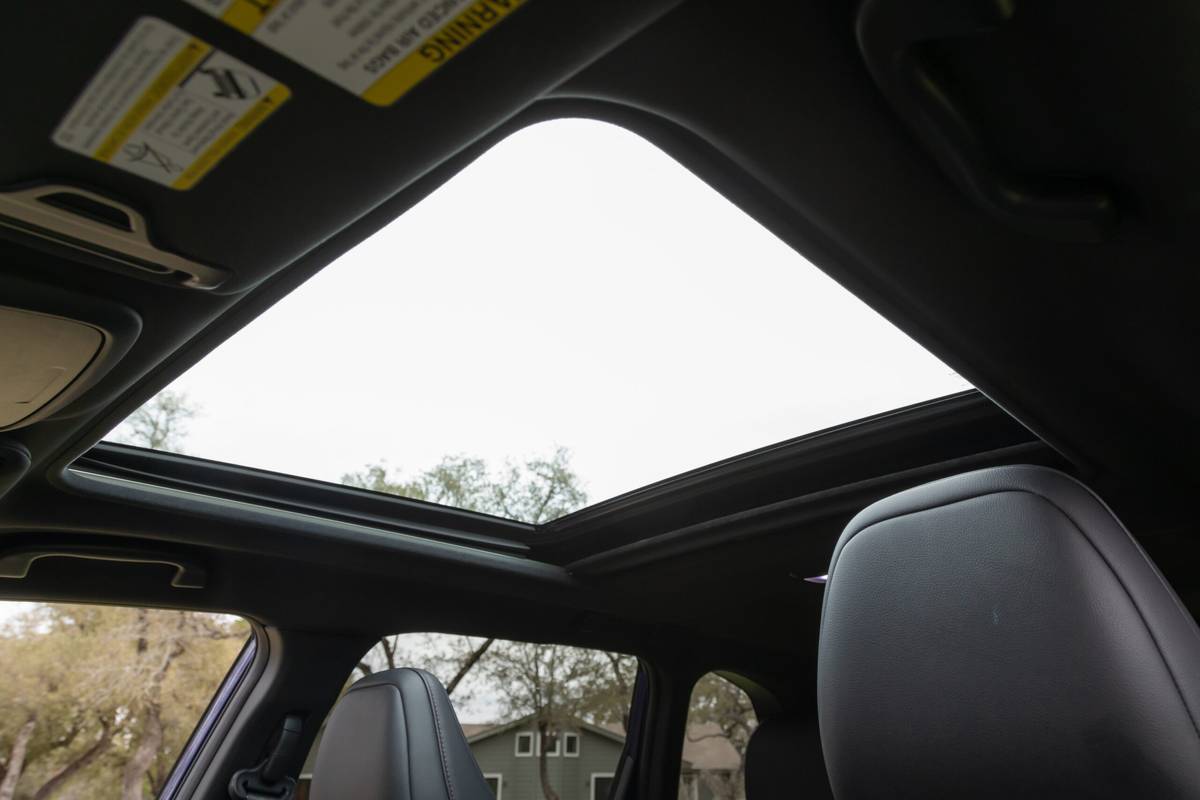
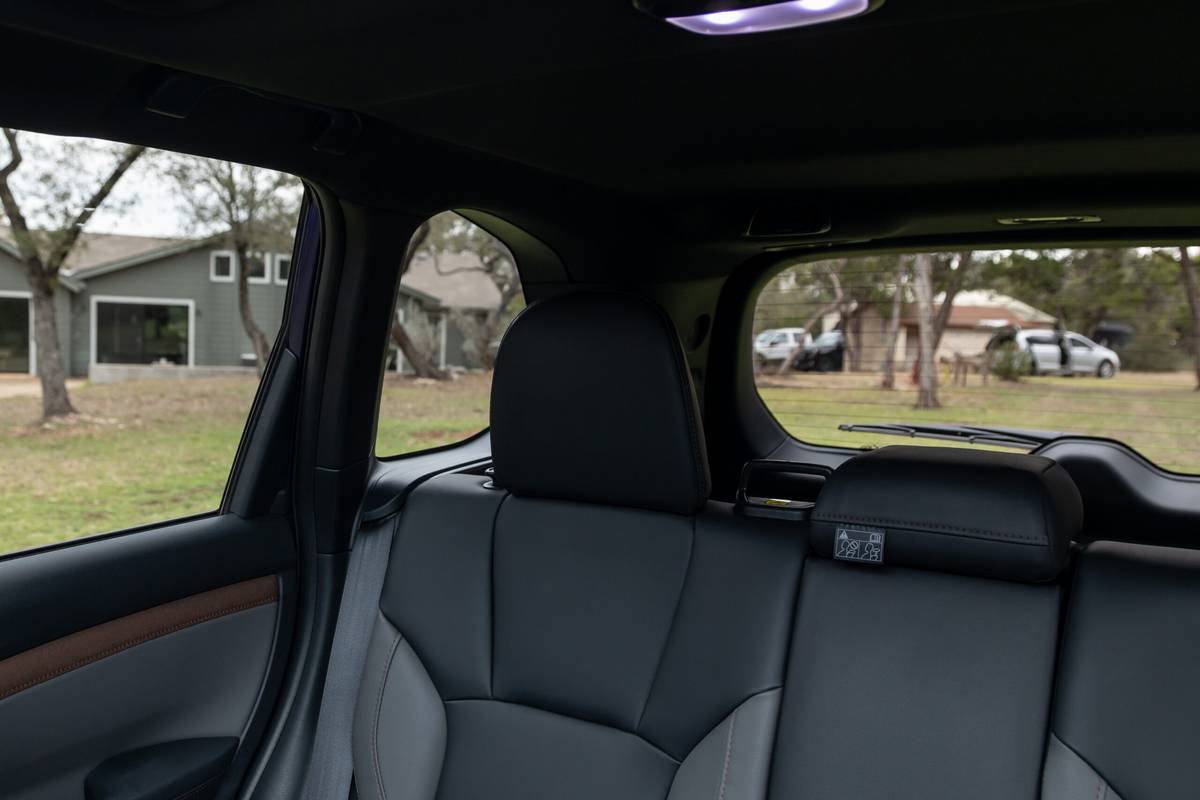
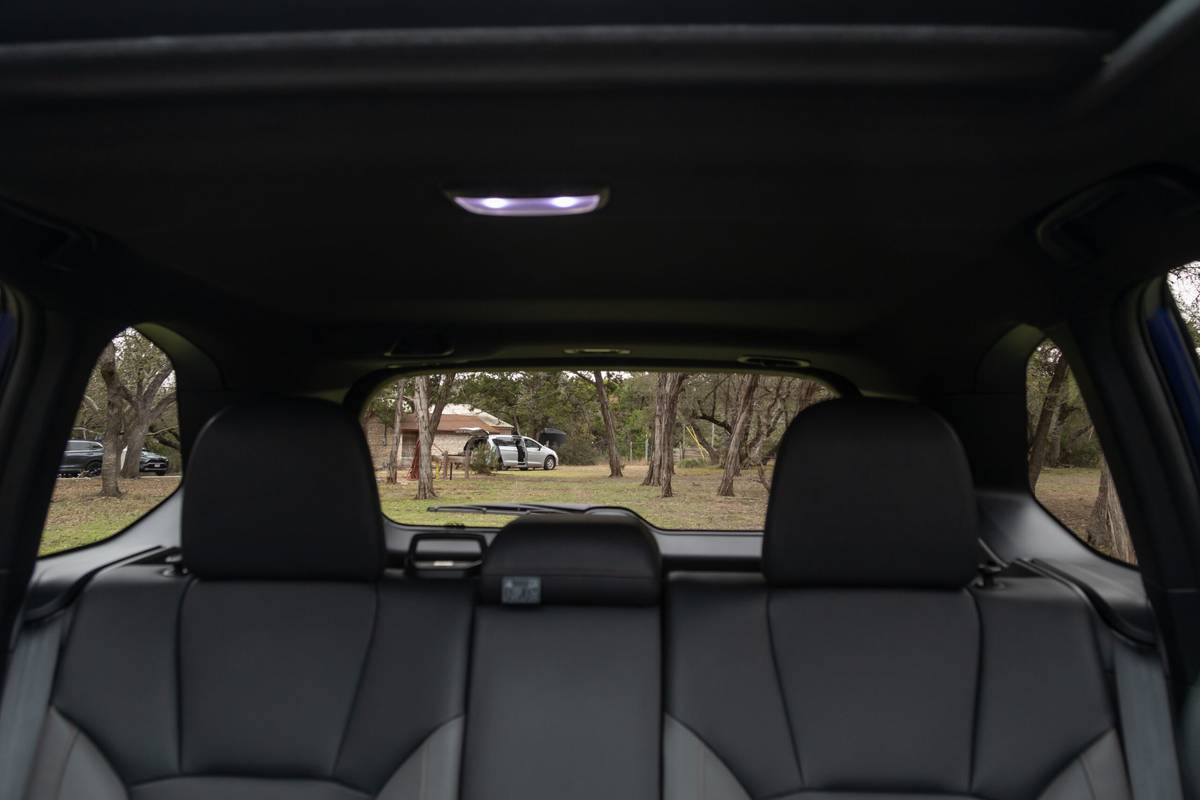
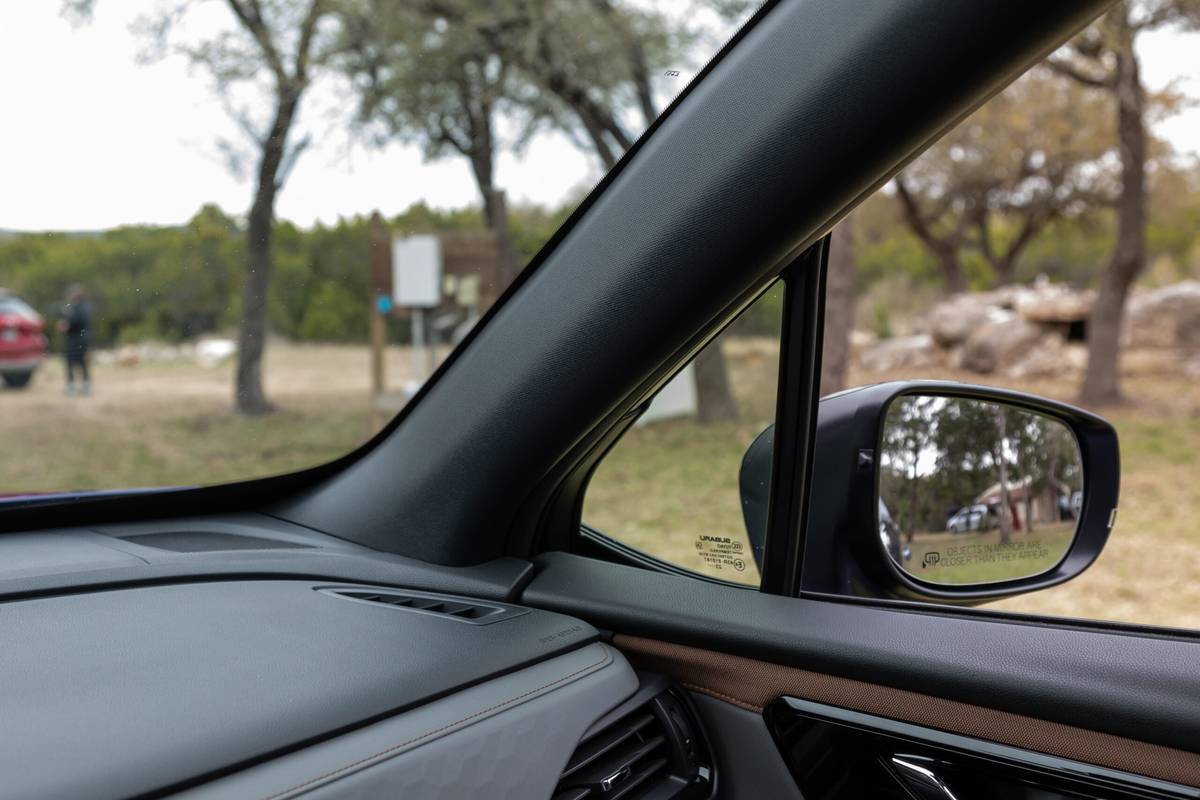
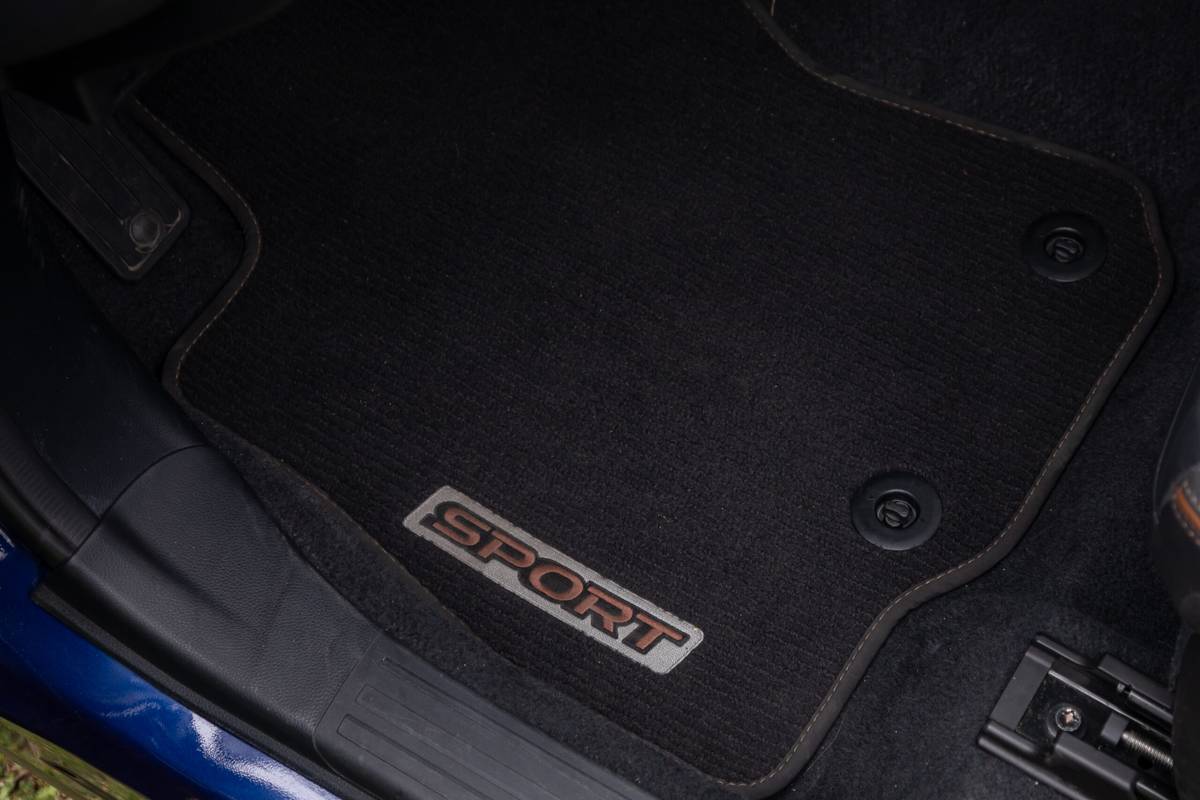
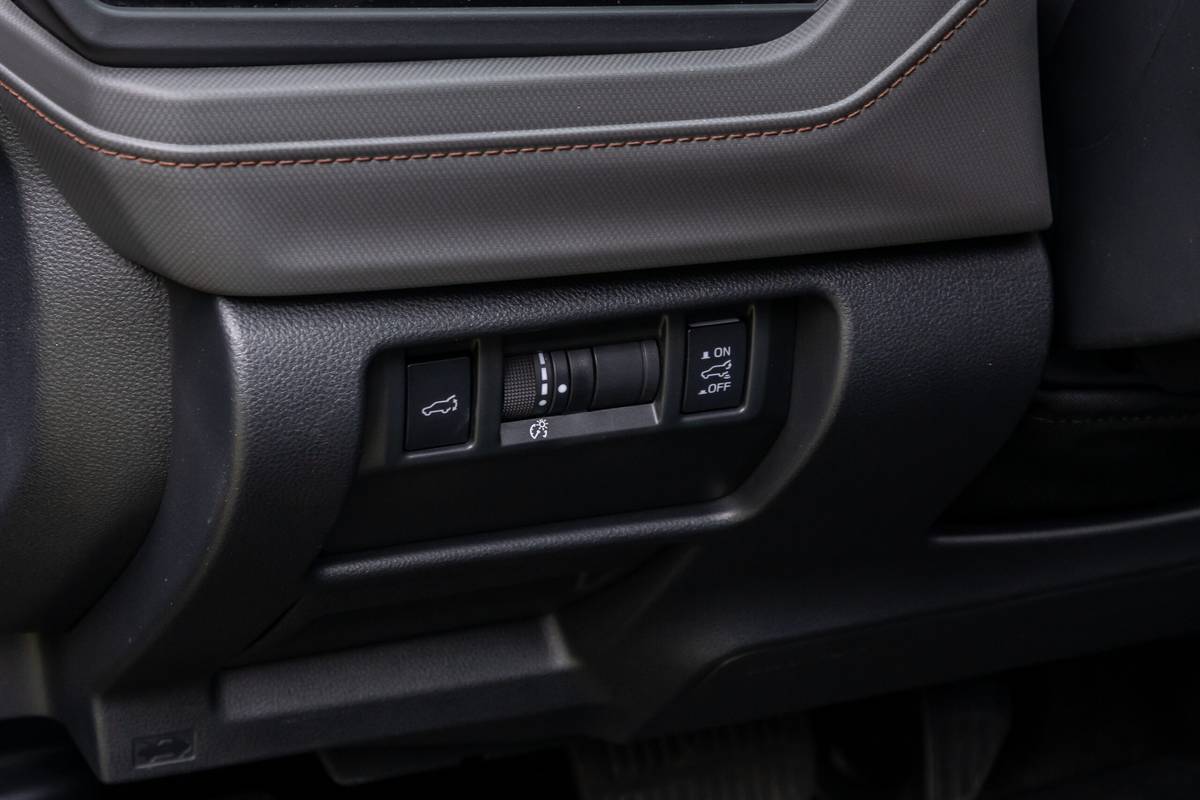
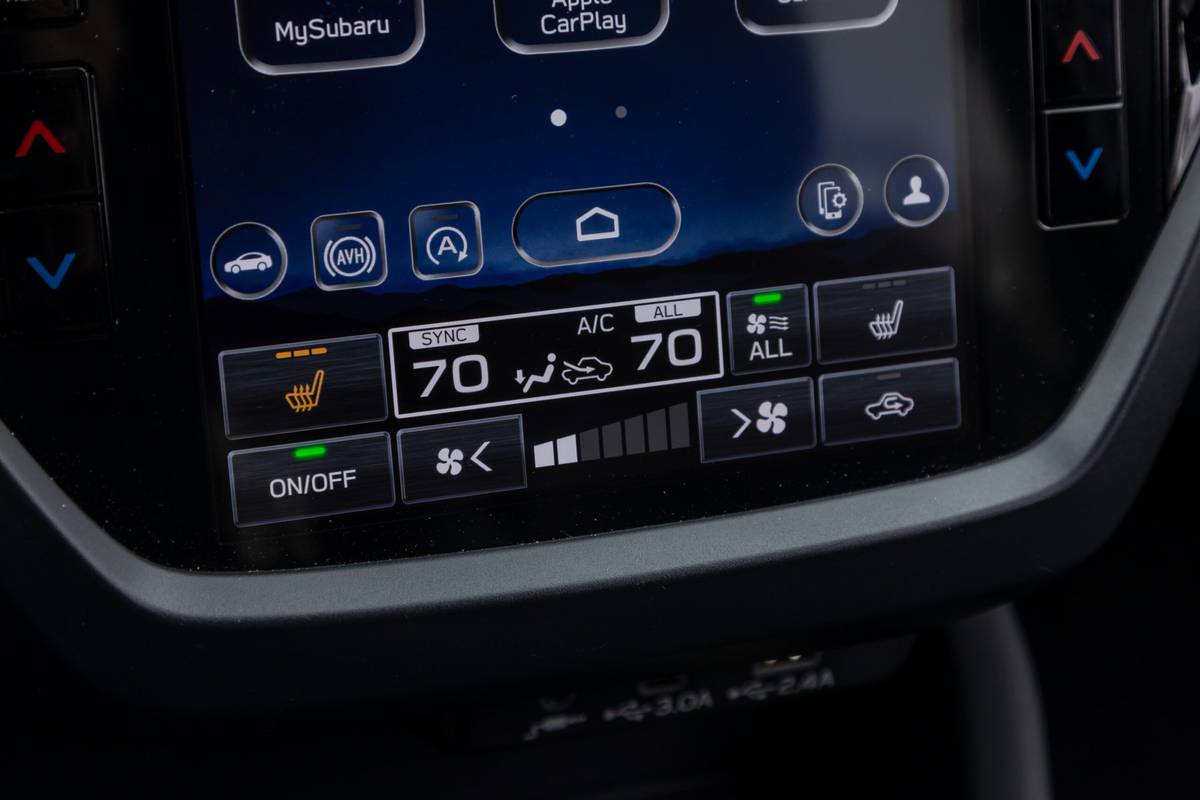
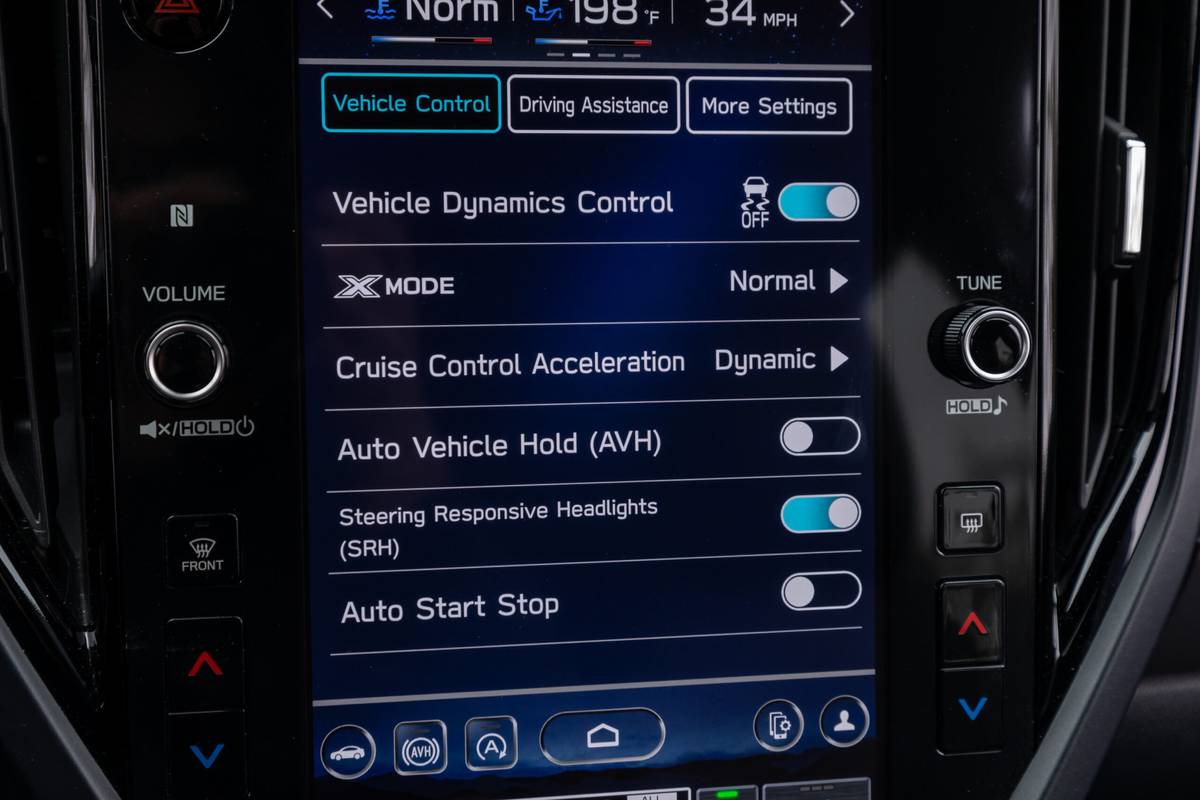
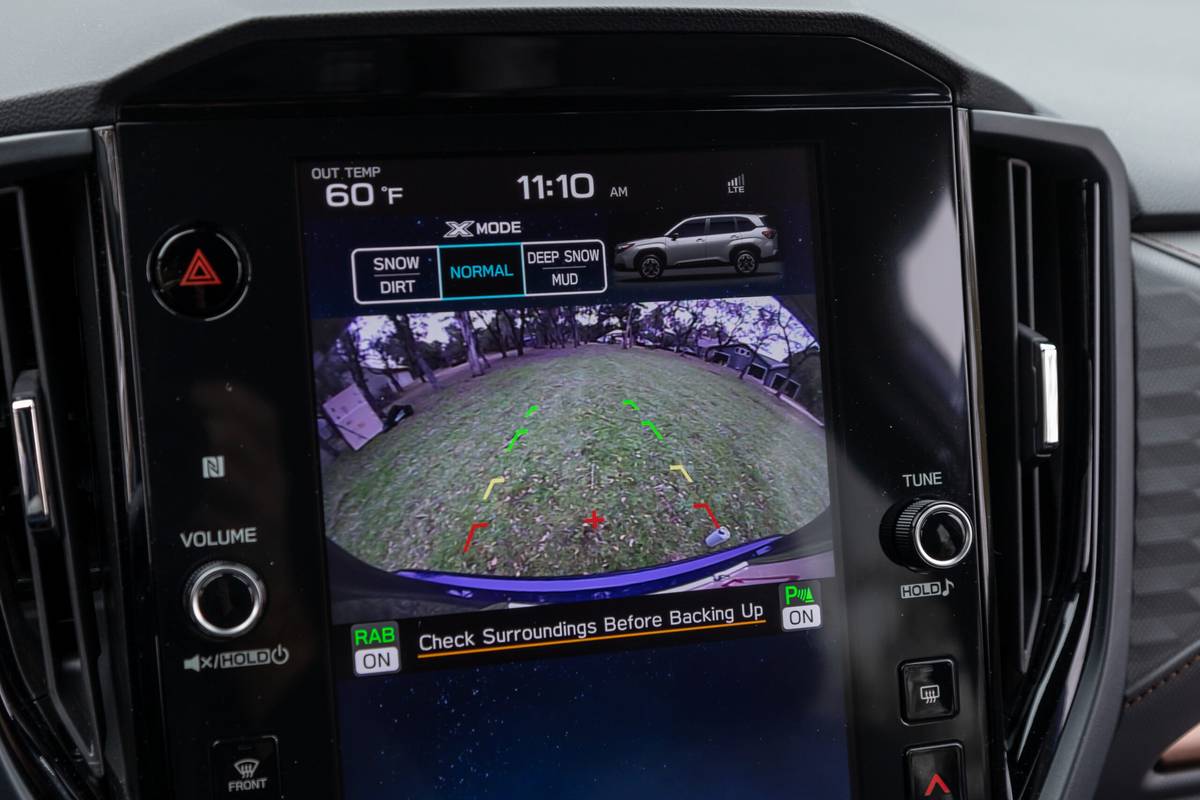
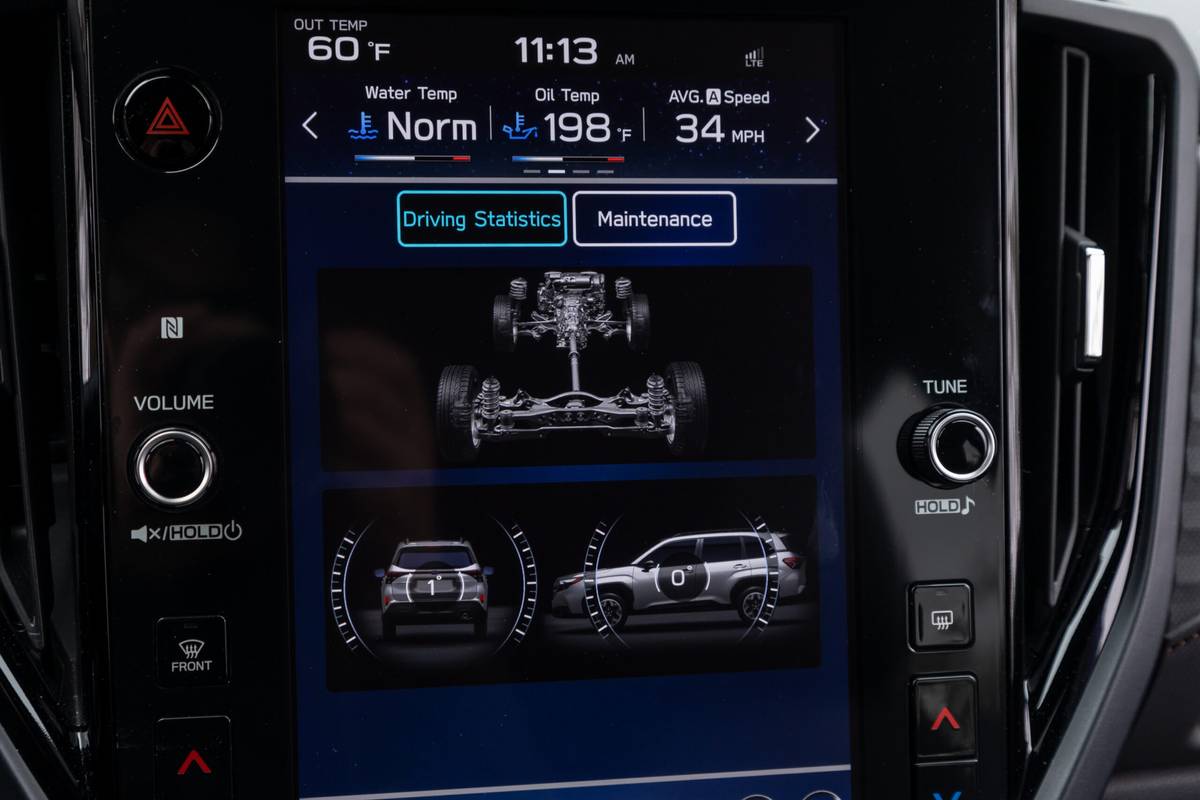
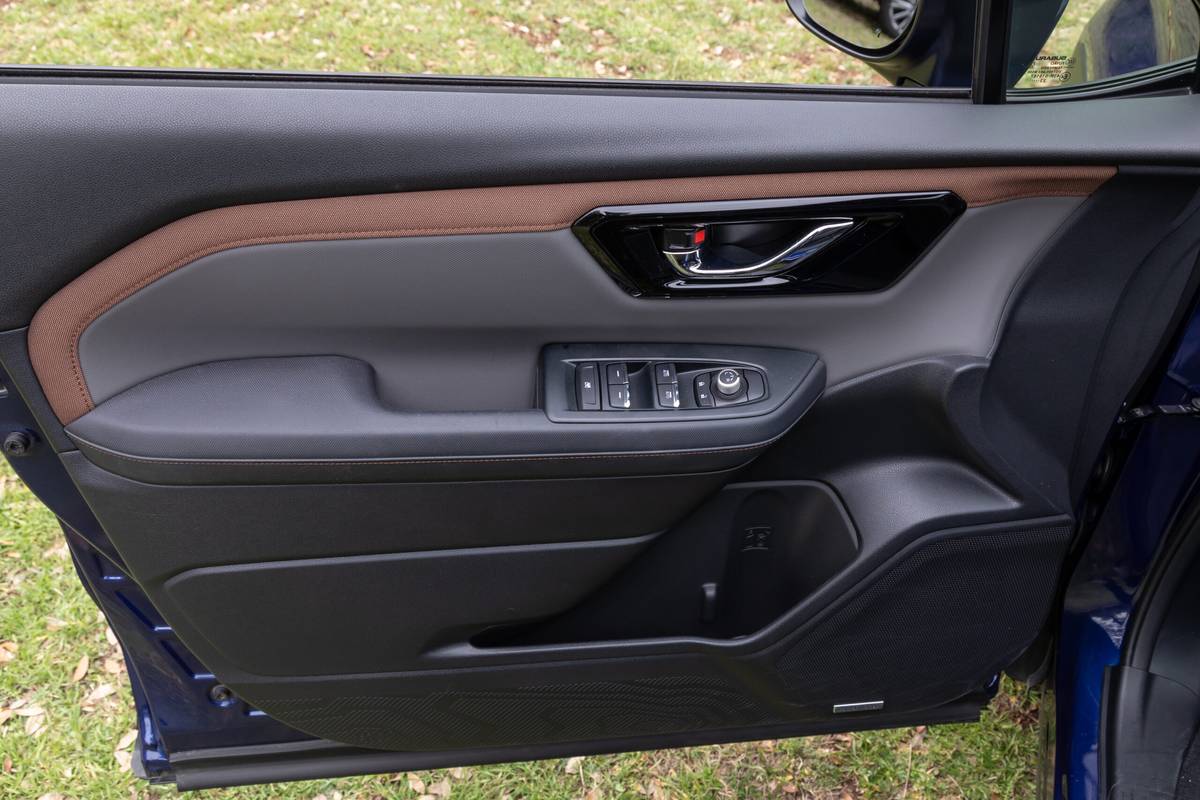
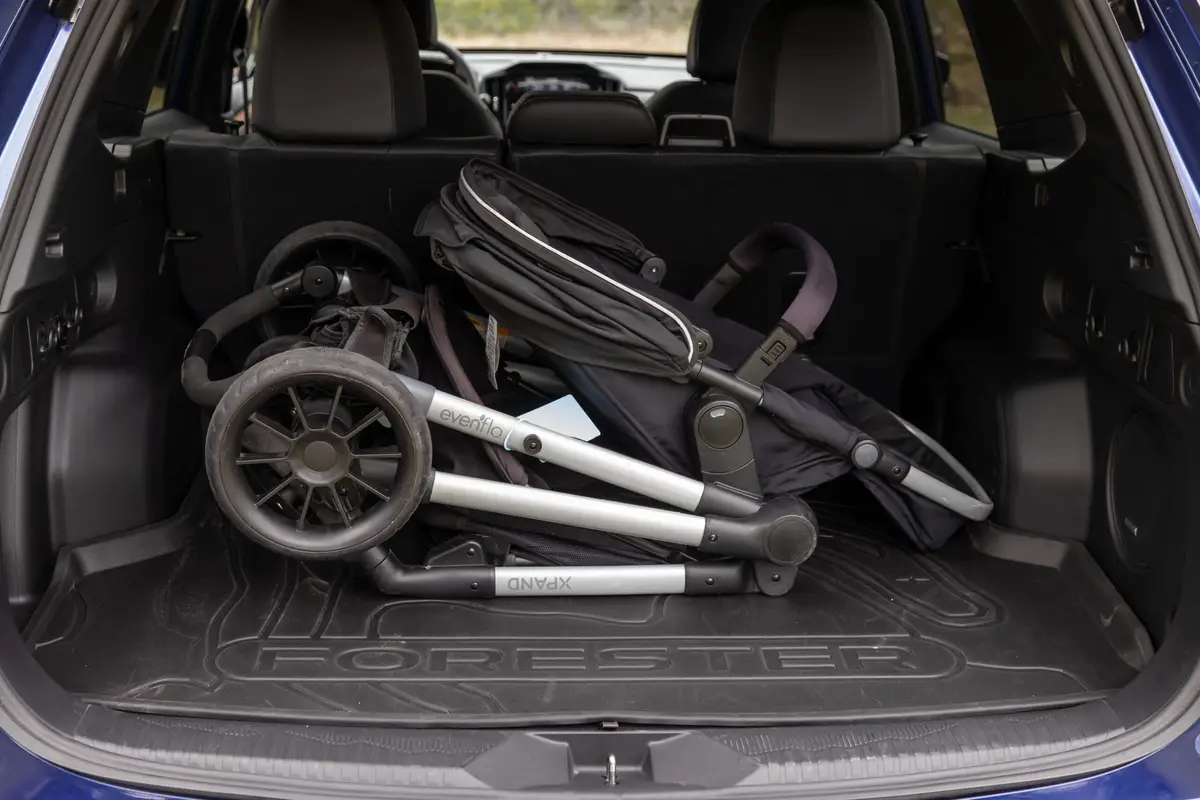
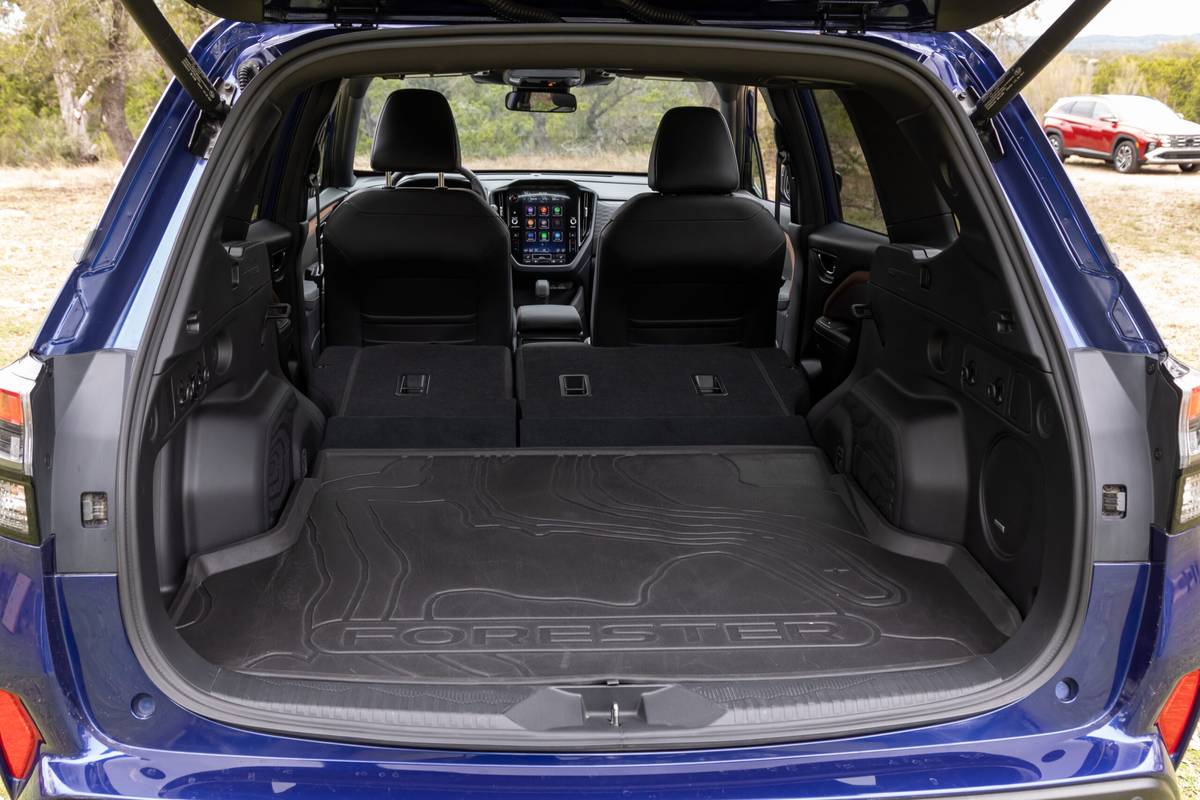
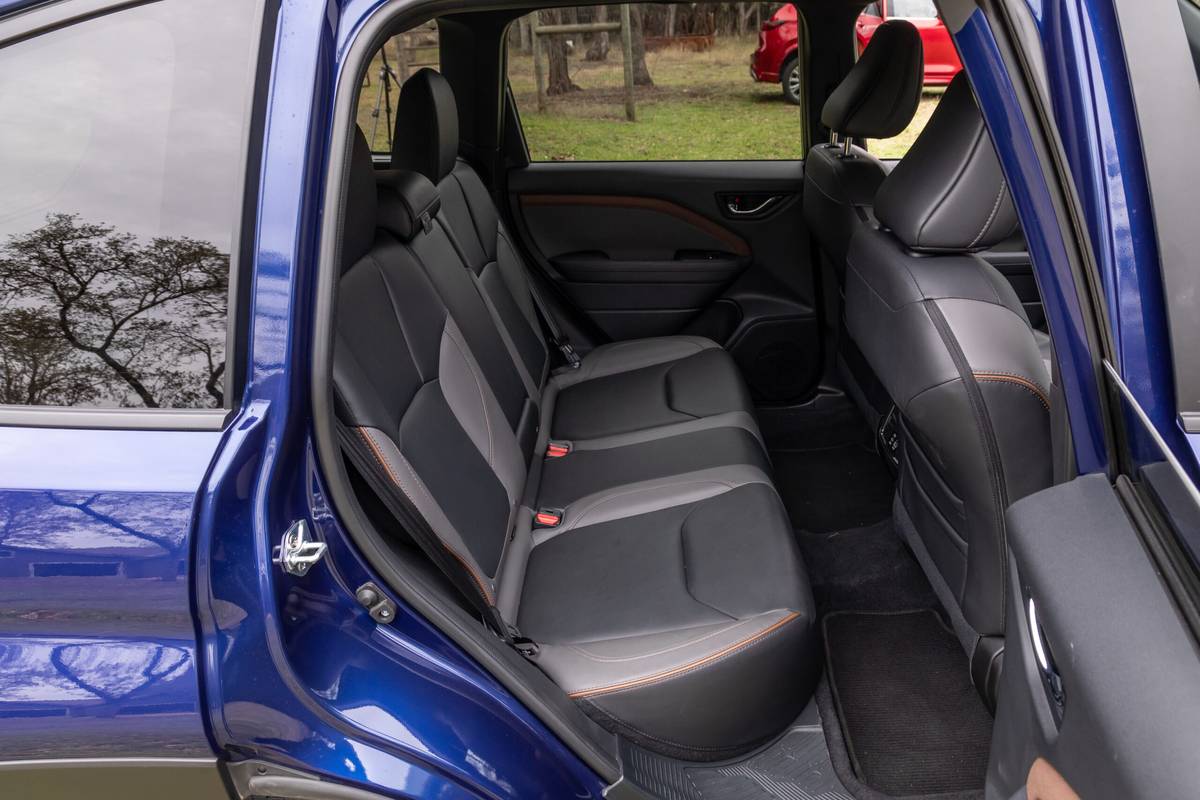
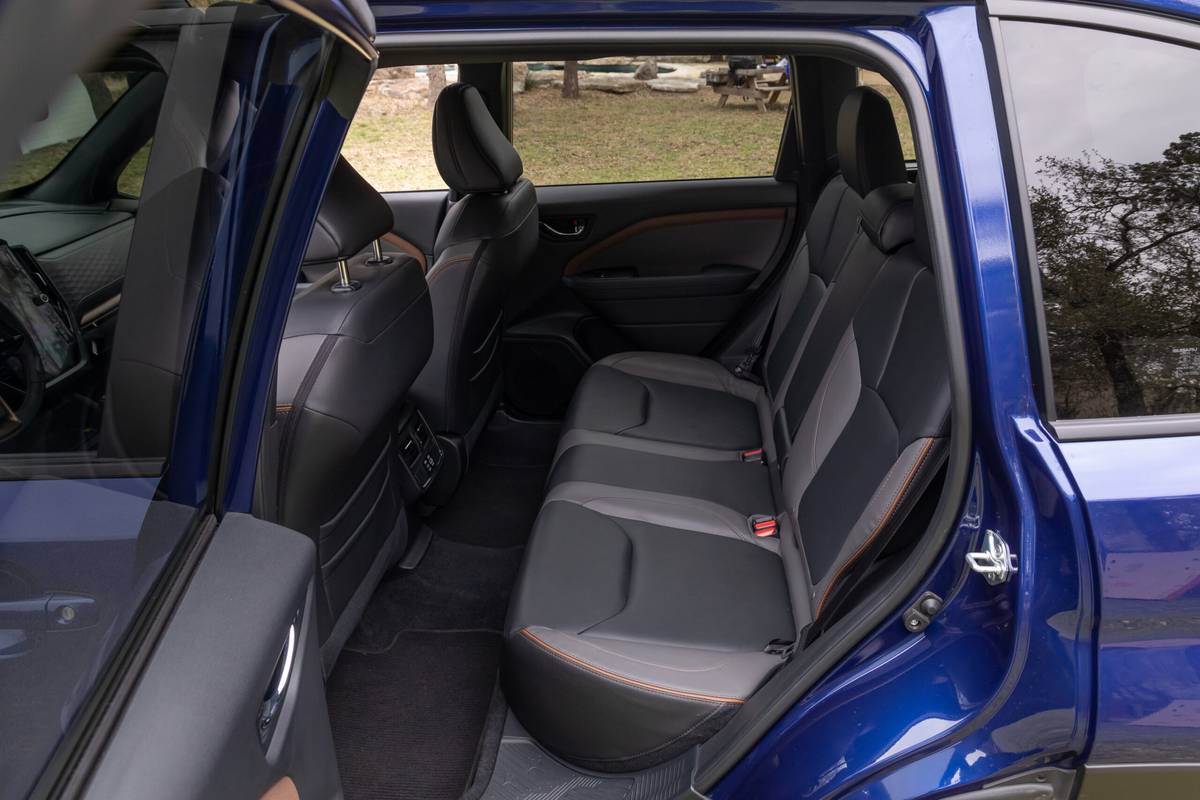
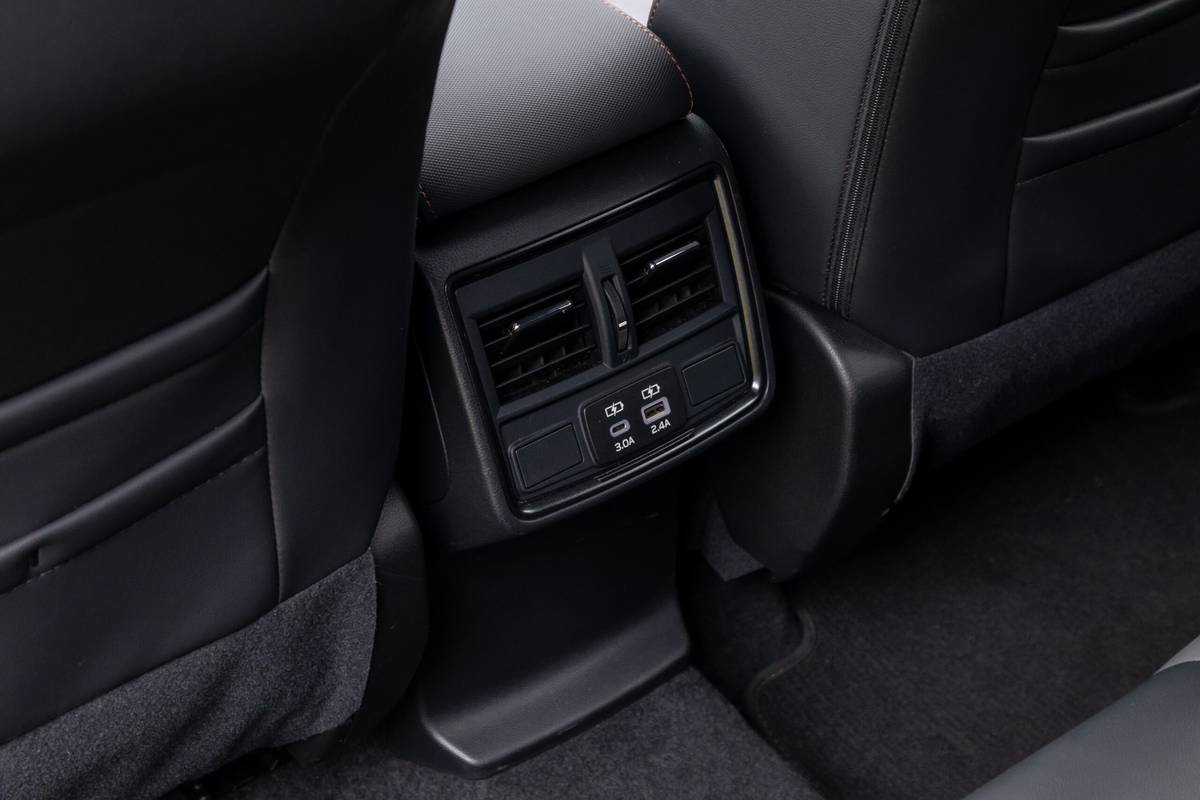
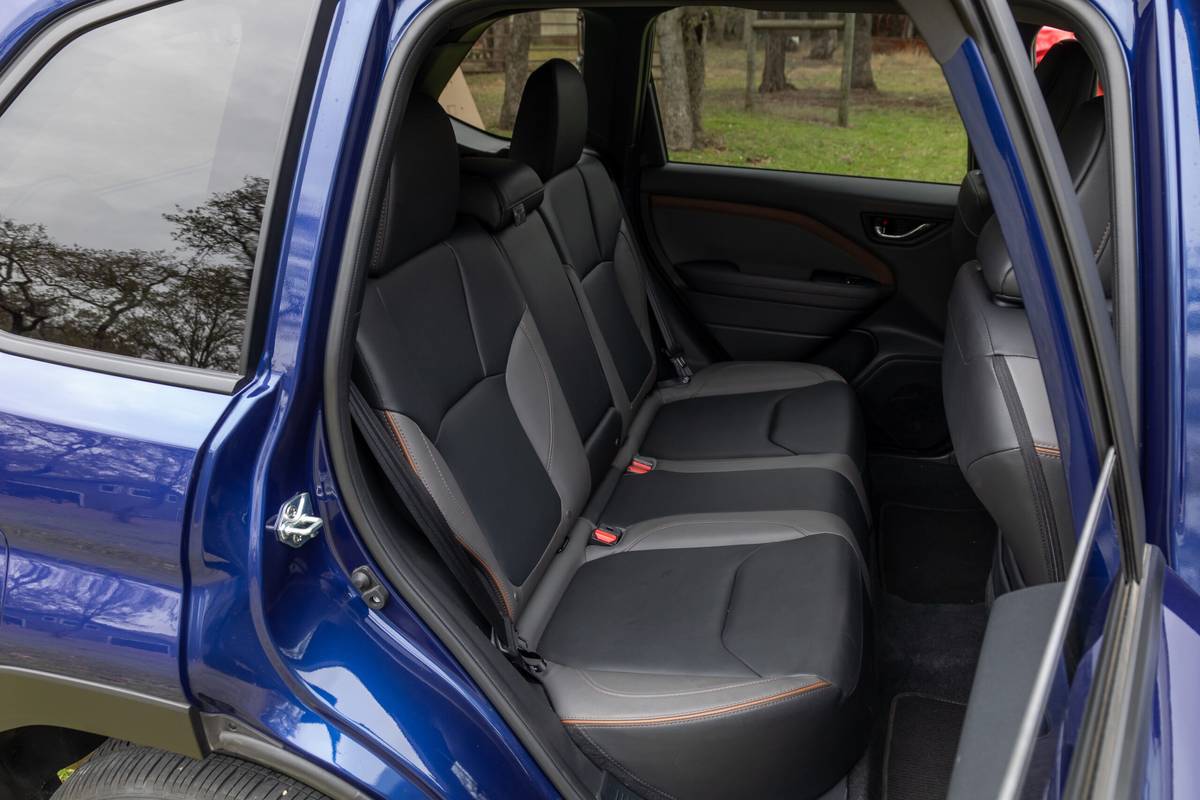
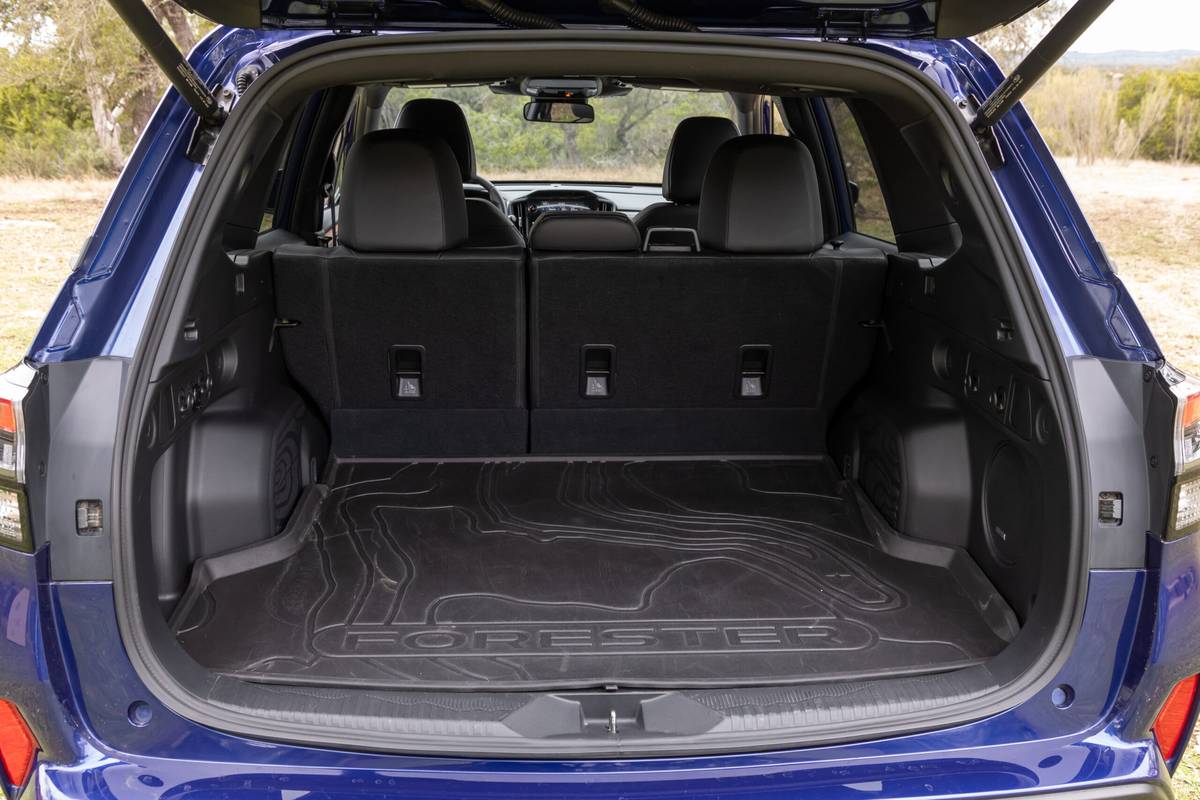
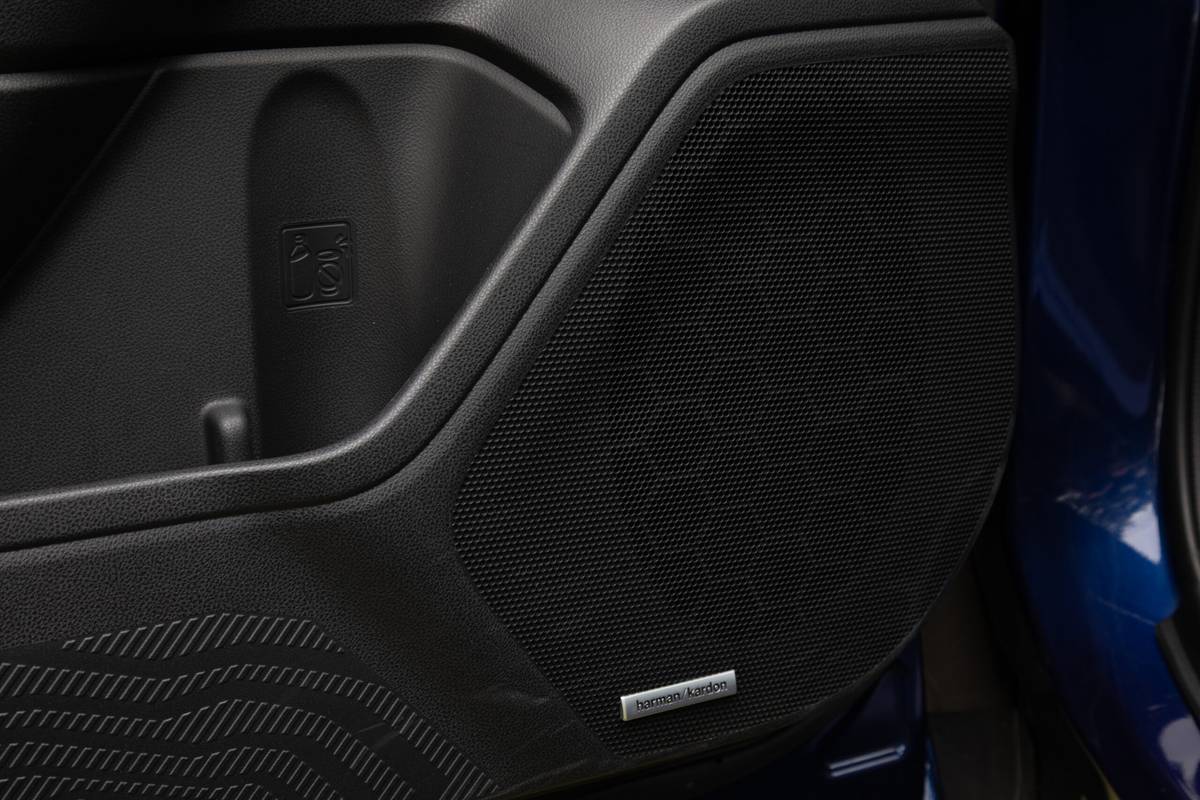
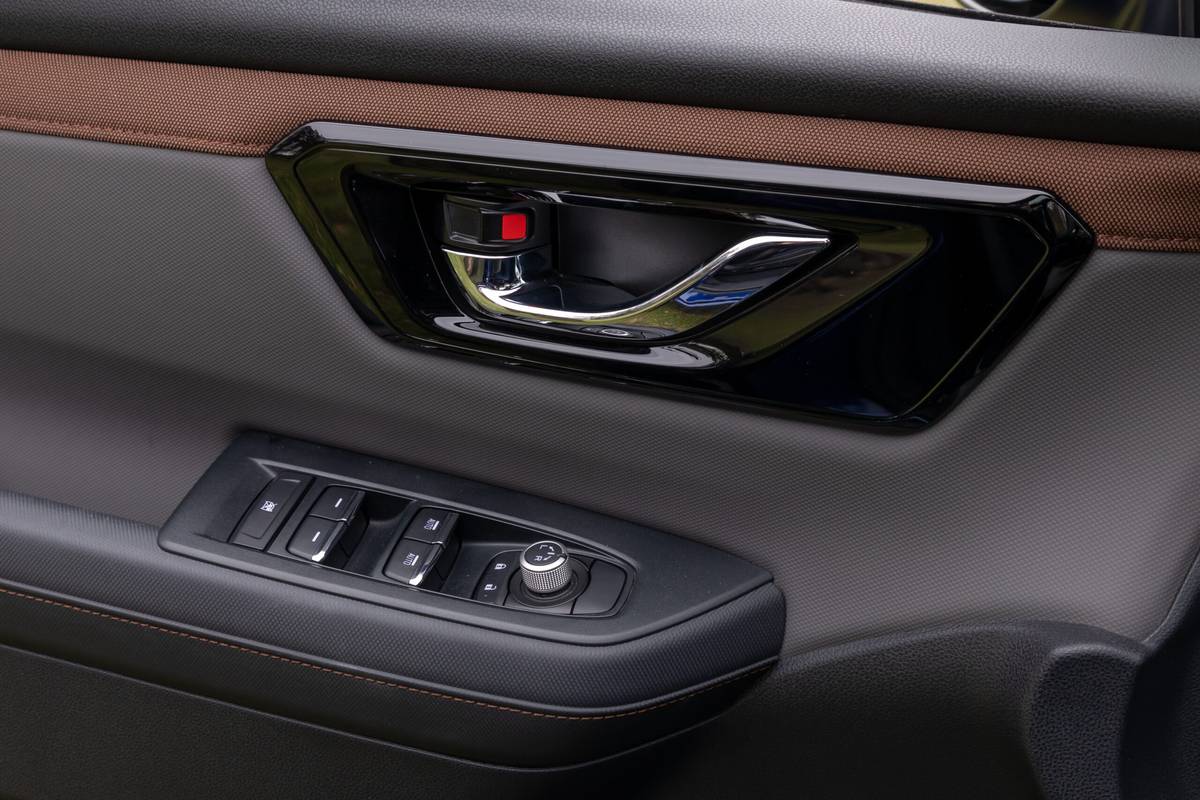















































Our Test Vehicle
- As-tested price: $37,930
- Powertrain: 180-hp, 2.5-liter flat four-cylinder with CVT
- Observed fuel economy (mpg): 31.2, fourth
- Cargo space (cubic feet): 16.5, seventh
Redesigned for the 2025 model year, the Forester retains many of the attributes that have made it a favorite, including standard AWD and great outward visibility. Subaru has a new Forester Hybrid with this generation of the SUV, but since it wasn’t available in time for our comparison, we tested a gas-only Sport trim instead.
What’s Good About the Forester?
- Class-leading outward visibility: The Forester almost aced our visibility assessment, with our judges giving it a near-perfect score. “Thin A-pillars, door-mounted mirrors with additional windows behind the A-pillars, an upright windshield and tall side windows give drivers a commanding view out of the Forester,” Normile said.
- Comfortable front seats: Our judges also liked the Forester’s front seats and rated its front-seat comfort behind only the Rogue. “The nicely bolstered front seats offer a comfortable seating position with lots of legroom,” Schrader said.
- Gas-only gas mileage: The Forester’s 31.2 mpg observed gas mileage on our fuel-economy drive was the best of the gas-only models and not that far behind the 33.6 mpg of the Tucson, the least efficient hybrid in our test.
- Braking feel: The Forester’s braking feel was also scored highly and was second only to the Mazda in our test. “The Forester has linear pedal feel and impressive stopping power that make even emergency stops feel confident,” Normile said.
What’s Bad About the Forester?
- Subpar screen tech: “The 11.6-inch vertically oriented touchscreen would be the worst in the test if it weren’t for Mazda’s presence,” Normile said. “It crops camera views and leaves Apple CarPlay too small for my tastes.” Bragman also said the screen was hard to see when wearing sunglasses.
- Powertrain problems: “The CVT is a letdown, with slow, annoying faux shifts between simulated ‘gears,’” Schrader said. Normile added that the powertrain “occasionally struggles up steeper terrain.”
- Interior quality: The Forester’s lowest-in-test price helped it in our value scoring, but the mid-level Sport trim’s interior wasn’t in the same league as the others here. That came through in this category’s scoring, where the Subaru received the fewest points. “Compared to other vehicles in this test, the Forester’s interior materials quality is not competitive here,” Normile said.
- Space for stuff: The Forester’s cargo area measures 16.5 cubic feet, according to our measurements, making it a bit smaller than the Equinox’s as well as the smallest cargo area in our test. What’s more, the Subaru’s in-cabin storage was only better than the CX-5’s in our scoring.
Research the 2025 Subaru Forester | Search Inventory | Car Seat Check
4. 2025 Mazda CX-5 2.5 Turbo Signature, 637 points
Is the 2025 Mazda CX-5 a Good Car?
- The focus is squarely on the driver in the CX-5, which led all other SUVs in most of our driving-related categories. However, the CX-5’s shortcomings are apparent in areas where compact SUVs need to do well, like user interface, passenger space and comfort, and fuel efficiency.
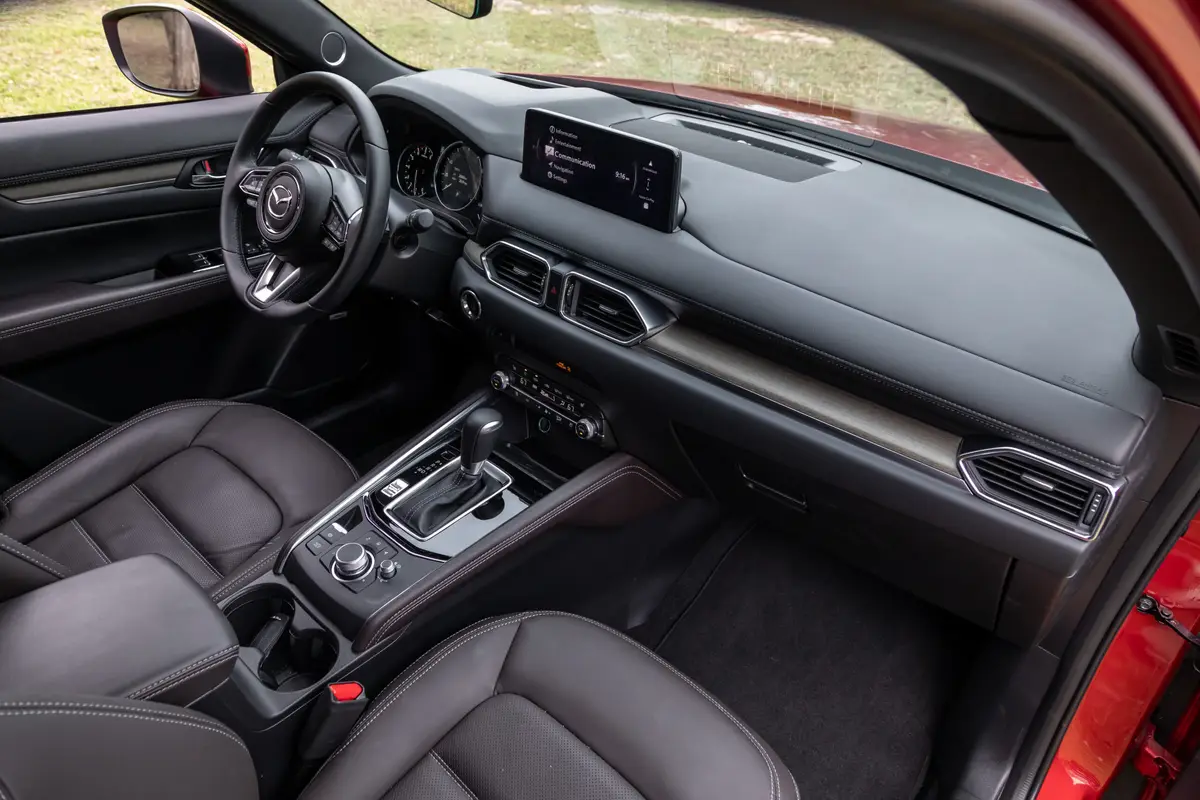
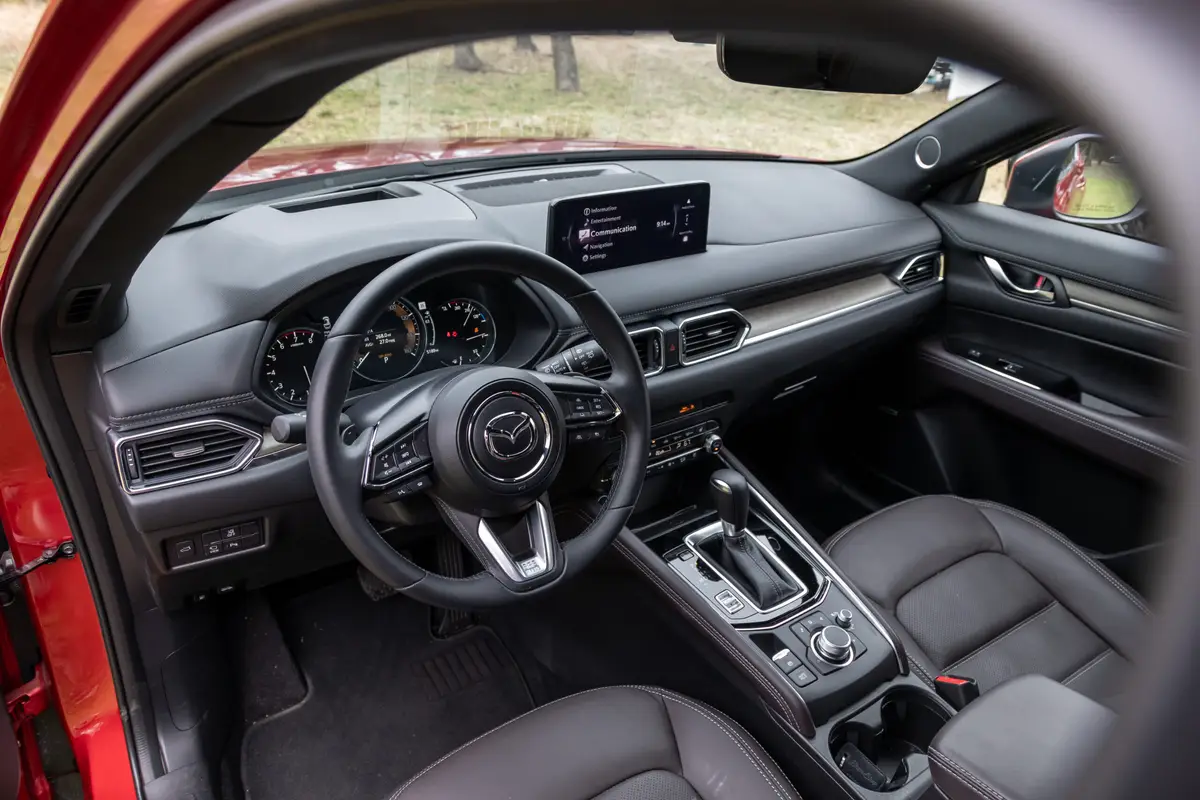
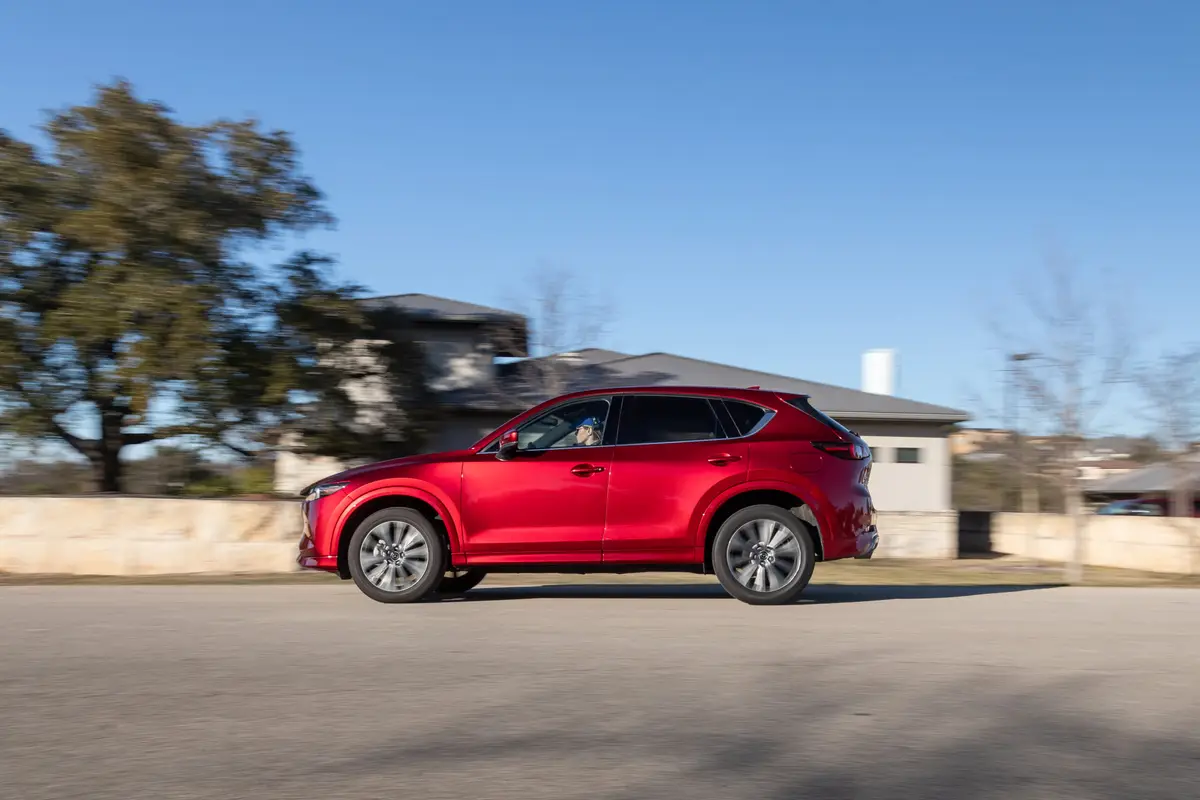
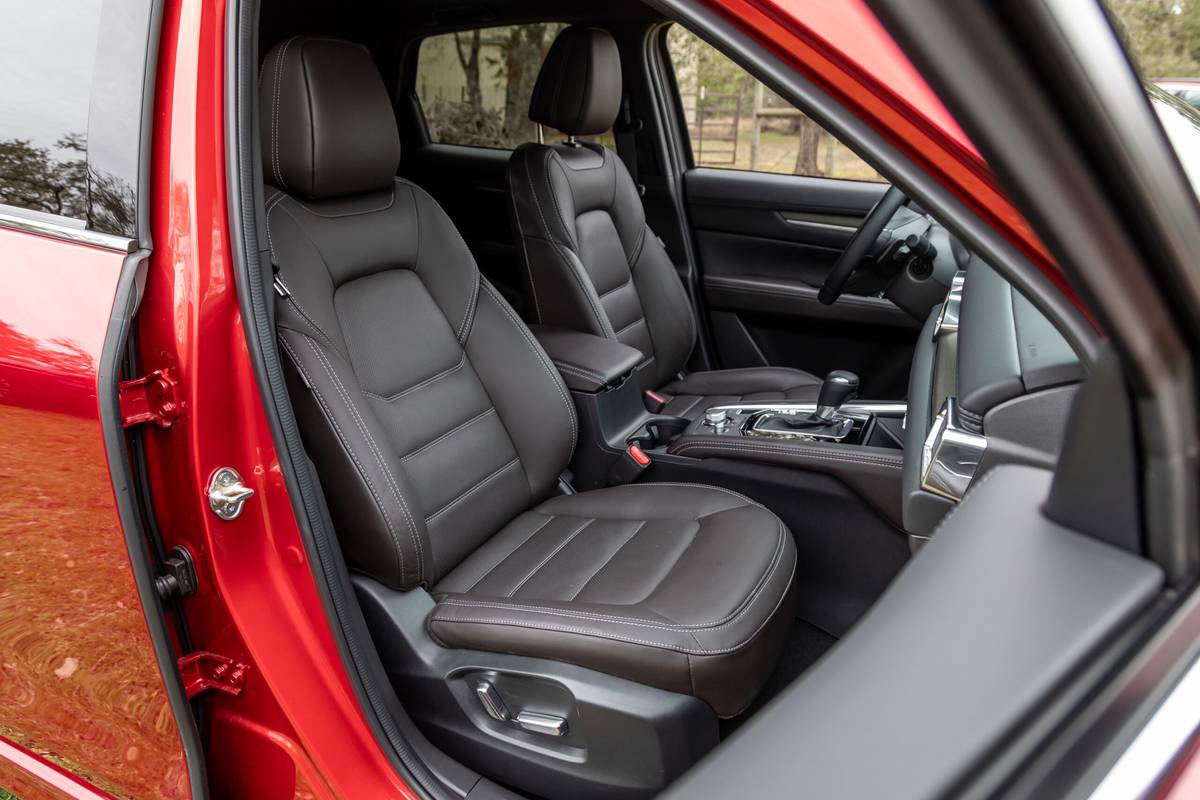
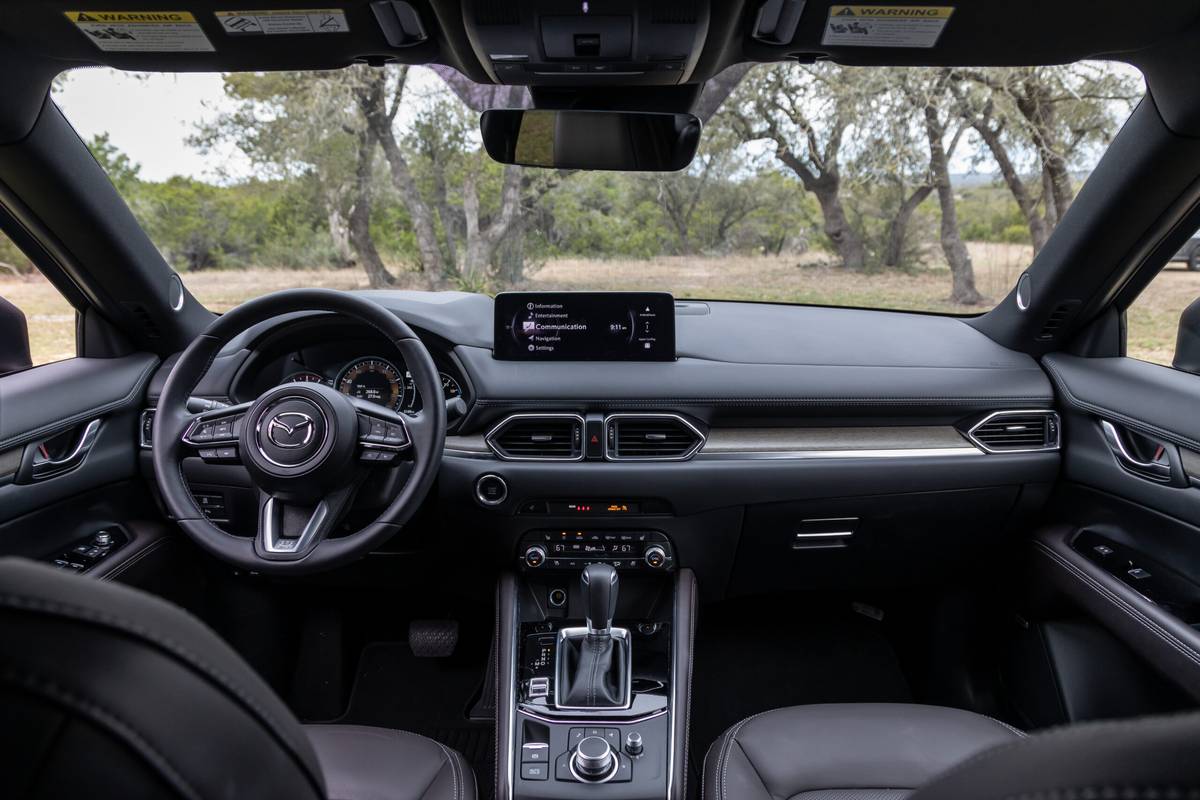
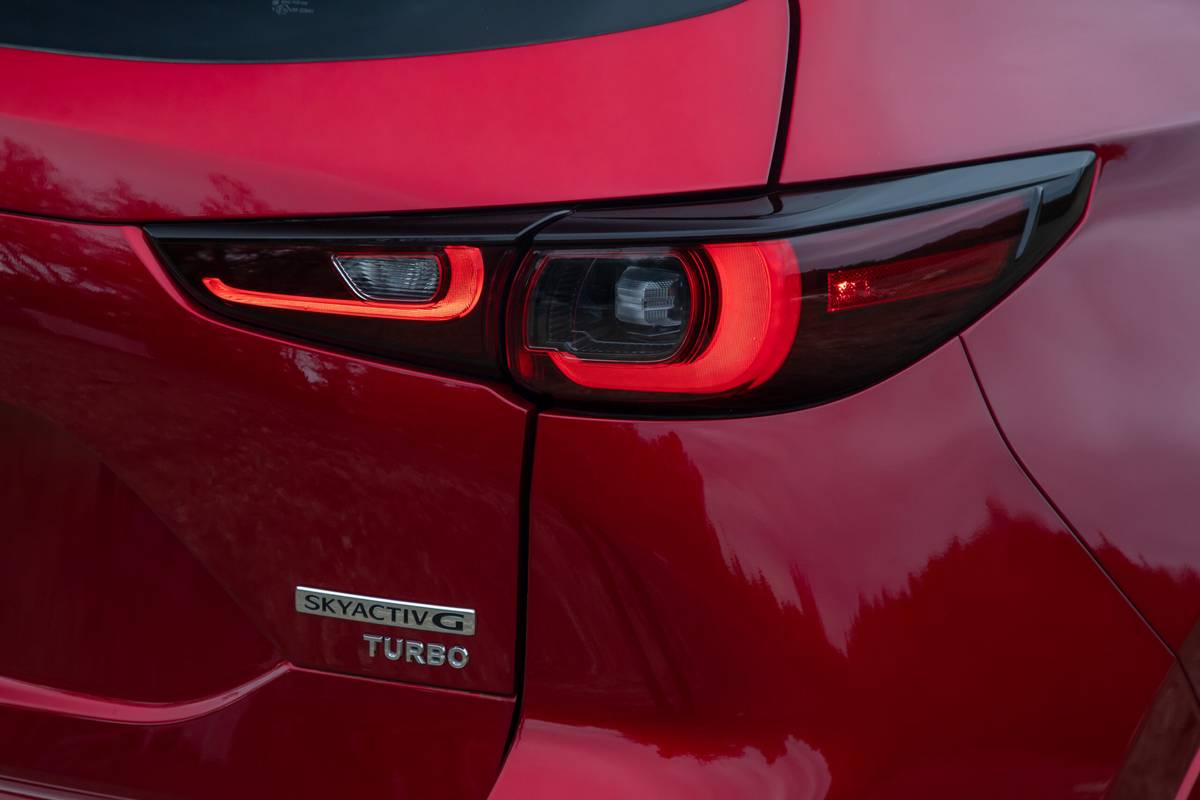
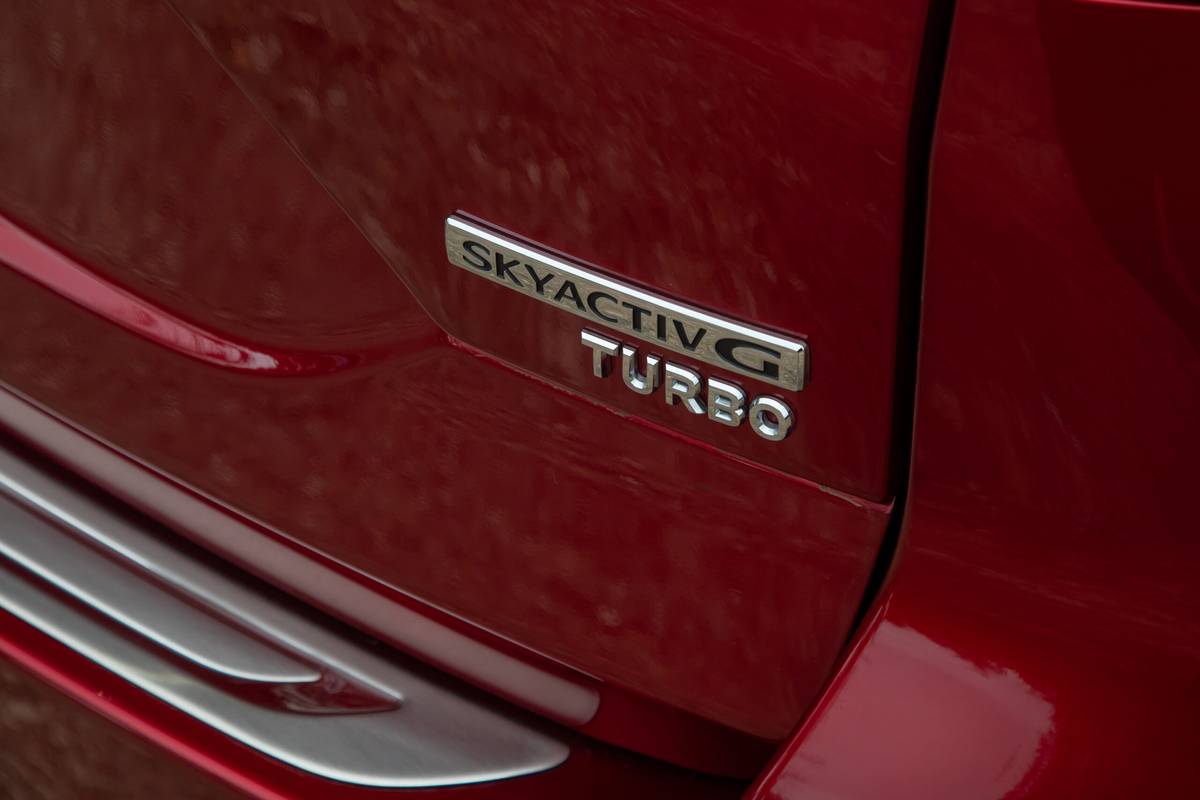
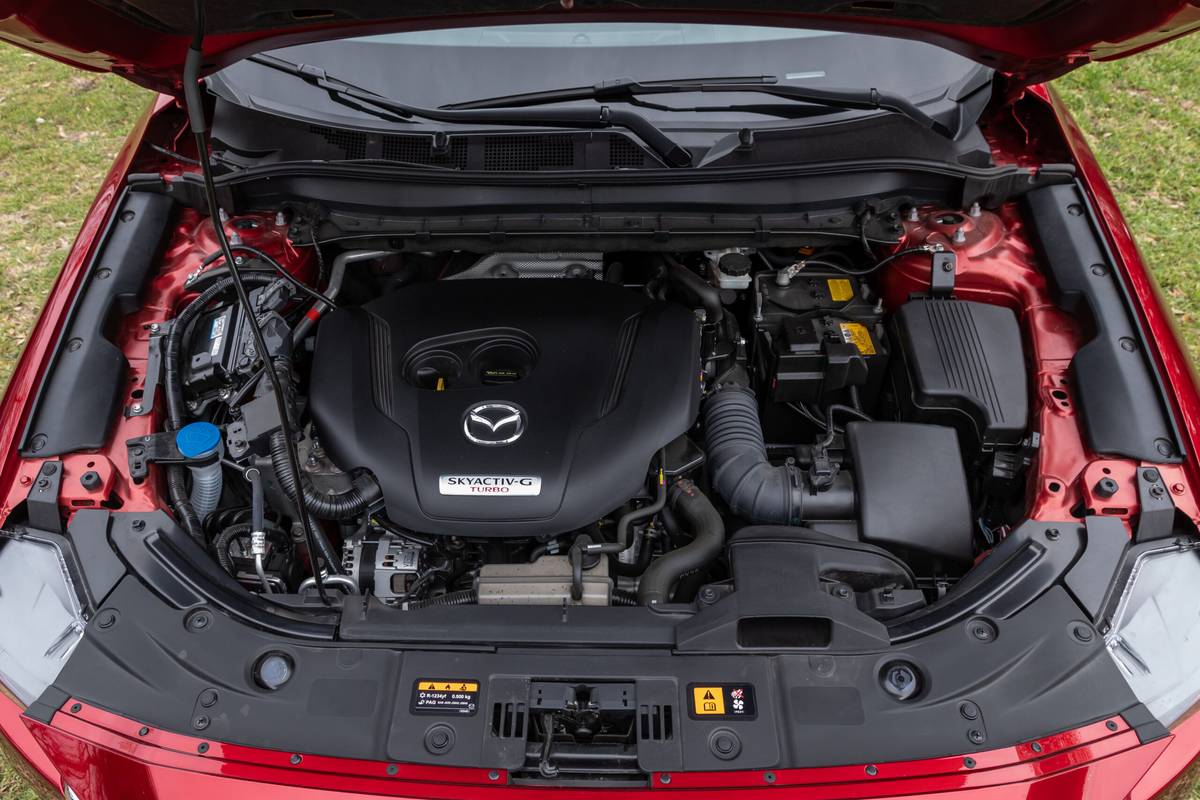
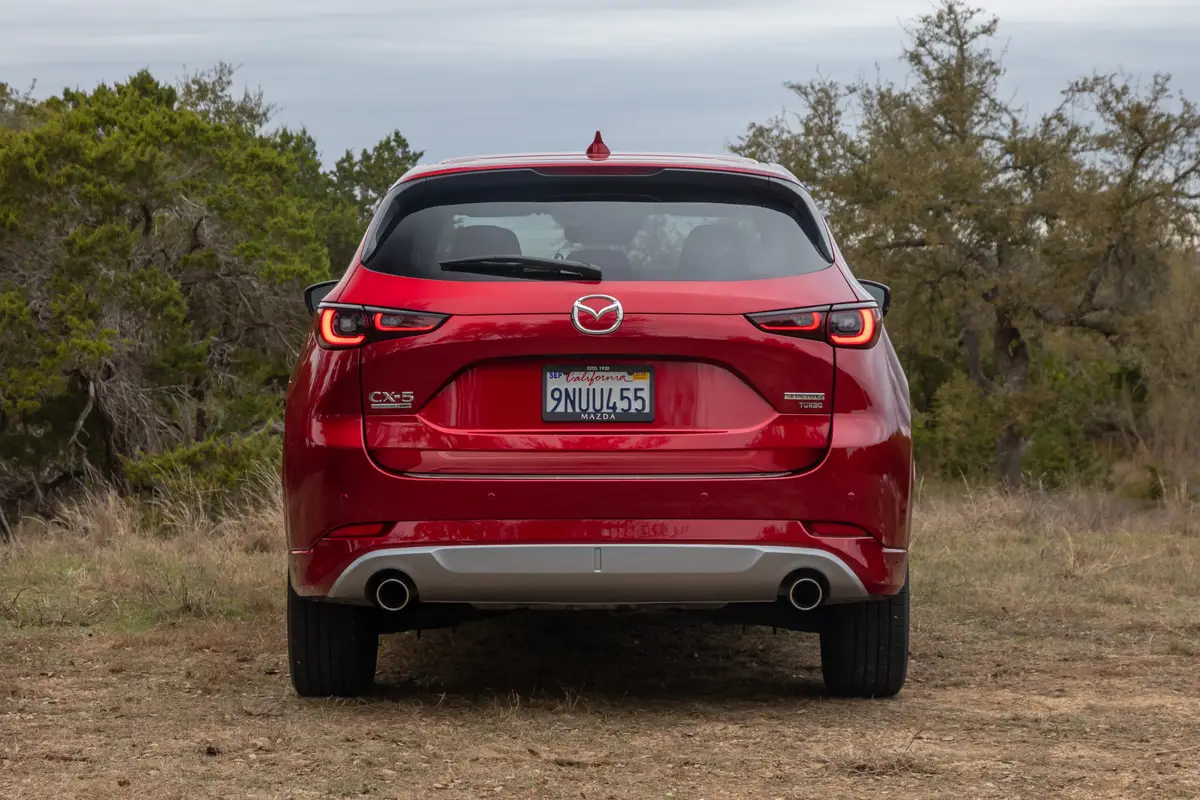
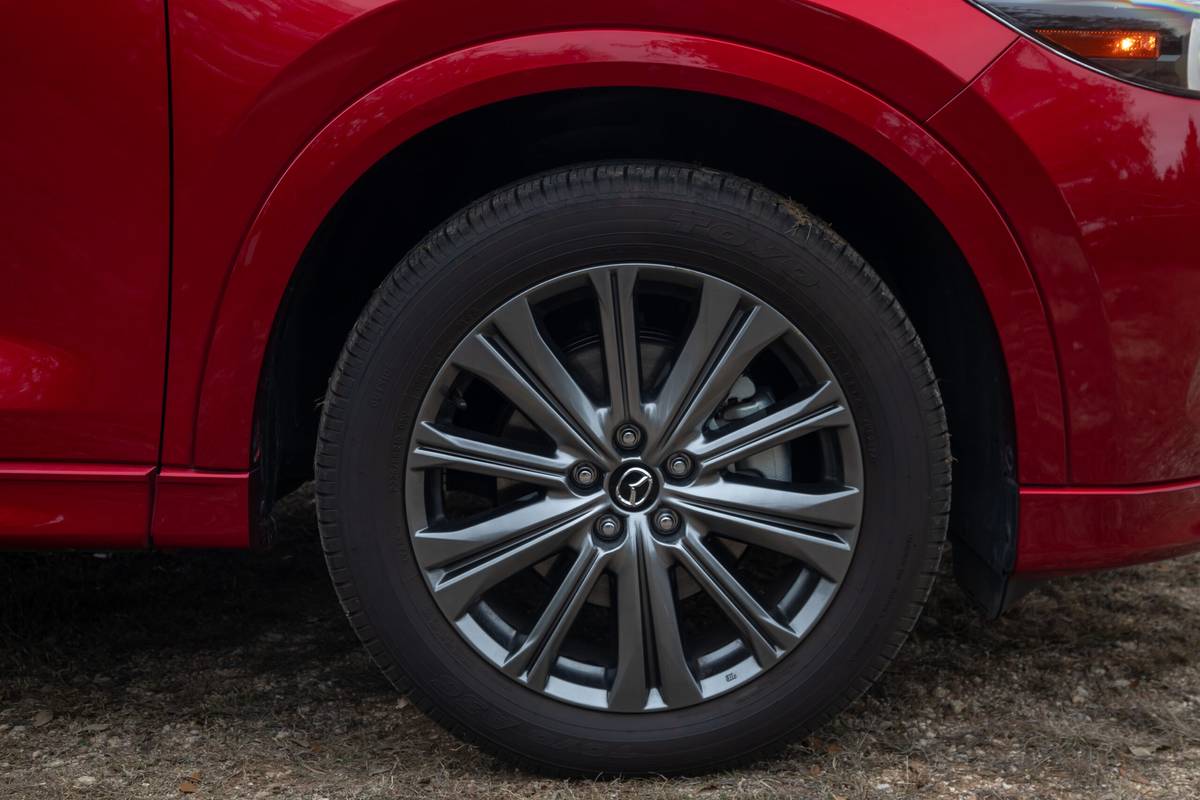
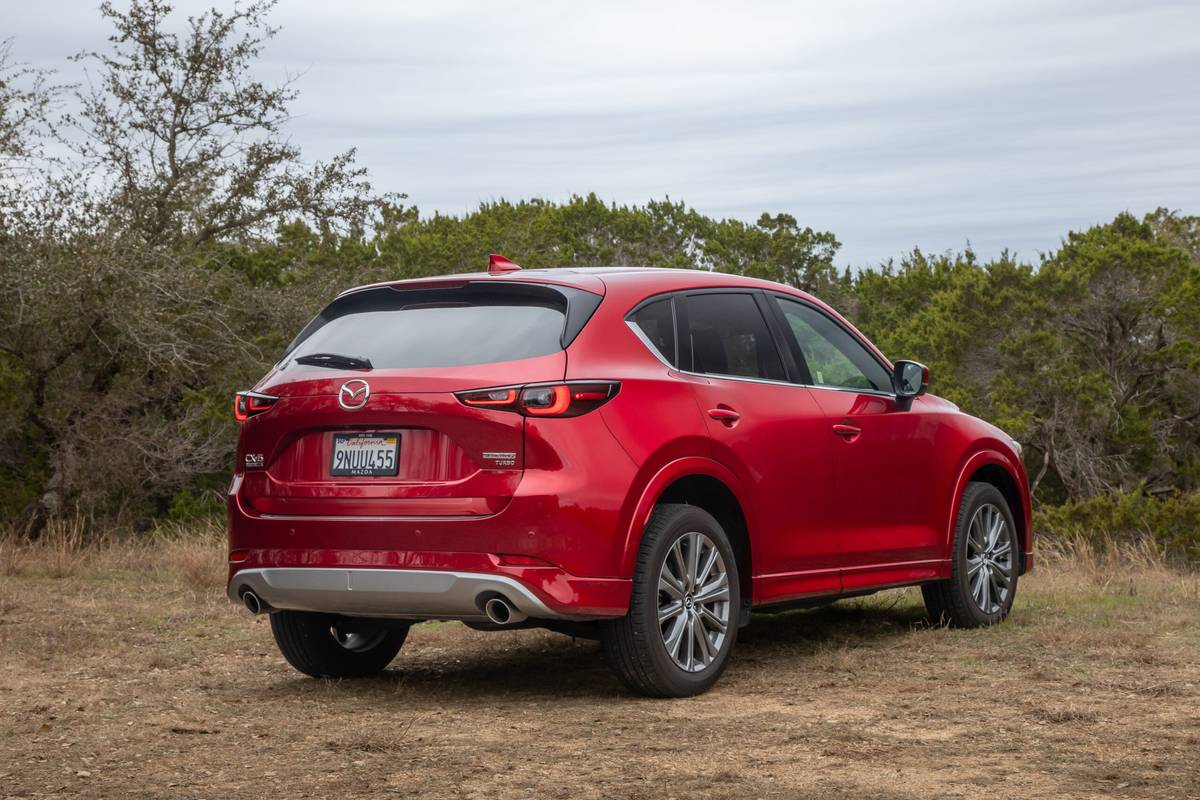
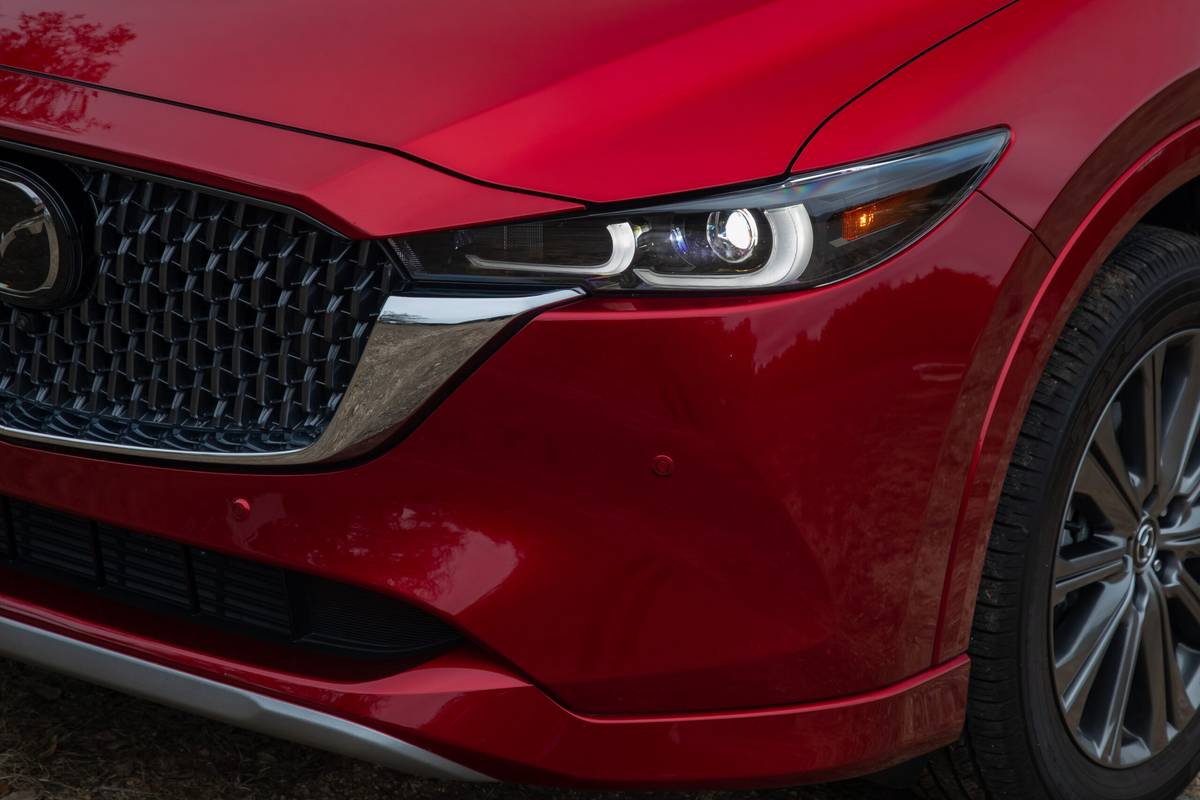
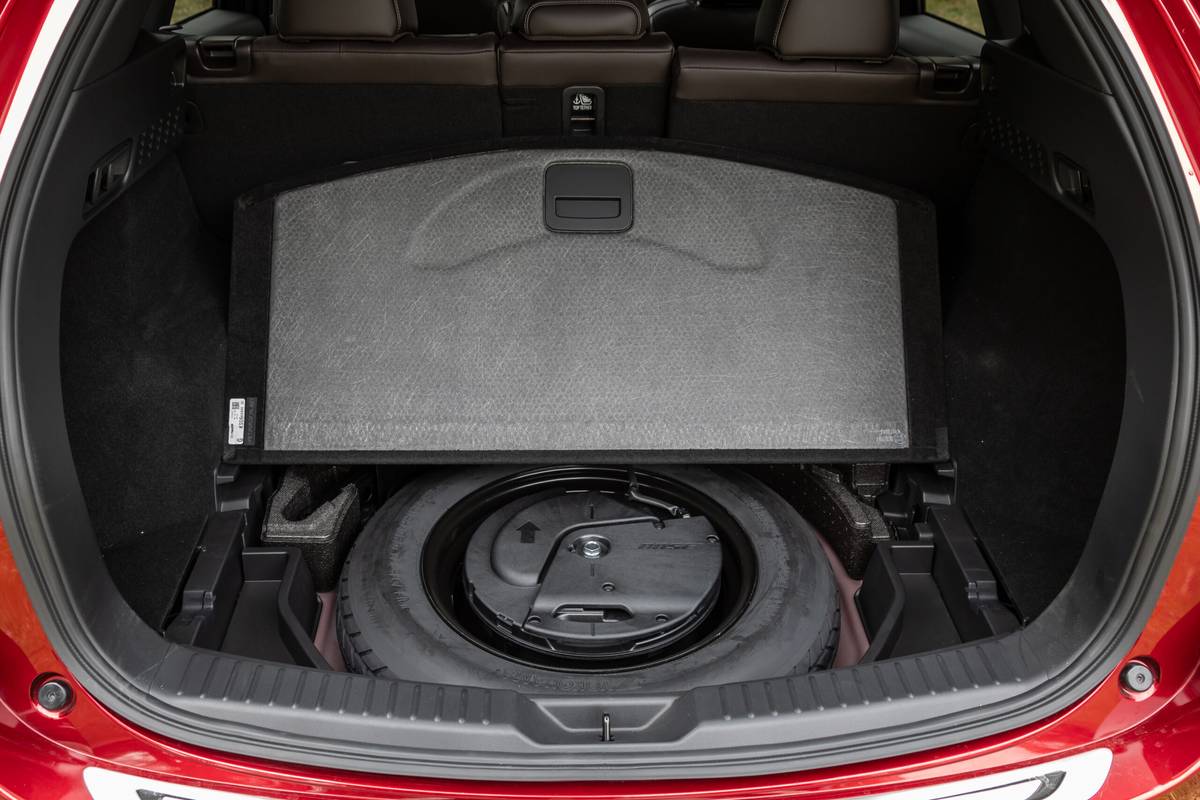
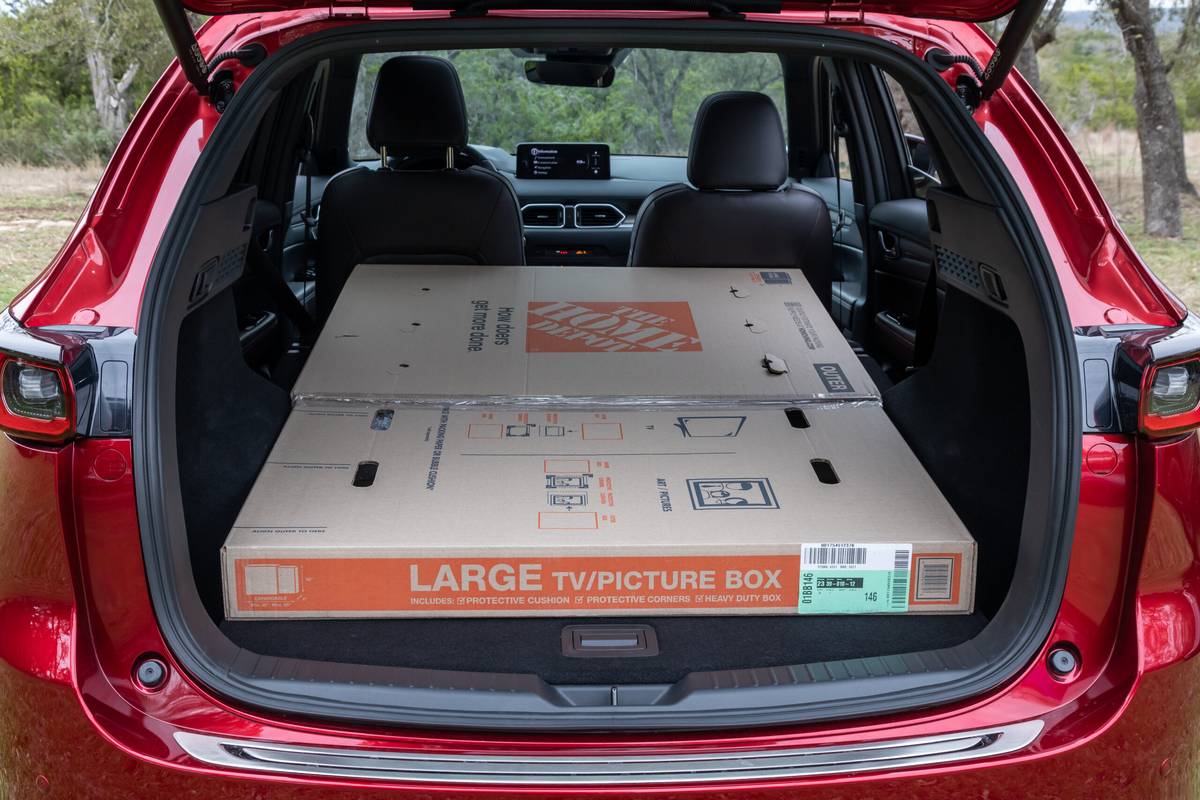
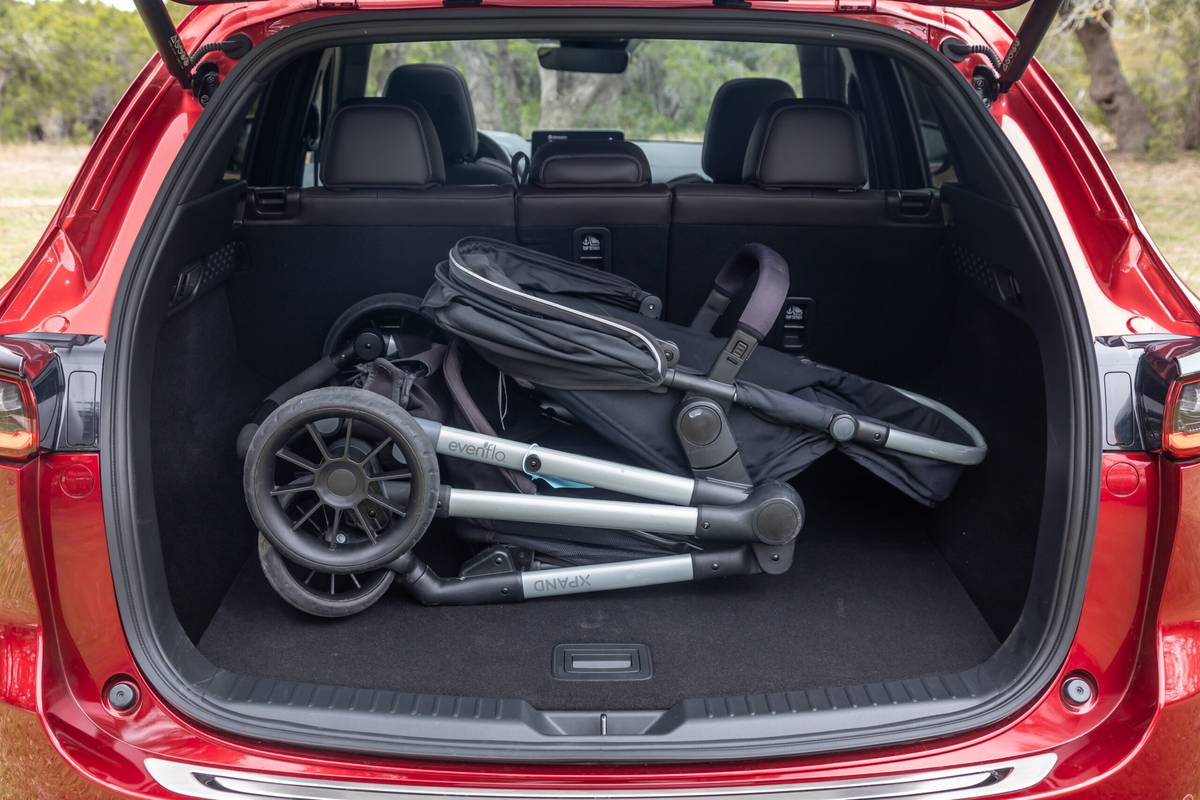
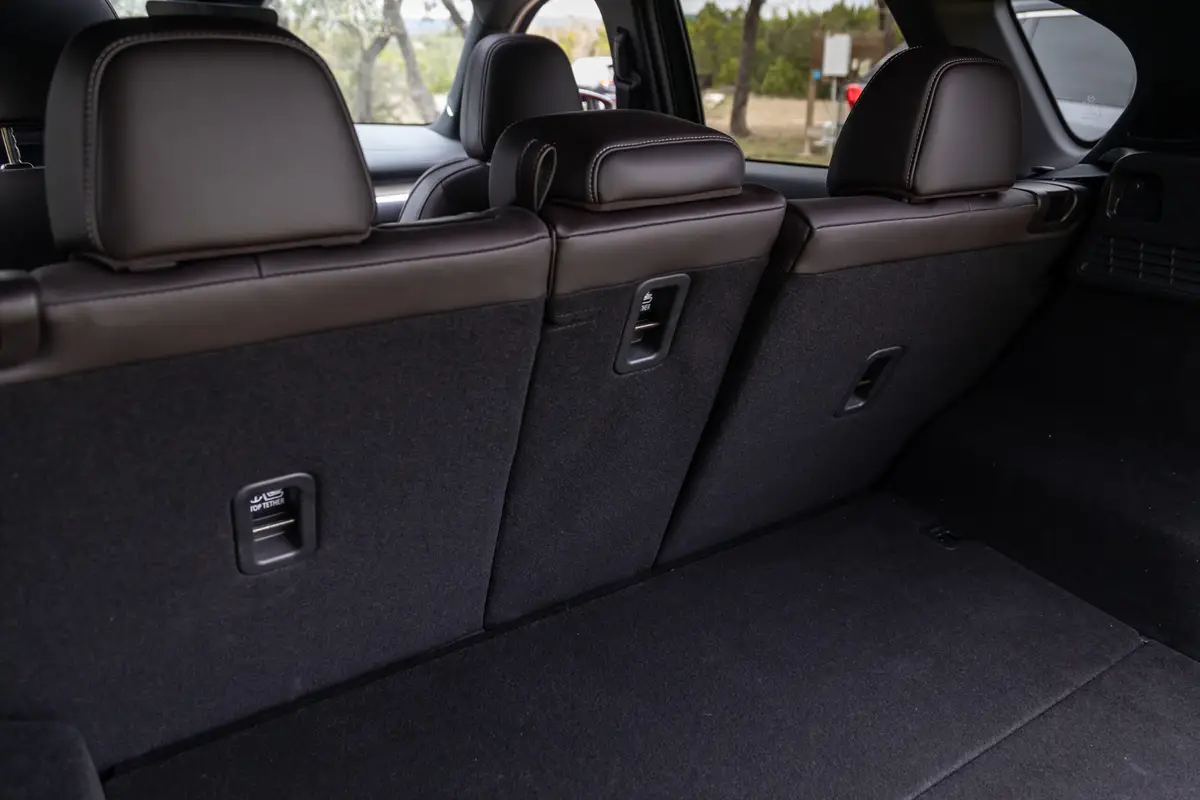
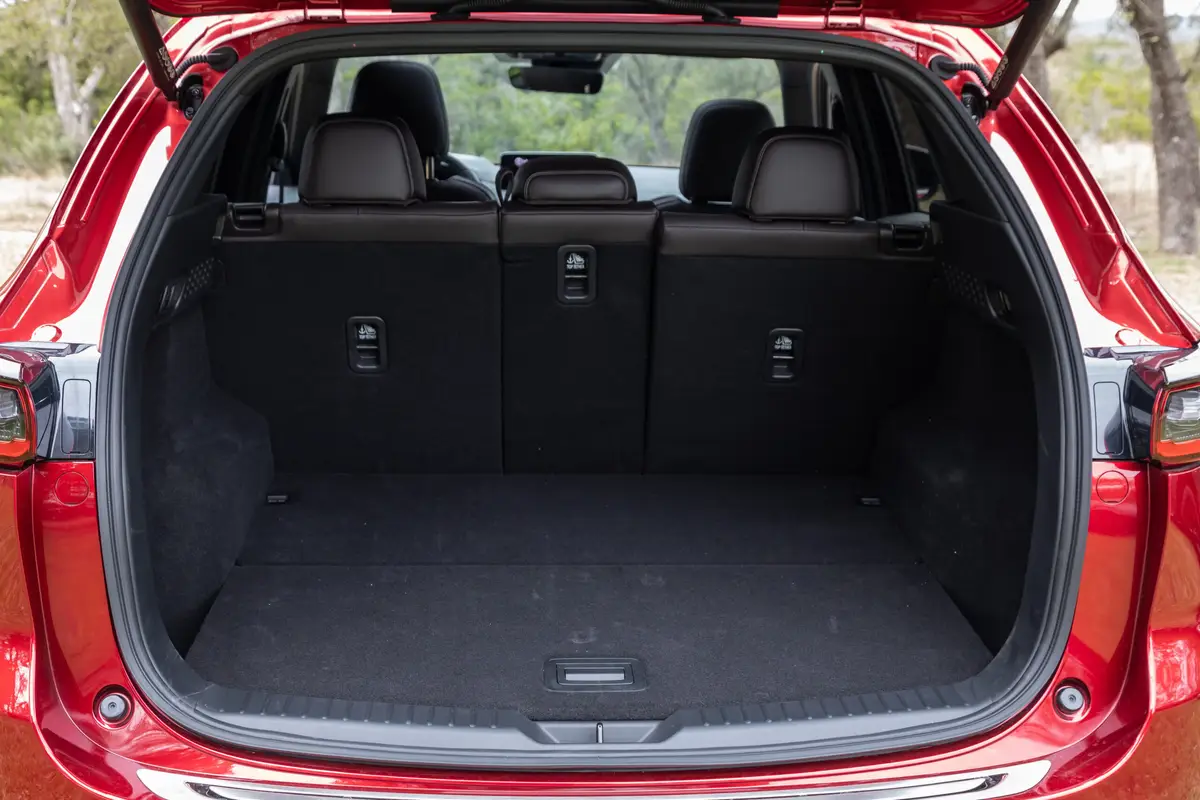
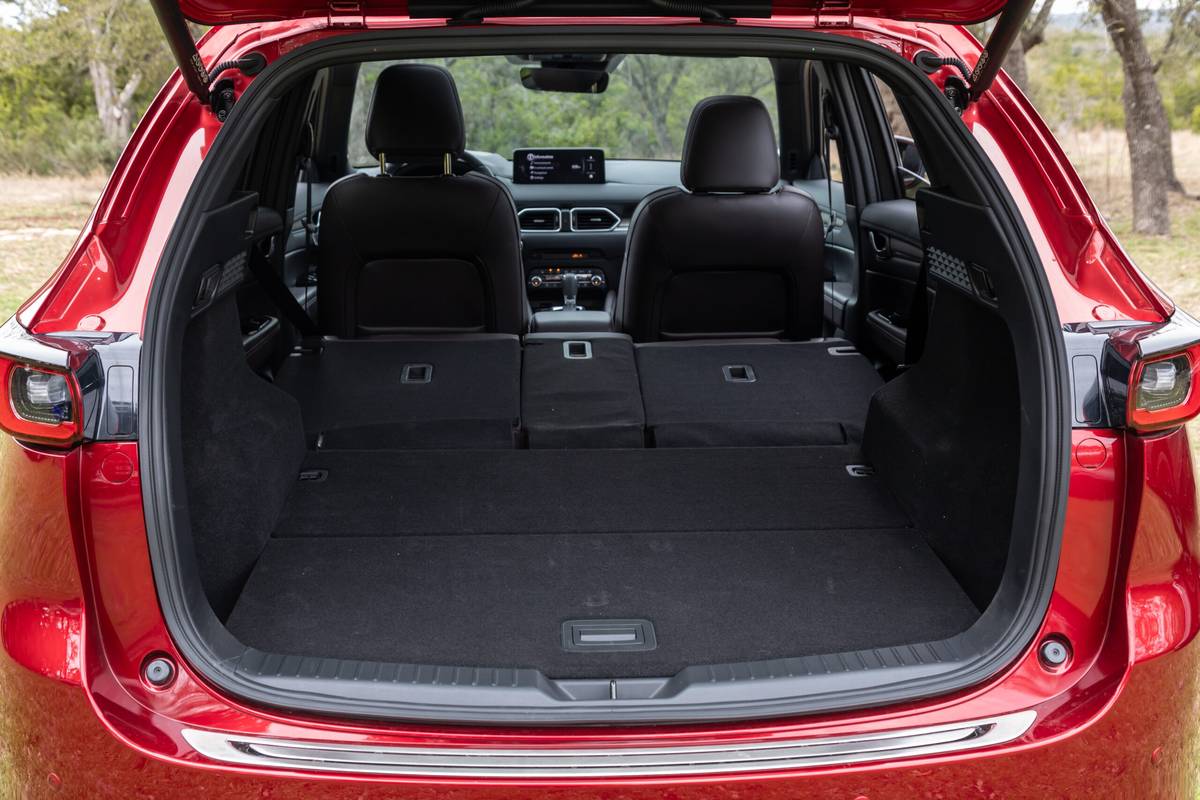
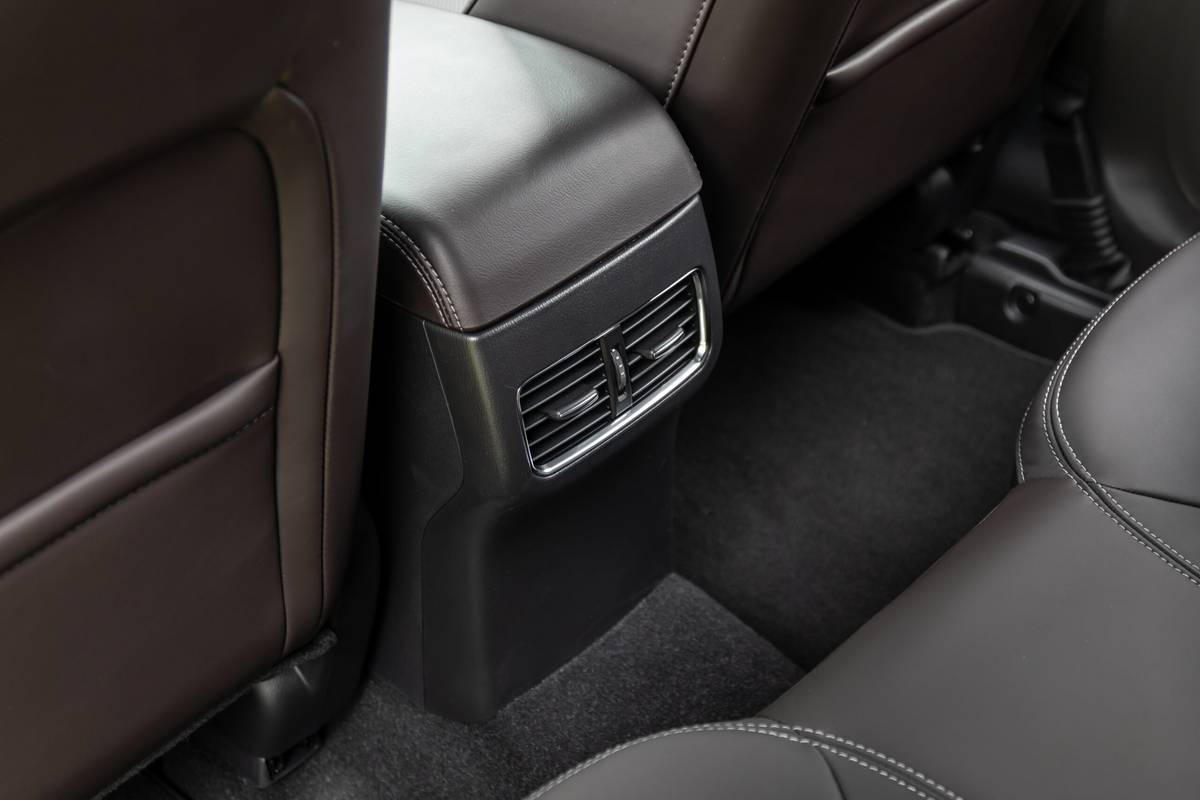
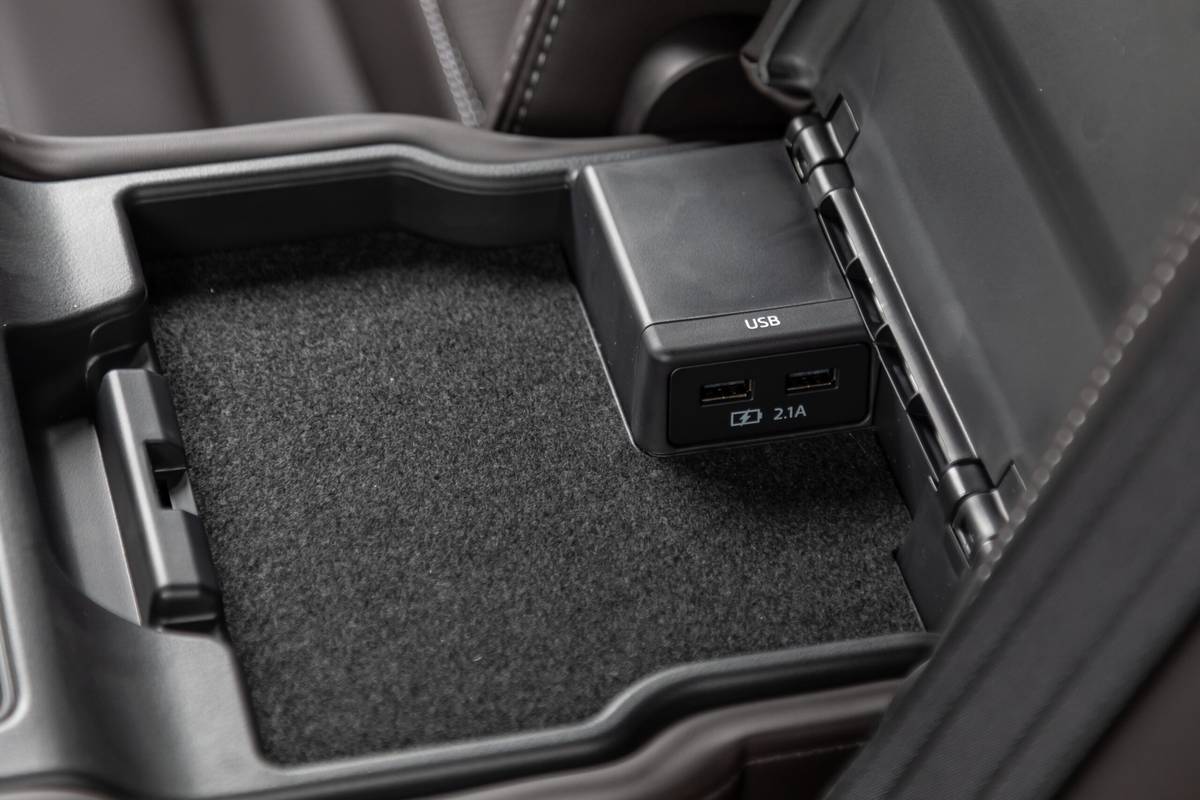
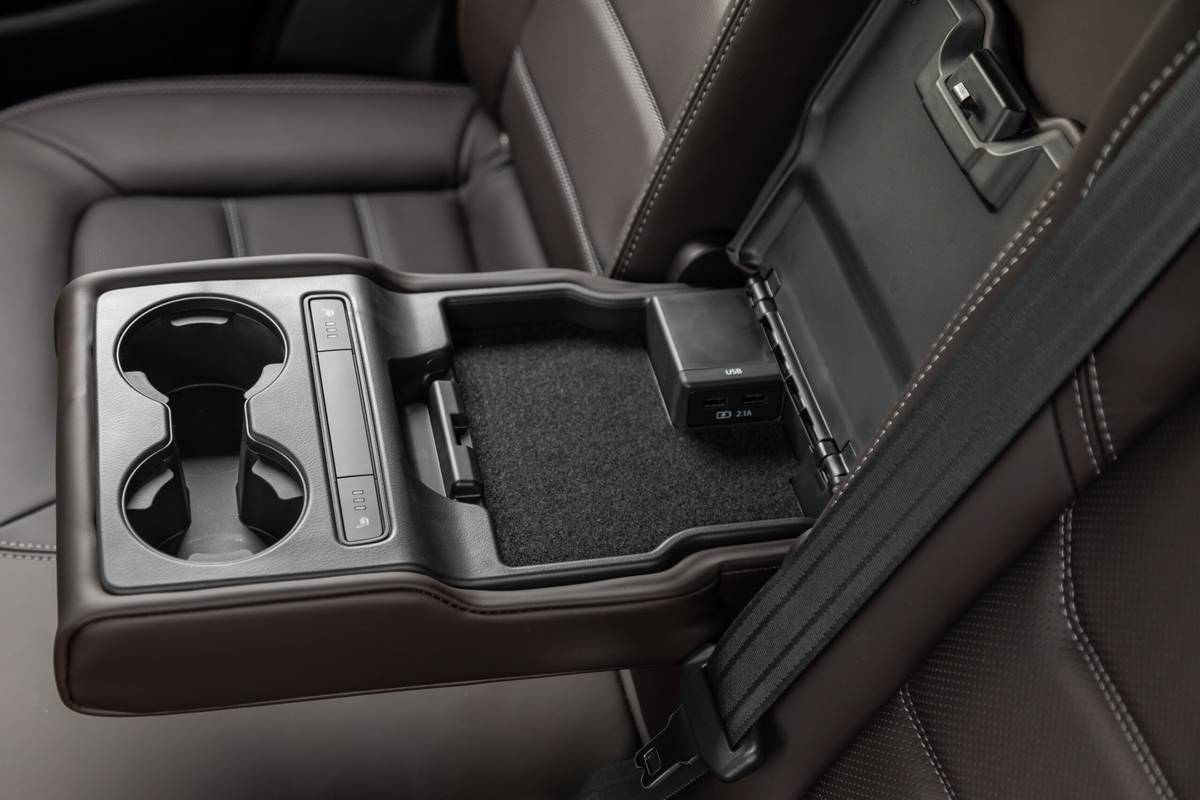
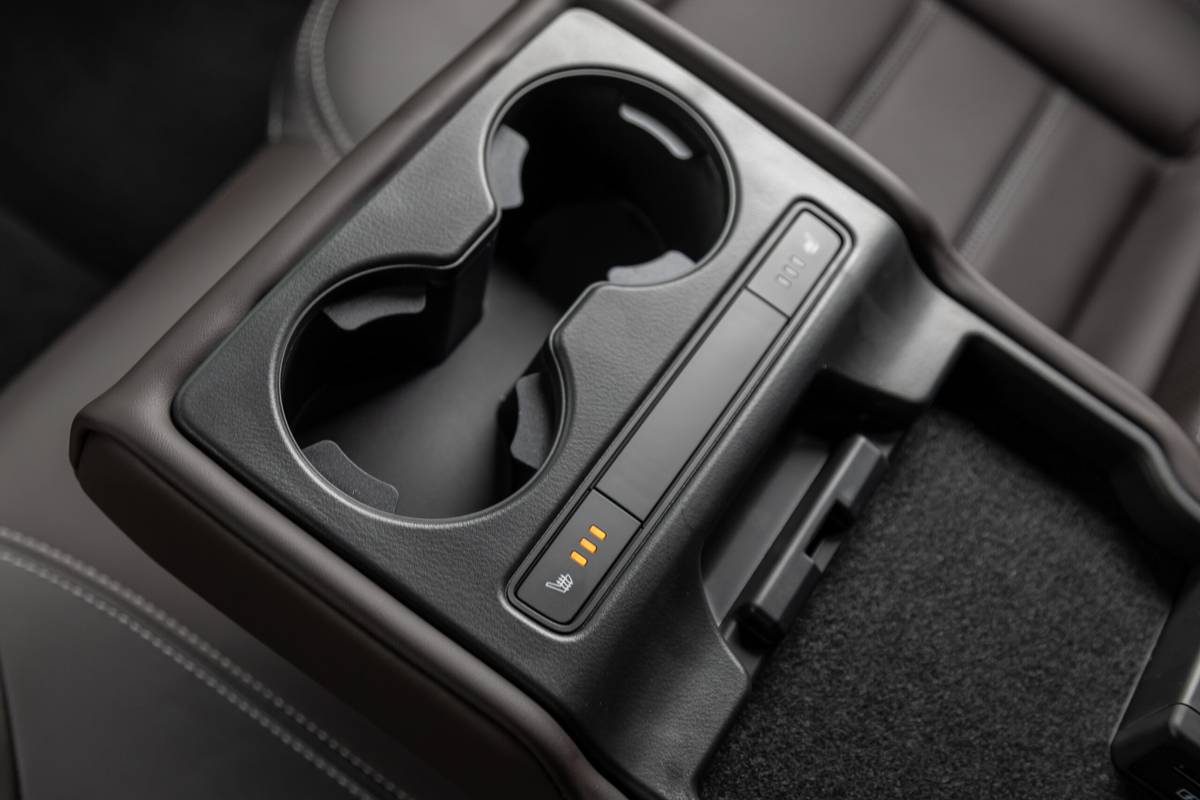
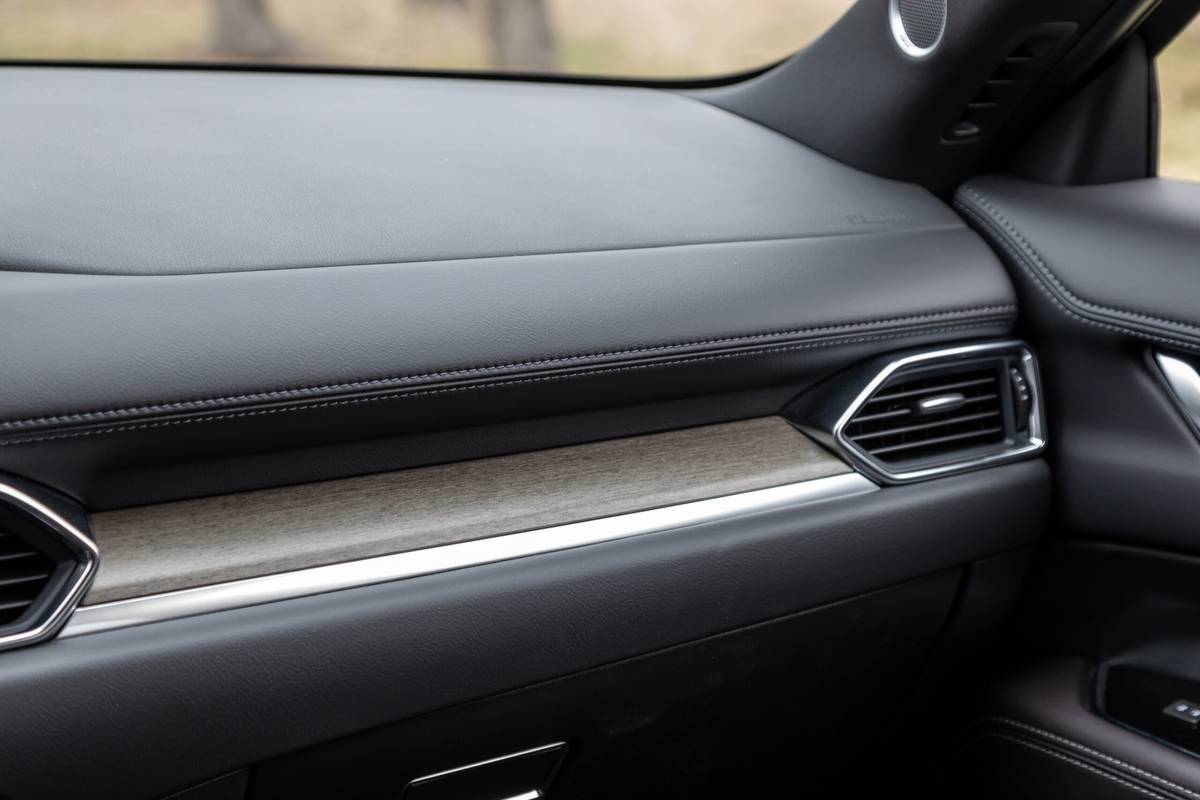
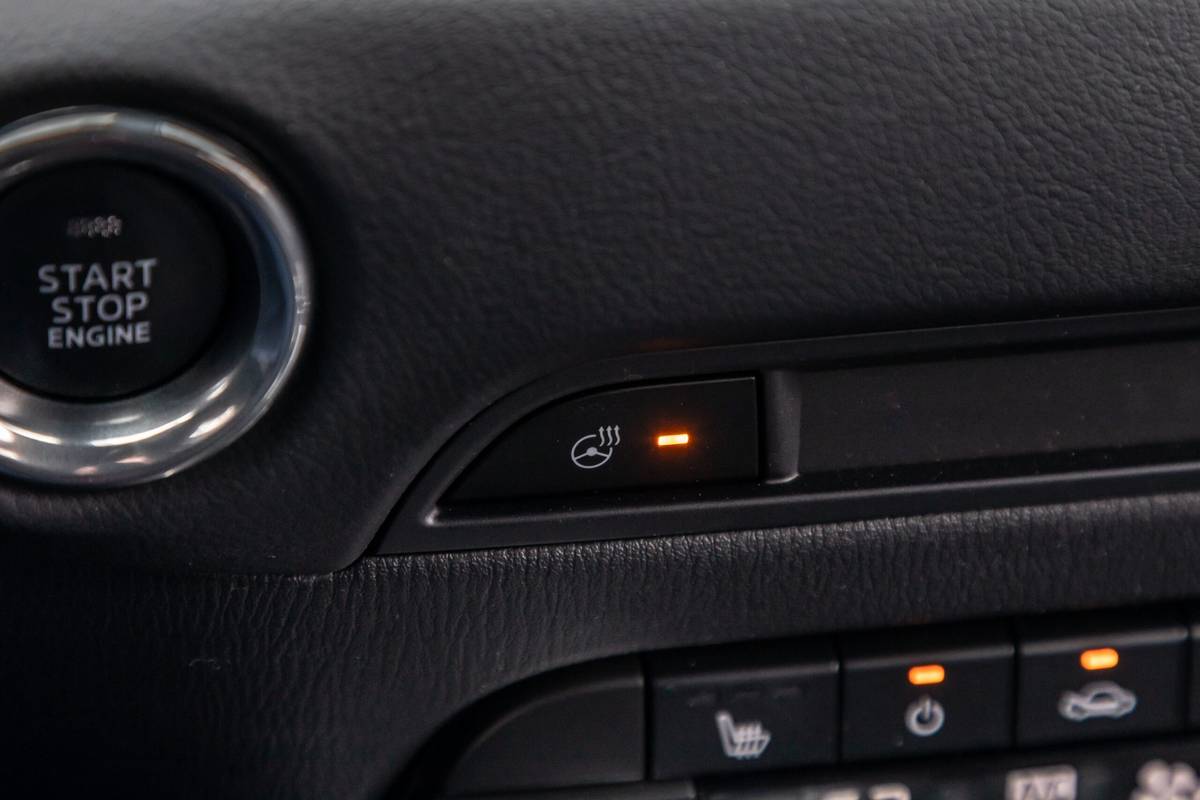
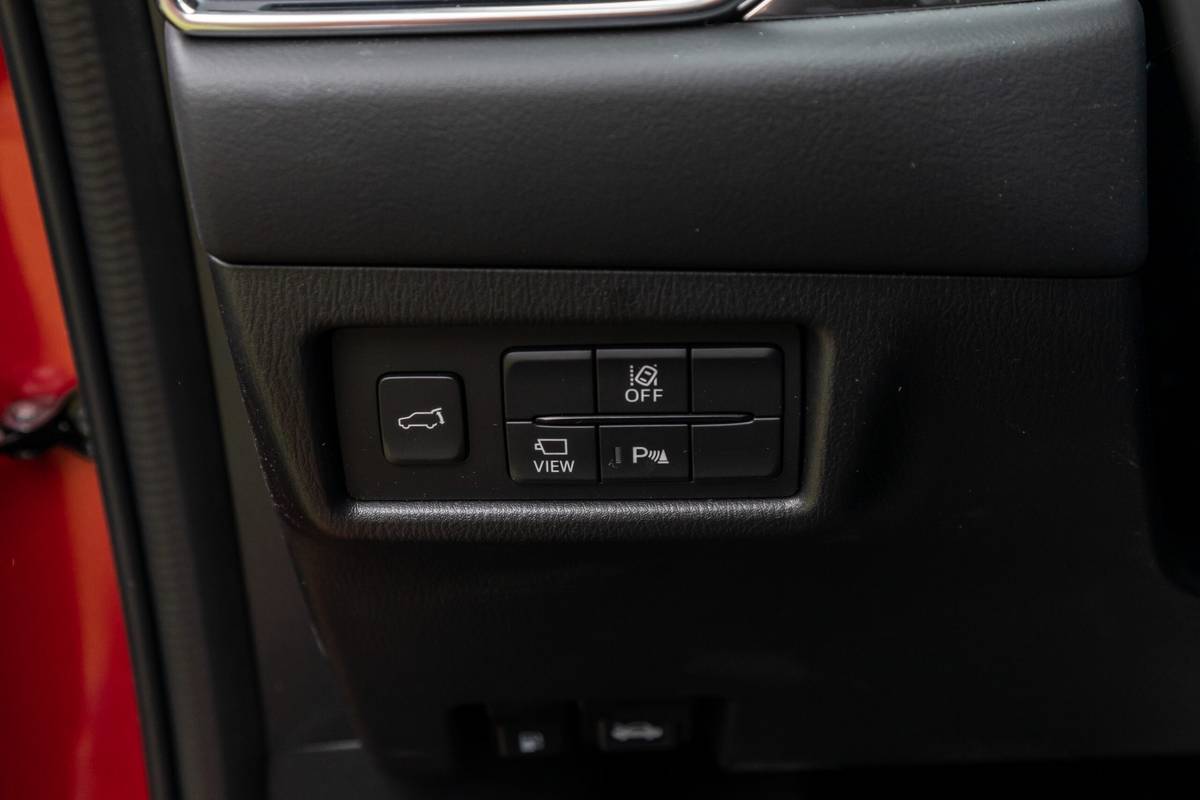
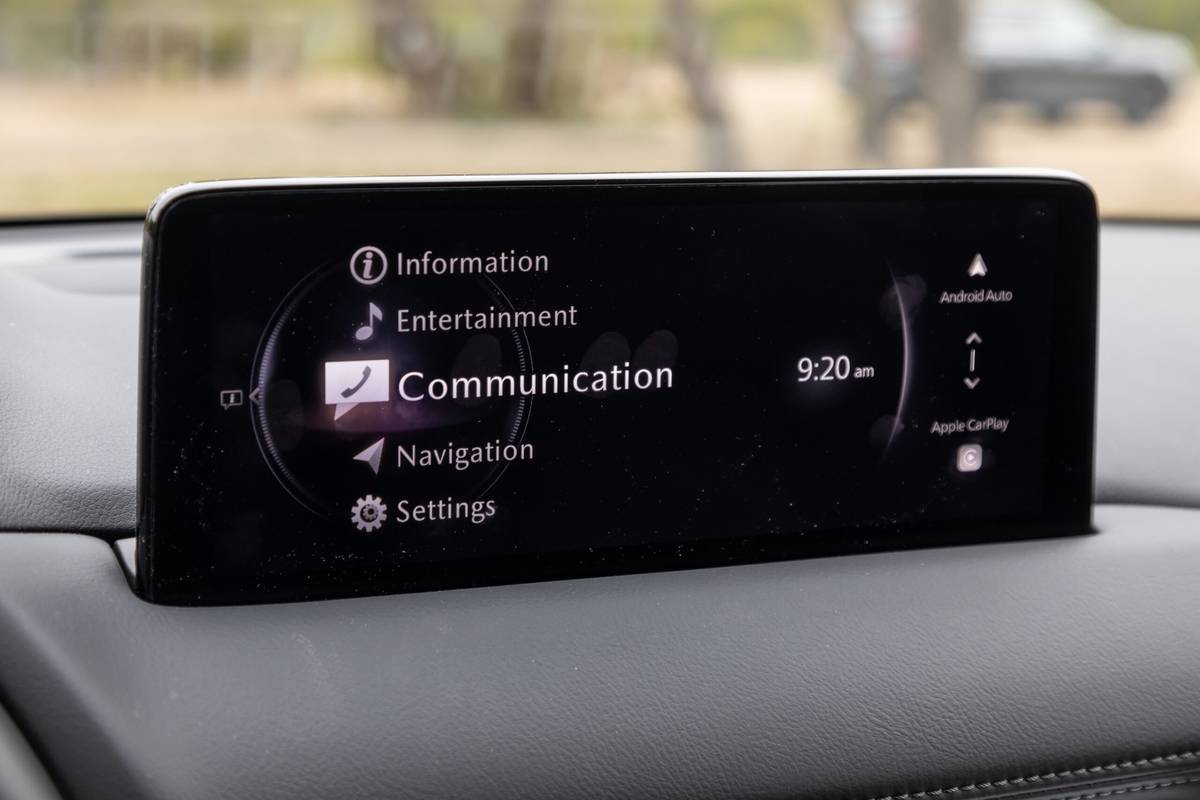
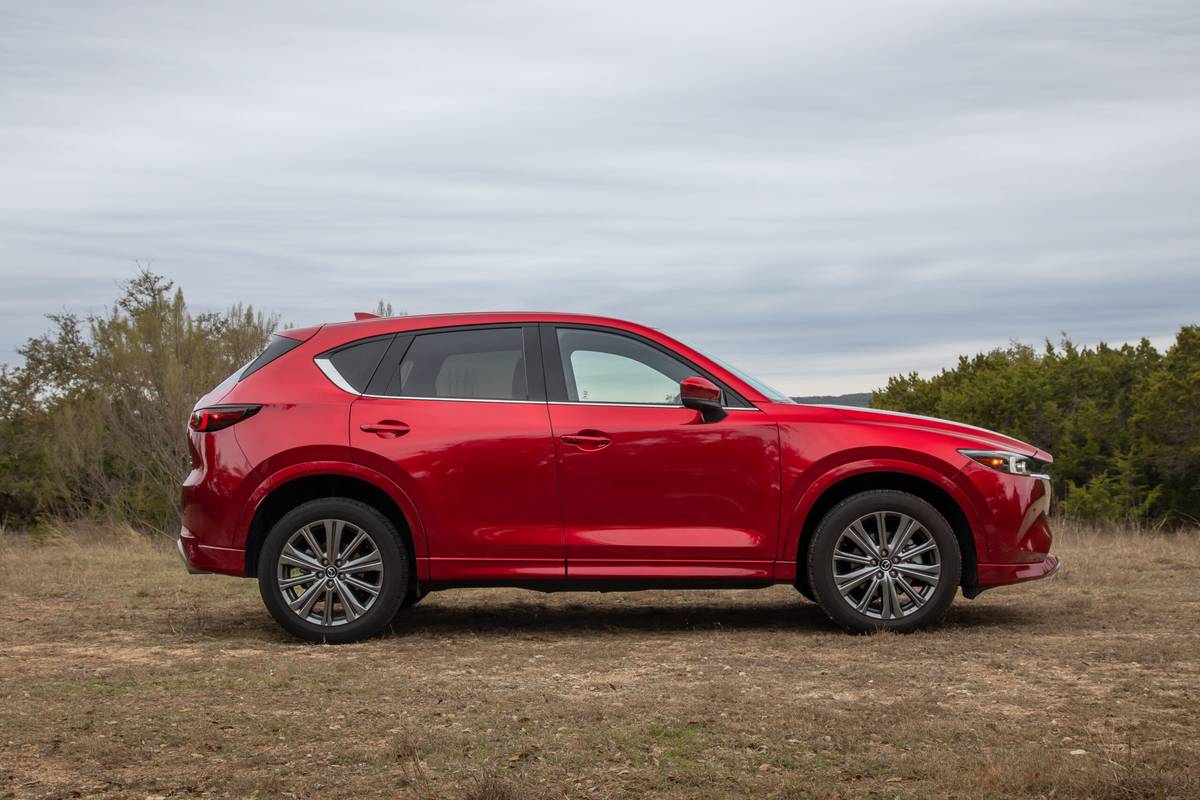
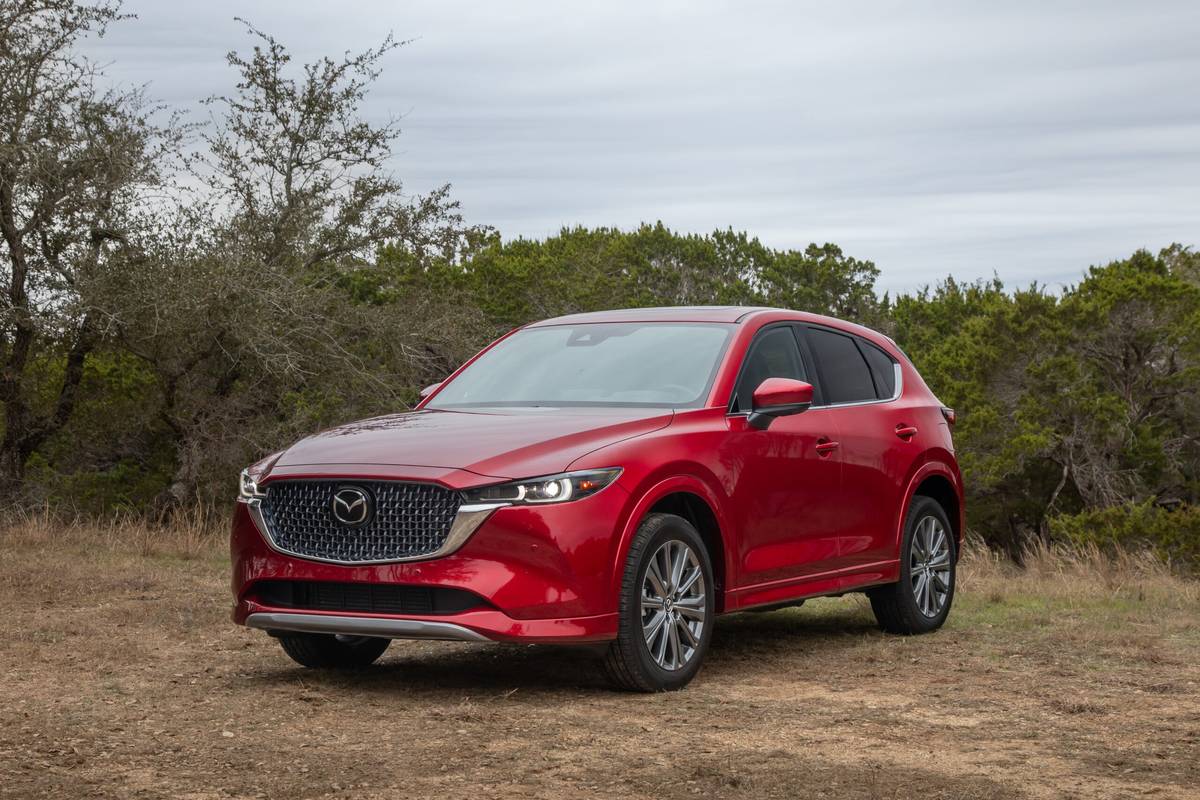
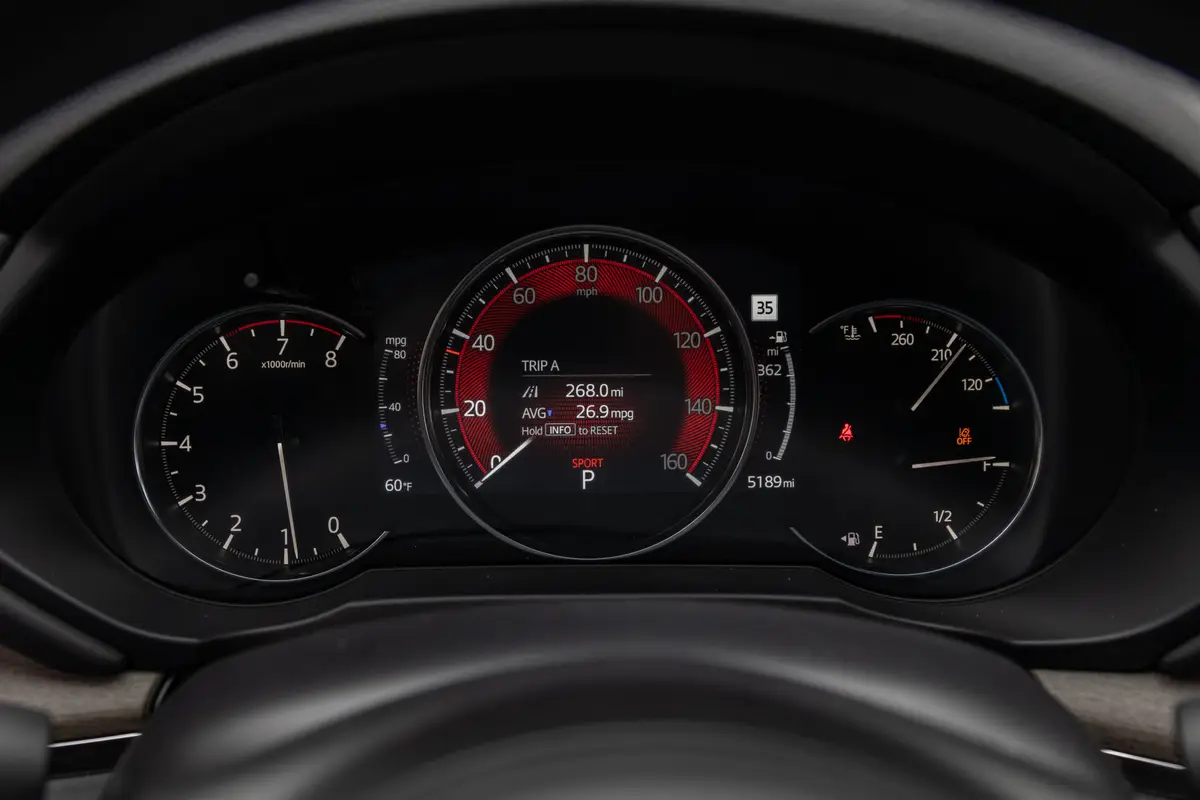
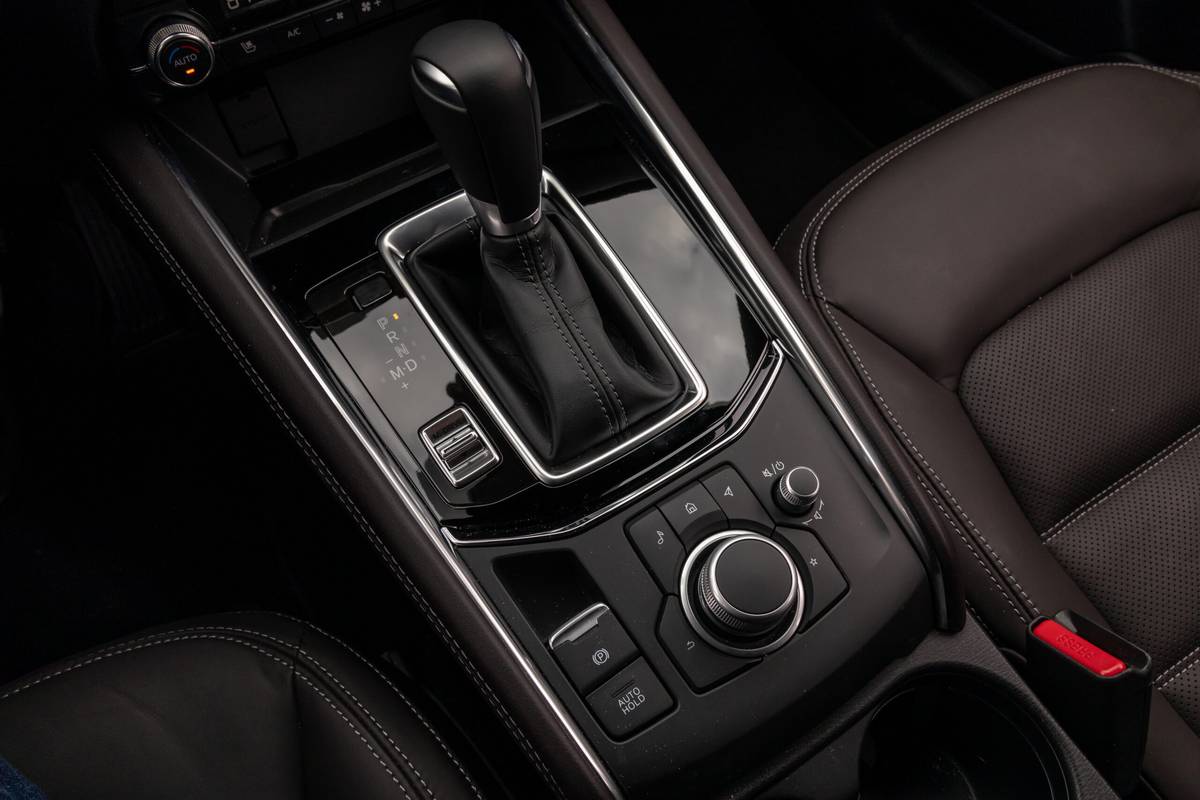
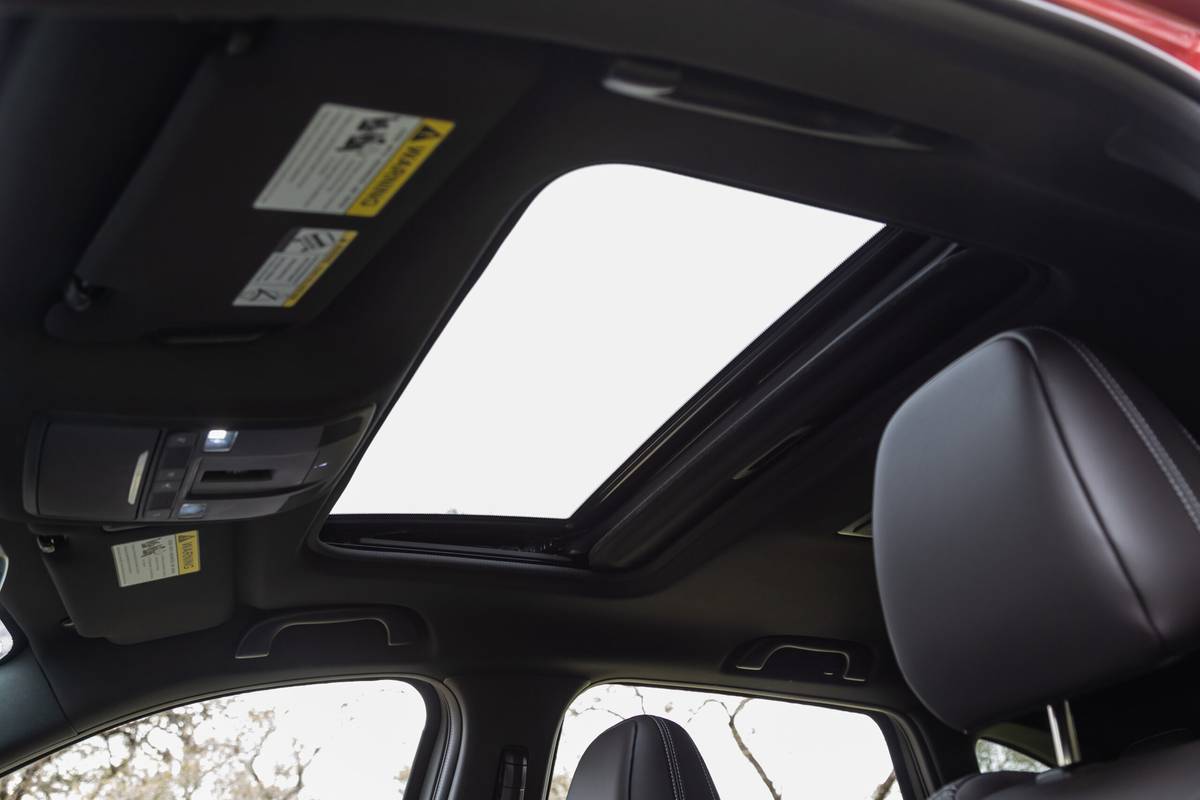
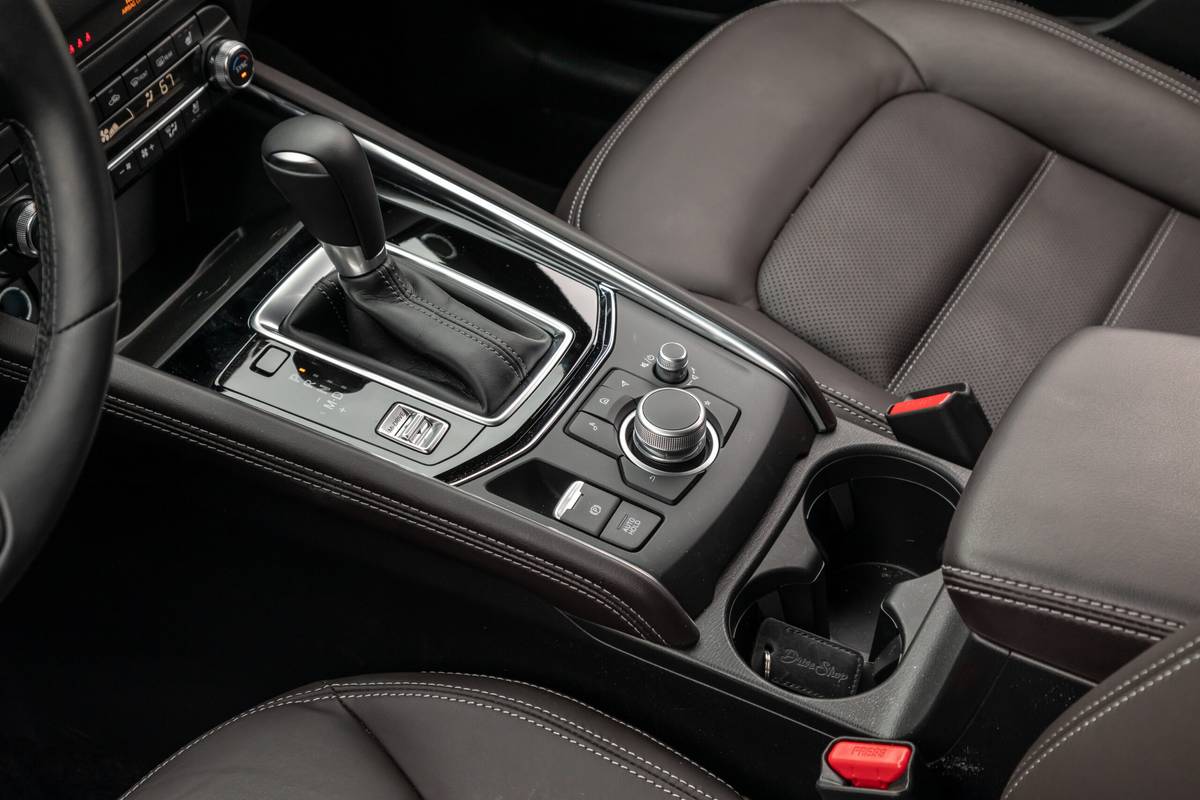
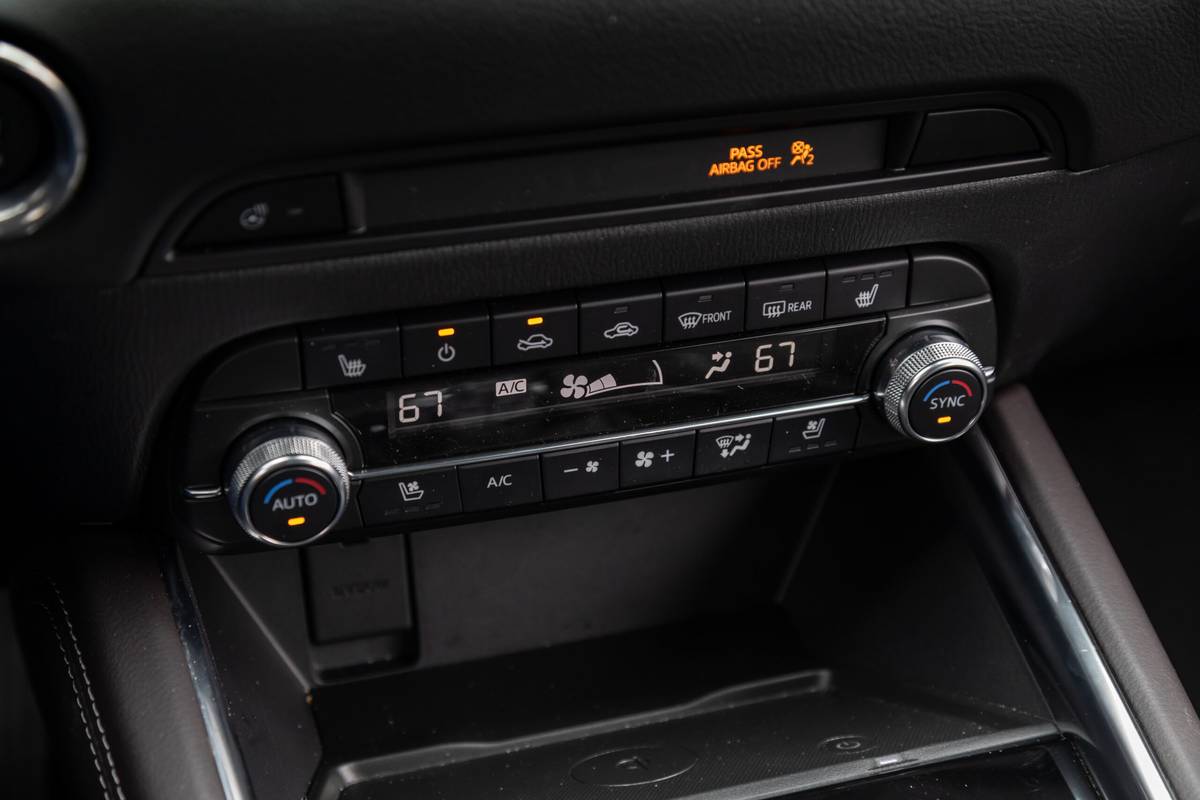

































Our Test Vehicle
- As-tested price: $42,950
- Powertrain: 227-hp, turbo 2.5-liter four-cylinder with six-speed automatic (256 hp with premium gas, which we used in all of the SUVs)
- Observed fuel economy (mpg): 28.1, sixth
- Cargo space (cubic feet): 17.6, fifth
Last redesigned for the 2017 model year, the CX-5 was the oldest SUV in our test. It’s also not the only compact SUV in Mazda’s lineup; the automaker introduced the CX-50 as a 2023 model. However, the CX-5 is more conventionally shaped than the CX-50, with a more upright profile. It also comes with a choice of gas four-cylinder engines, but not a gas-electric hybrid powertrain like what’s available for the CX-50.
What’s Good About the CX-5?
- Praiseworthy powertrain: “It’s an absolute gem of a powertrain,” Bragman said. “Peppy, quick to respond and loves to dance. Shifts are perfect; power is always on tap; and listening to it rev is magical. You can tell this is the company that also makes the MX-5 Miata.”
- Handling champ: “Mazda’s trademark communicative steering and precise handling make the CX-5 the corner carver in this comparison and a delight to drive,” Normile said. “If you have a winding commute, have I got an SUV for you.”
- Delivers the luxury, too: “At this Signature trim level, the CX-5’s cabin is loaded with lush, high-quality materials, and the build quality is evident throughout,” Normile said.
- Quietness: Despite being the sports car of the group, the CX-5 was also deemed quietest by our judges. Schrader said the CX-5 is “surprisingly quiet inside apart from some engine noise if you really put your foot down.”
What’s Bad About the CX-5?
- Maddening multimedia: “Mazda’s insistence on preventing drivers from using a touchscreen is getting ridiculous,” Normile said. “The display works as a touchscreen when using Apple CarPlay, but only when you’re not in motion. If you are moving, you have to use the controller on the center console, which is much more difficult and much less safe than a simple touchscreen.”
- Snug backseat: The CX-5 scored considerably worse in backseat comfort than the other SUVs. “The backseat is simply too small — there’s no legroom back there, meaning if you put someone in the backseat, front-seat occupants will also be uncomfortable, as they have to reduce their own legroom to accommodate the backseaters,” Bragman said.
- Too-low climate controls: “Mazda’s approach to the CX-5’s control layout was clearly form over function,” Schrader said. “It has buttons for the climate system, but they’re really low and hard to see.”
- In-cabin storage and visibility: The CX-5 also had the lowest scores in the test for in-cabin storage and outward visibility.
Research the 2025 Mazda CX-5 | Search Inventory | Car Seat Check
3. 2025 Hyundai Tucson Hybrid Limited, 645 points
Is the 2025 Hyundai Tucson Hybrid a Good Car?
- The Tucson Hybrid did well in many of our objective tests, leading the pack in our safety features, cargo volume and value scoring, but it lagged the group in areas rated by our judges, scoring only better than the RAV4 Hybrid in these categories. Poor ergonomics, a lack of driver comfort and some questionable controls hold it back.
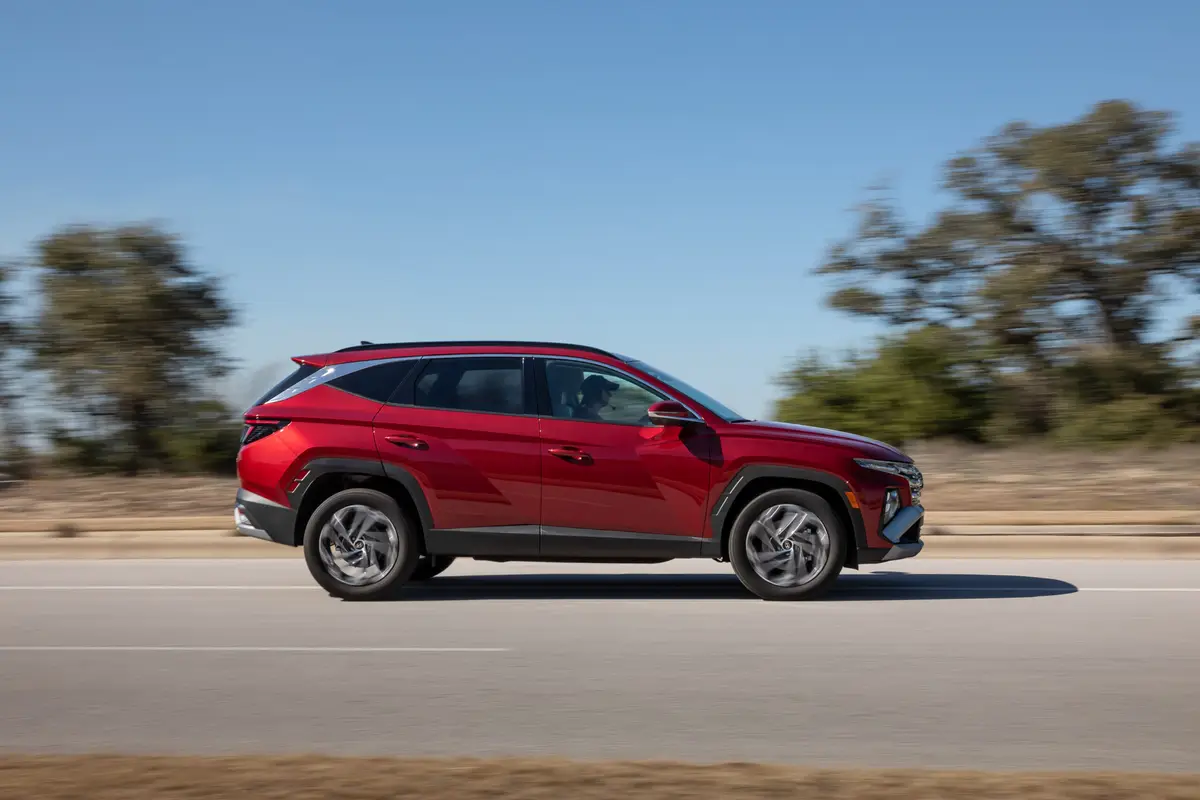
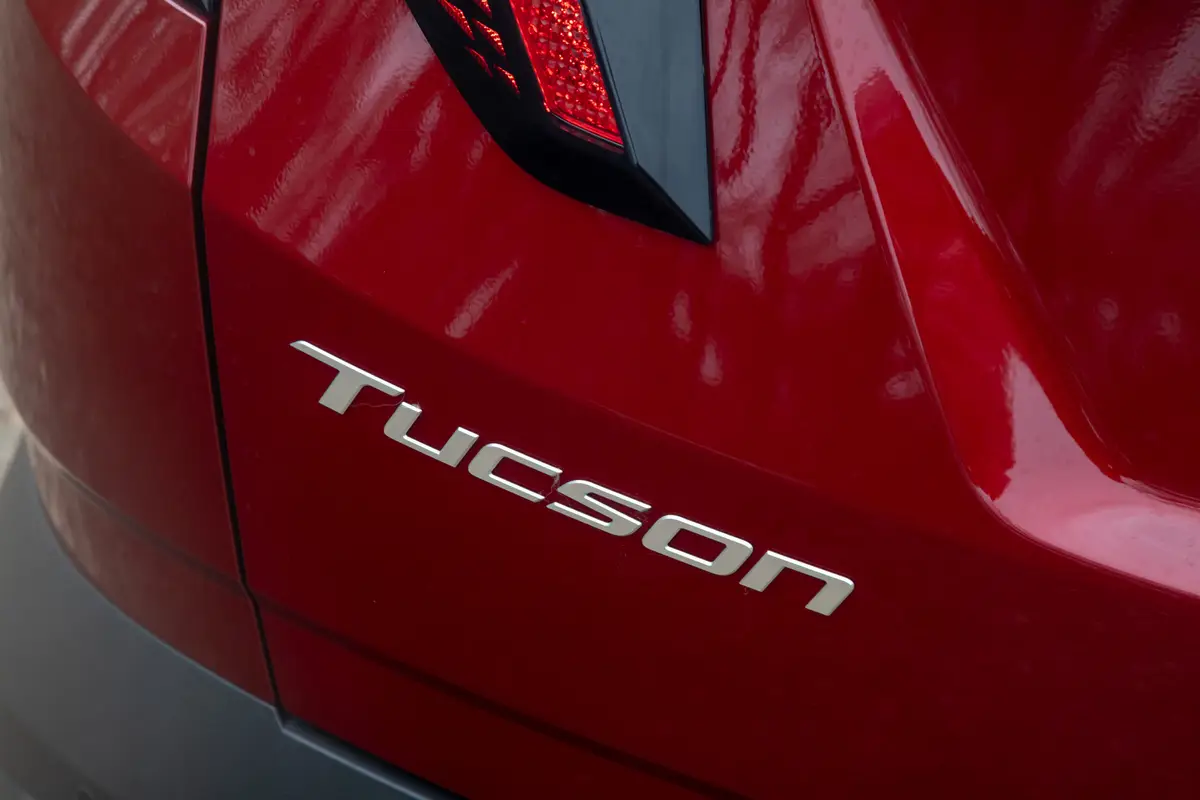
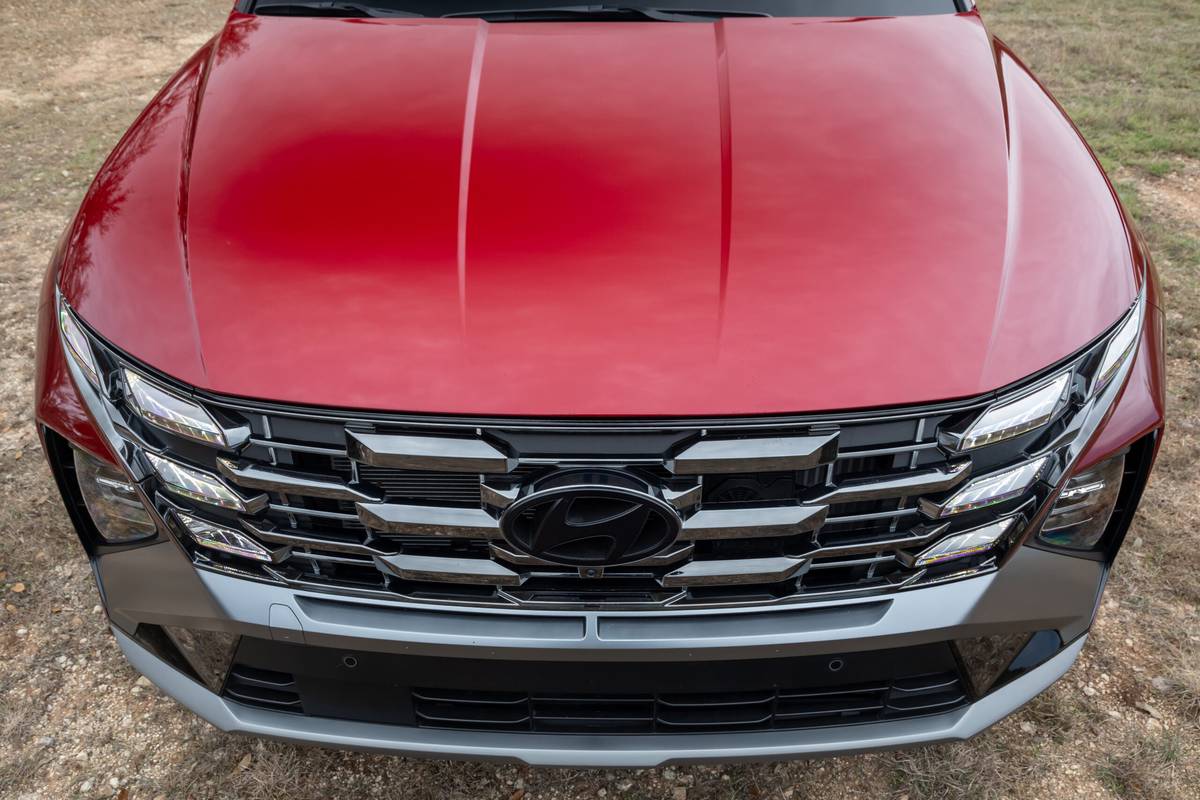
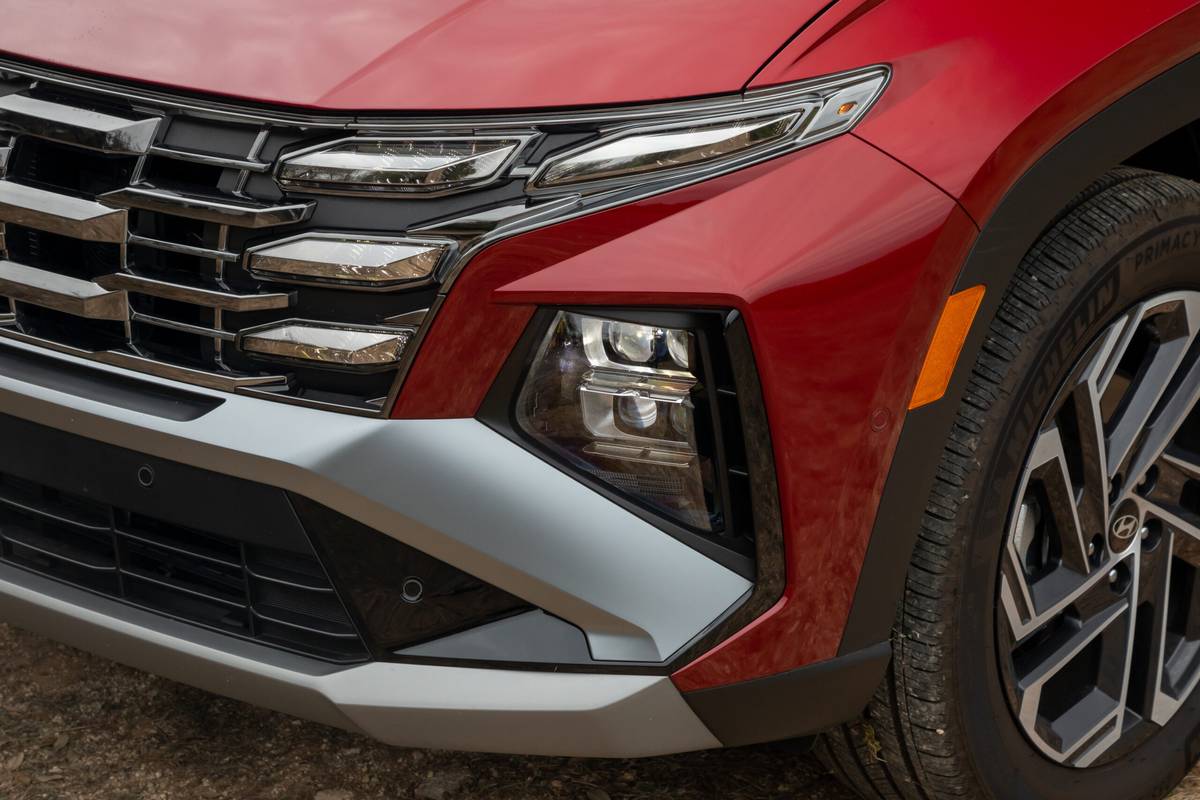
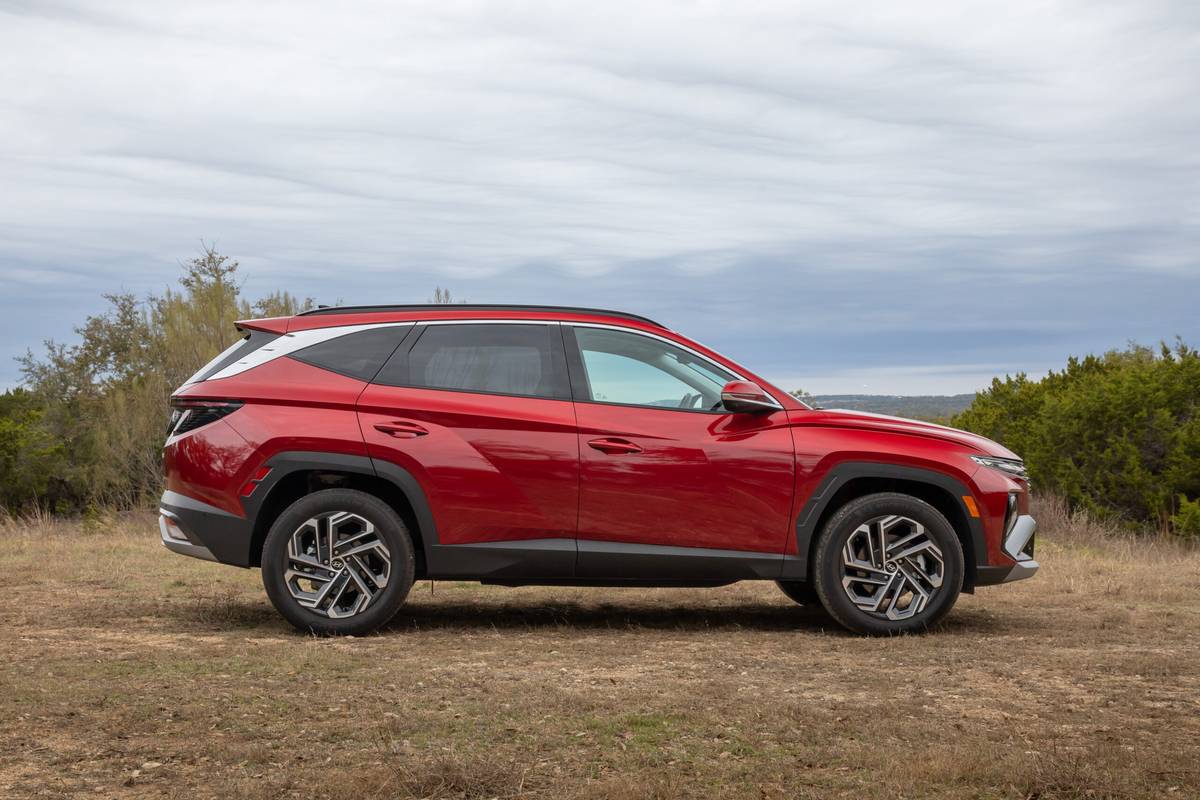
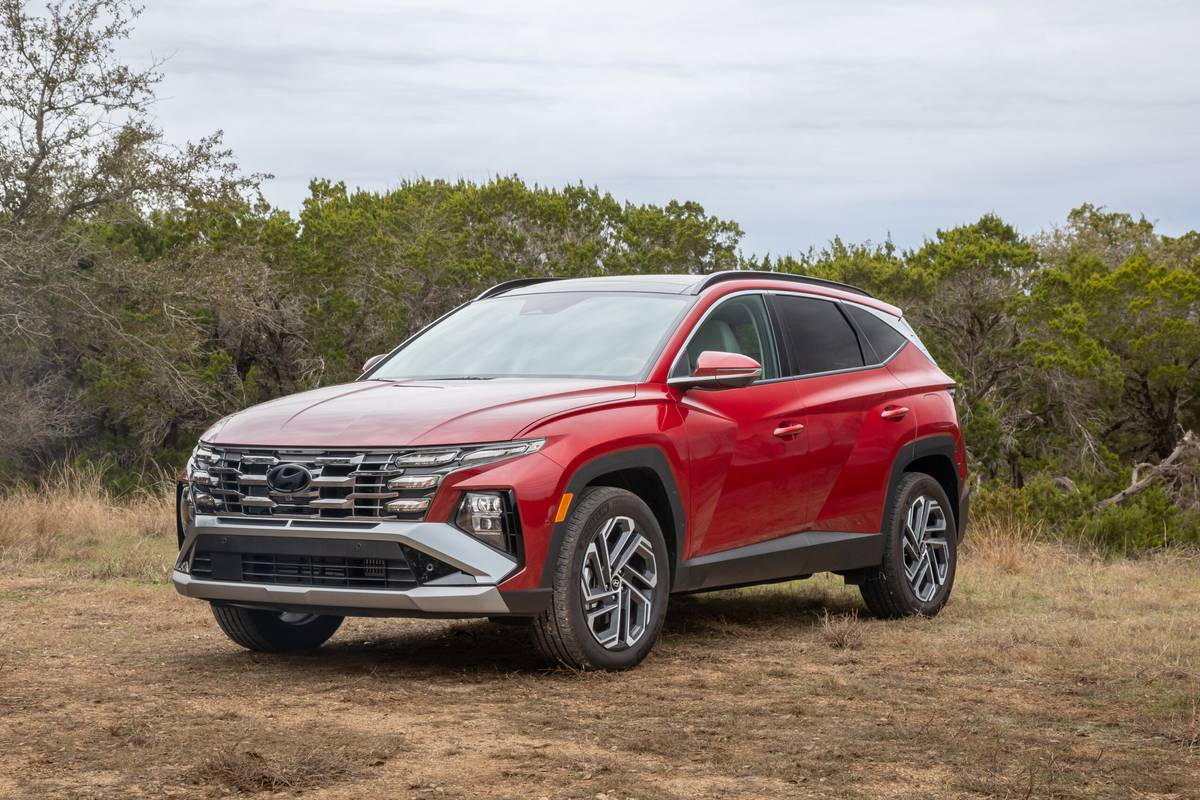
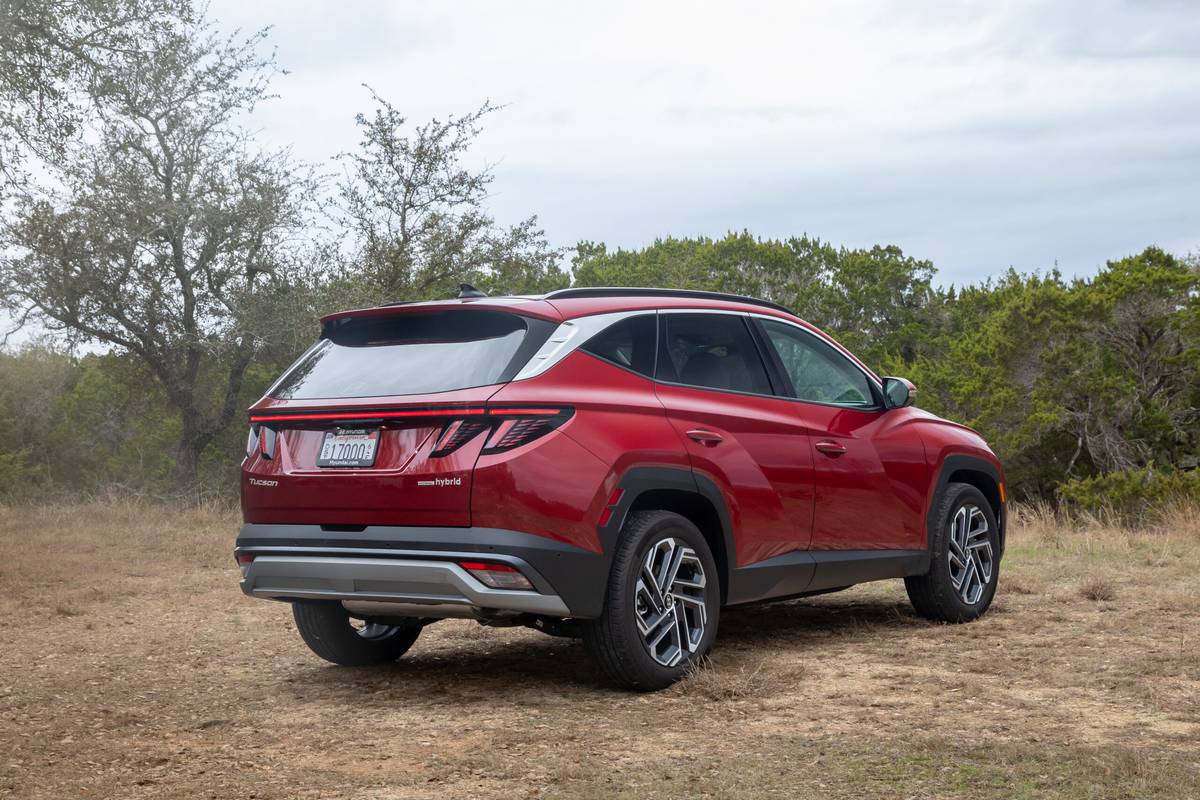
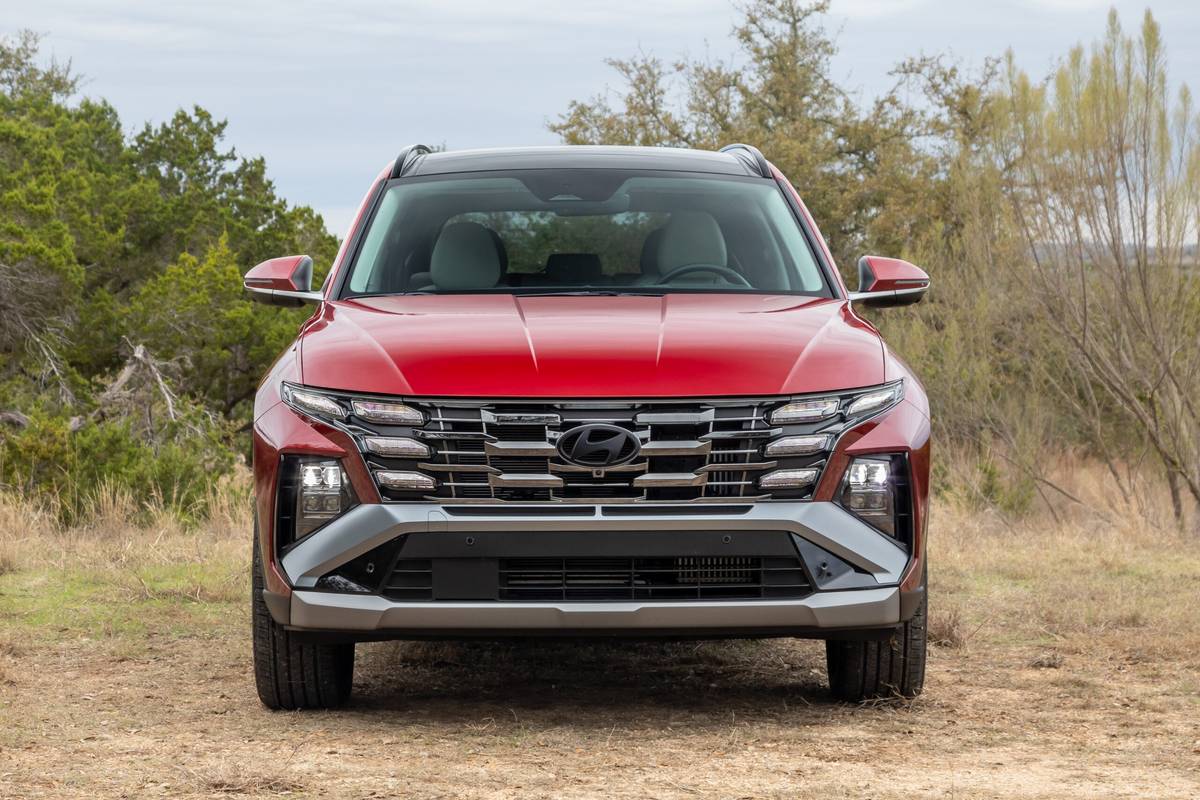
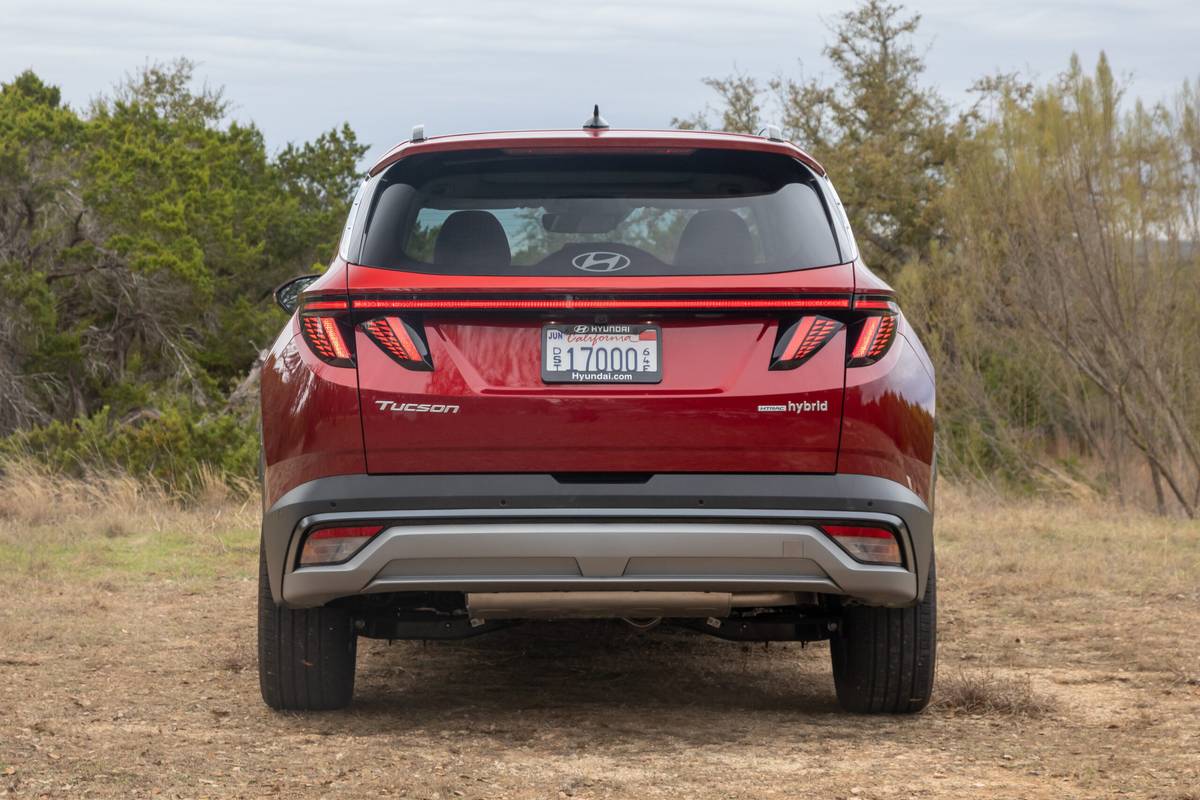
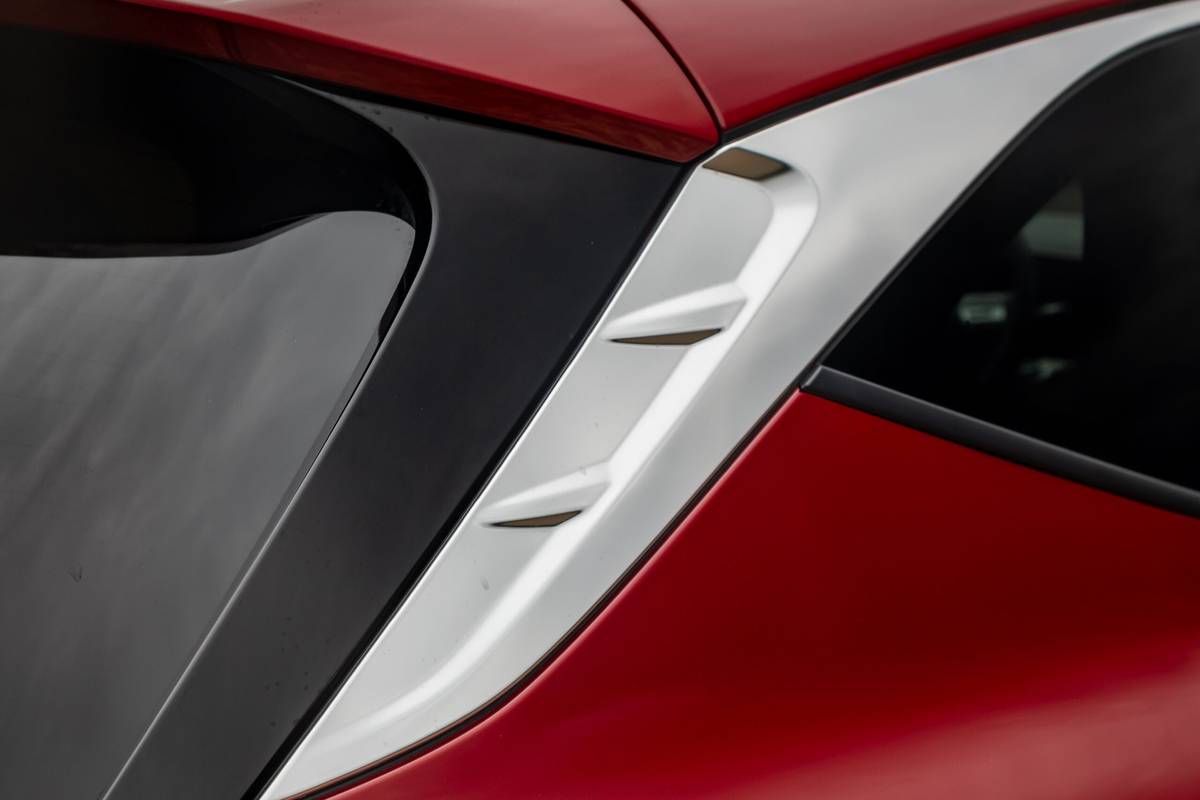
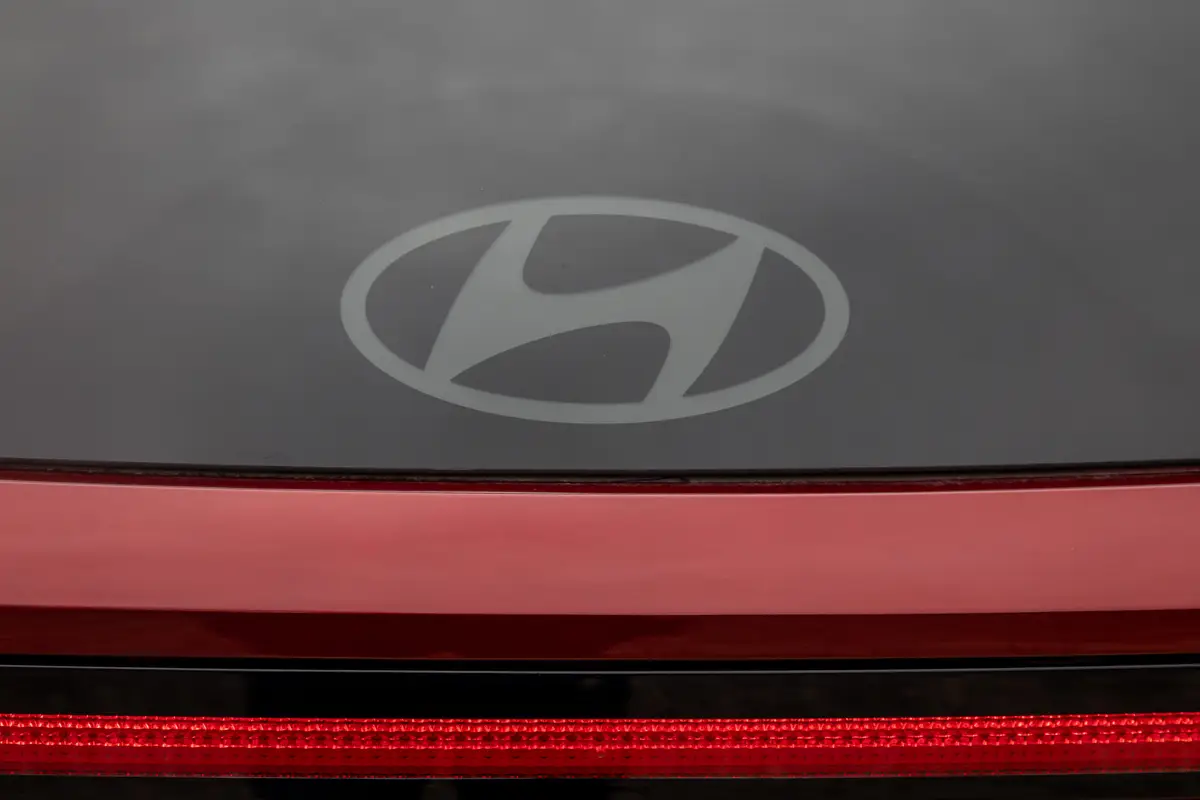
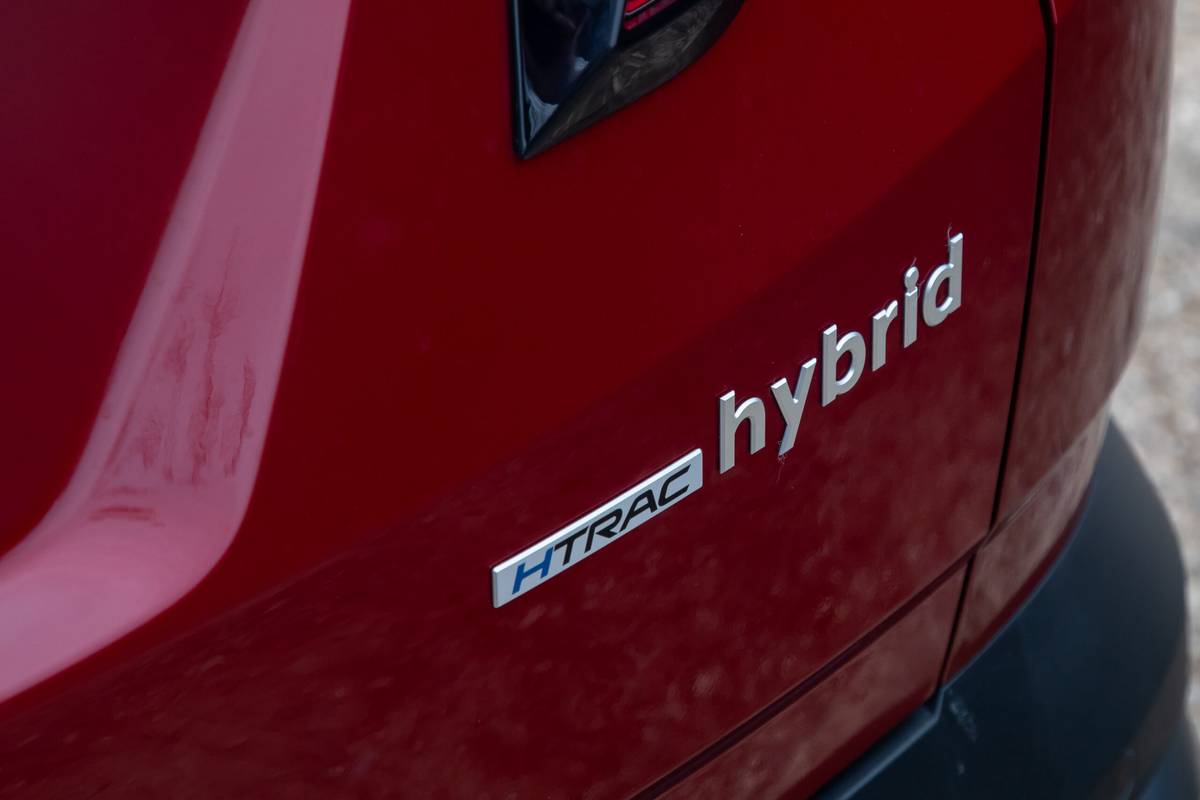
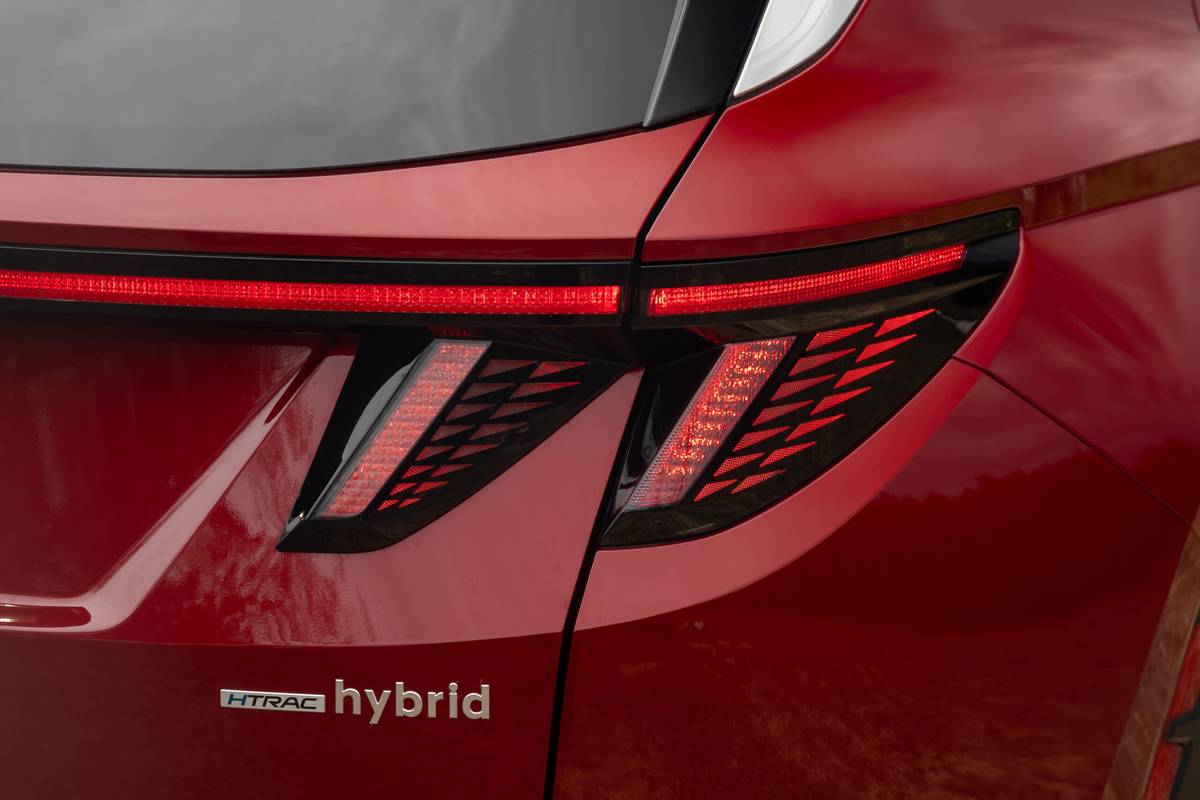
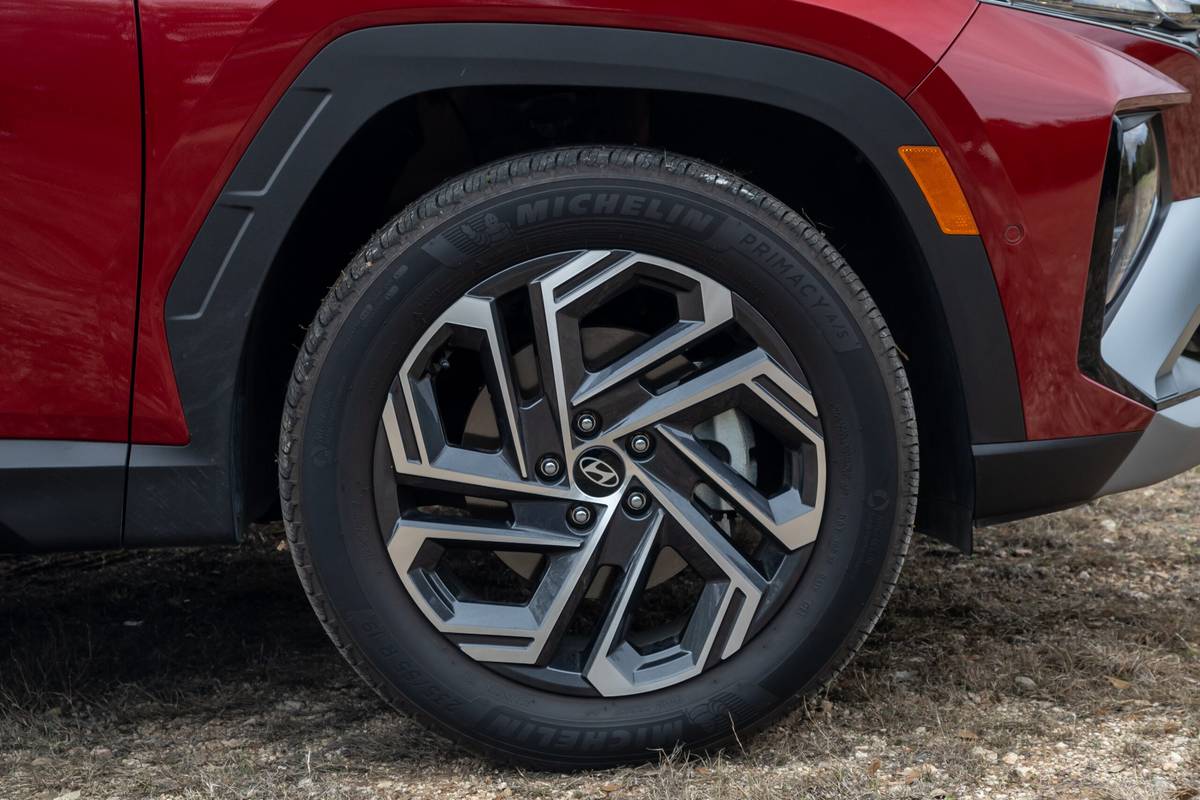
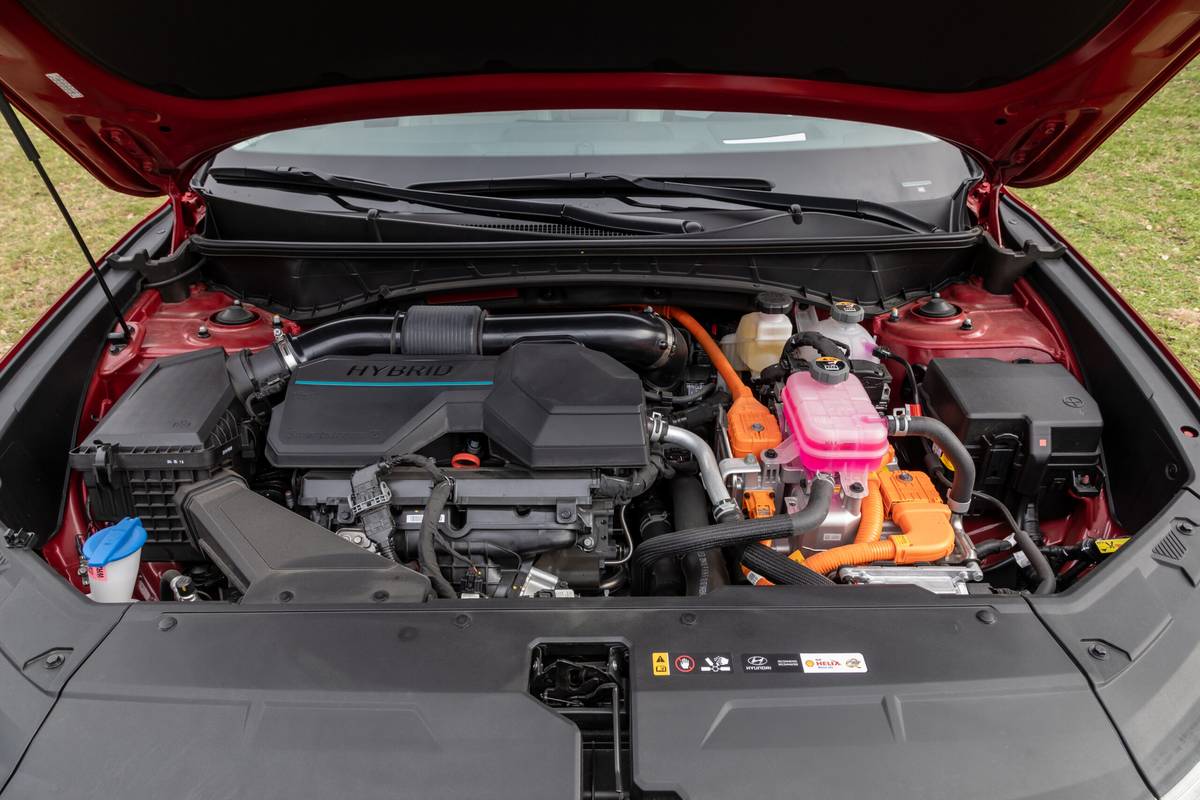
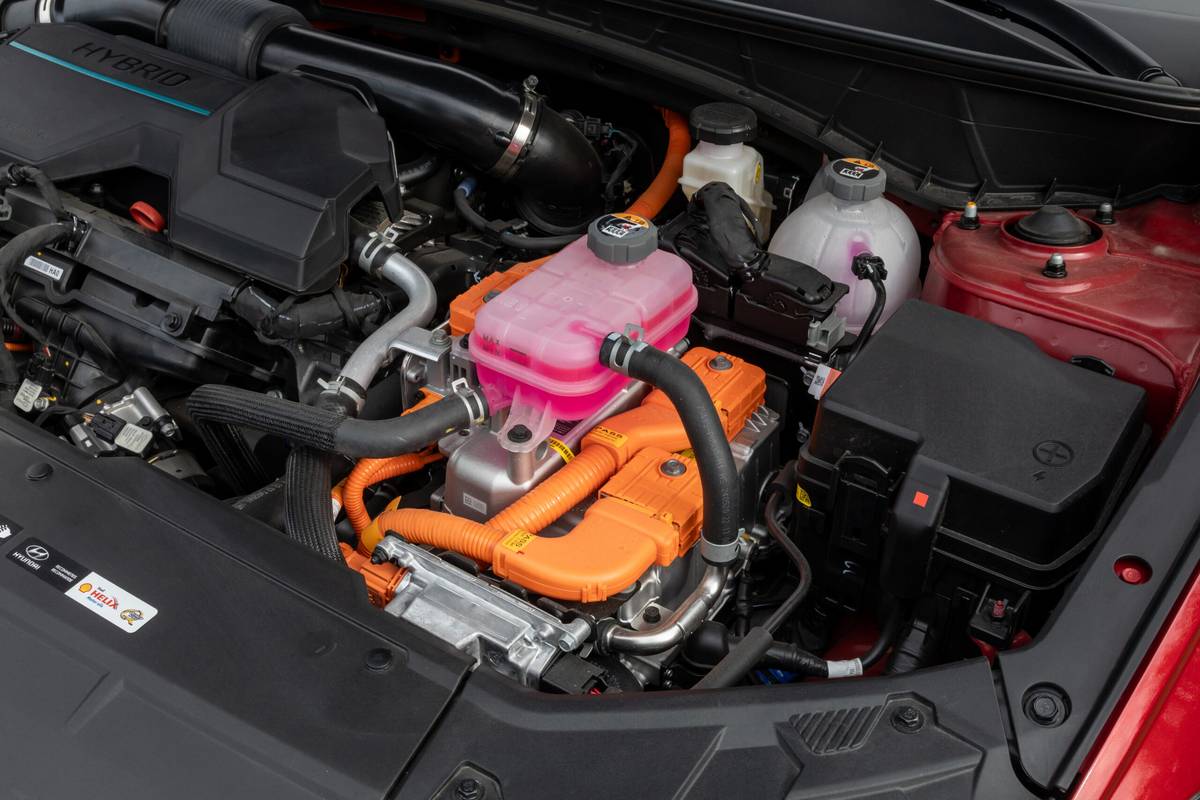
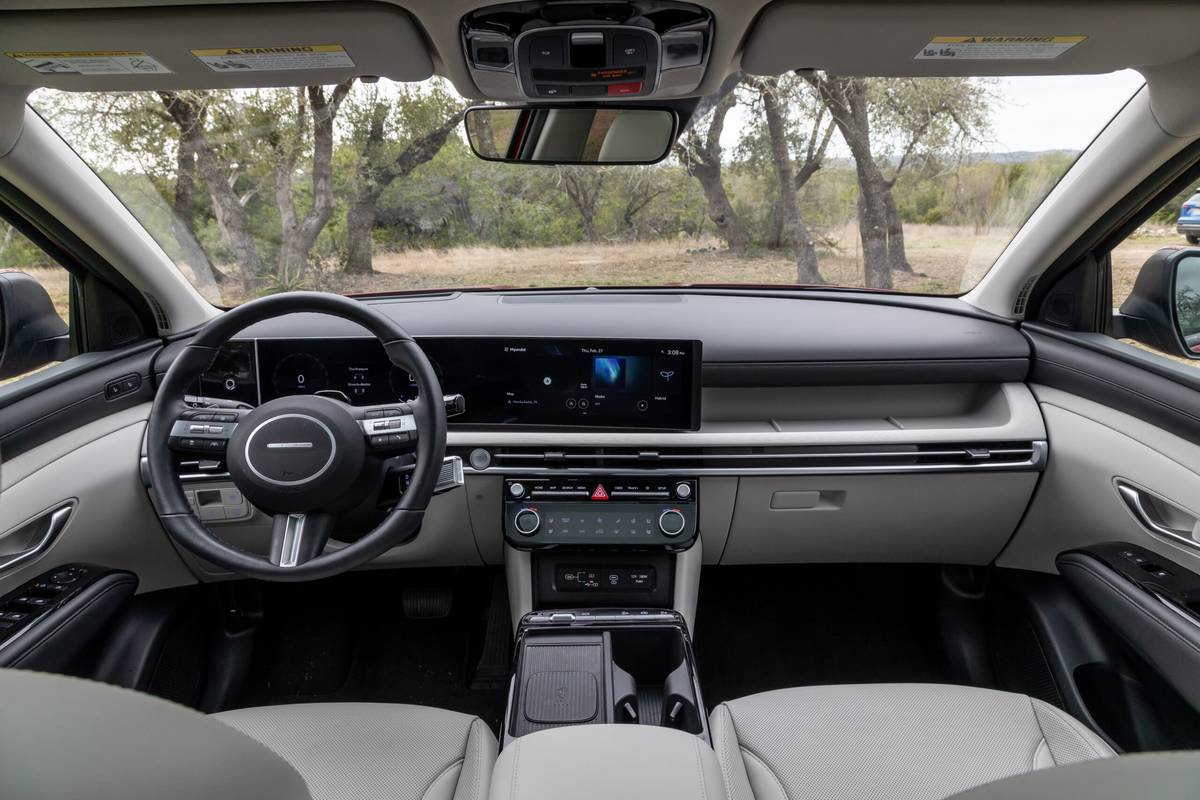
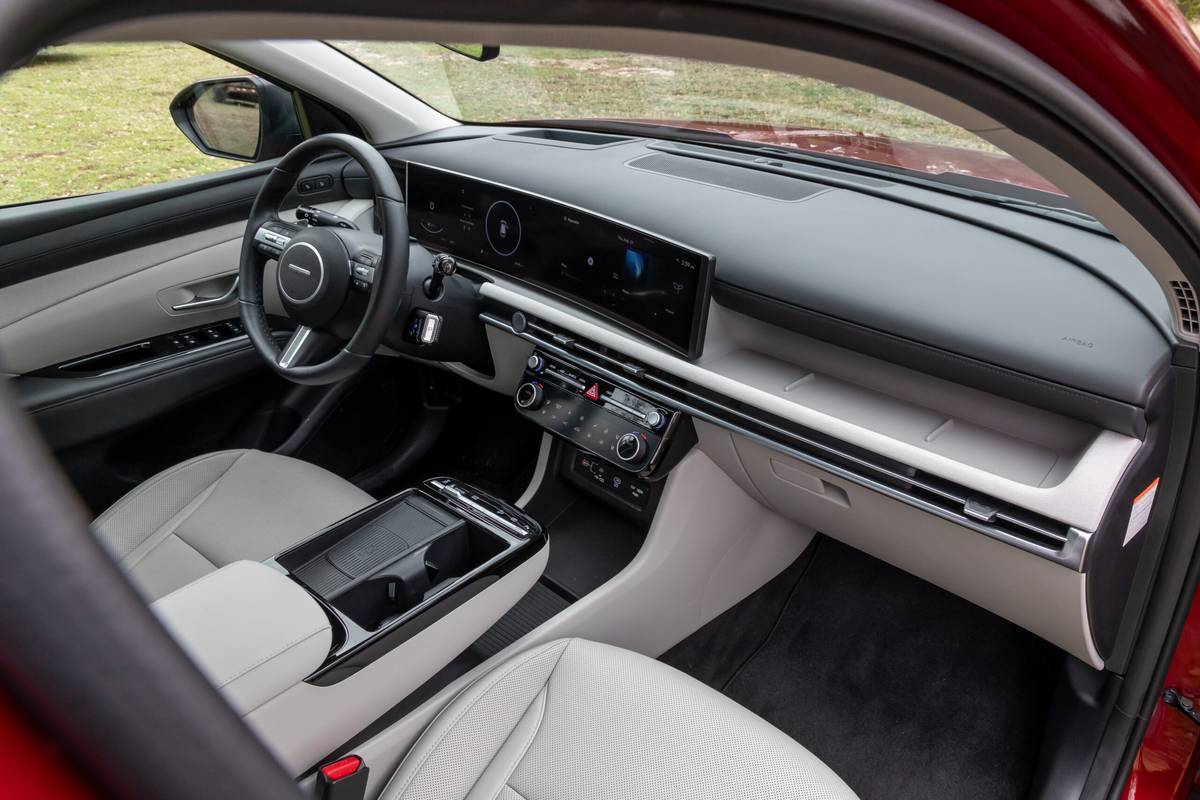
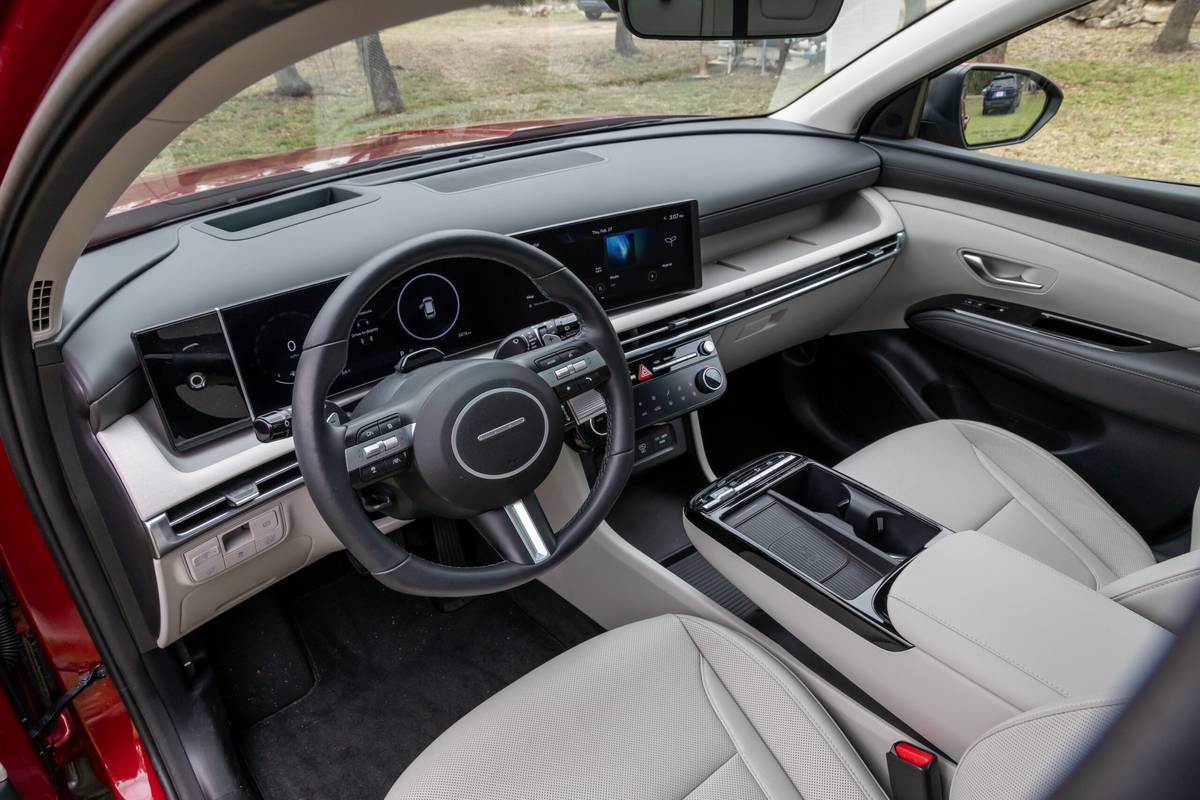
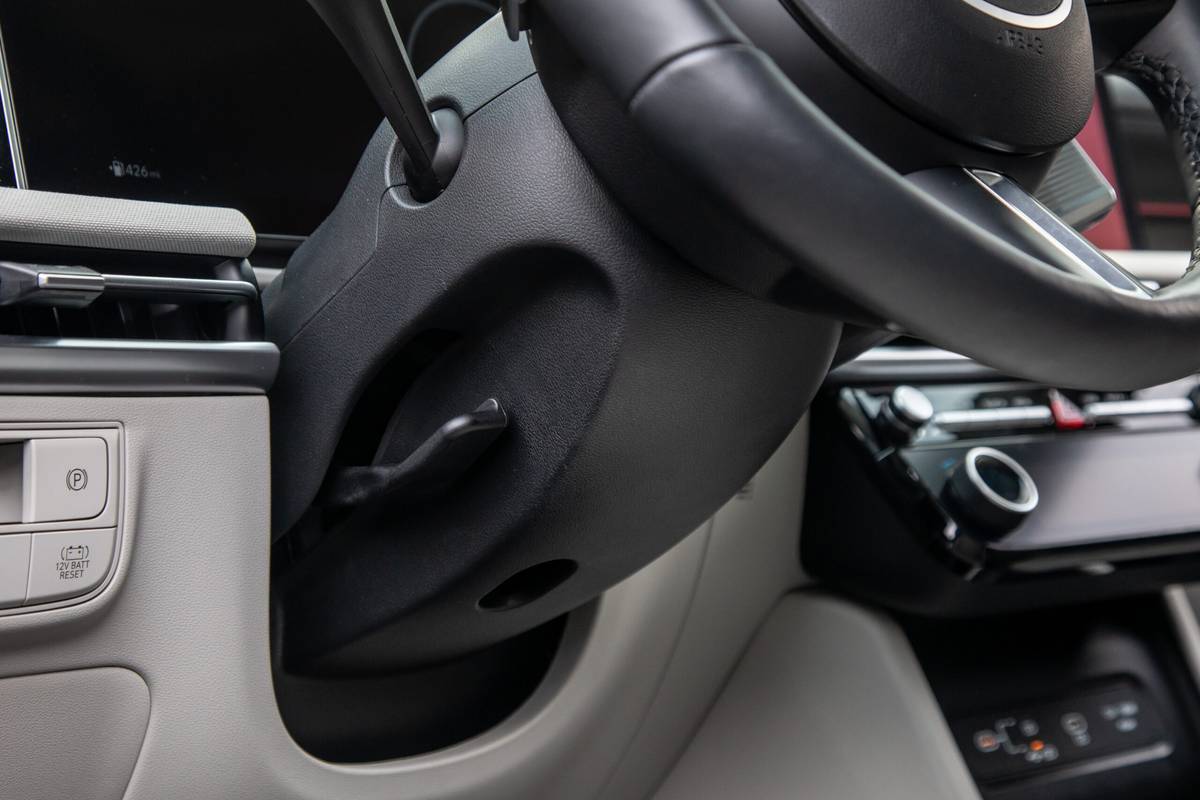
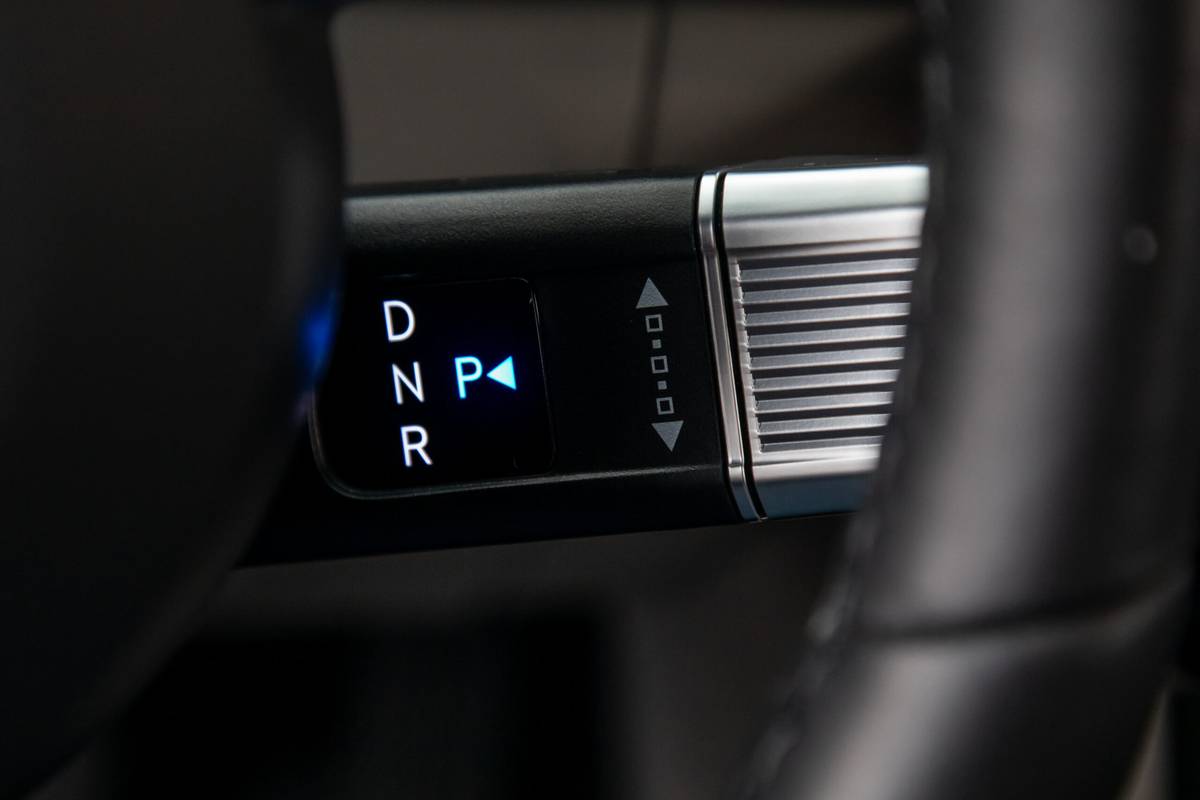
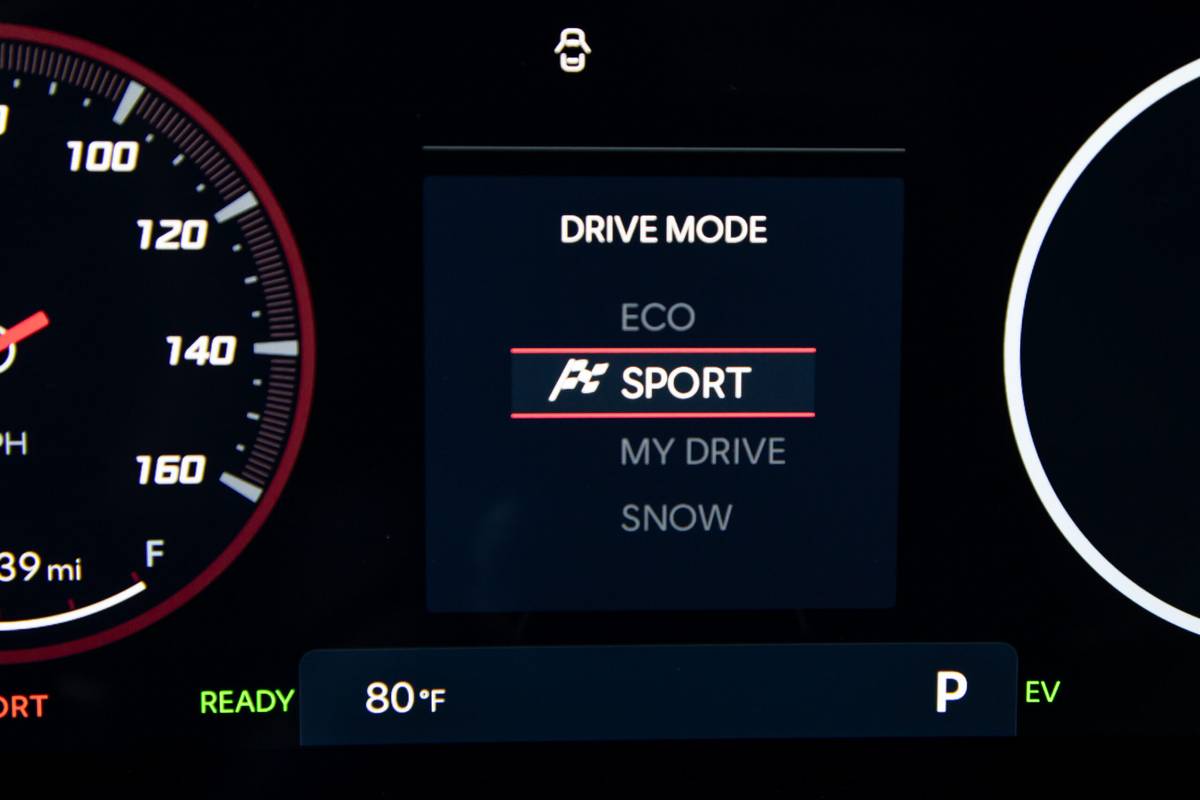
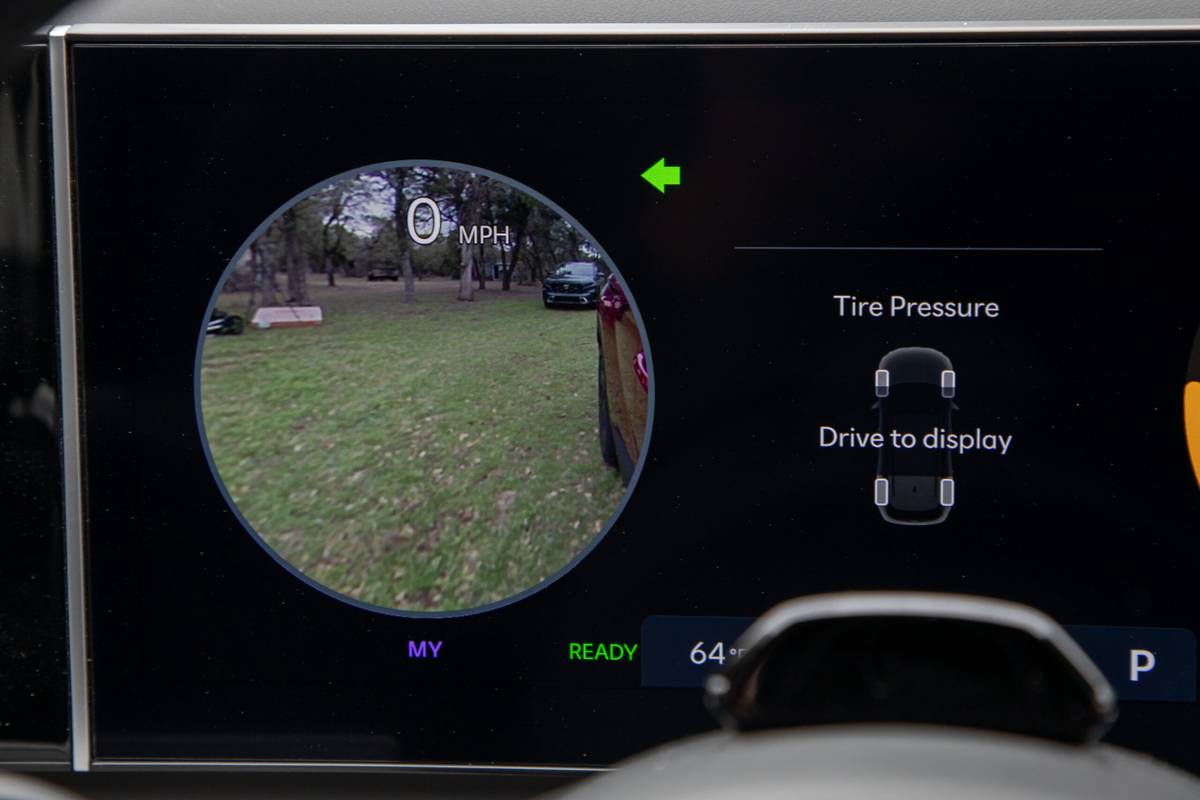
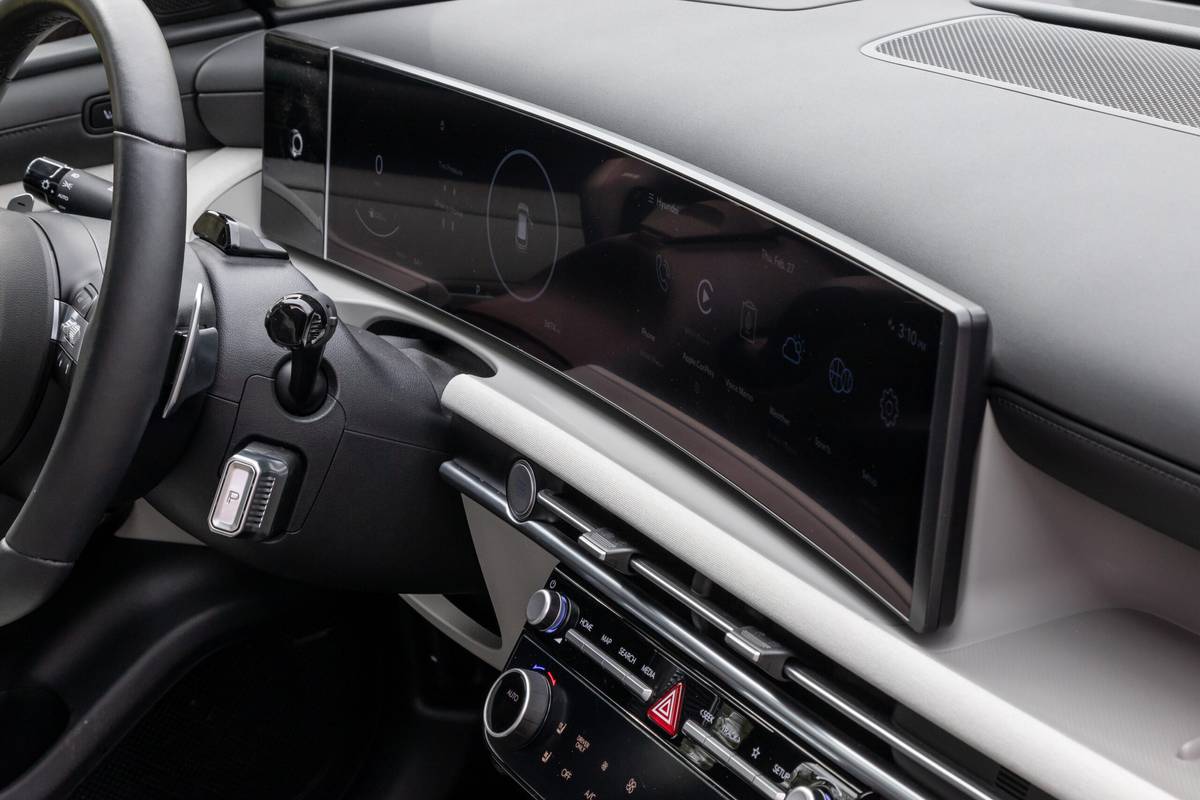
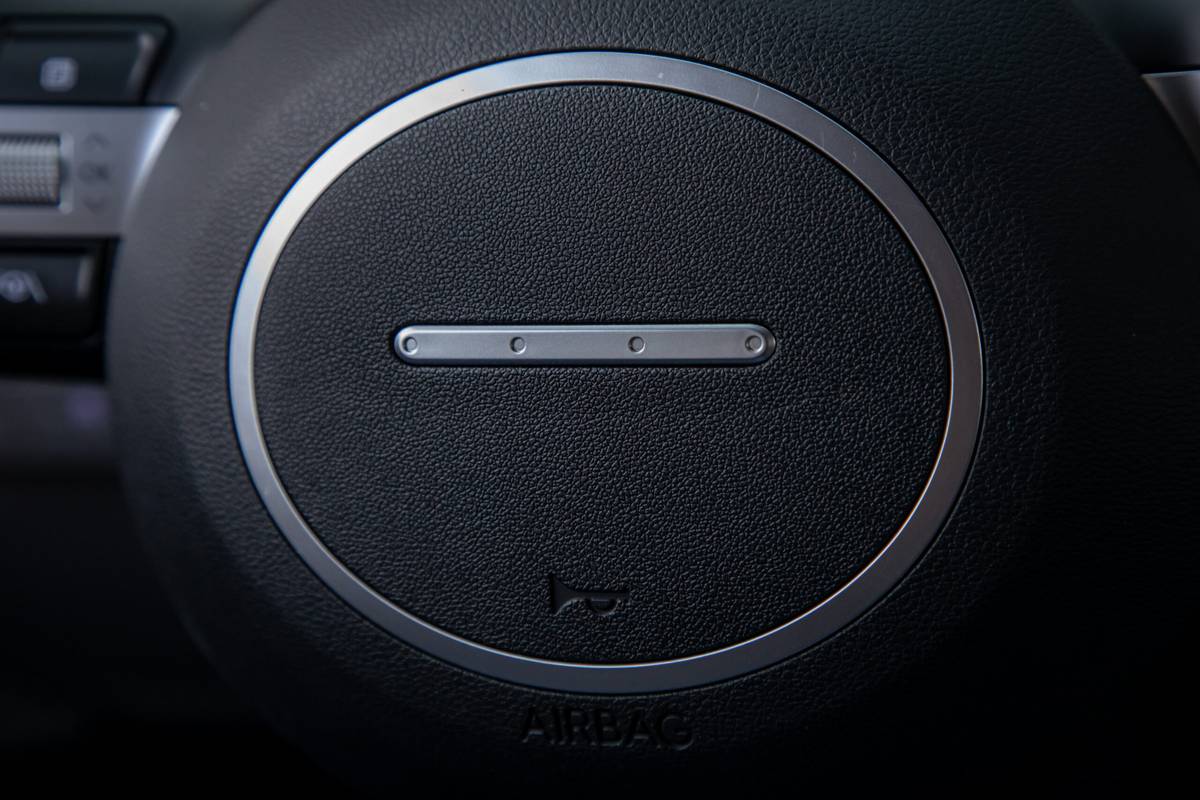
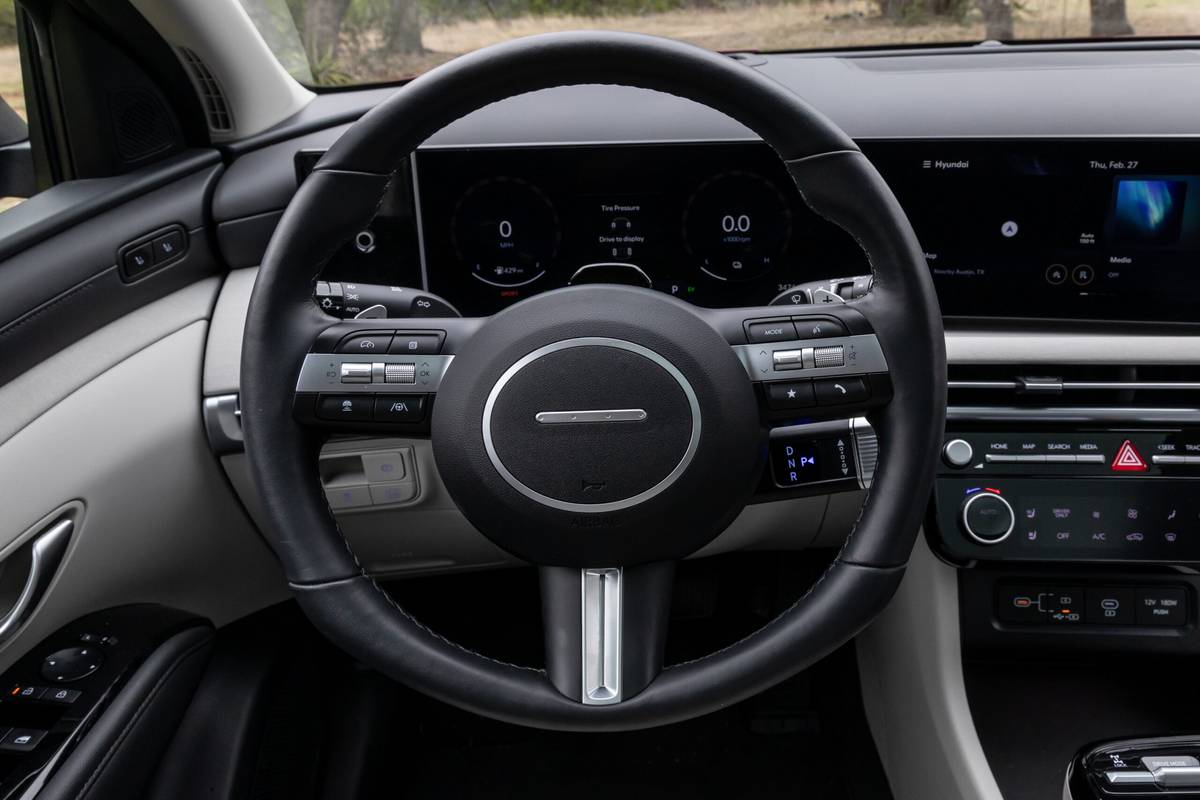
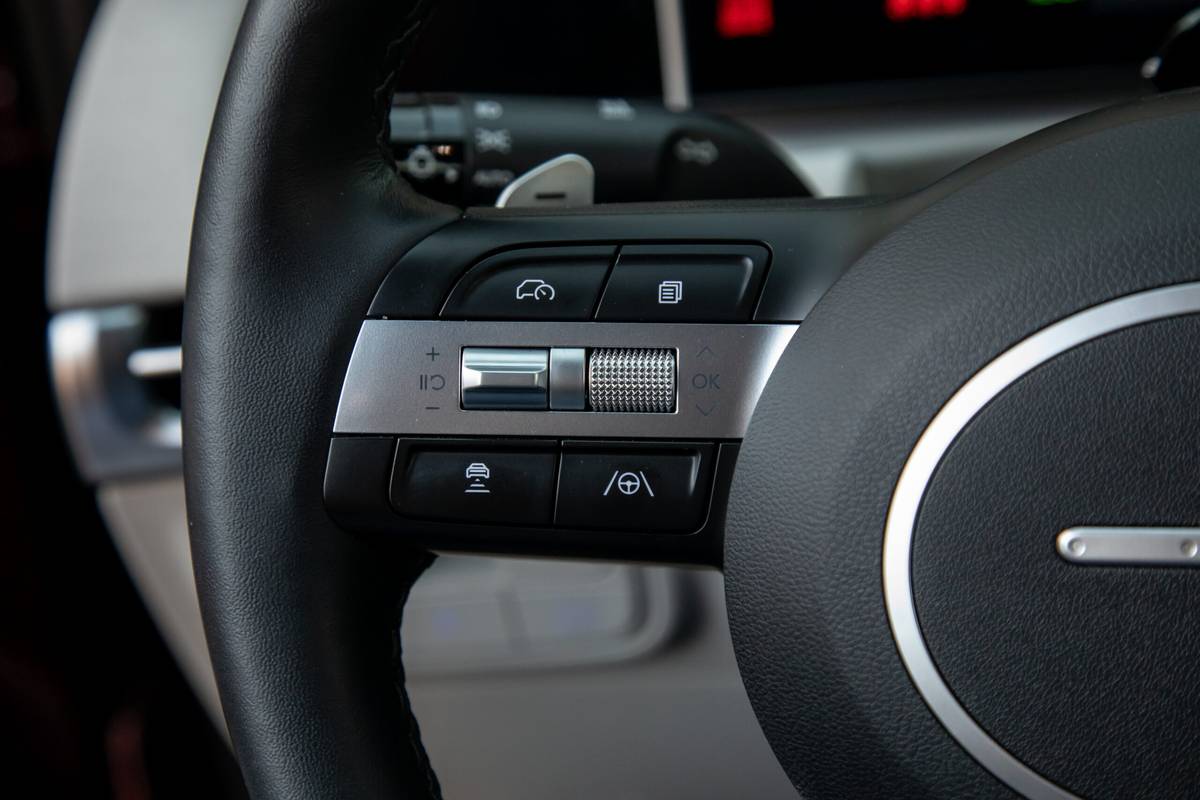
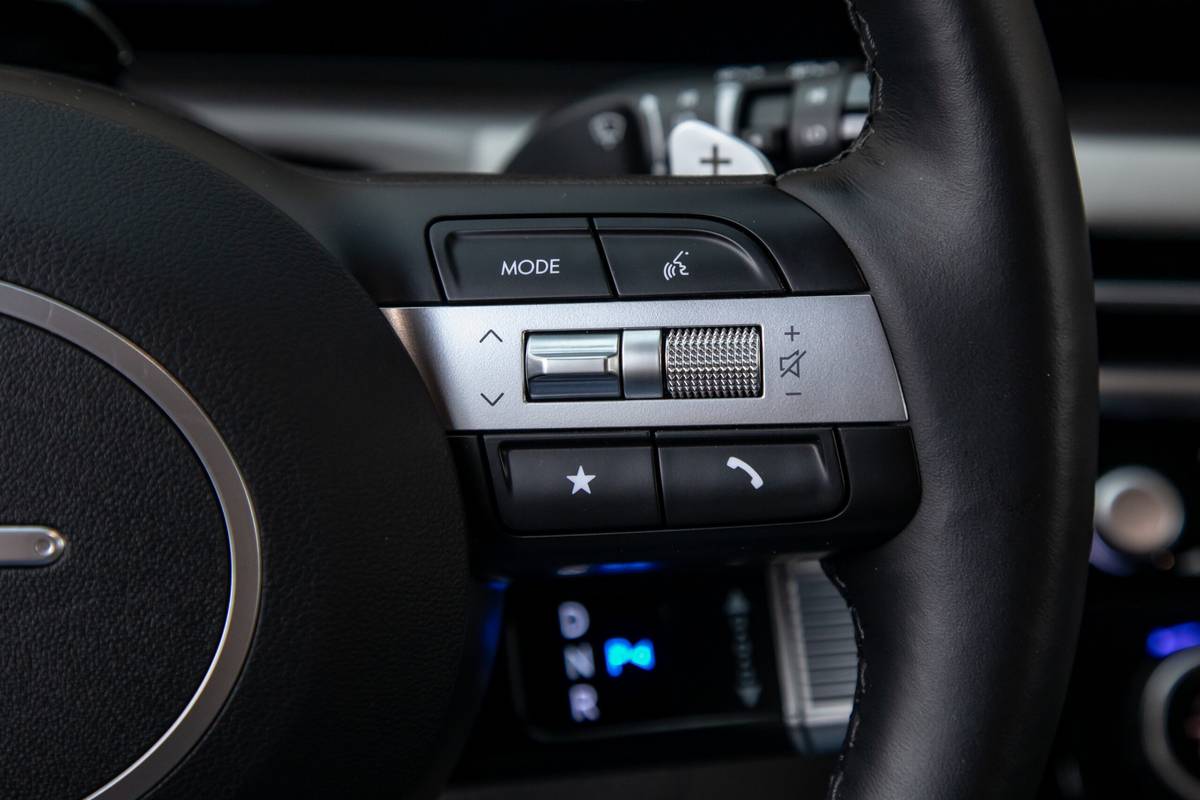
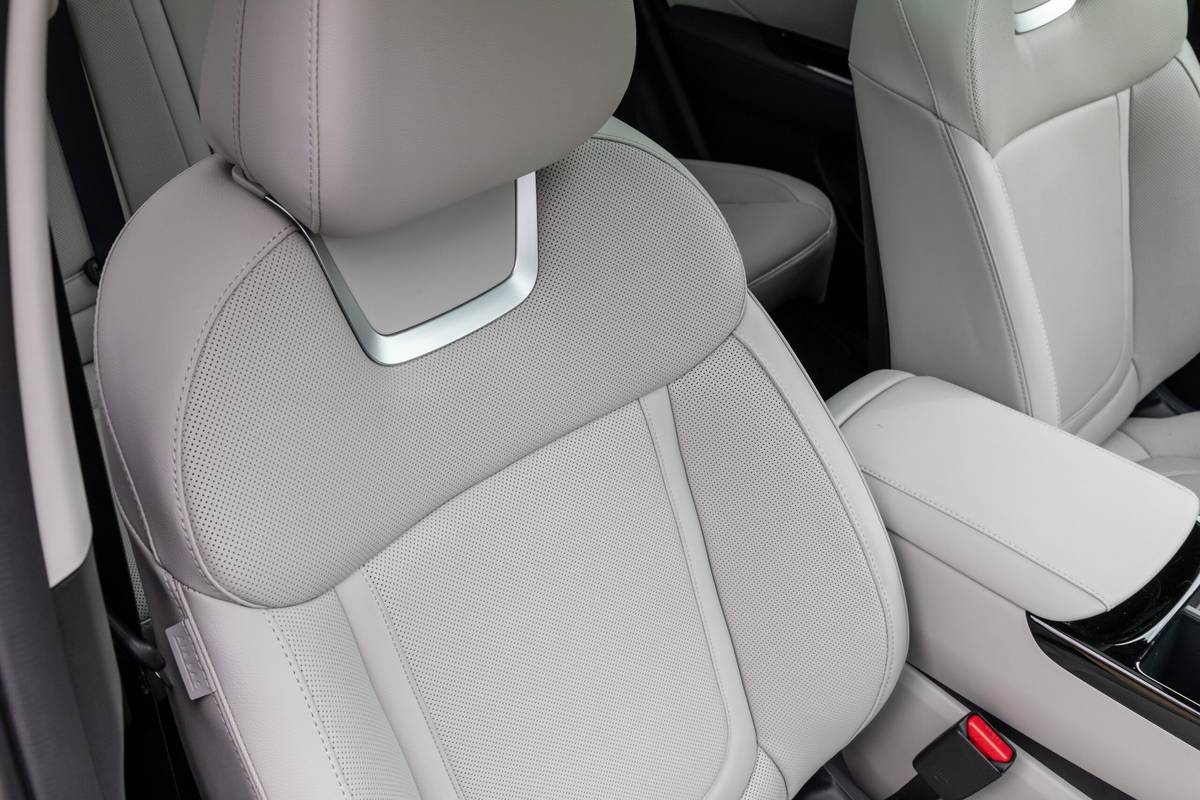
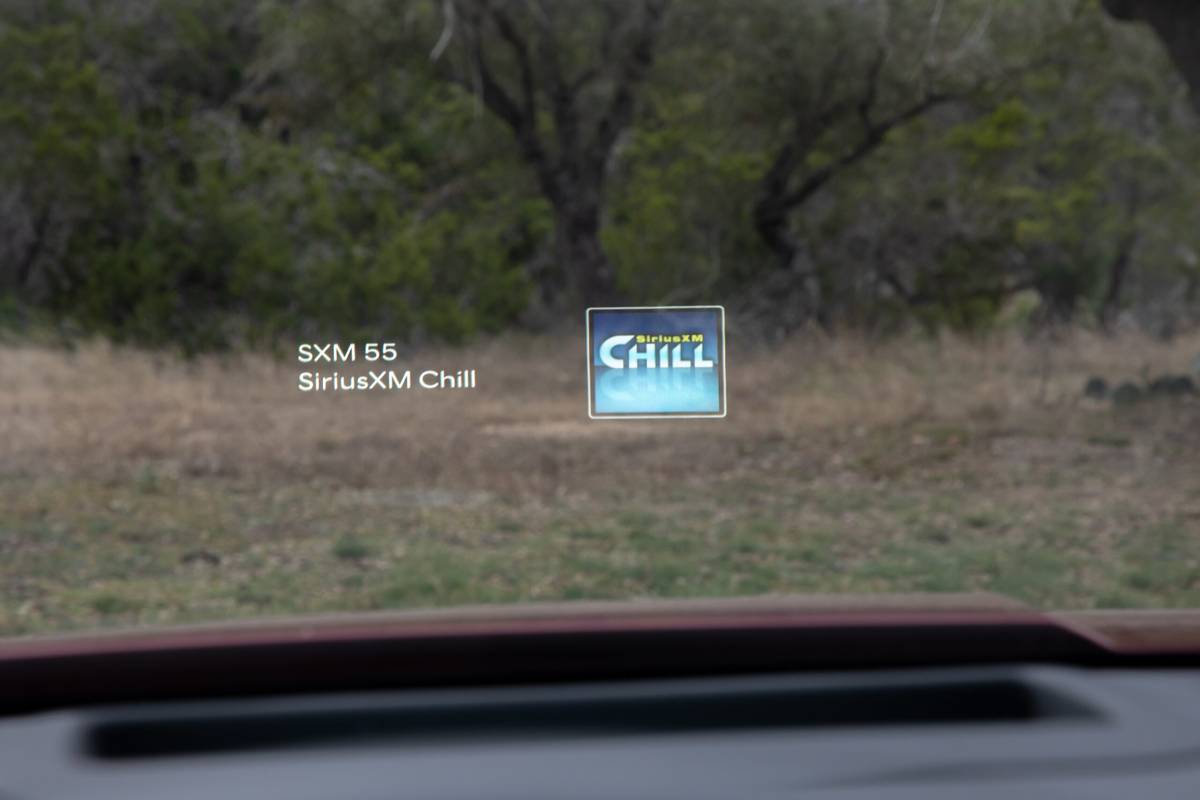
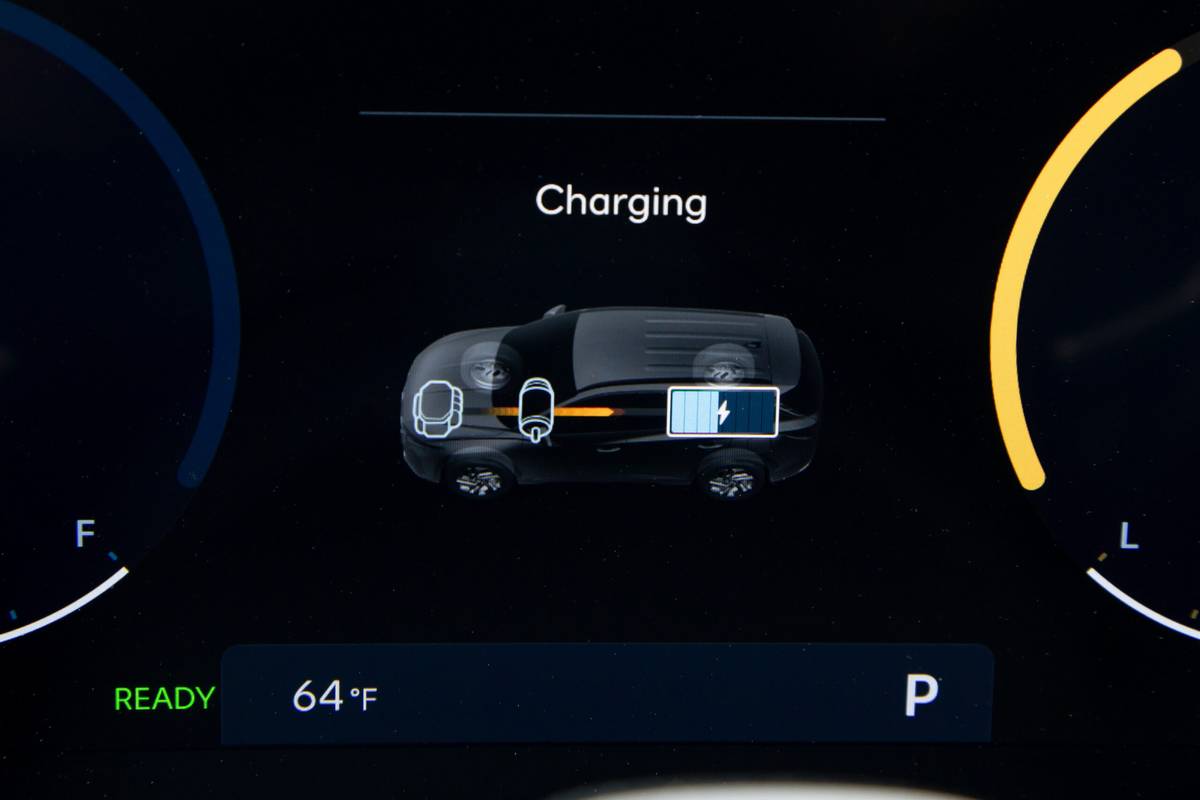
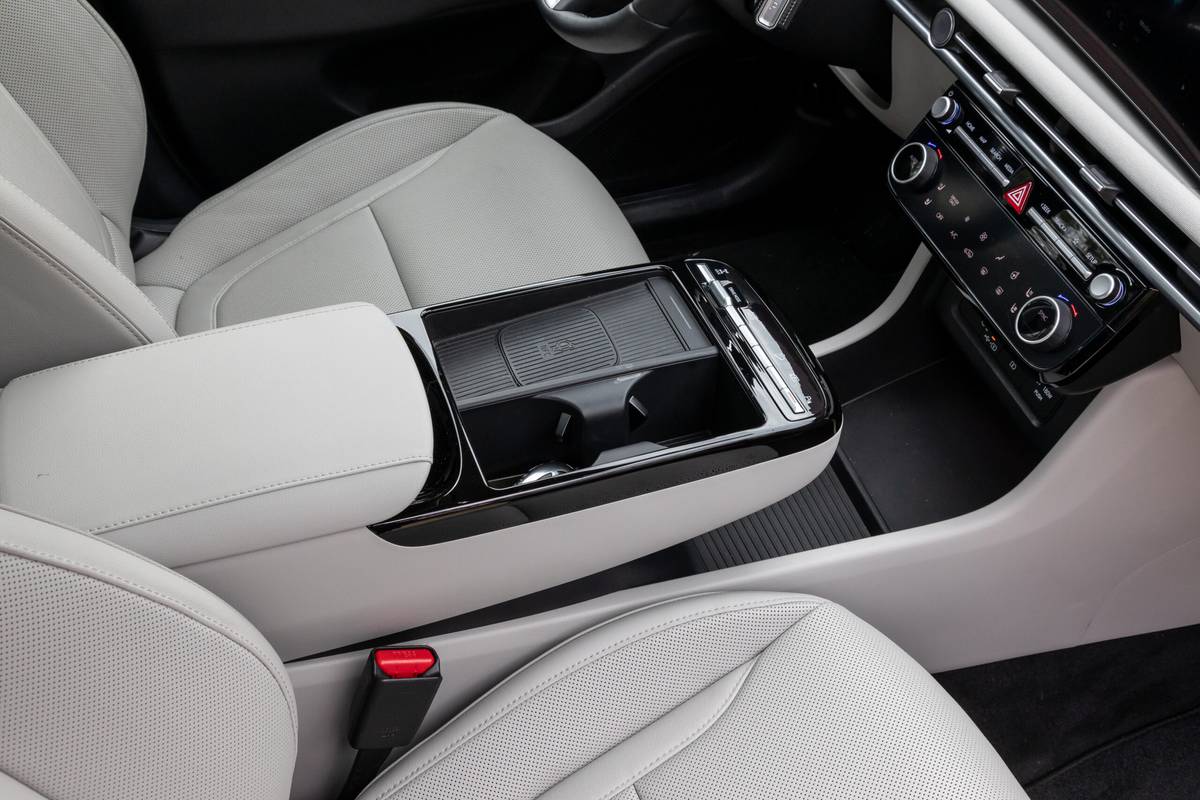
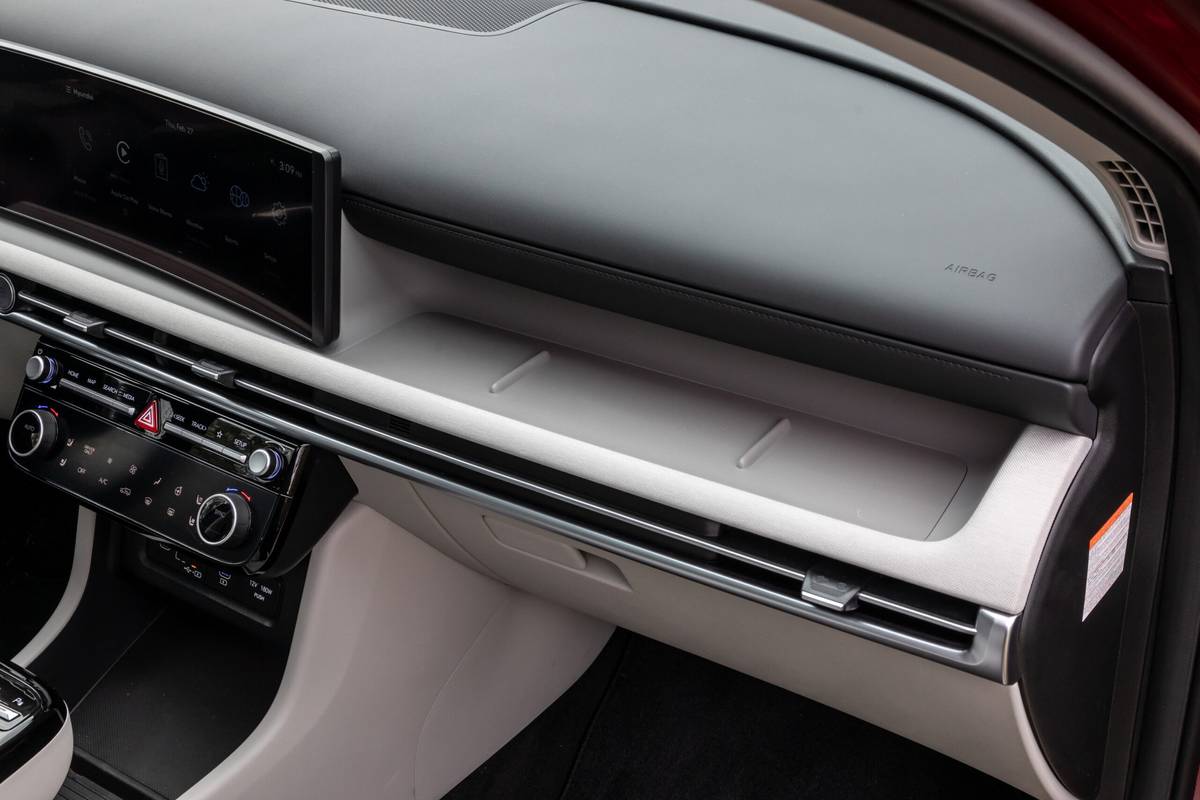
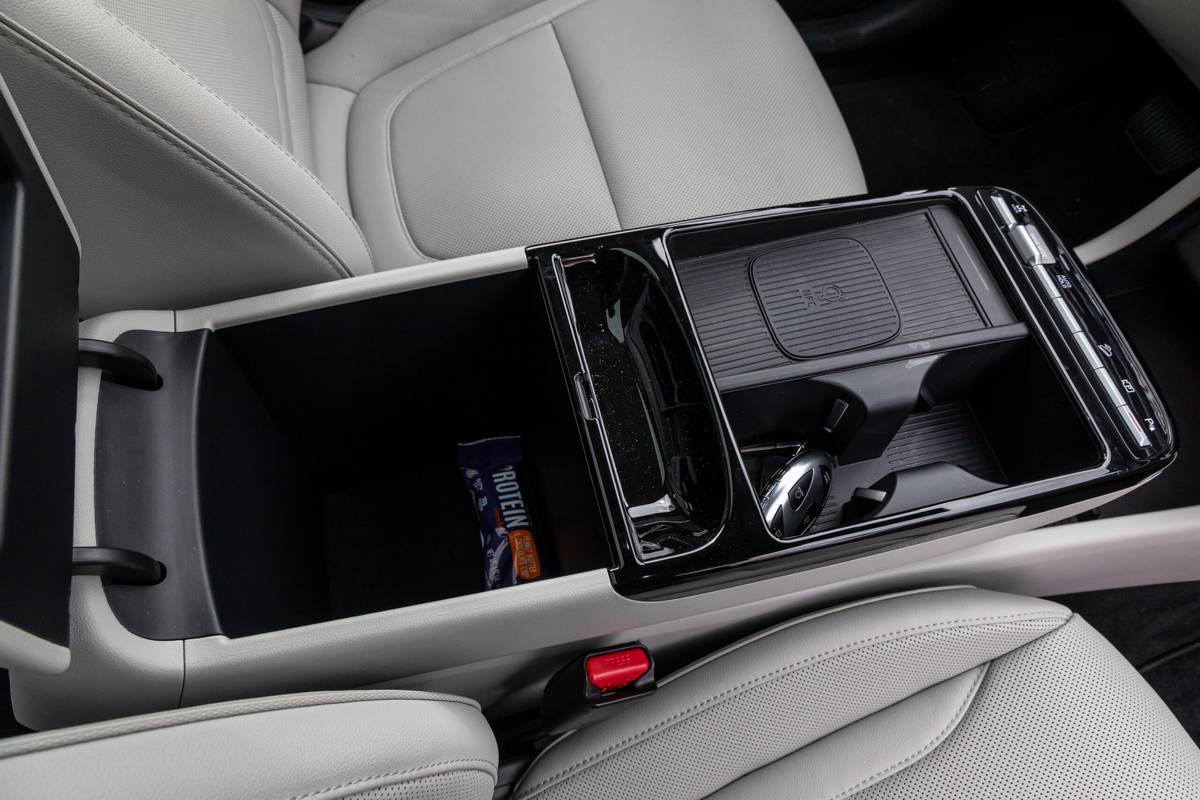
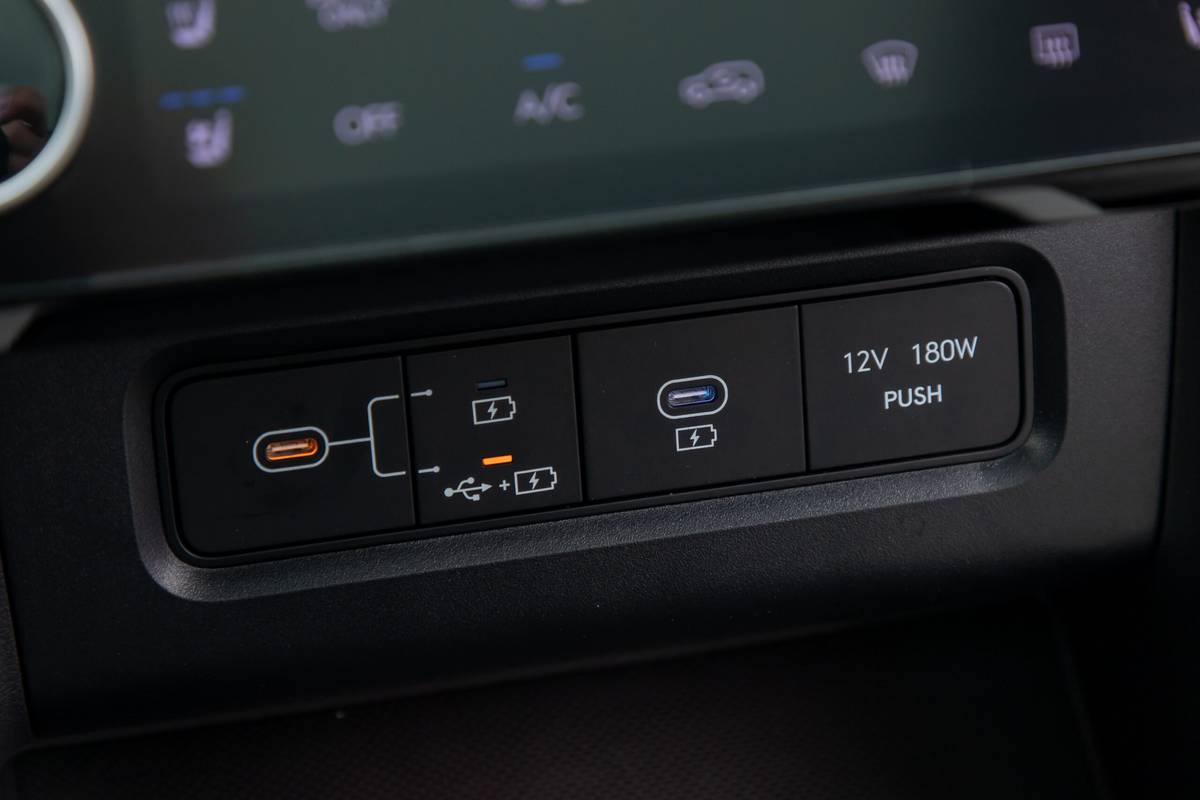
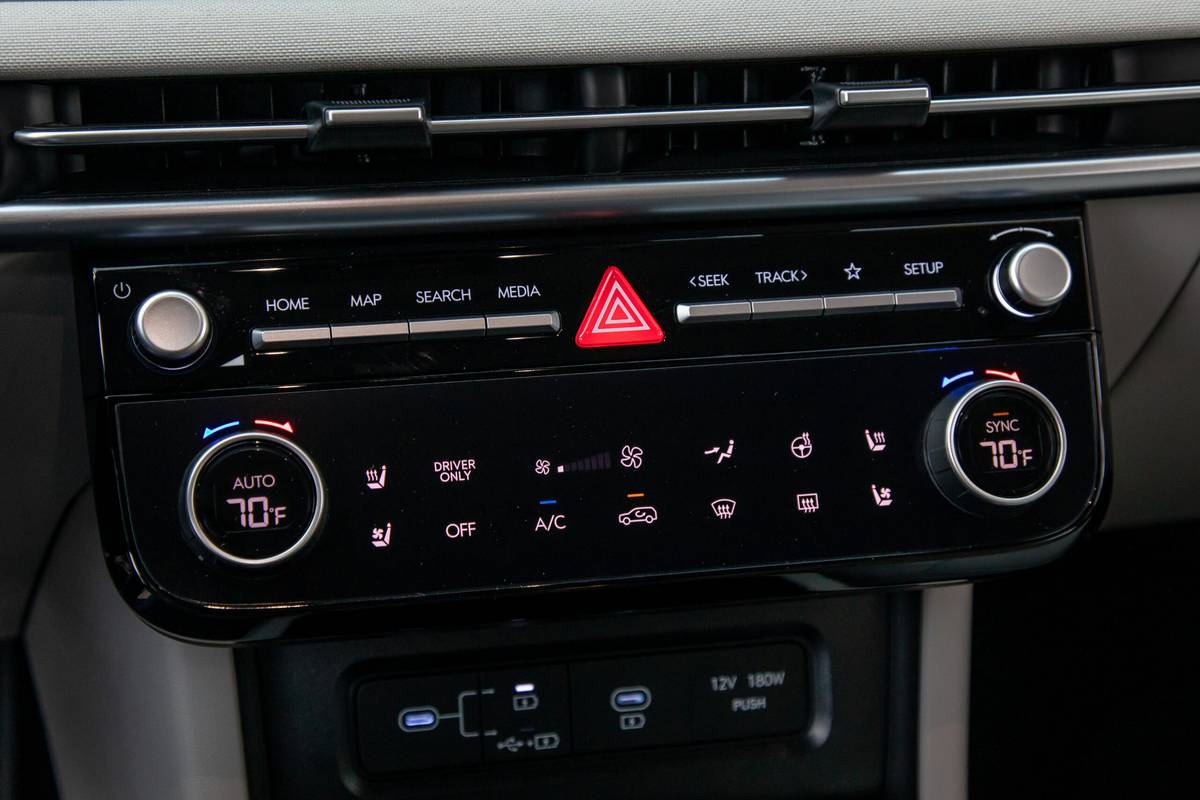
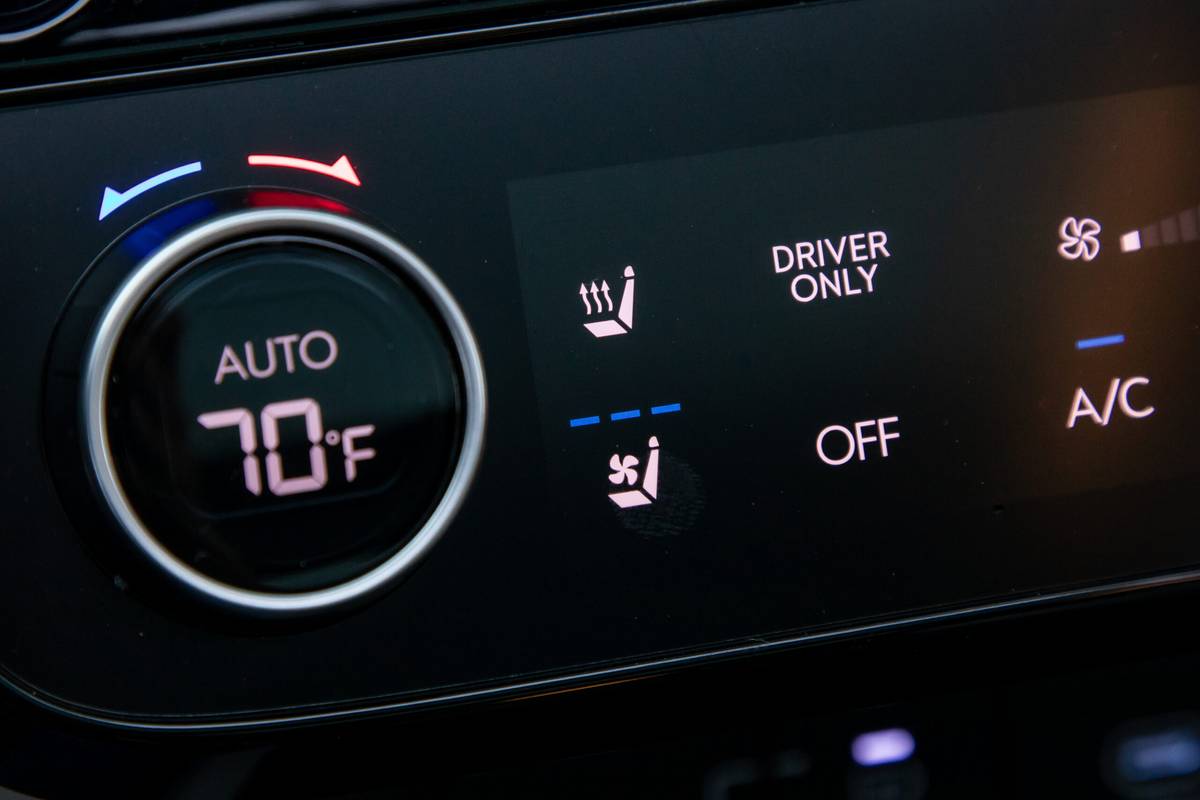
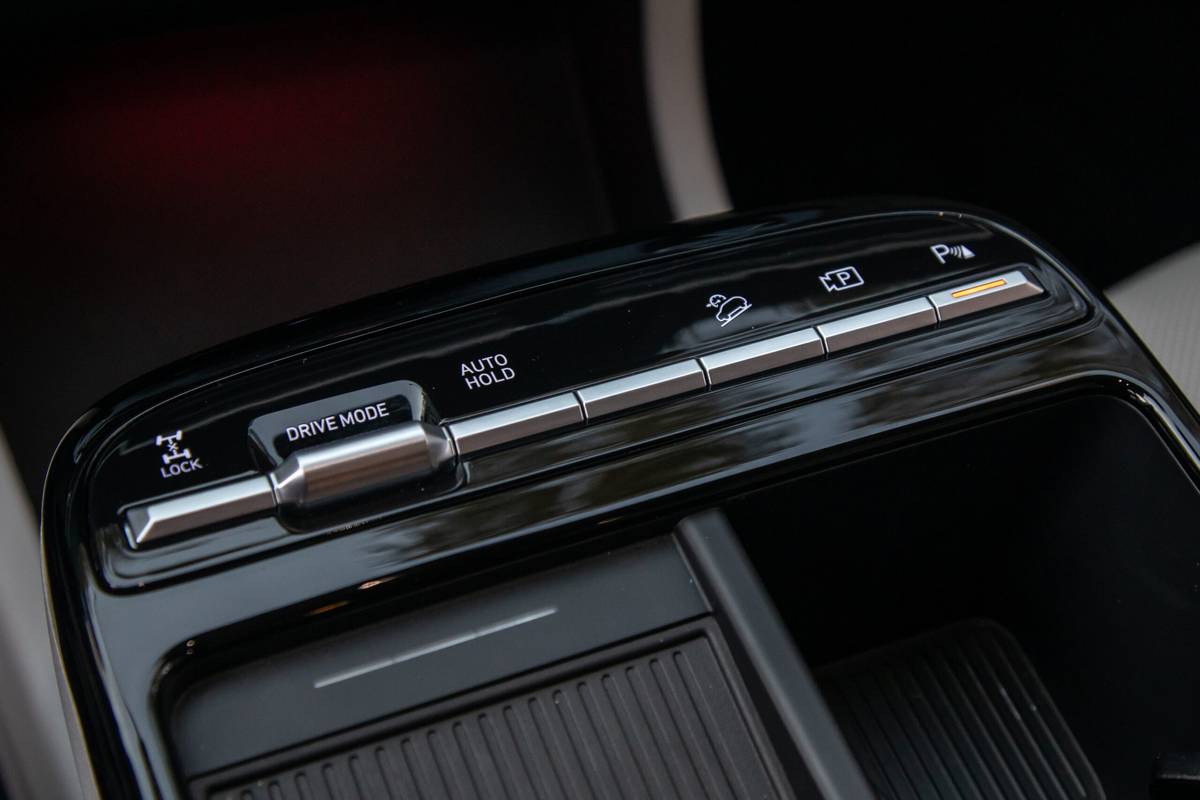
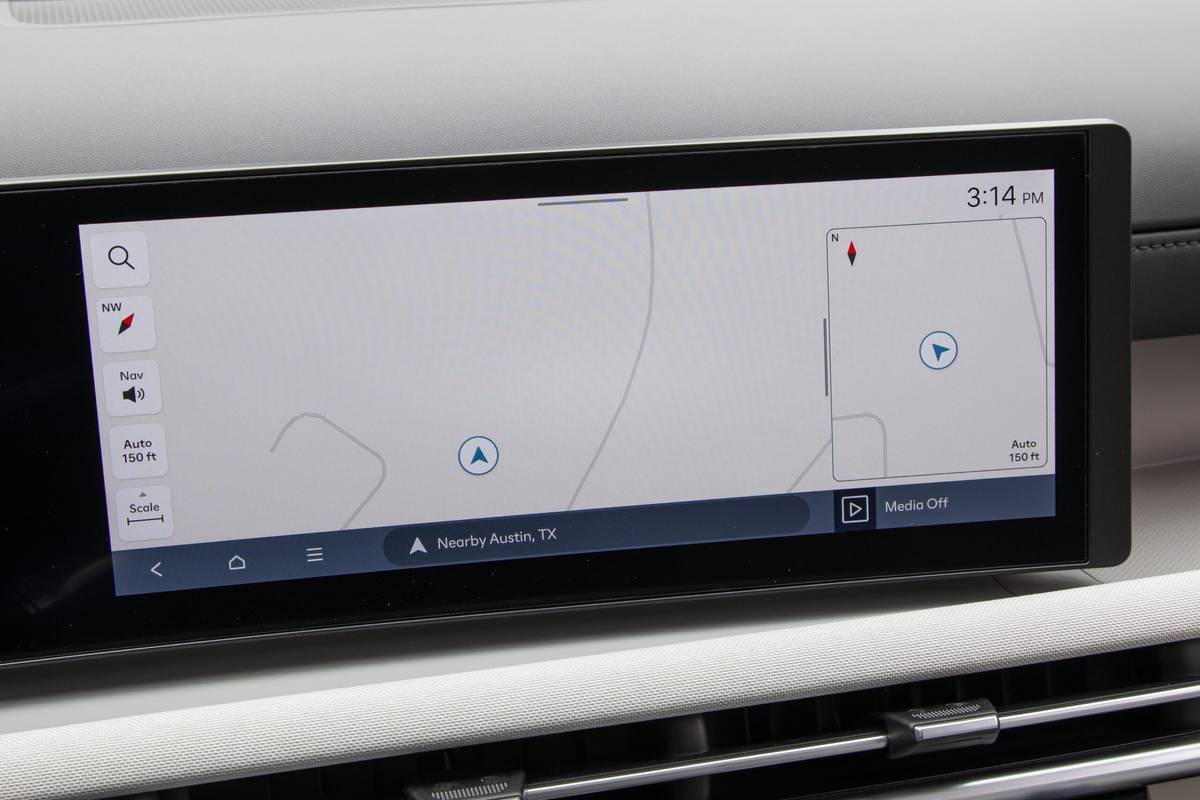
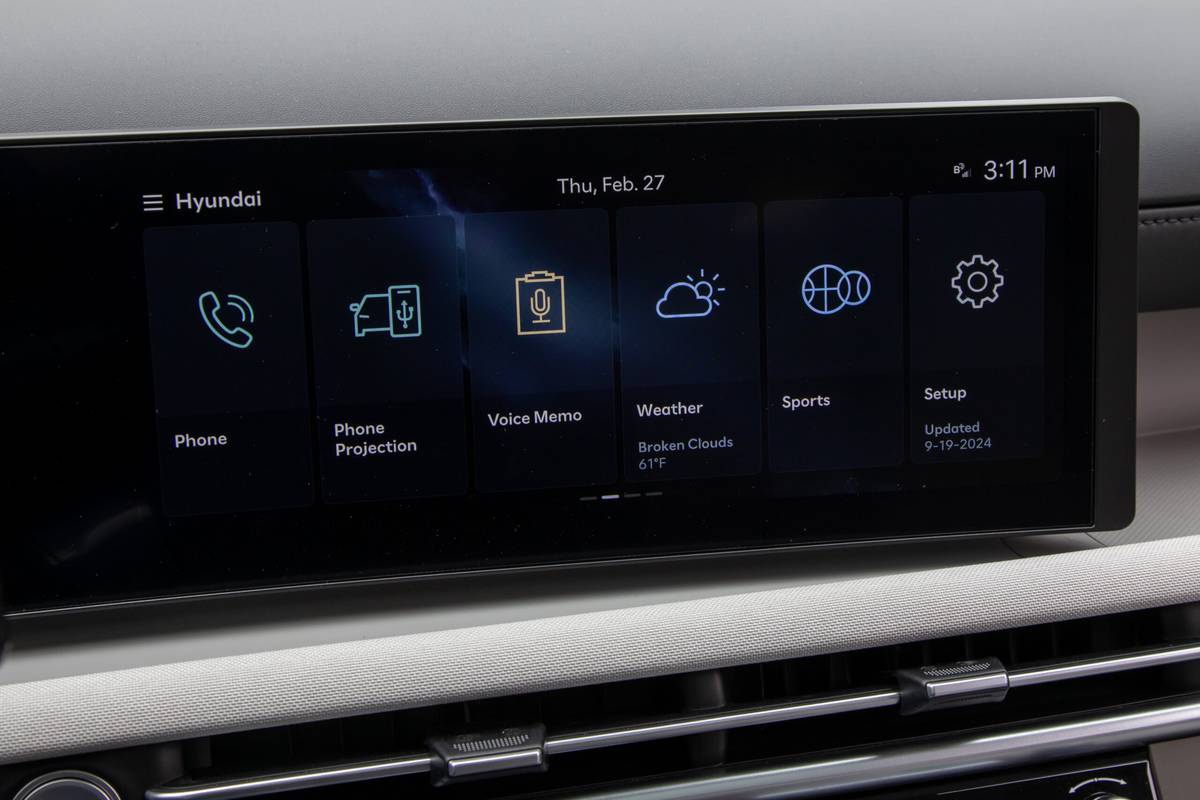
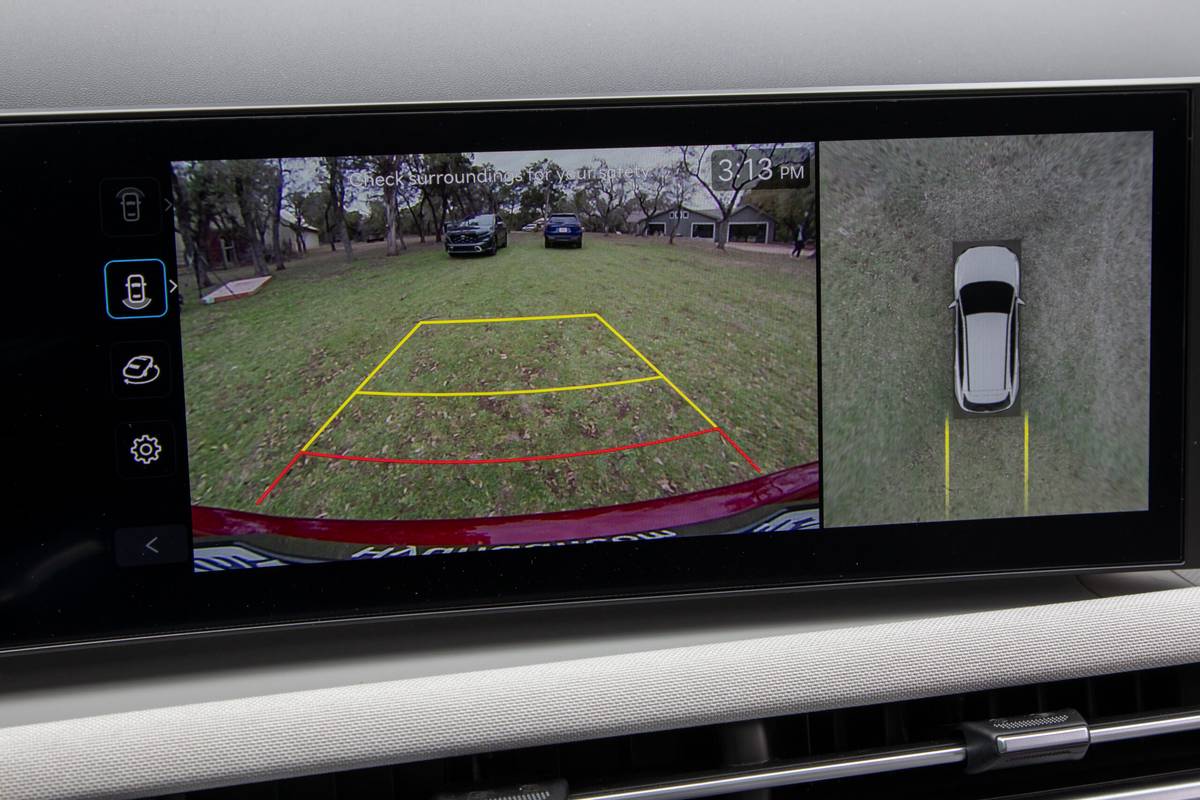
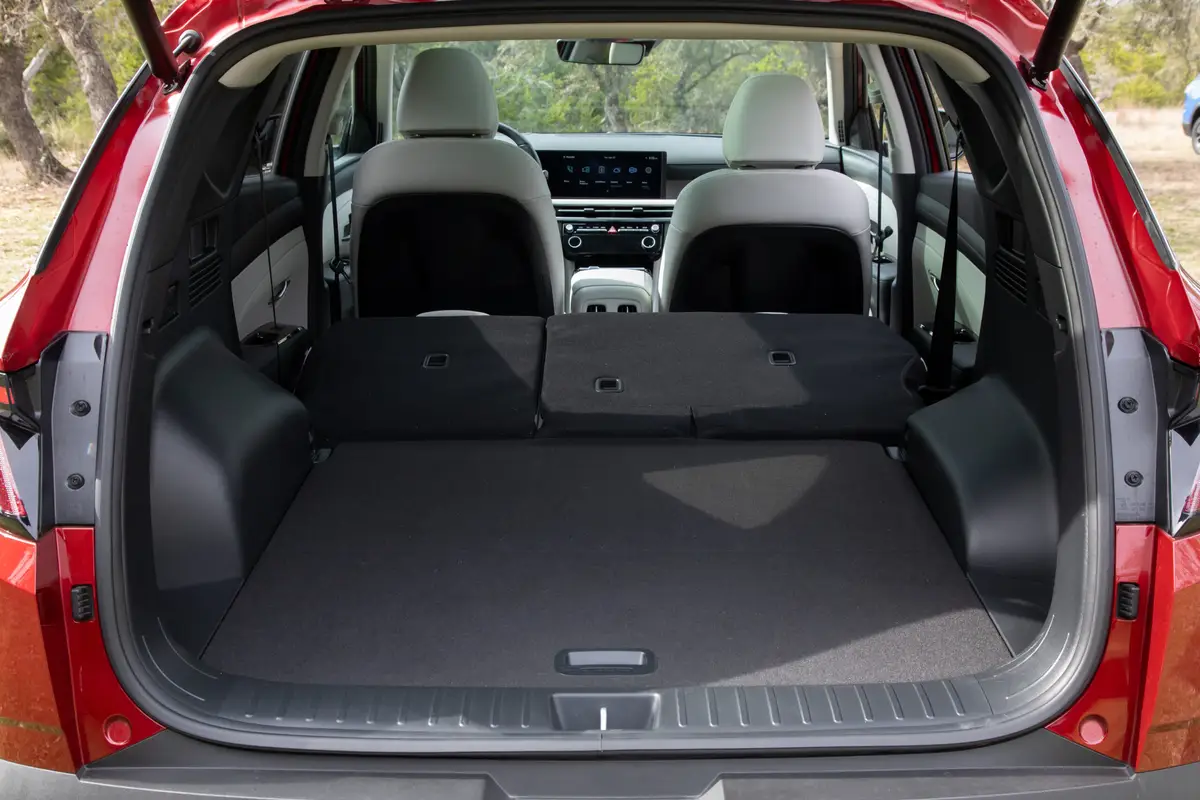
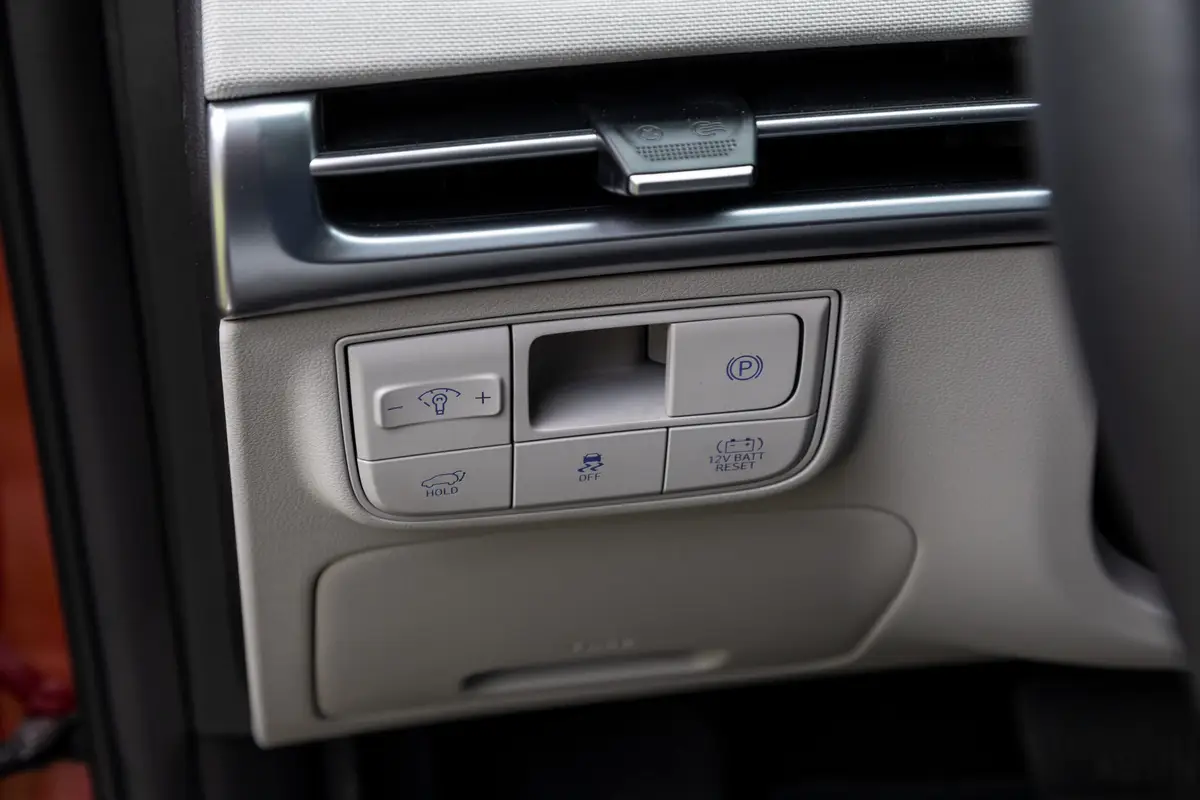
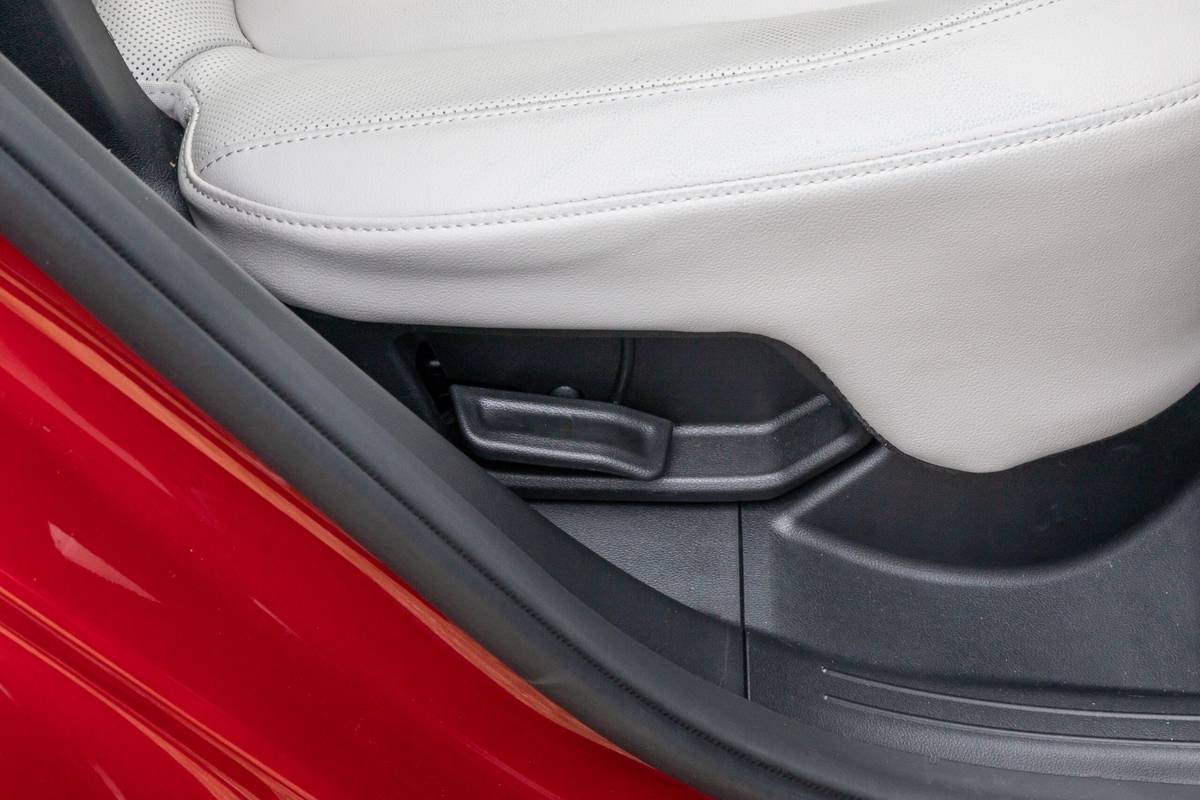
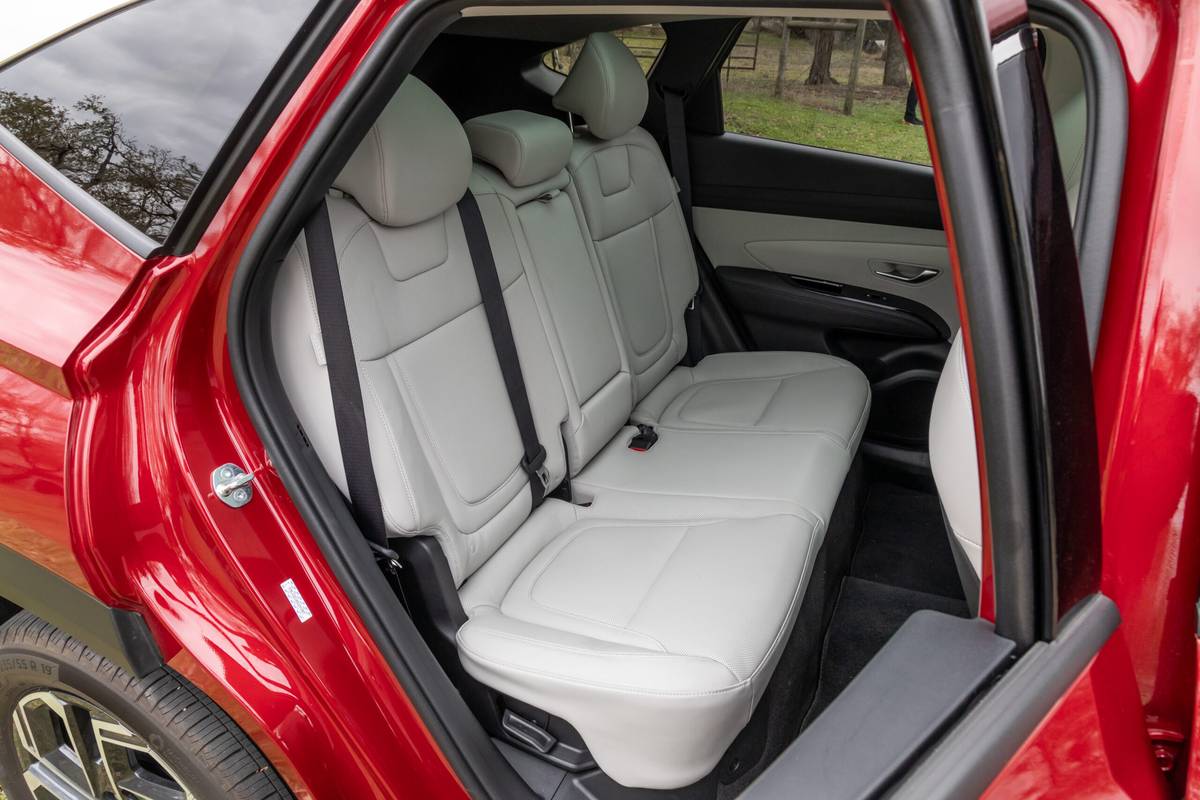
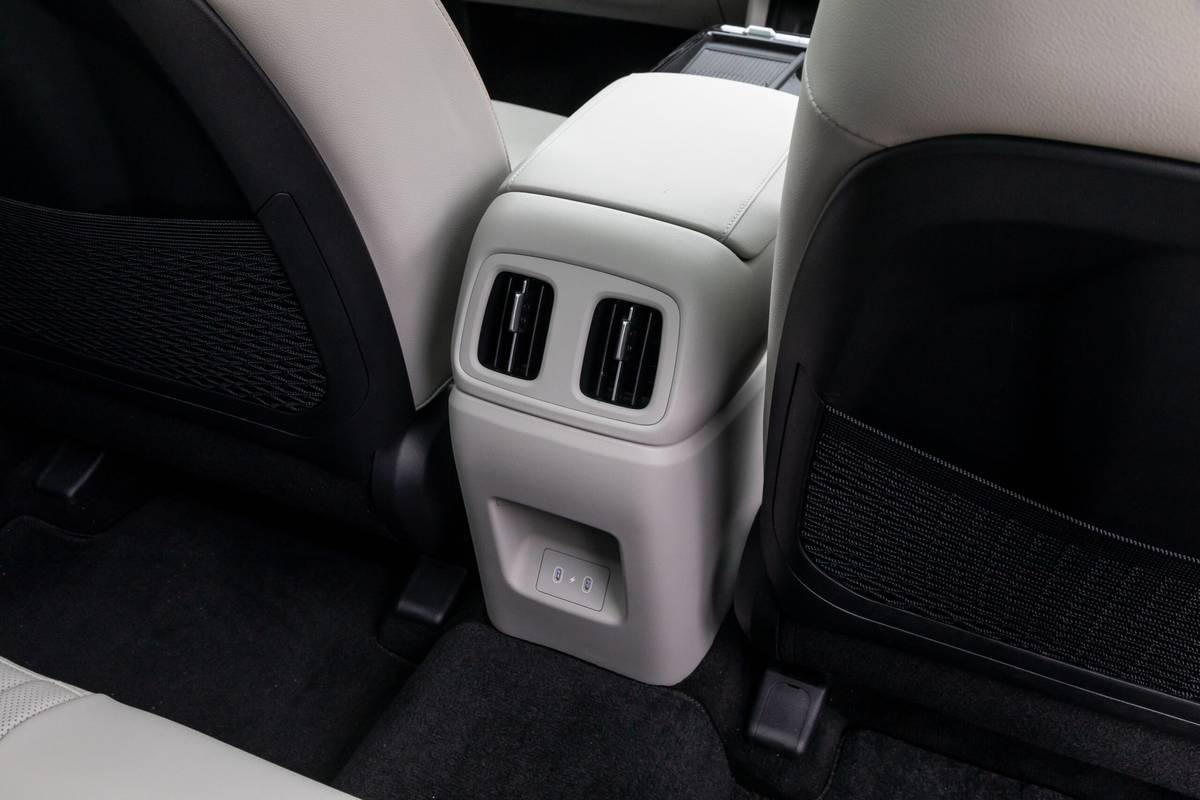
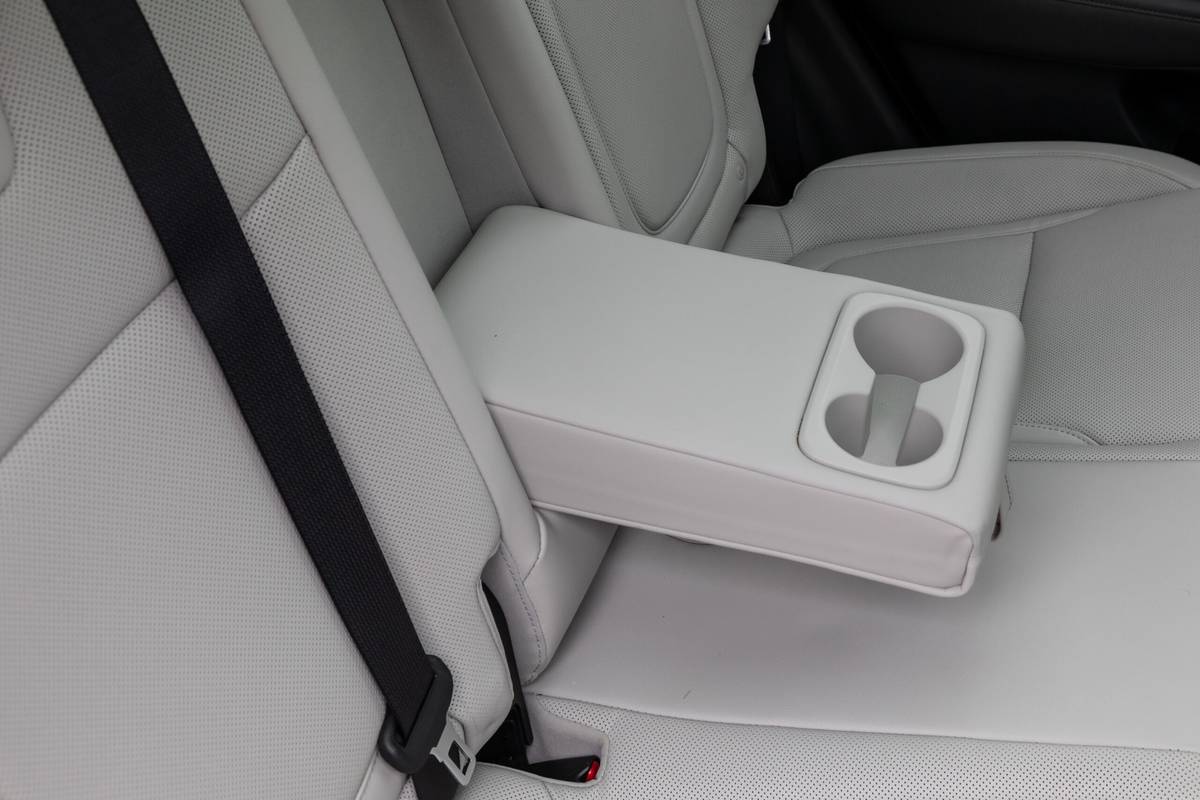
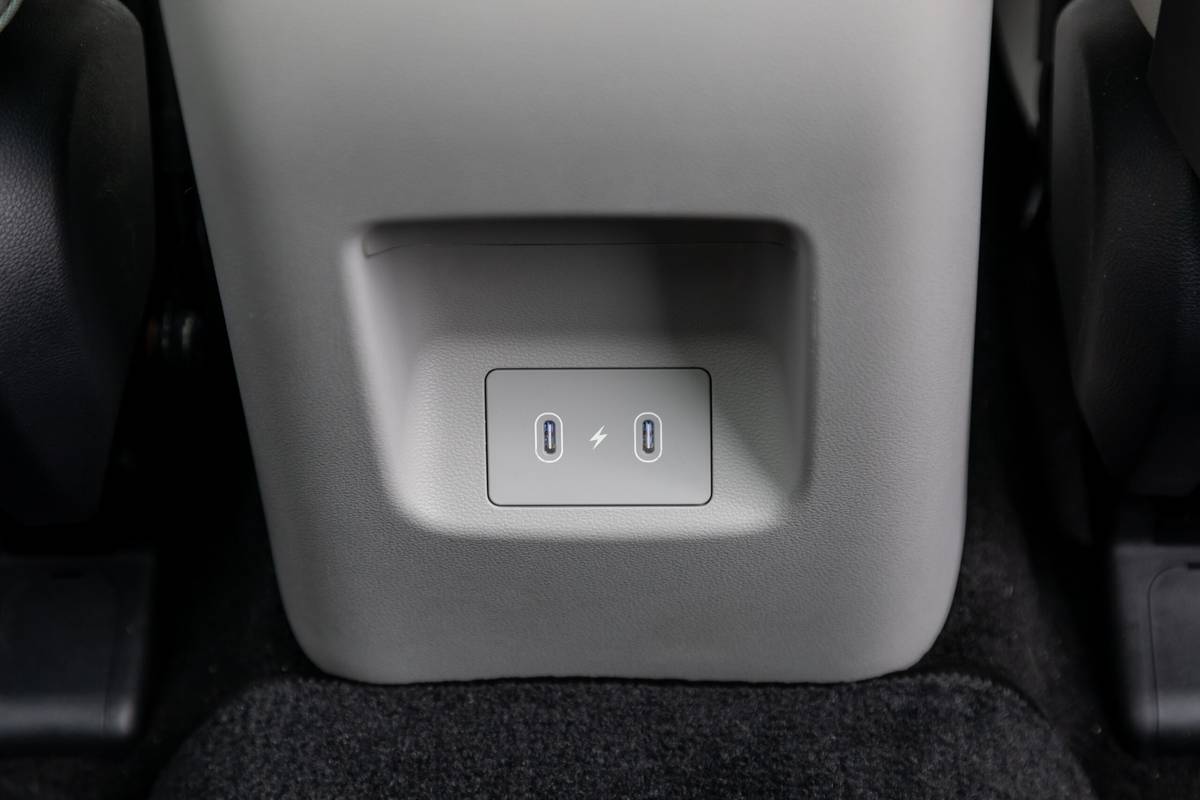
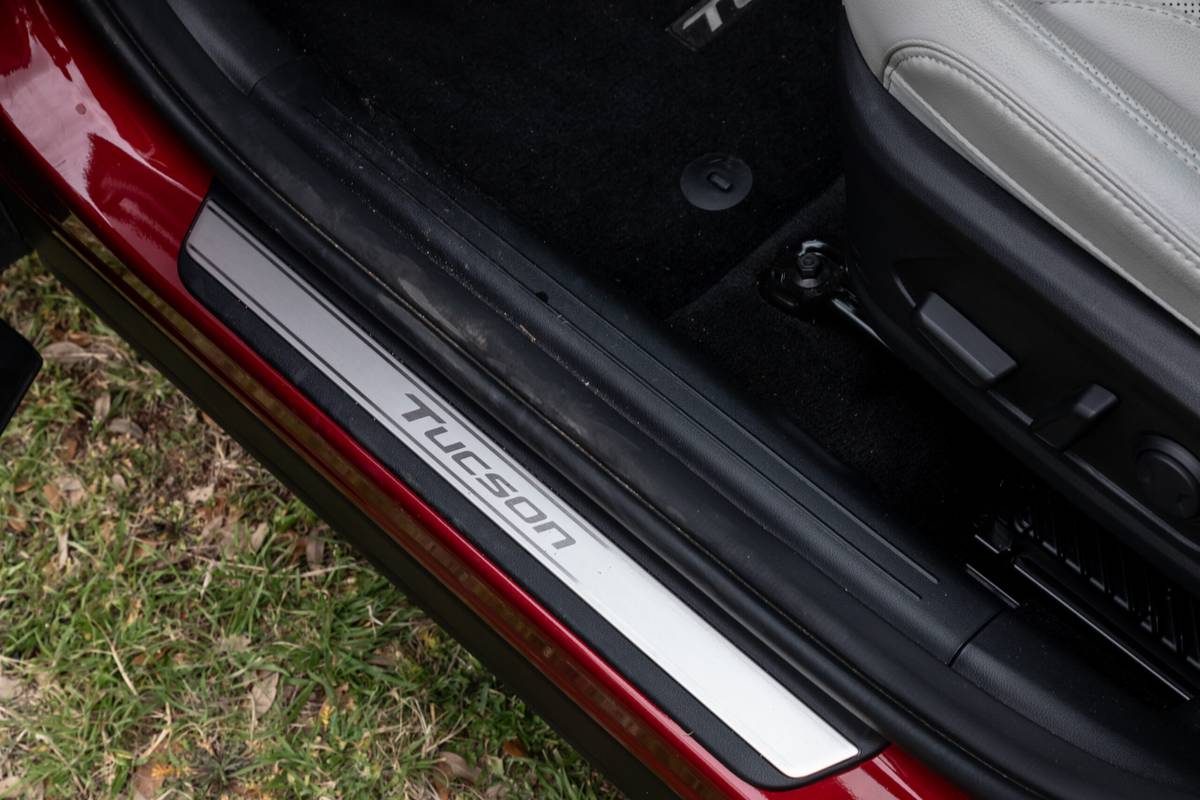
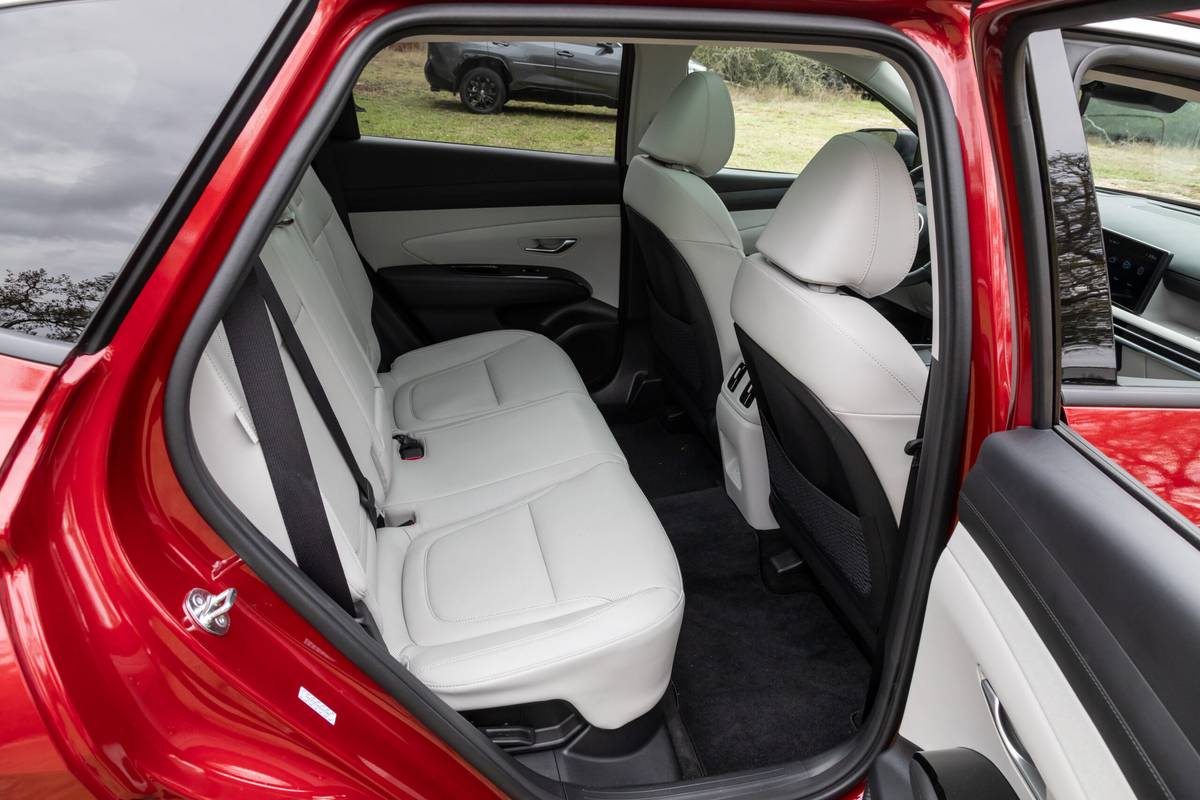
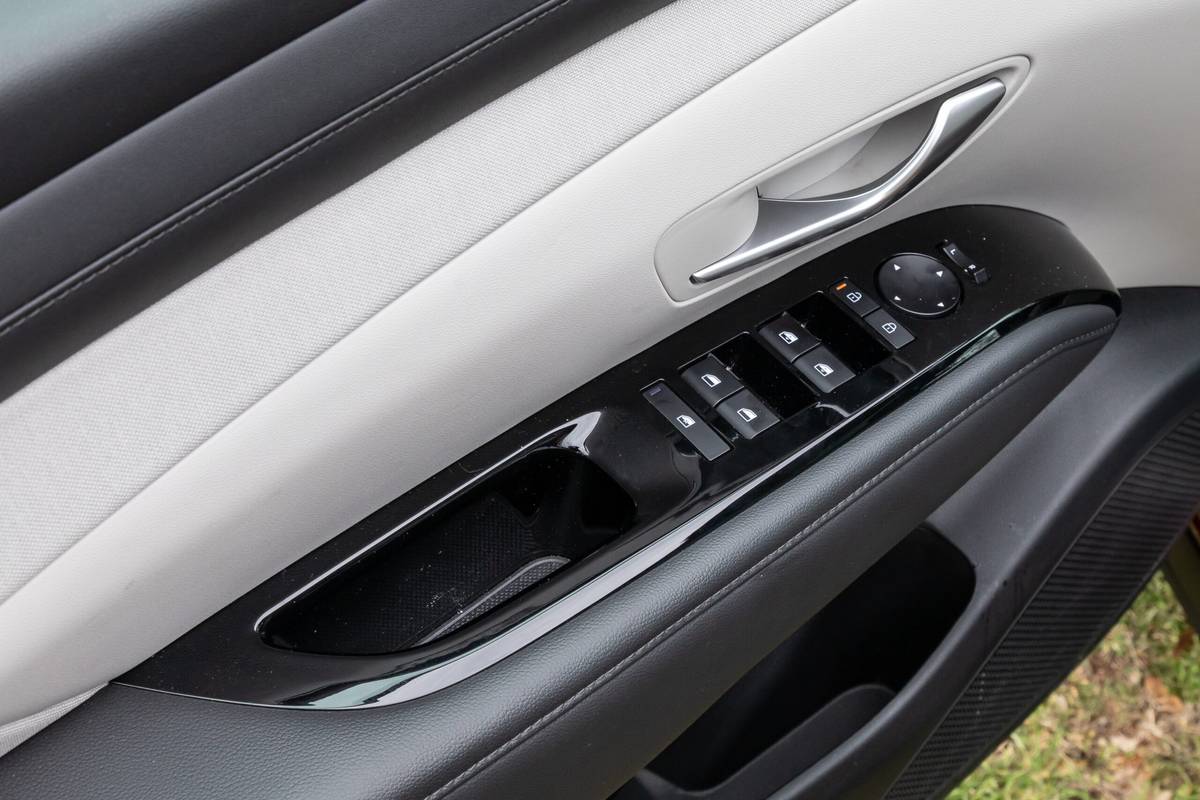
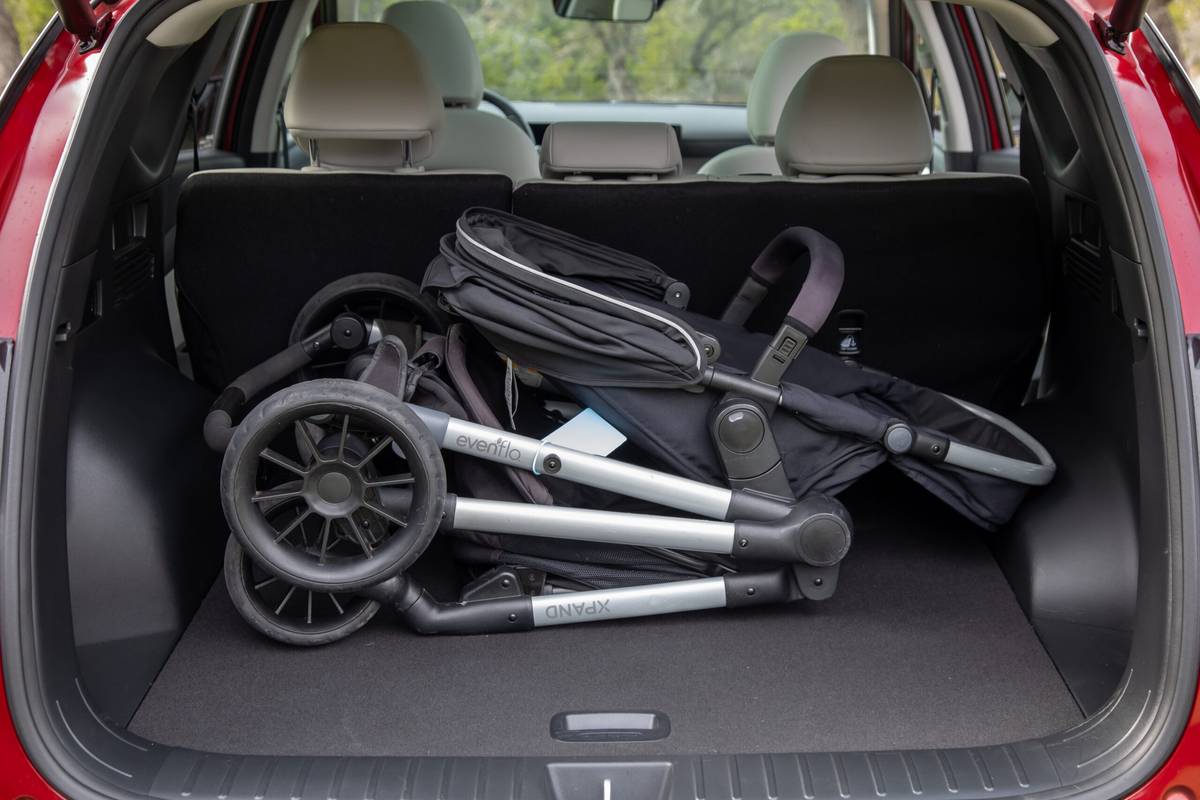




















































Our Test Vehicle
- As-tested price: $43,470
- Powertrain: Turbo 1.6-liter four-cylinder gas-electric hybrid system with 231 hp total and six-speed automatic
- Observed fuel economy (mpg): 33.6, third
- Cargo space (cubic feet): 21.8, first
The Tucson lineup was updated for the 2025 model year with freshened exterior styling and a revised interior with new technology. The gas-electric hybrid system in our test vehicle also got a slight bump in power to 231 hp thanks to a more powerful electric motor. Unlike the hybrids from Honda and Toyota, the Tucson Hybrid uses a conventional automatic transmission.
What’s Good About the Tucson Hybrid?
- Lots of storage solutions: “The storage crown ceded by Honda now belongs to Hyundai,” Normile said. “The Tucson’s cabin design has tons of useful storage space up front, and the redesigned, column-mounted gear selector further opens up the space.”
- Cargo space: With 21.8 cubic feet of measured cargo space, the Tucson Hybrid’s cargo area was the largest in our test — 1.6 cubic feet larger than the next-largest CR-V hybrid.
- As-tested value: A wealth of comfort and convenience features including heated and ventilated front seats and a multilevel heated steering wheel, along with top-notch warranty coverage, helped the Tucson Hybrid to the highest score in our value assessment.
- Safety features: Continuing the features theme, the Tucson Hybrid had a near-perfect score in our safety-features assessment thanks in part to its 360-degree camera system, head-up display and rear automatic braking system.
- Blind-Spot View Monitor: “My favorite piece of safety technology in the test is Hyundai’s Blind-Spot View Monitor, which provides camera views of each blind spot in the instrument panel and makes me feel confident there’s nothing unseen beside me or approaching quickly from the rear when I’m turning or changing lanes,” Normile said.
What’s Bad About the Tucson Hybrid?
- Universally uncomfortable up front: “The seating position and interior packaging are awful — I feel like I’m sitting on the Hyundai, not in it,” Bragman said. “The seat does not descend far enough, leaving me to look and reach ‘down’ for everything from reading the gauges to operating the climate-control system.” Schrader added that “there was no way for me as a shorter driver to get comfortable in the driver’s seat.”
- Ride quality: “The Tucson’s ride quality can be very busy, especially if it encounters patches of broken pavement in quick succession,” Normile said.
- Interior quality: Despite only the Rogue being more expensive in our test, the Tucson Hybrid’s interior quality was near the bottom of the pack, ahead of only the RAV4 Hybrid and Forester. Schrader commented on the “gummy-feeling seats and a stalk assembly on the steering column that came loose when you unlocked and moved the steering wheel.”
- Touch-sensitive climate controls: “While there are many physical controls in the Tucson, the panel of touch-sensitive climate controls is annoying, and its operation can be clumsy,” Normile said. Schrader also noted that the heated steering-wheel controls were closer to the front passenger than the driver.
- Blocked views: The digital instrument panel and infotainment touchscreen consist of two 12.3-inch displays side by side, but the steering wheel can block the driver’s view of the screen in front of them. The Tucson Hybrid’s outward visibility was rated low, too, scoring only better than the CX-5.
Research the 2025 Hyundai Tucson Hybrid | Search Inventory | Car Seat Check
2. 2025 Honda CR-V Hybrid Sport Touring, 716 points
Is the 2025 Honda CR-V Hybrid a Good Car?
- Whether you’re looking for passenger space, cargo room or fuel efficiency, the CR-V hybrid is a well-rounded compact SUV for those who just want something that works — and works well.
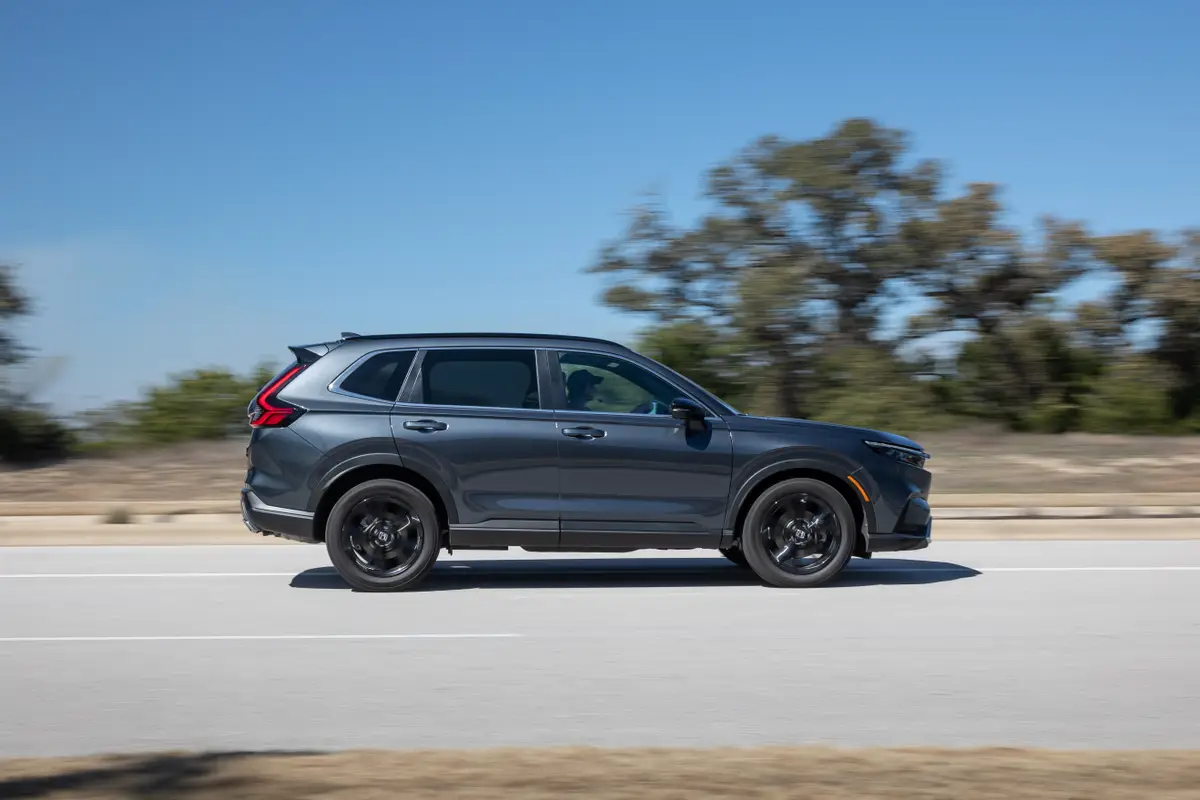
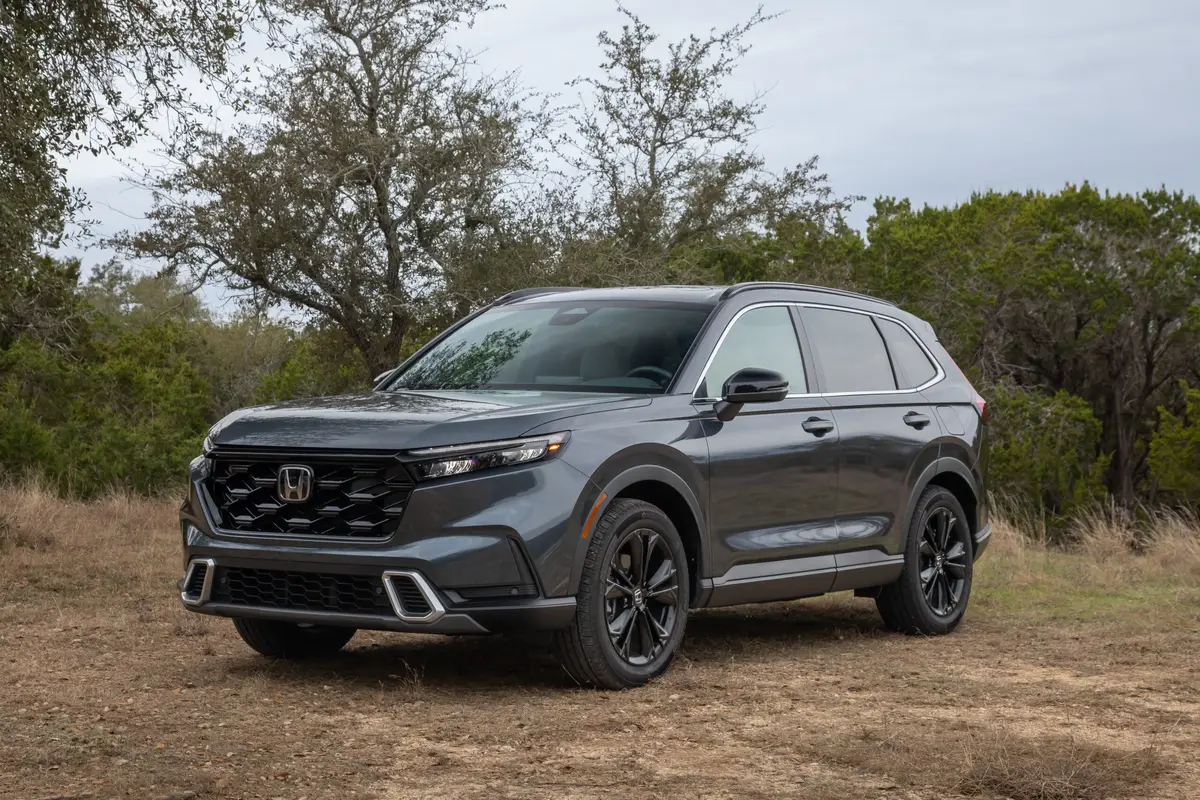
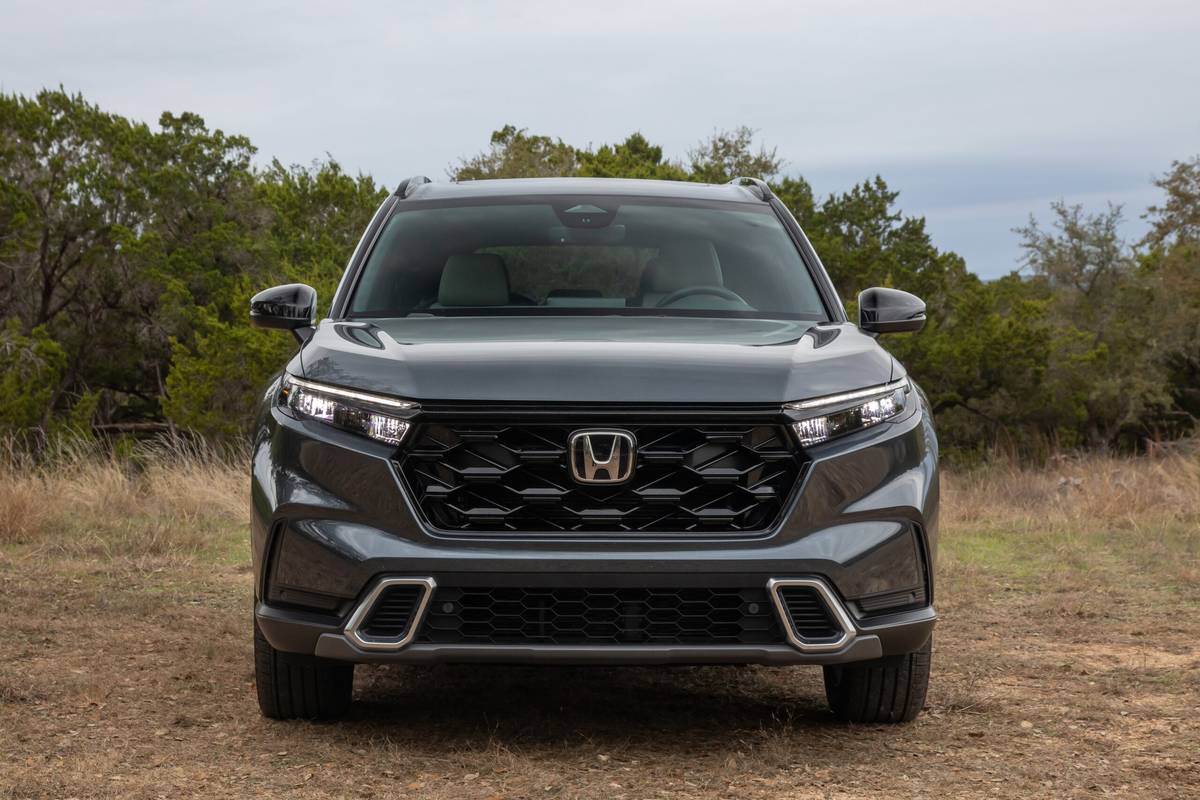
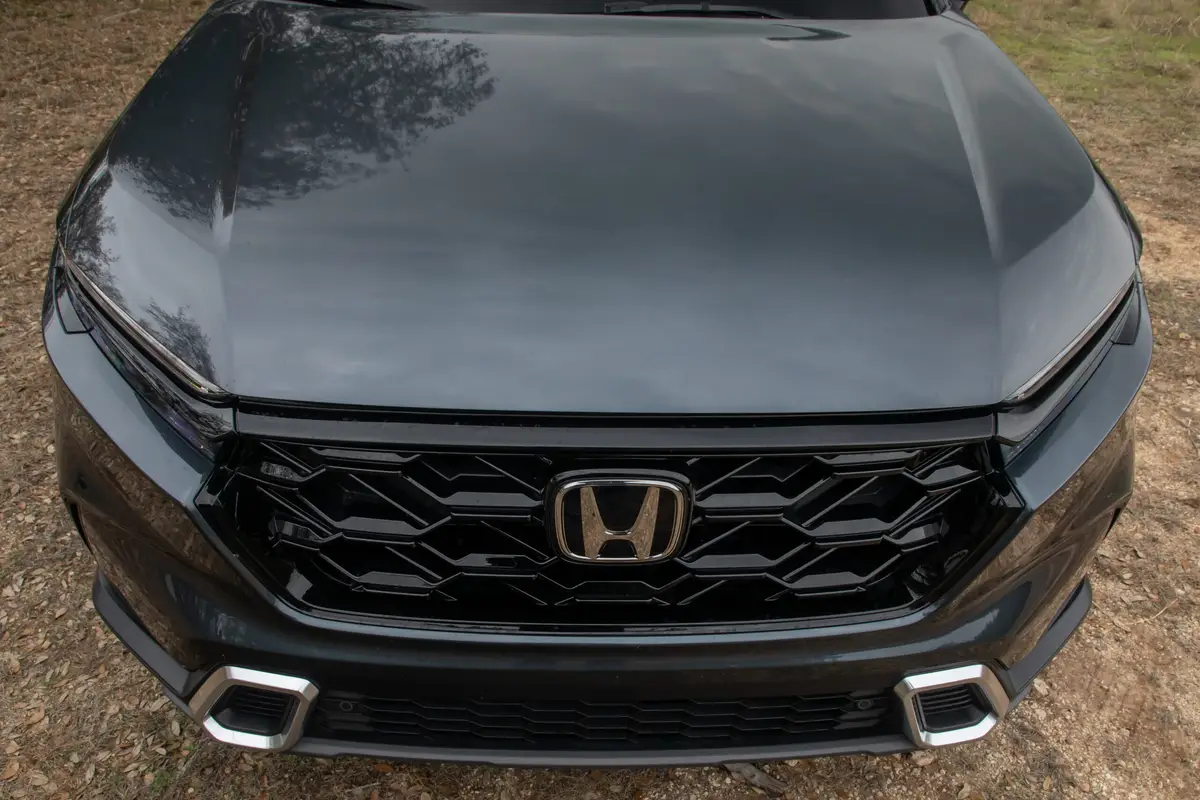
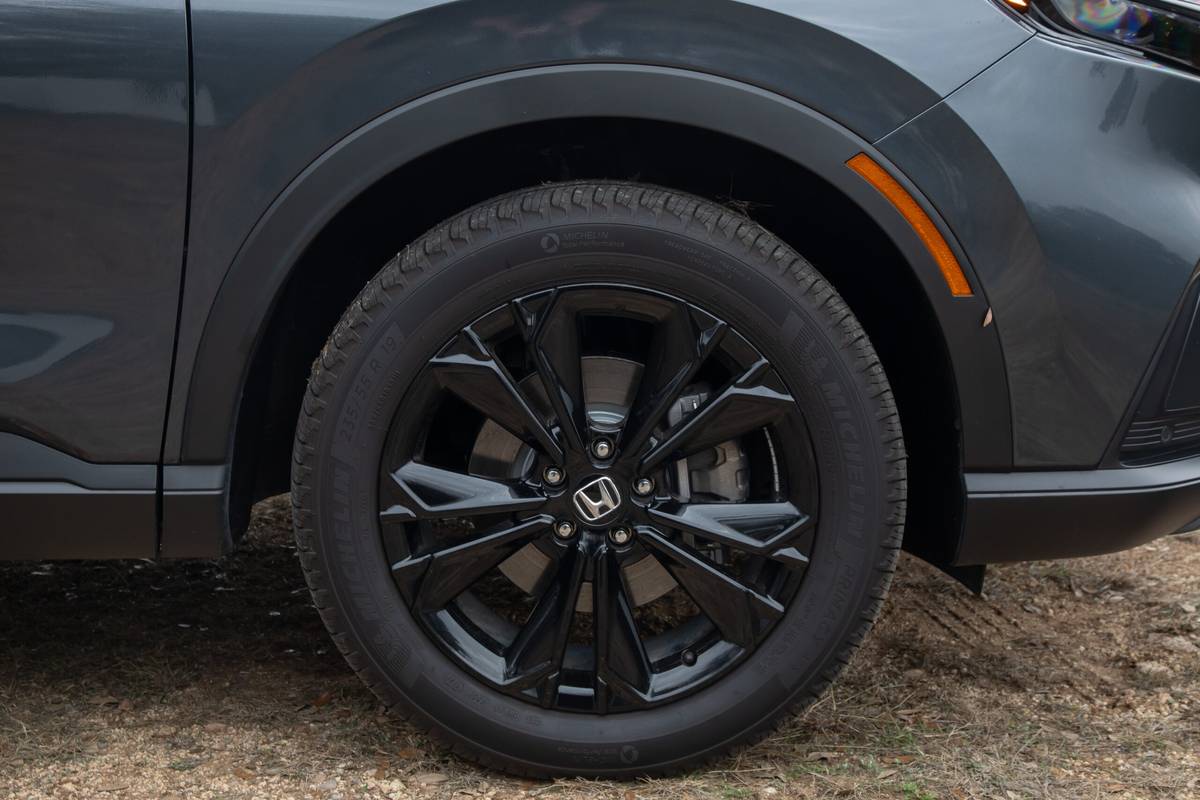
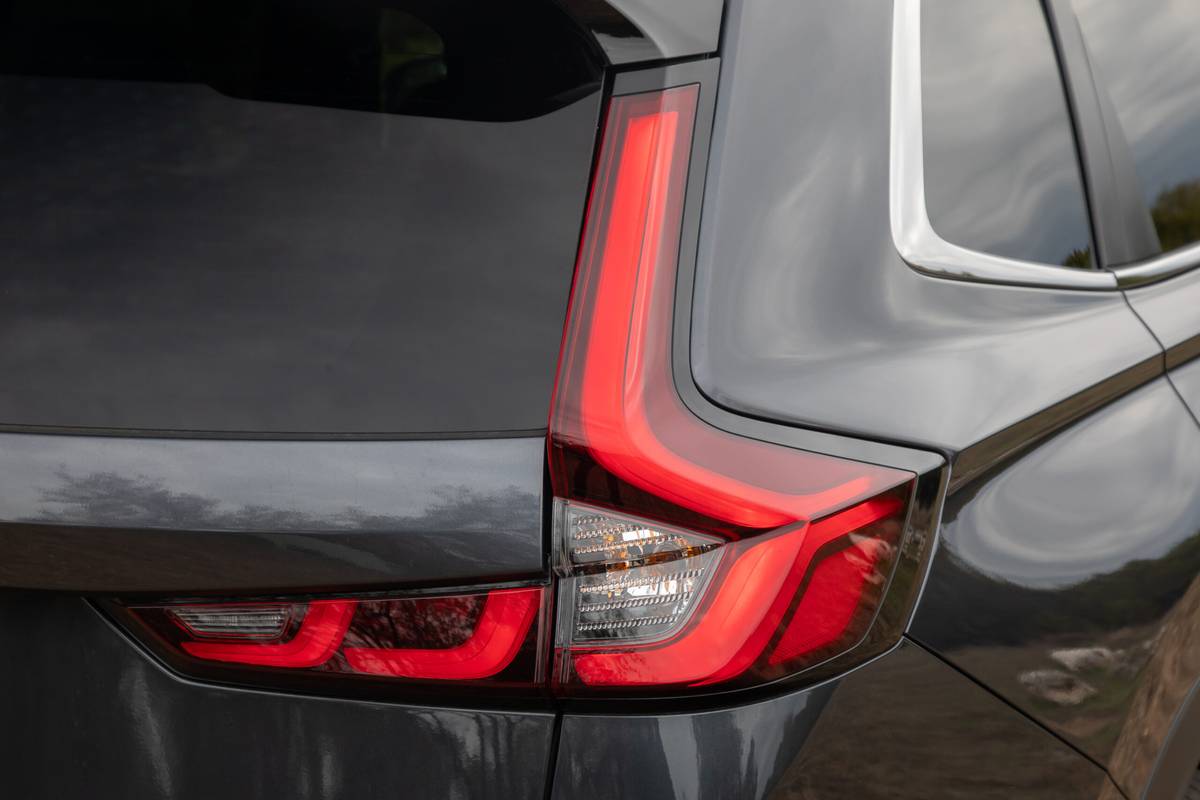
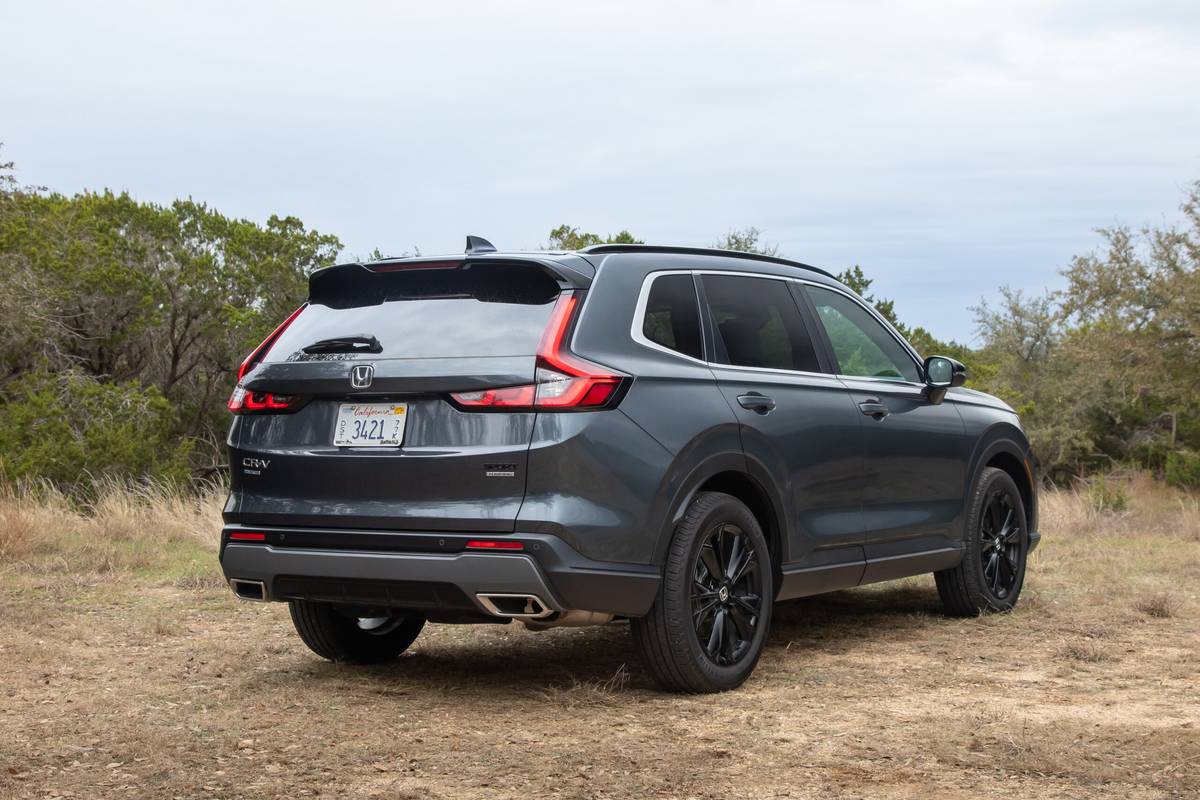
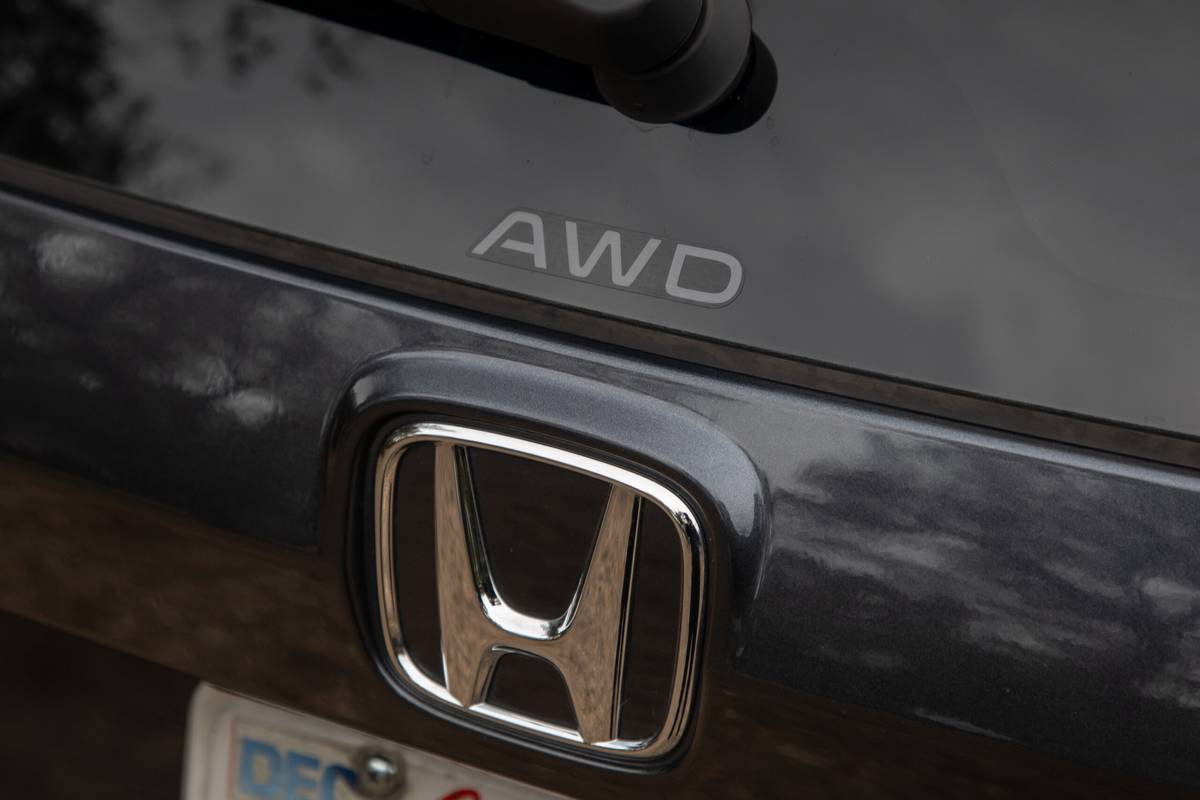
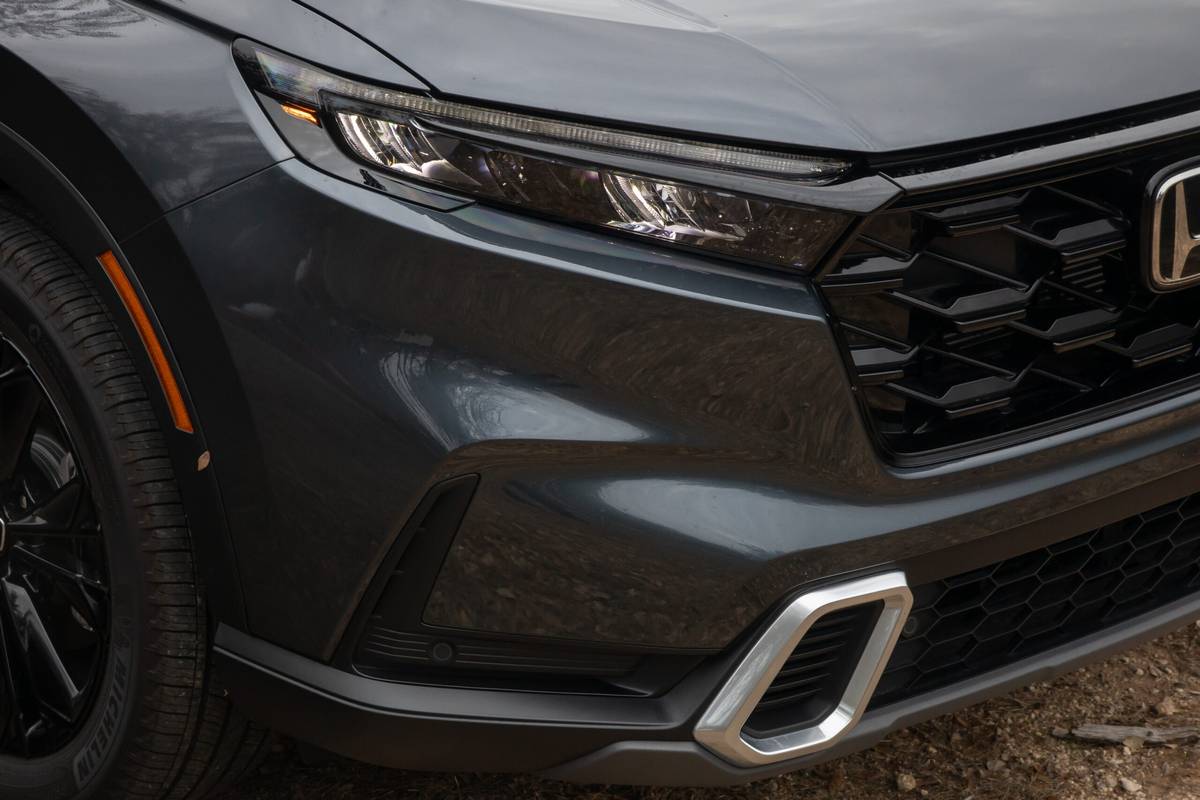
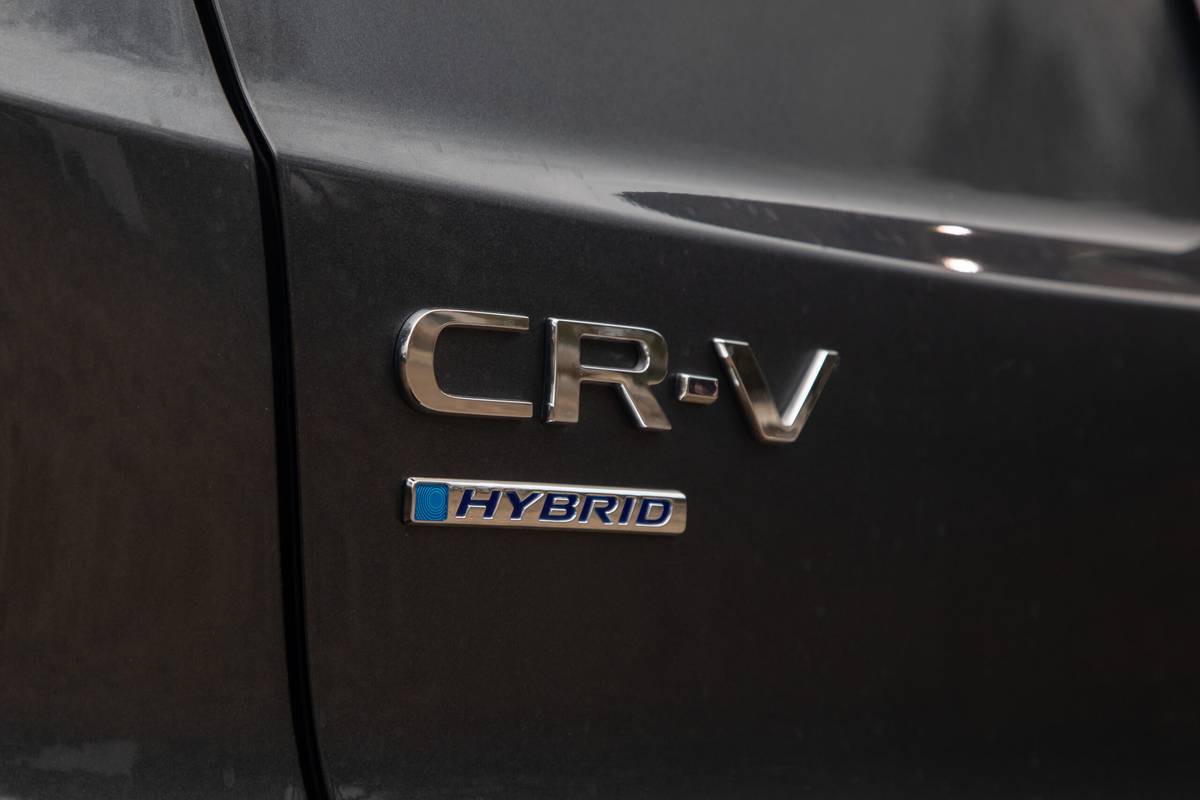
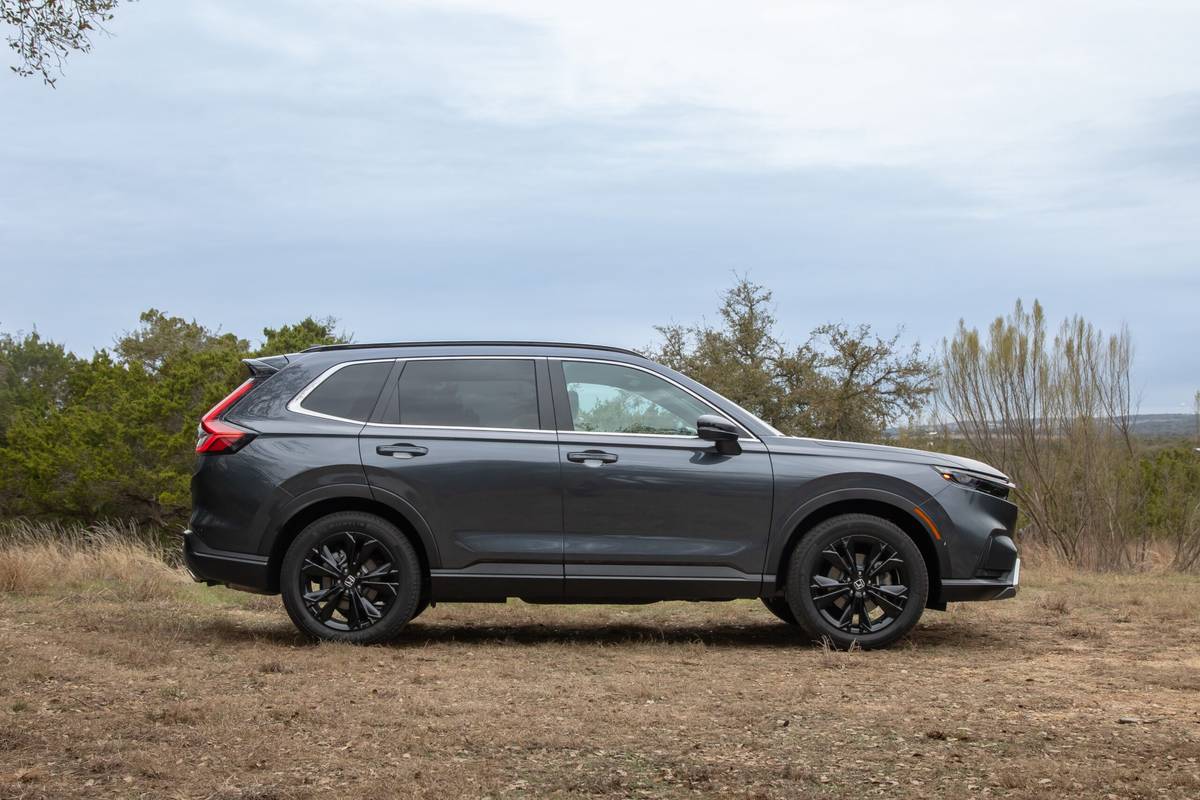
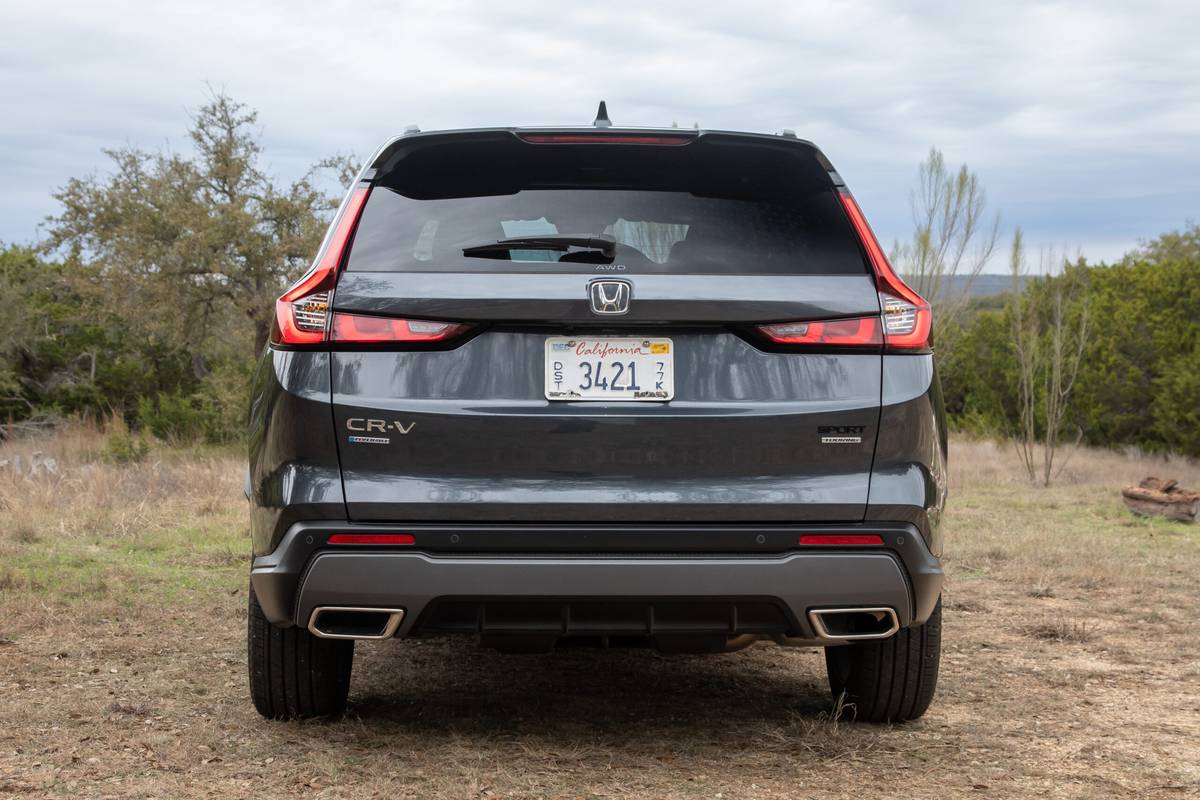
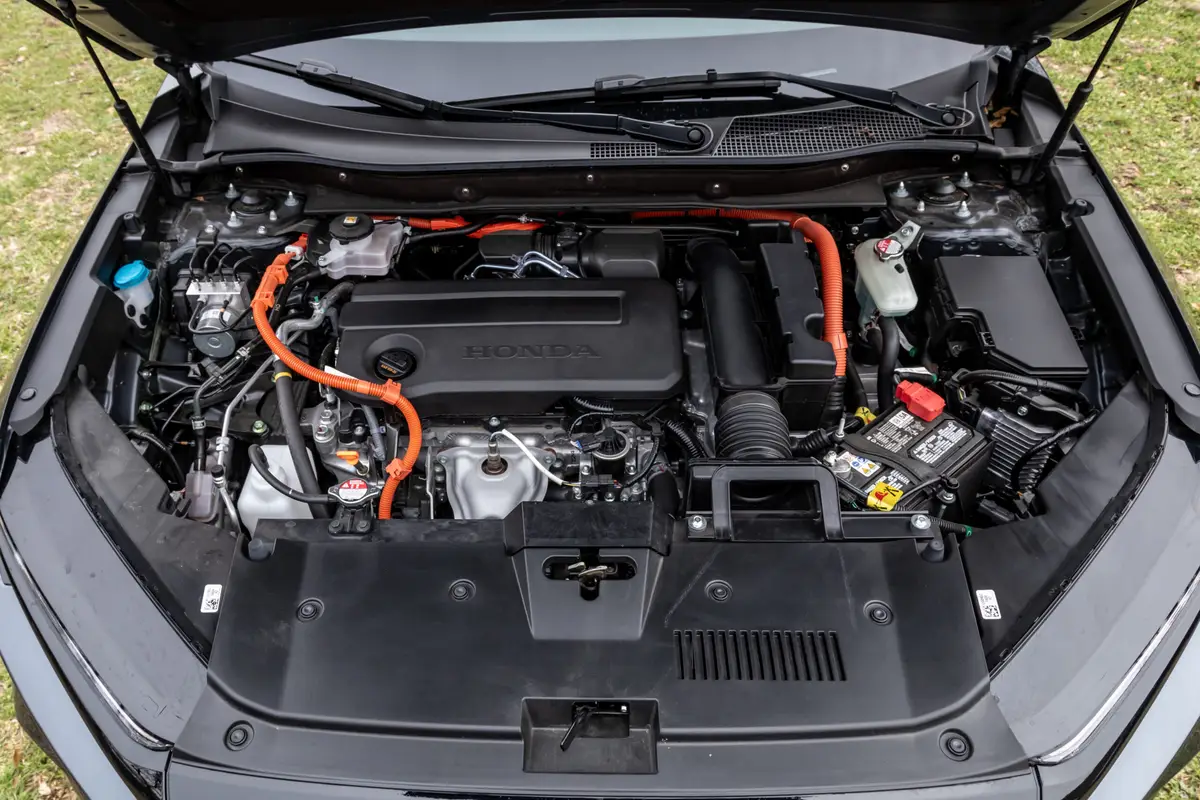
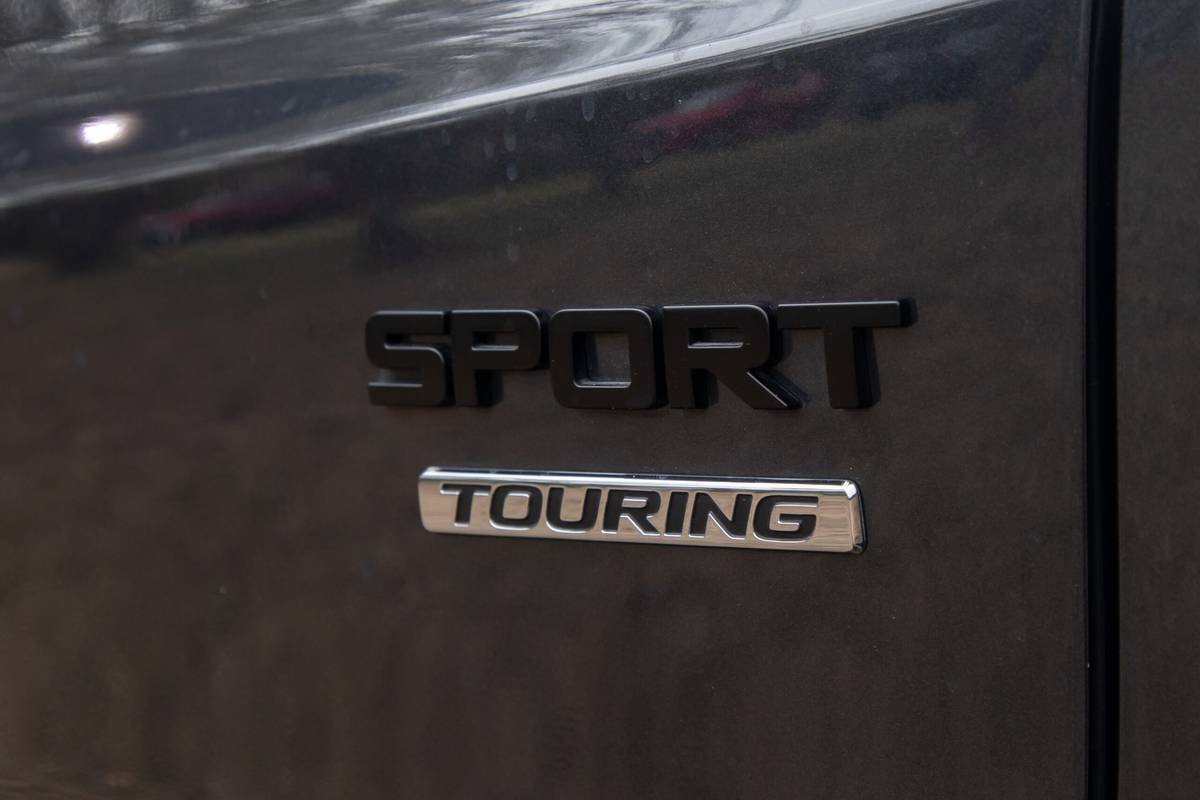
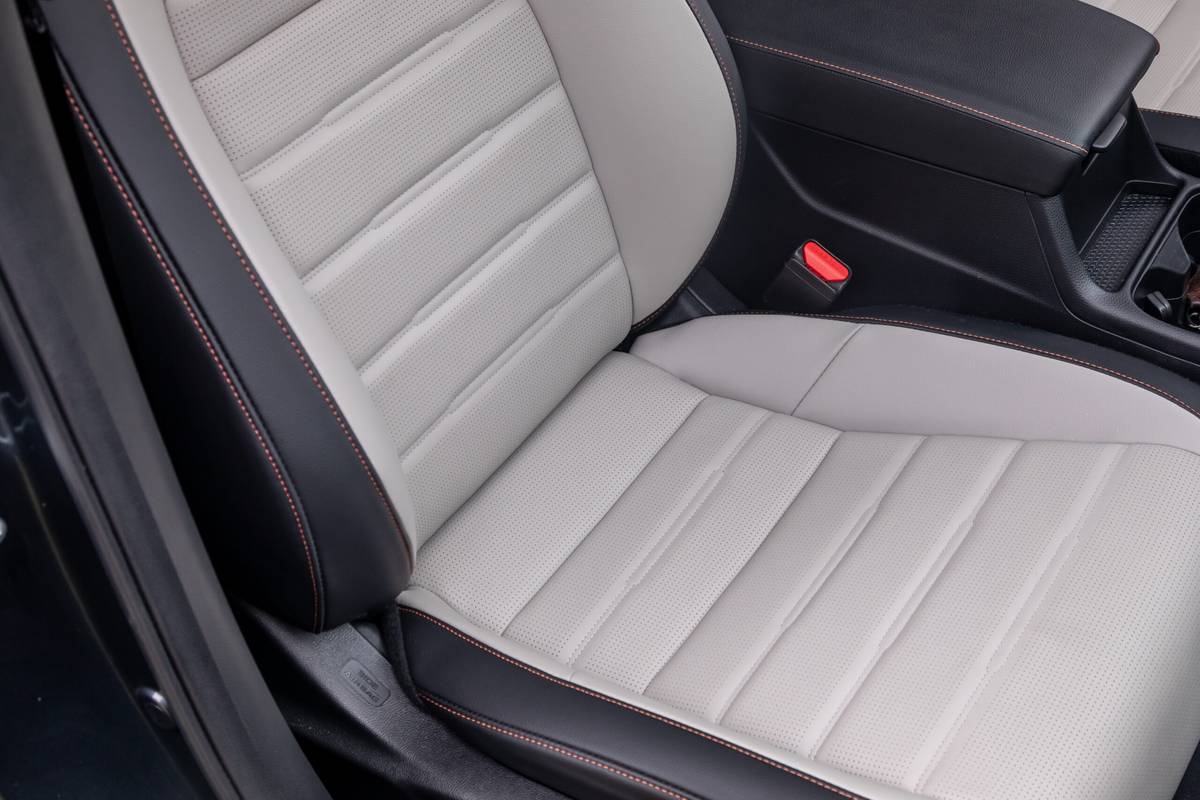
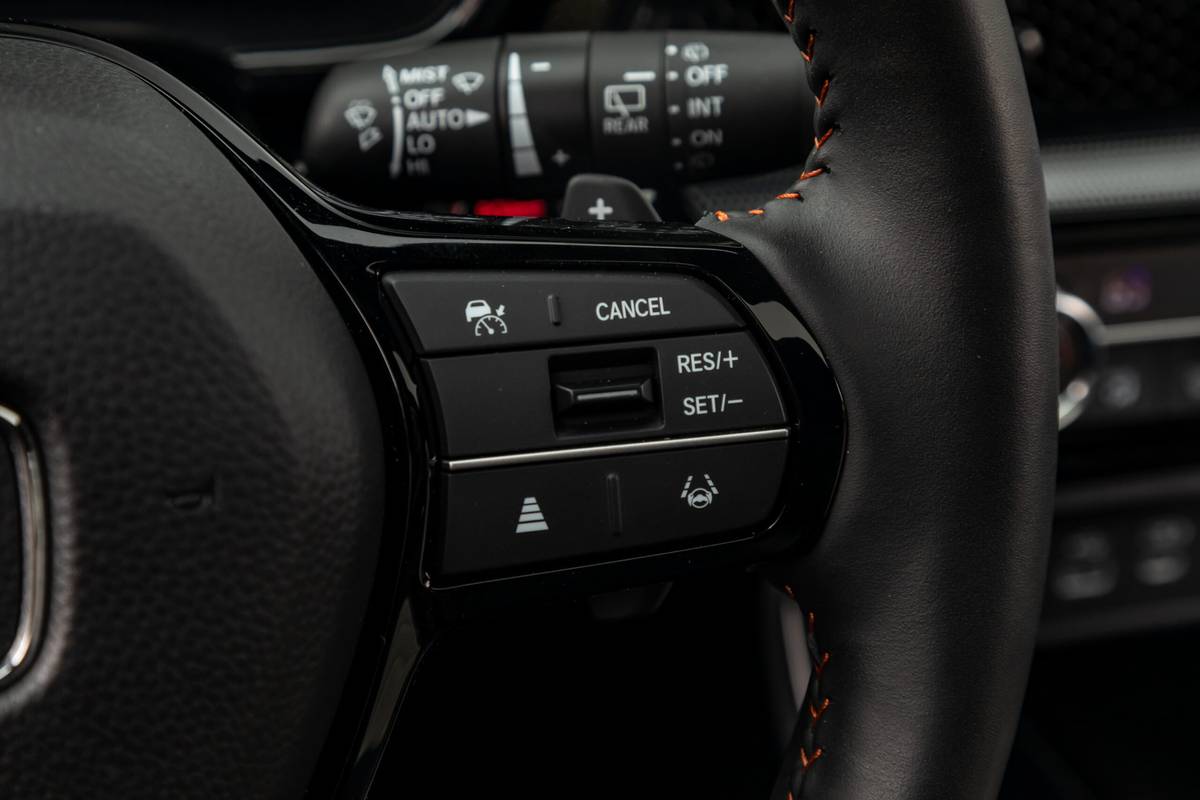
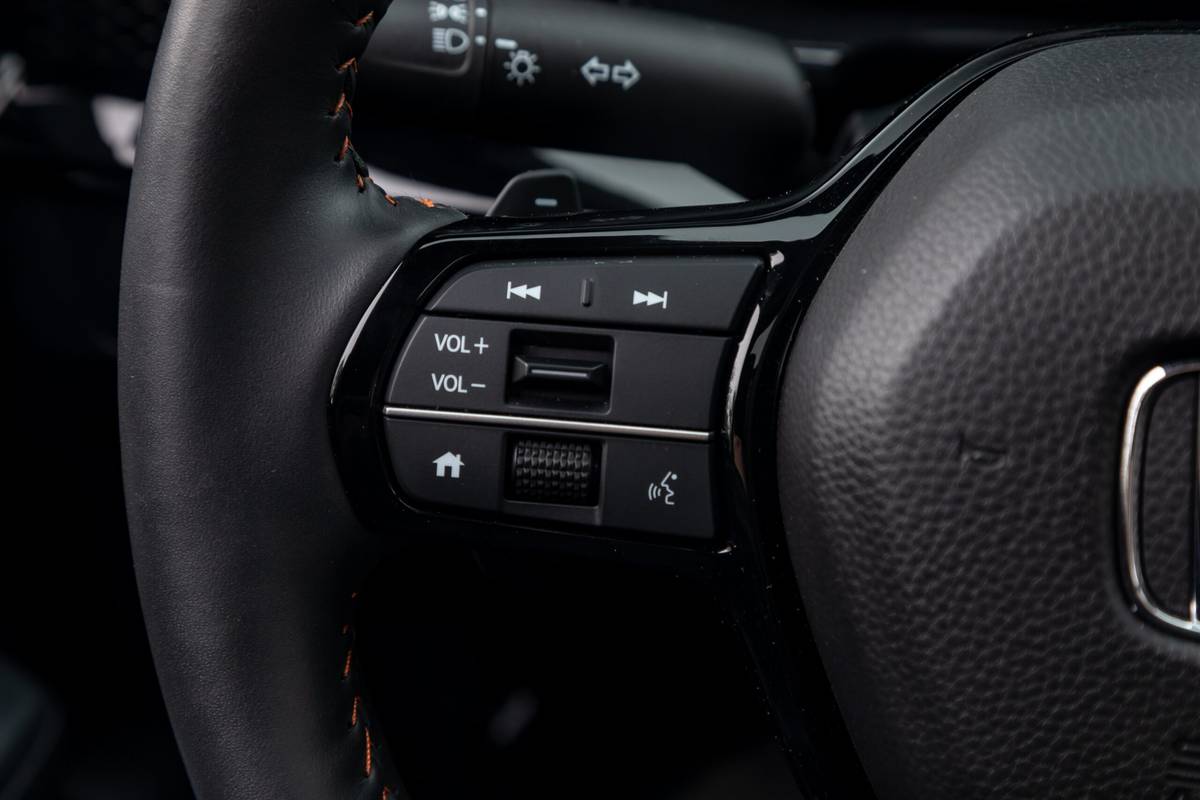
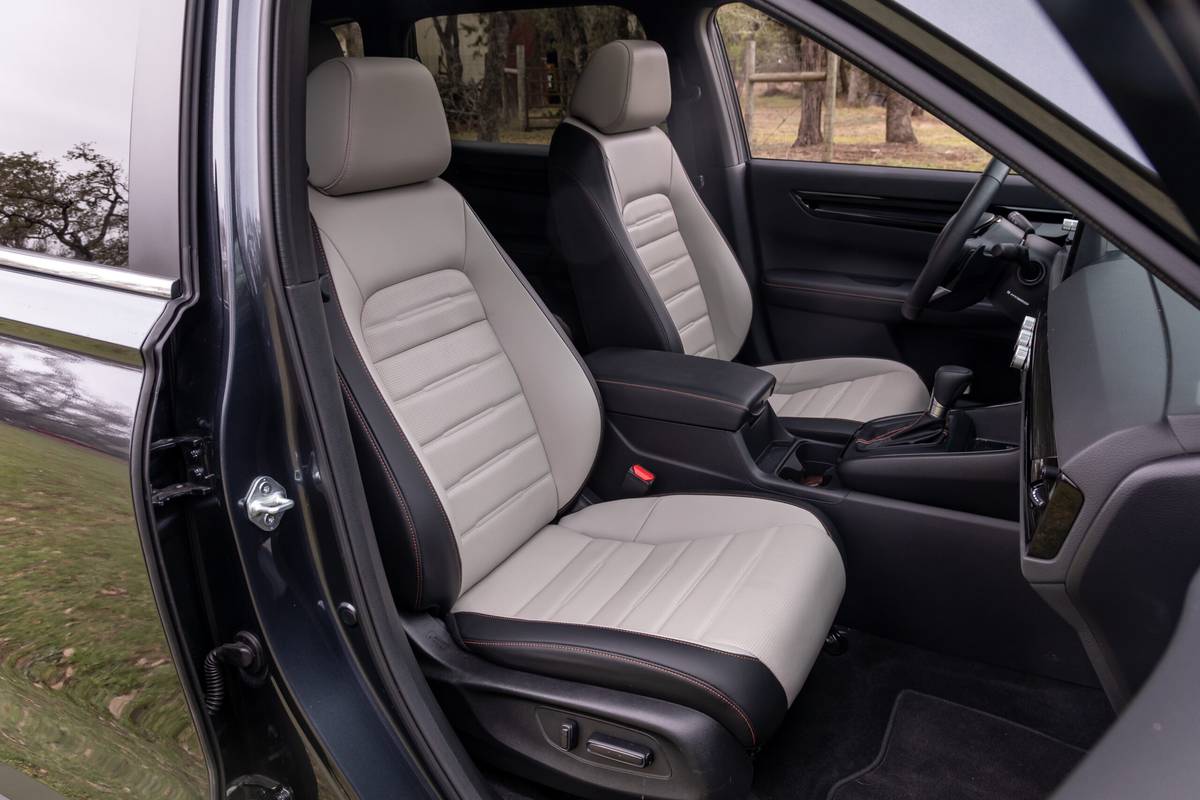
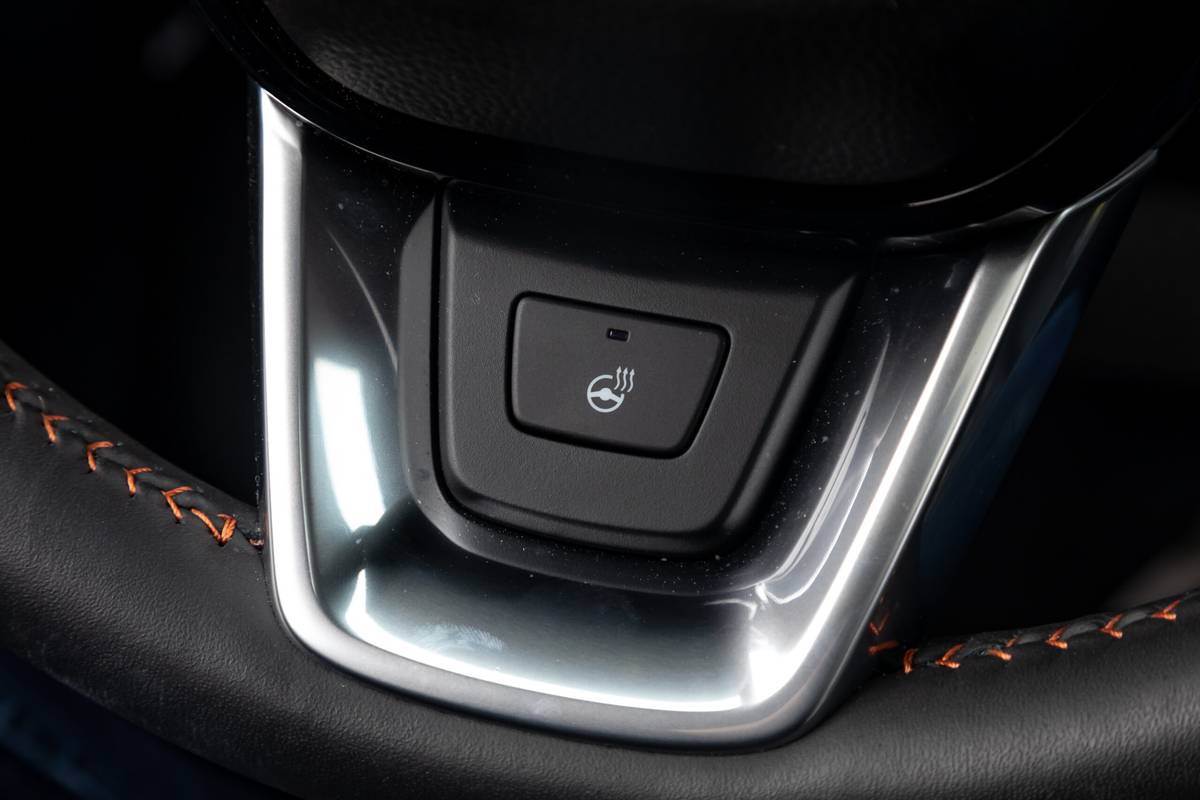
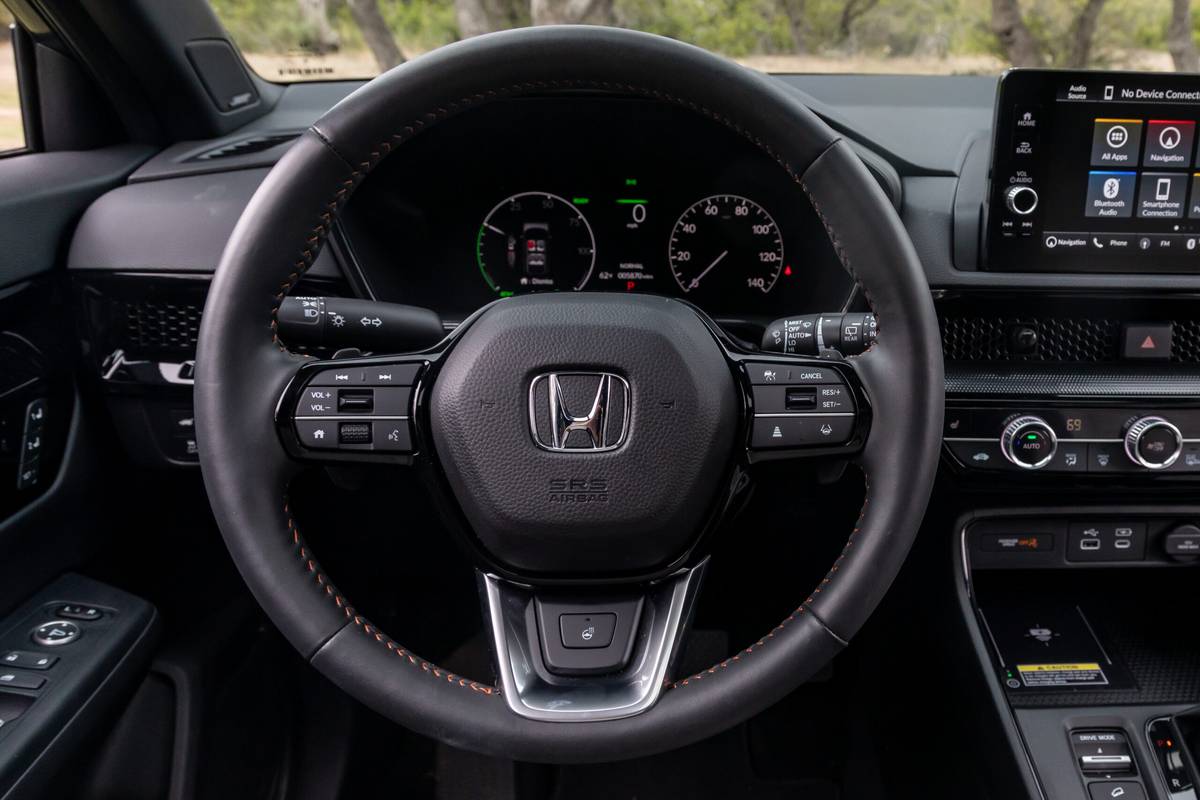
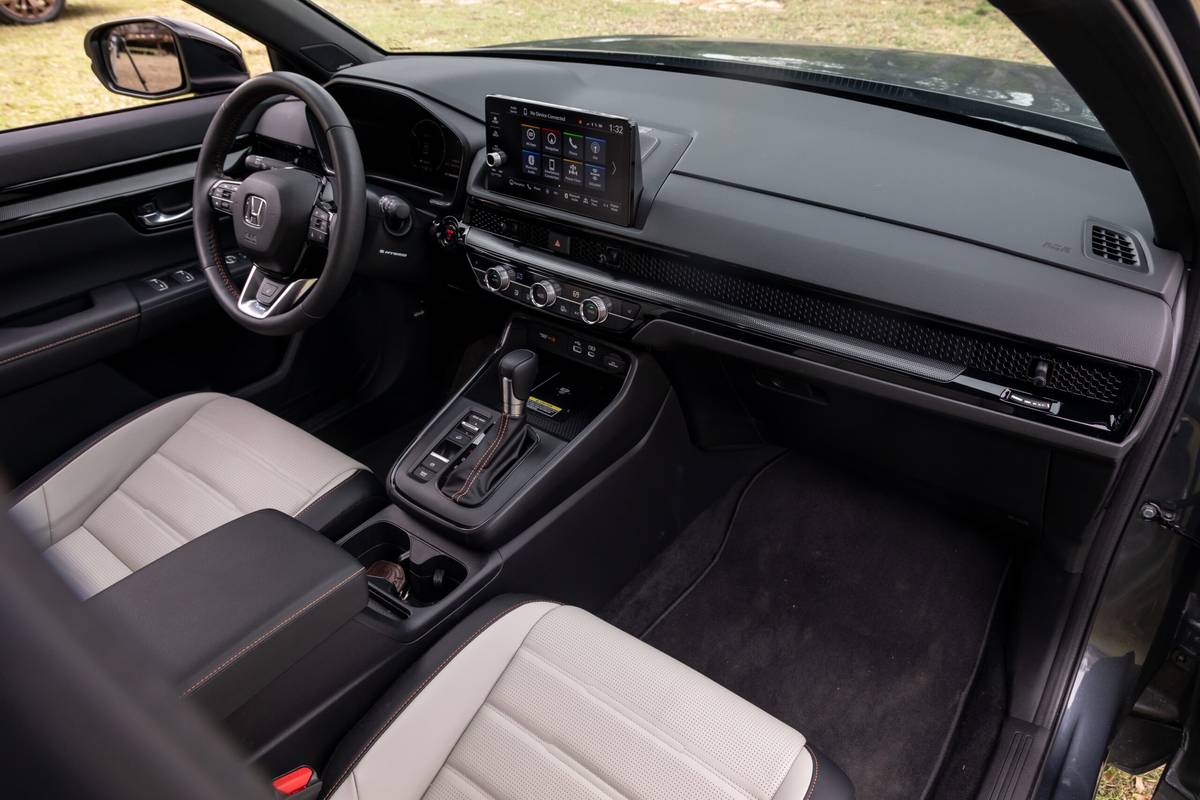
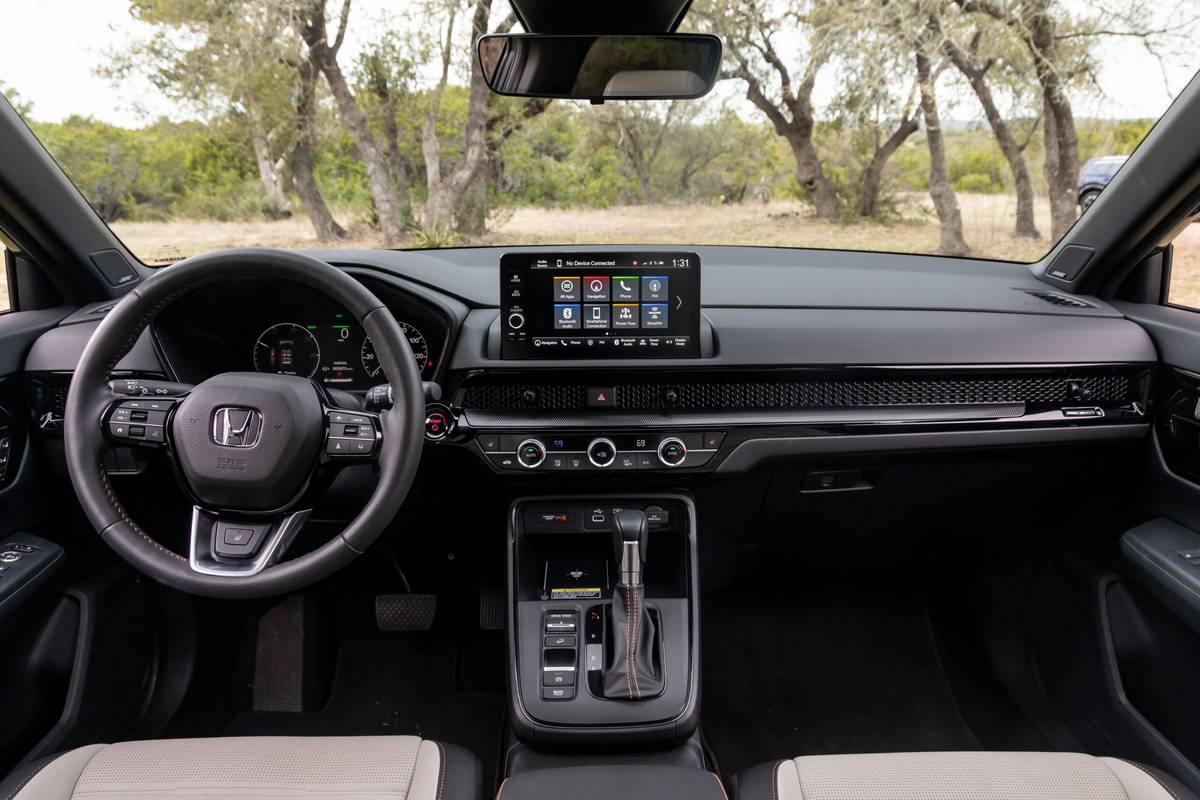
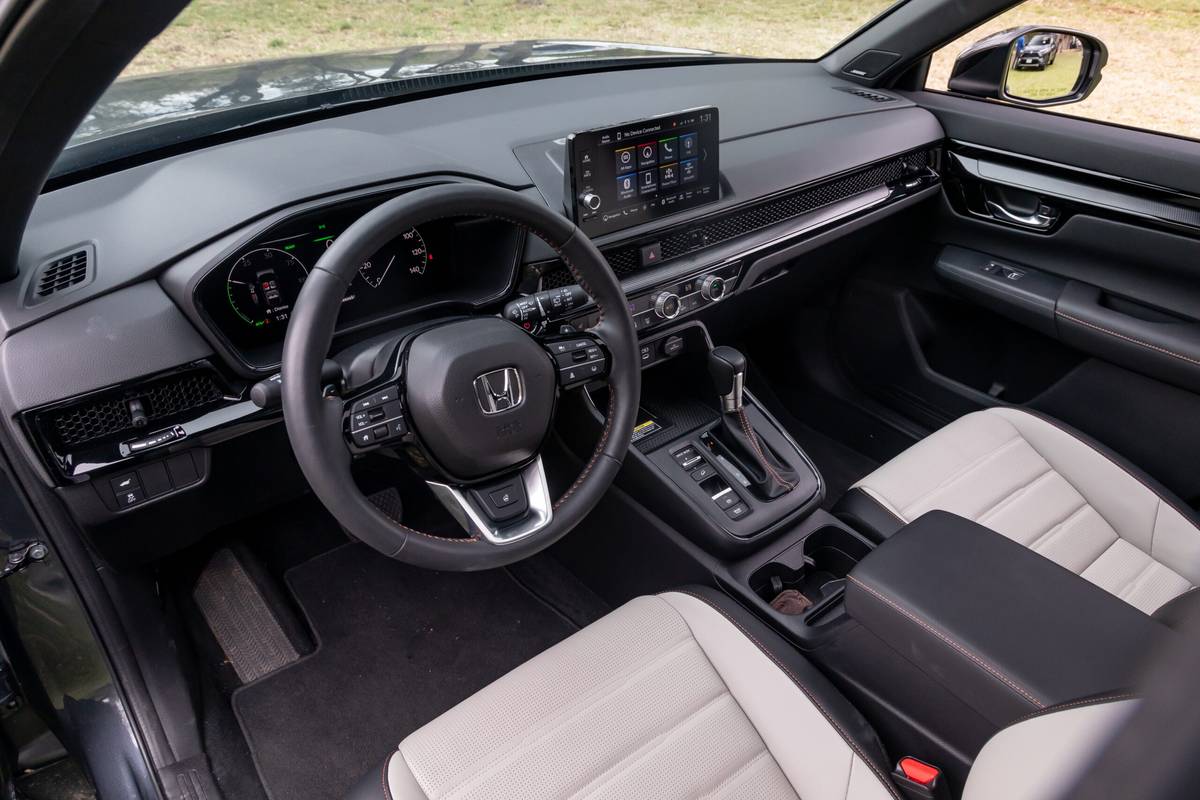
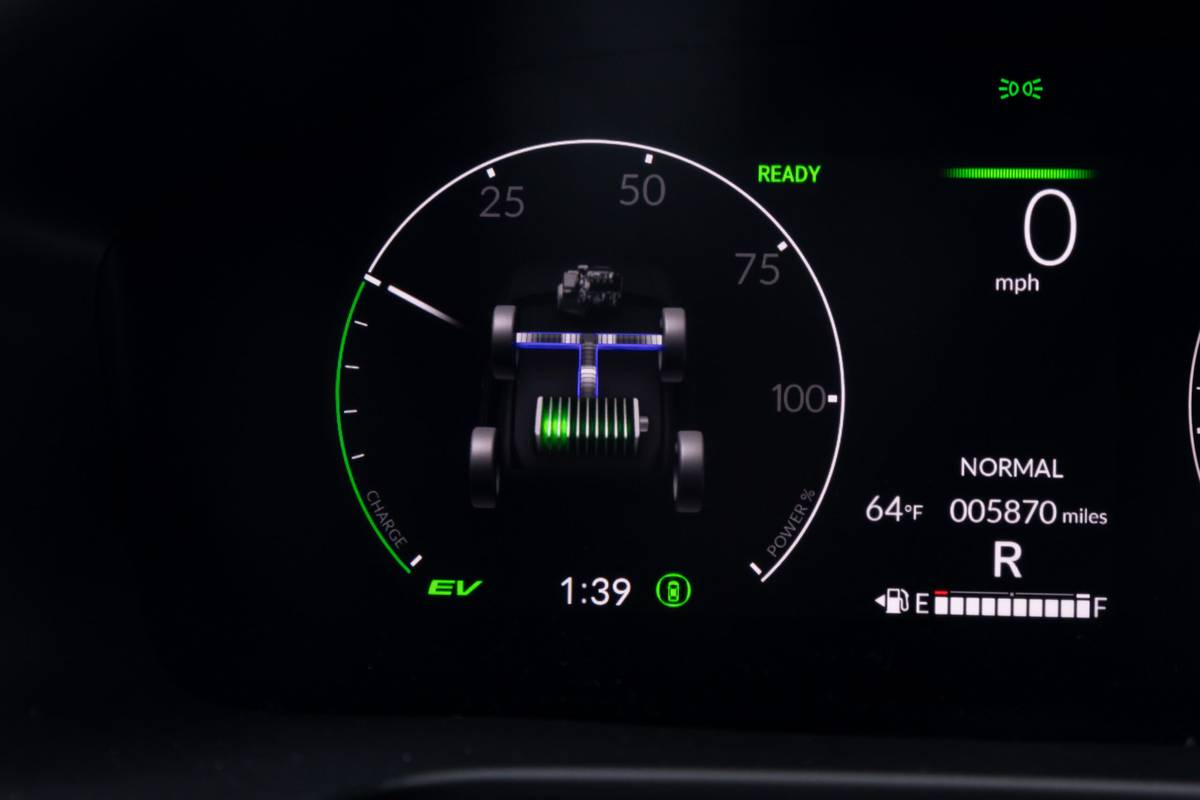
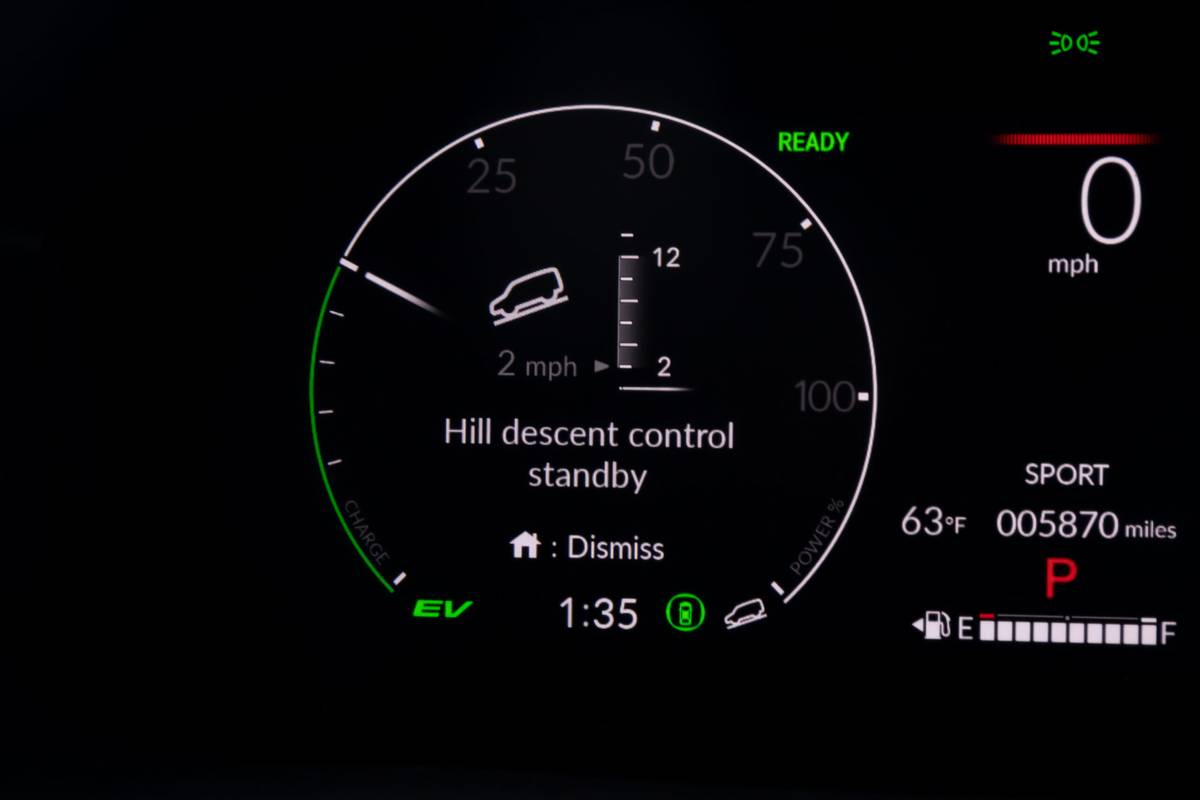
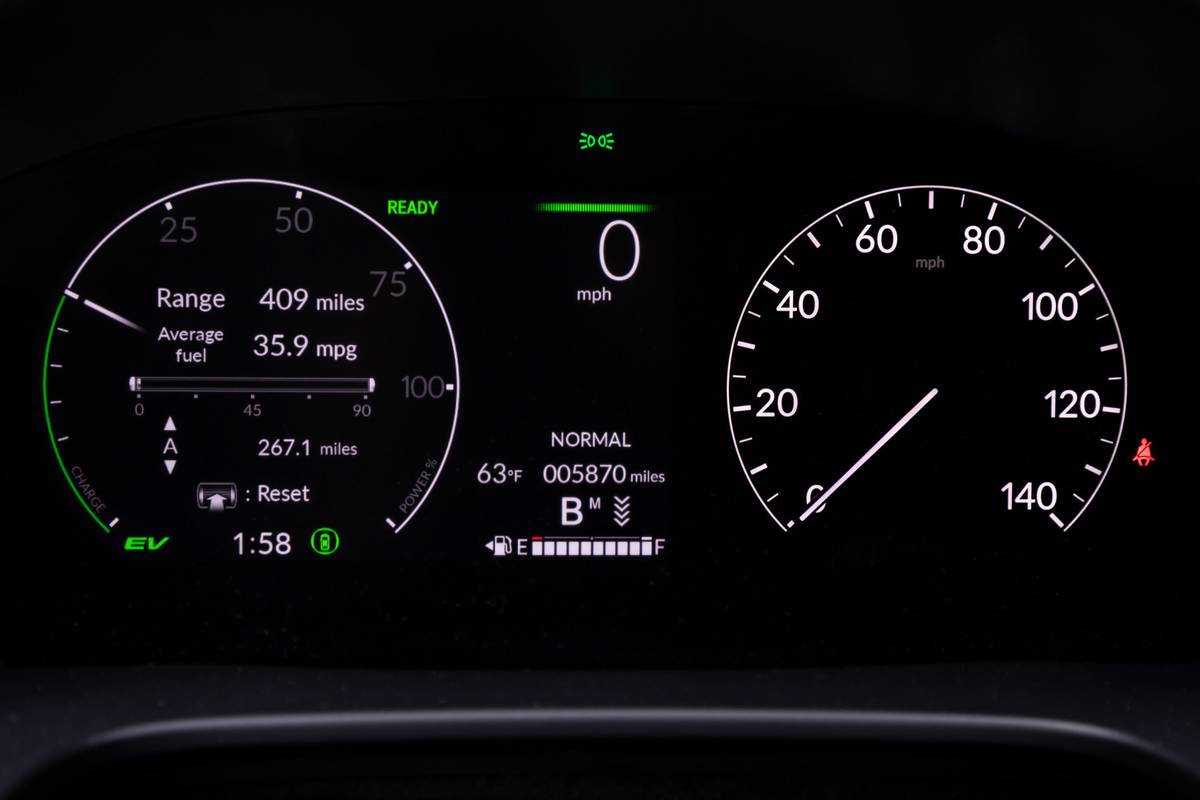
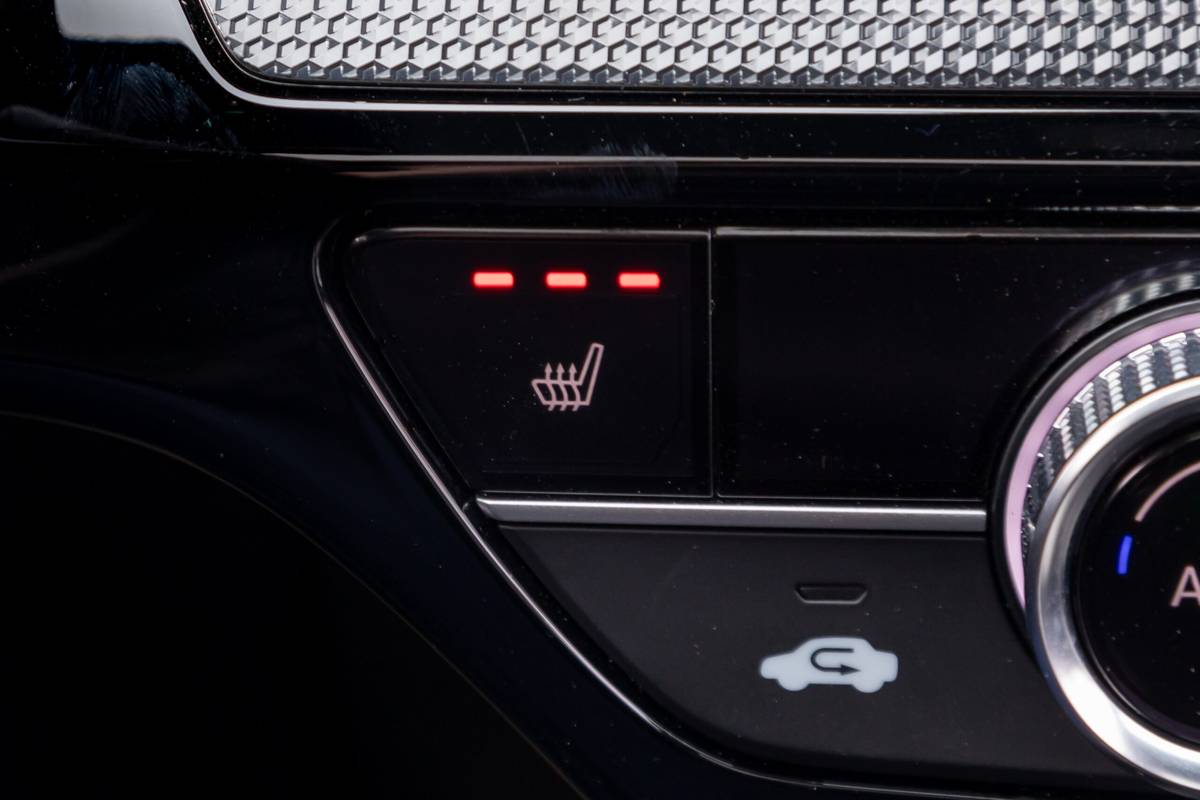
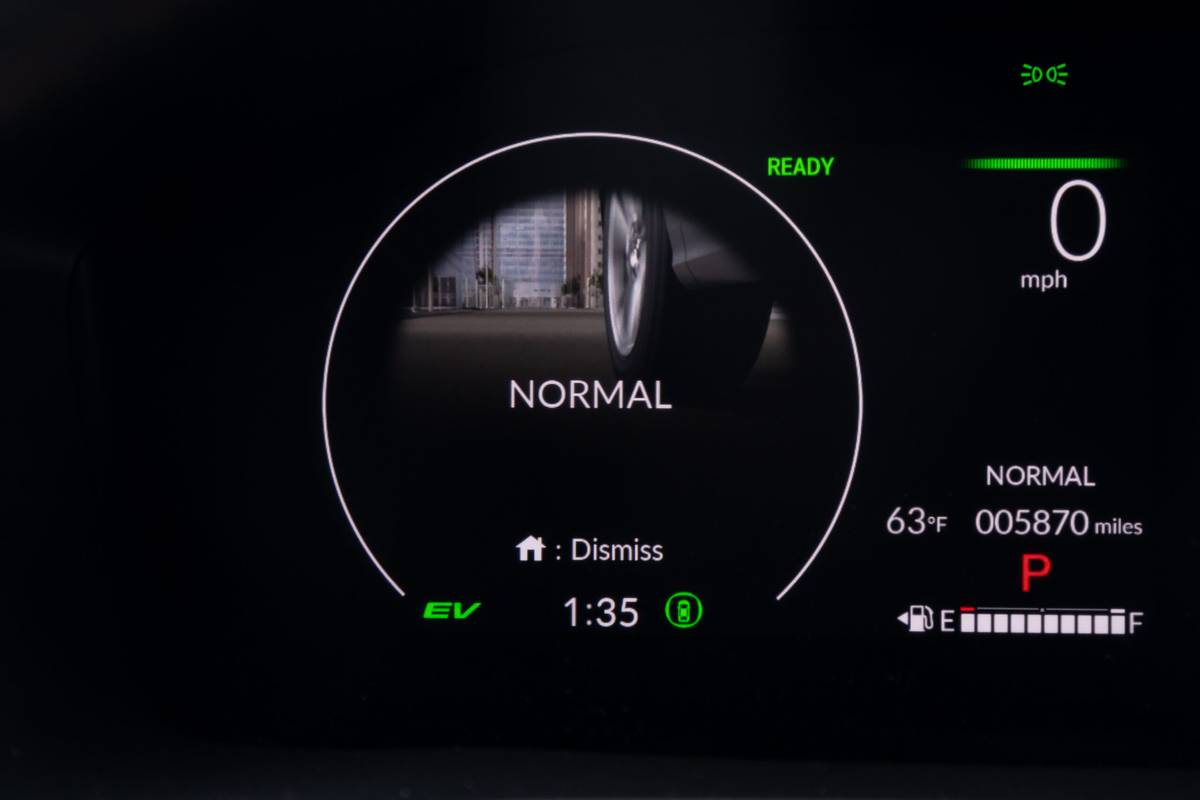
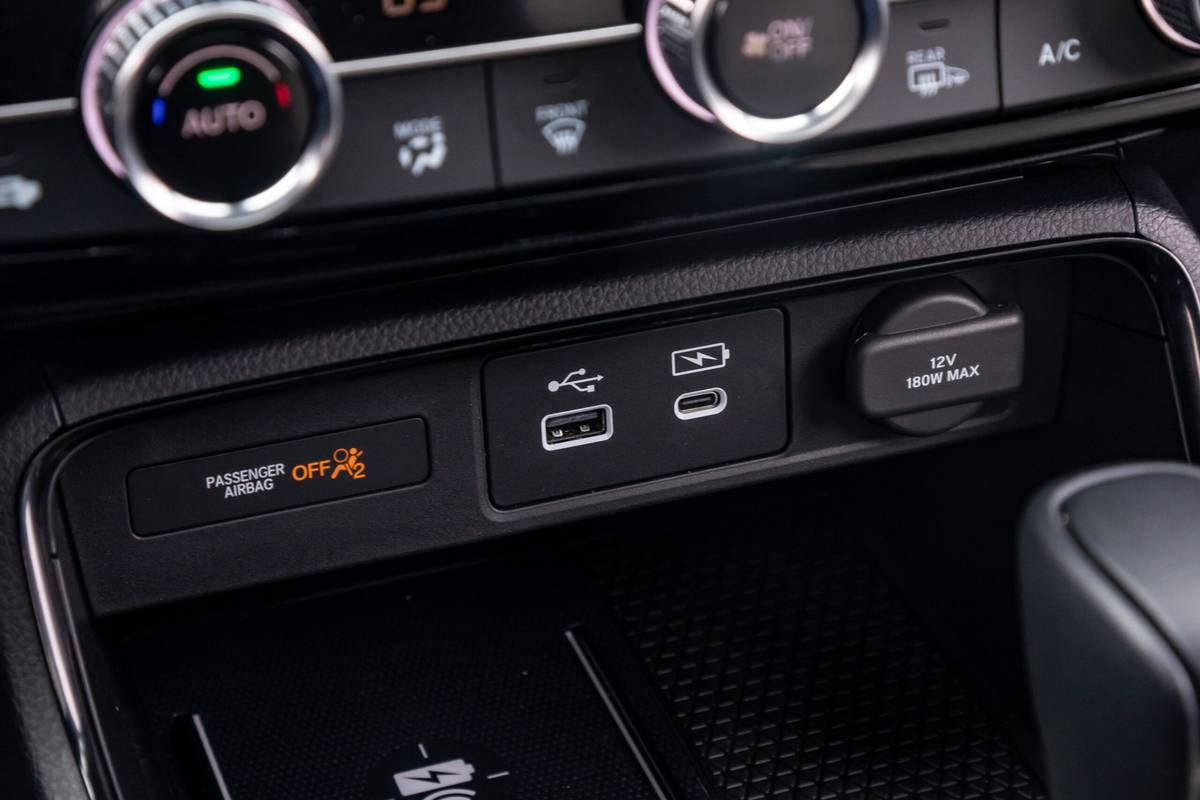
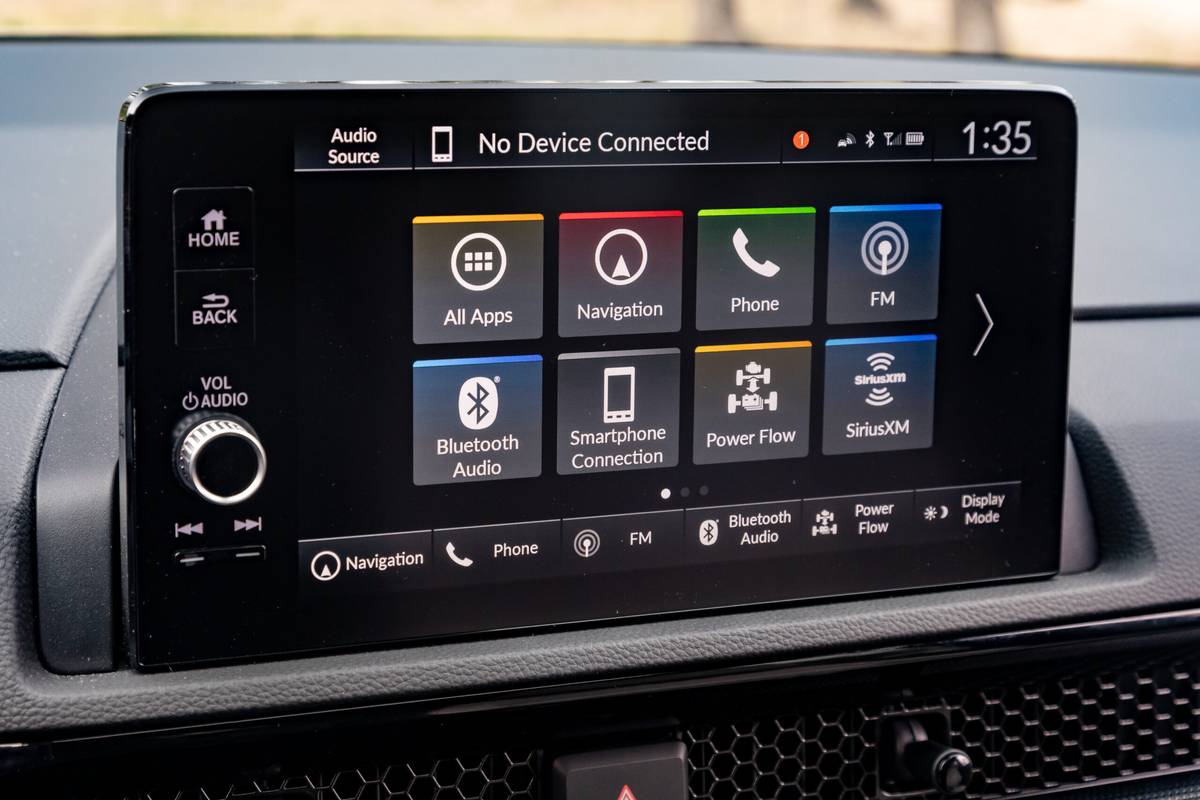
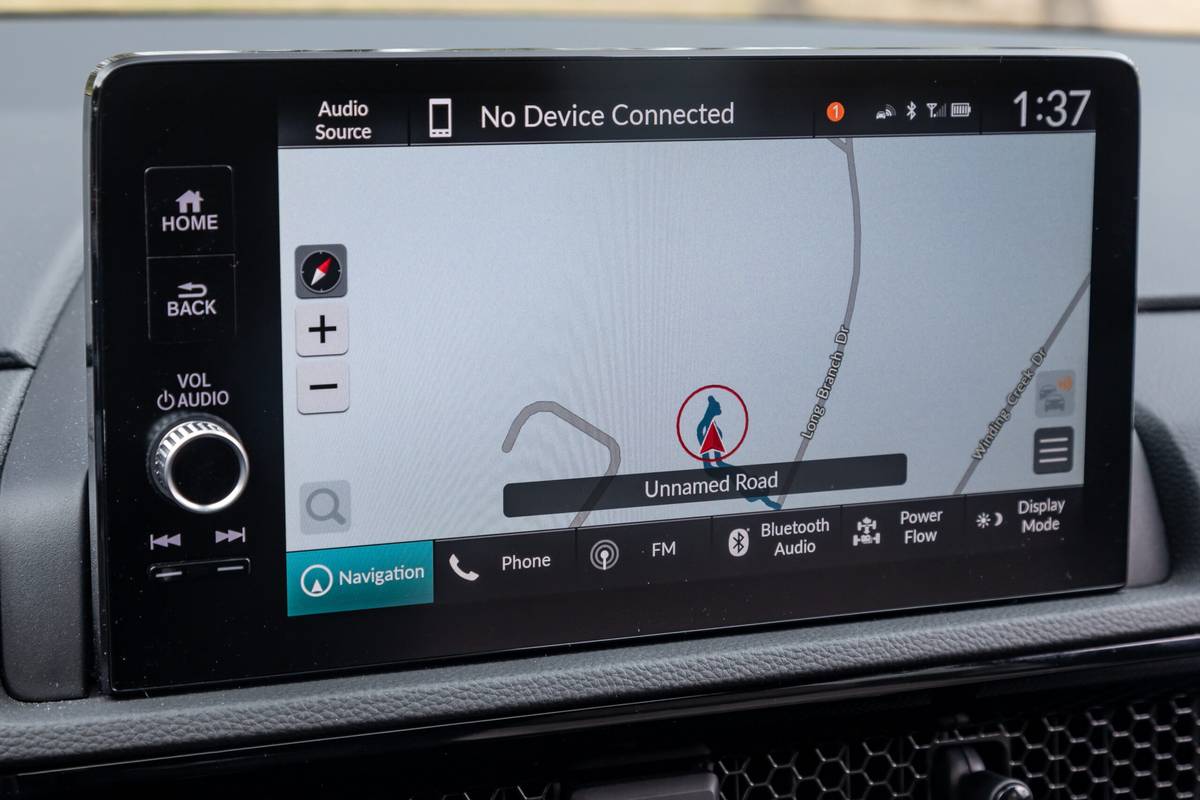
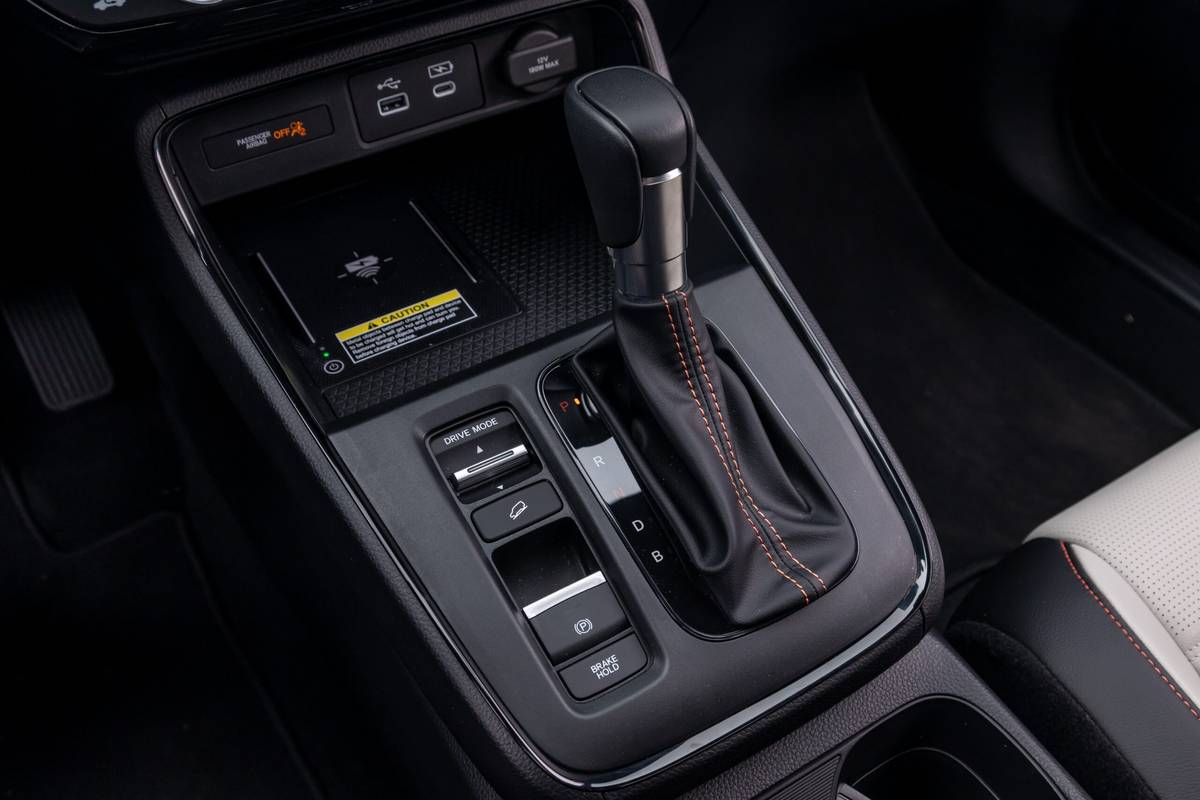
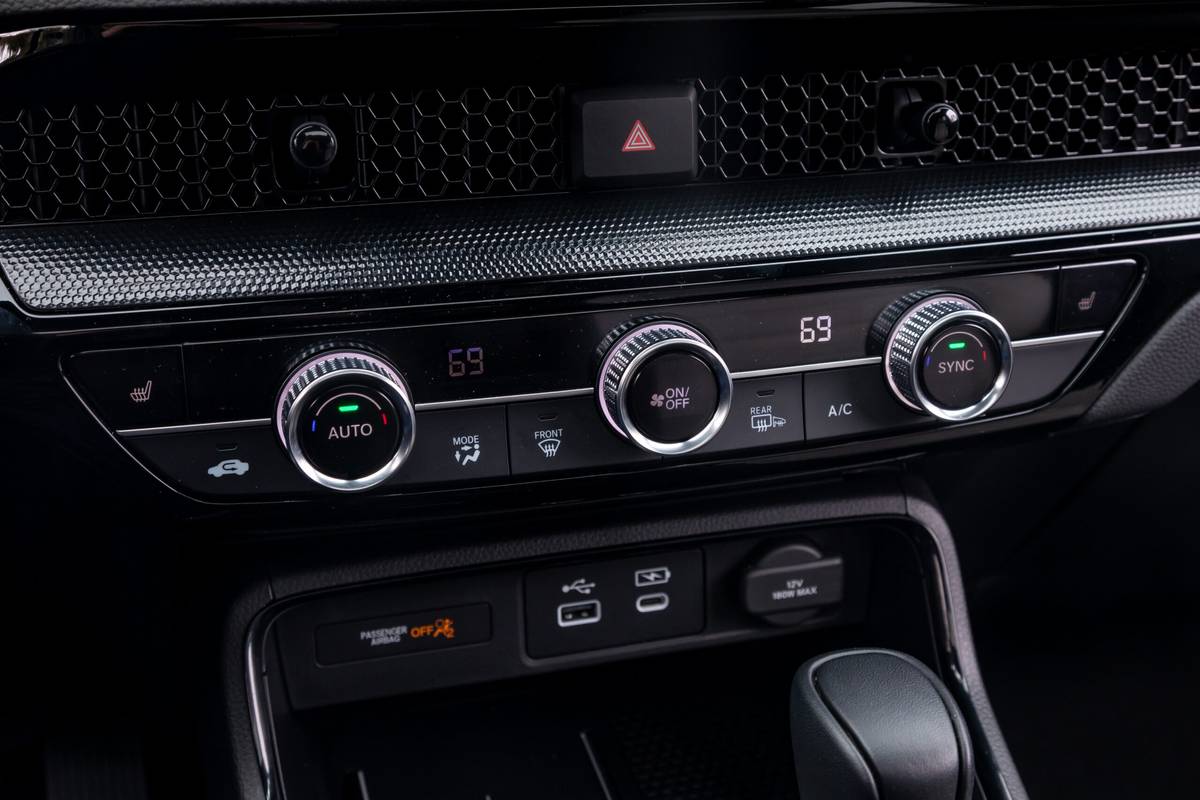
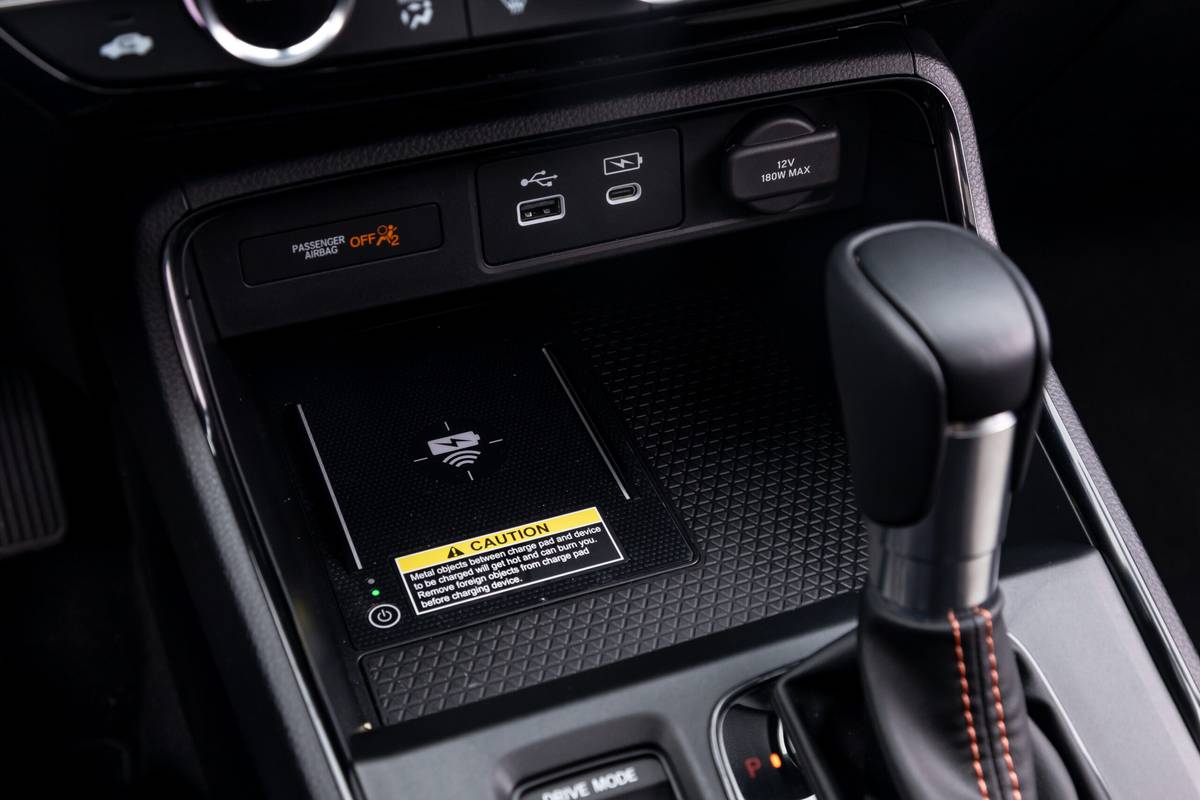
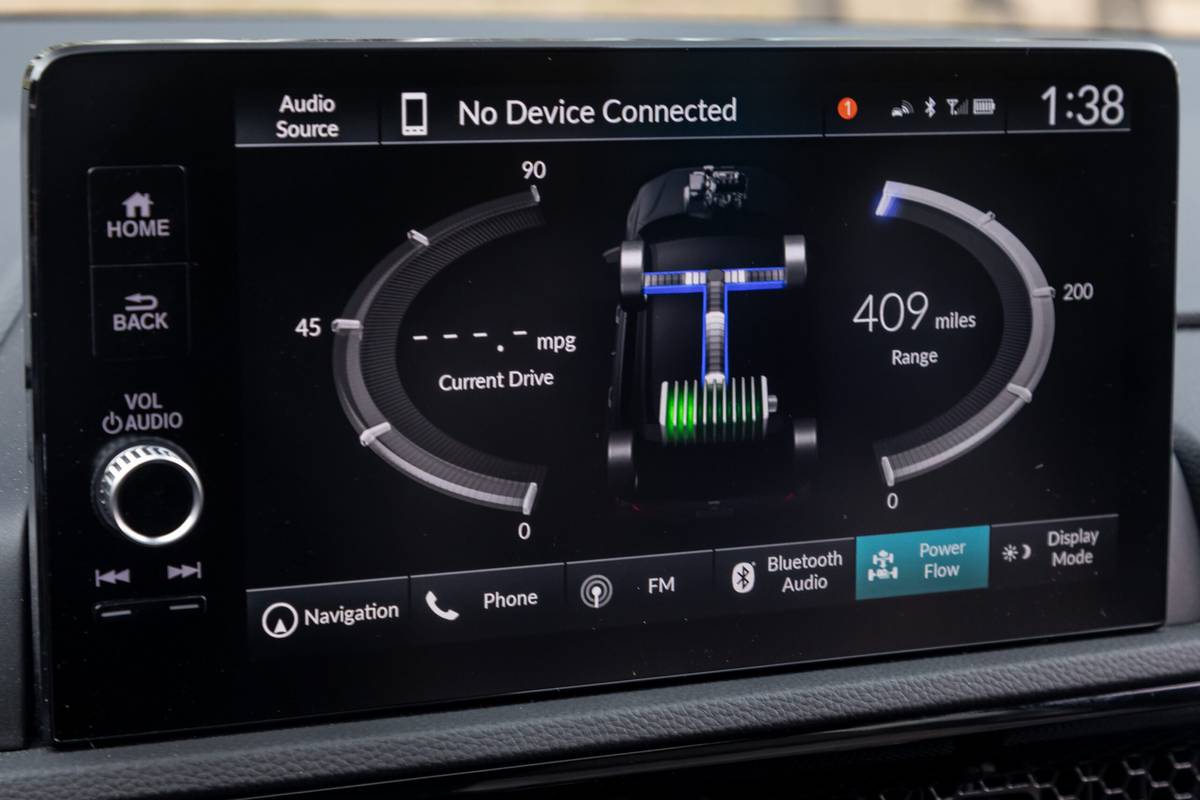
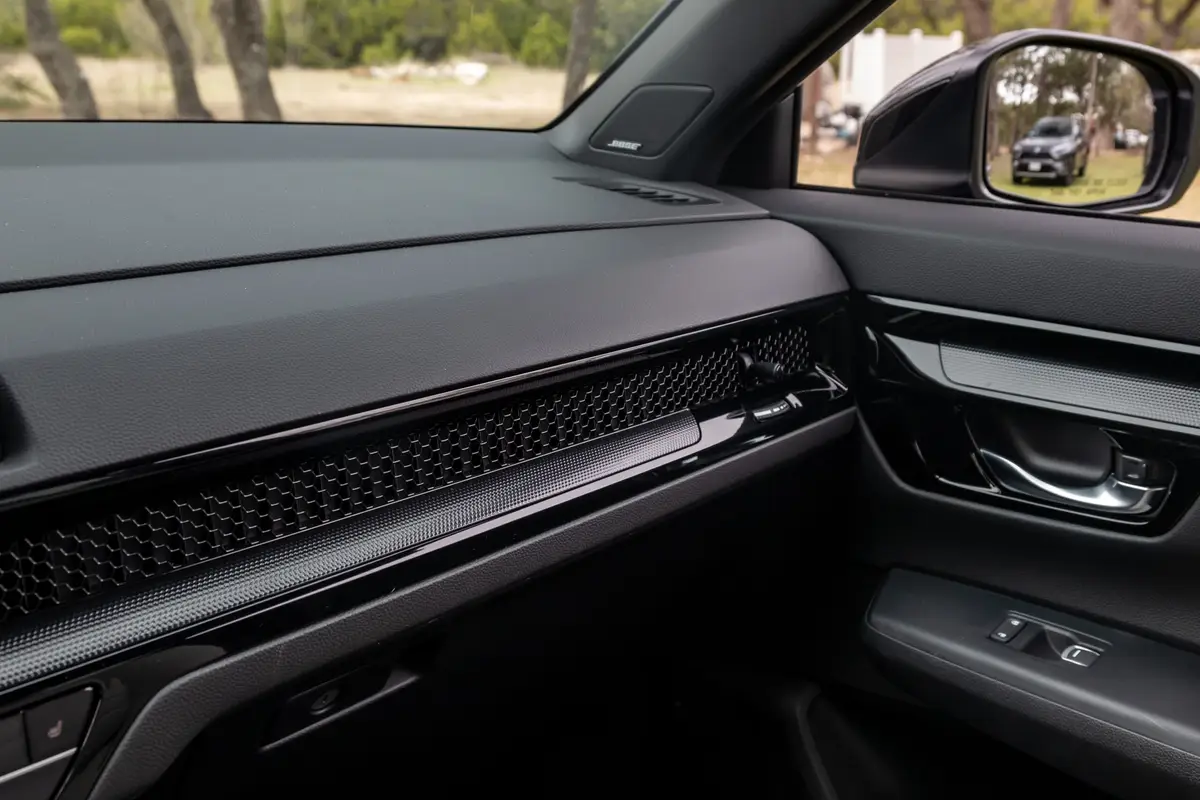
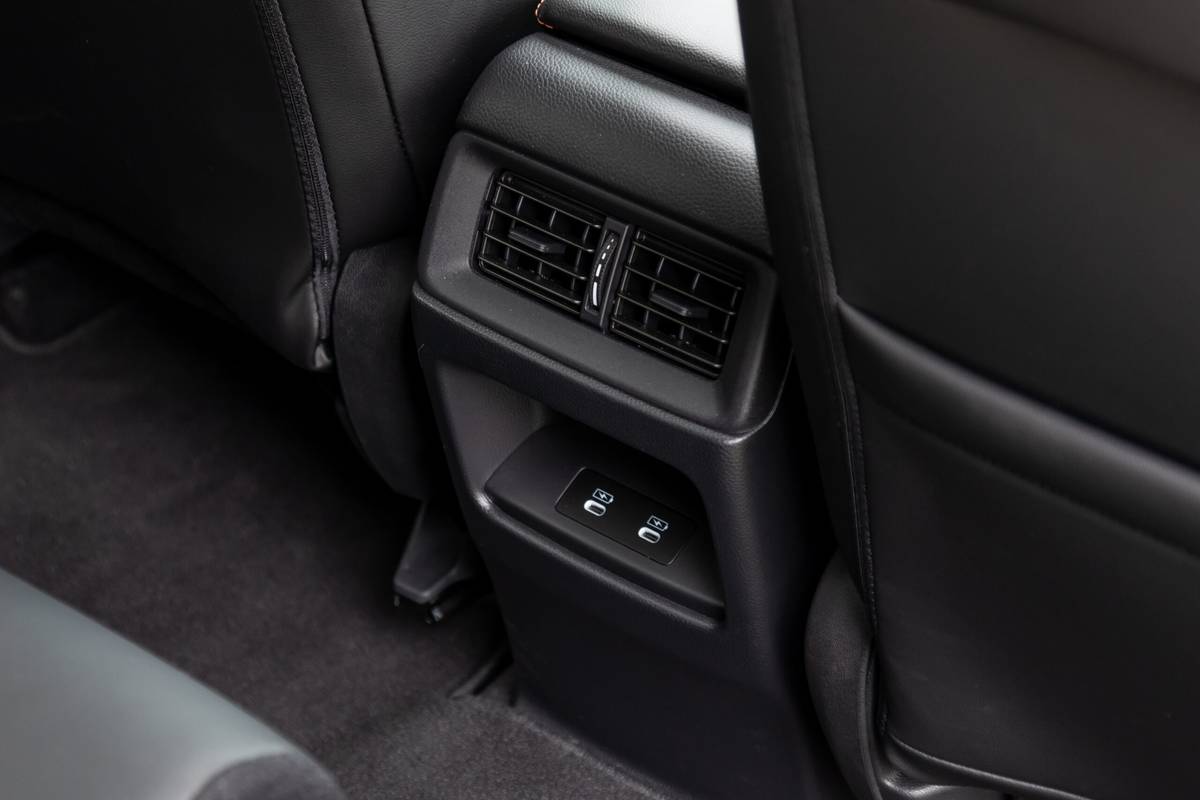
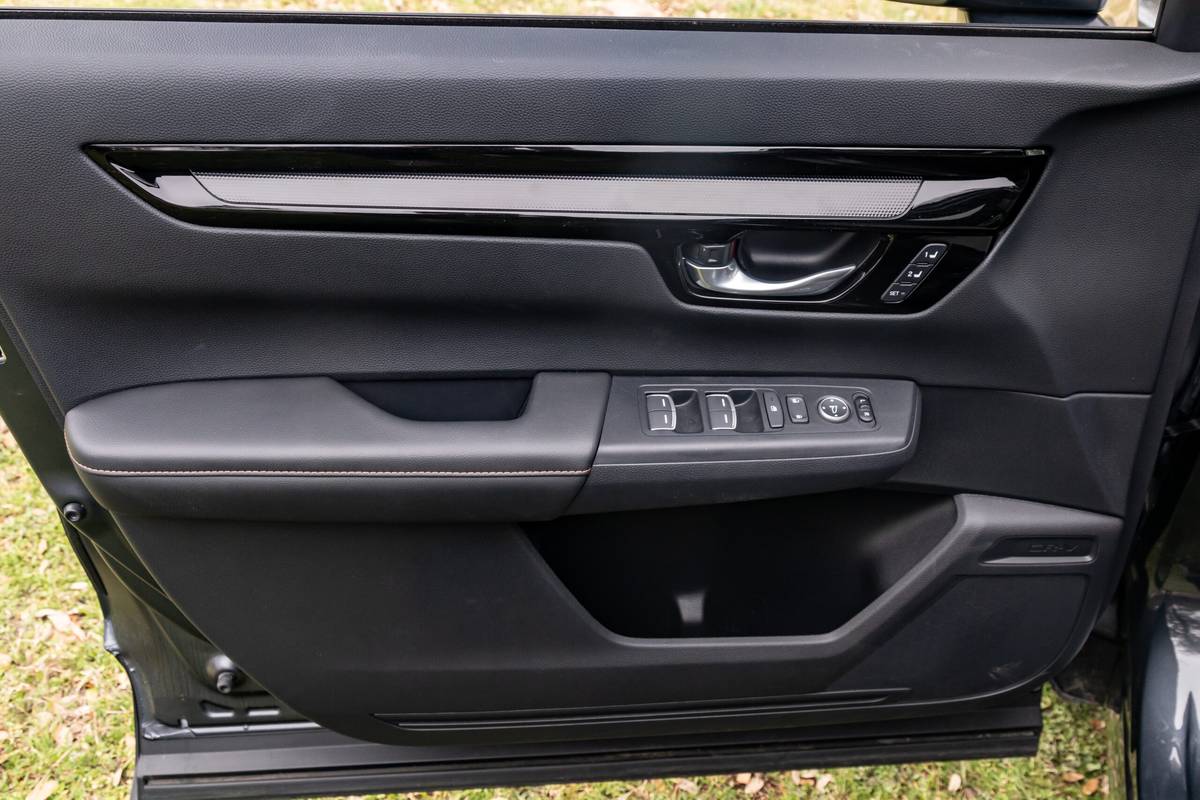
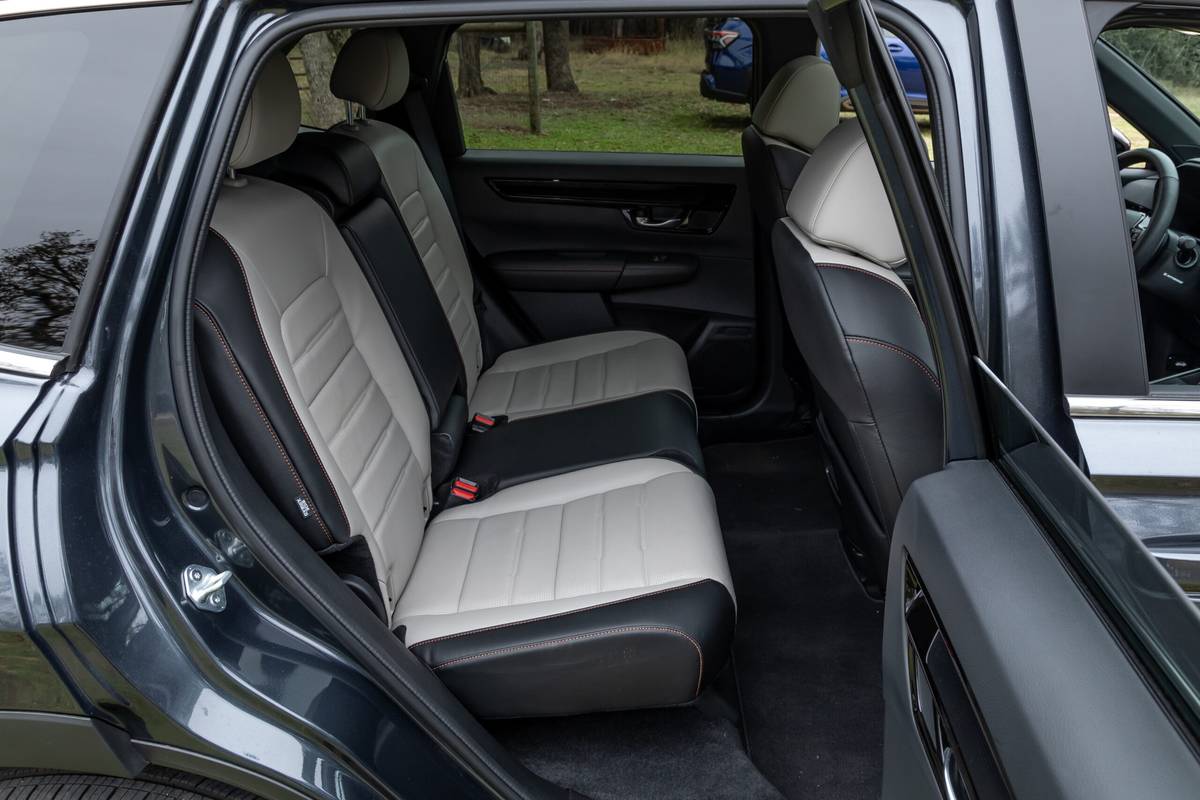
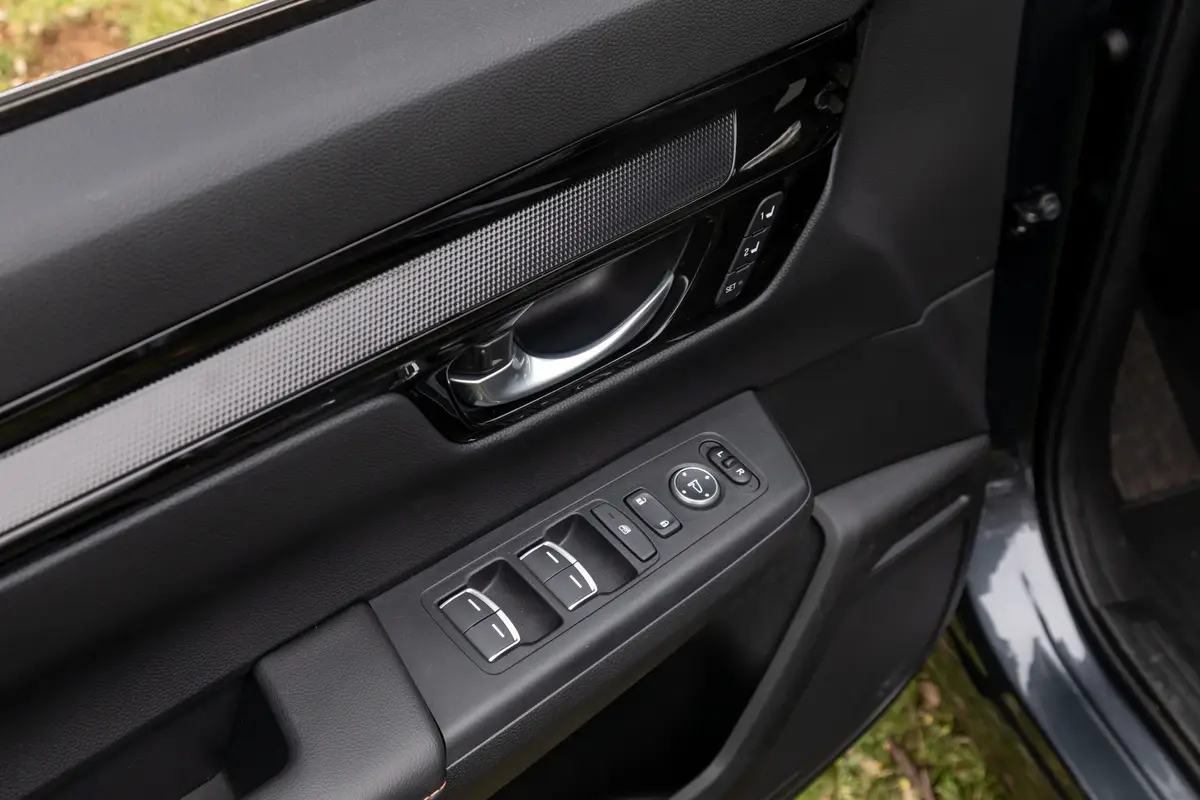
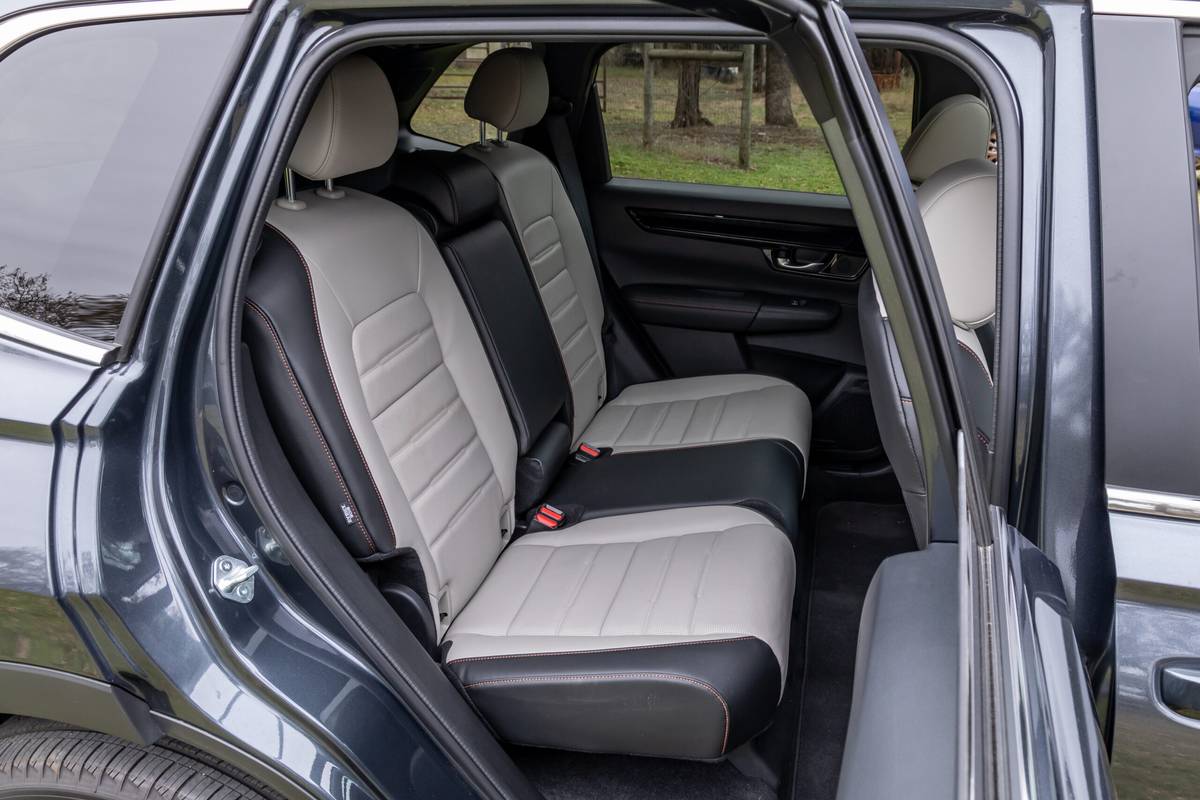
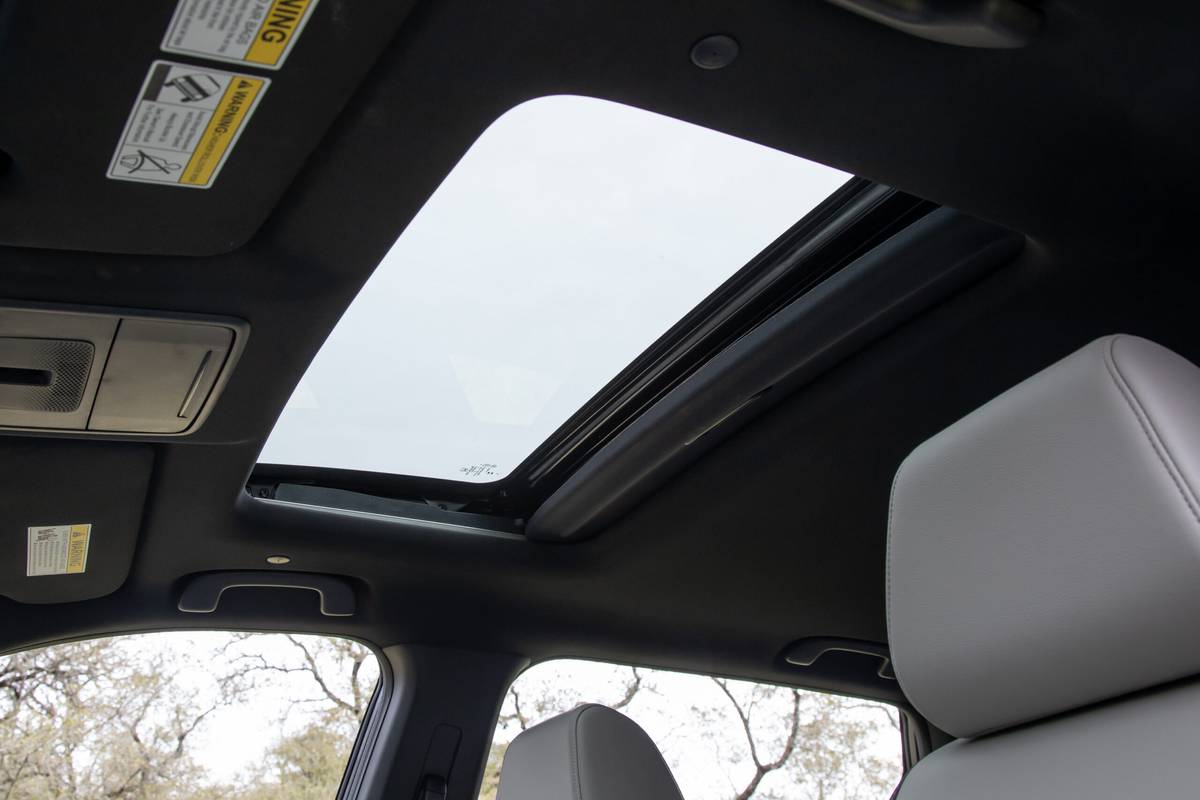
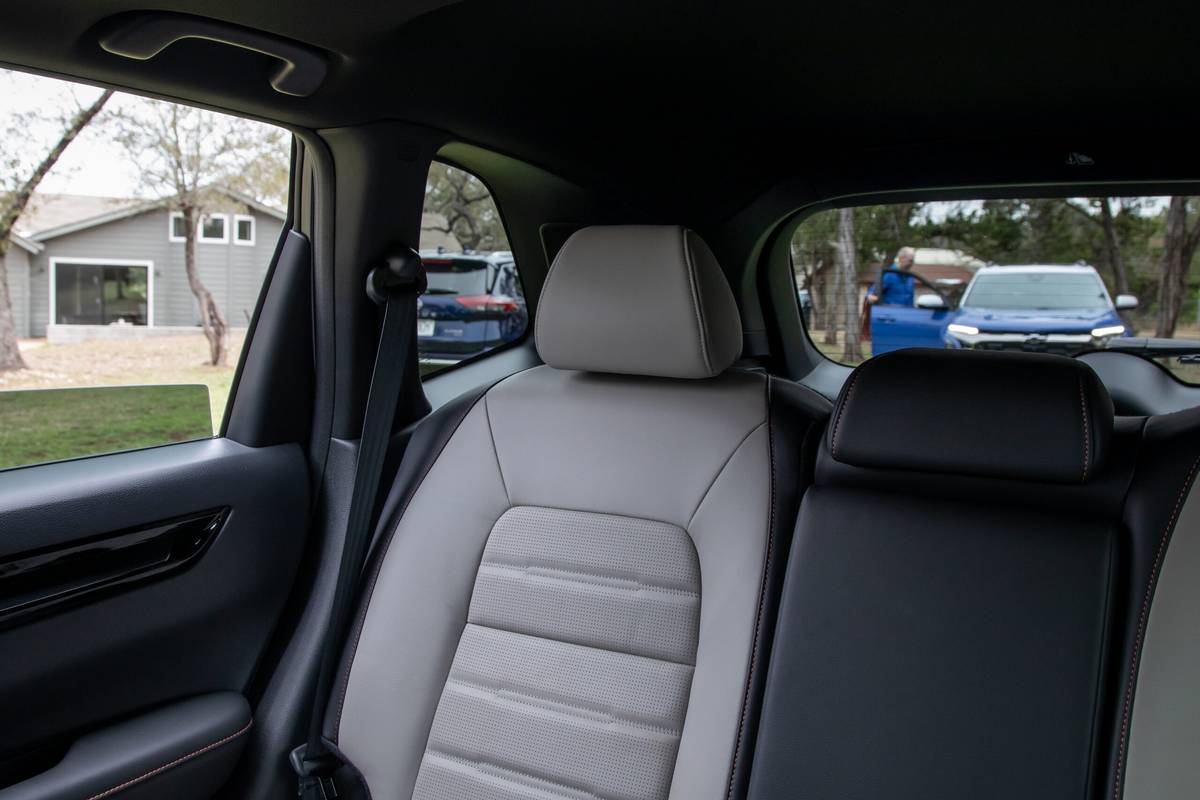
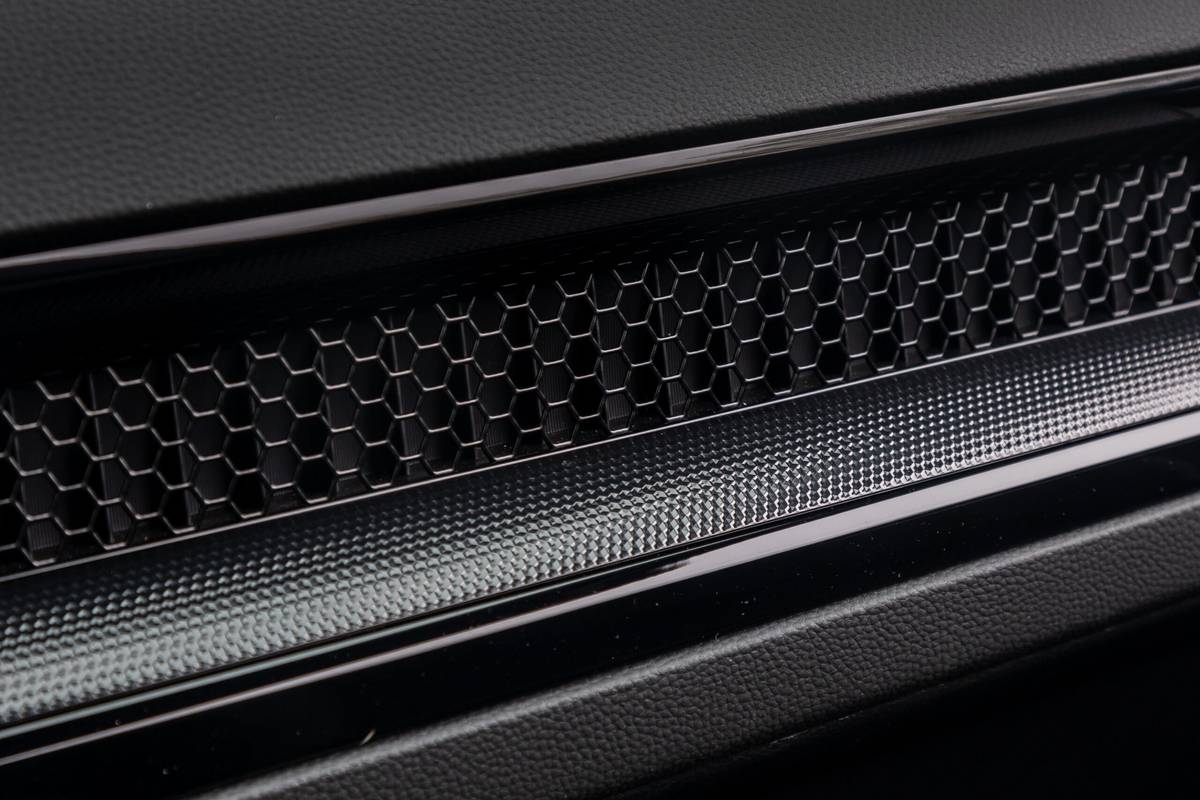
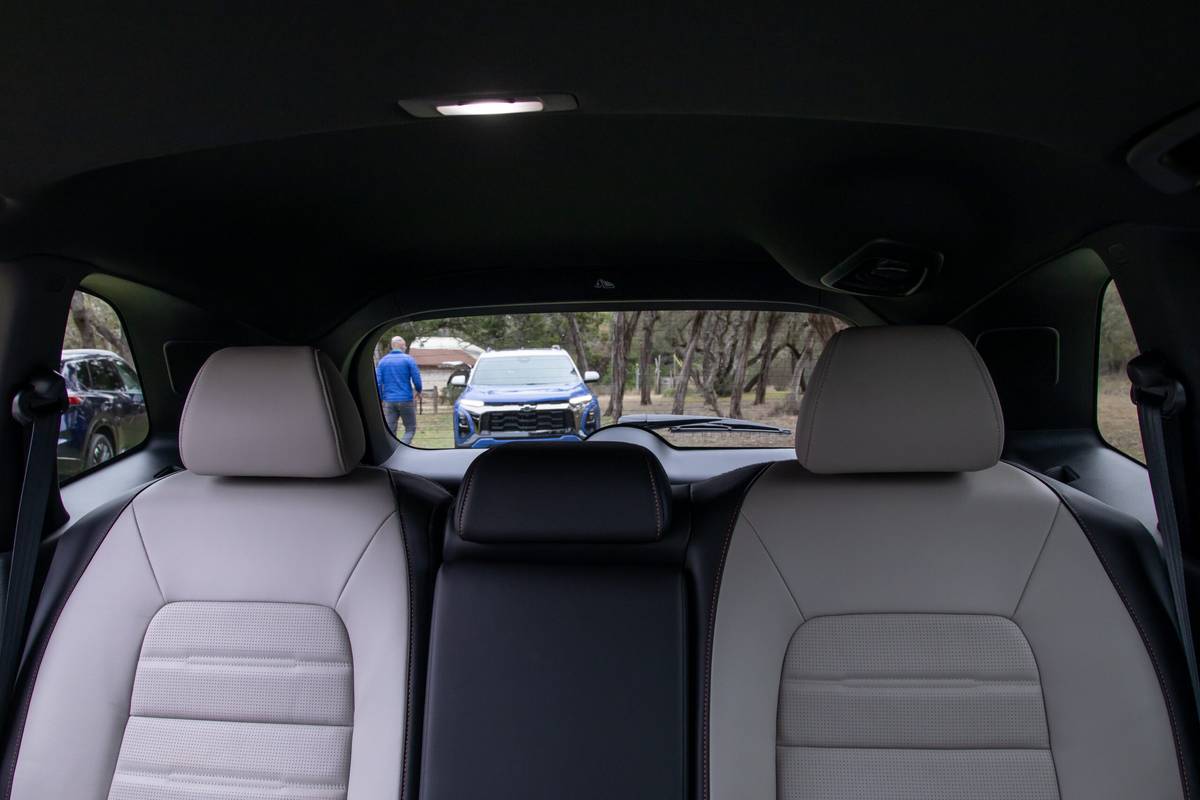
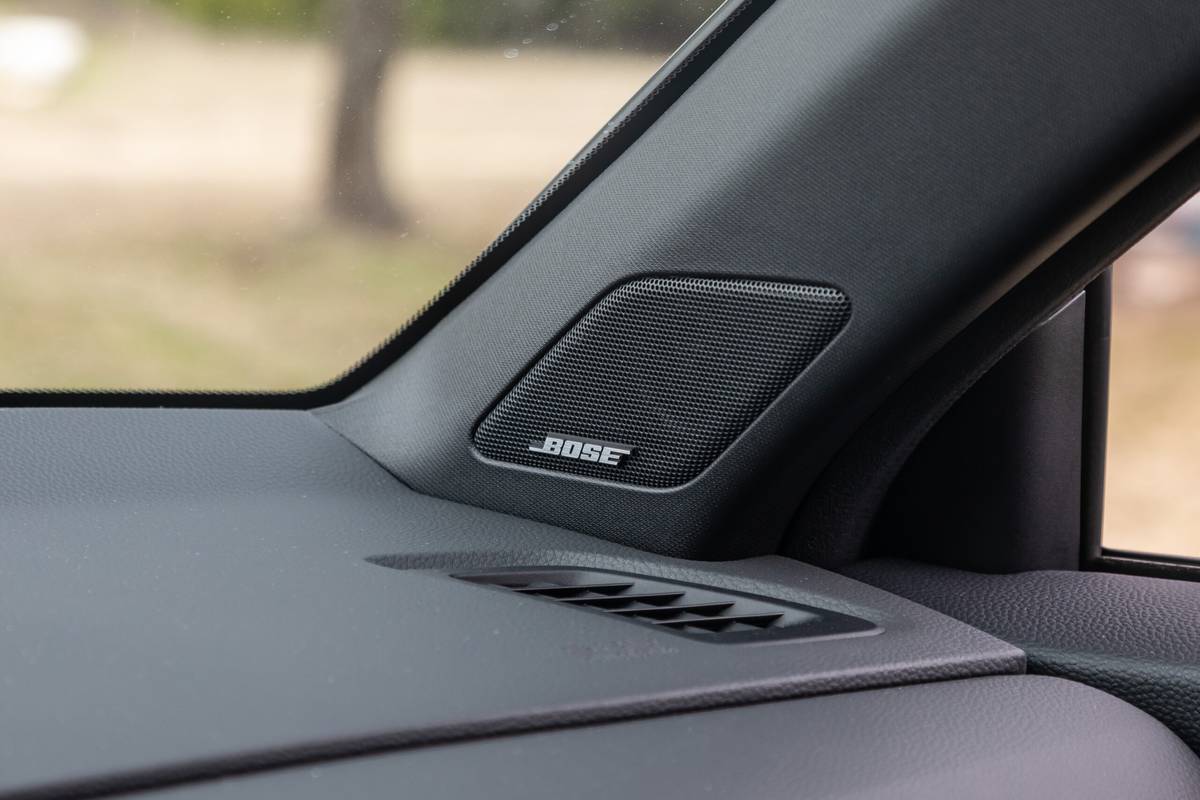
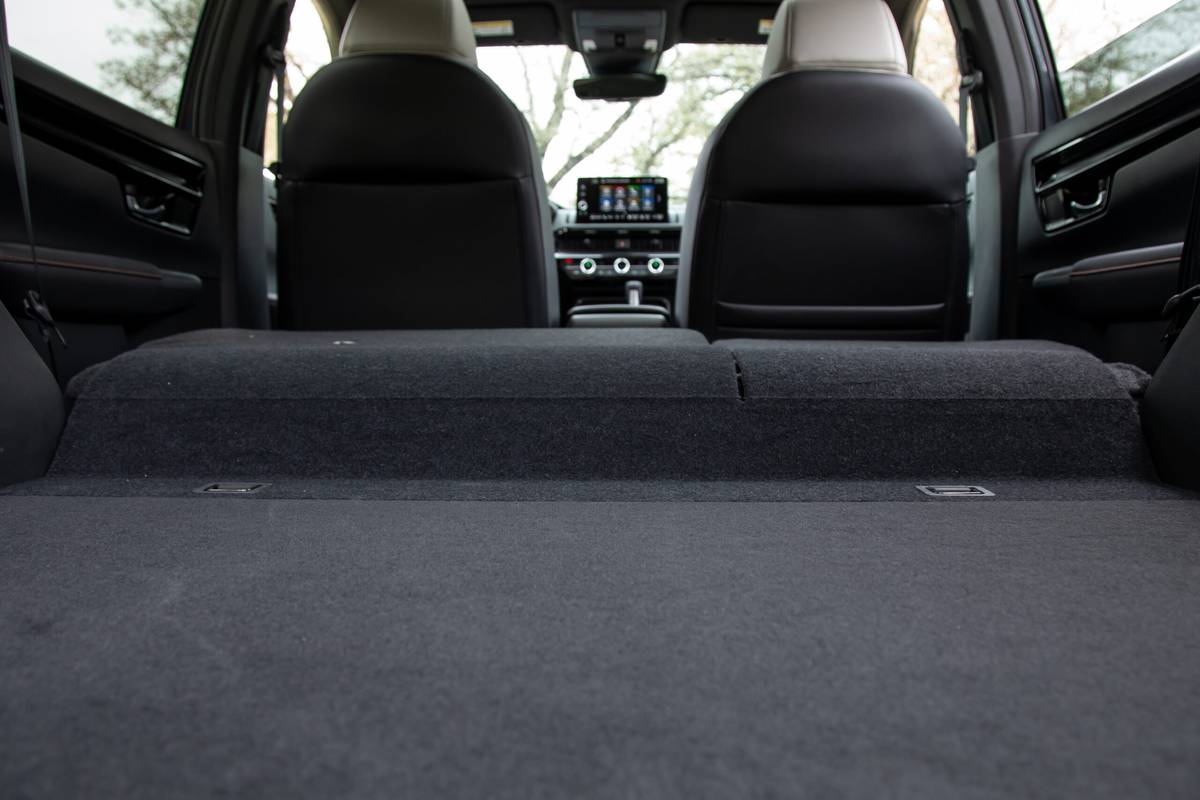
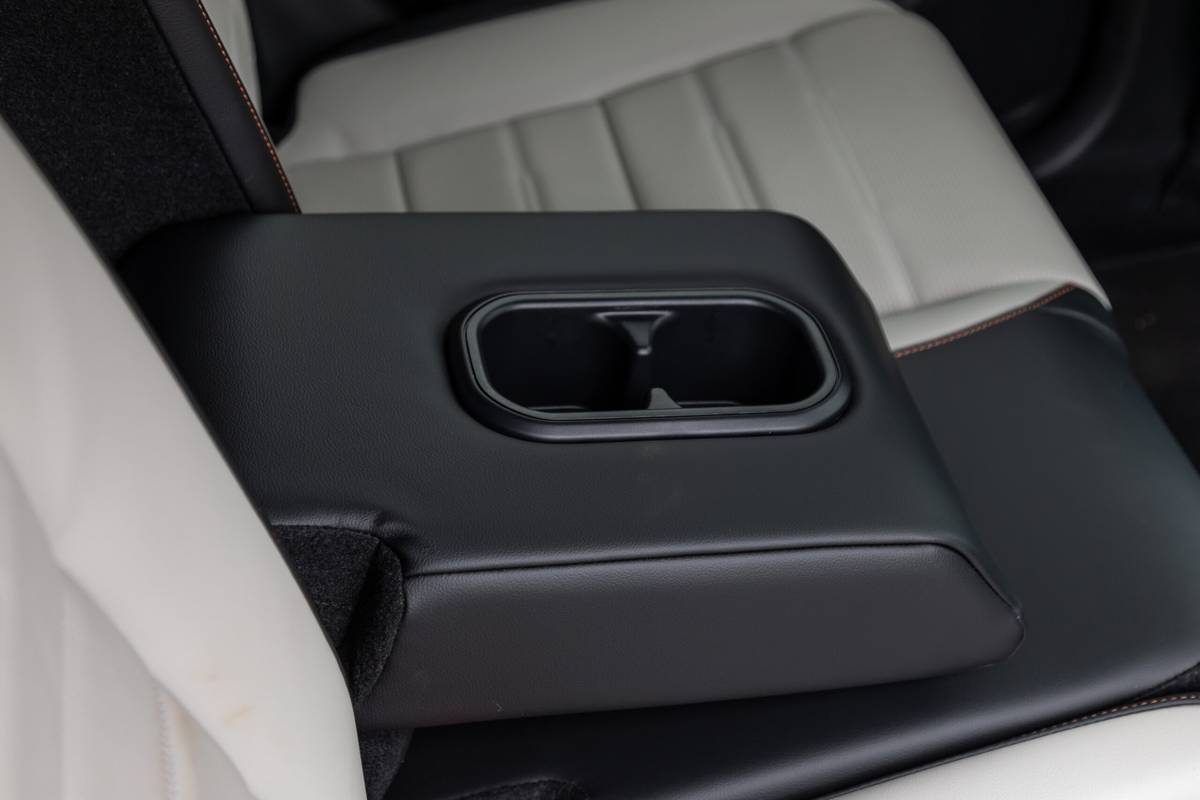
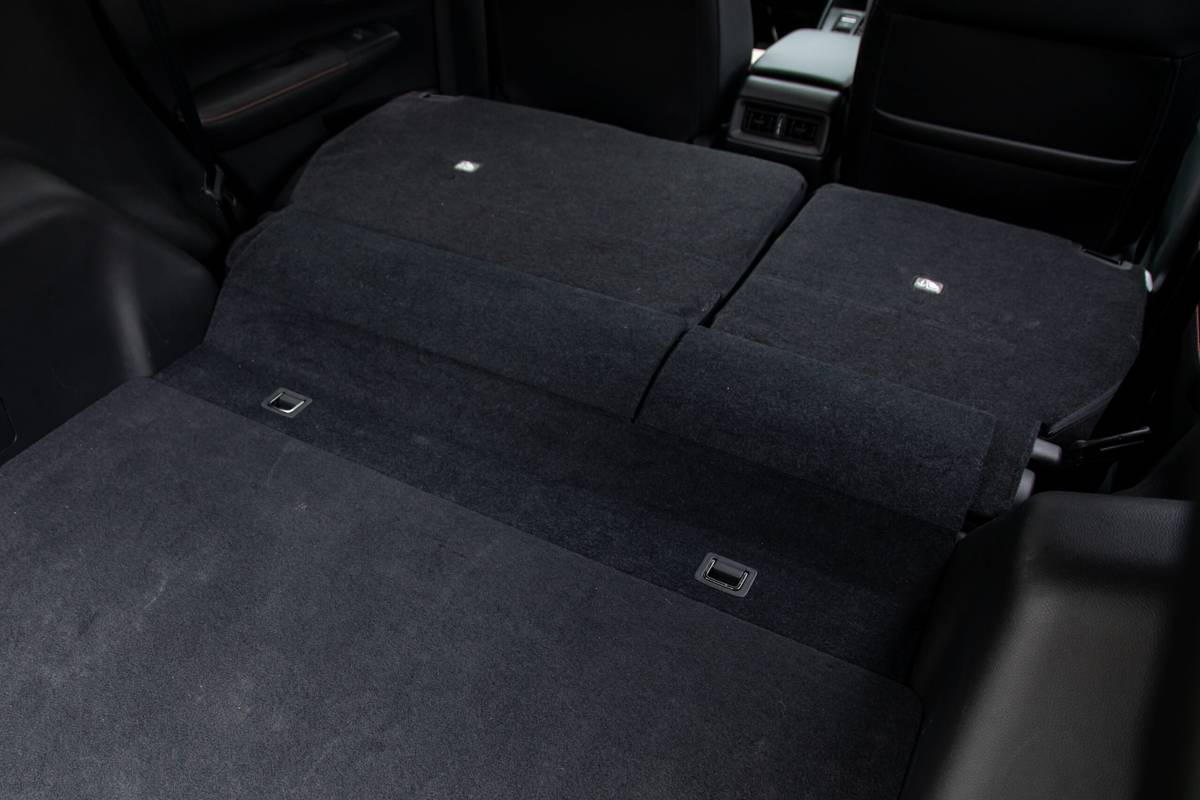
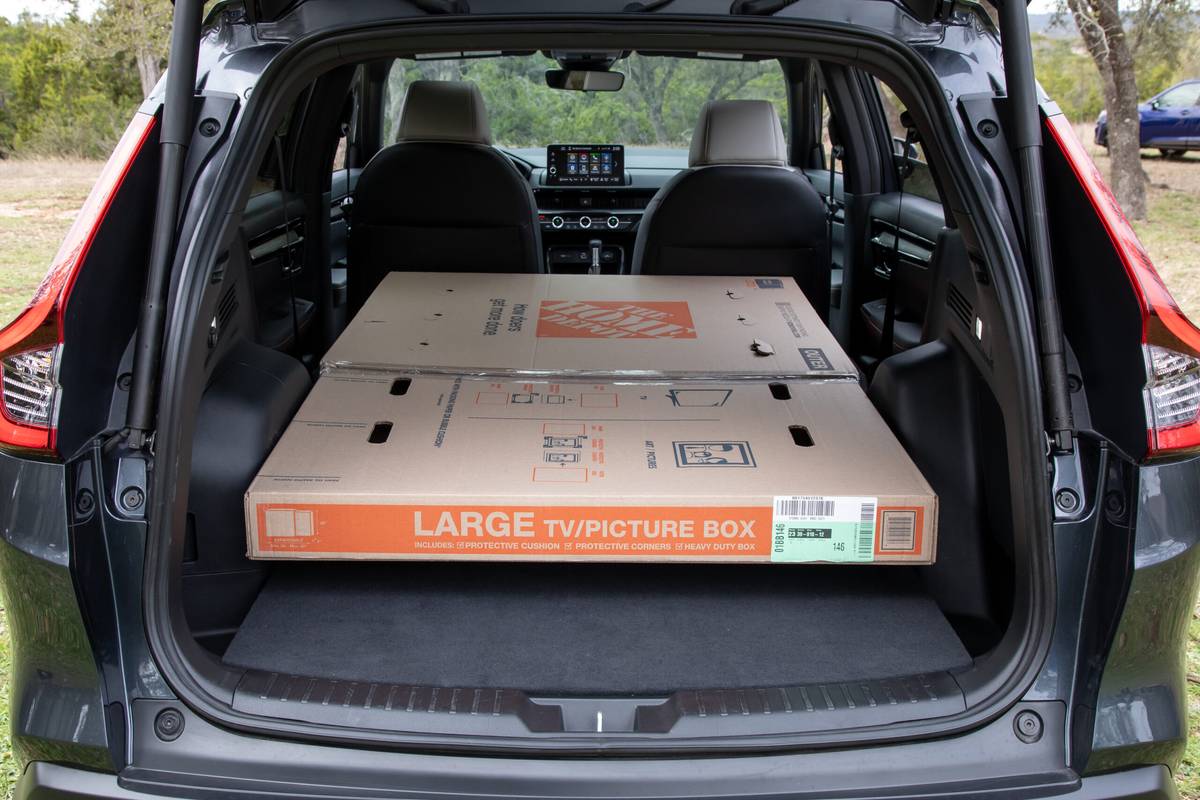
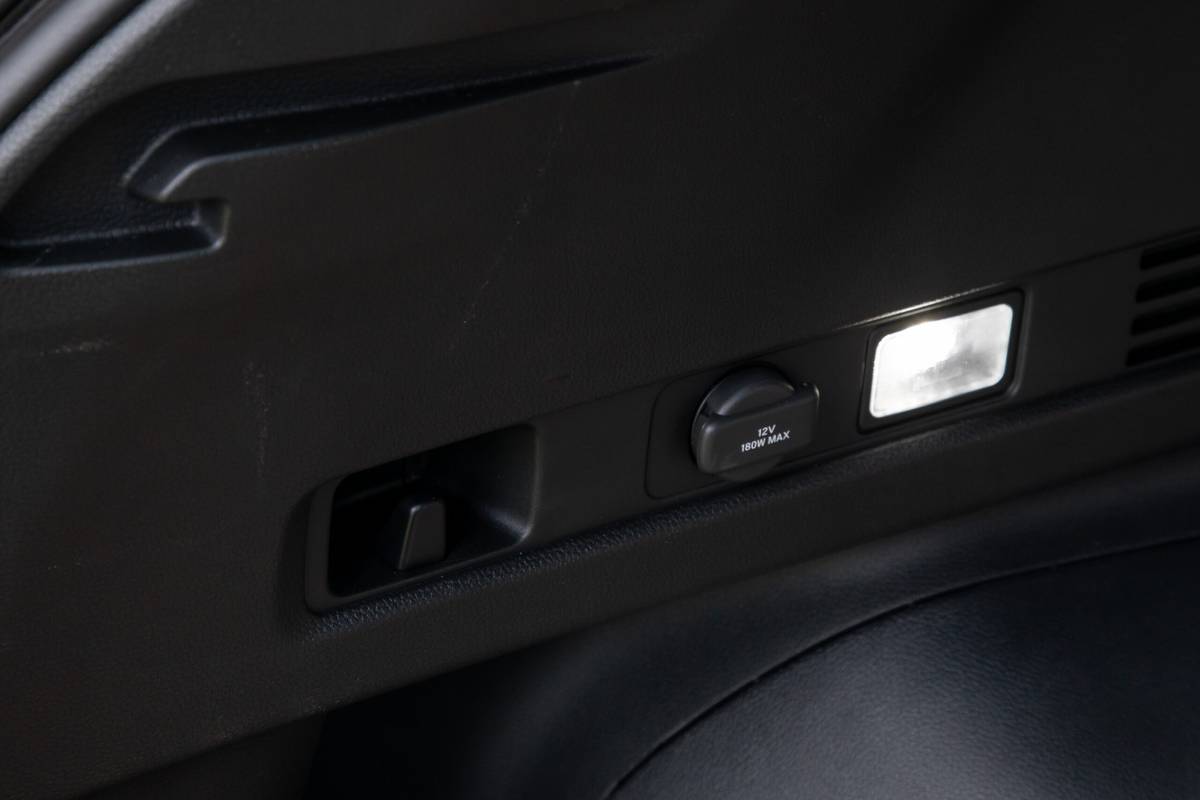
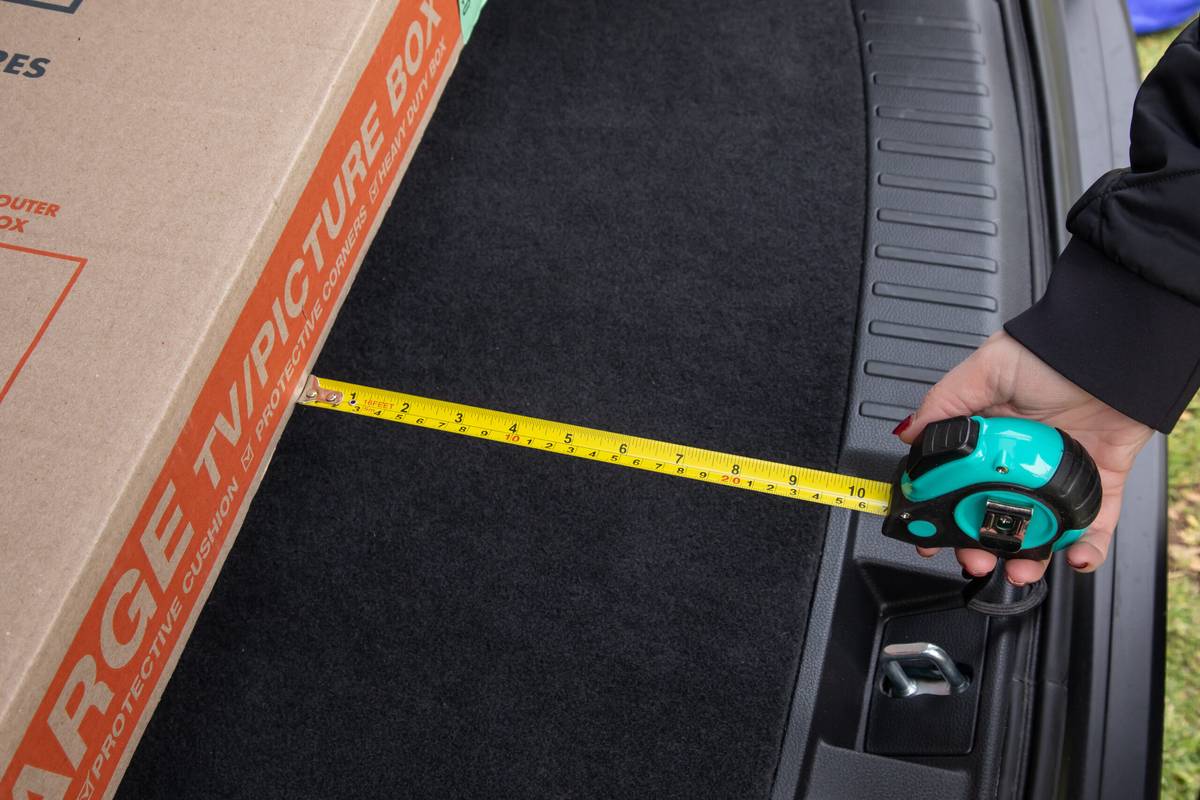
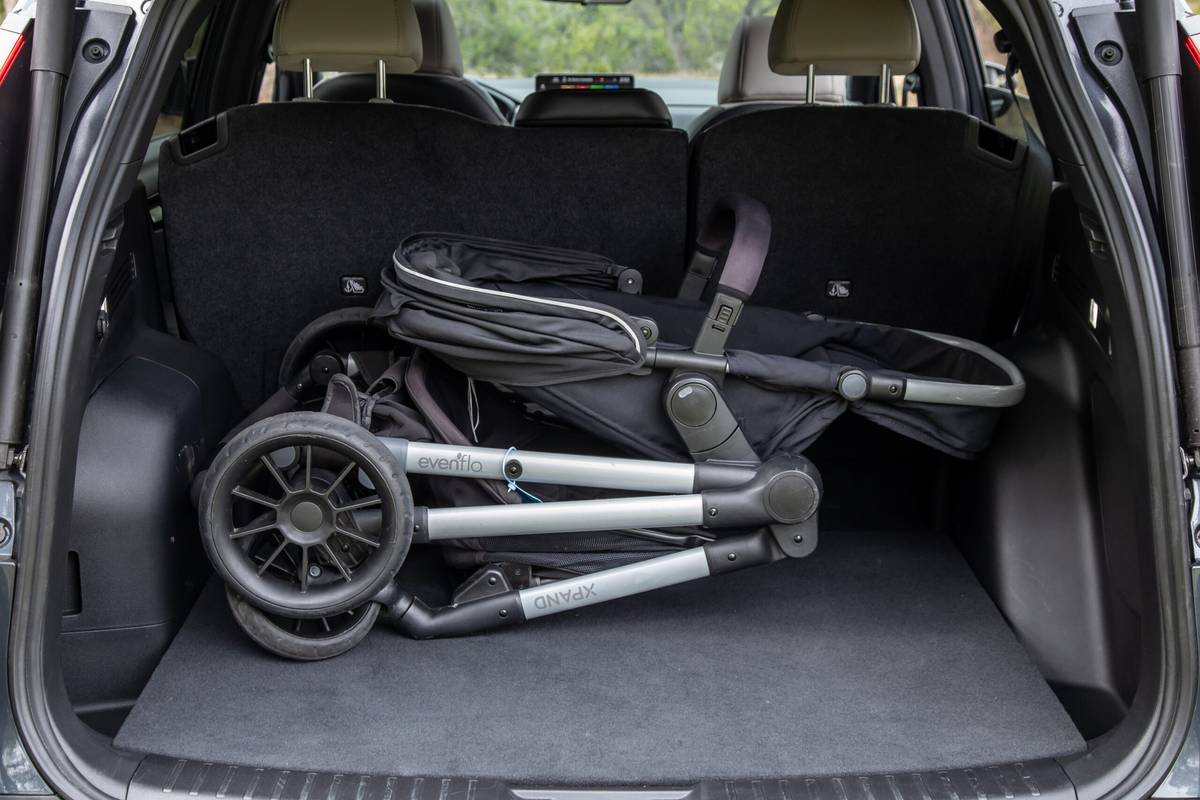
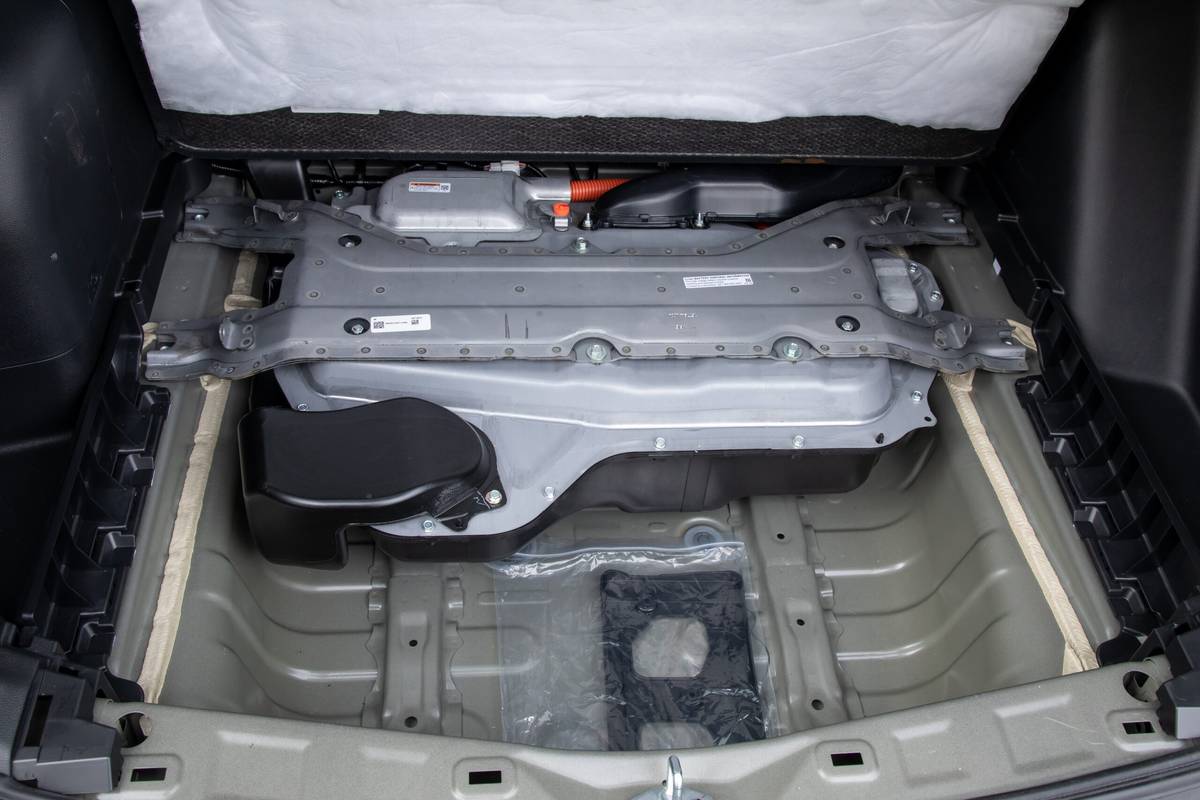
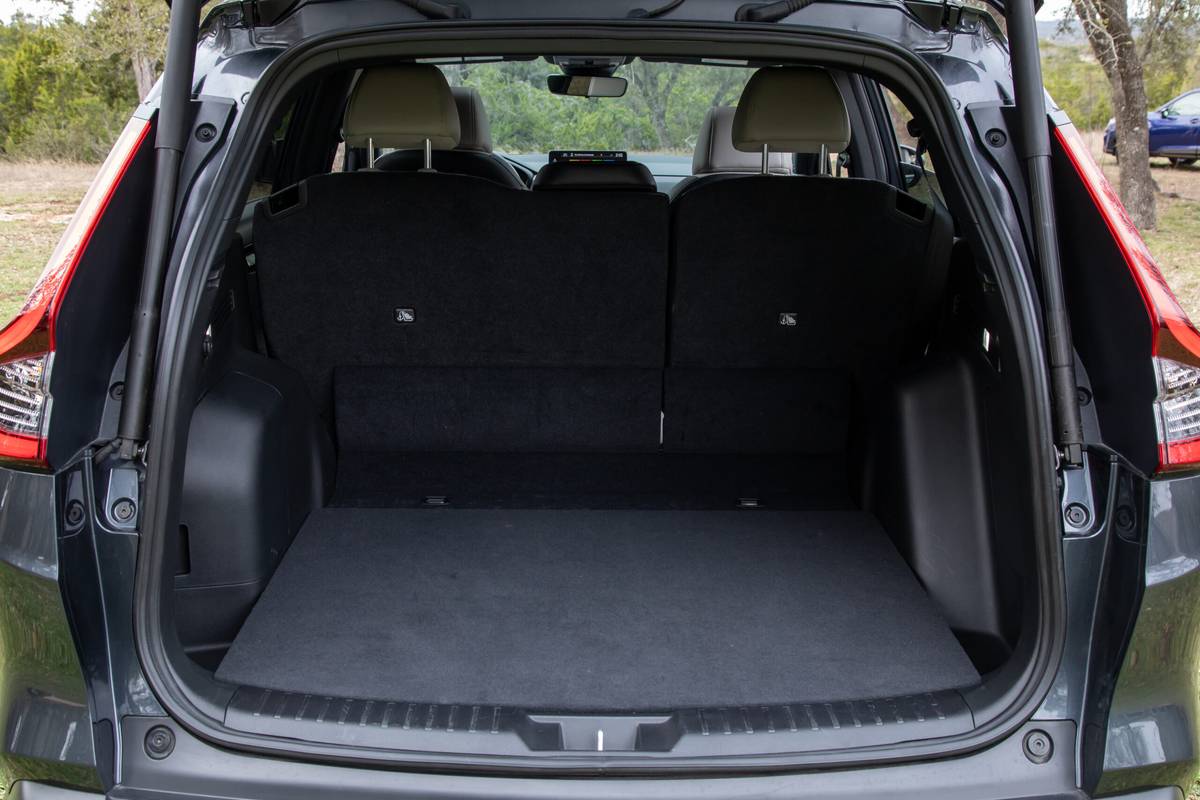
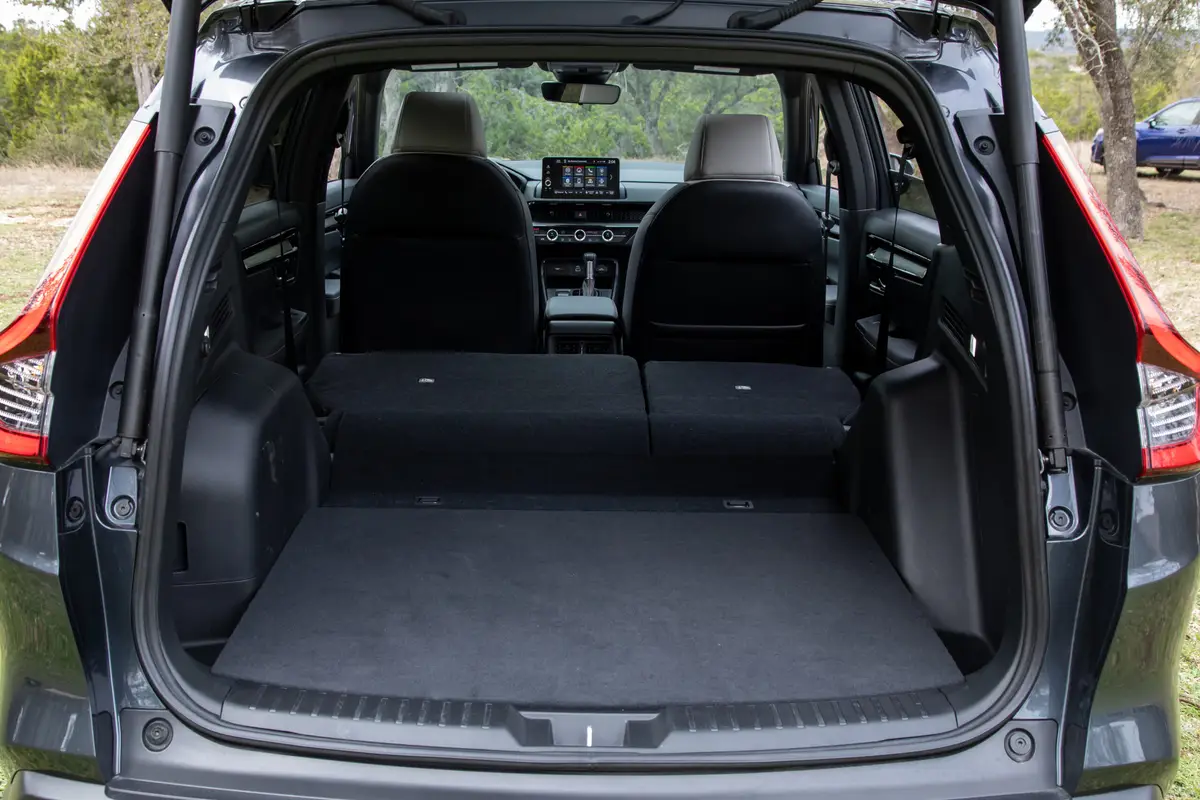
























































Our Test Vehicle
- As-tested price: $42,495
- Powertrain: 2.0-liter four-cylinder gas-electric hybrid system with 204 hp total
- Observed fuel economy (mpg): 36.5, second
- Cargo space (cubic feet): 20.2, second
This generation of the CR-V hybrid has been around since the 2023 model year when the compact SUV was redesigned. Since then, choosing a higher trim level like the range-topping Sport Touring we have here has meant getting the hybrid powertrain, too, as that’s the only way it’s offered.
What’s Good About the CR-V Hybrid?
- Ride quality: The CR-V hybrid tied with the Equinox in this category, but while the Chevrolet paid a handling penalty for its comfortable ride, the CR-V hybrid had no such shortcomings. “Ride quality is excellent, with nicely damped motions and good body control to prevent floatiness or tippiness,” Bragman said. Normile said it “felt the most comfortable and stable in the widest range of driving situations: broken pavement, interstates, two-lane highways, curvy country roads and more.”
- Handling: In fact, our judges rated the CR-V hybrid second only to the CX-5 in our handling category. “The CR-V’s steering and handling are just a hair’s breadth from the best in this test and make what should be a run-of-the-mill compact SUV enjoyable and engaging to drive once the road starts to curve,” Normile said. Bragman said that “steering feel and feedback is excellent, on the tighter side and confidence-inspiring.”
- Vehicle user interface: The CR-V hybrid tied with the Rogue for the best user interface as determined by our judges. “Honda went with a very conventional interior layout, and that’s a huge plus as this is an extremely logical, button-heavy interior,” Schrader said. “All of the most frequently used functions are at an easy-to-see height and within easy reach.”
- Comfortable accommodations: While not quite as highly rated for front- and rear-seat comfort as the test-leading Rogue, the CR-V hybrid wasn’t far behind the Nissan in our judges’ scoring. “The CR-V’s interior remains comfortable and roomy enough for four adults, combining with hybrid efficiency to make it a very appealing road-trip ride,” Normile said.
- Visibility: The CR-V wasn’t rated as highly as the Forester for outward visibility, but it was still praised by our judges. “Good visibility from the driver’s seat and ample adjustability meant that it was easy to get comfortable in the front row,” Schrader said.
- Fuel economy: Second only to the RAV4 Hybrid in our real-world fuel-economy test, the CR-V hybrid returned an impressive 36.5 mpg.
- Cargo space: Though not quite as large as the test-leading Tucson Hybrid’s cargo area, the CR-V hybrid’s 20.2-cubic-foot cargo area was still considerably larger than the remaining SUVs’ cargo spaces.
What’s Bad About the CR-V hybrid?
- Outdated tech: While the layout of the CR-V hybrid’s interior was praised, the tech therein seemed a bit old. “Both the instrument cluster and touchscreen display in the CR-V look dated,” Normile said. “And the touchscreen looks like a tacked-on aftermarket product.” Bragman said that “none of the Honda’s electronics or displays feel state-of-the-art.”
- Braking feel: Hybrids can struggle with brake-pedal feel, and the CR-V is no exception, scoring below most of the gas-only models in our test. “The CR-V’s brake blending could be better, leading to some clumsiness during full stops,” Normile said.
- Dim instrumentation: “The gauges are dim, rather far away and feel rather busy in terms of information presentation,” Bragman said.
Research the 2025 Honda CR-V hybrid | Search Inventory | Car Seat Check
1. 2025 Nissan Rogue Platinum, 738 points
Is the 2025 Nissan Rogue a Good Car?
- A winner for the third time in a row, the Rogue is comfortable, finely finished and well equipped. In the Platinum trim, it’s a well-rounded compact SUV that delivers a premium experience — and comes with a premium price tag to match.
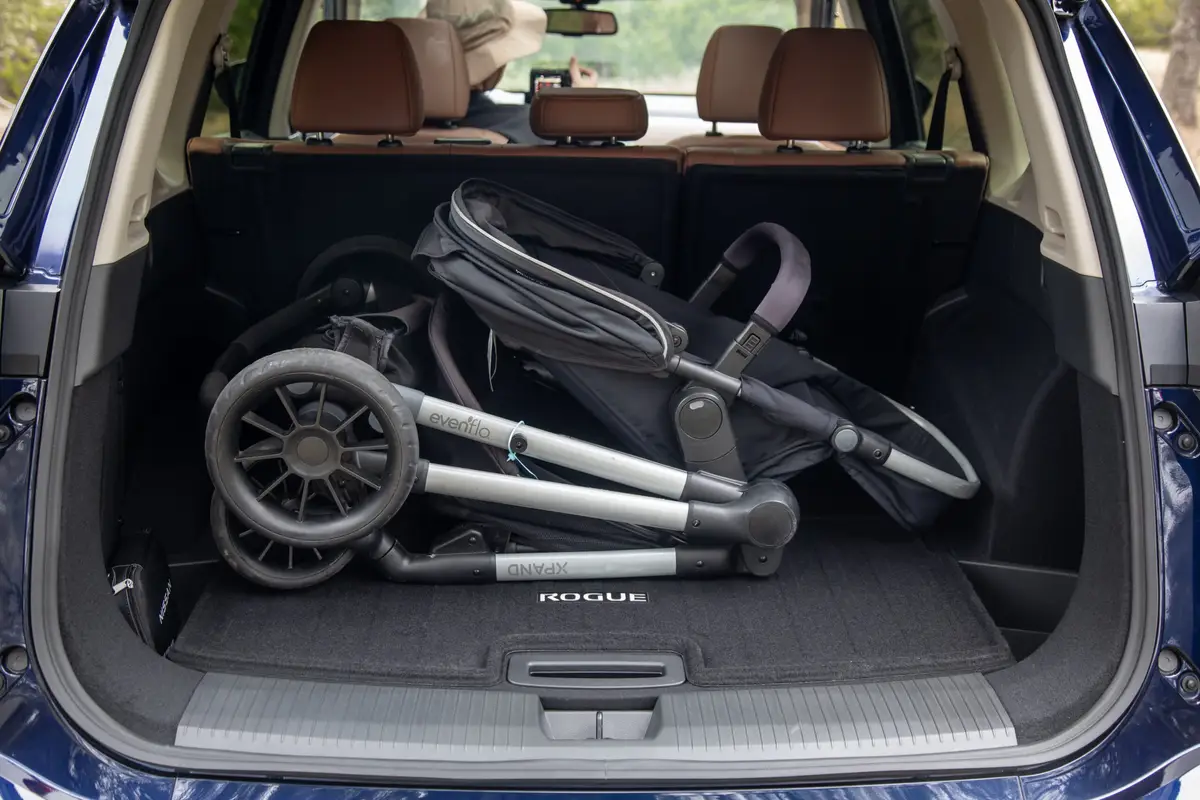
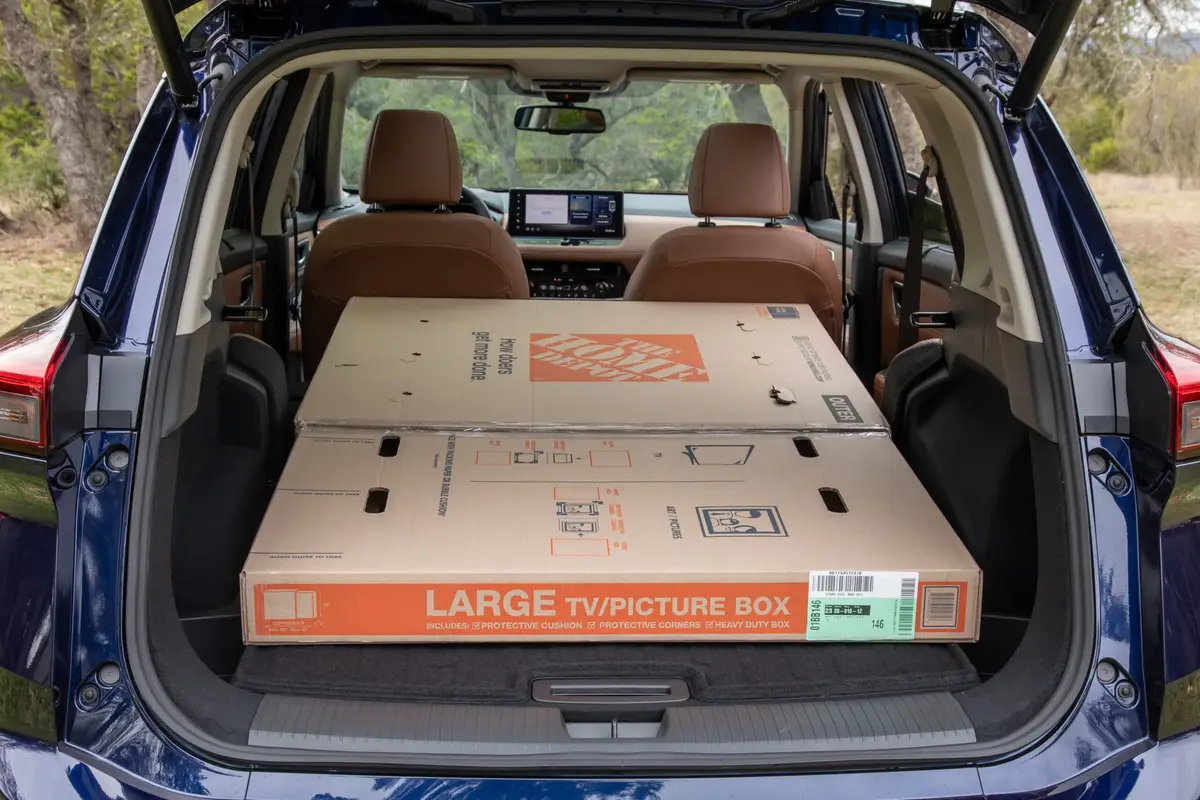
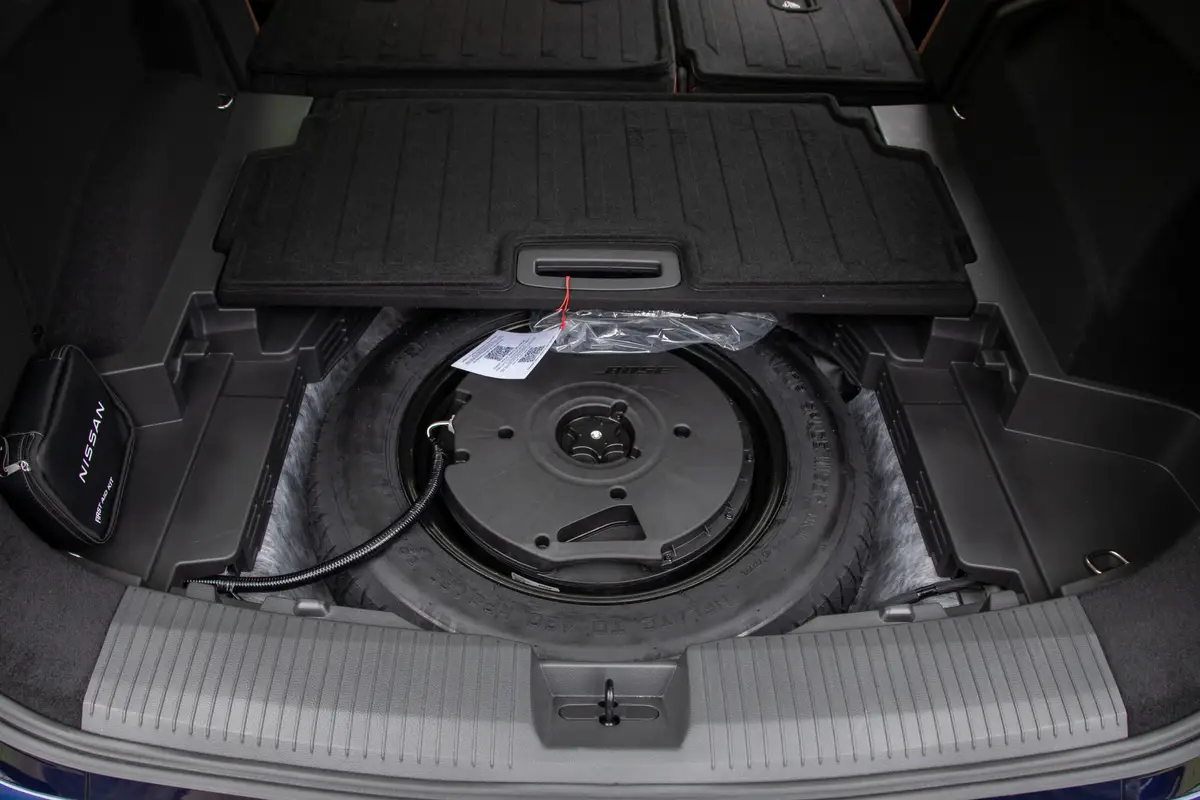
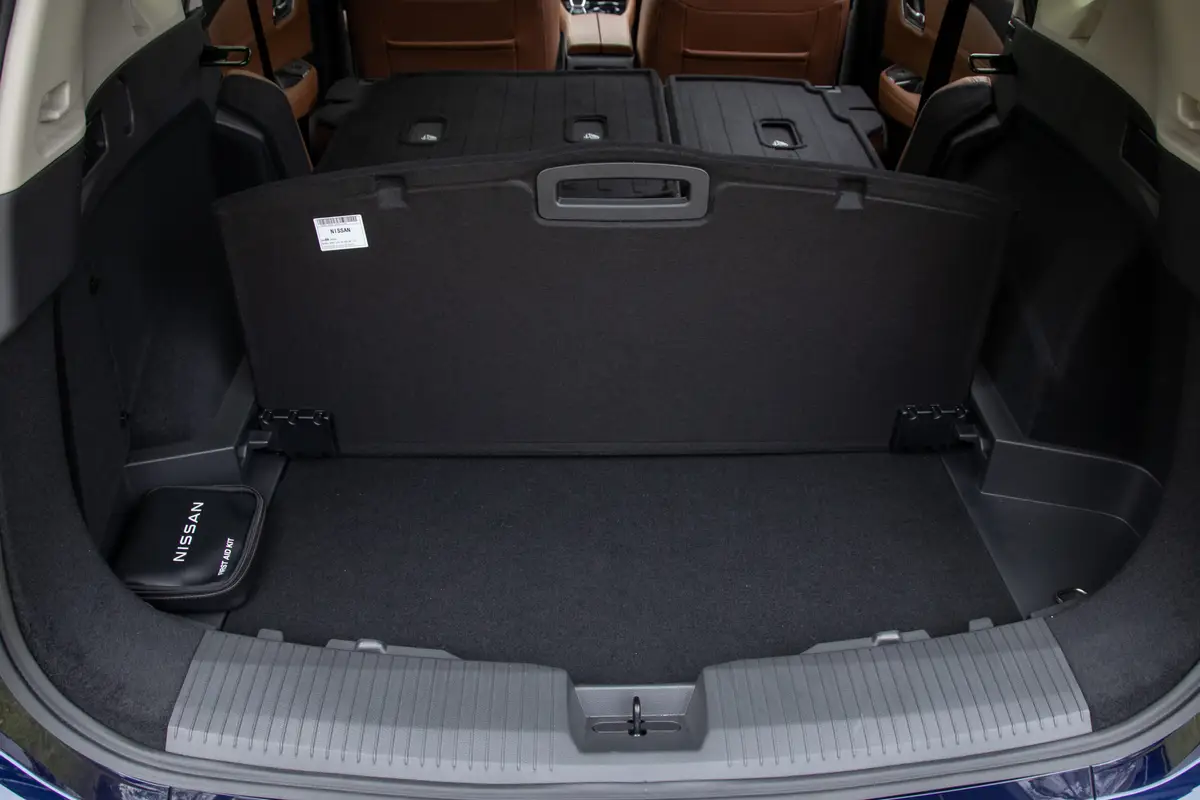
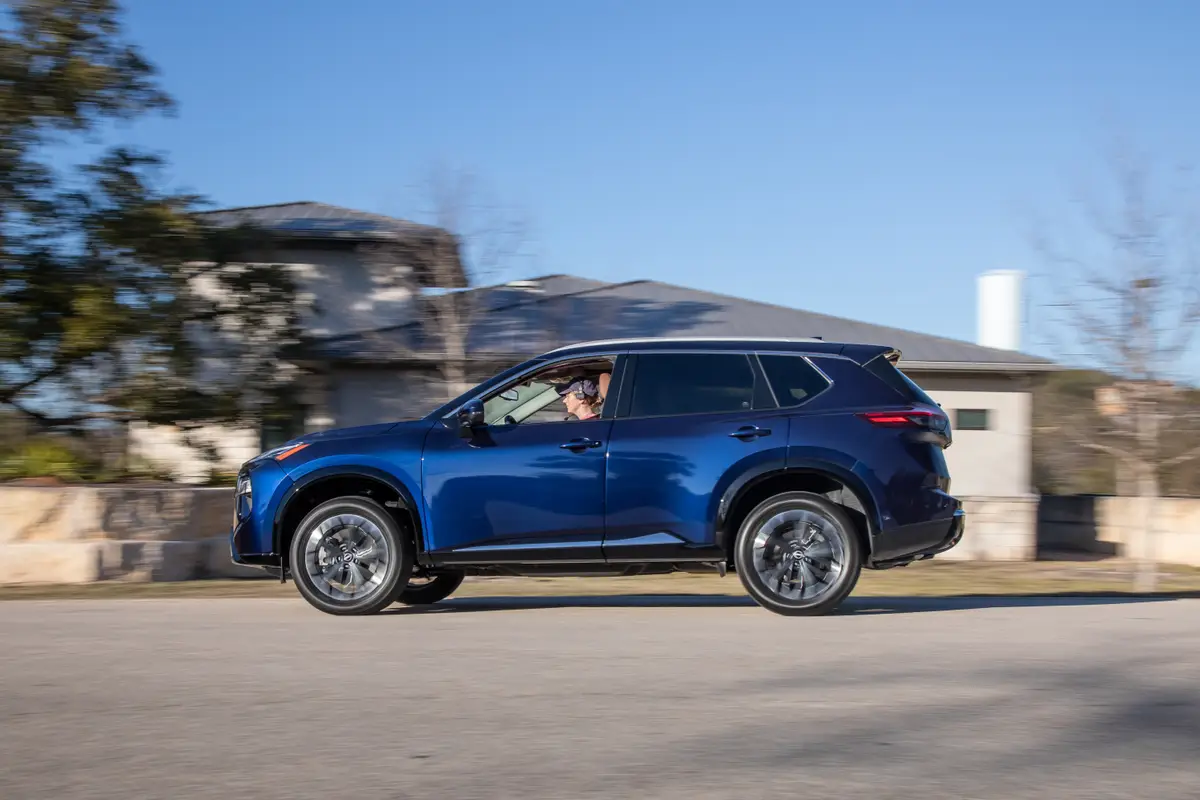
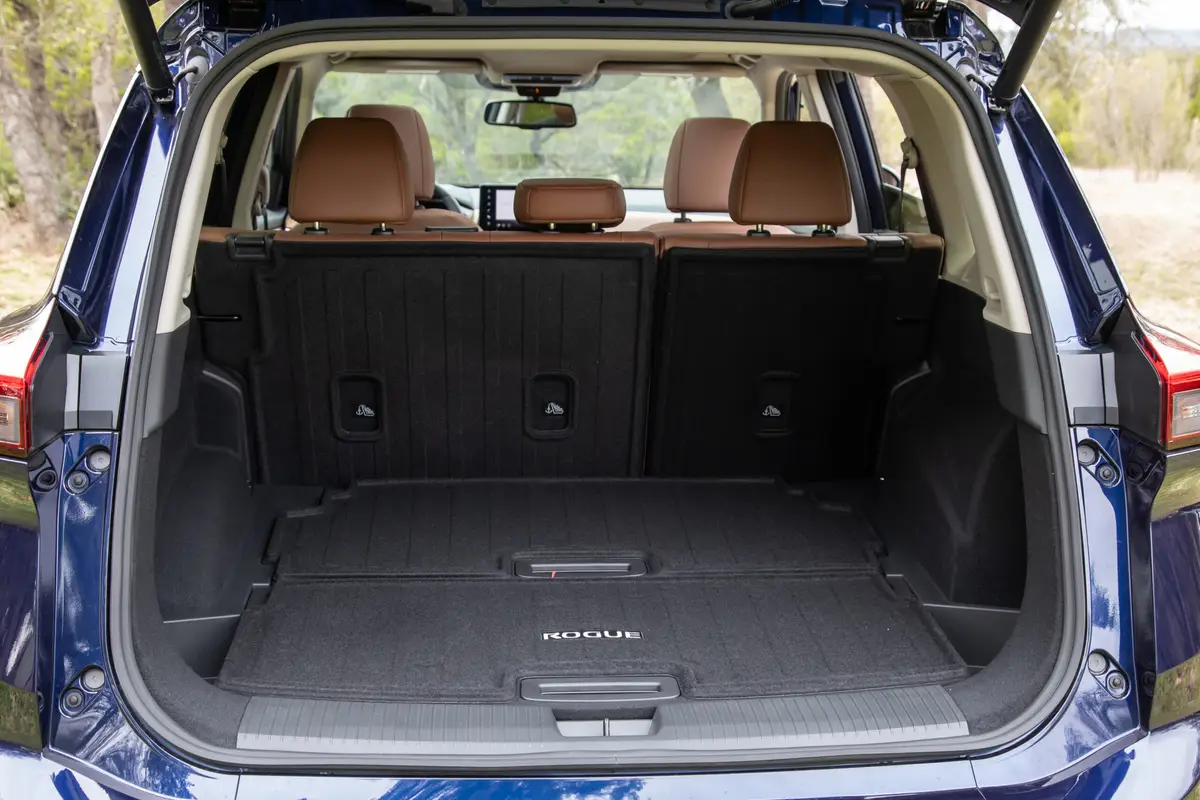
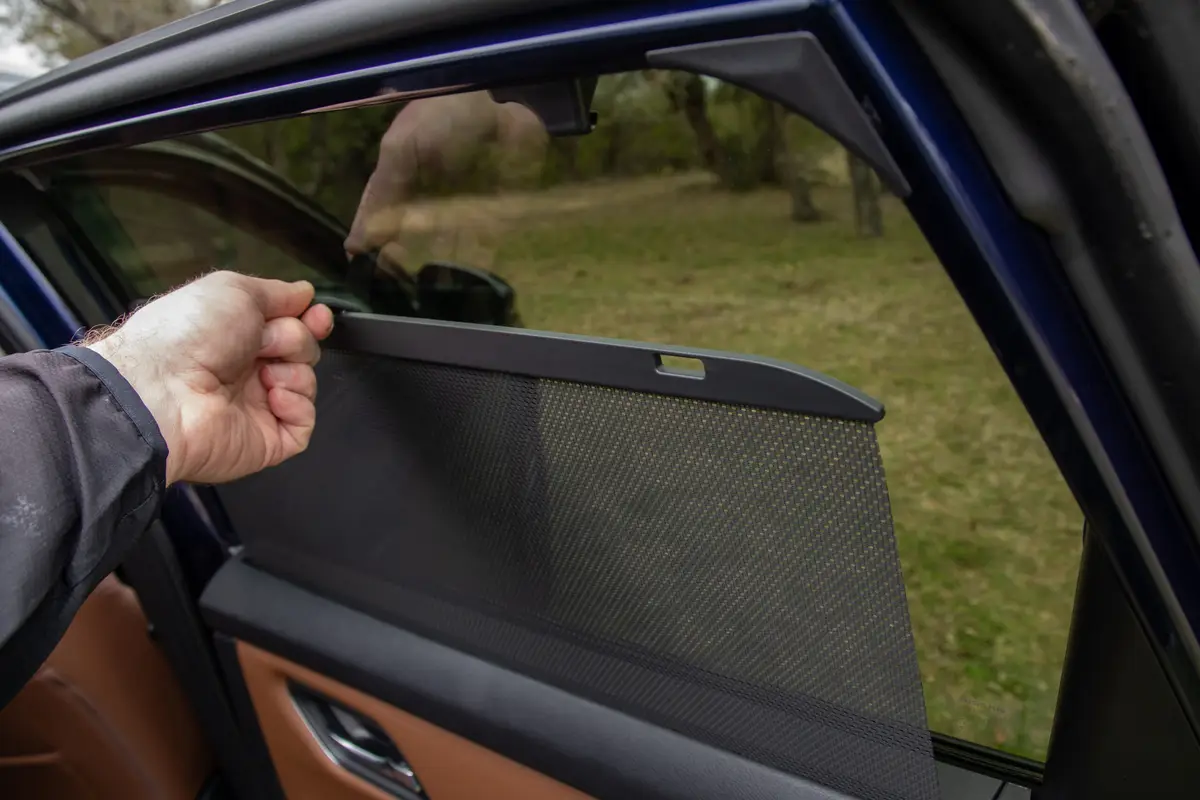
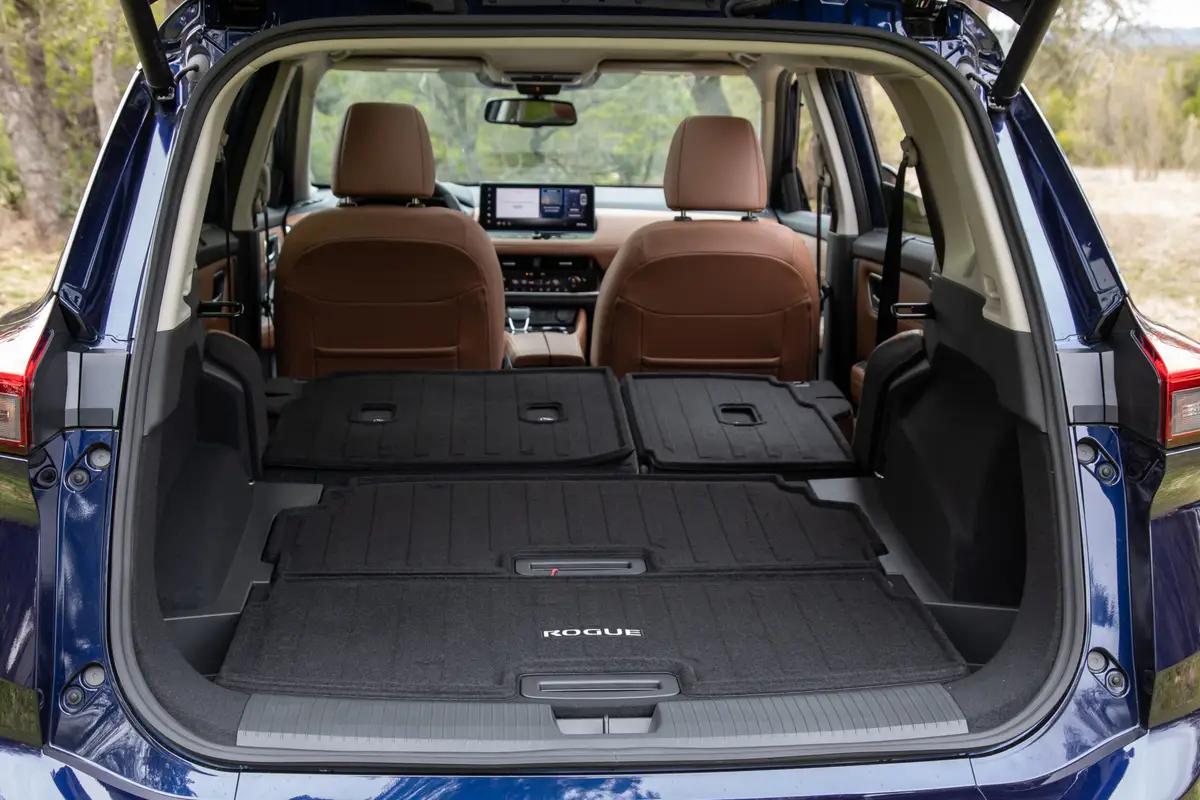
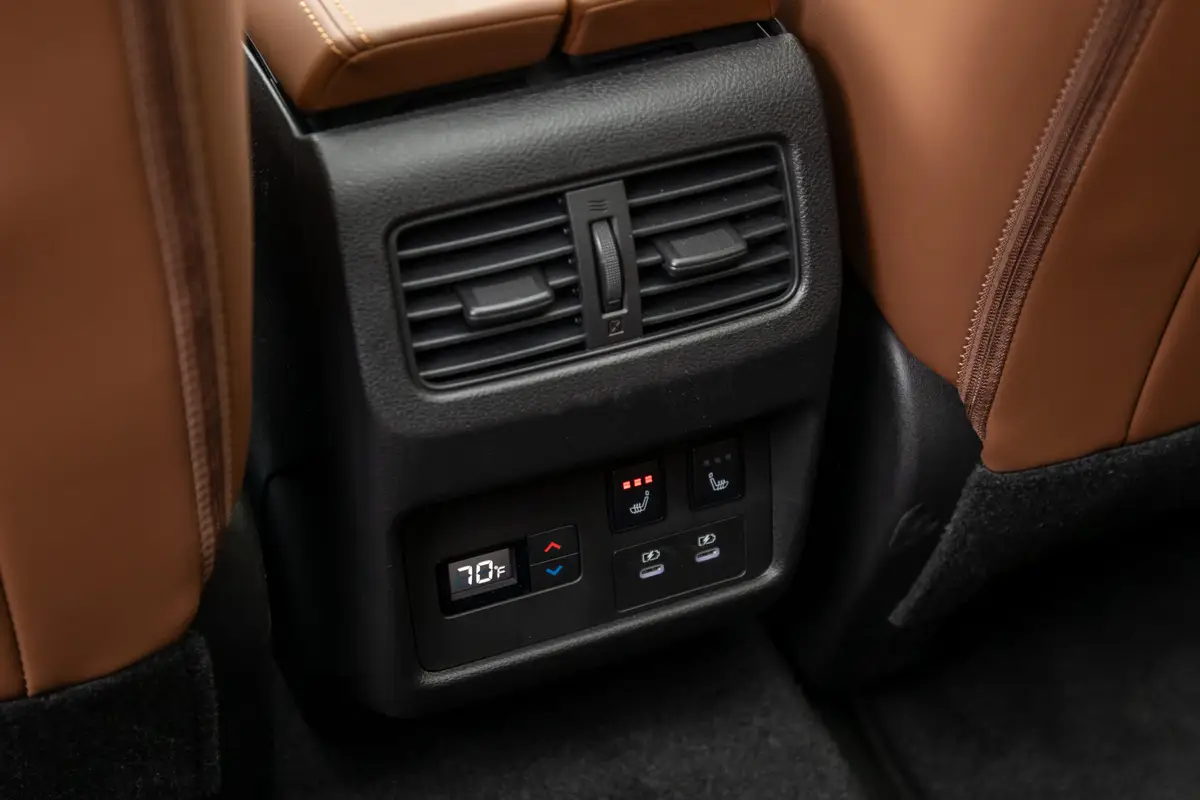
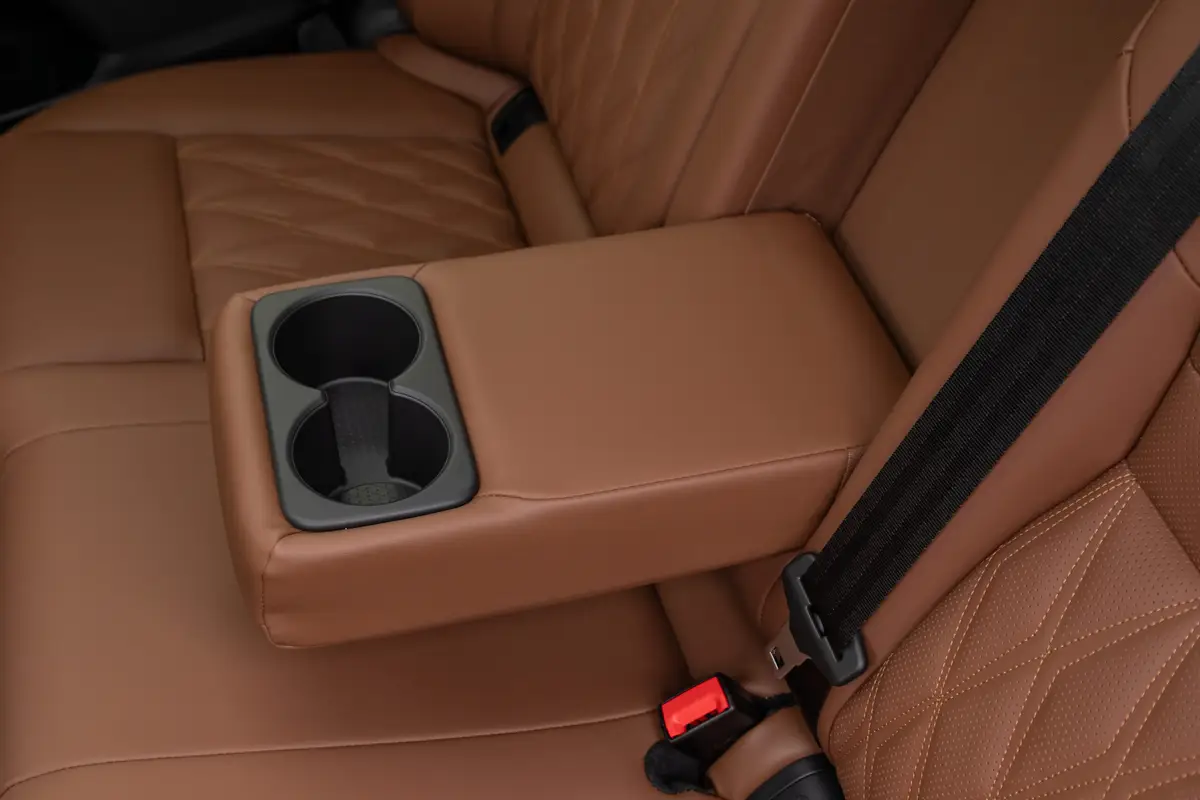
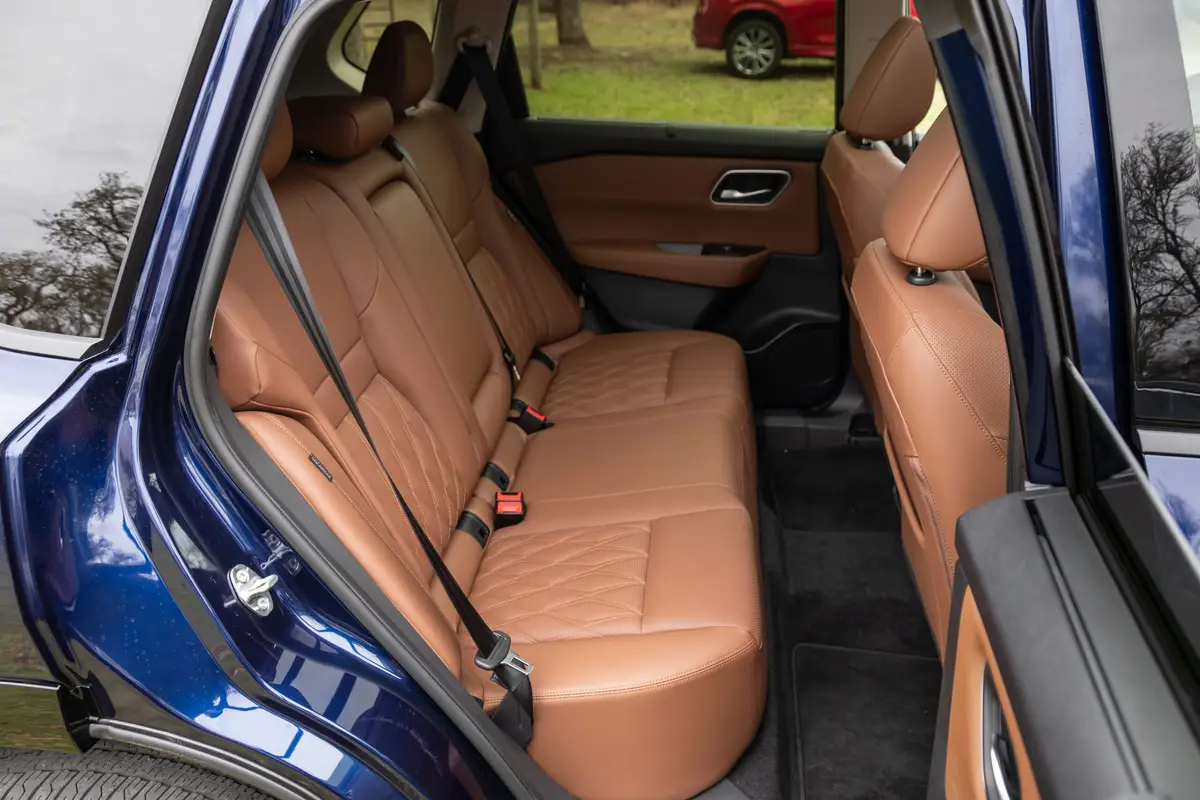
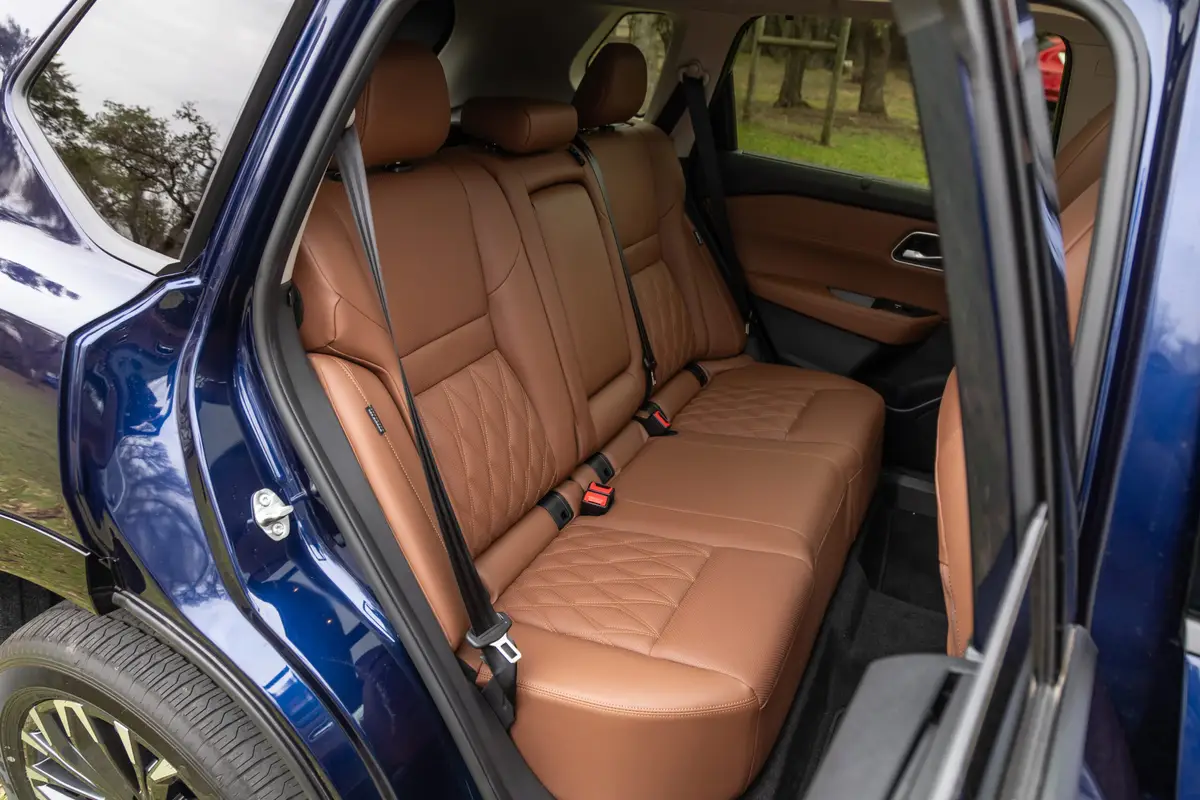
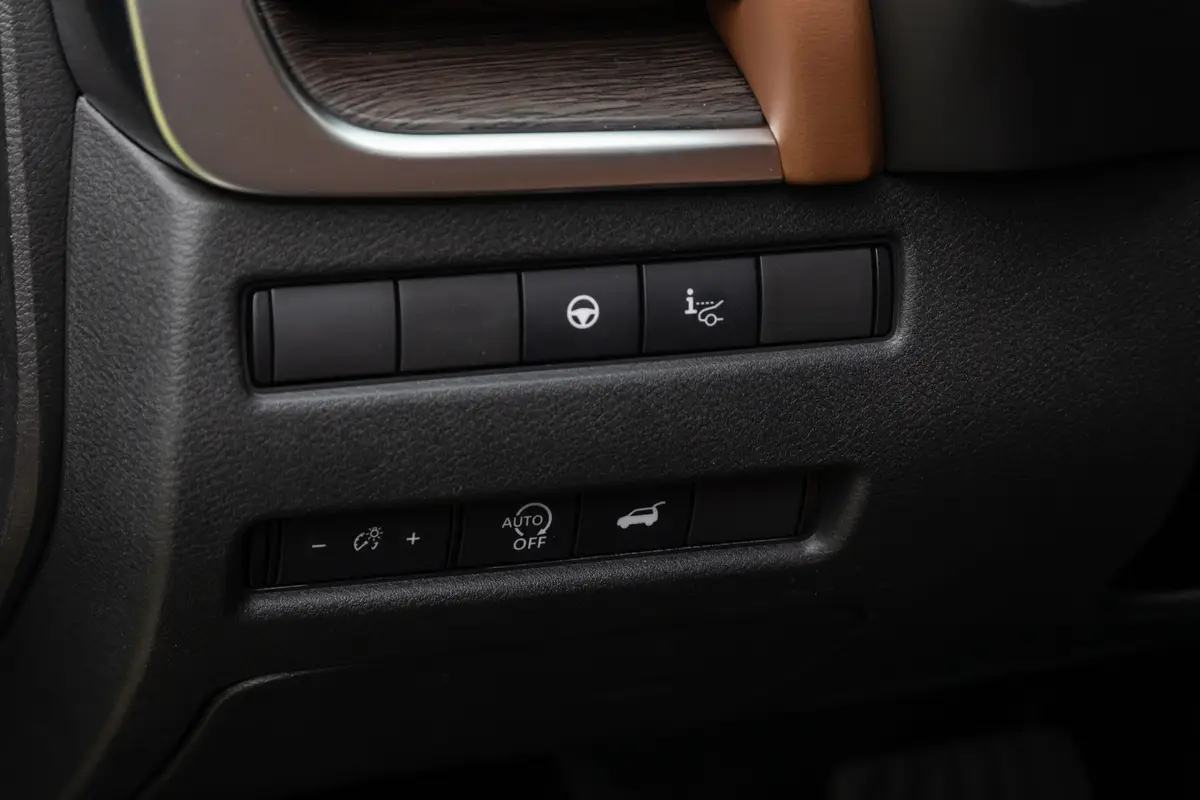
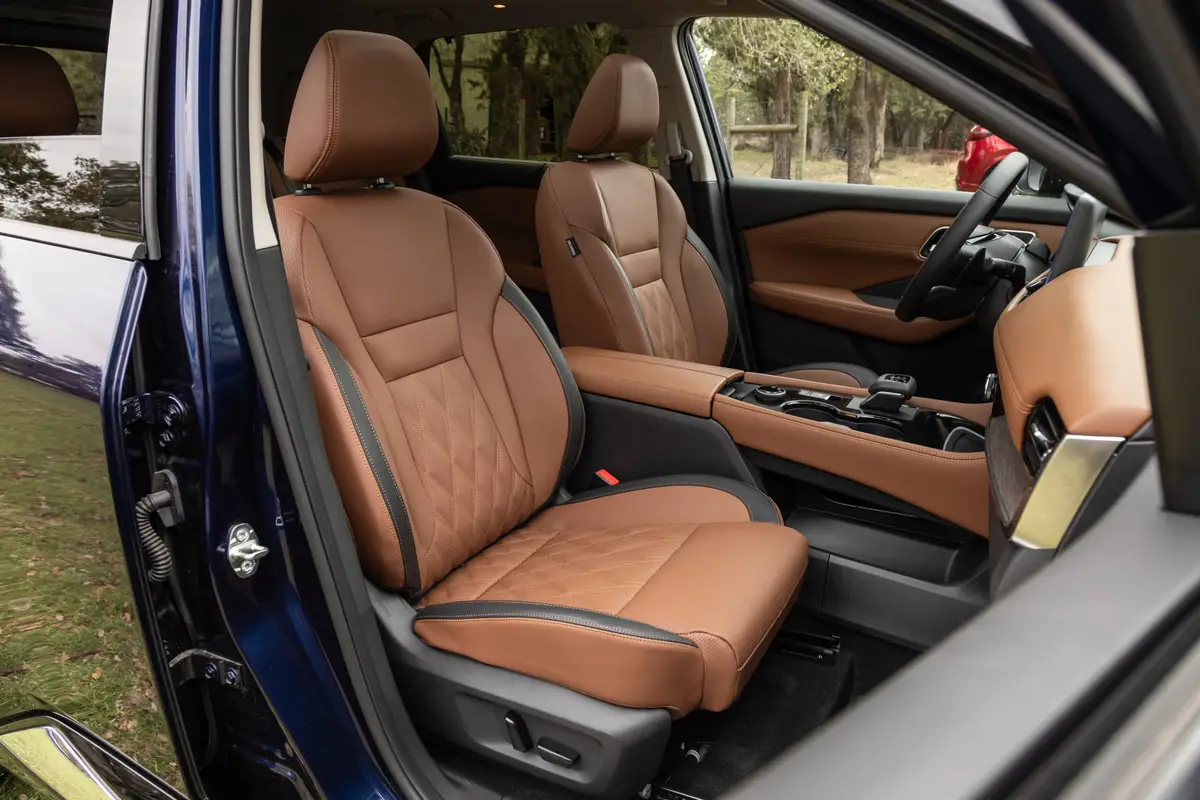
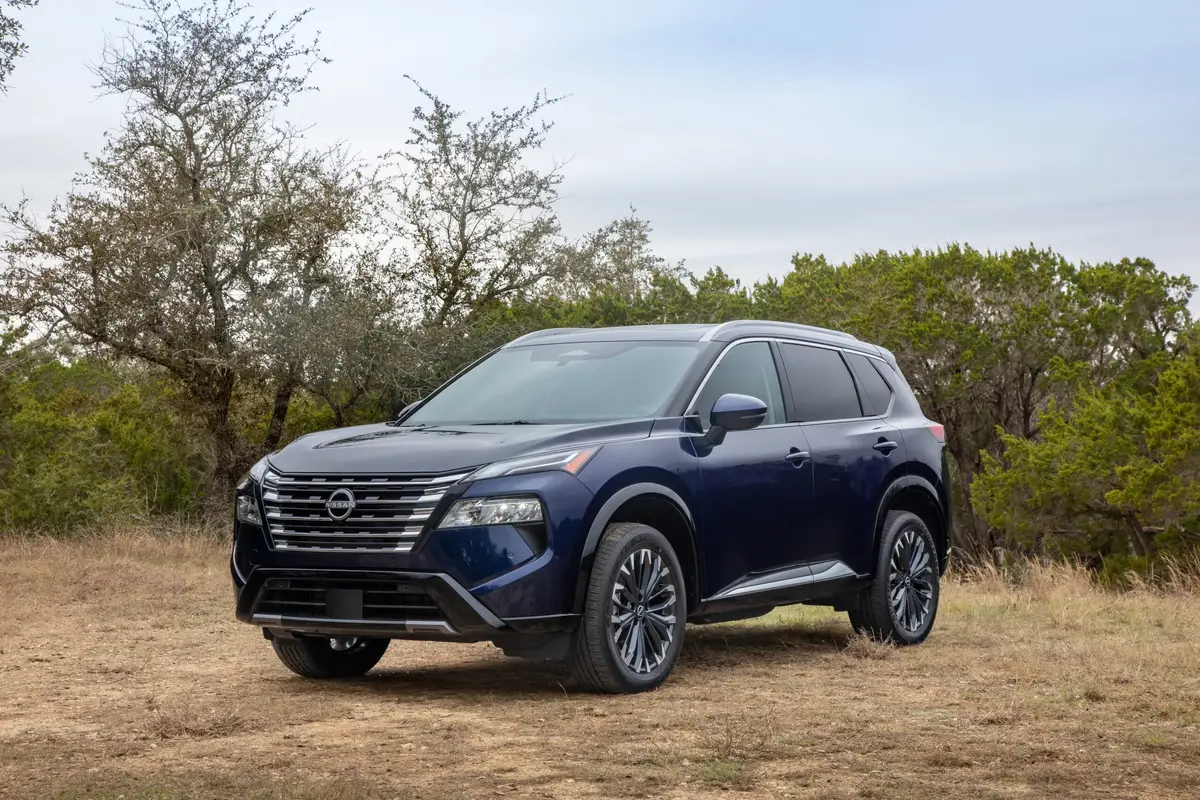
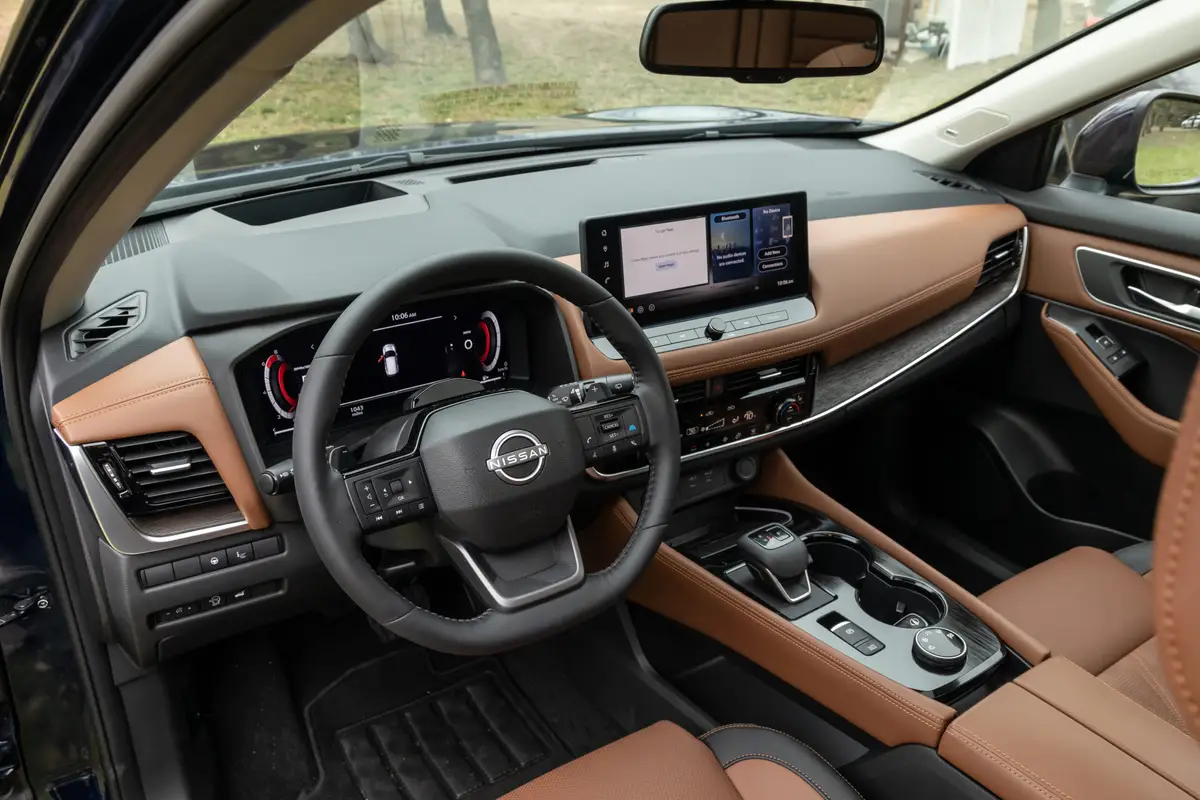
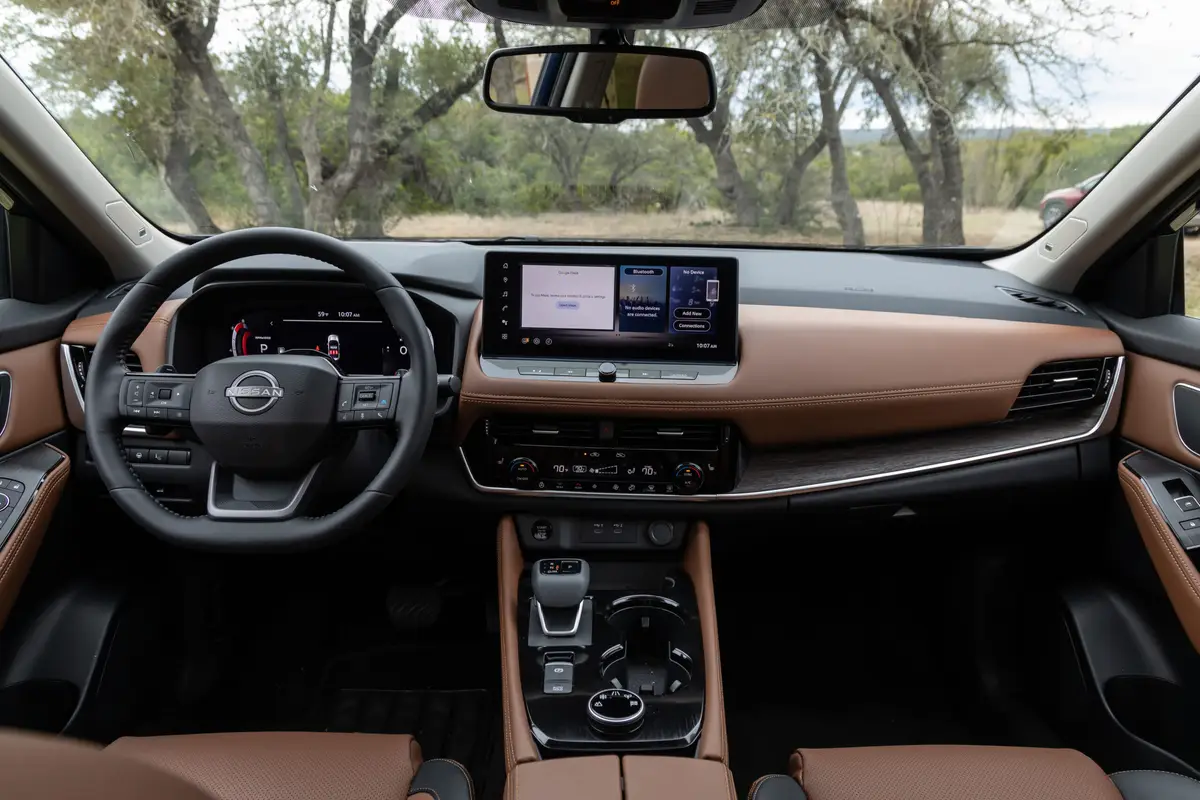
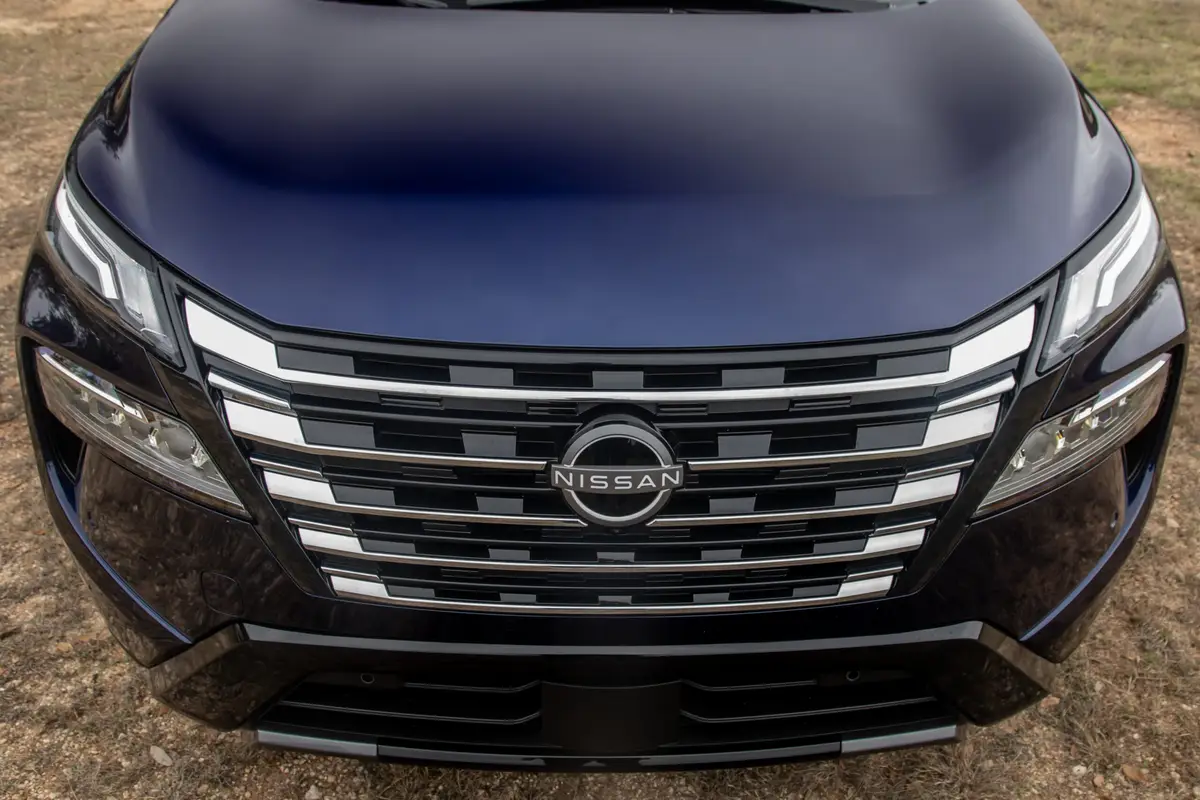
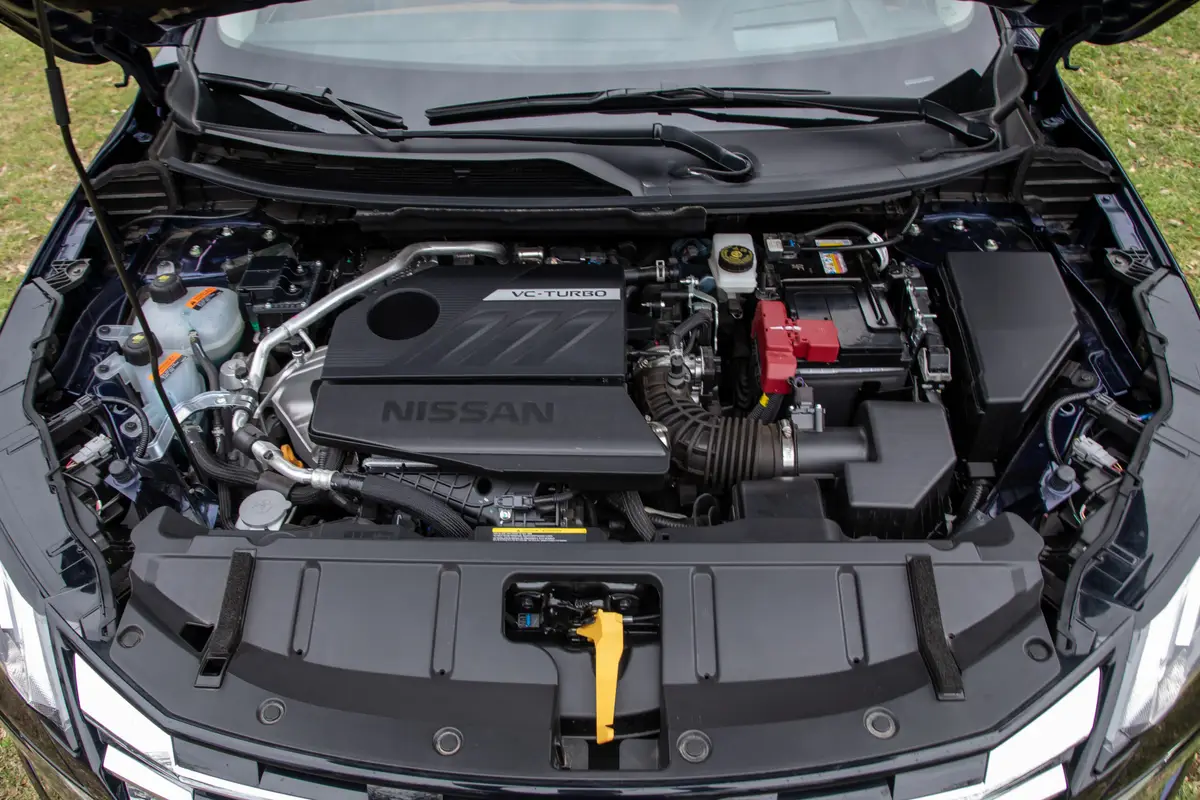
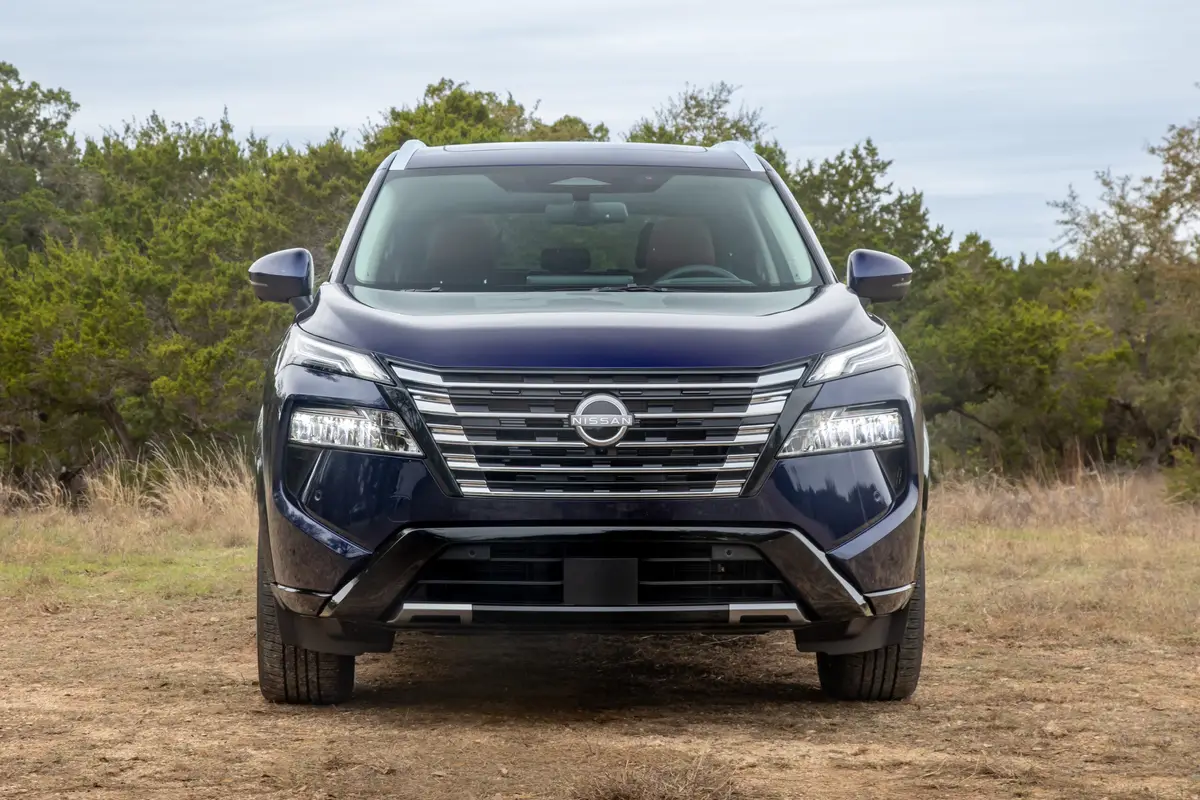
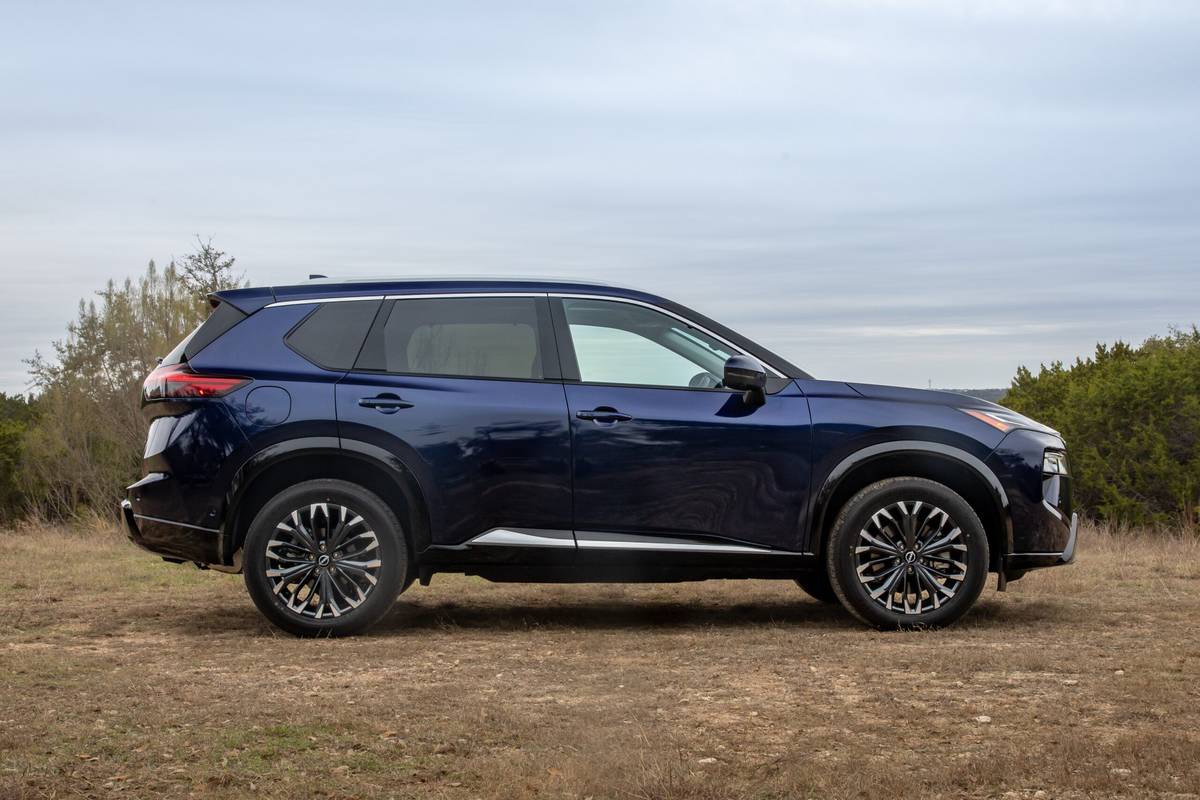
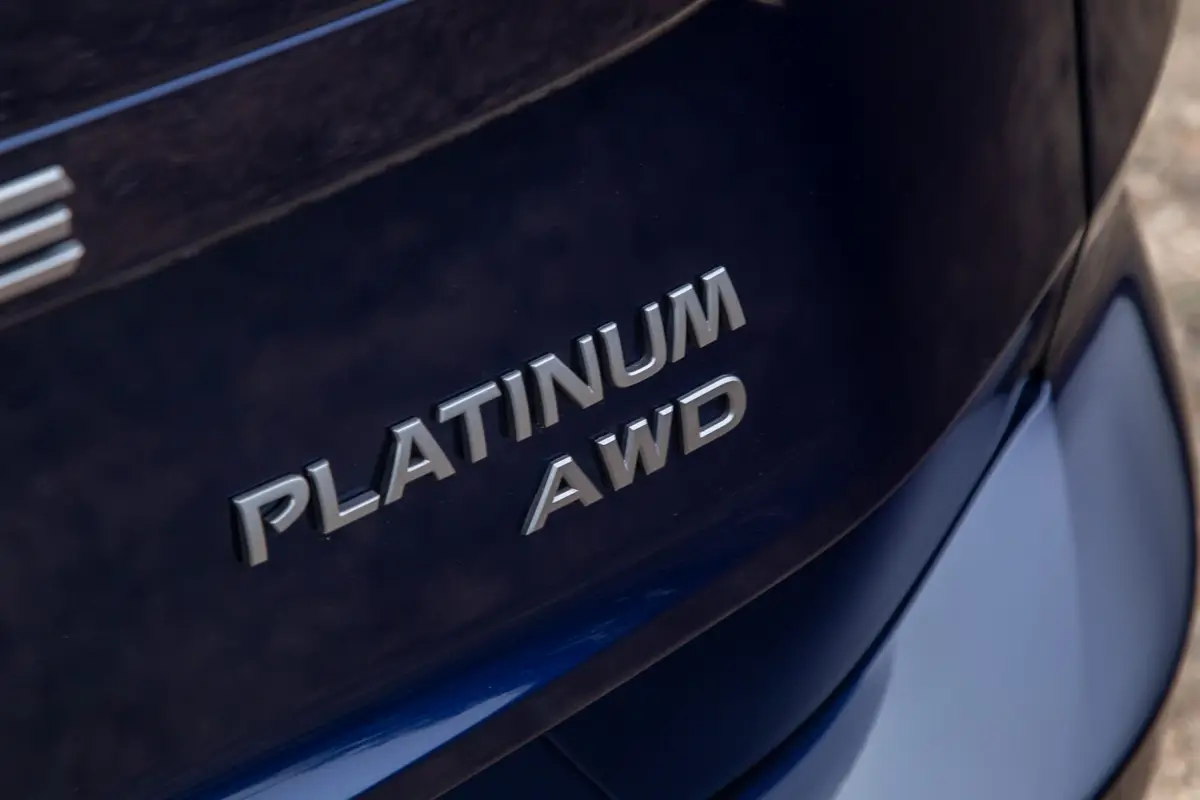
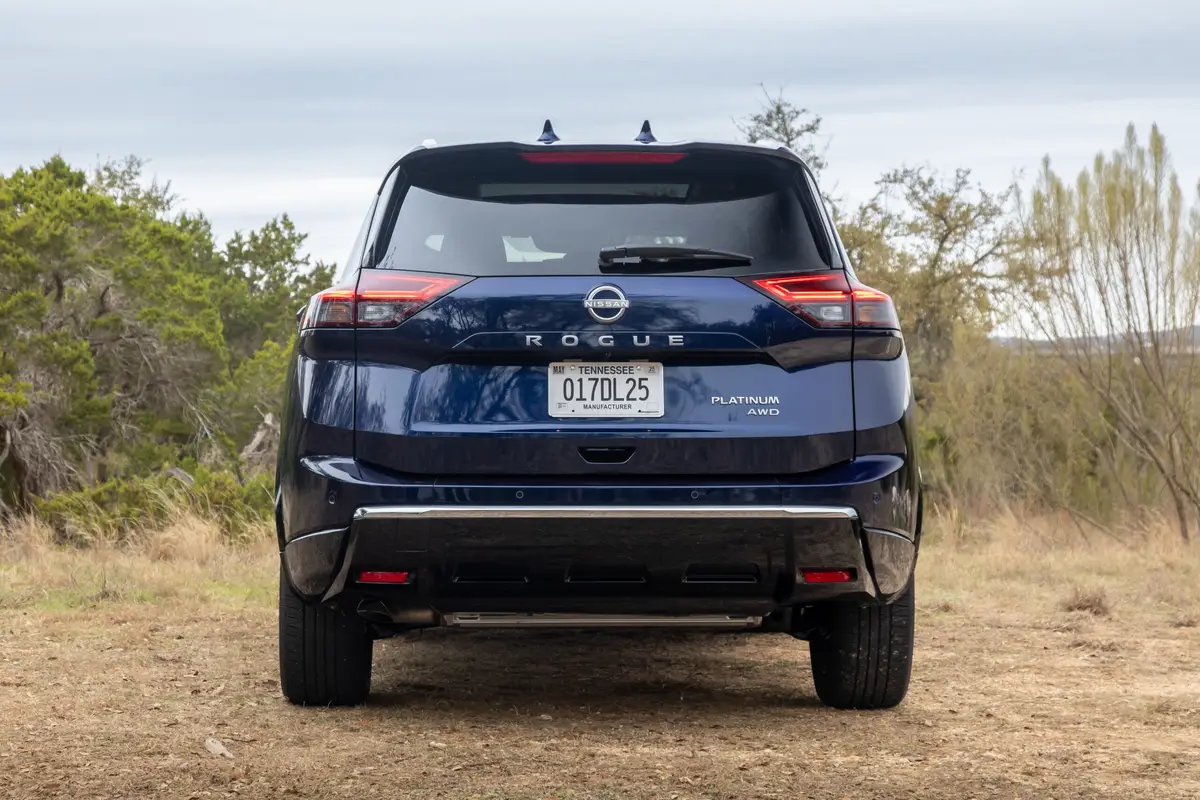
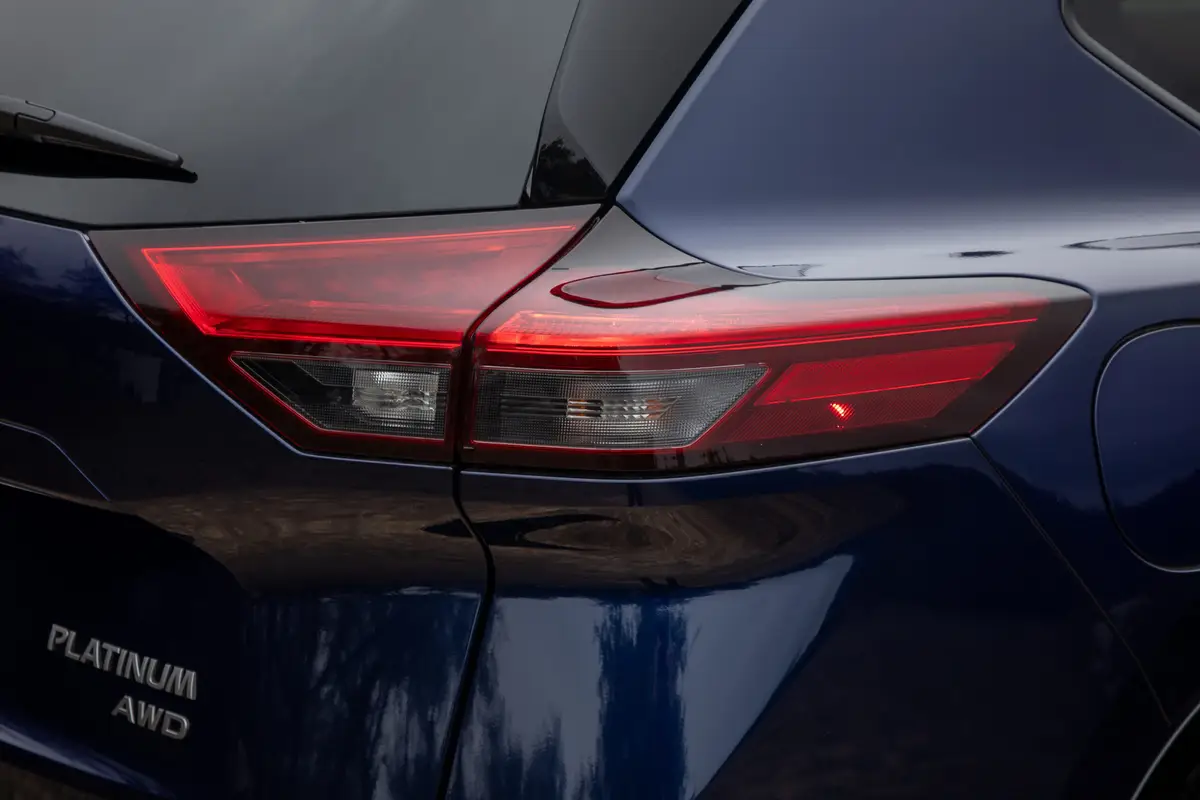
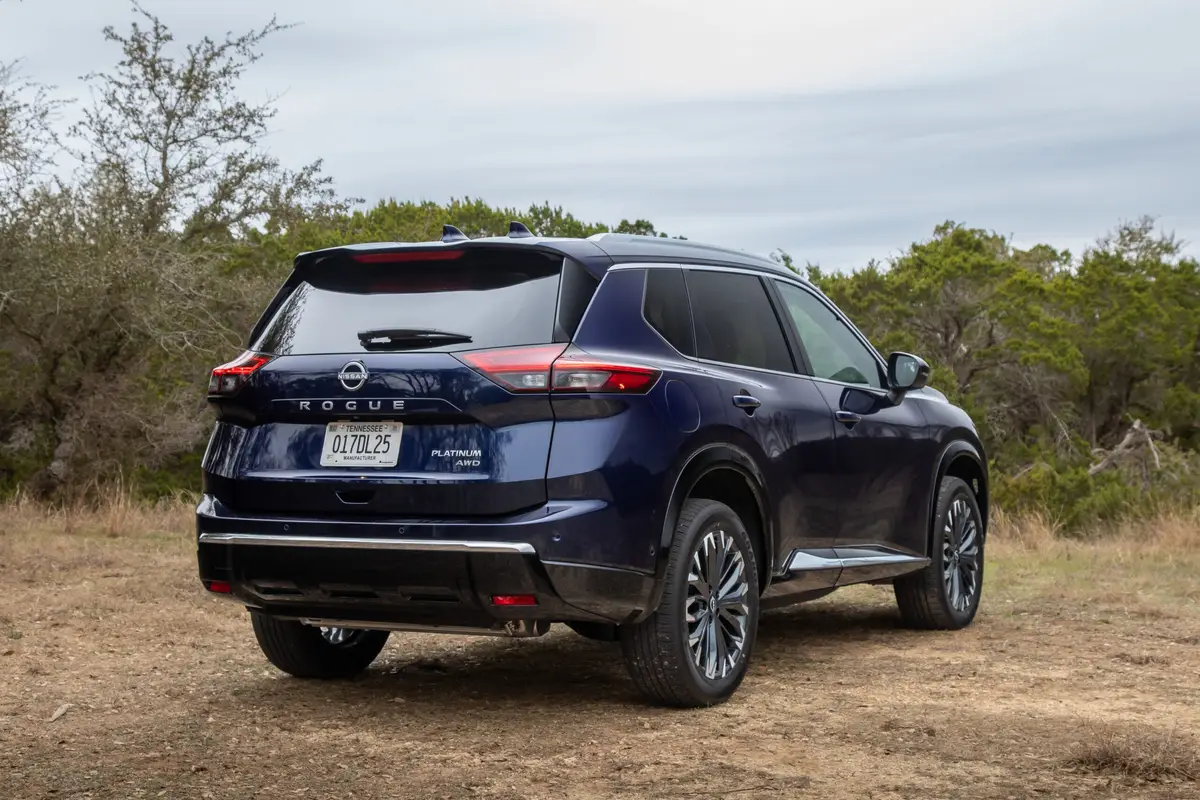
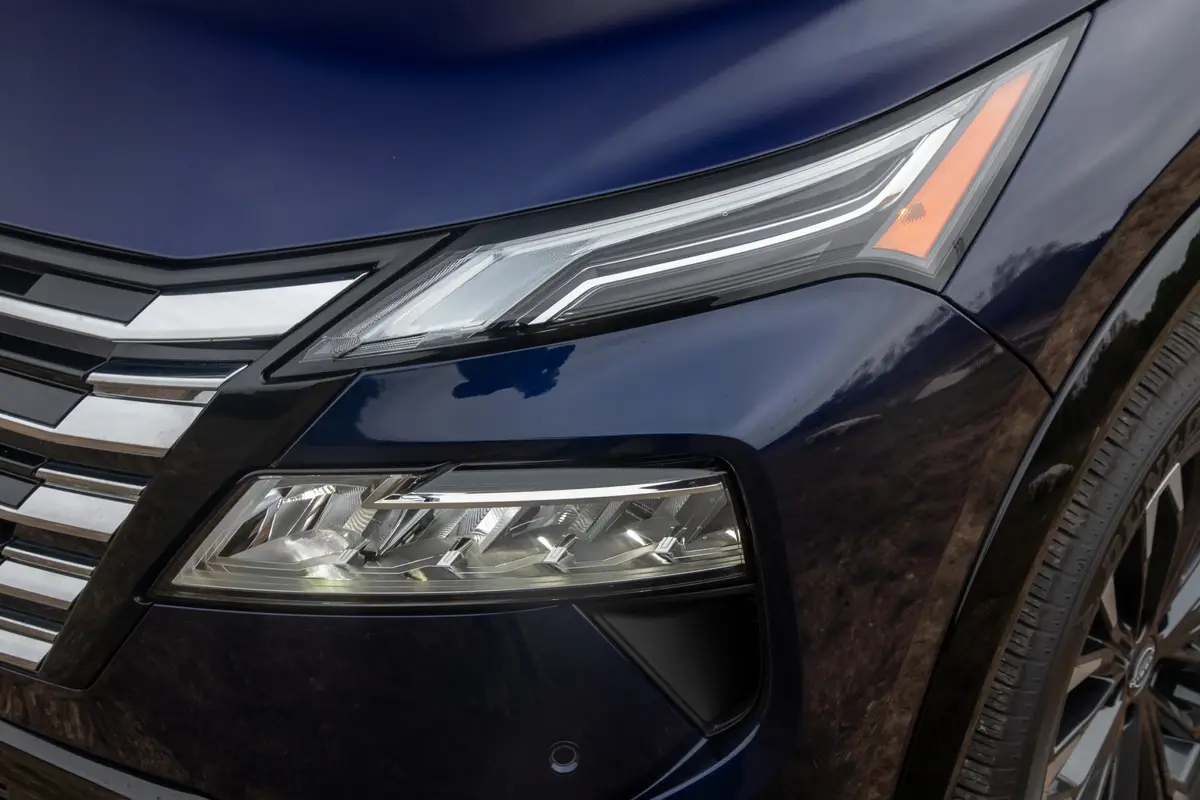
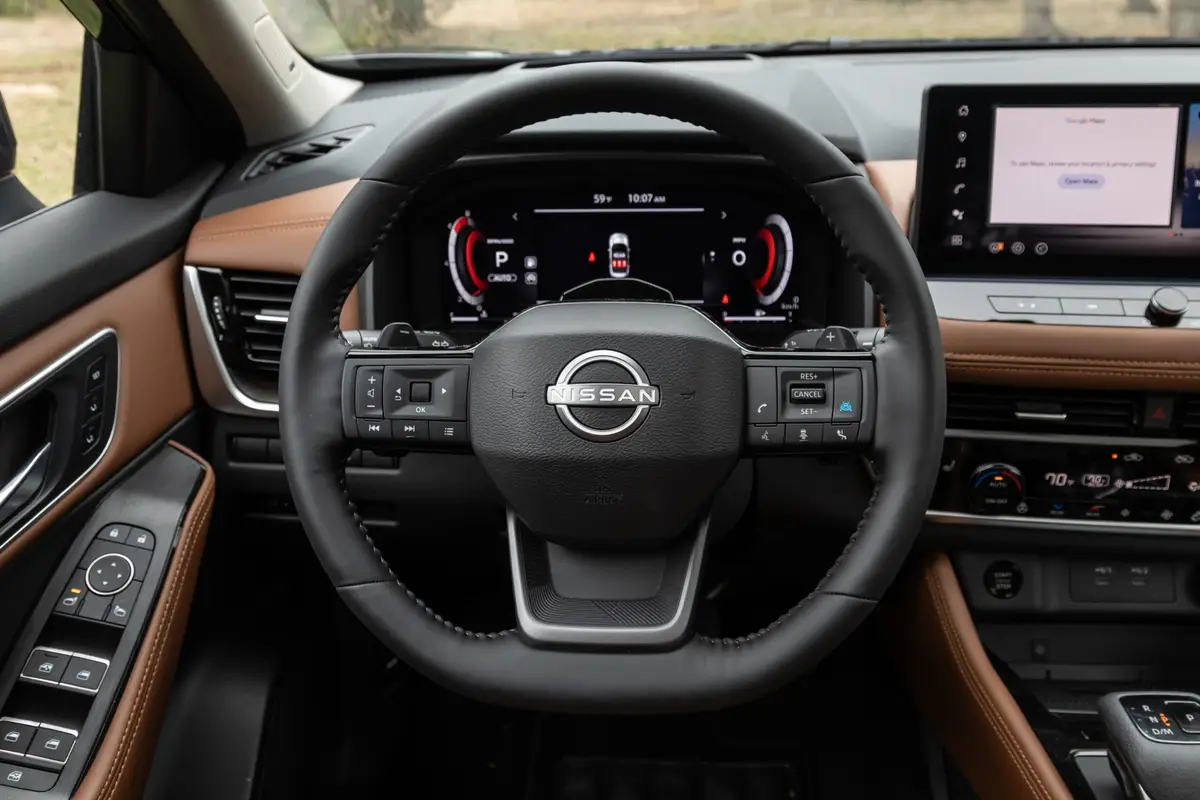
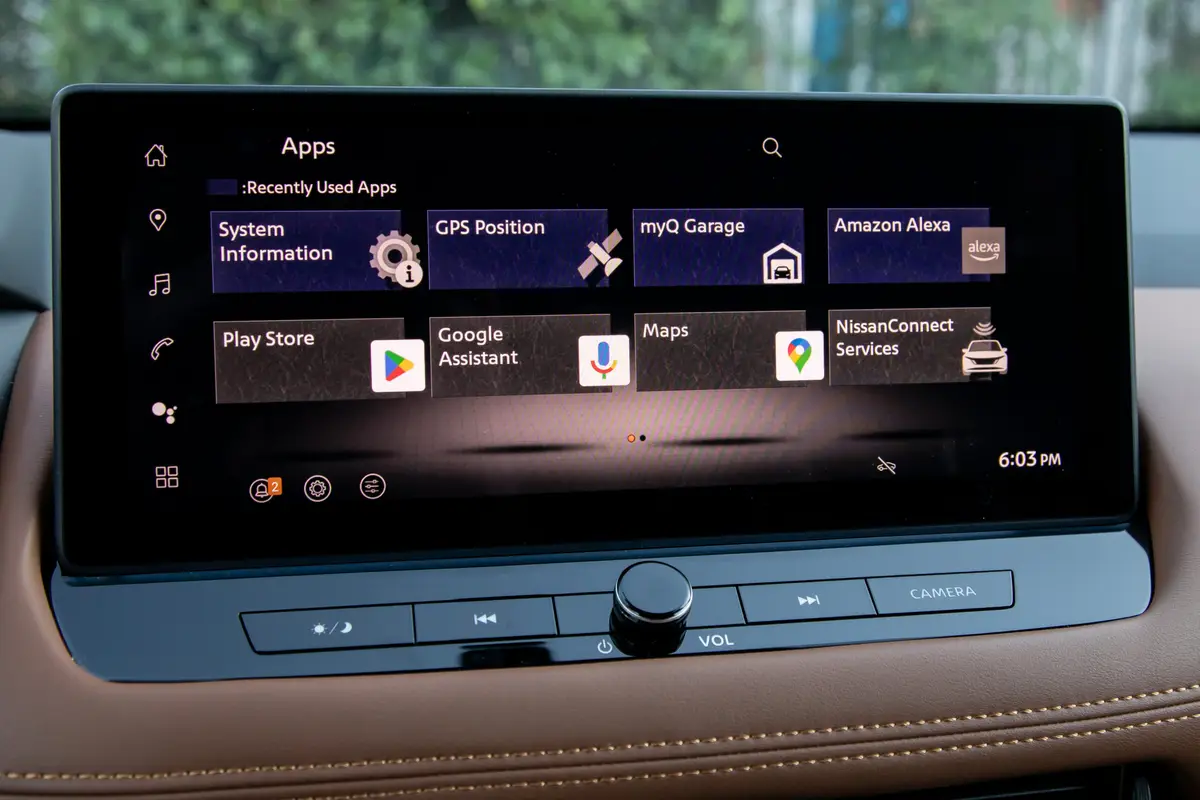
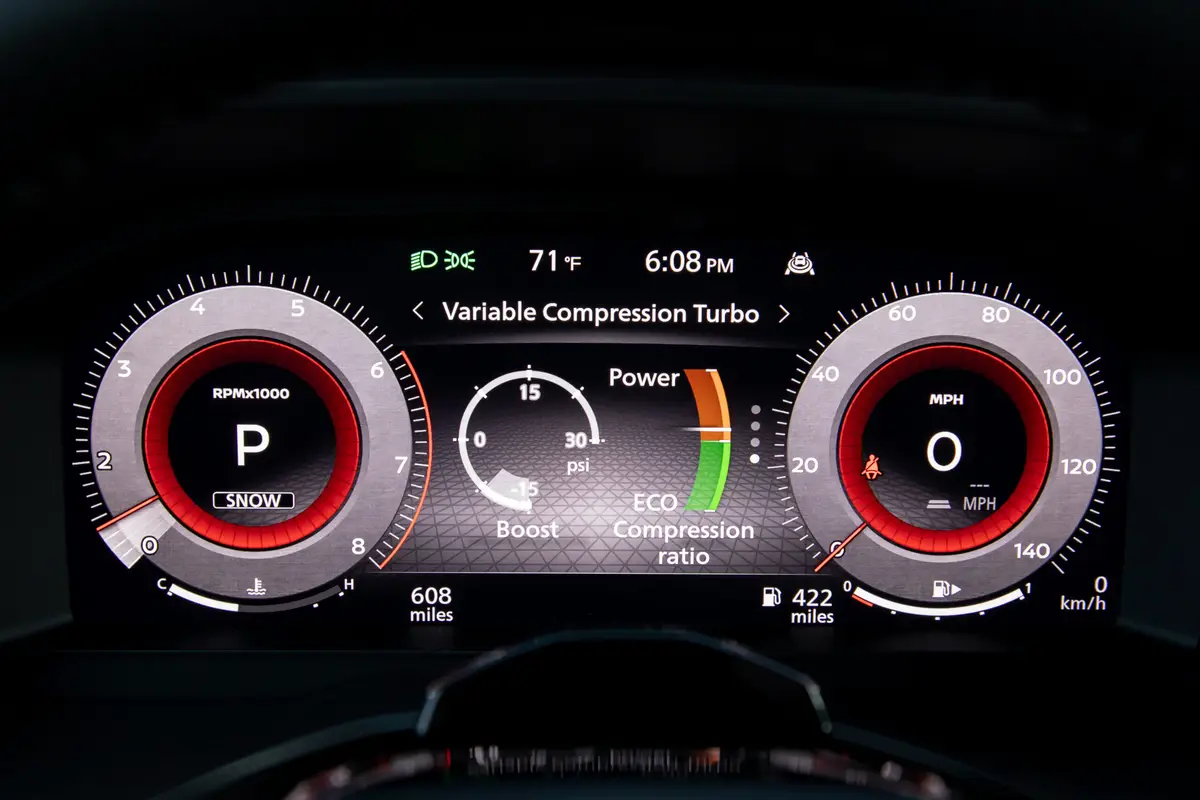
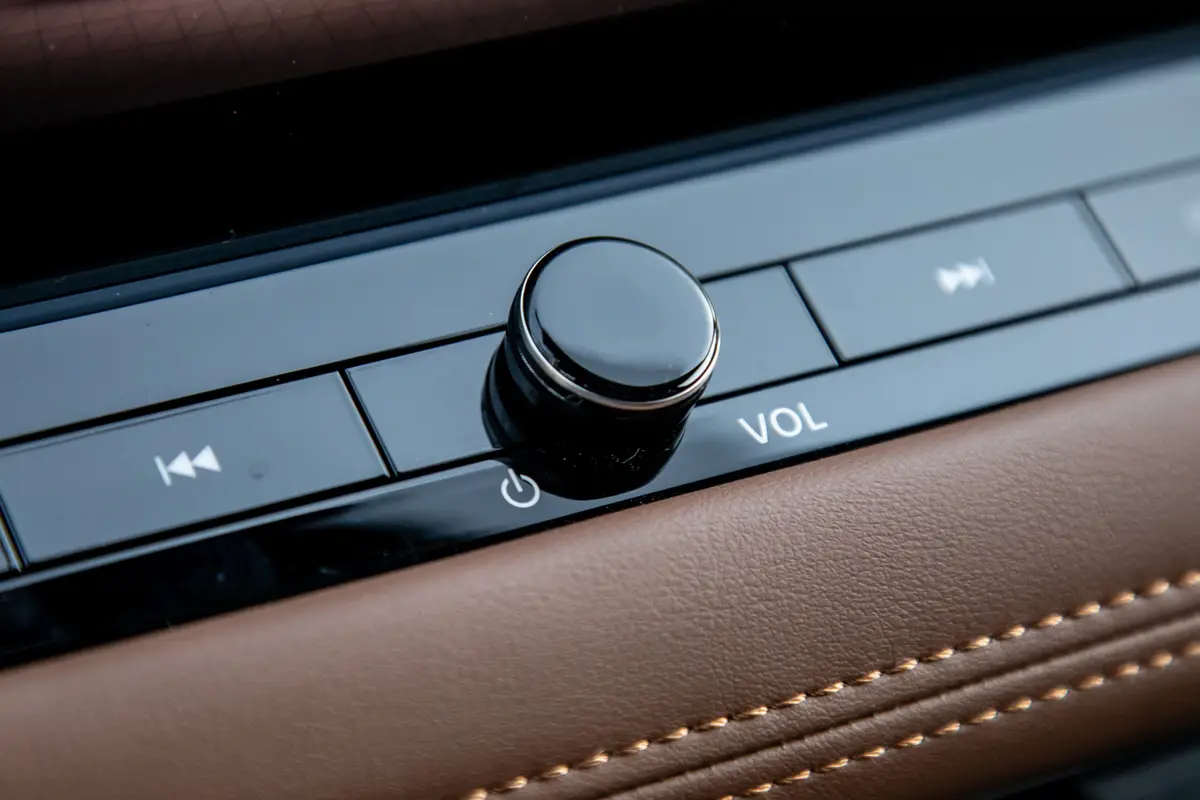
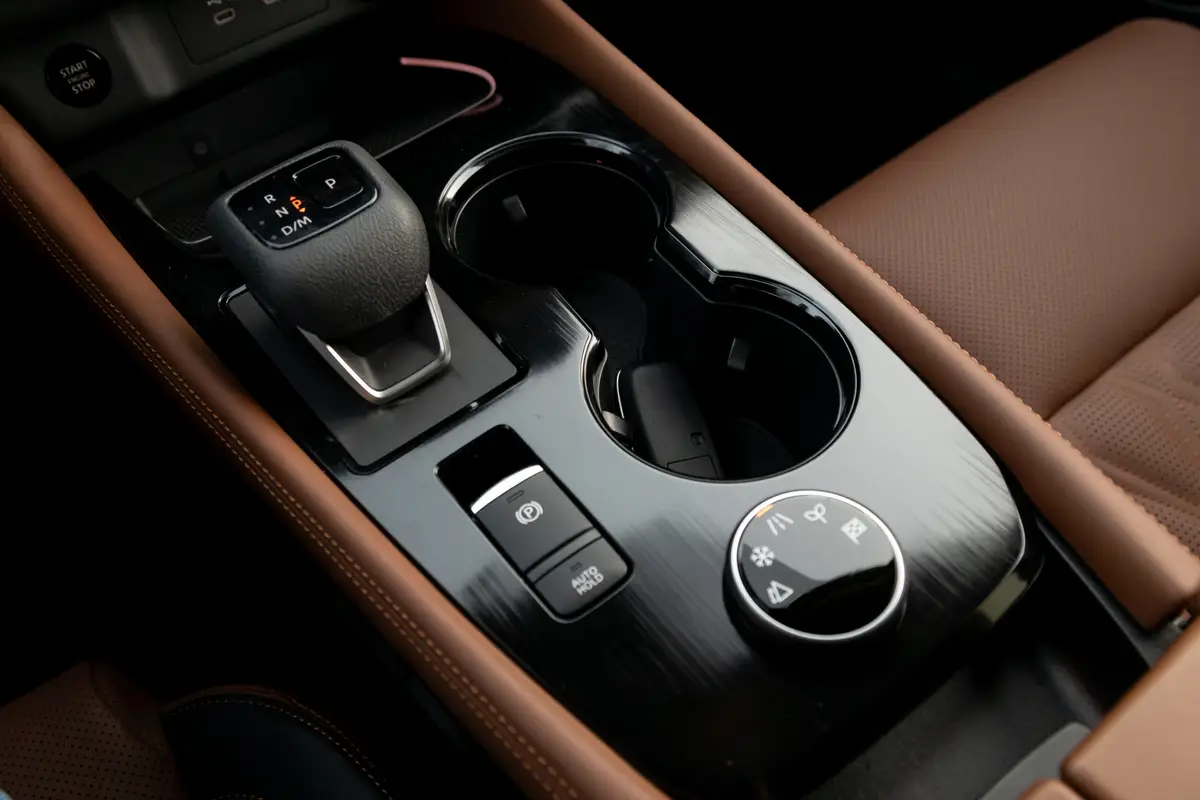
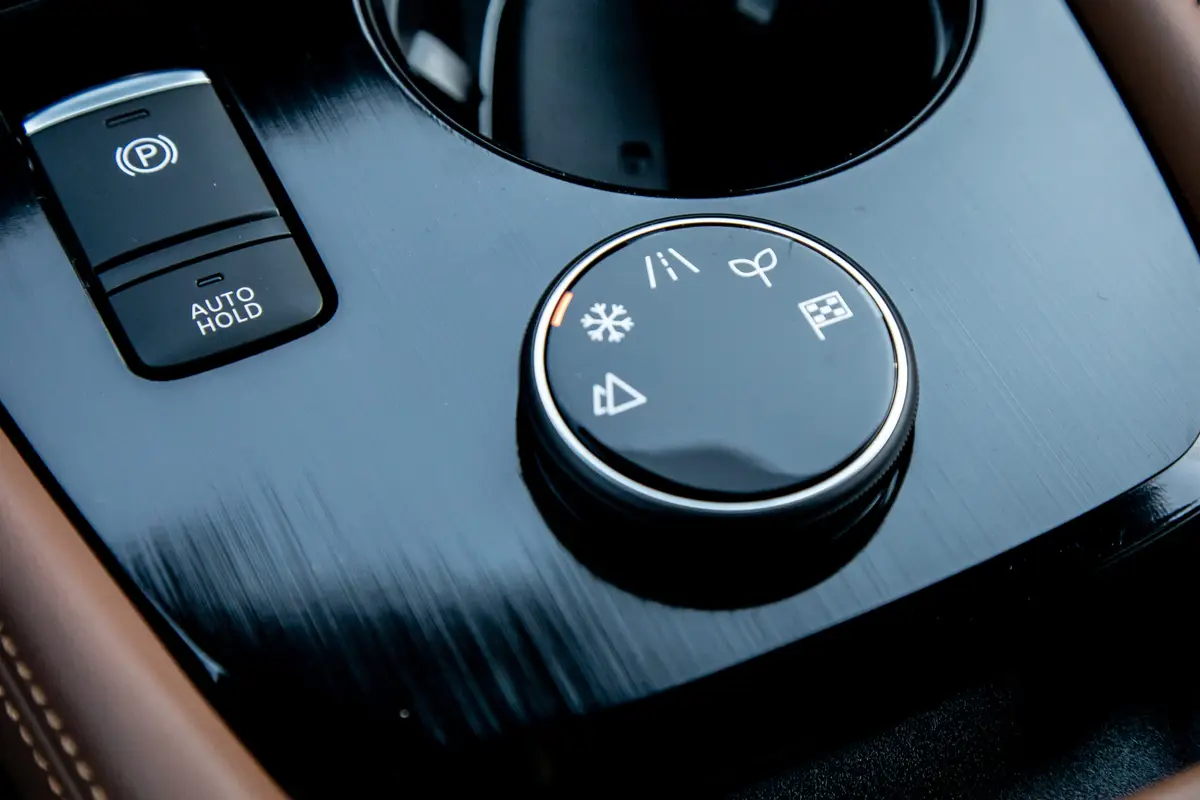
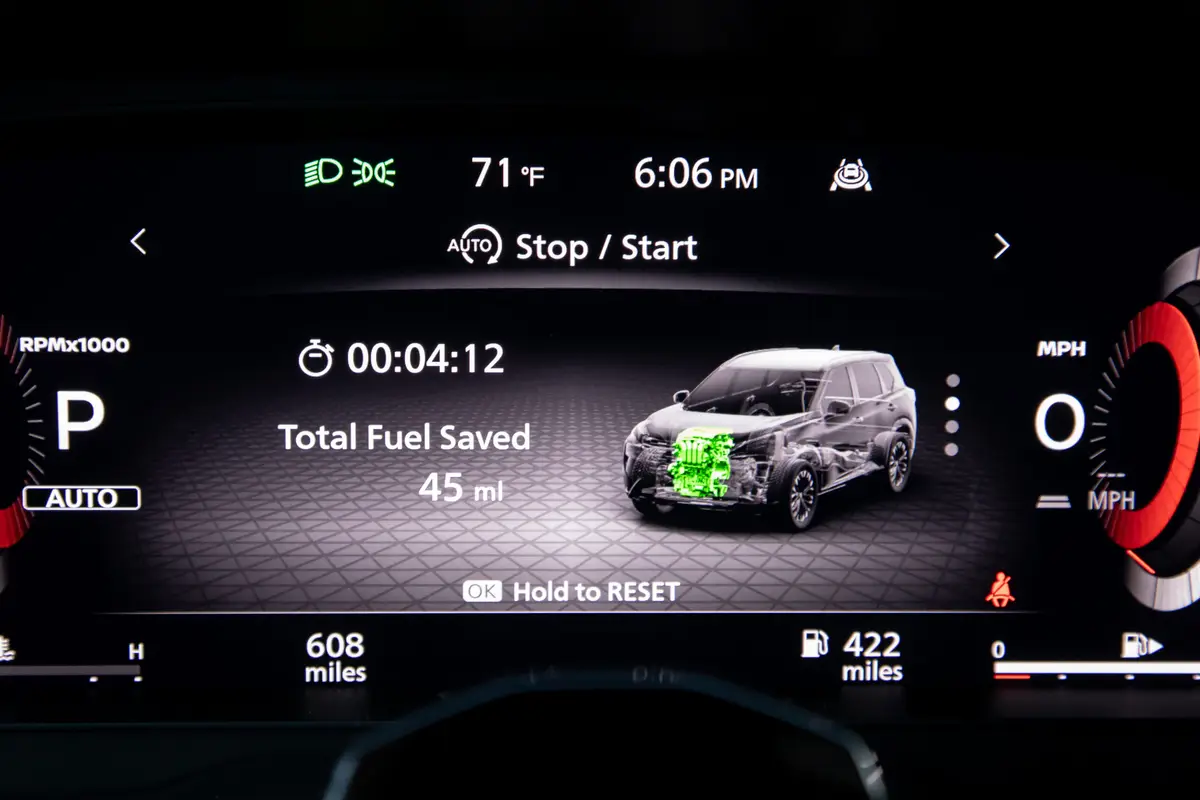
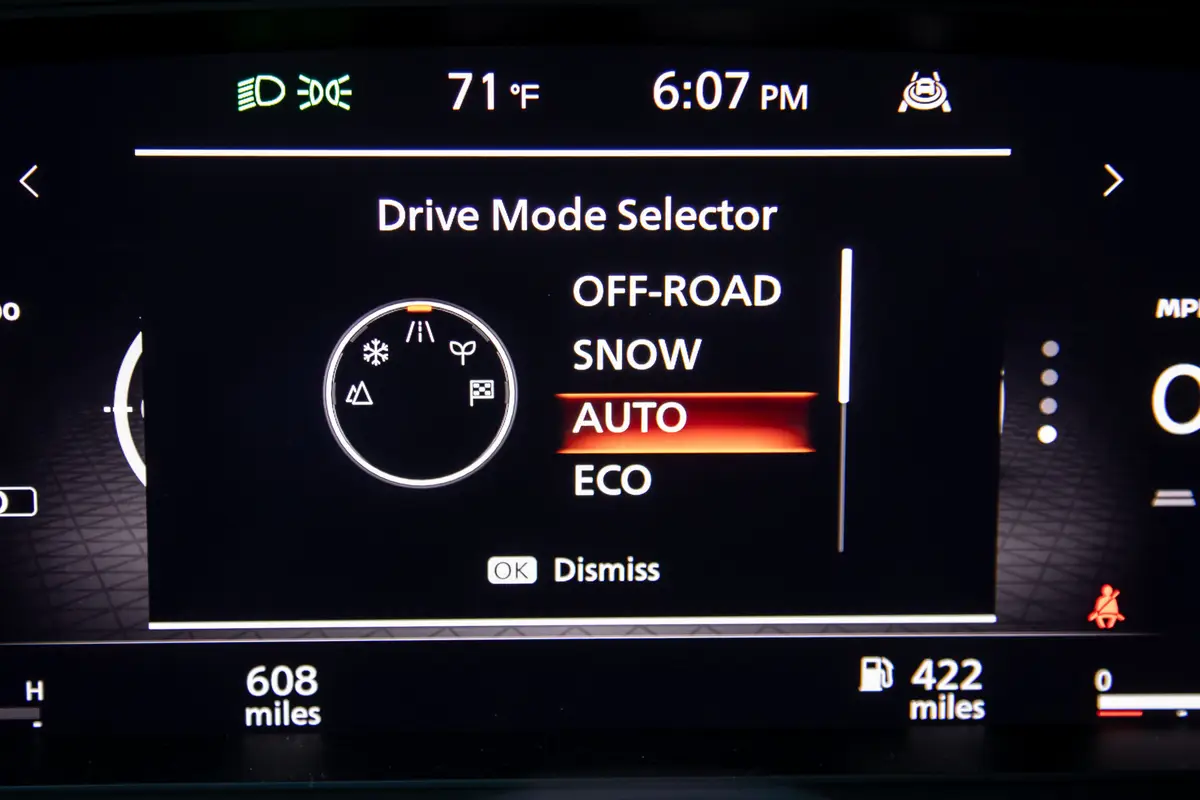
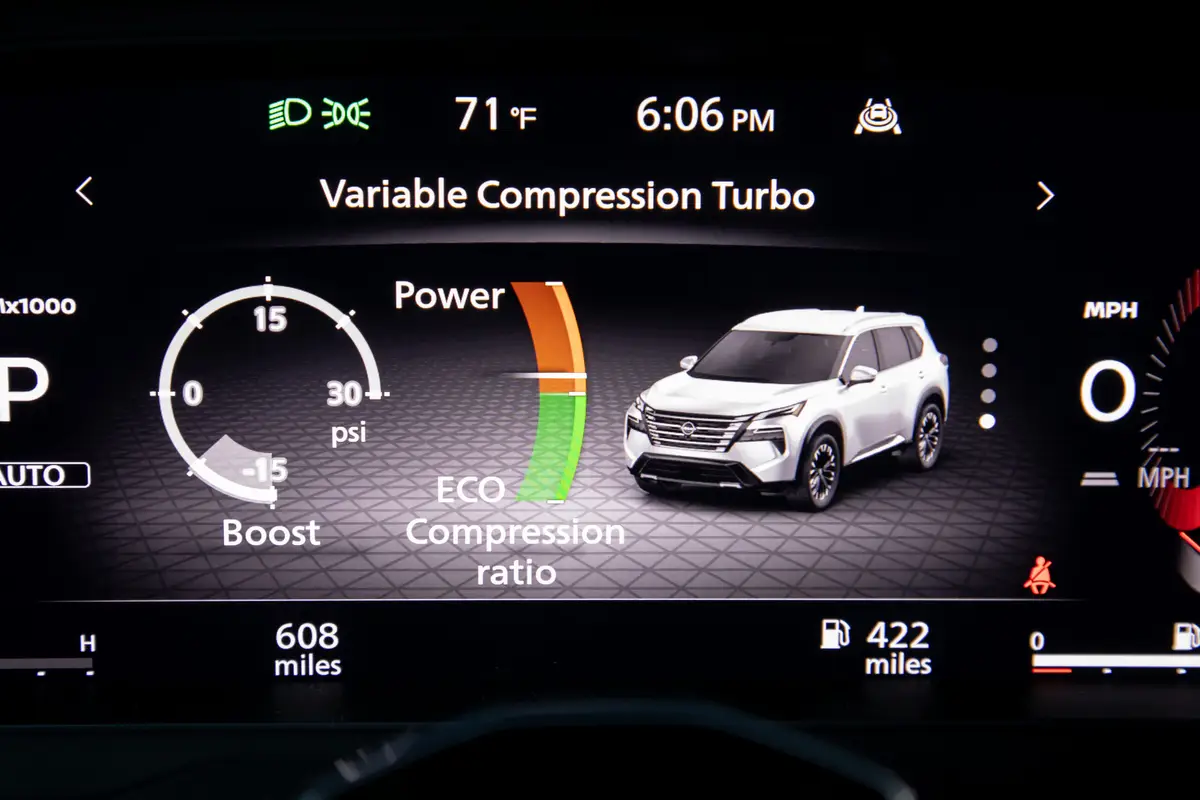
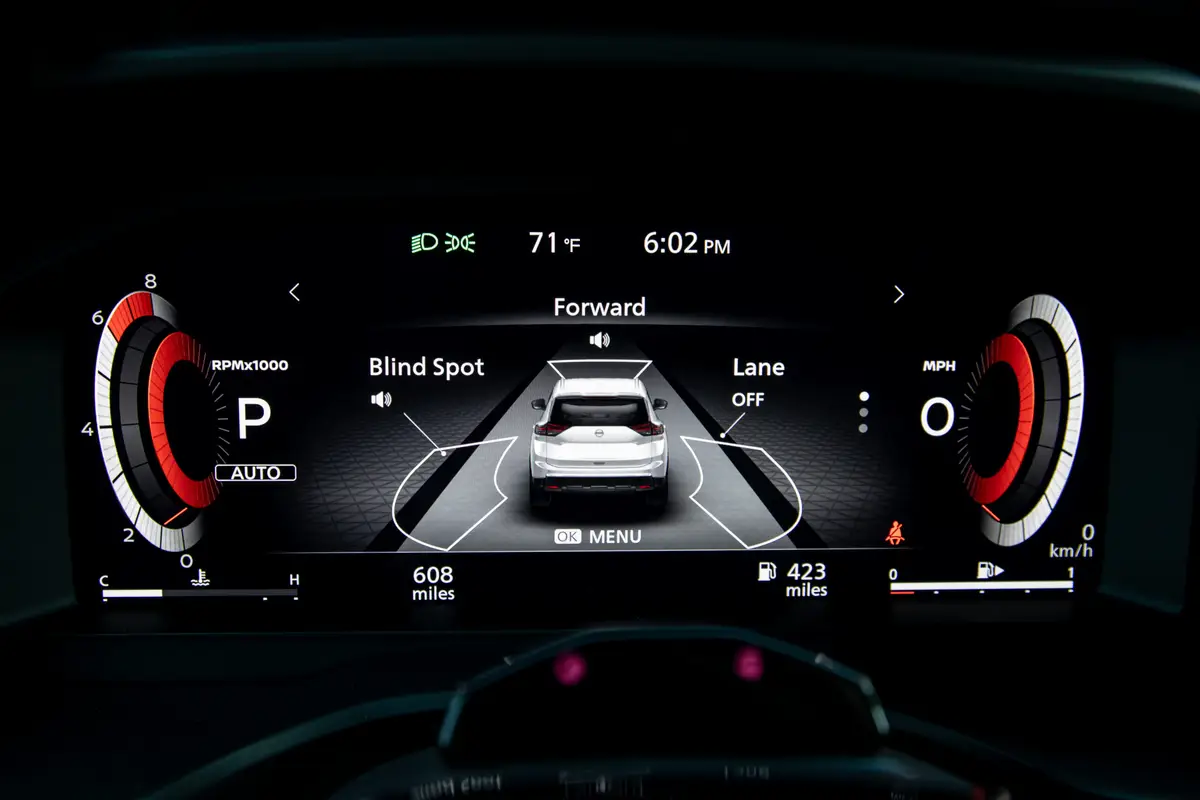
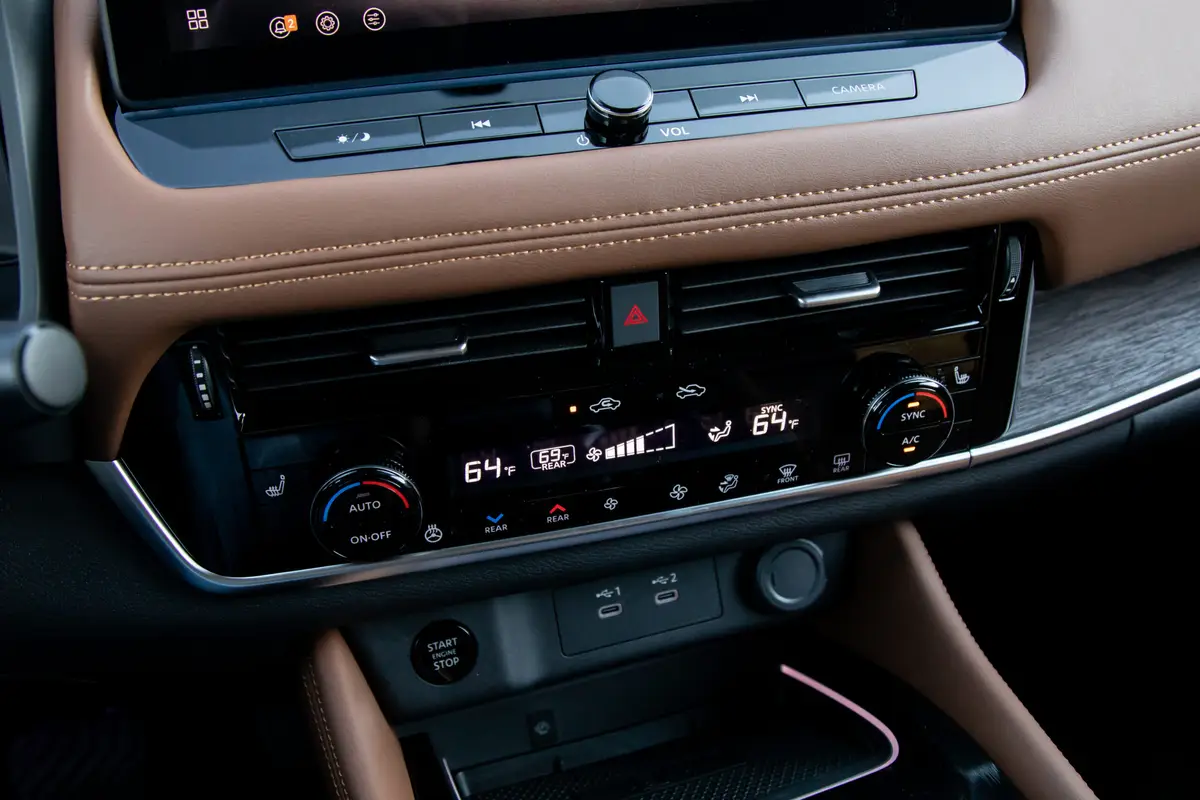
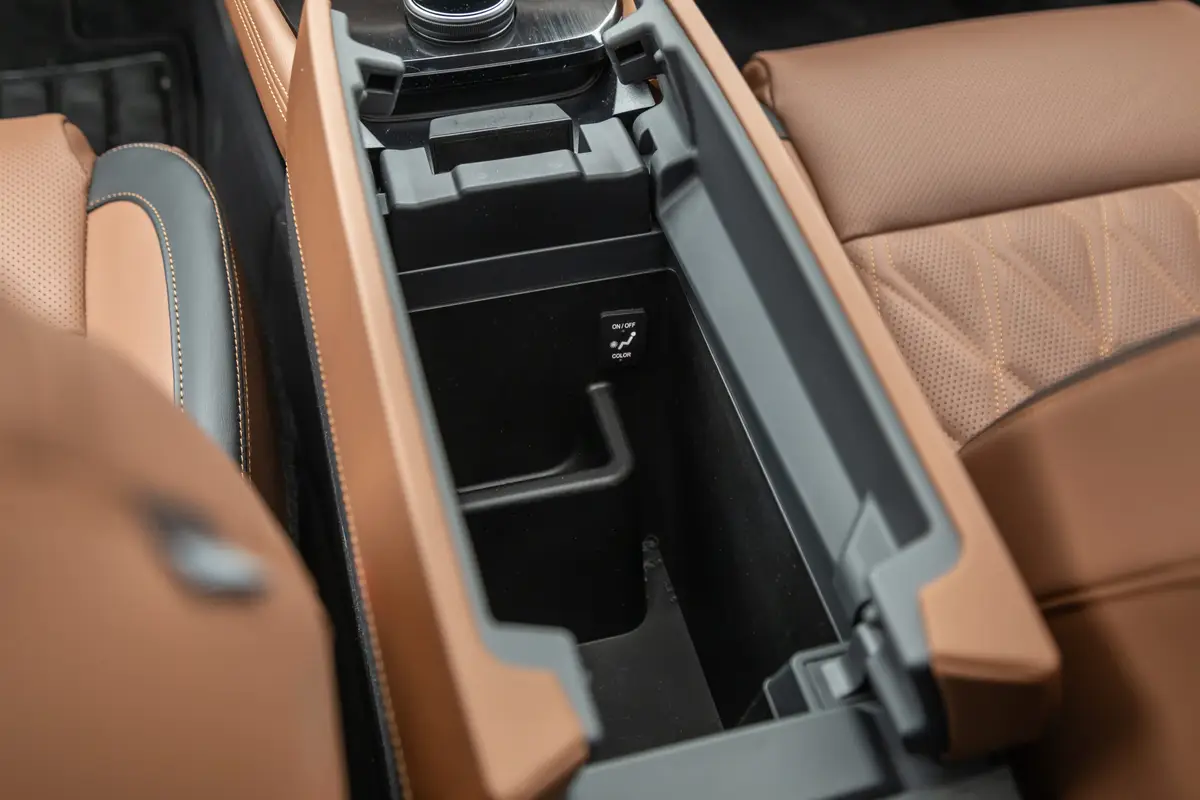
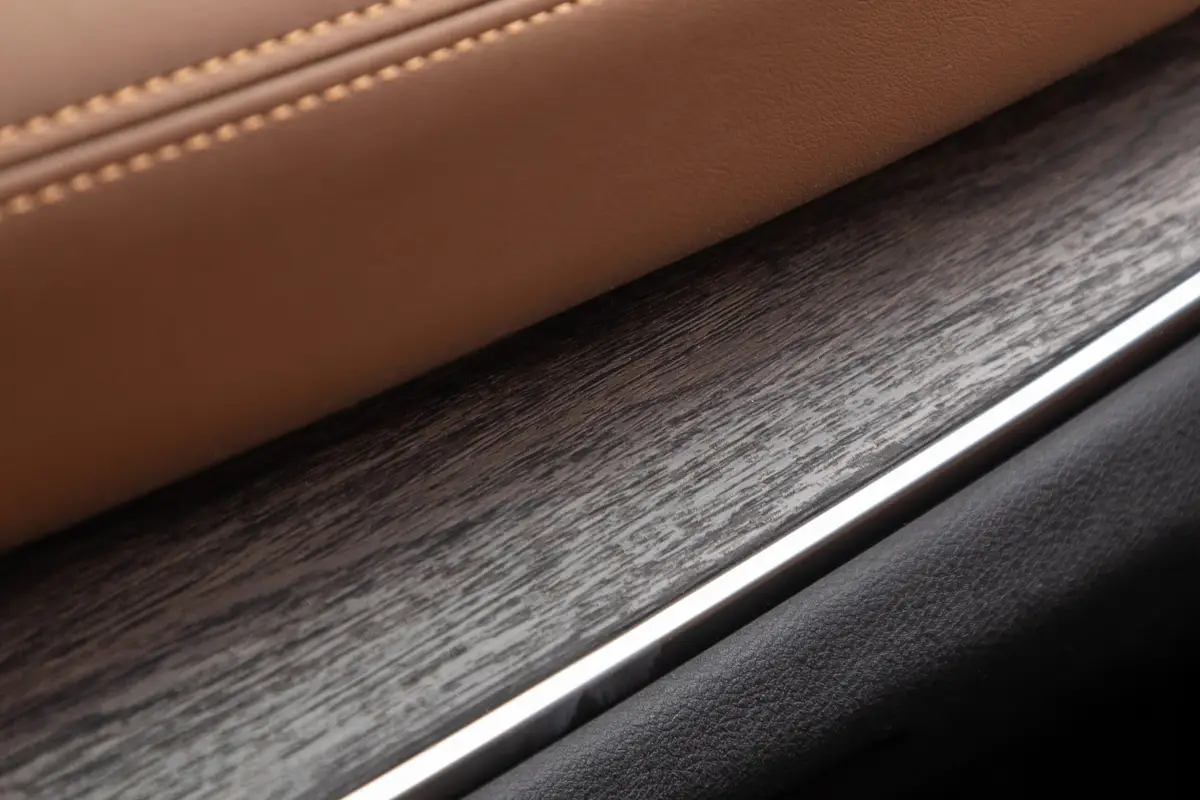
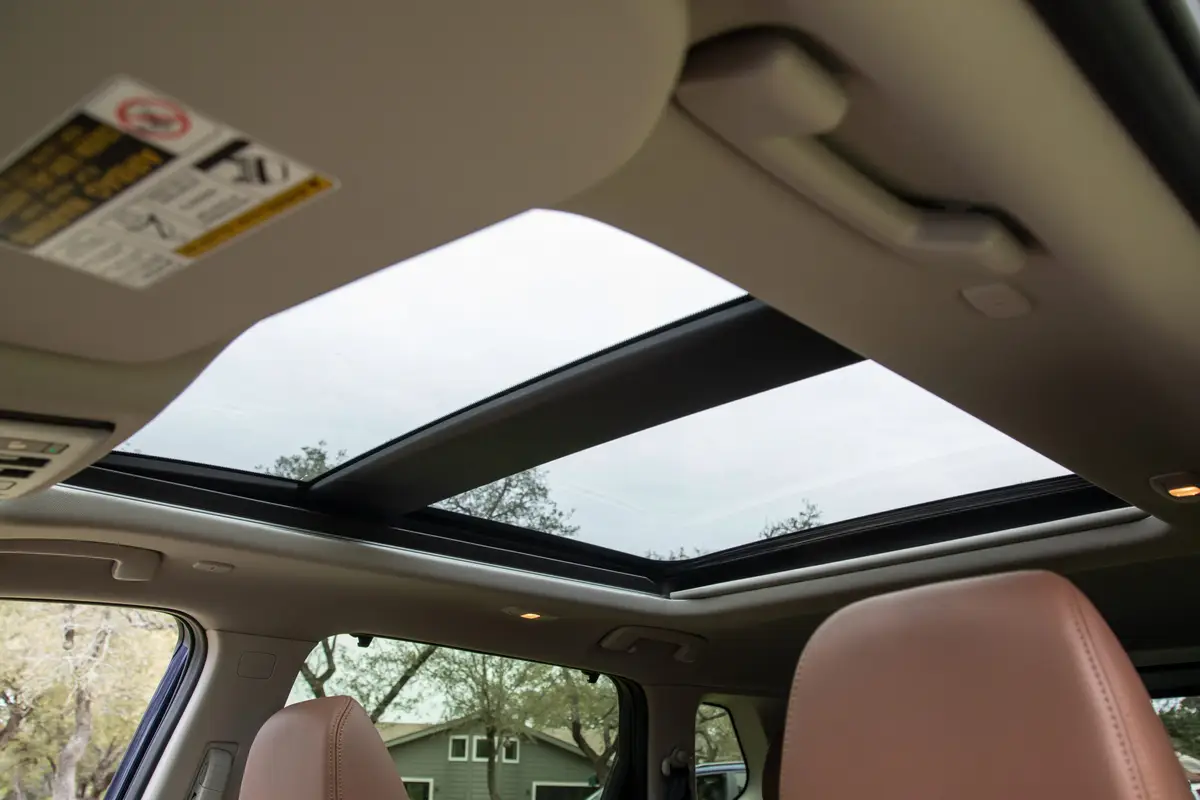
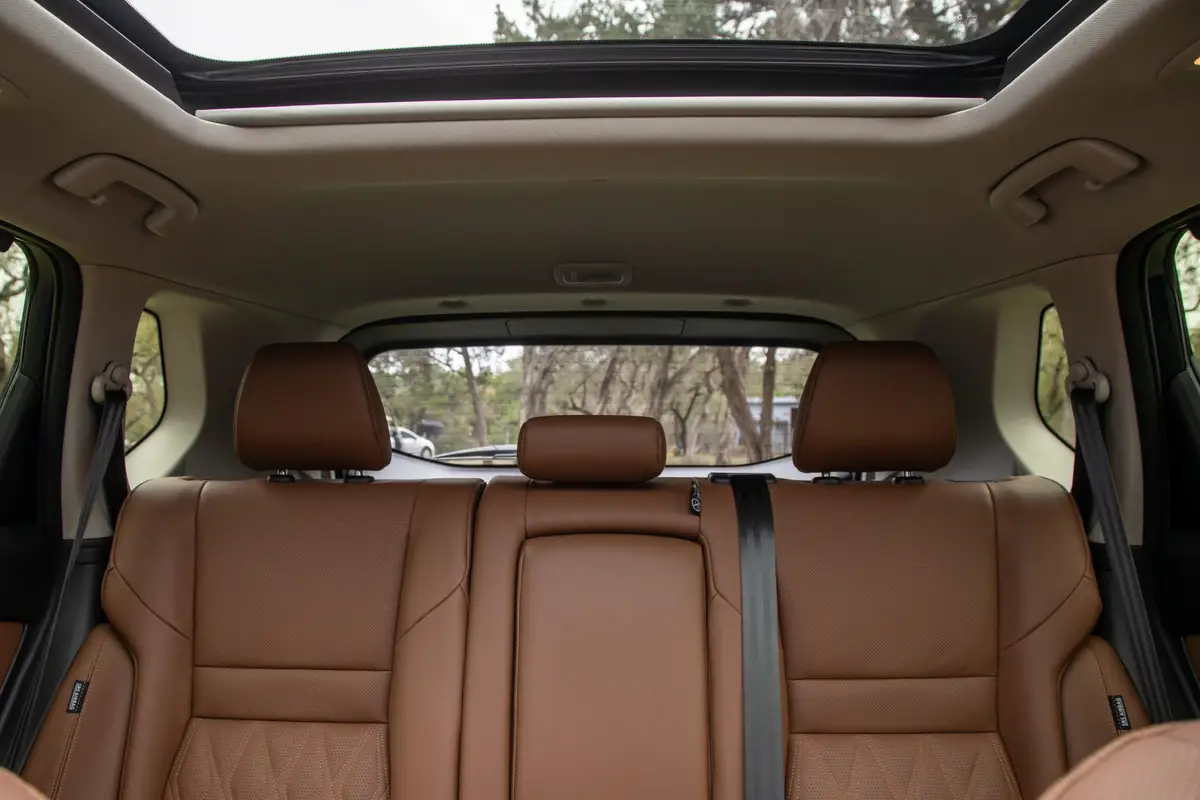
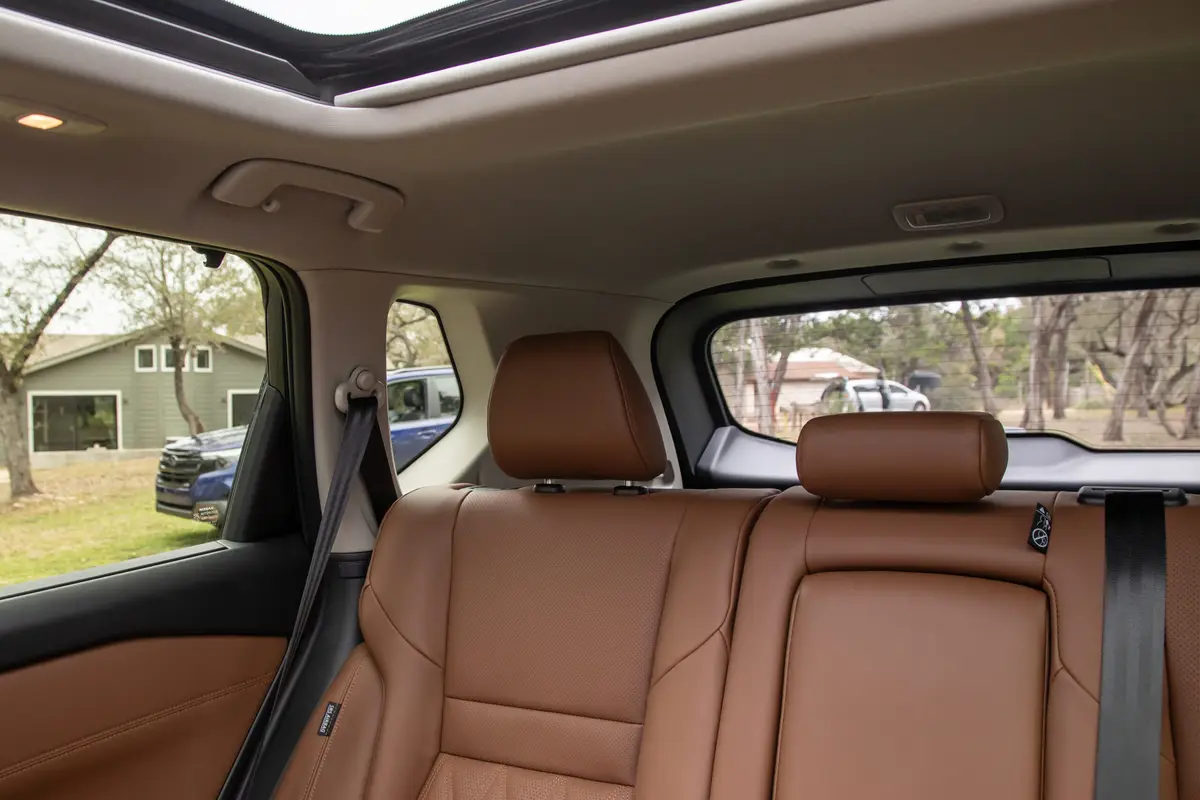
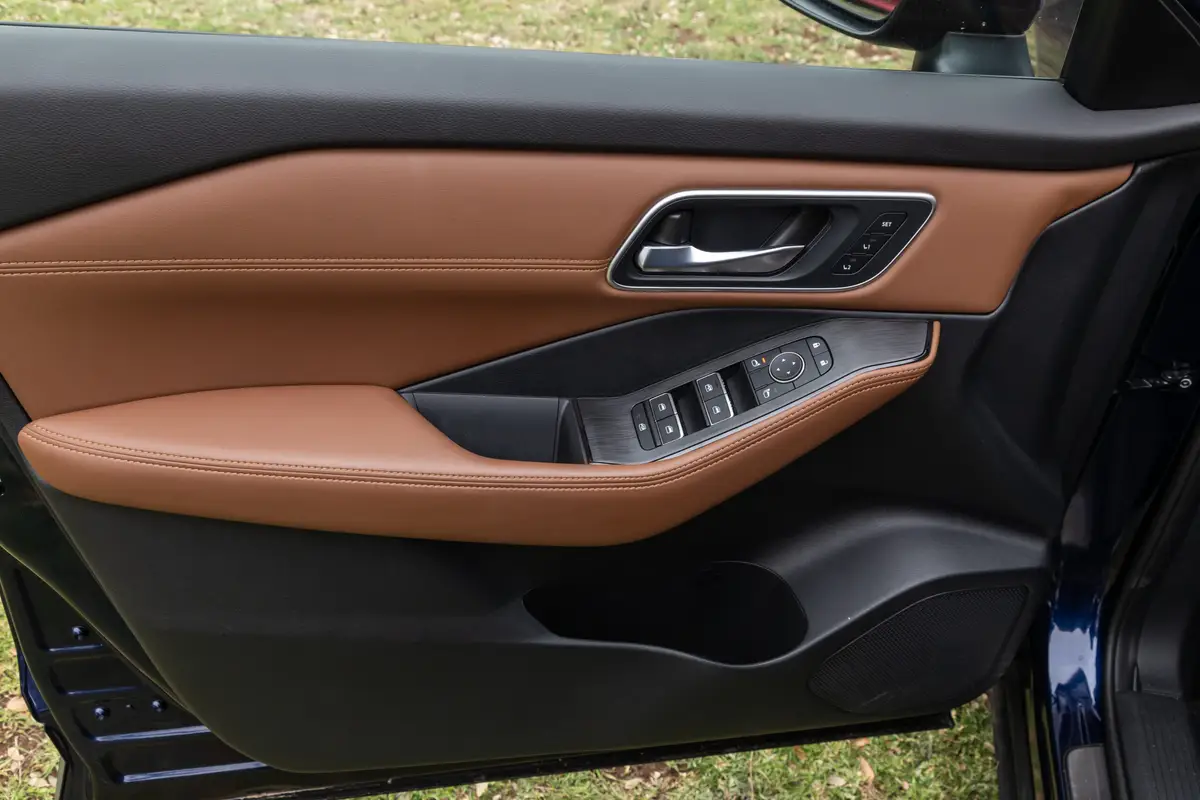
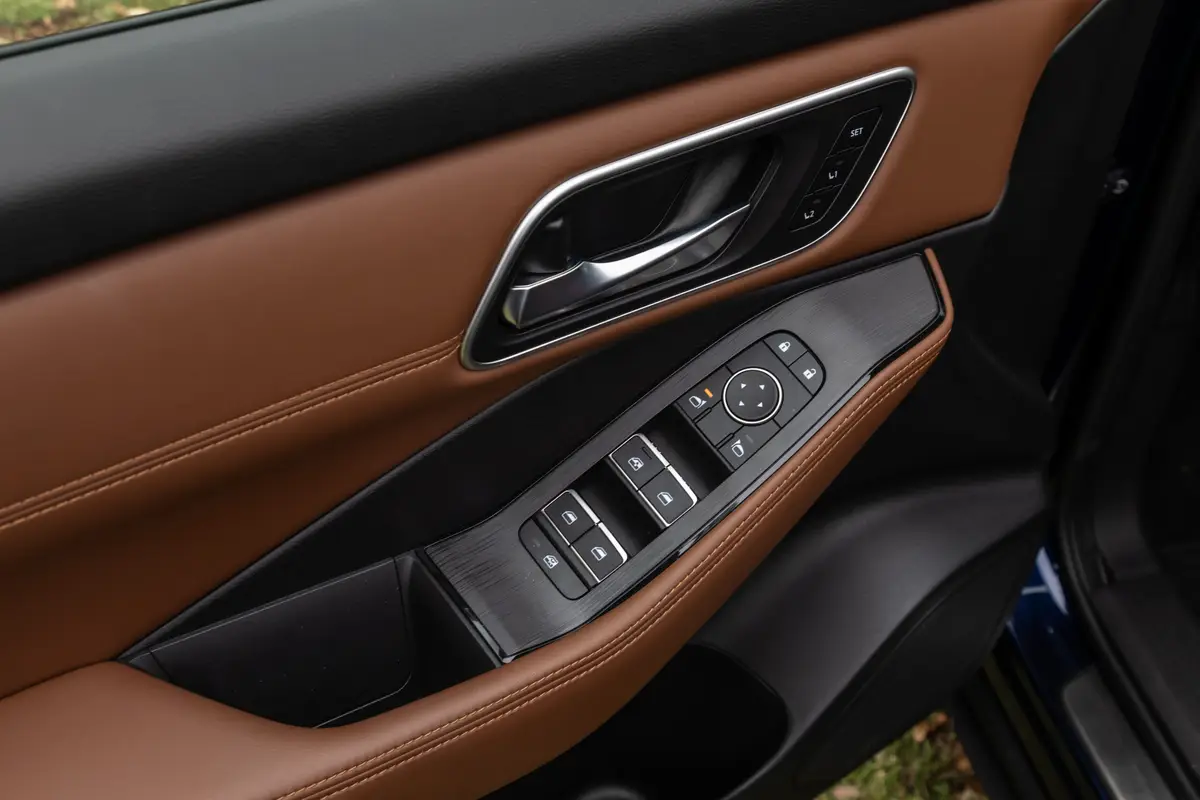
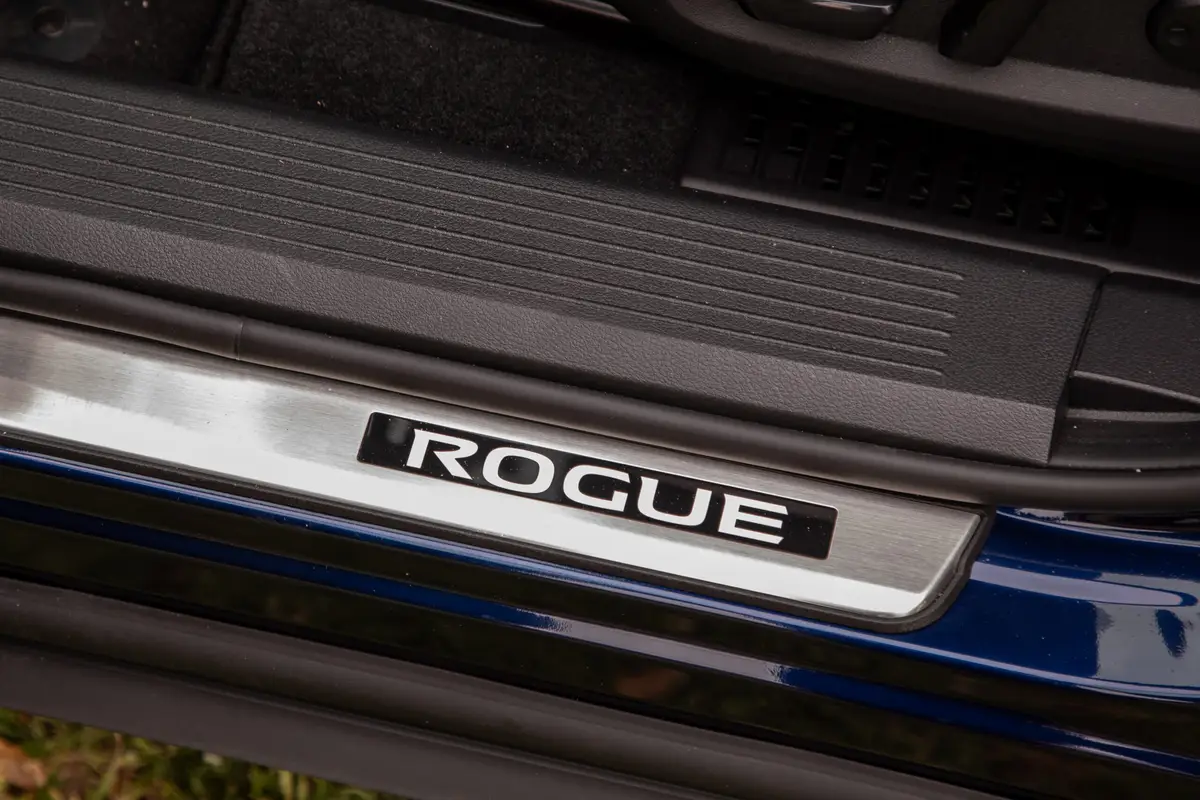













































Our Test Vehicle
- As-tested price: $48,330
- Powertrain: 201-hp, turbo 1.5-liter three-cylinder with CVT
- Observed fuel economy (mpg): 30.8, fifth
- Cargo space (cubic feet): 18.5, fourth
The Rogue was last redesigned for the 2021 model year, but Nissan has continually updated its compact SUV, adding a variable-compression turbo three-cylinder engine for 2022, refreshed styling and an available Google Built-In-based infotainment system for 2024, and optional ProPilot Assist 2.1 hands-free semi-autonomous driving tech for 2025.
What’s Good About the Rogue?
- Upscale interior appointments: “The Rogue Platinum lives up to its name with its lush interior materials and modern technology,” Normile said. Schrader said the “Rogue feels like a much more upmarket car than the rest of this class — even more so than the CX-5 — with its gorgeous quilted leather interior and solid-feeling build quality.”
- Comfortable in front or back: The Rogue led all SUVs when it came to comfort, with top scores for both the front and rear seats. “Visibility, seating position and adjustability are pretty much perfect — lots of variation to accommodate a variety of driver sizes,” Bragman said. Added Normile: “I found the Rogue’s front and rear seats the most comfortable in the test, with excellent cushioning and comfortable bolstering to go with the quilted leather upholstery.”
- Screens and controls: “The gauges are bright and clear, with some reconfigurability and plenty of information on display,” Bragman said. “The central display screen is big, bright and perfectly positioned — not so high as to be hard to see over, not so low as to be distracting to use.”
- Balanced driving experience: “The driving experience is nicely balanced between plentiful power, smooth operation and quiet cruising,” Bragman said. “Nothing is buzzy or loud, and the powertrain provided adequate motivation without sounding or feeling strained.”
- In-cabin storage: “In-cabin storage is another of the Rogue’s strong suits, with a large center console bin and dedicated storage space below the gear selector,” Normile said. “I never had a problem finding a place to put my stuff when I drove the Rogue.”
- Feature-packed: “Nissan loaded the Rogue Platinum with tons of features, including a number of test-exclusive ones like tri-zone climate control and integrated rear sunshades,” Normile said. “It might be the most well-equipped vehicle we’ve tested in our compact SUV comparison test history.”
- Hands-free driving: “The ProPilot Assist semi-autonomous driving system was very good at maintaining a centered, predictable spot in my lane at the right speed and responding to traffic around the Rogue on the road,” Schrader said. “It’s easily a standout feature among the SUVs we tested.” In fact, it was the only vehicle with this technology.
What’s Bad About the Rogue?
- Costs a pretty penny: “Wow, it’s expensive,” Bragman said. “$48,000 for this is only a few grand off a very nicely loaded Hyundai Santa Fe with far more room. That’s a hard sell.” That said, Normile noted “you could save more than $1,500 by eliminating some basic cosmetic options.”
- Google Built-In-based infotainment: “Google OS isn’t great, but its shortcomings are not unique to Nissan — it needs to improve across the board, with all automakers, for responsiveness and ease of use,” Bragman said. Schrader noted problems with the system’s voice assistant, too.
- Head-scratching gear selector: “The shifter is nonintuitive, causing several non-automotive types among our staff to need instruction on how it worked,” Bragman said.
- Steering-column interference: “While nowhere near as bad as the Tucson’s steering column, the Rogue’s was also on the thick side, and my knees occasionally bumped it when the seat was adjusted for my driving position,” Schrader said.
Research the 2025 Nissan Rogue | Search Inventory | Car Seat Check
Cars.com’s Editorial department is your source for automotive news and reviews. In line with Cars.com’s long-standing ethics policy, editors and reviewers don’t accept gifts or free trips from automakers. The Editorial department is independent of Cars.com’s advertising, sales and sponsored content departments.

Mike Hanley has more than 20 years of experience reporting on the auto industry. His primary focus is new vehicles, and he's currently a Senior Road Test Editor overseeing expert car reviews and comparison tests. He previously managed Editorial content in the Cars.com Research section.
Featured stories
